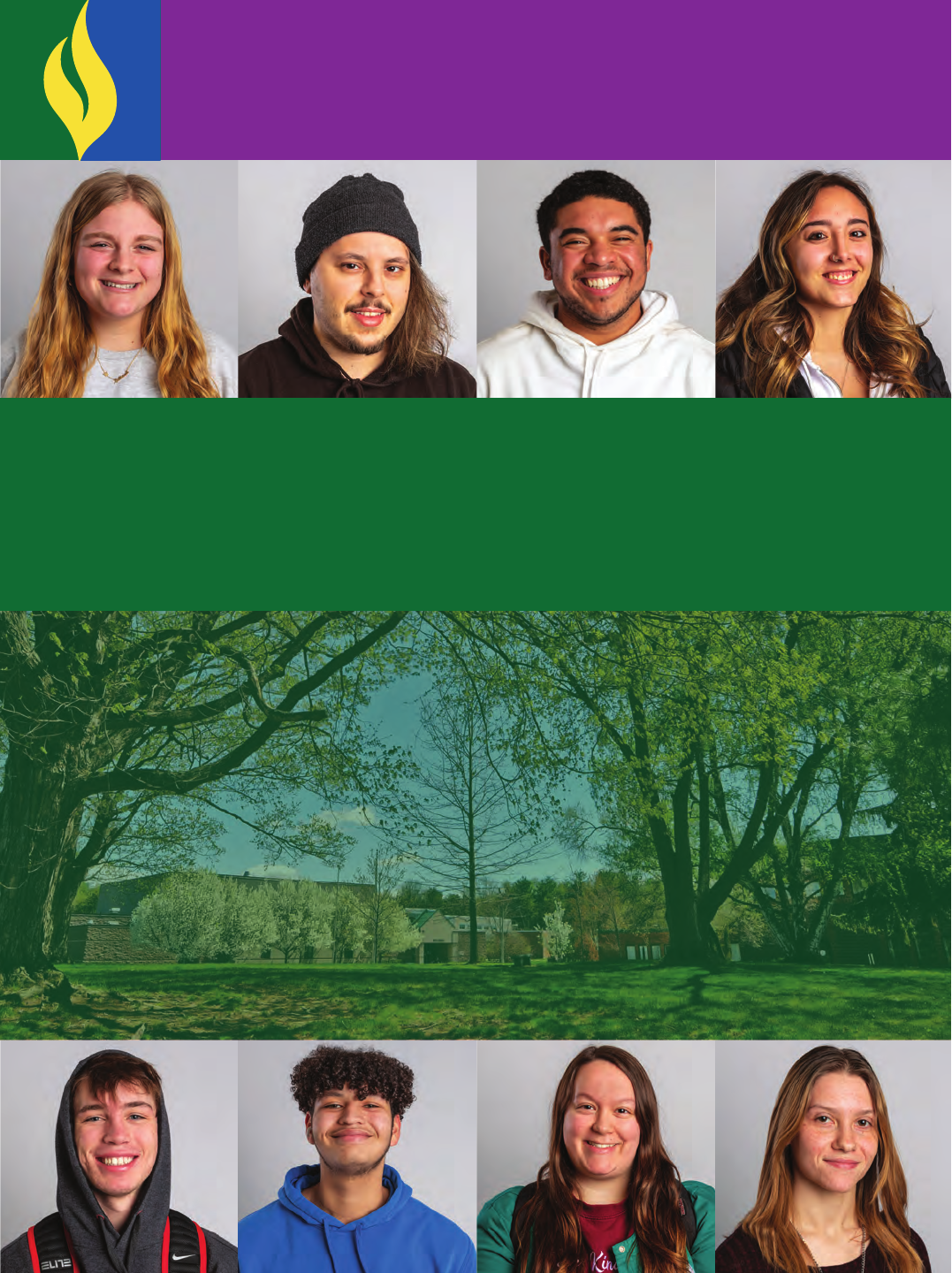
COLUMBIA-GREENE
COMMUNITY COLLEGE
REAL PEOPLE. REAL COMMUNITY.
2023–24
COLLEGE CATALOG
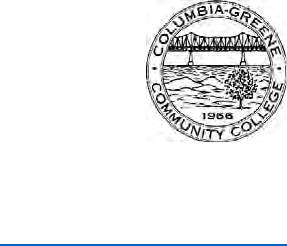
Columbia-Greene Community College
Academic Catalog 2023-2024
4400 Route 23 • Hudson, New York 12534
518.697.6400
518.822.2002 (Fax)
https://www.columbiagreene.edu/
A campus of the State University of New York and sponsored by the counties of Columbia and Greene.
Affirmative Action
The policy of Columbia-Greene Community College is to take affirmative action to provide equal opportunity in
admission, employment, and all College activities; to prohibit discrimination; and to promote the full realization of
equal opportunity. This policy of nondiscrimination applies to everyone, without regard to race, color, national origin,
religion, creed, age, disability, sex, gender identification, gender expression, sexual orientation, familial status,
pregnancy, predisposing genetic characteristics, military status, veteran status, domestic violence victim status,
criminal conviction in the administration of all College programs including employment. Employees, students, or
applicants may not be subjected to harassment that is prohibited by law, or treated adversely or retaliated against based
upon a protected characteristic.
Melissa Fandozzi, Director of Human Resources (518.697.6337), is the Affirmative Action Officer and Title IX
Coordinator.
Michael Phippen, Professor of Transitional Studies (518.697.6471), is the Section 504 Compliance Officer for New
York State Education Department Regulations.
Title IX
Title IX is a federal law that prohibits discrimination based on sex and gender, which includes sexual harassment and
sexual violence. This law requires Columbia-Greene Community College to establish a robust campus response to
combat sexual violence and harassment and respond to survivors' needs in order to ensure that all students have equal
access to education. Information about Sexual Violence Prevention / Response and the Sexual Violence Prevention
Report may be found on the website under "Student Life." Address questions and concerns to the Title IX Coordinator,
Melissa Fandozzi, at 518.697.6337.
Note: The College reserves the right at any time to make appropriate changes deemed advisable in the policies and
procedures contained in this publication. The college also reserves the right to cancel any course described in this or
any other college publication.
The Columbia-Greene Community College Catalog is published by the College Office of Academic Affairs.
Accreditations
Middle States Commission on Higher Education
1007 North Orange Street
4th Floor, MB #166
Wilmington, DE 19801
New York State Board of Regents
89 Washington Avenue
Room 110 EB
Albany, NY 12234
518.474.5889
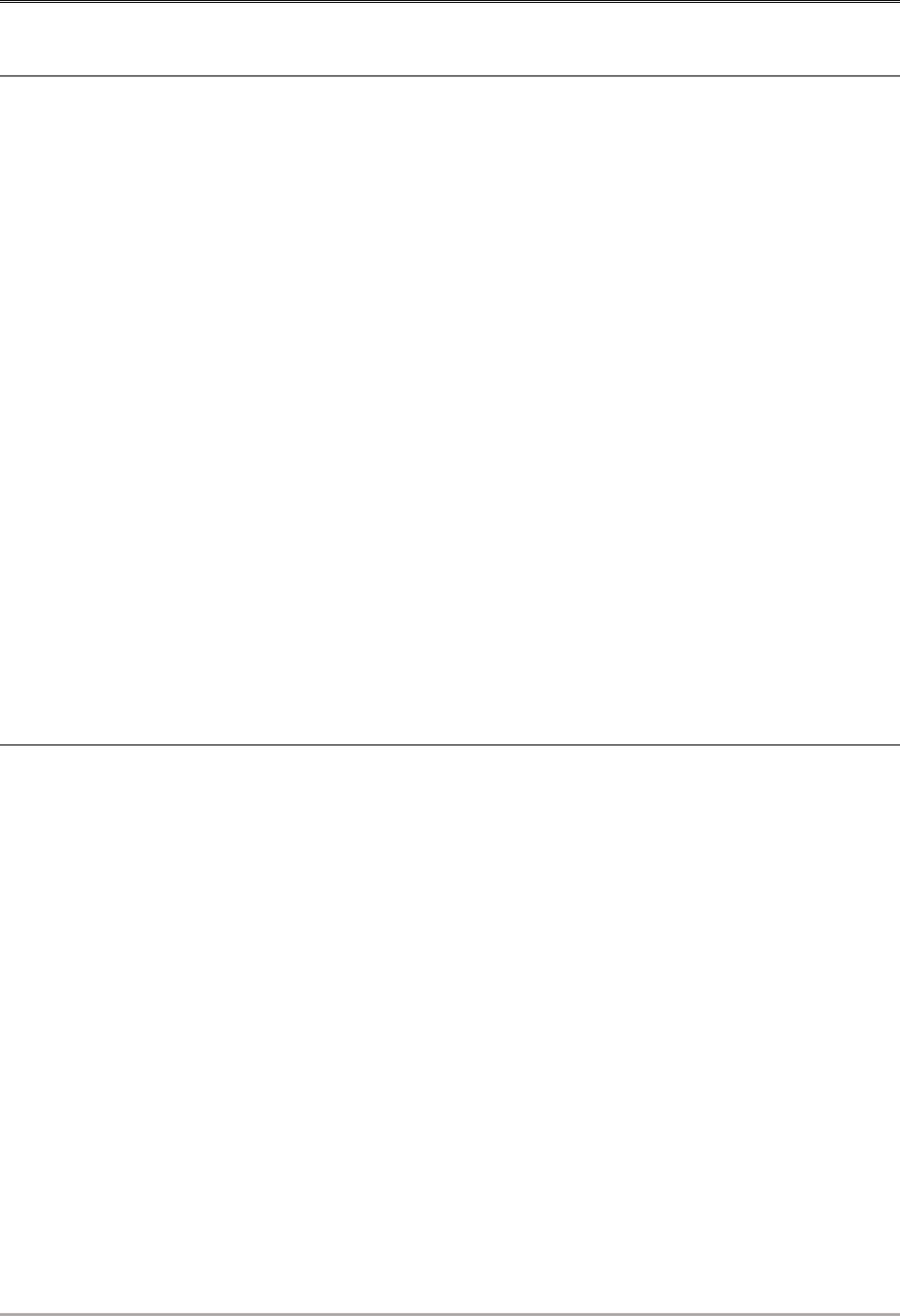
Columbia-Greene Community College 2023-2024 Catalog
2
Board of Trustees
Bryant Morales – Student Trustee
Bruce Bohnsack
Doreen Davis – Secretary
Kelly Konsul
Maryanne Lee – Vice Chair
Peter Markou
Charles Millar
Peter O’Hara – Chairman
Edward Schneier
Philip Abitabile – Trustee Emeritus
Richard Brooks – Trustee Emeritus
John Connor – Trustee Emeritus*
Florence Fielman – Trustee Emeritus
Claude Friday – Trustee Emeritus*
Jack Guterman – Trustee Emeritus*
Theodore Guterman – Trustee Emeritus
William Haltermann, Jr. – Trustee Emeritus
David Jacobs – Trustee Emeritus*
Anton Kasanof – Trustee Emeritus*
Rosemary Lewis – Trustee Emeritus
John Lynch – Trustee Emeritus*
Grace Mulbury – Trustee Emeritus*
Tamton Mustapha – Trustee Emeritus
Nancy Patzwahl – Trustee Emeritus
Joseph Phelan – Trustee Emeritus
Hugh Quigley – Trustee Emeritus
Carmi Rapport – Trustee Emeritus*
James Salerno – Trustee Emeritus*
Janet Schwarzenegger – Trustee Emeritus
Charles Shattenkirk – Trustee Emeritus*
Calvin Sheldon – Trustee Emeritus*
Barbara Slutzky – Trustee Emeritus
Martin Smith – Trustee Emeritus
Bruce Whittaker – Trustee Emeritus
Kenneth Wilber – Trustee Emeritus*
Jacinta Wildman-Keith – Trustee Emeritus
* deceased
Columbia-Greene Community College Foundation Board of Directors
Christine Cumming, Treasurer
Doreen Davis, Vice President, Board of
Trustees Representative
Anthony DeSantis
Dr. Carlee Drummer, College President
Patricia Gibson
Alan Gosule
Christian Kersten, Vice President
Charles Millar
The Honorable Jonathan Nichols
Peter O’Hara
Nicolette Sacco-Brown, President
Barbie Shaffer, Faculty Representative
Frances Spark
Matthew Wood
Joan Koweek, Executive Director
Christine Perry, Director of Development
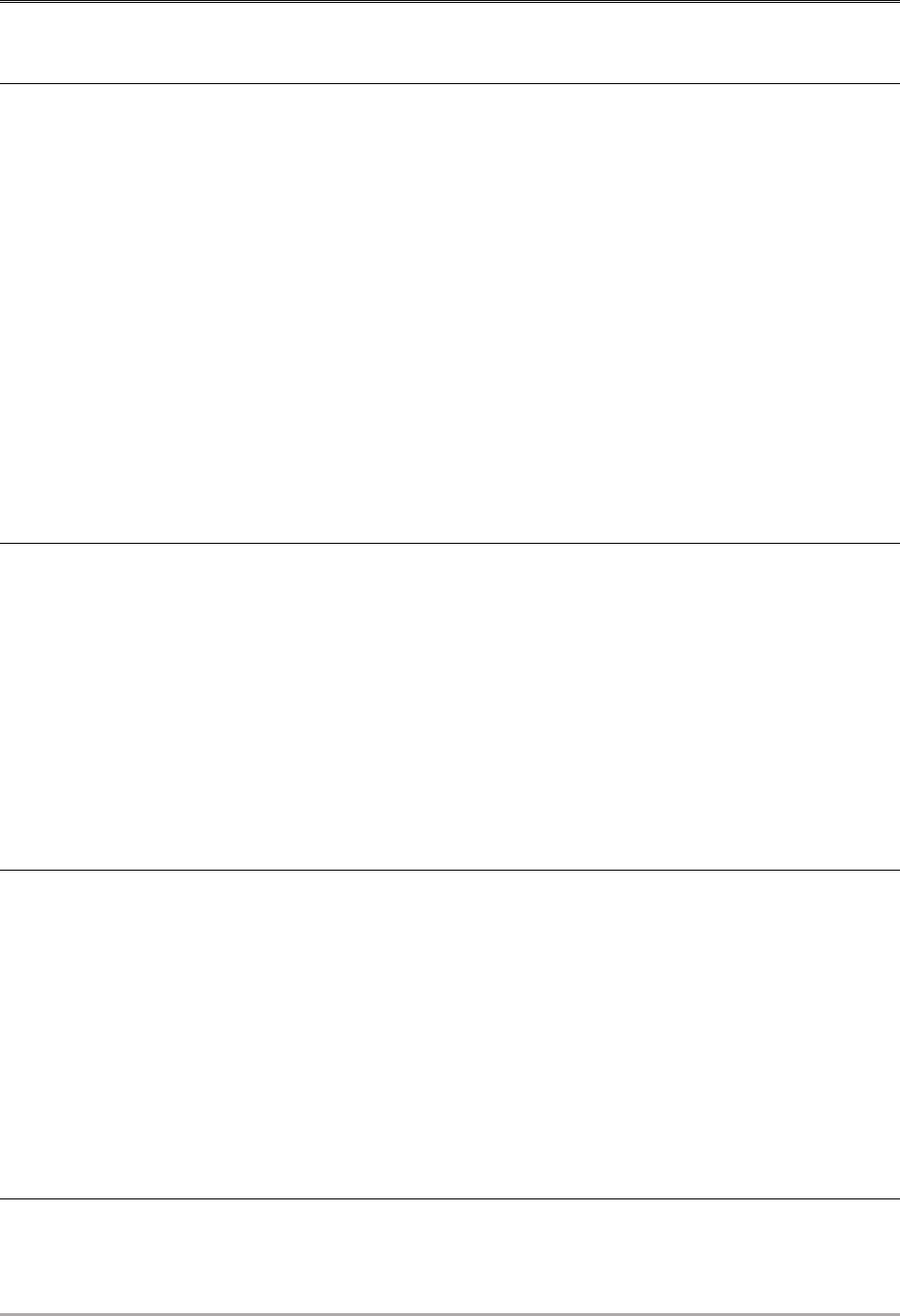
Columbia-Greene Community College 2023-2024 Catalog
3
Columbia County Board of Supervisors
Brenda Adams
Arthur Bassin
Michael Chameides
Donal Collins
Claire Cousin
Kathleen Eldridge
James Guzzi, Deputy Chairman
David Helsley
Tistrya Houghtling
Christian Kersten
Ronald Knott
Robert Lagonia, Deputy Chairman
Jeanne Mettler
Abdus Miah
Matt Murell – Chairman
Timothy Ooms
Linda Mussmann
John Reilly
Rick Scalera
Craig Simmons
Ryan Skoda
Raymond Staats
Clifford Wiegelt
Greene County Legislators
Edward Bloomer
Michael Bulich
Gregory Davis
Shaun S. Groden – County Administrator
Patricia Handel
Thomas Hobart
Daryl E. Legg
Harry A. Lennon
Patrick S. Linger – Chairman
Jay Lucas
Matthew Luvera
Charles A. Martinez
Linda H. Overbaugh
James Thorington
Sherry B. True
SUNY Board of Trustees
Dr. Merryl H. Tisch, Chairman
Cesar Perales, Vice Chairman
Joseph Belluck
Courtney Eagles Burke
Alexandria Chun, Student Assembly
Eric Corngold
Marcos Crespo
Robert Duffy
James Haddon
Keith Landa
Eunice A. Lewin
Stanley S. Litow
Edward Spiro
Cary Staller
Camille Joseph Varlack
Christy Woods
SUNY Chancellor’s Office
John B. King, Jr., J.D., Ed.D., Chancellor
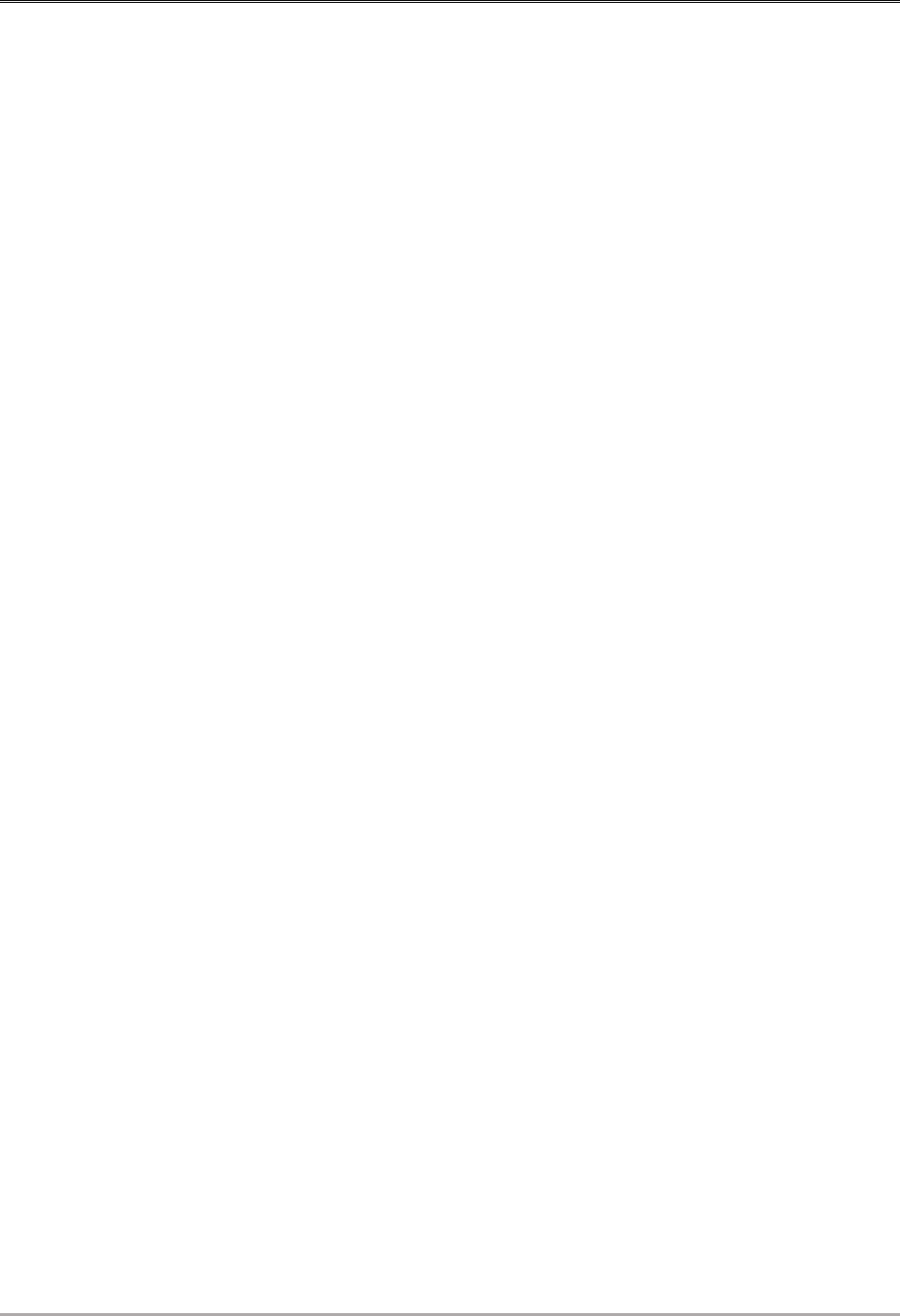
Columbia-Greene Community College 2023-2024 Catalog
4
Table of Contents
2023-2024 Academic Calendar ................................................................................................................... 6
General Information ..................................................................................................................................... 9
Community Engagement and Professional Development ........................................................................ 14
Admissions ................................................................................................................................................. 16
Academic Standards and Regulations ....................................................................................................... 29
Academic and Student Services ................................................................................................................. 44
Financial Aid .............................................................................................................................................. 50
Tuition and Fees ......................................................................................................................................... 64
Degree and Certificate Requirements ........................................................................................................ 69
Academic Divisions ................................................................................................................................... 77
Degree, Certificate and Microcredential Programs ................................................................................... 78
Automotive Technology ............................................................................................................................ 82
Automotive Technology (A.O.S.) ............................................................................................................. 84
Automotive Technology (Certificate) ....................................................................................................... 86
Business – Accounting (A.A.S.) ................................................................................................................ 88
Accounting Studies (Certificate) (Business) ............................................................................................. 90
Business A.A.S. (Online Delivery) ............................................................................................................ 92
Business – Business Administration (A.S.) ............................................................................................... 94
Business – Business Administration (A.A.S.) ........................................................................................... 96
Cannabis Careers (Certificate) ................................................................................................................... 98
Computer Science (A.S.) ......................................................................................................................... 100
Cyber Security/Digital Forensics (A.S.) .................................................................................................. 102
Construction Technology/Preservation Carpentry (Certificate) ............................................................. 104
Criminal Justice (A.A.) ............................................................................................................................ 107
Criminal Justice (A.A.S.) ......................................................................................................................... 109
Teacher Education Program ..................................................................................................................... 111
Jointly Registered Teacher Education Program with SUNY New Paltz ................................................ 112
Jointly Registered Teacher Education Program with SUNY New Paltz/Mathematics and
Science (A.S.) .................................................................................................................................... 113
Jointly Registered Teacher Education Program with SUNY New Paltz/Mathematics and
Science (A.S.) .................................................................................................................................... 115
Jointly Registered Teacher Education Program with SUNY New Paltz/Humanities (A.A.) ................ 117
Jointly Registered Teacher Education Program with SUNY New Paltz/Social Science (A.A.) ........... 119
Jointly Registered Teacher Education Program with SUNY New Paltz/Certification Option
Childhood ........................................................................................................................................... 121
Jointly Registered Teacher Education Program with SUNY New Paltz/Mathematics and
Science (A.S.) .................................................................................................................................... 122
Jointly Registered Teacher Education Program with SUNY New Paltz/Mathematics and
Science (A.S.) .................................................................................................................................... 124
Jointly Registered Teacher Education Program with SUNY New Paltz/Humanities (A.A.) ................ 126
Jointly Registered Teacher Education Program with SUNY New Paltz/Social Science (A.A.) ........... 128
Jointly Registered Teacher Education Program with SUNY New Paltz/Mathematics and
Science (A.S.) .................................................................................................................................... 130
Jointly Registered Teacher Education Program with SUNY New Paltz/Certification Option Adolescence .. 132
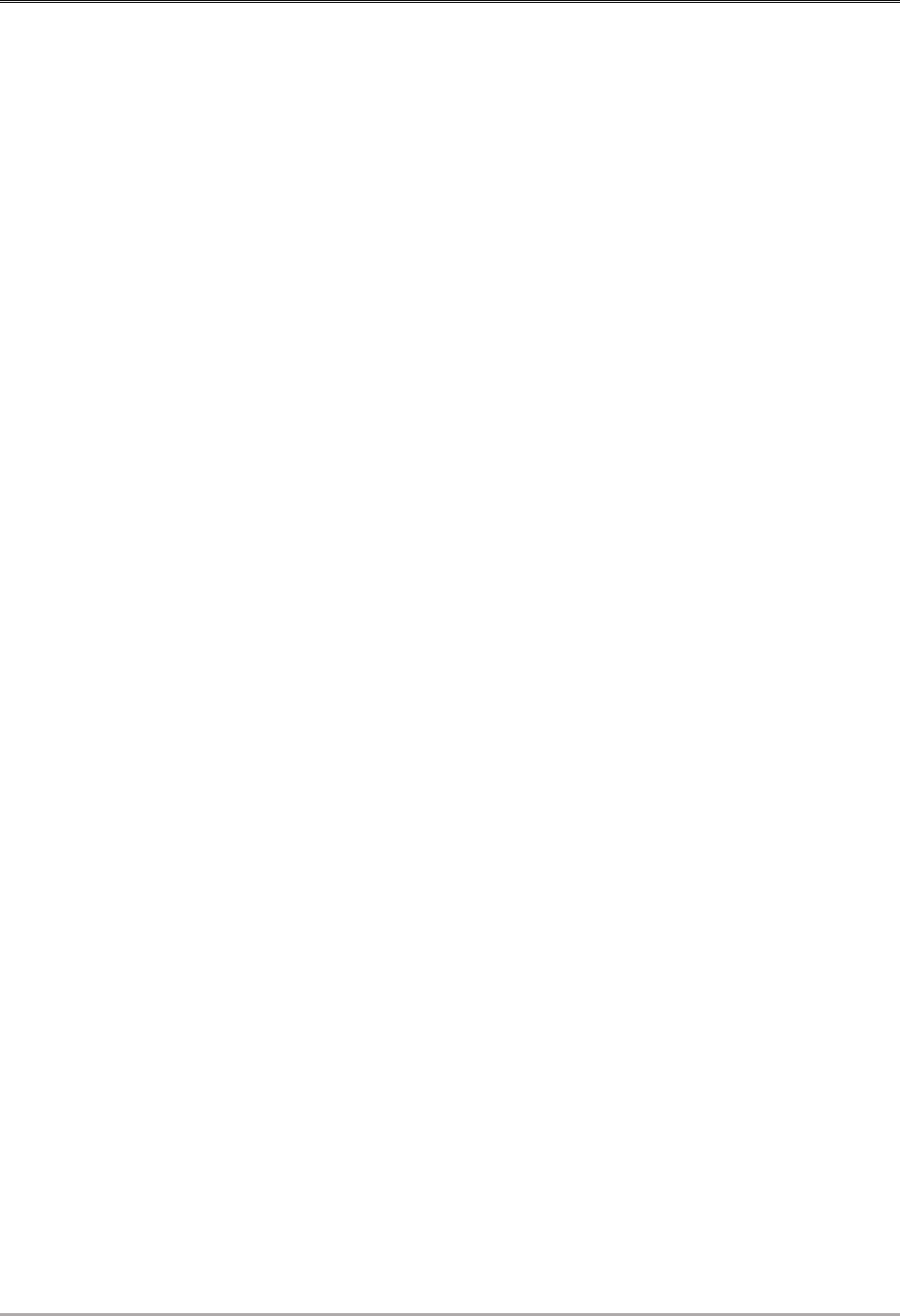
Columbia-Greene Community College 2023-2024 Catalog
5
Environmental Biology (A.S.) ................................................................................................................. 133
Fine Arts (A.A.) ....................................................................................................................................... 135
Human Services (A.S.) ............................................................................................................................. 137
Individual Studies (A.A.) ......................................................................................................................... 139
Individual Studies (A.S.) .......................................................................................................................... 140
Individual Studies (A.A.S.) ...................................................................................................................... 141
Individual Studies (A.O.S.) Automotive Technology Concentration; Business/Accounting
Concentration; Computer Science Concentration; Construction Technology Concentration;
Police Basic Training Concentration ................................................................................................ 142
Liberal Arts and Science–Humanities (A.A.) ......................................................................................... 144
Liberal Arts and Science–Humanities (A.A.) Communication Concentration ...................................... 146
Liberal Arts and Science – Mathematics/Science (A.S.) ........................................................................ 148
Liberal Arts and Science – Mathematics/Science (A.S.) Health Concentrations ................................. 150
Liberal Arts and Science – Mathematics/Science (A.S.) Health Sciences Concentration .................... 151
Liberal Arts and Science – Mathematics/Science (A.S.) Chiropractic Medicine Concentration ......... 153
Liberal Arts and Science – Mathematics/Science (A.S.) Medical Imaging/Radiography X-ray or
Ultrasound Concentration .................................................................................................................. 155
Liberal Arts and Science – Mathematics/Science (A.S.) Physical Therapy Concentration ................. 157
Liberal Arts and Science – Mathematics/Science (A.S.) Occupational Therapy Concentration ......... 159
Liberal Arts and Science – Mathematics/Science (A.S.) Pharmacy Concentration.............................. 161
Liberal Arts and Science – Mathematics/Science (A.S.) Pharmacy Concentration.............................. 162
Liberal Arts and Science – Mathematics/Science (A.S.) Physician Assistant Concentration .............. 163
Liberal Arts and Science–Social Science (A.A.) .................................................................................... 165
Liberal Arts and Science–Social Science (A.A.) Psychology Concentration ....................................... 167
Liberal Arts and Science–Social Science (A.A.) History Concentration .............................................. 169
Liberal Arts and Science–Social Science (A.A.) History Concentration .............................................. 170
Medical Assisting (A.A.S.) ...................................................................................................................... 171
Medical Office Assistant (Certificate) ..................................................................................................... 176
Nursing (A.S.) .......................................................................................................................................... 178
Police Basic Training (Certificate) .......................................................................................................... 191
Teaching Assistant (Certificate) .............................................................................................................. 193
Microcredentials ....................................................................................................................................... 195
Cannabis Cultivation and Processing Microcredential ..................................................................... 195
Cannabis Retail and Sales Microcredential ...................................................................................... 196
Civic Engagement and Leadership Microcredential ........................................................................ 197
Customer Skills for Professions Microcredential ............................................................................. 198
Foundations of Diversity, Equity and Inclusion (DEI) Microcredential ......................................... 199
Health Care Facilitator Microcredential............................................................................................ 200
Small Business Microcredential ........................................................................................................ 201
Workplace Professionalism Microcredential .................................................................................... 202
Course Descriptions ................................................................................................................................. 203
State University of New York ................................................................................................................. 263
Disclosure of Completion, Persistence, and Transfer Rates ................................................................... 265
Index ......................................................................................................................................................... 266
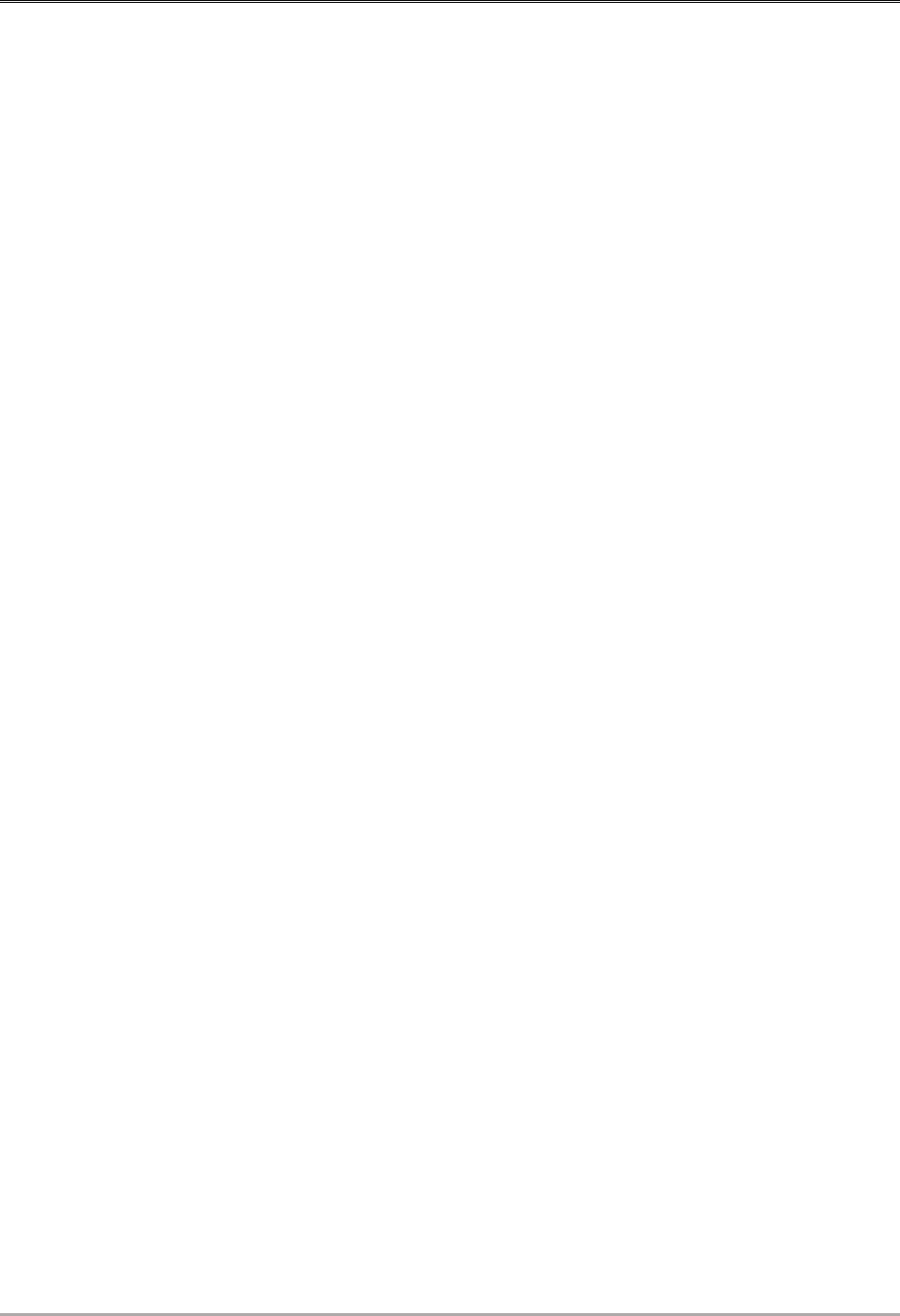
Columbia-Greene Community College 2023-2024 Catalog
6
2023-2024 Academic Calendar
Fall 2023
July 28 .................................Last day to submit an Academic Appeal
August 22 ............................All College meeting
August 23 ............................Faculty meeting
August 25 ............................New Student Orientation
August 25 ............................Last day to submit an Academic Appeal (Summer dismissals only)
August 28 ............................First day of Fall 2023 classes
September 3 ........................Last day to add Fall 2023 classes
September 4 ........................Labor Day – NO CLASSES - COLLEGE CLOSED
September 5 ........................Last day to add Fall 2023 classes
September 18 ......................Last day to drop Fall 2023 classes
September 19 ......................Census Date
October 9 .............................Indigenous Peoples’ Day – NO CLASSES - COLLEGE OPEN
October 10 ...........................Classes resume: Follow Monday class schedule
October 16 ...........................Matriculated students make appointments to register for Spring 2024
October 16 ...........................Incomplete grades due from Summer 2023
October 23 ...........................Matriculated students begin registering for Spring 2024
October 30 ...........................Non-matriculated students begin registering for Spring 2024
November 6 .........................Last day to withdraw from Fall 2023 classes
November 10 .......................Veterans Day – COLLEGE OPEN - CLASSES HELD
November 22 – 24 ...............Thanksgiving – NO CLASSES - COLLEGE CLOSED
December 11 .......................Last day of classes
December 12 .......................Reading day
December 13 .......................Exam day
December 14 .......................Exam day
December 18 .......................Grades due – 12 p.m.
December 23, 2023 –
January 1, 2024 ...............COLLEGE CLOSED
Incomplete Grades due from Fall 2023: February 12, 2024
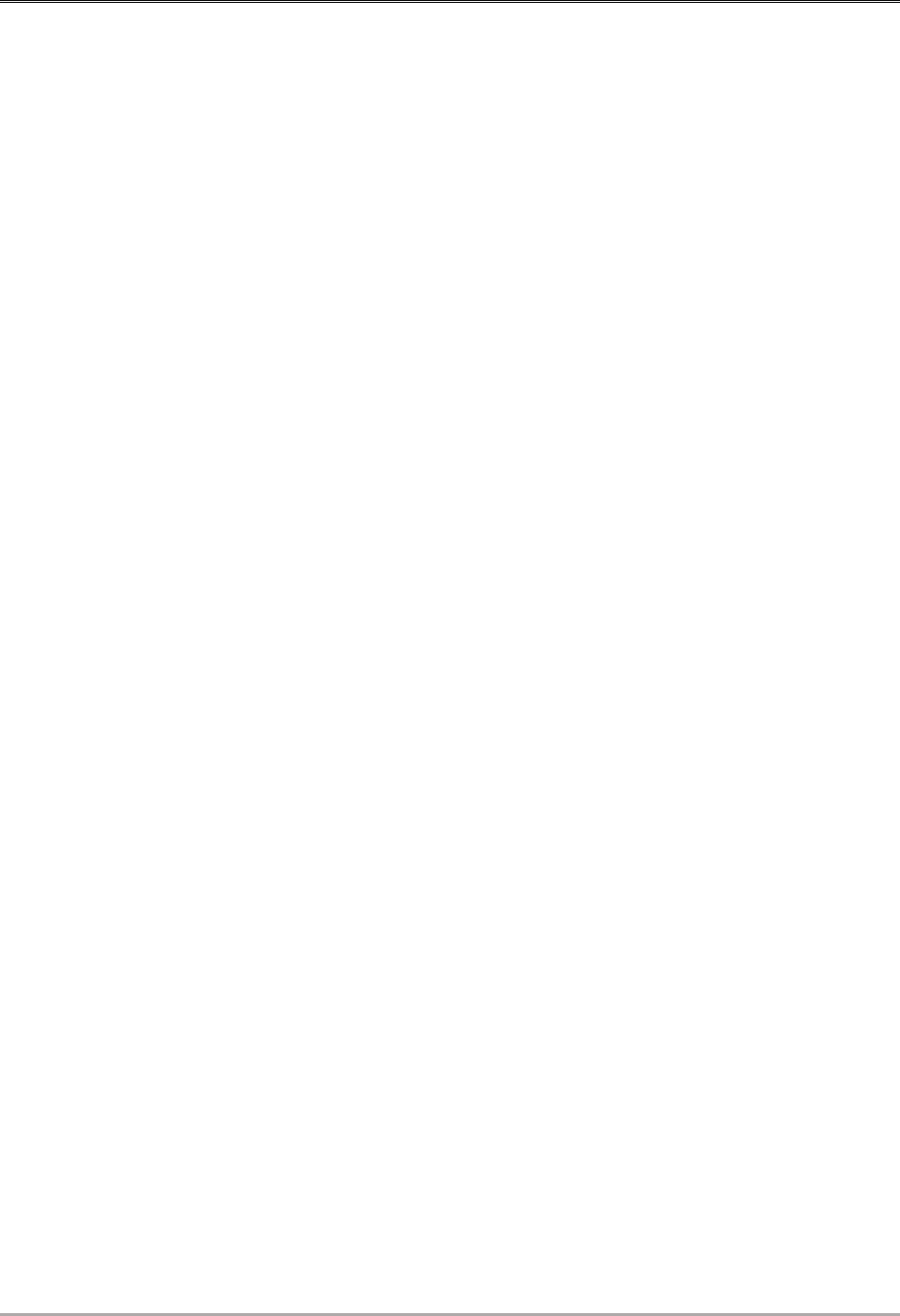
Columbia-Greene Community College 2023-2024 Catalog
7
Spring 2024
January 2 .............................COLLEGE OPEN
January 5 .............................Last day to submit an Academic Appeal
January 9 .............................All College Meeting
January 15 ...........................Martin Luther King Jr. Day – NO CLASSES – COLLEGE CLOSED
January 16 ...........................First day of Spring 2024 classes
January 22 ...........................Last day to add Spring 2024 classes
February 5 ...........................Last day to drop Spring 2024 classes
February 6 ...........................Census Date
February 12 .........................Incomplete grades due from Fall 2023
February 19 .........................Presidents Day – NO CLASSES – COLLEGE CLOSED
March 4 ...............................Matriculated students make appointments to register for Summer &
Fall 2024
March 11 – March 17 ..........Spring Break – COLLEGE OPEN – NO CLASSES
March 18 .............................Matriculated students begin registering for Summer & Fall 2024
April 1 .................................Non-matriculated students begin registering for Summer & Fall 2024
April 2 .................................Last day to withdraw from Spring 2024 classes
May 6 ..................................Last day of classes
May 7 ..................................Exam day
May 8 ..................................Exam day
May 9 ..................................Grades due by 4 PM
May 10 ................................Nurses' Pinning ceremony (proposed)
May 11 ................................Commencement - 10 a.m.
Incomplete grades due from Spring 2024: July 9, 2024

Columbia-Greene Community College 2023-2024 Catalog
8
Summer 2024
May 13 .......................First day of Summer I classes
May 13 .......................Last day to add Summer I classes 5/13 - 6/20
May 21 .......................Last day to drop Summer I classes
May 22 .......................Census Date for Summer I classes
May 27 .......................Memorial Day – NO CLASSES – COLLEGE CLOSED
June 10 .......................Last day to withdraw from Summer I classes
June 20 .......................Last Day of Summer I classes
June 24 .......................Grades Due for Summer I classes - 10 a.m.
June 27 .......................Juneteenth Observance – NO CLASSES – COLLEGE CLOSED
June 28 – July 7..........NO CLASSES – COLLEGE CLOSED
July 8 ..........................First day of Summer II classes running 7/8 - 8/15
July 8 ..........................Last day to add Summer II classes
July 9 ..........................Incomplete grades due from Spring 2024
July 16 ........................Last day to drop Summer II classes
July 17 ........................Census Date
August 5 .....................Last day to withdraw from Summer II classes
August 15 ...................Last day of Summer II classes
August 19 ...................Grades due for Summer 2024 - 10 a.m.
Incomplete grades due from Summer 2024: October 18, 2024
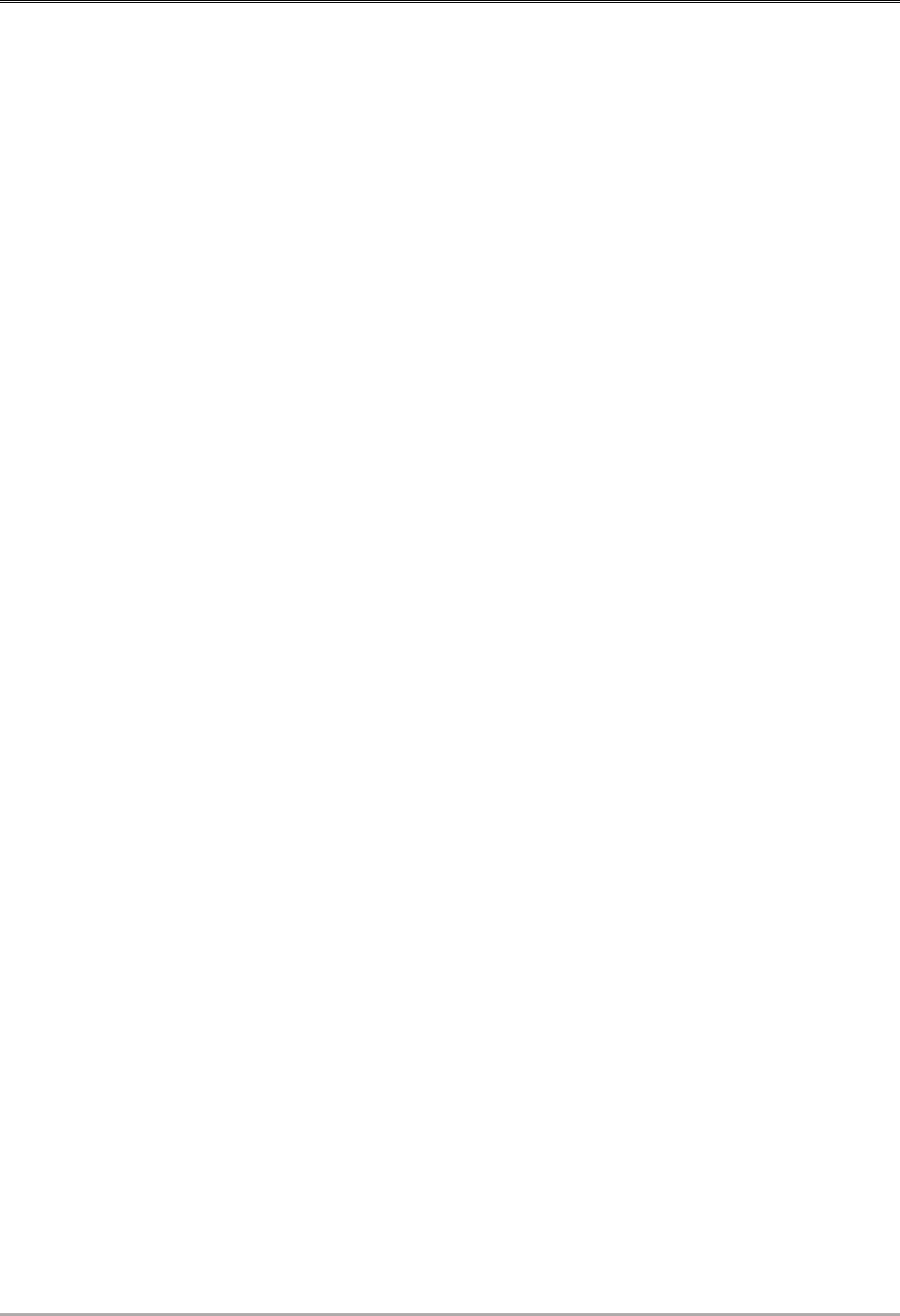
Columbia-Greene Community College 2023-2024 Catalog
9
General Information
Columbia-Greene Community College, a
campus of the State University of New York,
is a comprehensive two-year college offering
a variety of transfer and career programs
leading to the degrees of Associate in Arts,
Associate in Science, Associate in Applied
Science, and Associate in Occupational
Studies as well as one-year certificate
programs and specialized courses geared to
community interest.
Columbia-Greene is situated on a picturesque
campus near the banks of the Hudson River,
bordered on the west by the Catskill
Mountains and to the east by the Taconic and
Berkshire Hills. Students can enjoy the
benefits of a rural campus while taking
advantage of cultural opportunities in nearby
Albany, the Berkshires, and New York City.
The college offers a quality education through
its dedicated faculty, who have received a
high degree of professional recognition.
Campus life is full and varied, as exemplified
by student clubs, activities, and sports on all
levels. The campus atmosphere is friendly and
safe. Student backgrounds and hometowns are
diverse, leading to a stimulating and
challenging environment. With forty-three
quality degree and certificate programs, a
distinguished faculty, and a beautiful campus,
Columbia-Greene is an excellent place to
attend college.
Normal weekday hours of operation of the
College: 7:30 a.m. to 10:30 p.m. Weekends:
(Saturday and Sunday) 7:30 a.m. to 5:00 p.m.
Vision
Columbia-Greene Community College seeks
to inspire our community and create lifelong
learners.
Values
Columbia-Greene Community College
models the following values:
• Service based on a foundation of
empathy, caring, and compassion;
• Knowledge that includes critical
judgement;
• Transformation to promote personal
growth;
• Commitment to the communities
served;
• Purpose and passion as principles for
decisions and actions; and
• Respect, integrity, and inclusiveness
as attributes of morality and justice.
Mission
Columbia-Greene Community College offers
individualized guidance in a respectful
learning environment, inspiring students to
reach their academic goals and become
engaged citizens..
Goals
In meeting the responsibilities of a
comprehensive community college,
Columbia-Greene has developed the
following institutional goals:
1. Academic Programs: Annually analyze
and develop academic offerings that
respond to diverse student needs and meet
local market demands.
2. Equity, Diversity, and Inclusion: Increase
the level of commitment to be a more
culturally competent and responsive
institution that acknowledges, respects,
and celebrates identity, background, and
idea expression.
3. Enrollment: Increase the College’s overall
enrollment by an annual average of five
percent over the three years of the plan by
expanding marketing, recruitment, and

Columbia-Greene Community College 2023-2024 Catalog
10
retention efforts to attain a more diverse
student body.
4. Student Success: Provide all students with
a holistic educational experience which
supports persistence, retention, and goal
completion.
5. Technical and Computing Environment:
Leverage technology to improve operating
efficiency and provide resources to
support a first-rate experience.
Academic Philosophy
The College’s academic philosophy is an
extension of its mission and goals. C-GCC
provides students with knowledge and skills
that will serve as the basis for a productive and
insightful life. As a democratizing force, the
College empowers its students to become
engaged citizens and lifelong learners, able to
demonstrate the following institutional
learning outcomes:
• Communicate effectively through
writing, speaking, and creative
expression;
• Employ scientific and quantitative
reasoning to engage in critical analysis
and make evidence-based decisions;
• Use established and emerging
technologies to identify and apply
information;
• Recognize and consider a diversity of
values and ethical beliefs; and
• Learn how to become actively
engaged citizens in the communities
they serve.
Sponsors
The College is sponsored locally by the
counties of Greene and Columbia through the
Greene County Legislature and the Columbia
County Board of Supervisors (see page 3).
Accreditation of the College
Columbia-Greene Community College is
accredited by the Middle States Commission
on Higher Education, 1007 North Orange
Street, 4th Floor, MB #166, Wilmington, DE
19801, www.msche.org. The MSCHE is an
institutional accrediting agency recognized by
the U.S. Secretary of Education and the
Council for Higher Education Accreditation
(CHEA). The college’s nursing curriculum is
accredited by the Accreditation Commission
for Education in Nursing (formerly known as
The National League of Nursing Accrediting
Commission). The college’s automotive
curriculum is accredited by (ASE)
Automotive Service Excellence Education
Foundation as M.A.S.T. Programs (Master
Automotive Service Training).
The curricula offered by Columbia-Greene
Community College are approved by the State
University of New York and registered by the
New York State Education Department. The
college is authorized to award the degrees of
Associate in Arts, Associate in Science,
Associate in Applied Science, and Associate
in Occupational Studies, as well as
certificates, as established by the Board of
Regents of the University of the State of New
York.
Inquiries can be made to: The New York State
Education Department, Office of Higher
Education and the Professions, Cultural
Education Center, Room 5B28, Albany, NY
12230; 518.474.5851.
The Community
Located in the Hudson River Valley,
Columbia-Greene Community College is
surrounded by one of the Northeast’s most
scenic and historic areas. Thirty miles south of
Albany and 110 miles north of New York
City, the landscape is dominated by the
verdant Catskill Mountains to the west and the
rolling Taconic and Berkshire Hills to the east.
Being near the state capital and New York
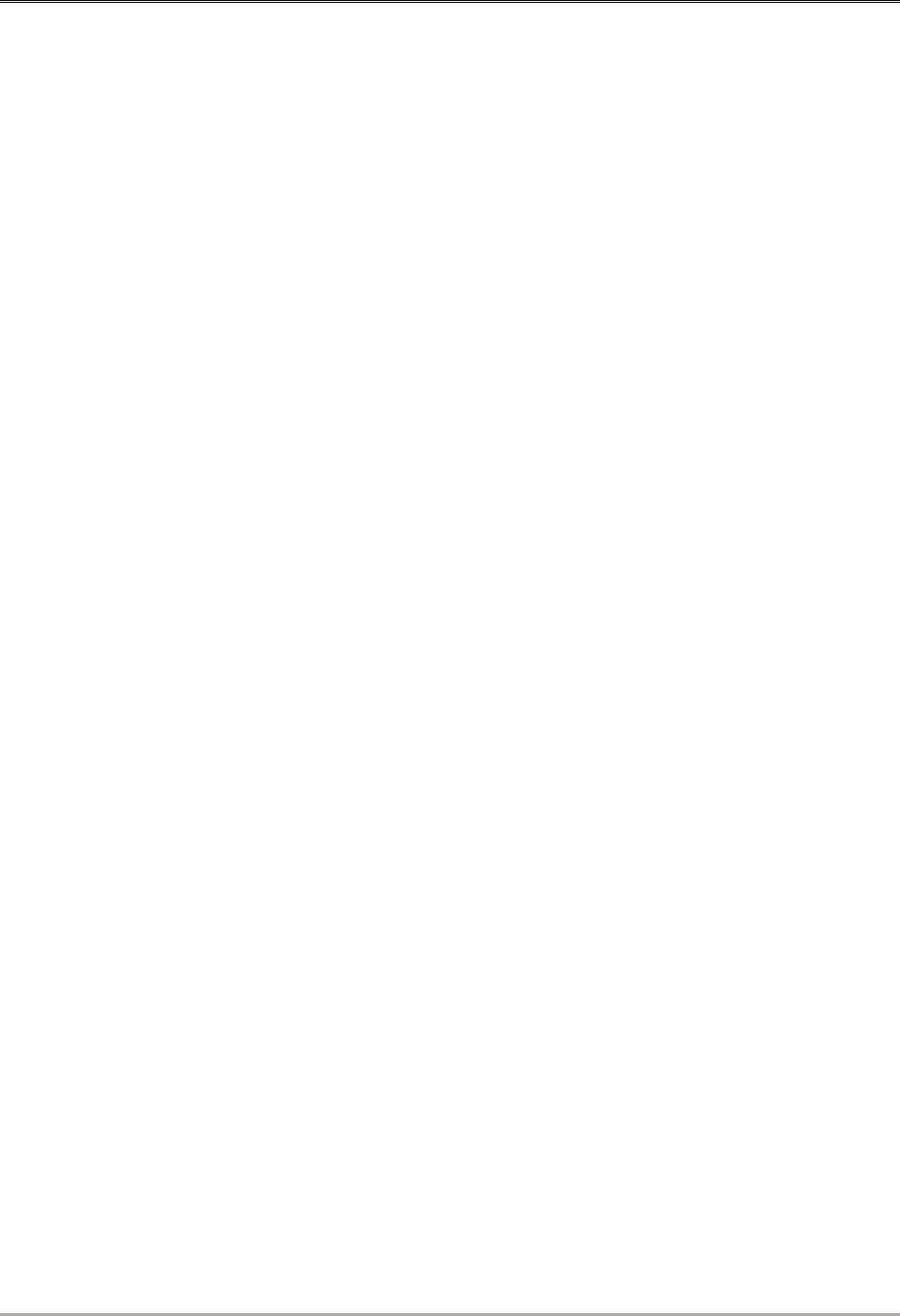
Columbia-Greene Community College 2023-2024 Catalog
11
City, the area offers a wide variety of cultural
opportunities.
It is an area rich in the history of the early
settlement of America. The legends of the
Native Americans and Dutch settlers of the
region often find their way into history and
literature courses at the college. Many of the
residences in use today date back to the 1700s
and early 1800s. Historical museums such as
the Bronck House, the Van Alen House,
Lindenwald, the Pratt Museum, the Durham
Center Museum, the House of History, the
Shaker Museum, and the American Museum
of Fire Fighting are all within a short drive of
the campus.
Olana, the Moorish castle-like dwelling of the
renowned nineteenth-century artist Frederic
Church and now a state-owned landmark, is
adjacent to the C-GCC campus and only a
brief walk away. There, students can view
paintings by Church and his instructor,
Thomas Cole, along with Church’s impressive
collections gathered during his world travels.
Columbia and Greene Counties abound in
outdoor recreational resources. North Lake,
Devil’s Tombstone, Lake Taghkanic, and
Bash-Bish Falls all offer public campgrounds
and facilities. Three major ski areas – Hunter
Mountain, Catamount, and Ski-Windham –
are each within a thirty-minute drive from the
campus. The Hudson River and more than
twenty lakes provide excellent boating and
fishing. Nearby golf courses, tennis courts,
and athletic fields are also available to
students.
College Campus
The Columbia-Greene campus includes five
academic buildings – the Main Building, the
Arts Center, the Technology Center, the
Professional Academic Center, the
Construction Technology Building – and the
Day Care Center.
Main Building
The Main Building houses science and
nursing labs, computer classrooms, and
learning resource and student services centers.
The facility also houses a library, gymnasium,
student center, and faculty and administrative
offices.
Arts Center
Built in the postmodern style, the Arts Center
provides a creative setting in which to study
the fine and performing arts. With a 450-seat
theater at its core, the gabled building features
sky-lit studio spaces for painting and sculpture
as well as a ceramics studio. The airy structure
also includes a dance studio, several teaching
classrooms, and the Foundation Art Gallery.
The theater, which is equipped with
professional lighting and sound systems, is
designed to accommodate full-scale dramas
and musicals as well as live concerts.
Technology Center
The Technology Center, also of postmodern
architecture, is the focal point of the College’s
programs in automotive technology. While
introductory courses cover all types of
vehicles, specialized programs offer students
a closer look at specific manufacturers, such
as Toyota, Lexus and Subaru. This building is
outfitted with appropriate tools and equipment
to train our students to become certified entry-
level technicians. The Technology Center is
also home to the College's Medical Assisting
program.
Professional Academic Center
Opened in 2007, the Professional Academic
Center completes the campus quadrangle at C-
GCC. A workforce-related facility, the PAC is
home to the Columbia-Greene Workforce
New York Career Center, which includes a
New York State Department of Labor
Resource Room. The two-story structure,
which offers breathtaking views of the
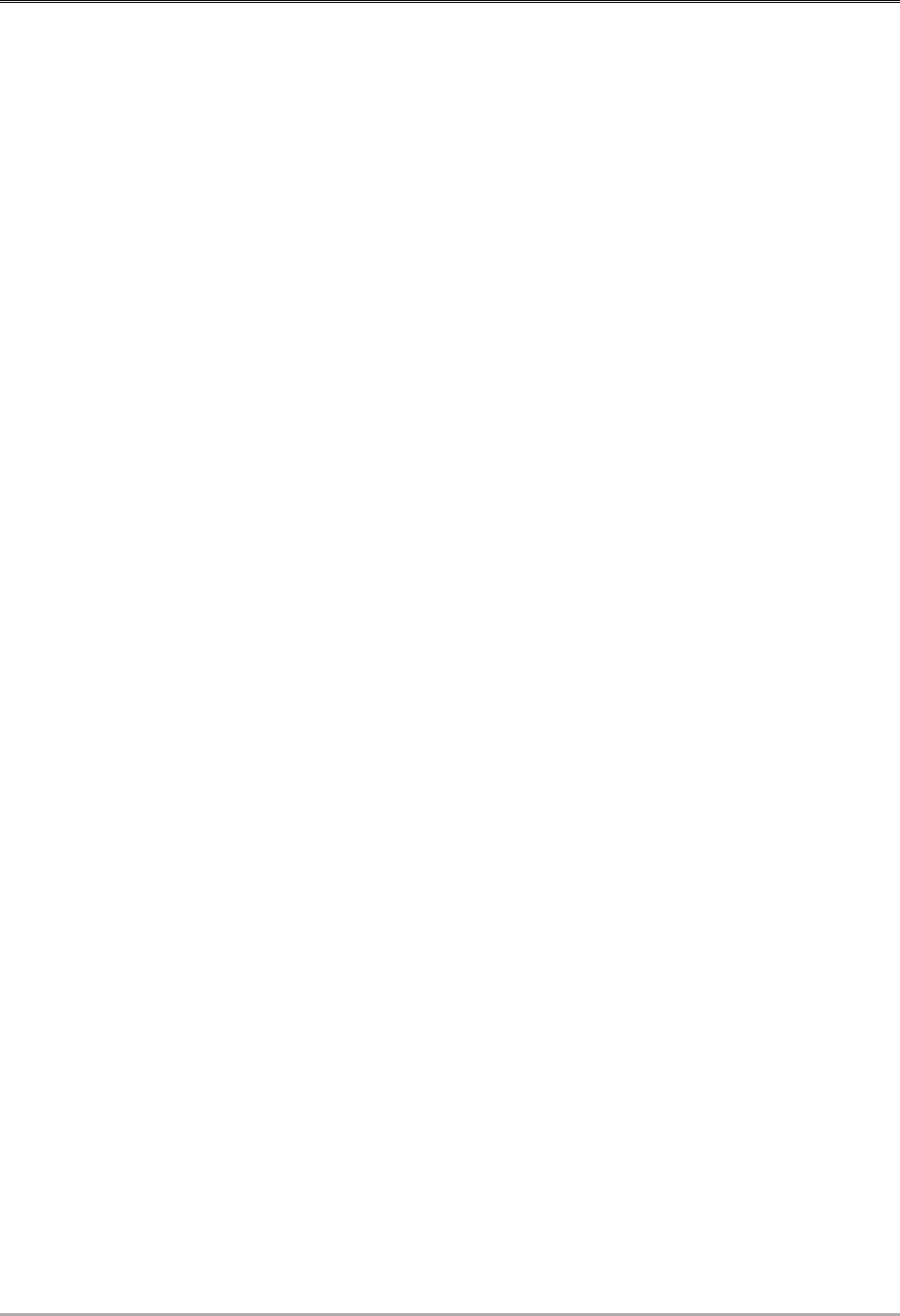
Columbia-Greene Community College 2023-2024 Catalog
12
campus, also houses the Saland Forum –
named in honor of former state Senator
Stephen Saland, seminar rooms, classrooms,
and the Alumni Gallery.
Construction Technology Building
In 2018, Columbia-Greene Community
College broke ground on the Construction
Technology Building as part of a larger, three-
phase, $20 million capital expansion project,
the College's first in over a decade. Completed
in 2019, the Construction Technology
Building is located just south of the
Technology Center on campus and features
architecture similar to the rest of the campus.
The building houses the College’s
Construction Technology/Preservation
Carpentry Certificate program, which trains
students to construct and renovate residential
properties through valuable hands-on
experience, using current and emerging
practices in the field.
The Hudson River Environmental Field
Station
The Hudson River Environmental Field
Station at Cohotate Preserve, Greene County
Environmental Education Center, is on the
west bank of the Hudson River approximately
two miles north of the Rip Van Winkle
Bridge. The field station serves as a college
laboratory and classroom as well as a study
and research center.
The purpose of the river field station is
fourfold:
1. Expand the laboratory resources and
teaching capability of the Division of
Math and Science
2. Provide extracurricular study
opportunities for area grade school and
secondary school students
3. Establish a river research facility for
grant-funded projects, and
4. Provide an ecological study and research
center to support efforts to improve the
Hudson River environment.
The field station serves as a laboratory annex
for General Ecology, Hudson River Ecology,
and Environmental Science classes on
campus. The college offers an associate
degree in environmental science. Groups of
grade school children also take part in daylong
workshops that introduce them to species in
and around the waterway.
The college has participated in a research
project involving the infestation of zebra
mussels into the Hudson River water system
and its effect on the river’s native macro-
invertebrate populations.
Galleries
The college houses five art galleries: the
Kaaterskill Gallery adjacent to the Library,
the Blue Hill Gallery at the main entrance; the
Belknap Memorial Gallery in the
Administrative Wing; the Foundation Gallery
in the Arts Center; and the Alumni Gallery in
the Professional Academic Center.
Exhibits in the Kaaterskill Gallery and the
Blue Hill Gallery are changed monthly; in the
Foundation Gallery, three times a semester.
All galleries contain a diverse mixture of
works by area artists and students. The
Belknap Gallery contains works from the
college’s collection, which also appear at
other locations on campus on a rotating basis.
Located in the Arts Center, the Foundation
Gallery is a locus of discussion and
enrichment. The gallery is the principal
exhibition space of the Fine Arts Department,
which is dedicated to the goal of excellence in
the arts. Work from both professional artists
and students are exhibited in the gallery,
exposing the college community to a wide
range of artistic endeavors.
Lastly, the Alumni Gallery houses special
exhibits.
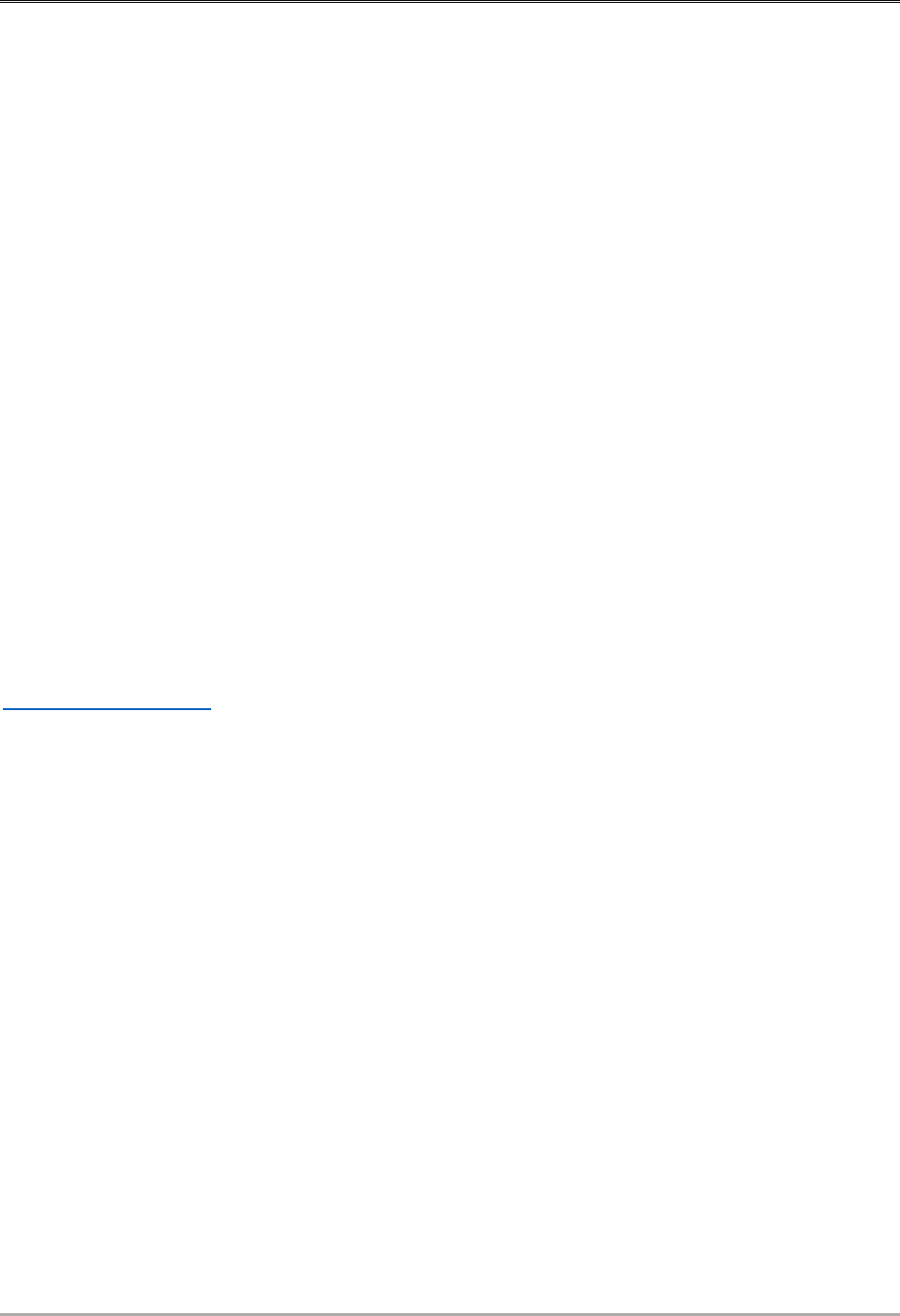
Columbia-Greene Community College 2023-2024 Catalog
13
The college strives for diversity of exhibits as
a part of its effort to provide cultural
enrichment for the community.
Alumni Association
The C-GCC Alumni Association, formed in
1999 and currently under the direction of the
Alumni Association Board of Directors, has
the following objectives: to encourage
prospective students to apply to the college, to
award scholarships to help C-GCC students
achieve their goals, to recognize the
achievements of C-GCC graduates, and to
promote the continued involvement of alumni
in campus life.
The Association presents annual awards to
graduates and holds various fundraising
events throughout the year.
Anyone who holds a certificate or degree from
C-GCC is a member of the Alumni
Association. For further information on
membership, volunteering time, or the annual
awards program, call the Alumni Office at
518.697.6369 or email
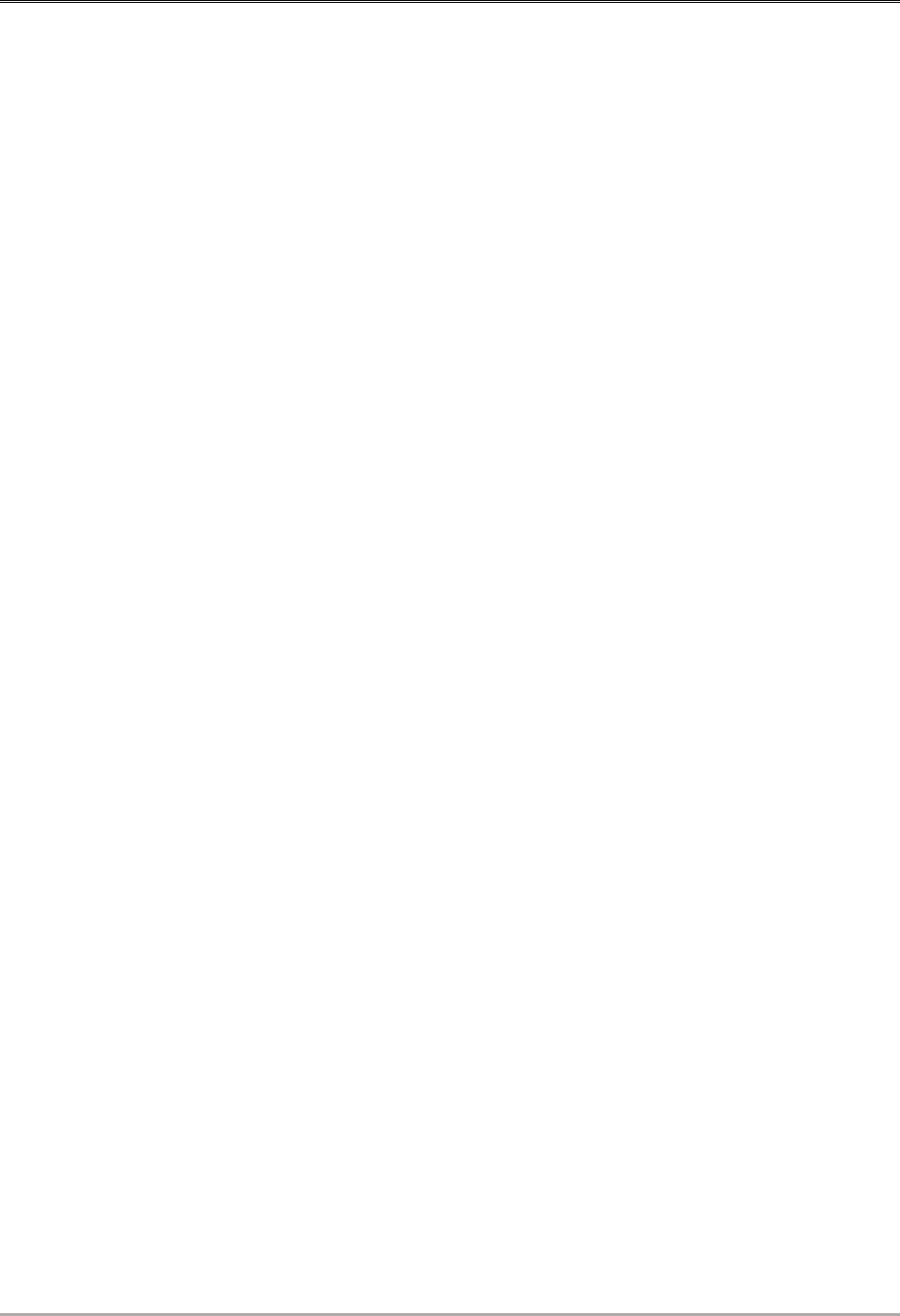
Columbia-Greene Community College 2023-2024 Catalog
14
Community Engagement and Professional Development
The Office of Community Engagement and
Professional Development provides varied
educational, vocational, personal interest, and
cultural opportunities. The program, one of
the most innovative in the State University
system, strives to meet the lifelong learning
and personal enrichment needs of area
residents by offering non-credit courses,
training programs, workshops, camps,
community events, and a highly acclaimed
concert/lecture program, which is part of
CoGreene Presents. For more information,
call 518.697.6370.
Non-credit Courses
The non-credit program provides a wide array
of courses and workshops intended to meet
the personal enrichment and lifelong learning
needs of the general public. Areas of
instruction include arts and crafts, computer
literacy and software application skills,
personal finance, health and personal
development, professional development and
topics of special interest such as music and
dance, defensive driving, foreign language,
motorcycle and boating safety, and outdoor
activities. The non-credit program operates
throughout the year.
The program provides opportunities for
collaboration with business, community
organizations, government agencies and area
professionals. Accessible and affordable, non-
credit classes can be scheduled at community
locations as well as on the college campus.
Training for Business and Industry
The Office of Community Engagement and
Professional Development administers the
college’s quality-driven training programs.
The mission of these programs is to assist
organizations to achieve peak effectiveness by
providing employees, at all levels, with
practical tools and insights that enable them to
be more productive. The Business and
Industry Program is committed to working
closely with company managers to achieve
effective customized assessment, training,
scheduling and organizational development
services.
In addition, the Office of Community
Engagement and Professional Development
works cooperatively with the SUNY
Workforce Development Training Grants
Program, Empire State Development, The
New York State Department of Labor, The
Workforce Investment Board of Columbia
and Greene Counties, and other workforce
development programs to access resources
that meet specific goals.
A brochure detailing specific training options
is available by request from the Office of
Community Engagement and Professional
Development.
Workforce New York
The Workforce Investment Board of
Columbia and Greene Counties has certified
the college, along with the NYS Department
of Labor, as a Workforce New York agency.
As such, the Workforce Investment Office is
responsible for providing residents of
Columbia and Greene Counties with a One-
Stop Delivery System for a variety of federal
and state educational support and employment
assistance programs. These programs are
designed to assist residents with finding
appropriate employment opportunities
through services ranging from job search
assistance, to career planning, to funding for
occupational training programs.
All job seekers in the two counties can use the
Career Center located in the Professional
Academic Center. This facility provides
access to computer workstations and the
Internet for job search purposes. Job seekers
have a comprehensive array of resources that

Columbia-Greene Community College 2023-2024 Catalog
15
can be utilized including resume
development, a database of available
employment opportunities, and a wide range
of up-to-date career and labor market
information.
For residents seeking intensive career
planning or training services, certain
eligibility criteria must be met. Individuals are
provided with assistance in identifying their
vocational interests and abilities and in
developing a plan of action to help reach their
personal, educational, and vocational goals
related to gaining meaningful employment.
Under guidance provided by the Workforce
Investment Board, WIO administers
Individual Training Accounts (financial aid)
for occupational fields ranging from nursing,
office technology, welding, truck driving, and
auto technology, to other in-demand
occupations. Individuals also have the
opportunity to develop pre-employment skills
such as increased academic competency,
career planning, and computer literacy.
Career planning, education and employment
programs are also available to assist youth
between the ages of 14 and 24. For youth who
are still in school, special career planning and
job shadowing projects are administered by
certain local school districts. Youth who are
out of school can access High School
Equivalency Diploma (TASC or GED) or
employment preparation programs.
Workforce New York maintains active
communication with the local business
community to help them meet their personnel
and human resource needs. Services include
free use of the NYS Job Bank to help find
qualified job candidates and access to
government funds for employee training. In
addition, we can provide valuable information
on labor laws, workplace safety, wages and
benefits, and the local labor market.
Learn more about how the Workforce New
York Career Center can benefit you or members
of your family by calling 518.697.6510, or by
visiting the office in the Professional Academic
Center on the College campus.
Adult Learning Institute
An affiliate of the Road Scholar LLI Resource
Network, the Adult Learning Institute at
Columbia-Greene Community College is a
member-directed, peer-led organization that
provides educational and cultural programs for
mature adults in Columbia and Greene
Counties. Membership and program
information may be obtained by contacting the
Office of Community Engagement and
Professional Development at Columbia-Greene
Community College. Call 518.697.6370.
CoGreene Presents
Utilizing the vibrant Arts Center Theater and
other campus venues, the College offers
CoGreene Presents, formerly known as The
Gemini Series. CoGreene Presents is series of
public events to entertain, inform and serve the
community as one of the premier cultural
centers in the area. The community-at-large as
well as student life are enriched through access
to theater and Special Events. CoGreene
Presents mixes high quality performing arts
with cultural and academic lectures and
discussion to engage members of the
community with their community college. In the
recent past, CoGreene Presents has showcased
an eclectic mix of shows featuring The
Tanglewood Marionettes, singer-songwriter
Amy Helm, acclaimed actor Stephen Lang’s
one-man show “Beyond Glory,” Upstage
Productions “Jeckyll and Hyde,” residency and
creation of Bindlestiff Family Cirkus's
"Brooklyn Abridged," the Twin Counties
Science Fair, and the Colloquia featuring
renown artists and historians. The Office of
Community Engagement and Professional
Development is always looking for fresh and
innovative topics to feature in the Concert
Lecture Series and strive to bring the
community together in an exciting way.
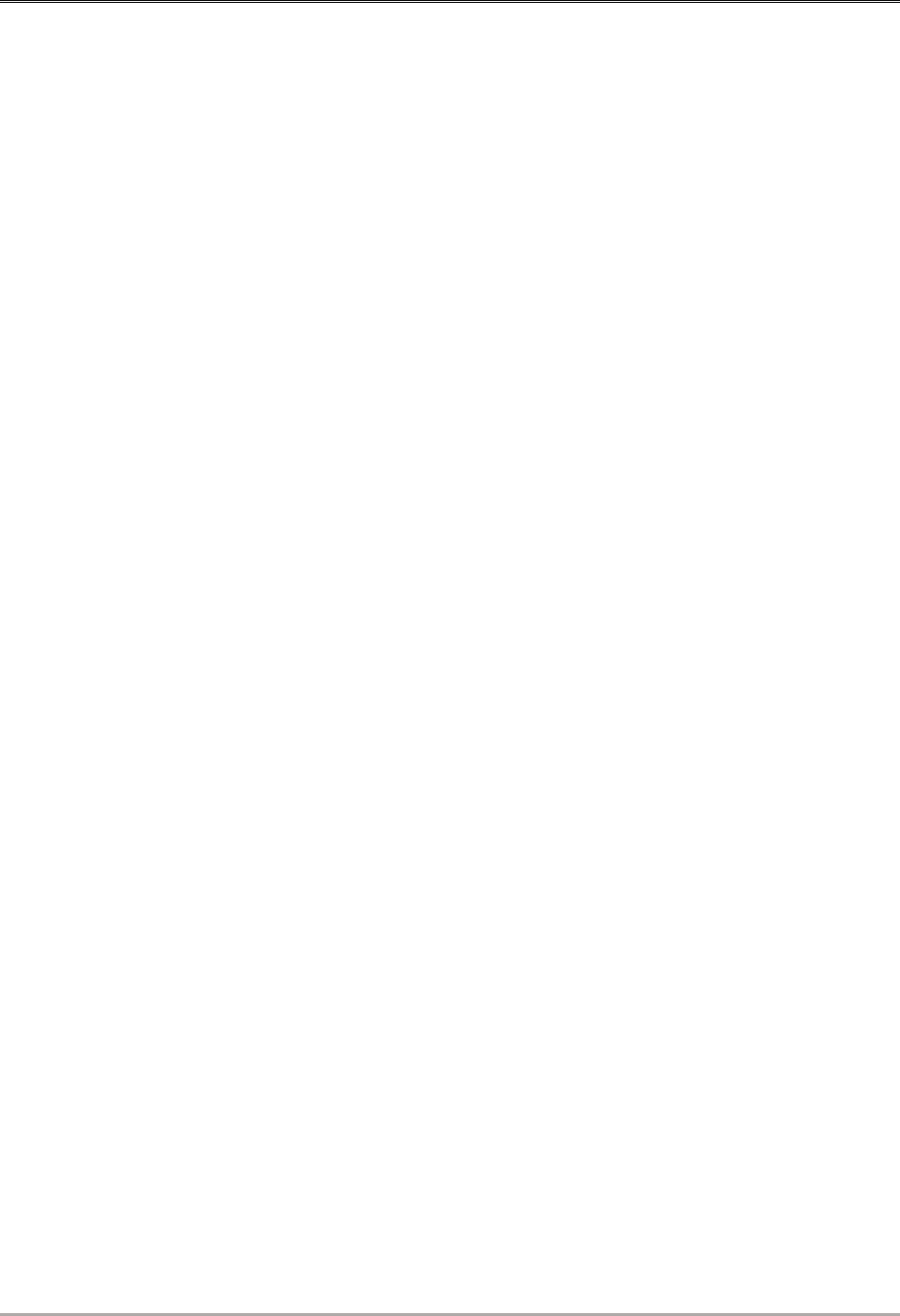
Columbia-Greene Community College 2023-2024 Catalog
16
Admissions
Admissions
As a college under the Full Opportunity Plan
of the State of New York, Columbia-Greene
Community College assures a place to any
applicant who meets admissions
requirements, although acceptance to
particular programs is not guaranteed.
Admission to C-GCC is based on individual
student records, with priority given to
Columbia and Greene County residents.
Admission is granted for fall, spring, and
summer. Columbia-Greene Community
College adheres to the standards set forth by
the National Association for College
Admission Counseling (NACAC). By doing
so, we follow a code of ethics as related to the
recruitment and admission of all students. In
accordance with New York State law, the
college reserves the right to refuse admission
to any applicant when it is deemed in the best
interest of the institution to do so.
Definitions
Matriculated: The academic status of a
student who is officially committed to a
particular degree or certificate program.
Requirements for matriculation include
completion of the application process,
acceptance to a specific program, and
enrollment and attendance in courses.
Matriculation is mandatory to confer a degree
or a certificate and, in most cases, for a student
to receive scholarships and/or financial aid
and/or credits for advanced standing.”
Matriculation” or “matriculated status”
indicates that:
1. The college has evaluated the student’s
application and credentials and has reason to
believe the student has the ability to complete
all degree requirements. Please note, High
School programs of correspondence study do
not meet the New York State requirements for
Secondary education.
2. The college has formally accepted the
student as a degree candidate.
3. The student remains in good academic
standing.
Non-matriculated: The academic status of a
student who is enrolled in a course or courses
who has not been formally accepted in a
degree or certificate program or whose
matriculation has been terminated for any
reason. Non-matriculated students are not
eligible for a degree or financial aid. Credits
accrued while non-matriculated may be
applied to a degree once the student becomes
matriculated. Non-matriculated students who
wish to register for more than eleven credits in
the same semester must meet with an
academic advisor prior to registering.
Full time: A student who is enrolled in 12
semester hours or more.
Part time: A student who is enrolled in fewer
than 12 semester hours.
Freshman: A student with no previous
college experience or a student with 0 to 29
semester hours.
Sophomore: A student with 30 to 64 semester
hours.
Transfer: A student who has taken college-
level work, after high school graduation, at an
institution other than Columbia-Greene.
Application Procedures and Requirements
First-time applicants who would like to
matriculate in a degree or certificate program
at Columbia-Greene Community College
must meet the following requirements:
1. The applicant must be a high school
graduate or hold a High School Equivalency
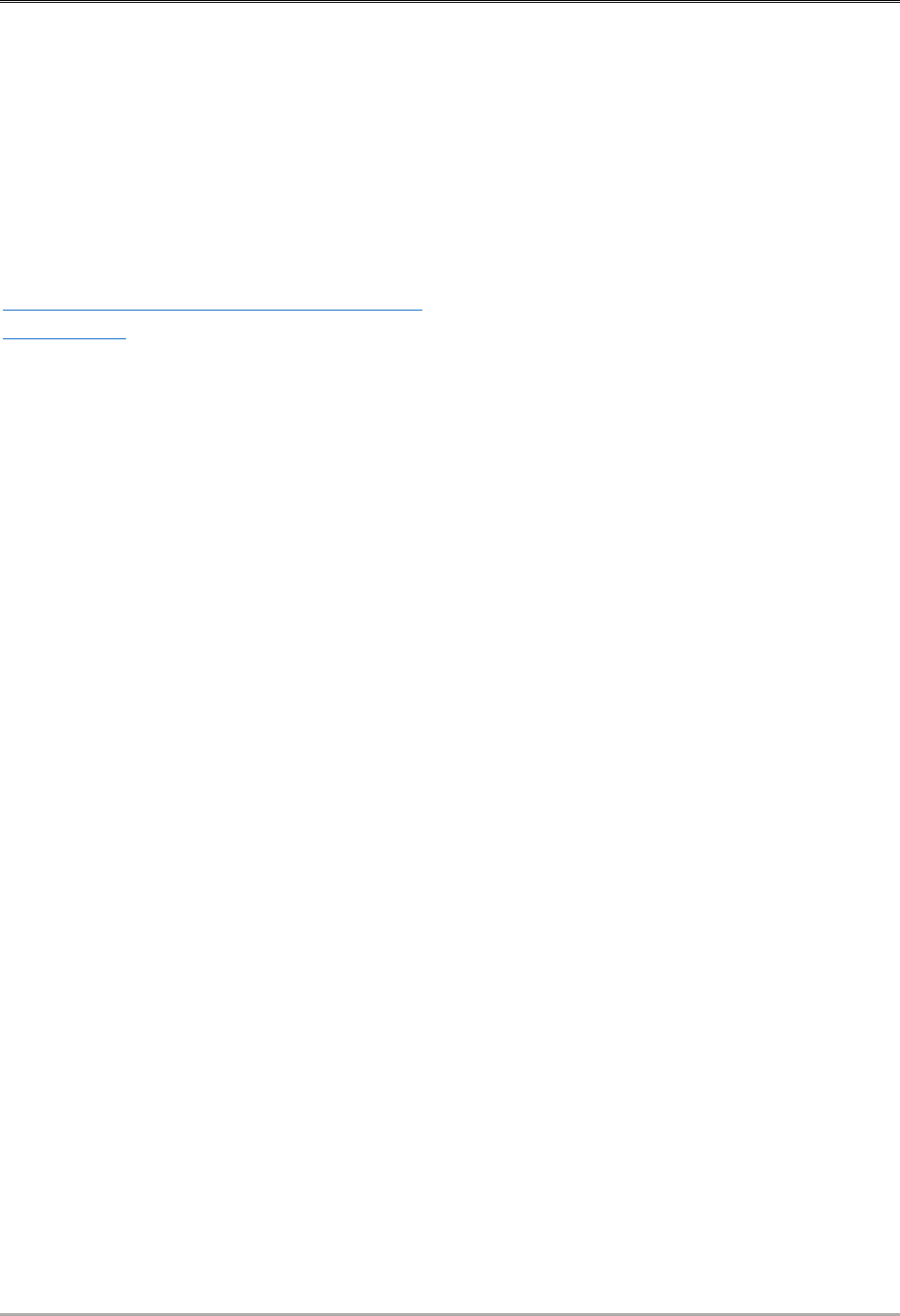
Columbia-Greene Community College 2023-2024 Catalog
17
Diploma (TASC or GED) or the student’s
high school class must have already
graduated.
2. The applicant must complete a Columbia-
Greene Application for Admission, which can
be obtained from a high school guidance
office, the Admissions Office at Columbia-
Greene Community College, or on the Web at
https://www.columbiagreene.edu/admissions/
how-to-apply. The application should be filled
out completely and mailed to C-GCC
Admissions Office.
3. The applicant must request high school
transcripts be sent to the Admissions Office at
Columbia-Greene Community College.
Official high school transcripts may be
mailed, faxed to 518.828.0035, or emailed as
an attachment directly to the Admissions
office accompanied by an official cover sheet
from the high school guidance office. If a
candidate possesses a High School
Equivalency (GED/TASC) diploma, the
Diploma must be submitted to the Office of
Admissions. A copy of the original will be
made in the Admissions Office. In addition,
the Admissions Staff may verify this
information.
An applicant who has earned an associate
degree or higher is not required to submit high
school transcripts or an equivalency diploma
in order to be accepted. If the applicant wishes
to receive financial aid, submission of high
school records or equivalency diploma will be
required.
4. If the applicant is transferring from a
different college or university, official copies
of academic transcripts from each college
attended must be mailed to the Office of
Admissions at Columbia-Greene Community
College. A transfer applicant who is
academically ineligible to continue at the
previous college of matriculation must
generally wait at least one full semester before
being considered for admission to Columbia-
Greene. An applicant with less than a 2.0 GPA
from another college may be required to take
a placement test at the time of application.
5. Although not required, if available, SAT
or ACT scores may be used to waive the
placement test requirement.
6. The applicant is required to attend an
information session for acceptance into the
Nursing and Police Basic Training programs.
Applicants into our Automotive Technology
program need to submit a signed Automotive
Acknowledgement Form. An interview is
required for students without a high school
diploma or high school equivalency diploma.
All other applicants are welcome to meet with
a counselor.
7. A placement test may be necessary based
on the applicant’s intended program and
academic preparation. Acceptance to a
particular program is based on the applicant’s
academic record, intended program, and
placement test results. Placement tests are not
administered after the last placement test date
prior to the subsequent semester start.
Applicants who apply late and need placement
tests may be able to attend as part-time, non-
matriculated students until all admissions
requirements are completed. Acceptance into
a specific major is contingent upon the
successful completion of any transitional
courses required by placement test results and
program Academic Readiness as set forth in
the college catalog.
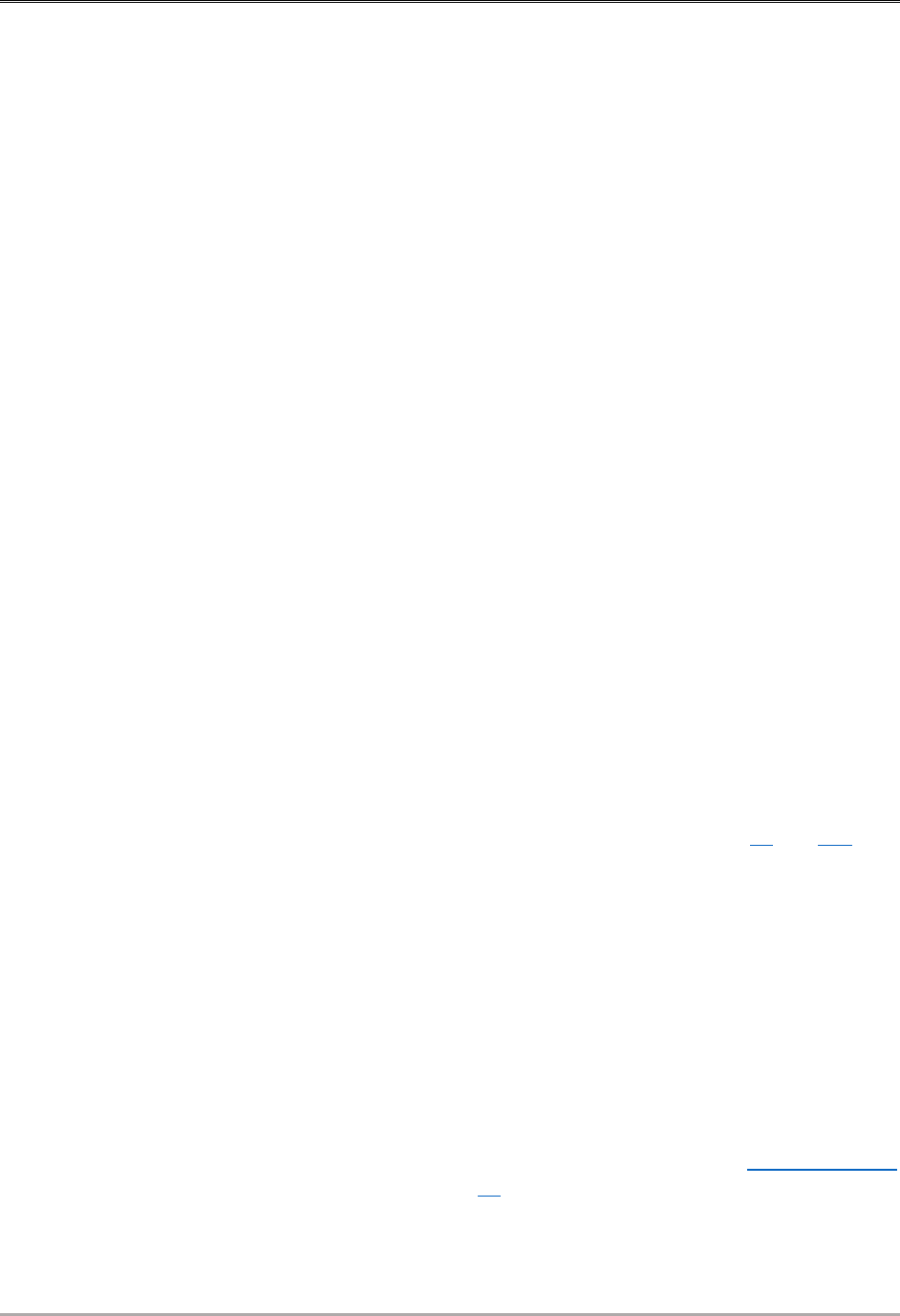
Columbia-Greene Community College 2023-2024 Catalog
18
Criteria for Testing
a. Applicant graduated from high school
more than five years prior to application and
has no college course work.
b. Applicant did not graduate from high
school.
c. Applicant received a High School
Equivalency Diploma (TASC or GED).
d. Applicant is a transfer student with less
than 2.0 GPA and/or has not demonstrated
successful completion of college math or
English.
e. Applicant is a recent high school graduate
with a local diploma.
f. Placement exams will be waived if an
applicant has obtained an Advanced Regents
diploma and has 80% or higher on English and
math. In addition, the applicant must have an
average of 80% or better on all the Math
Regents exams. Placement testing may be
required for applicants with inconsistent
academic performance and/or at the discretion
of the Admissions Staff Review Committee.
Placement exam may be waived if applicant
scored 500 or better on the Math and Critical
Reading sections of the SAT.
g. Readmit applicant whose transcript
indicates academic weakness.
h. Full-time, concurrent enrollment.
i. An applicant who completed the
placement exam more than two years ago but
has not successfully completed college course
work may be required to retest.
Placement Test Retesting
An applicant may apply through Admissions
to retest once in any of the following
situations:
1. After two weeks with documented
remediation.
2. Extenuating circumstances during testing,
i.e., medical, (documents may be required),
technical.
3. Presentation of proof of a documented
disability.
Acceptance Criteria
1. The applicant must submit an application
and all required transcripts.
2. The applicant must attend the information
session or interview if required.
3. An applicant who did not graduate from
high school or does not have a high school
equivalency diploma must achieve the
minimum required score on the Ability-to-
Benefit Test.
4. If Multiple Measures or placement test
results indicate transitional courses are
required, the applicant must enroll in these
courses. Applicants needing more than one
transitional course should begin their
transitional course work within their first 12
credits. All transitional course work should be
successfully completed by the end of 24
credits.
5. There are additional requirements and
criteria for the Automotive Technology and
Nursing programs (see pages 82 and 178).
Student Review Committee
The Student Review Committee evaluates,
recommends and makes final decisions for
new and returning student applications that
serve the best interest of the applicant. The
Committee reviews applications when the
applicant is someone who poses a concern for
the safety and welfare of the College
Community, has been dismissed from an
institution for disciplinary reasons, received
an academic dismissal (see Dismissal, page
41), or who demonstrates difficulty in
completing a given program successfully. The
Student Review Committee consists of the
Dean of Student Development, Chair, and
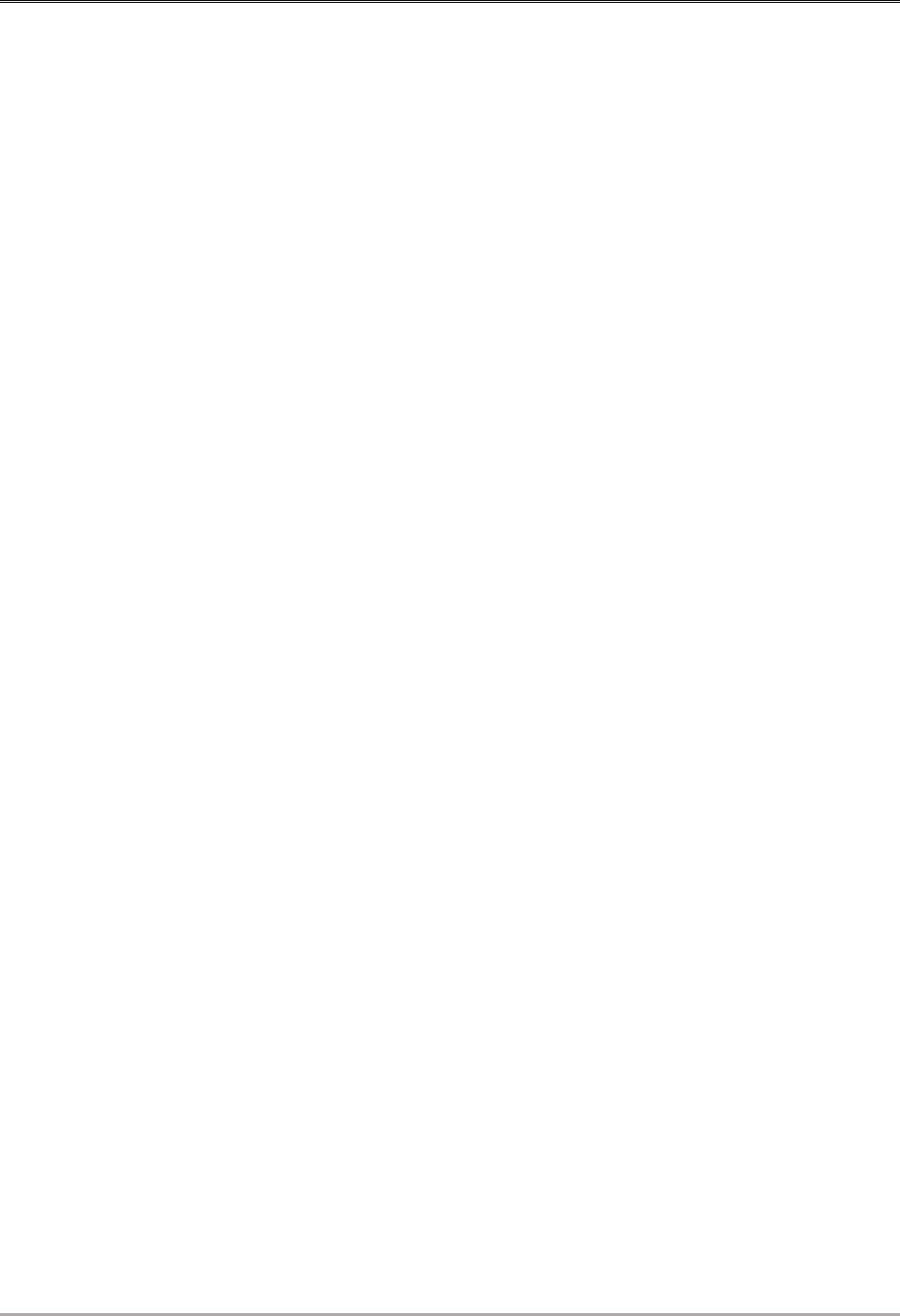
Columbia-Greene Community College 2023-2024 Catalog
19
representatives from the Admissions,
Academic Affairs and Accessibility Services
Offices.
Policy 3200 – Admission of Persons with
Prior Felony Convictions
Individuals seeking admission to the college,
in credit coursework, who also are persons
with prior felony convictions, must be aware
of the following:
State University of New York (SUNY) policy
prohibits Columbia Greene Community
College admission applications from
inquiring into an applicant’s prior criminal
history. After acceptance, the College shall
inquire if the student previously has been
convicted of a felony if such individual seeks
participation in clinical or field experiences
or internships. The information required to be
disclosed under SUNY policy regarding such
felony convictions shall be reviewed by a
standing campus committee consistent with
the legal standards articulated in New York
State Corrections Law.
Students who have previously been convicted
of a felony are advised that their prior criminal
history may impede their ability to complete
the requirements of certain academic
programs and/or to meet licensure
requirements for certain professions. Students
who have concerns about such matters are
advised to contact the office of the Office of
the Dean of Student Development.
Multiple Measures and Placement Tests
A placement test may be required to
determine whether the applicant has the
necessary skills and/or knowledge for a
particular program. Applicants who need
skill-building will be required to complete one
or more of the following non-credit courses
based on placement testing scores or Multiple
Measures assessment:
EN 090 A transitional skills English course
designed to prepare a student in developing
skills in written and oral communication.
ACCUPLACER WritePlacer (essay) scores 1
and 2.
EN 100 A transitional skills English
composition course designed to better prepare
a student for EN 101. ACCUPLACER
WritePlacer (essay) scores 3 and 4.
MA 090 A transitional skills basic
mathematics/pre-algebra course designed to
prepare a student for MA 098 or MA 100.
NEXT GENERATION ACCUPLACER
score 236-244 in arithmetic.
MA 098 A transitional skills pre-statistics
course designed to prepare a student for MA
102. NEXT GENERATION ACCUPLACER
score of 245 or greater in Arithmetic or 237-
259 in Quantitative Reasoning, Algebra &
Statistics.
MA 100 A transitional skills pre-algebra
course designed to prepare a student for MA
110. NEXT GENERATION ACCUPLACER
score of 245 or greater in Arithmetic or 237-
259 in Quantitative Reasoning, Algebra &
Statistics.
RS 100 A transitional skills course
designed to improve reading comprehension
level. NEXT GENERATION ACCUPLACER
score 260-300.
Applicants with documented disabilities may
request academic adjustments for the
Placement Test. Inquiries should be directed
to the Office of Accessibility Services at
518.697.6437.
ESL/ELL Placement Test
Criteria for ESL/ELL Testing:
Depending on previous college or high school
coursework, students who identify English as
their second language may be required to take
a CLASSIC ACCUPLACER ESL/ELL
placement exam.
If a student does not identify English as their
native language and their high school
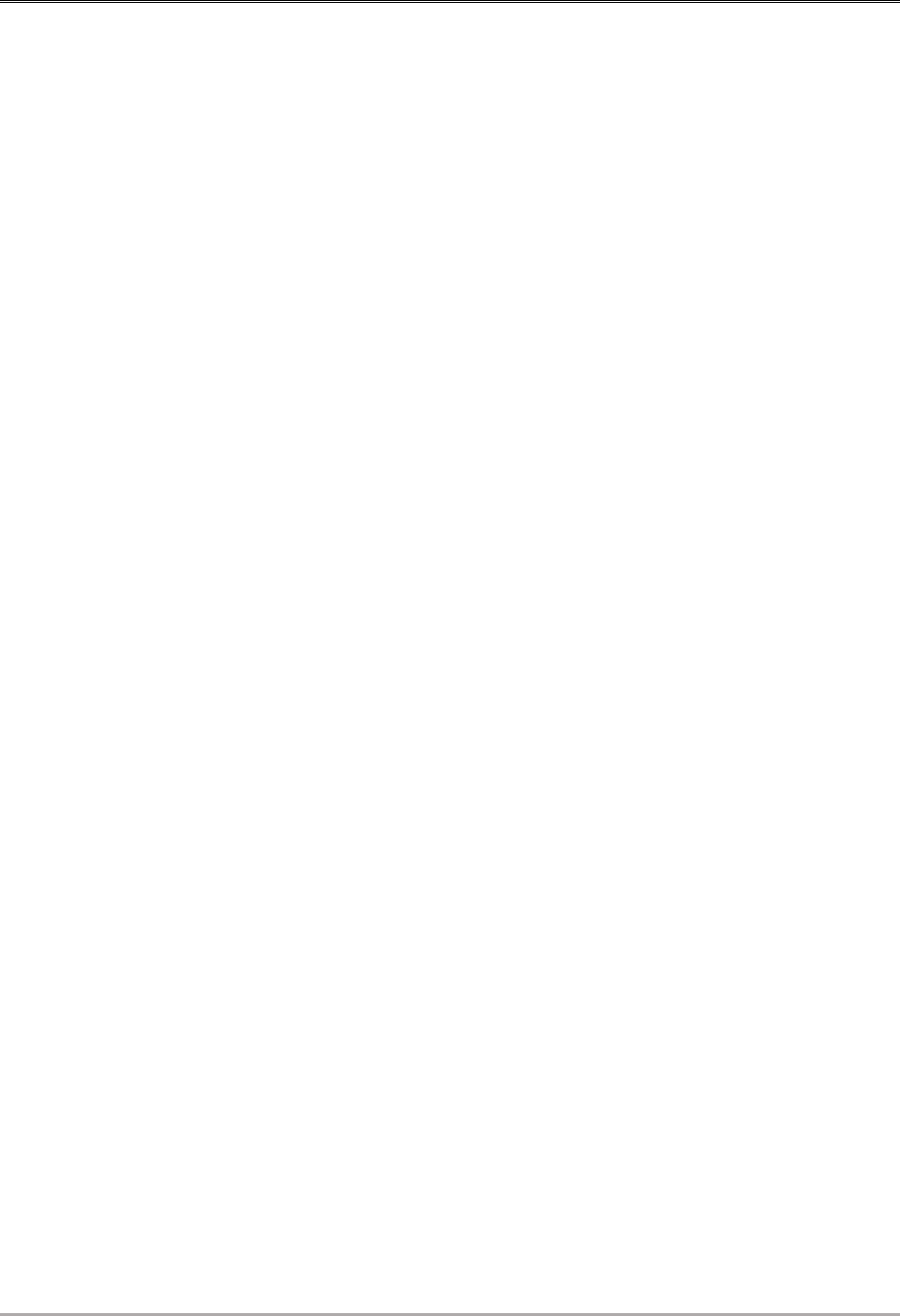
Columbia-Greene Community College 2023-2024 Catalog
20
transcript indicates ESL/ELL courses, then
the student may be required to take a
CLASSIC ACCUPLACER ESL/ELL
placement exam.
Based on the results of the placement test,
students may be required to complete one or
more of the following non-credit courses:
ES 096 A transitional skills course
designed to develop and promote intermediate
level proficiencies in all areas of language
acquisition – reading, writing, listening, and
speaking – necessary for students to become
college ready. NEXT GENERATION
ACCUPLACER ESL/ELL score 203-301.
ES 098 A transitional skills course
designed to develop and promote advanced
level proficiencies in all areas of language
acquisition – reading, writing, listening, and
speaking – necessary for students to become
college ready. NEXT GENERATION
ACCUPLACER ESL/ELL score 302-377.
ESL/ELL Placement Scores:
Out of a possible 480 composite total for four
tests: ESL Language Use, ESL Listening, ESL
Reading Skills, and ESL Sentence Meaning:
Total Score: 378-480 = Tester is exempt from
ES course(s)
Total Score: 302-377 = ES 098 and RS 100
required
Total Score: 203-301 = ES 096 required
Total Score of 202 or LOWER = May be too
low (if student does not have high school
diploma)
All other Admissions criteria apply.
Immunization Requirements for College
Students
New York State Public Health Law 2165
requires that all post-secondary students born
on or after January 1, 1957, and enrolled for
six or more credits, document immunity
against measles, mumps, and rubella before
registering for classes. Proof of immunity
consists of:
• Measles - TWO doses of measles
vaccine administered no more than
four days prior to the first birthday and
at least 28 days apart or serologic
evidence of immunity.
• Mumps - ONE dose of mumps
vaccine administered no more than
four days prior to the first birthday or
serologic evidence of immunity.
• Rubella - ONE dose of rubella
vaccine administered no more than
four days prior to the first birthday or
serologic evidence of immunity.
Proof of immunity must be established with
documentation such as an immunization
certificate from a physician or authorized
person who administered the vaccine, a signed
copy of the immunization portion of the
cumulative health record from a prior school,
a military immunization record, or laboratory
evidence of immunity and must be submitted
to the Health Services Office.
Appeals may be made to the Director of
Health Services/College Nurse if such
immunization is medically contraindicated or
contrary to genuine and sincere religious
beliefs.
Meningococcal Meningitis – all students
who are enrolled for at least six semester
hours must also return the meningitis
information response form certifying they
have had an immunization against
meningococcal meningitis within the
preceding five years OR they have received
and reviewed the information about
meningococcal meningitis provided by
Columbia-Greene Community College,
understand the risk of the disease and the
benefits of immunization and have decided
NOT to obtain the immunization.
Students in the Nursing Program must comply
with additional immunization requirements as
indicated on their health assessment form
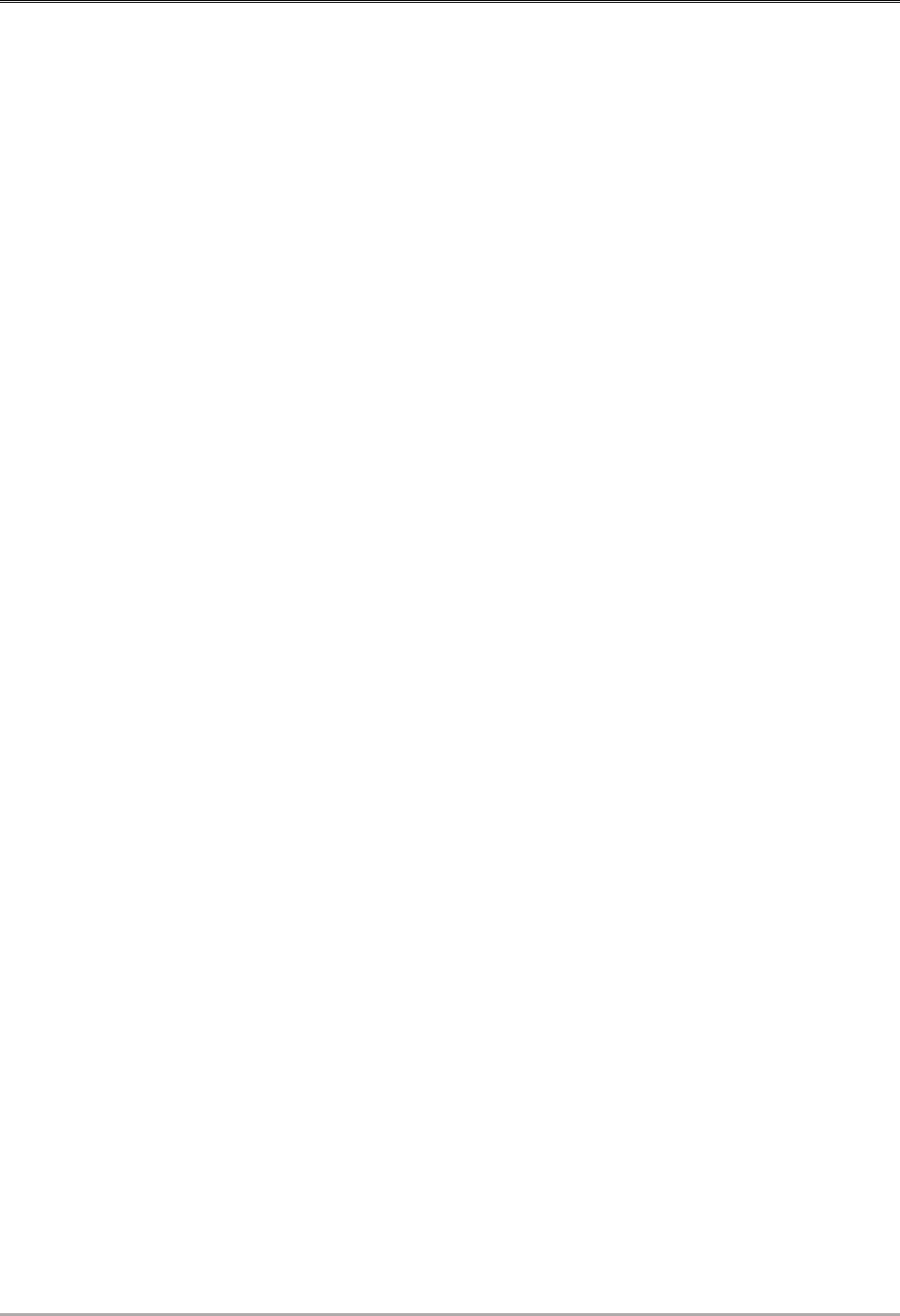
Columbia-Greene Community College 2023-2024 Catalog
21
which is to be returned to the Health Services
Office.
New York State law mandates that a student
be excluded from all classes 30 days after the
semester begins if his/her immunization
requirements have not been met.
Applicants without a High School Diploma
Applicants who lack a high school diploma, or
who are graduating from non-registered
schools or correspondence schools both
within and outside of New York State, may
apply for admission to Columbia-Greene if
their high school class has already graduated.
Students who first enroll in a program of study
on or after July 1, 2012, will NOT be eligible
to receive Title IV student aid. See Financial
Aid section for complete information.
Students may qualify for a high school
equivalency diploma by successfully
completing 24 semester hours in a degree or
certificate program at Columbia-Greene
Community College.
The State Education Department of New York
has specified the 24 semester hours required
to earn a high school equivalency diploma:
• 6 semester hours in English Language
Arts, including writing, speaking and
literature
• 3 semester hours in mathematics
• 3 semester hours in natural science
• 3 semester hours in social science
• 3 semester hours in humanities
• 6 credits in the student’s registered
program
Upon completion of this program, it is the
student’s responsibility to apply to the New
York State Education Department for the
equivalency diploma. The student must
receive the high school equivalency diploma
before qualifying to complete a degree at C-
GCC. Transitional skills courses are not
included in the 24-credit-hour requirement.
Applicants with an IEP Diploma or CDOS
Credential
The New York State Education Department
has ruled that an IEP diploma or CDOS
credential is not equivalent to a high school
diploma. Therefore, community colleges,
including Columbia-Greene, are under no
legal obligation to accept these applicants
under the terms of the New York State Full
Opportunity Policy. Applicants who hold IEP
diplomas or CDOS credentials may apply for
admission to C-GCC if their high school
classes have already graduated.
The policy of C-GCC is to review the
application of an applicant with an IEP
diploma or CDOS credential based on the
same criteria used for an applicant who lacks
a high school diploma or high school
equivalency diploma. An applicant with an
IEP diploma or CDOS credential must take
the C-GCC placement test.
Applicants with documented disabilities may
request academic adjustments for the
Placement Test. Inquiries should be directed
to the Office of Accessibility Services at
518.697.6437.
Concurrent Enrollment Program for
Qualified High School Students
There are opportunities for area high school
students to earn college-level credit by
participating in the Concurrent Enrollment
Program. They are as follows:
College in the High School (CIHS):
Students enroll part-time in college credit-
bearing courses offered at their high
school
A student wishing to concurrently enroll in
Columbia-Greene Community College
courses at their high school must:
• be currently enrolled in a high school
pursuing a Regents diploma
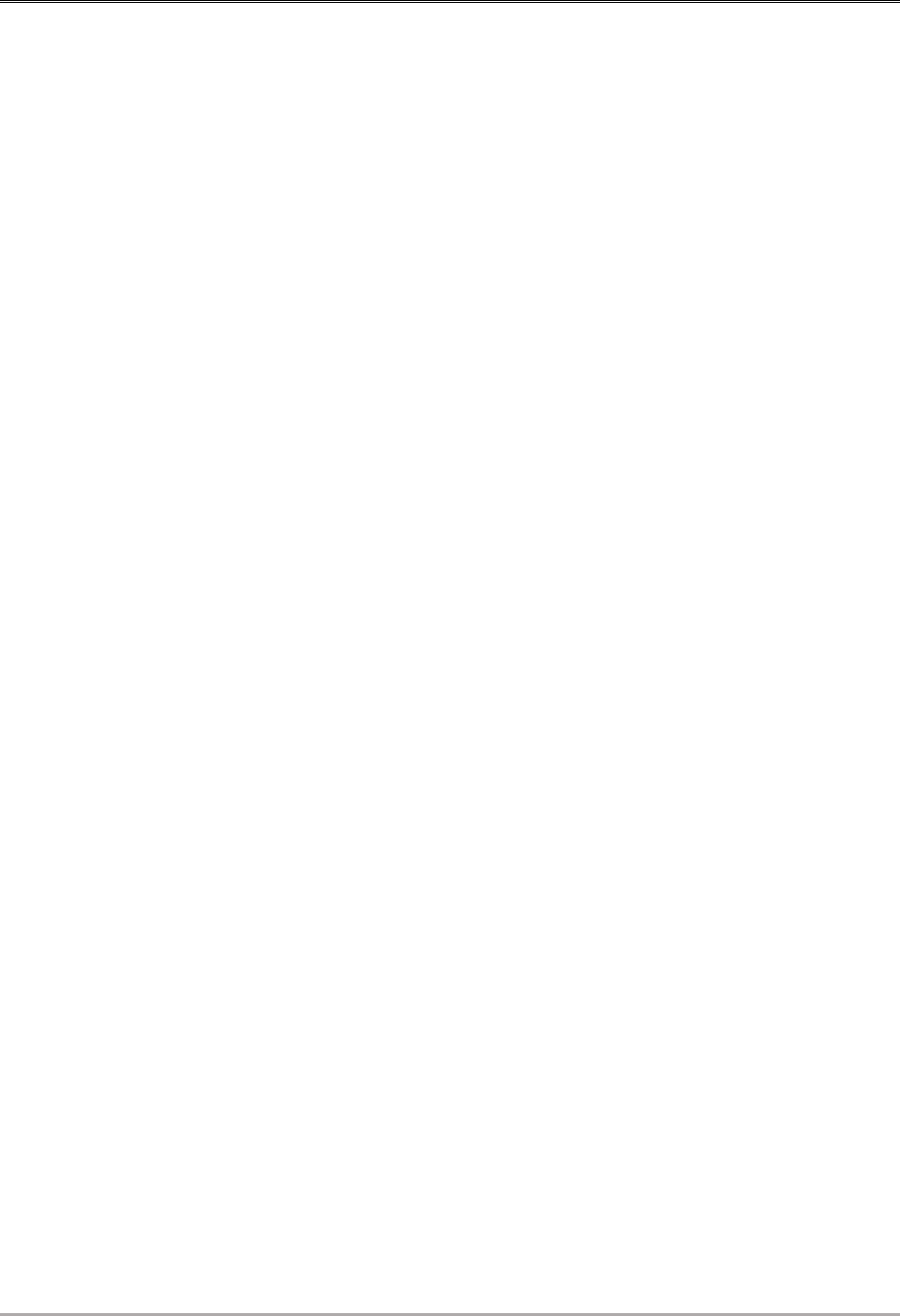
Columbia-Greene Community College 2023-2024 Catalog
22
• submit to the College a part-time
concurrent enrollment application,
which may be obtained through their
high school guidance office
• submit official transcripts of all high
school course work completed at the
time of application
• have a minimum of 80% average in
the academic area they wish to study,
or an 80% in English and/or math if
there is no academic history in that
desired area of study
If qualified, the student will automatically be
registered for their requested courses. An
official letter of approval will be mailed,
followed by billing, payment and residency
information.
Concurrent Enrollment at Columbia-
Greene Community College,
simultaneously enrolled high school or
homeschool
1. A student wishing to enroll in Columbia-
Greene Community College while
simultaneously enrolled in high school:
a. must submit the Early College
Application with appropriate
signatures and permission of
parent/guardian and school official
(School Counselor, Principal or
Superintendent).
b. must submit an official transcript of all
high school work completed at the
time of application.
c. must have a minimum of an 80%
average in the academic area in which
he/she wishes to study, or an 80% in
English and/or an 80% in Math if there
is no academic history in that desired
academic area.
d. may be required to take a placement
exam. Course placement will be
determined by college readiness
assessment (Multiple Measures,
Placement test and/or advising
consultation).
2. A student wishing to enroll in Columbia-
Greene Community College while a
homeschooled student:
a. must be currently enrolled in a
homeschooling program approved by
the New York State Board of Regents.
b. must submit the Early College
Application with appropriate
signatures and permission of
parent/guardian and school official
(School Counselor, Principal or
Superintendent).
c. must submit official documentation
from the school district (on the
school’s letterhead) or accredited
institution that an IHIP is on file for
the semester attended.
d. may be required to take a placement
exam. Course placement will be
determined by college readiness
assessment (Multiple Measures,
Placement test and/or advising
consultation).
Homeschooled Applicants
A student who has been homeschooled may
apply for admission to C-GCC. The
homeschooled student must:
Submit a Columbia-Greene Application
for Admission.
• Submit to the college verification from
the school district of residence that the
student will meet the compulsory
education requirements through full-
time college study. This
documentation must indicate that the
student has completed the home-
schooling or indicate the projected
date of completion. It should be in the
form of a letter on the district or
institution’s letterhead. The letter
should also refer to 8 NYCCC section
100.10, as authorized by the district
and signed by the Superintendent.
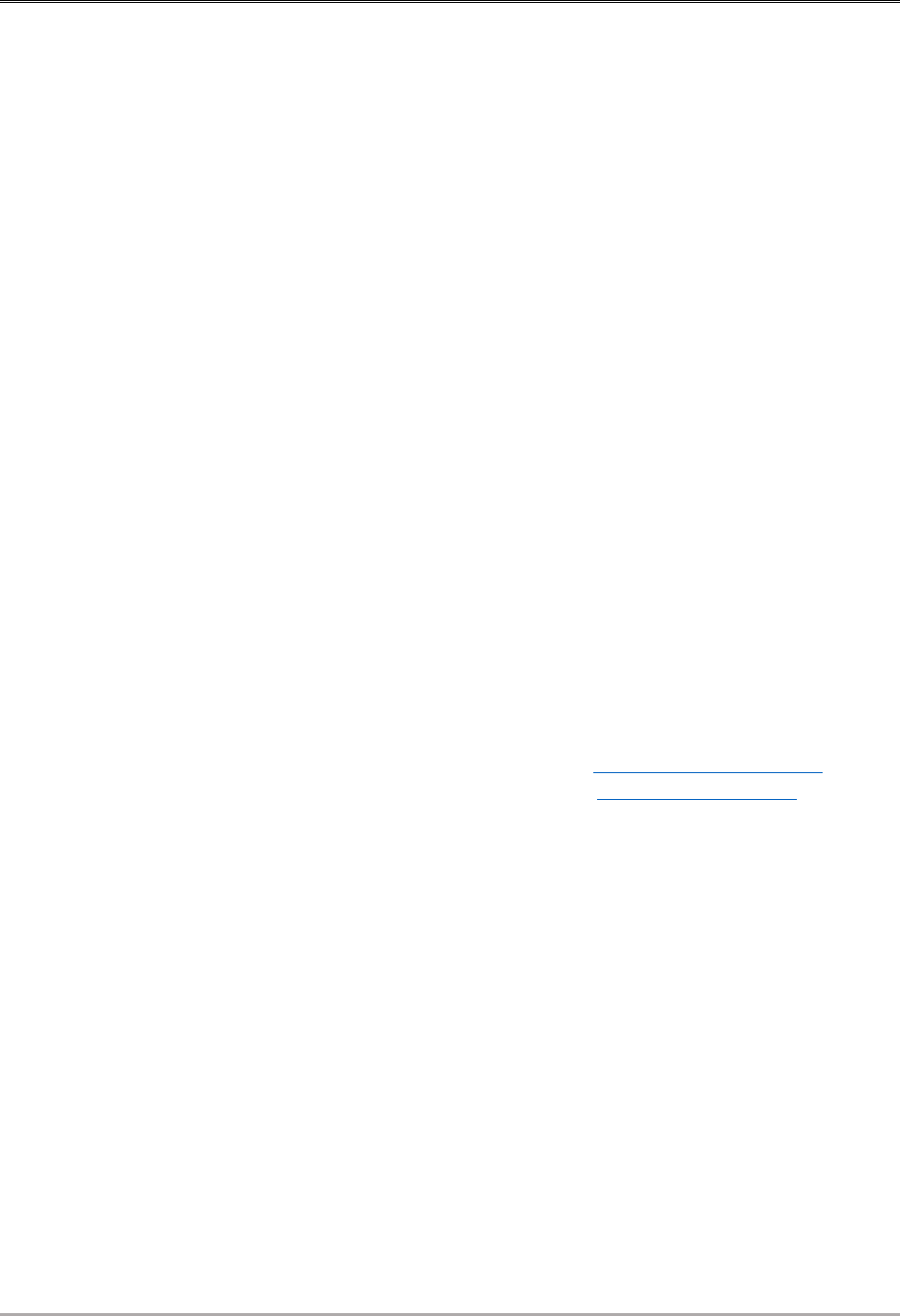
Columbia-Greene Community College 2023-2024 Catalog
23
Online education or documentation
cannot be accepted. It cannot be a
homemade transcript or letter from a
parent. Additionally, applicants must
submit a copy of their Individualized
Home Instruction Plans (IHIP)
reflecting their high school
coursework. If the student’s home-
schooling experience was not
monitored by a school district or
accredited institution, or there is not
sufficient evidence that the student
completed the home study, he/she will
be considered a student without a high
school diploma or High School
Equivalency Diploma (TASC or
GED). Students interested in
participating in intercollegiate
athletics must provide documentation
as required by the National Junior
College Athletic Association
(NJCAA). For detailed information,
contact the College’s Athletics
Director at 518.697.6310.
• Complete a placement test and
demonstrate the ability to do college-
level work in reading, mathematics
and English. If test results indicate the
need for transitional courses, the
student must enroll in these courses.
International Students
In addition to a Columbia-Greene Application
for Admission, international students must
provide C-GCC with the following
information before we can make an
admissions decision:
International Student Financial Statement
The student must submit original or officially
certified bank statements or income
verification documents which show evidence
of sufficient financial support ($24,884 US –
subject to change based on cost of attendance
per academic year) for one academic year sent
to the Admissions Office. Please be aware that
the same amount will be needed for the second
year of study (subject to change based on cost
of attendance). Financial Aid and/or
scholarships are NOT available to
international students.
NOTE: It is highly recommended that you
retain a notarized/certified copy of the
financial documentation to present to the U.S.
Immigration Official at the U.S. Embassy in
your country when applying for a student visa.
English Proficiency
Columbia-Greene Community College does
not have an English as a Second Language
(ESL) program. Therefore, English
proficiency is required for acceptance to the
college. International students must take the
Test of English as a Foreign Language
(TOEFL) examination and receive a
minimum score of 525 on the paper-based test
and 175 on the computer-based test or 70 on
the internet-based test. A score of 6.5 or better
on the IELTS (International English
Language Testing System) with no sub scores
lower than 6.0 will be reviewed. An official
score report must be sent to the Admissions
Office. For more information on TOEFL test
sites, visit https://www.ets.org/toefl or for
IELTS, visit https://www.ielts.org/.
A TOEFL or IELTS score is required for ALL
International students unless a student can
demonstrate proficiency in English.
The SUNY English Proficiency Report does
not replace the TOEFL examination that all
the international students are required to take.
High School or Secondary School
Transcript
The student must submit an original, official
transcript to the C-GCC Admissions Office.
Official high school transcripts are original, or
officially certified copies, signed and sealed
documents that are sent directly from a high
school or secondary school to C-GCC in a
sealed envelope.

Columbia-Greene Community College 2023-2024 Catalog
24
Students must have their transcripts evaluated
by an approved National Association of
Credential Evaluation Services (NACES)
member and translated into English with
information regarding the equivalent
educational level obtained in the American
educational system (high school, college,
etc.). The cost of this evaluation is incumbent
upon the student. An official copy of the
evaluation must be sent directly to C-GCC in
a sealed envelope from the
evaluator/evaluation agency.
College or University Transcripts
Students who attended another college or
university (in ANY country) must arrange to
have official transcripts sent to the C-GCC
Admissions Office. Official college
transcripts are original, or officially certified
copies, signed and sealed documents that are
sent directly from a college, university or
post-secondary school to C-GCC in a sealed
envelope.
Students must have their transcripts evaluated
and translated into English with information
regarding the equivalent educational level
obtained in the American educational system
(high school, college, etc.). The cost of this
evaluation is incumbent upon the student. An
official copy of the evaluation must be sent
directly to C-GCC in a sealed envelope from
the evaluator/evaluation agency.
If the international student is accepted, the
college will issue an I-20 form and provide
students with guidance on the F-1 student visa
process.
Re-admission
Formerly matriculated students who have left
the college and want to return must submit a
new application for readmission, available
from the Admissions Office. A student must
apply for re-admission if:
• the student did not attend a fall or
spring semester
• the student is no longer matriculated
• the student withdraws from the college
• the student is academically dismissed
(see dismissal information page 41)
• the student has graduated from one
course of study and wishes to continue
full time in a new program.
No fee is involved. Re-admitted students are
bound by the program and degree
requirements of the catalog published for the
year they were re-admitted.
Multiple Degrees at C-GCC
According to State Education Department
guidelines and possible limitations on
financial aid eligibility, students are
encouraged to work toward advanced
educational achievement, such as bachelor’s
degrees, rather than additional associate
degrees at C-GCC. In general, students should
not re-admit for a second degree at the same
degree level. Students are welcome to
continue taking courses at C-GCC with non-
matriculated status and no financial aid
eligibility. There are some conditions which
may allow for a waiver of this policy:
• Students who seek education or
training in a completely different area.
• Students who have completed a
certificate in an area and wish to
pursue a degree in the same or
different area.
• Students who have completed an
occupational degree (AAS or AOS) in
an area and wish to pursue a transfer
degree (AA or AS) in the same or
different area.
• Students who have completed the AA
or AS portion of a dual degree and
wish to continue in courses prescribed
by the BA or BS portion of the degree
may do so provided the student obtains
a letter on college letterhead from the
bachelor’s level school confirming
that the student is working with both
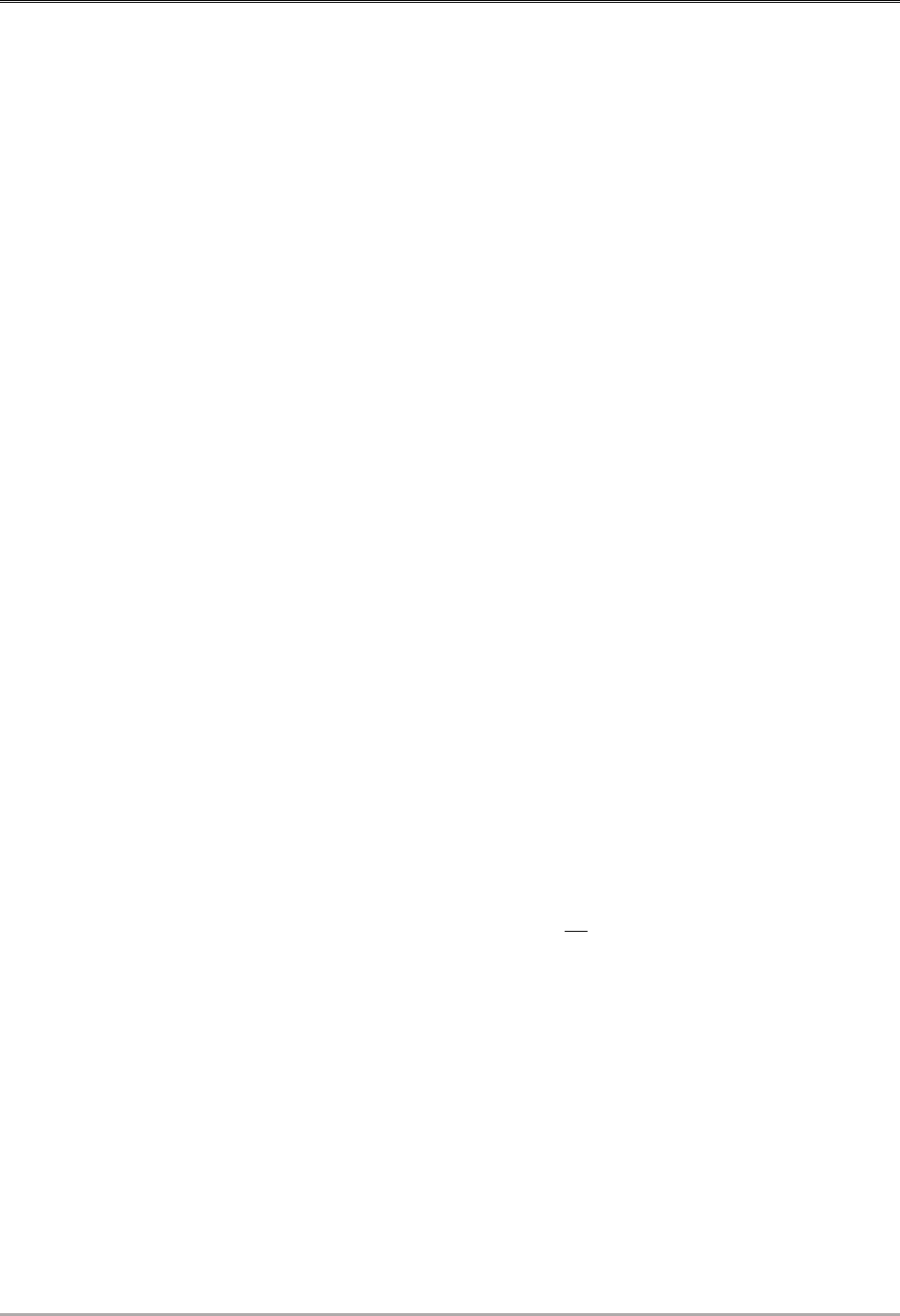
Columbia-Greene Community College 2023-2024 Catalog
25
colleges to satisfy dual degree
requirements.
Any exception to the above criteria should
adhere to the following guidelines:
A minimum of 24 additional semester hours
must be completed for any additional degrees
to be awarded, that is, a total of at least 85
credits must be achieved for a second degree.
The following chart represents the total
required semester hours that must be
completed for a certificate to be awarded,
unless concurrently receiving two degrees.
30 credit hours certificate: 15 credits required
24 credit hours certificate: 12 credits required
15 credit hours certificate: 9 credits required
Transfer Policies and Prior Learning
Assessment for Advanced Standing
Advanced standing will be awarded in the
following hierarchy and sequence:
a. transfer course work from other
institutions of higher education
b. credit from national exams (CLEP, DSST,
AP)
c. C-GCC challenge exams
d. credit for life experience
A student who has attended another college or
post-secondary school may be admitted to
Columbia-Greene Community College with
advanced standing. Up to half of the required
credit hours in the C-GCC program can be
earned at another college or through advanced
placement; but to earn credit, courses
completed elsewhere must fulfill the
requirements of the C-GCC degree or
certificate program in which the student is
enrolled. For information about the transfer of
credit, contact the Office of Records and
Registration.
a.) Transfer Credit from Previous College
Work
To have a course accepted as transfer for an
equivalent to an existing C-GCC course, the
course content, learning outcomes, and
length/time of instruction of the course will be
the primary determining factors to its
transferability. While credits earned at an
institution either accredited for post-
secondary by one of the six regional
accrediting agencies (e.g., Middle States
Commission on Higher Education) or by the
New York State Board of Regents more
readily transfer than others, C-GCC does not
determine transferability exclusively on the
basis of the sending institution’s accreditation.
However, the institution must be accredited
for post-secondary by an agency the U.S.
Department of Education recognizes and if the
institution is not accredited by one of the
above regional or state agencies, a complete
course syllabus may be required to determine
transferability rather than the usual brief
catalog course description. This will result in
slower turnarounds of such evaluations.
All transfer credit evaluations will be
completed by the Records & Registration
Office. All re-evaluations of any eligible
transfer credit must be approved by the
Registrar.
1. Students must submit official transcripts
from all colleges attended directly to the
Admissions Office in order to be
evaluated.
2. Only courses completed with a grade of C
or better will be considered for transfer
credit.
3. Grades and quality points for courses
transferred into C-GCC will not be used in
calculating the grade point average at the
college. Only credits transferred will be
added to the cumulative credits earned.
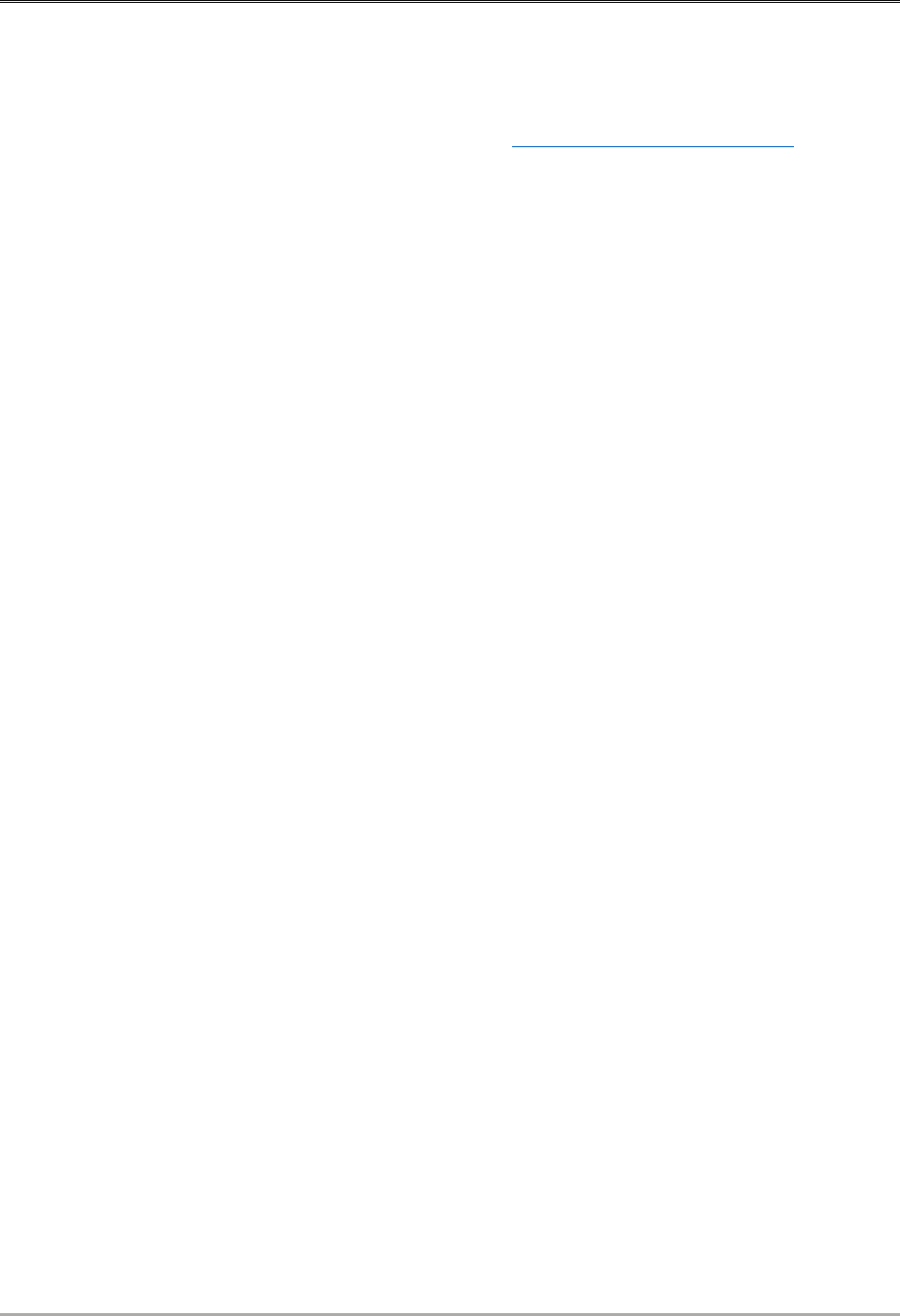
Columbia-Greene Community College 2023-2024 Catalog
26
4. A minimum of 24 semester hours of
classroom instruction must be completed
at C-GCC for a degree to be granted. The
following chart illustrates the minimum
number of semester hours of classroom
instruction that must be completed at C-
GCC for a certificate to be granted.
30 credit hours certificate:15 credits required
24 credit hours certificate:12 credits required
15 credit hours certificate: 9 credits required
5. Students transferring into Nursing will not
receive credit for science courses
completed more than ten years prior to
their entry into NU 101.
6. Students who change their curriculum
while attending C-GCC will have their
credits re-evaluated to determine
applicability to the new curriculum
governed by the catalog that is current at
the time of the curriculum change.
7. Students who lose their matriculation and
re-admit will have their credits re-
evaluated to determine applicability
according to the catalog current at the time
of readmission. If the student attends
another college or university between the
time of loss of matriculation and
readmission, an official transcript from
that college must be submitted at the time
of readmission and prior to re-evaluation.
If more than 7 years has elapsed between
the time of loss of matriculation and
readmission, the student is required to
submit new official transcripts from all
colleges attended.
b.) College Level Examination Program
(CLEP)
1. Columbia-Greene Community College
recognizes credit earned through testing
by the College Level Examination
Program of the College Board and awards
credit for successful completion of CLEP
tests in the same manner that transfer
credits are awarded. For further
information, inquire at the Admissions
Office or visit
www.collegeboard.com/CLEP.
2. The student must be matriculated and the
CLEP test equivalent course must be
applicable to the student’s current
matriculated curriculum.
3. Successful completion of CLEP exams is
generally the equivalent of a C level score.
4. Credits awarded from CLEP exams will
meet institutional degree requirements in
their appropriate academic area and can be
used for elective courses. However, they
cannot be substituted for a required course
unless the CLEP exam is considered to be
that particular course, or a course
substitution is granted by the Dean of
Academic Affairs.
5. Credits awarded from a science CLEP
exam may not be used to meet a lab
science requirement.
6. Credits awarded from CLEP exams do not
always meet SUNY general education
requirements.
7. Credit granted through this means at C-
GCC may count toward graduation, but it
is not guaranteed to be accepted as transfer
credit at another college.
DSST (DSST Subject Standardized Tests)
1. Columbia-Greene Community College
recognizes credit earned through testing
by the DSST program and awards credit
for successful completion of DSST tests in
the same manner that transfer credits are
awarded. For further information or dates
of exams, inquire in the Admissions
Office.
2. The student must be matriculated, and the
DSST test equivalent course must be
applicable to the student’s matriculated
curriculum.
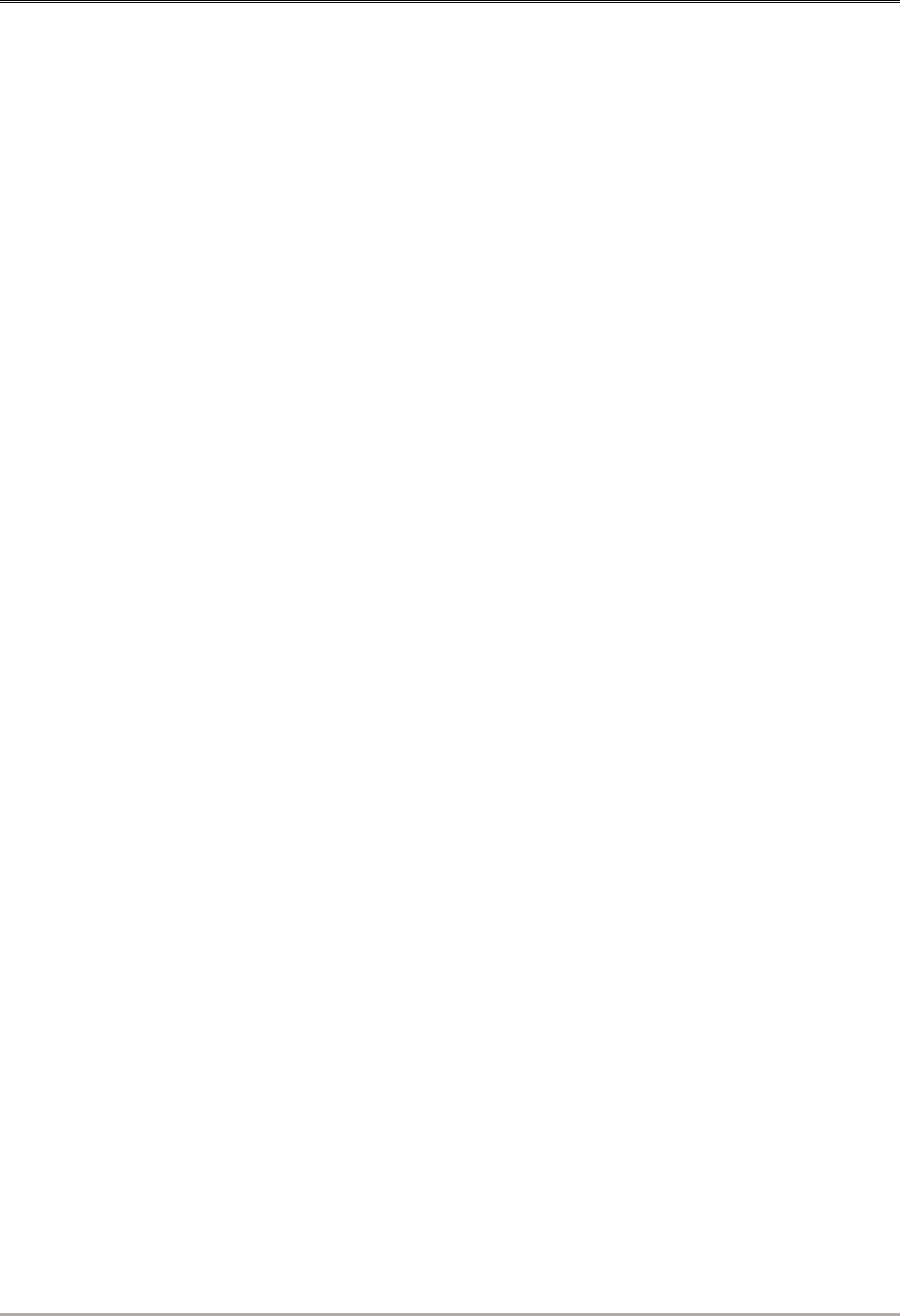
Columbia-Greene Community College 2023-2024 Catalog
27
3. Successful completion of DSST tests is
generally recognized to be the equivalent
of a C level score.
4. Credits awarded from DSST tests will
meet institutional degree requirements in
their appropriate academic area and can be
used for elective courses. They cannot be
substituted for a required course unless the
DSST test is considered to be that
particular course, or a course substitution
is granted by the Dean of Academic
Affairs.
5. Credits awarded from DSST tests do not
always meet SUNY general education
requirements.
6. Credit granted through this means at
Columbia-Greene Community College
may count toward graduation, but it is not
guaranteed to be accepted as transfer
credit at another college.
The College Board Advanced Placement
Exam
1. The college recognizes the College Board
Advanced Placement (AP) exams and
awards credit for successful completion of
AP exams in the same manner that transfer
credits are awarded.
2. Successful completion of AP exams is
indicated by a grade of 3, 4, or 5. Credits
awarded from AP exams will meet
institutional degree requirements in their
appropriate academic area and can be used
for elective courses.
3. The student must be matriculated, and the
College Board Advanced Placement
Exam equivalent course must be
applicable to the student’s matriculated
curriculum.
c.) Internal (C-GCC) Challenge
Examinations
1. Permission to challenge a course by
internal examination must be obtained
from the appropriate division chairperson.
The student must be matriculated with a
grade point average (GPA) of 2.0 or
higher, and the course challenged must be
applicable to the student’s matriculated
curriculum. Under no circumstances can
the student challenge a physical education,
business/career experience internship, or
Automotive Technology courses. The
student will be required to furnish some
evidence of the reasonableness of the
request. A student is allowed only one
challenge attempt.
2. Credit for internal challenge exams will be
evaluated but will not appear on
transcripts until after completion of 6
credits with a GPA of 2.0.
3. Internal challenge exams will be prepared,
administered, and graded by the college
faculty or designee in the Student Success
Center and will only be provided when it
is apparent to the division chairperson that
the student is adequately prepared to sit
for the exam and a CLEP or DSST exam
does not exist for that course.
Arrangements for the date, time and place
for the challenge exam will be made with
the faculty member or Student Success
Center proxy administering the exam.
4. The decision of the division chairperson as
to who will be allowed to challenge
college courses through internal
examination will be final. The scheduling
of the examination is at the discretion of
the division chairperson. No challenge
will be administered after Late
Registration for the upcoming semester.
5. A minimum of 30 semester hours of
formal classroom instruction must be
earned at Columbia-Greene for a degree to
be awarded (15 semester hours for a
certificate).
6. The fee for taking an internal challenge
exam will be $25 per examination (non-

Columbia-Greene Community College 2023-2024 Catalog
28
refundable), payable prior to sitting for the
exam.
7. LPNs may challenge NU 101 and NU 102
courses. The challenge exam fee is $135
per examination (non-refundable). See the
Nursing section of this catalog for more
information.
Excelsior External Degree Examinations
1. Columbia-Greene Community College
recognizes credit earned through testing
by Excelsior College and awards credit for
successful completion of Excelsior
College External Degree Examinations in
the same manner that transfer credits or
CLEP test credits are awarded.
2. The student must be matriculated, and the
Excelsior External Degree Exam
equivalent course must be applicable to
the student’s matriculated curriculum.
3. Credit granted through this means at
Columbia-Greene Community College
may count toward graduation, but it is not
guaranteed to be accepted as transfer
credit at another college.
d.) Credit for Life Experience
Formal education is only one type of learning
experience. If you are entering or returning to
college after several years and have been
working, volunteering in the community,
serving in the military, or studying
independently, you may have acquired some
college-level learning from these experiences.
1. Credit for life experience will be evaluated
upon admission but will not appear on the
student’s transcript until after completion
of 6 credits at C-GCC with a GPA of 2.0.
2. Credit is awarded only to matriculated
students and only where applicable to the
student’s program.
3. Interested students must apply and be
accepted to C-GCC. Once matriculated,
the student should contact the Admissions
Office.
4. A maximum of 30 semester hours may be
awarded toward the degree through life
experience; at least 30 semester hours for
a degree (15 for a certificate) must be
completed at Columbia-Greene
Community College.
5. Evaluation may be by a variety of methods
including, but not limited to, CLEP
exams, DSST tests, and certificates
attesting to successful completion of
military, corrections, or police training.
Evaluation may also be obtained by
preparing a comprehensive portfolio
detailing learning experiences and
providing appropriate documentation.
Note: Please refer to the Schedule of Tuition
and Fees on page 64 for information on fee
structure.
Armed Forces Credit
1. Credit granted through this means may
count toward graduation at Columbia-
Greene Community College, but it is not
guaranteed to be accepted as transfer
credit at another college.
2. Armed Forces Credit will be evaluated on
admission but will not appear on the
transcript until after completion of 6
Columbia-Greene credits with a GPA of
2.0.
3. Degree candidates at C-GCC may receive
transfer credit for parallel courses
completed while in the armed forces that
have been recommended for credit by the
American Council on Education.
4. The student must be matriculated, and the
Armed Forces Credit equivalent course
must be applicable to the student’s
matriculated curriculum.
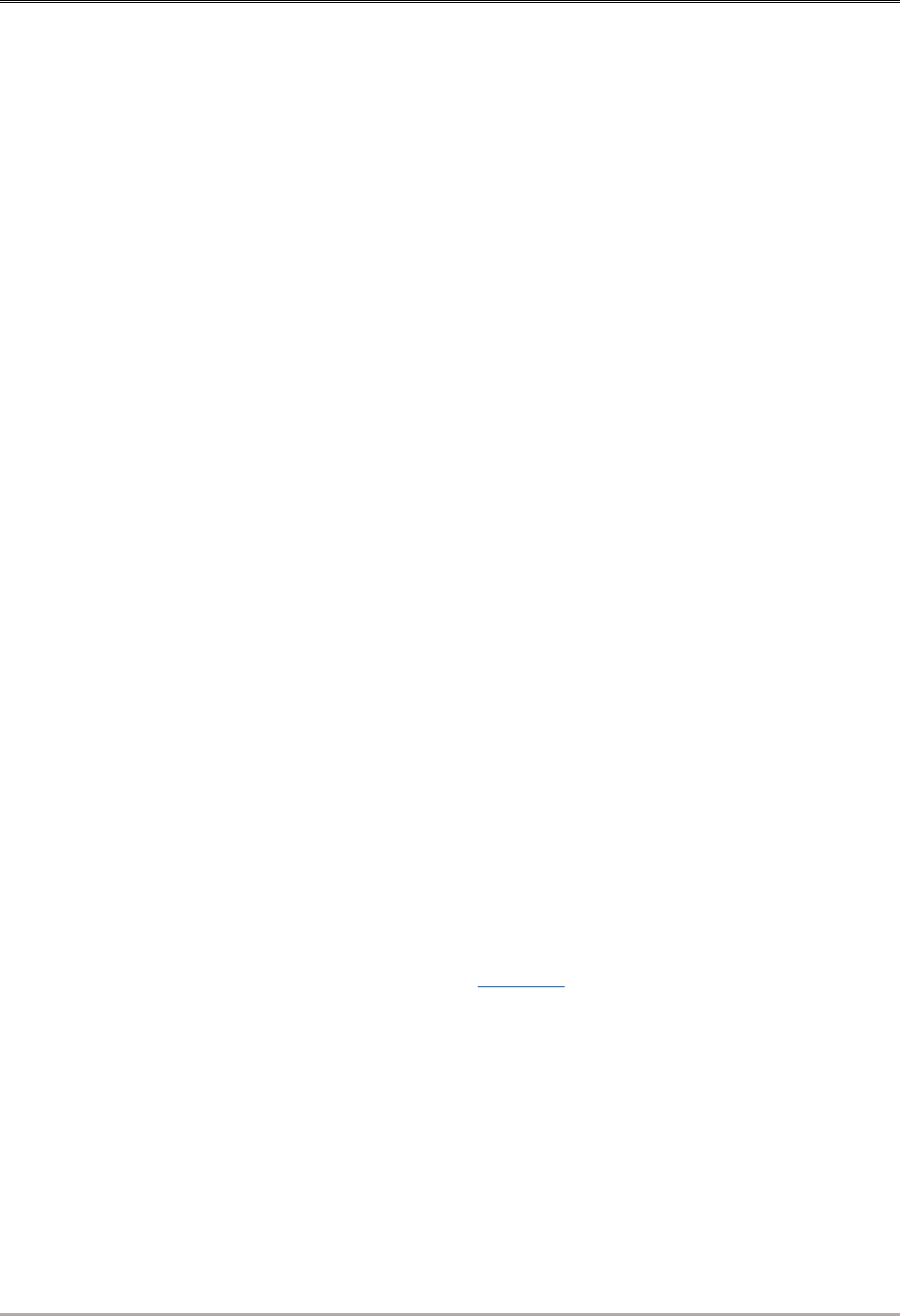
Columbia-Greene Community College 2023-2024 Catalog
29
Academic Standards and Regulations
Registration Policies
Limitations on Course Loads
A student cannot take more than 19 semester
hours without the written permission of the
student’s academic advisor and the Dean of
Academic Affairs. Generally, this permission
is not granted to a student who does not have
at least a 3.5 cumulative grade point average.
Audit Policy
To audit a course, students must register by
contacting the Office of Records and
Registration. Those who audit do so only to
peruse a class; they may not have the privilege
of participation in class discussions, laboratory
work, or fieldwork. Auditing is limited to
credit courses. A list of courses appropriate
for audit is available in the Office of the
Provost. Auditing will not be permitted if a
class is filled.
Auditors do not take tests, submit term papers,
or receive grades, nor do they have the
privilege of receiving peer tutoring. Auditors
will not receive college credit or a grade for
the course; however, a notation of the audit
will be made on the student’s permanent
record. Library privileges are available under
this status.
Changing from audit to credit or credit to audit
will be permitted only during the designated
add period at the beginning of each semester
(only during the first week of classes). Credit
for audited courses cannot be established at a
later date except by enrolling in the course for
credit in a subsequent semester and satisfying
all course requirements at that time.
Students who audit a class will pay full tuition
and fees for the course. A certificate of
residence is also required.
Older Adult Audit
Adults 60 or older may audit credit courses on
a space-available basis at no charge (see
above audit policy for details). Anyone
interested should contact the Office of
Records and Registration. Proof of age may be
required.
Cross Registration of Full-Time Students
Full-time matriculated students can enter into
a cross registration arrangement with other
SUNY campuses. Students may cross register
for 3 credits of college-level courses each
semester. Students must be matriculated, have
a GPA of 2.0, be in good academic standing,
and be registered for at least 12 combined
credits. Approval from both the home and host
institution is required. Anyone interested
should contact the Office of Records and
Registration for further information and
guidelines.
Waiver of Requirements
Institutional degree requirements for associate
degree programs at Columbia-Greene
Community College, on file with the New
York State Education Department and the
State University of New York, and found on
page 70, should not be waived. Any
exceptions must be approved in writing by the
Dean of Academic Affairs.
Waived courses do not decrease the number of
credit hours required for graduation.
Course Substitutions
Academic advisors must provide written
approval for all course substitutions.
Substitutions may only be made with
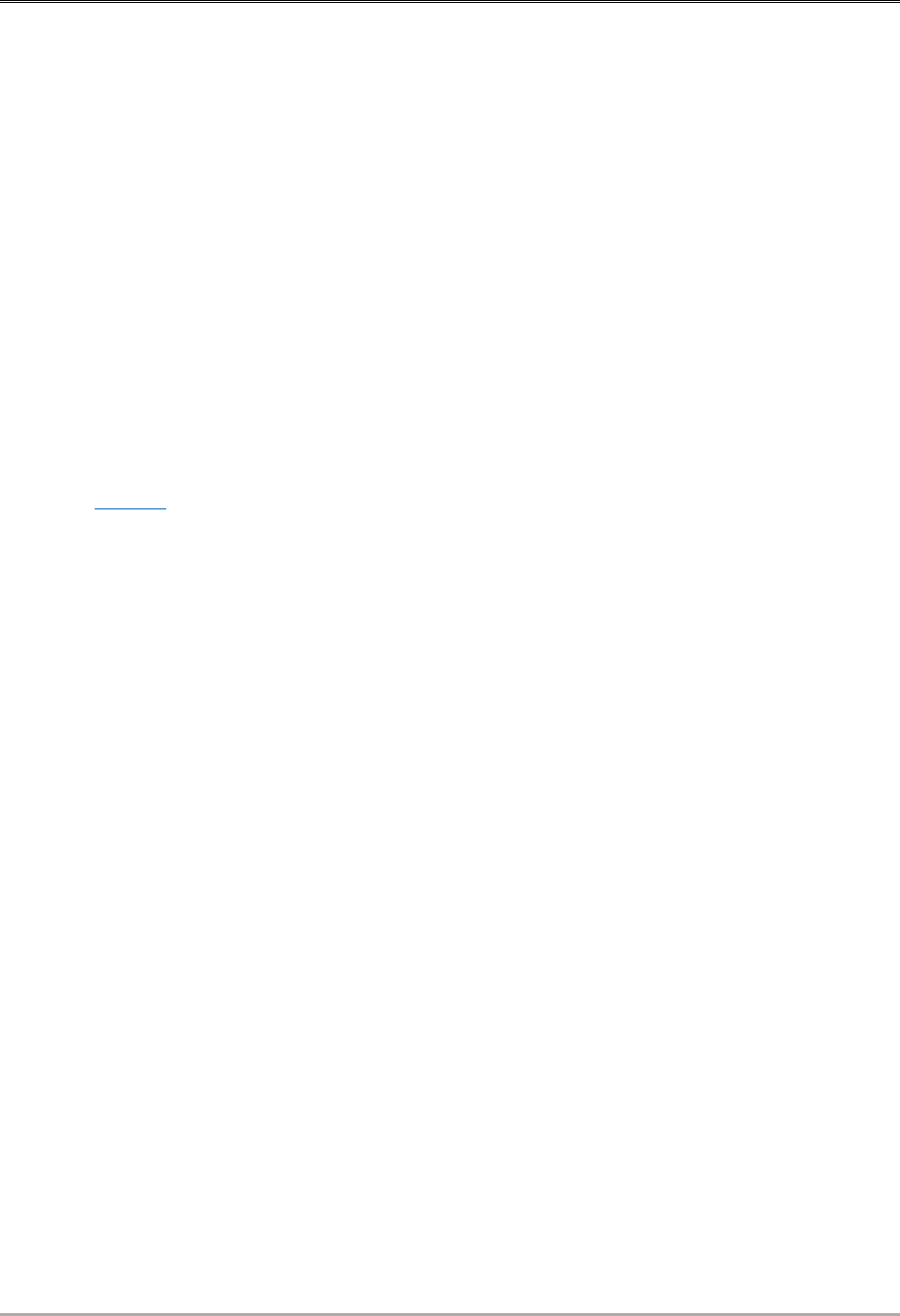
Columbia-Greene Community College 2023-2024 Catalog
30
equivalent courses within the same division’s
offerings.
Division chairs must provide written approval
for any substitution which uses courses from
divisions other than their own.
Dropping a Course
Students may drop a course until the census
date, which may vary for individual courses
(check with the Office of Records and
Registration for specific details). Census date
is defined as 20 percent of the full semester.
After officially dropping a course, it will not
appear on the student’s transcript. However,
there may be a financial liability for originally
registering for this course. Refer to the refund
policy on page 69 for further information.
A student may also be dropped from a course
if he or she has been reported by the instructor
as never attending.
To Drop One or More Courses
Students wishing to drop courses may do so
through Banner Self-Service. All students are
advised to check with their academic advisor
and the Bursar’s Office to determine the
impact a drop will have on degree completion
and financial liability. Matriculated students
receiving financial aid should also contact the
Financial Aid Office to discuss any possible
impact on financial aid eligibility.
Students wishing to drop or withdraw from all
courses must contact the Office of Records
and Registration.
Adding a Course
Students may add a course until the end of the
first week of classes without special
permission. After the first week of classes,
special consideration will be determined by
the Dean of Academic Affairs after
consultation with the instructor. The last day
to add courses that are special dated is
determined on a per-course, per-semester
basis. Check with the Records and
Registration Office for details.
Withdrawing from a Course
The withdrawal period begins after census
date. A student may withdraw from a class
after the census date, typically 20 percent of
the full semester, but this may vary for
individual courses. Please check with the
Office of Records and Registration for
specific details. The student will receive a
grade of W for the withdrawn course on their
transcript. Failure to attend class or an
informal notification to instructors will not be
considered official notice of withdrawal.
To Withdraw from One or More Courses
Students who wish to withdraw from courses
may do so through Banner Self-Service unless
they are withdrawing from all courses. Any
student who wishes to withdraw from all
courses must complete a withdrawal form,
which is available from the student’s
academic advisor or from the Office of
Records and Registration. Signatures must be
obtained from the student's academic advisor
as well as the Financial Aid Office before
submitting this form to the Office of Records
and Registration. Forms must be submitted by
the deadline established in the college catalog.
Medical/Compassionate Withdrawal
A student can request a medical/
compassionate withdrawal where extreme
illness, injury, or other significant situation
prevents them from completing classes. The
circumstances for the student request would
generally involve death in the student’s
immediate family, unforeseen physical or
mental health difficulties, or an unexpected
family illness that requires the student’s
presence and prohibits the completion of the
course.
Withdrawals may result in a recalculation of
financial aid eligibility. Students receiving
financial aid should discuss the implications
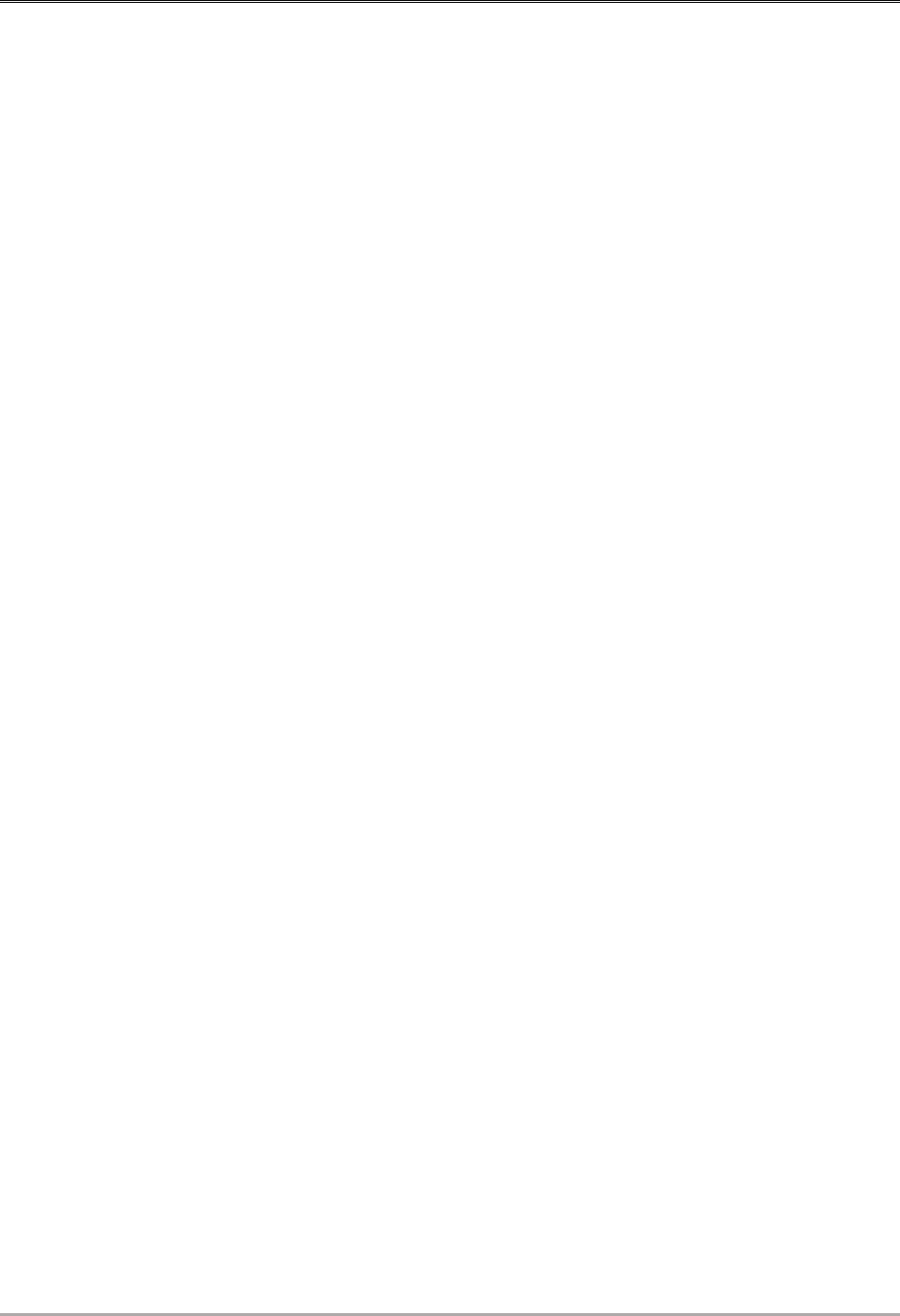
Columbia-Greene Community College 2023-2024 Catalog
31
with the financial aid office before requesting
a withdrawal.
Requests for a medical/compassionate
withdrawal must be submitted in writing to
the Dean of Student Development. Supporting
documentation must be included and received
by the last day of classes for the semester in
order for the appeal to be accepted and
approved. The student will receive notice of
the decision.
Matriculated students who withdraw from all
courses may enroll for courses in a subsequent
semester without having to apply for
readmission. If, however, matriculated
students withdraw from all courses and do not
continue their enrollment in a subsequent
semester, they must apply for readmission
and meet any new curriculum requirements in
effect at the date of readmission.
Independent Study
Independent study is a form of learning
whereby a faculty member and the student
cooperatively design a written contract
equivalent to college-level study within a
specific discipline.
1. Students must have completed at least 12
semester hours from an accredited college
and possess a cumulative grade point
average of 3.0 or higher as of the date of
the written contract for independent study.
2. Transfer students must supply official
transcripts to verify grade point average.
3. Independent study will be under the
supervision of a faculty member affiliated
with Columbia-Greene Community
College.
4. An independent study cannot be
substituted for a course in the catalog. It
will appear on the transcript with a course
title and code identifying it as an
independent study.
5. A student may take only one independent
study per semester and a maximum of
three at Columbia-Greene.
6. Each hour of credit should reflect a
minimum of 45 hours of work.
7. To register, a student must hand in a
completed contract approved and signed
in the following order: the student, the
faculty, the registrar, the division
chairperson, and the Dean of Academic
Affairs.
8. Deadline for registration and completion
of projects will follow the regular college
calendar as published in the current
catalog.
9. Independent study contract forms and
regulations are available in the Office of
the Provost.
Student Records
Annual Notification to Students
The Family Educational Rights and Privacy
Act (FERPA) affords eligible students certain
rights with respect to their education records.
(An “eligible student” under FERPA is a
student who is 18 years of age or older or who
attends a postsecondary institution.) These
rights include:
1. The right to inspect and review the
student’s education records within 45 days
after the day Columbia-Greene
Community College (hereafter, the
“college”) receives a request for access. A
student should submit to the Registrar a
written request that identifies the record(s)
the student wishes to inspect. The
Registrar will make arrangements for
access and notify the student of the time
and place where the records may be
inspected.
2. The right to request the amendment of the
student’s education records that the
student believes is inaccurate, misleading,
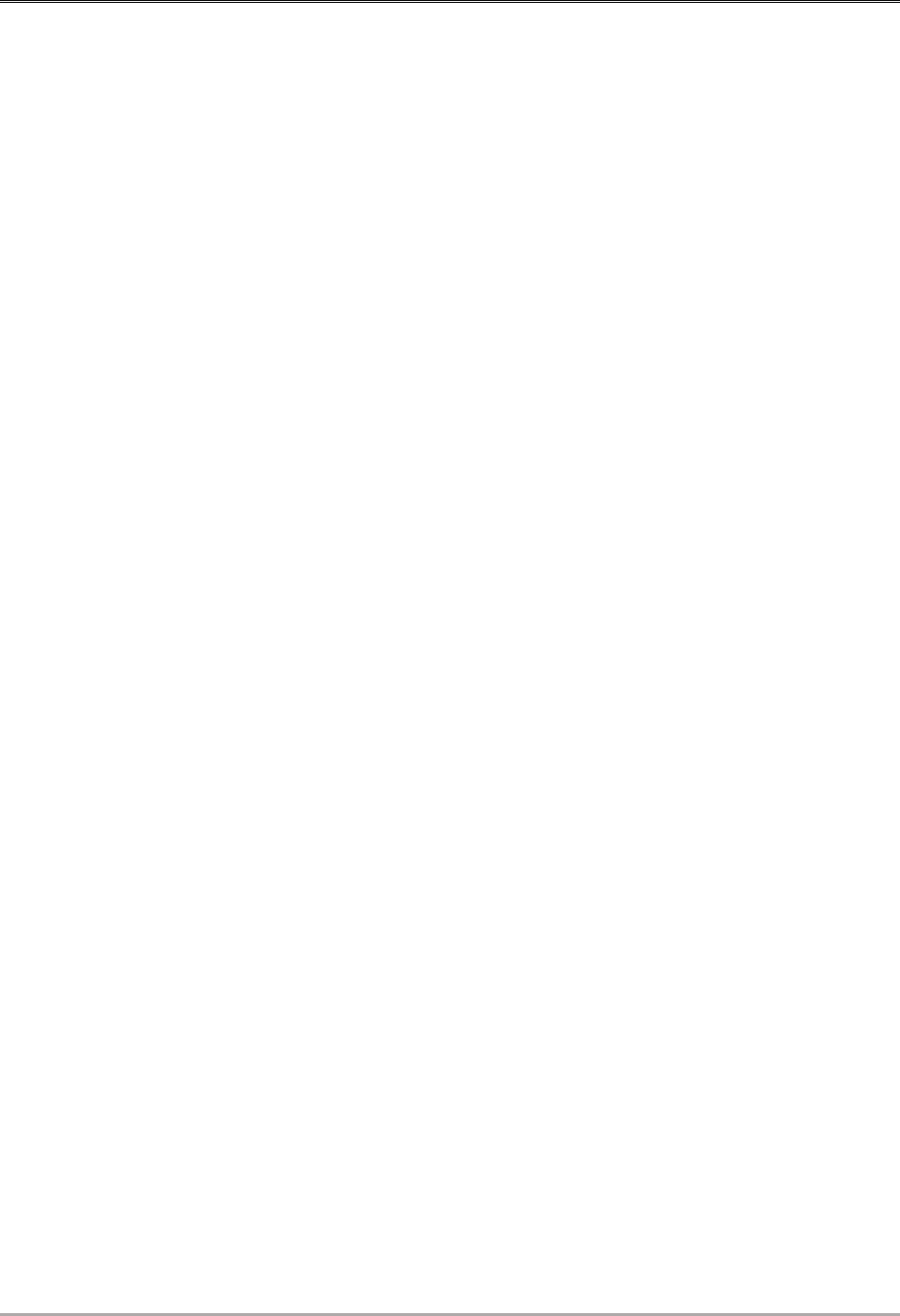
Columbia-Greene Community College 2023-2024 Catalog
32
or otherwise in violation of the student’s
privacy rights under FERPA.
A student who wishes to ask the college to
amend a record should write the Registrar,
clearly identify the part of the record the
student wants changed and specify why it
should be changed.
If the college decides not to amend the
record as requested, the college will notify
the student in writing of the decision and
the student’s right to a hearing regarding
the request for amendment. Additional
information regarding the hearing
procedures will be provided to the student
when notified of the right to a hearing.
3. The right to provide written consent
before the college discloses personally
identifiable information (PII) from the
student’s education records, except to the
extent that FERPA authorizes disclosure
without consent.
The college discloses education records
without a student’s prior written consent
under the FERPA exception for disclosure
to college officials with legitimate
educational interests.
A college official is a person employed by
the college in an administrative,
supervisory, academic, research, or
support staff position; a person serving on
the board of trustees; a student serving on
an official committee, such as a
disciplinary or grievance committee; a
person employed by SUNY System
Administration; or a person who is
employed by the campus’s law
enforcement unit. A college official also
may include a volunteer or contractor
outside of the college who performs an
institutional service of function for which
the college would otherwise use its own
employees and who is under the direct
control of the college with respect to the
use and maintenance of PII from
education records, such as an attorney,
auditor, or collection agent or a student
volunteering to assist another college
official in performing his or her tasks.
A college official has a legitimate
educational interest if the official needs to
review an education record in order to
fulfill his or her professional
responsibilities for the college; performs a
task that is specified in his or her position
description or contract agreement;
performs a task related to a student’s
education; performs a task related to the
discipline of a student; provides a service
or benefit relating to the student or
student’s family, such as health care,
counseling, job placement or financial aid;
maintains the safety and security of the
campus or participates in conducting
studies, evaluations or assessments of
educational programs.
4. The right to file a complaint with the U.S.
Department of Education concerning
alleged failures by the college to comply
with the requirements of FERPA. The
name and address of the Office that
administers FERPA is:
Family Policy Compliance Office
U.S. Department of Education
400 Maryland Avenue, SW
Washington, DC 20202
FERPA permits the disclosure of PII from
students’ education records, without consent
of the student, if the disclosure meets certain
conditions found in §99.31 of the FERPA
regulations. Except for disclosures to college
officials, disclosures related to some judicial
orders or lawfully issued subpoenas,
disclosures of directory information, and
disclosures to the student, §99.32 of FERPA
regulations requires the institution to record
the disclosure. Eligible students have a right
to inspect and review the record of
disclosures. A postsecondary institution may
disclose PII from the education records
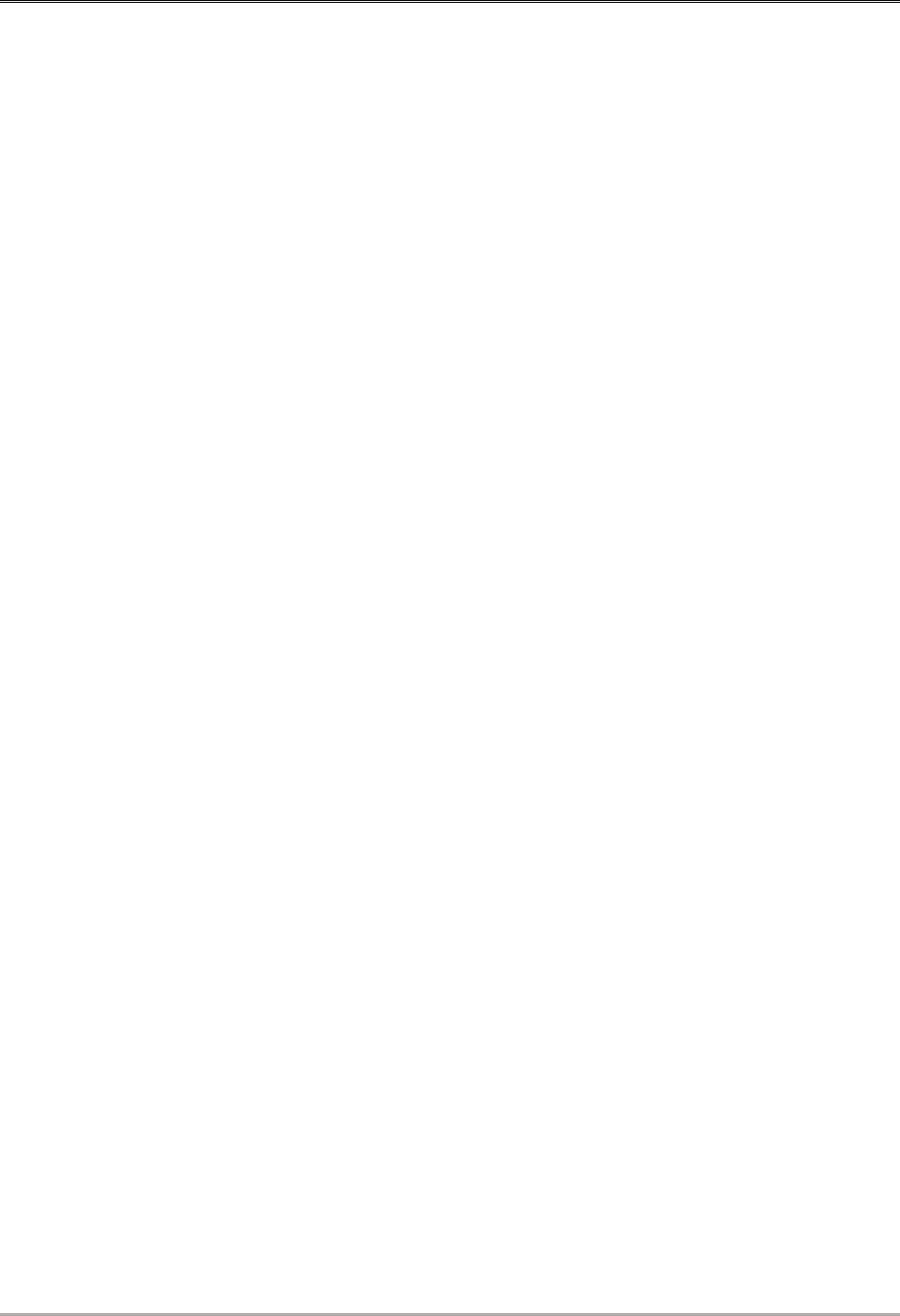
Columbia-Greene Community College 2023-2024 Catalog
33
without obtaining prior written consent of the
student –
• To other college officials, including
teachers, within the college whom the
college has determined to have
legitimate educational interests. This
includes contractors, consultants,
volunteers, or other parties to whom
the college has outsourced
institutional services or functions,
provided that the conditions listed in
§99.31(a)(1)(i)(B)(1) - (a)(1)(i)(B)(2)
are met. (§99.31(a)(1))
• To officials of another college where
the student seeks or intends to enroll,
or where the student is already
enrolled if the disclosure is for
purposes related to the student’s
enrollment or transfer, subject to the
requirements of §99.34.
(§99.31(a)(2))
• To authorized representatives of the U.
S. Comptroller General, the U. S.
Attorney General, the U.S. Secretary
of Education, or State and local
educational authorities, such as a State
postsecondary authority that is
responsible for supervising the
university’s State-supported education
programs. Disclosures under this
provision may be made, subject to the
requirements of §99.35, in connection
with an audit or evaluation of Federal-
or State-supported education
programs, or for the enforcement of or
compliance with Federal legal
requirements that relate to those
programs. These entities may make
further disclosures of PII to outside
entities that are designated by them as
their authorized representatives to
conduct any audit, evaluation, or
enforcement or compliance activity on
their behalf. (§99.31(a)(3) and §99.35)
• In connection with financial aid for
which the student has applied or which
the student has received, if the
information is necessary to determine
eligibility for the aid, determine the
amount of the aid, determine the
conditions of the aid, or enforce the
terms and conditions of the aid.
(§99.31(a)(4))
• To State and local officials or
authorities to who such information is
specifically required to be reported or
disclosed pursuant to a state statute
adopted prior to Nov. 19 1974, if the
allowed reporting or disclosure
concerns the juvenile justice system
and the system's ability to effectively
serve the student whose records are
released; or information that Is
allowed to be reported pursuant to a
State statute adopted after November
19,1974, which concerns the juvenile
justice system and the system's ability
to effectively serve, prior to
adjudication, the student whose
records are released. (§99.31(a)(5))
• To organizations conducting studies
for, or on behalf of, the college, in
order to: (a) develop, validate, or
administer predictive tests; (b)
administer student aid programs; or (c)
improve instruction. (§99.31(a)(6))
• To accrediting organizations to carry
out their accrediting functions.
(§99.31(a)(7))
• To the parents of an eligible student if
the parents have submitted official
evidence that the student is a
dependent for IRS tax purposes.
(§99.31(a)(8))
• To comply with a judicial order or
lawfully issued subpoena.
(§99.31(a)(9))
• To appropriate officials in connection
with a health or safety emergency,
subject to §99.36. (§99.31(a)(10))
• Information the college has designated
as “Directory Information” under
§99.37. (§99.31(a)(11)) (see list
below)
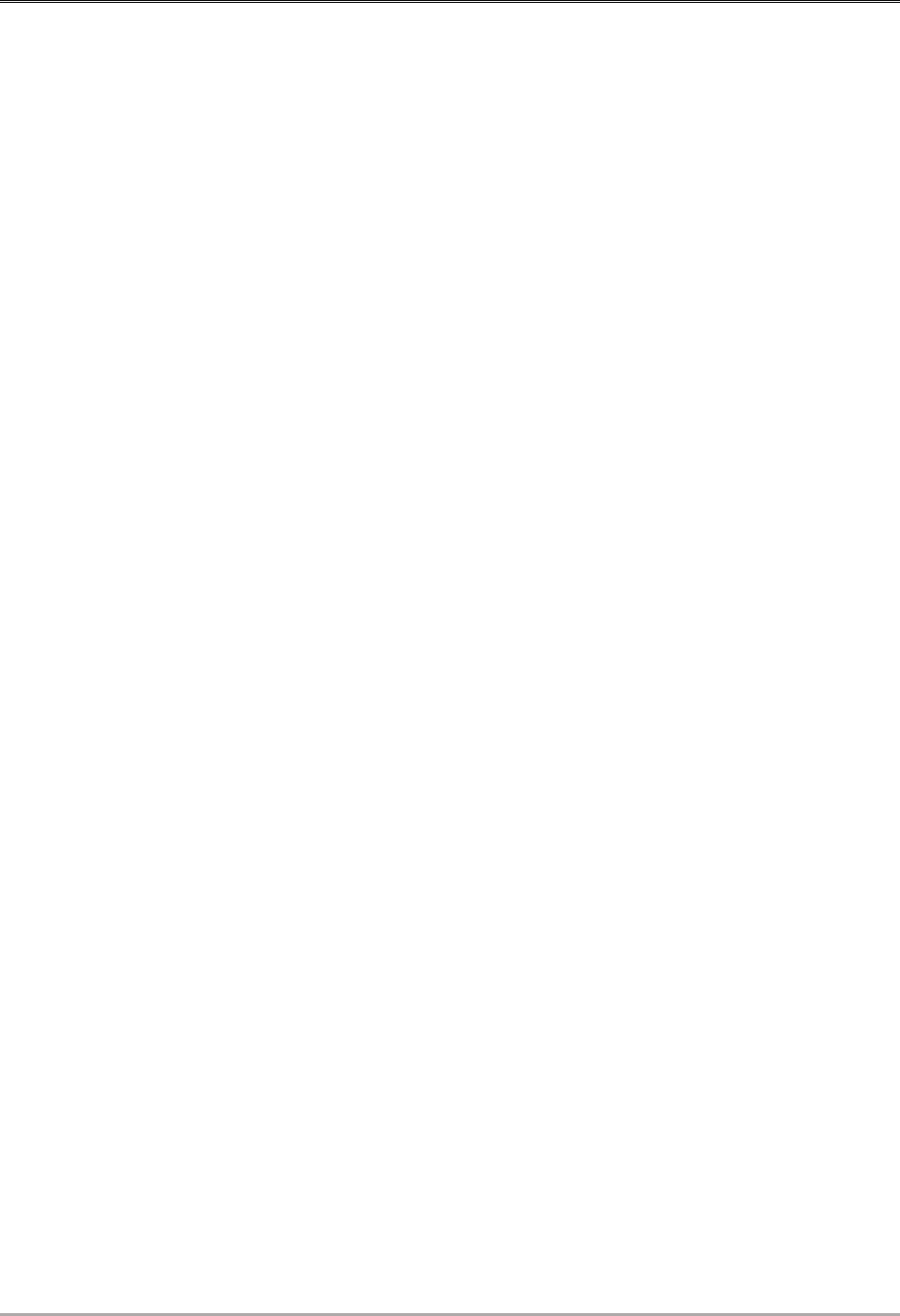
Columbia-Greene Community College 2023-2024 Catalog
34
• To a victim of an alleged perpetrator
of a crime of violence or a non-
forcible sex offense, subject to the
requirements of §99.39. The
disclosure may only include the final
results of the disciplinary proceeding
with respect to that alleged crime or
offense, regardless of the finding.
(§99.31(a)(13))
• To the general public, the final results
of a disciplinary proceeding, subject to
the requirements of §99.39, if the
college determines the student is an
alleged perpetrator of a crime of
violence or non-forcible sex offense
and the student has committed a
violation of the college’s rules or
policies with respect to the allegation
made against him or her.
(§99.31(a)(14))
• To parents of a student regarding the
student’s violation of any Federal,
State, or local law, or of any rule or
policy of the college, governing the
use or possession of alcohol or a
controlled substance if the college
determines the student committed a
disciplinary violation and the student
is under the age of 21. (§99.31(a)(15))
• To Veterans Administration Officials
pursuant to 38 USC §3690 (c).
• To the court those records that are
necessary to defend the college when
a student initiates legal action against
the institution. (§99.31(a)(9))
• To the Military, directory information
as it is presently defined under the
Solomon Amendment, the student's
name and address; telephone listing;
date and place of birth; class level;
academic major; degrees received and
the educational institution in which the
student was most recently enrolled
even if the institution has not
designated such Information as
directory information in its policy.
Information that is not required to
release to the Military: directory
Information, but only if the student has
requested that the college not release
such information to anyone,
information the institution certifies It
does not have, and information not
defined as directory information.
• When the disclosure concerns a
registered sex offender, including a
student, and is information received
under a community notification
program under 42 USC §14071.
(99.31(a)(16))
Directory Information
Directory Information or information from an
eligible student’s education record, that may
be disclosed without the student’s written
permission, as defined in 20 USC §
1232g(a)(5)(A) and adopted by the college,
includes:
• The student’s name
• Address
• Telephone Listing
• E-Mail Addresses
• Major field of study
• Dates of attendance
• Enrollment status (full time or part
time)
• Degrees and awards received
• Dates of degrees, honors and awards
• Participation in officially recognized
activities and sports
• Weight and height of members of
athletic teams
Students have the right to withhold disclosure
of such Directory Information upon
submission of an Authorization to Withhold
Directory Information form, which is
available from the Registrar.
Note to Parents
At the post-secondary level, parents have no
inherent rights to inspect a student’s education
records. The right to inspect is limited solely
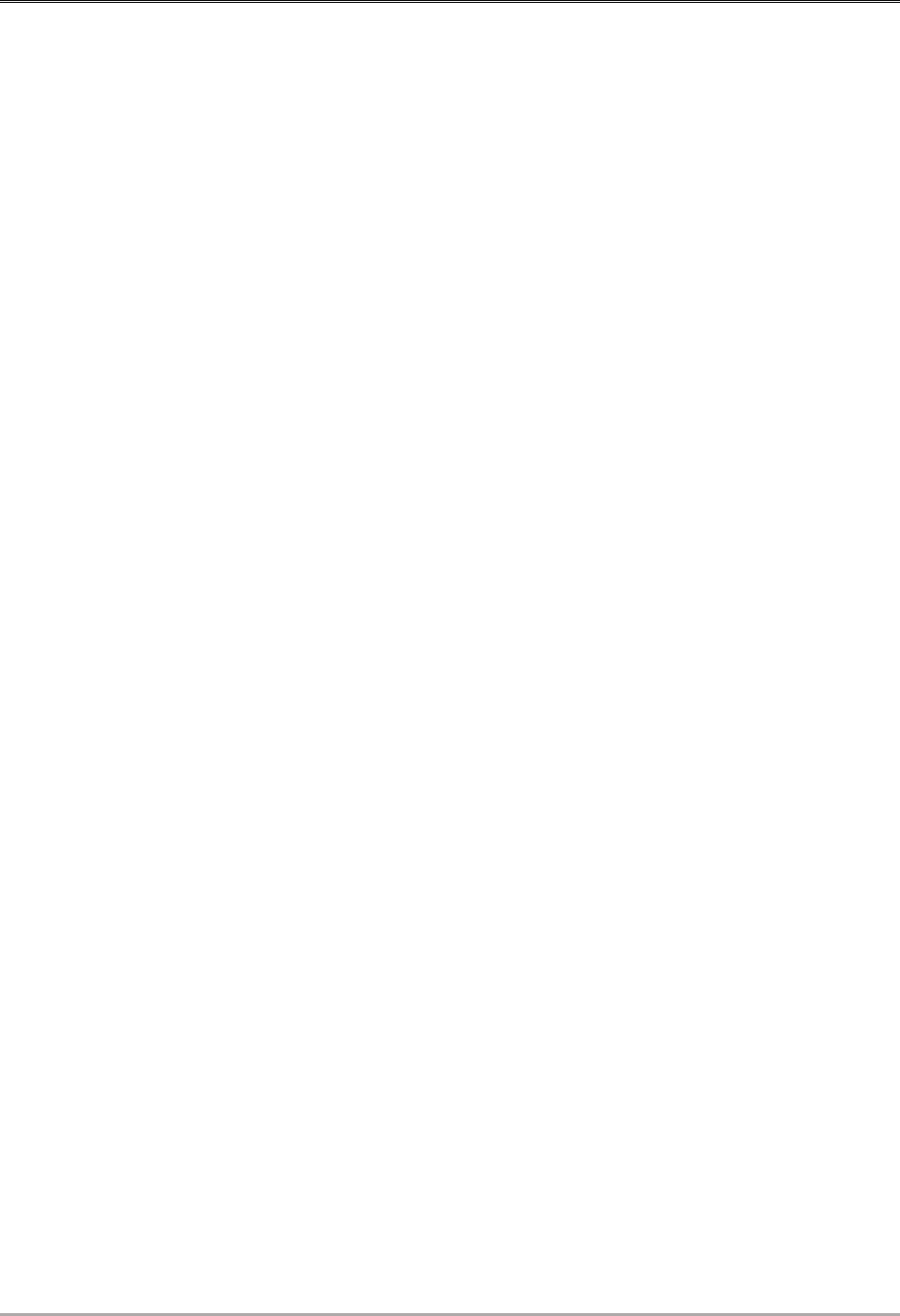
Columbia-Greene Community College 2023-2024 Catalog
35
to the student. Records may be released to
parents only if one of the following conditions
have been met:
1) through written consent of the student,
2) in compliance with a subpoena,
3) in connection with some health or safety
issue (as determined by the college), and
4) by submission of official evidence, i.e., a
Federal tax return transcript, that the
parents declare the student as a dependent
on their most recent Federal Income Tax
return (Internal Revenue Code of 1986,
Section 152).
Parents cannot assume that because their tax
records have been submitted to the Financial
Aid Office, that the determination of
“dependent” status is resolved. If a parent is
requesting access to a student’s records, a
recent Federal tax return transcript must be
submitted along with the request to the
Registrar.
Student Access to Records
Columbia-Greene Community College
affirms the right of students to know what
records are maintained about them and the
type of information such records contain. No
entry or document will be placed in a student’s
record without notice to the student, with the
exception of published grades,
announcements of honors, and documents or
entries supplied by or at the request of the
student. In general, students’ access to their
records will be limited only by reasonable
regulations as to time, place and supervision.
“Student records” include files, documents,
and other material maintained by officials of
the college that contains information directly
related to a student. Students will not,
however, be allowed to inspect the following
records, except as noted below:
1. Letters of recommendation that have been
obtained under a waiver of inspection
rights.
2. Records made by administrators and
faculty at Columbia-Greene Community
College for their own use and not shown
to others.
3. Financial information furnished by
parents, on the Free Application for
Federal Student Aid (FAFSA). Students
will be allowed to review such
information if written authorization is
provided by their parents.
Classroom Expectation
Student Conduct
Based on the assumption that students at C-
GCC are mature and responsible members of
both the community and respectful of others’
rights as well as their own, the College has
specific regulations regarding conduct printed
in the Student Handbook.
Additionally, the Student Handbook contains
the College's policy about the rules for
maintaining public order as passed by the
Board of Trustees and approved by the State
Education Department. Copies may be
obtained from the Office of the Dean of
Student Development or the Office of Student
Activities and Leadership Development.
Student Rights
The college supports the following position of
the American Association of University
Professors (1968 Joint Statement of Rights
and Freedoms of Students):
In the classroom and in conference, professors
should encourage free discussion, inquiry, and
expression. Student performance should be
evaluated solely on an academic basis, not on
opinions or conduct in matters unrelated to
academic standards.
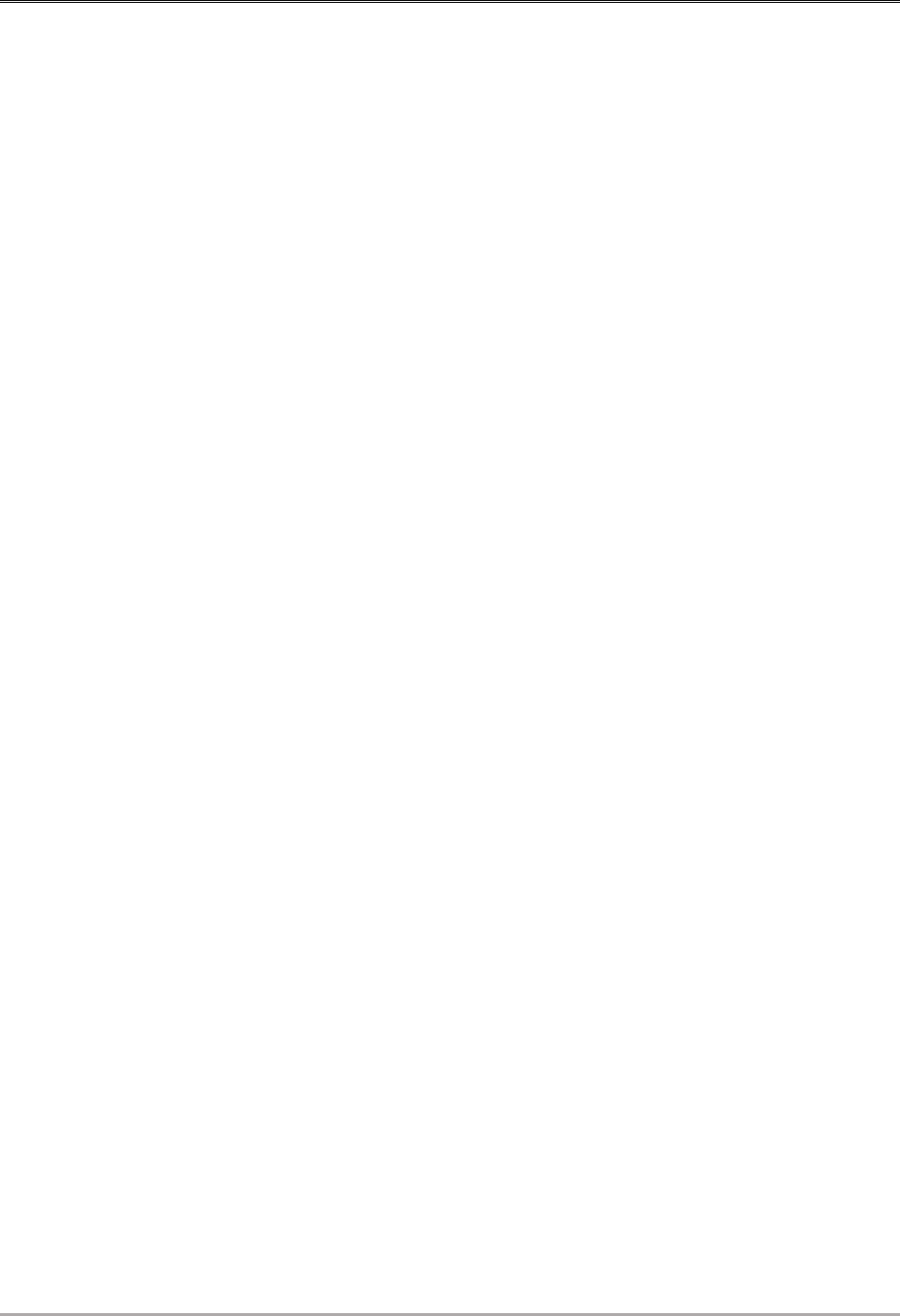
Columbia-Greene Community College 2023-2024 Catalog
36
A. Protection of freedom of expression.
Students should be free to take reasonable
exceptions to the data or views offered in
any course of study and to reserve
judgment about matters of opinion, but
they are responsible for learning the
content of any course of study for which
they are enrolled.
B. Protection against improper academic
evaluation. Students should have
protection through orderly procedures
against prejudiced or capricious academic
evaluation. At the same time, they are
responsible for maintaining the standards
of academic performance established for
each course in which they are enrolled.
C. Protection against improper disclosure.
Information about student views, beliefs,
and political associations that professors
acquire in the course of their work as
instructors, advisors, and counselors
should be considered confidential.
Protection against improper disclosures is
a serious professional obligation.
Judgments of ability and character may be
provided under appropriate
circumstances, normally with the
knowledge or consent of the student.
Course Requirements
An outline of all course requirements will be
provided by each instructor to students. This
outline will include a grading policy used to
determine a student’s final grade.
Students are responsible for meeting course
prerequisites and for promptly obtaining any
texts or materials required for the course.
Students who have met course prerequisites at
other institutions will be required to provide
transcripts evidencing satisfactory completion
of the prerequisite courses prior to
registration.
Attendance Policy
Specific attendance policies should be
confirmed with each instructor. Students must
be prompt and in attendance for all classes;
when absent, they are responsible for any
assignments and/or material they may have
missed. A class meeting is an uninterrupted
instructional session involving one or more
classes, a practicum, or a laboratory period
during which a single attendance record is
made. Excusable absences are those verified
as required by the individual faculty member.
If faculty records indicate that a student has
never attended a class, the Office of Records
and Registration will drop the student from a
class. This may affect health insurance,
athletic and financial aid eligibility.
Students receiving financial aid must attend
all courses that they are registered for to
receive funds. Financial aid may be affected if
a student stops attending or never attends
classes. Numerous absences may result in
failure.
Although Columbia-Greene Community
College does not have an institutional
attendance policy, students’ eligibility for
Title IV financial aid is determined, in part, by
their attendance in classes.
Per federal regulations, student attendance
includes, but is not limited to:
• Physically attending an on-campus or
synchronous remote class where there
is an opportunity for direct interaction
with the instructor;
• Submitting an academic assignment;
• Taking an exam, an interactive
tutorial, or computer-assisted
instruction;
• Attending a group session that is
assigned by the instructor;
• Participating in an online discussion
about academic matters; or
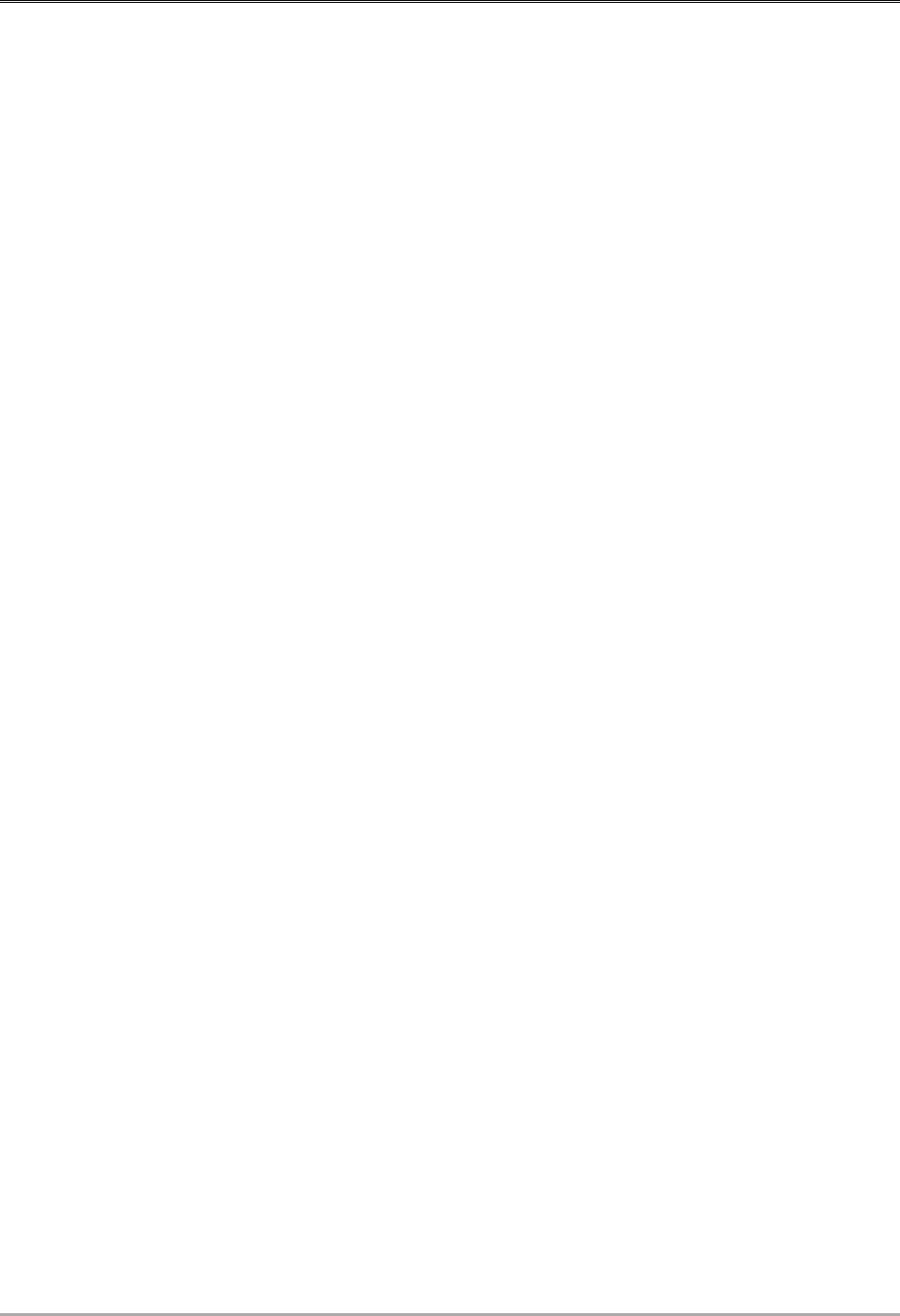
Columbia-Greene Community College 2023-2024 Catalog
37
• Initiating contact with the instructor to
ask a question about the academic
subject studied in the course
Academic Integrity
All students must do their own work;
cheating, plagiarism, abuse of college
computers, and other forms of academic
dishonesty can result in a failing grade or
other penalties under the college’s judiciary
procedures. (See “Code of Conduct” section
of the Student Handbook.)
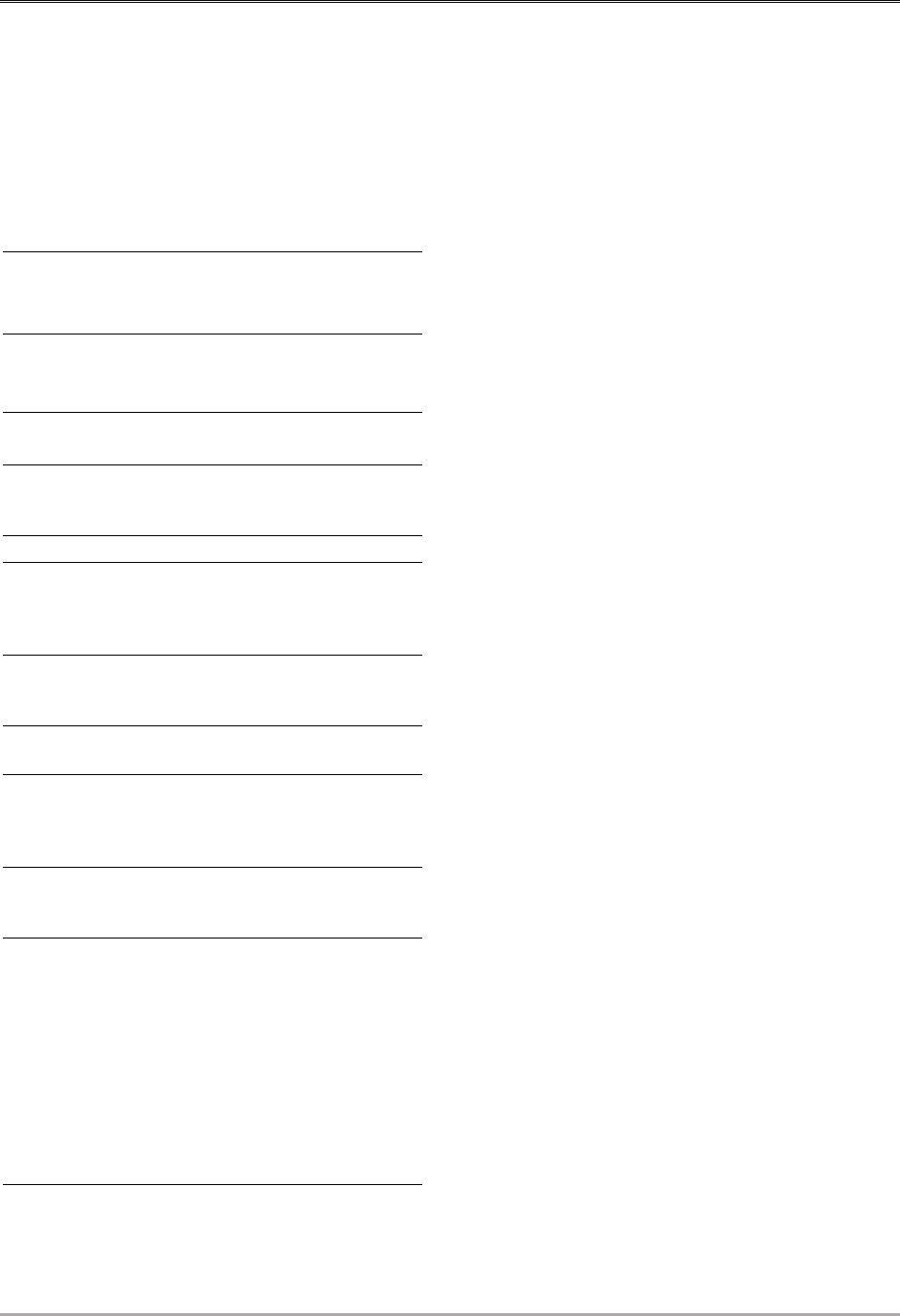
Columbia-Greene Community College 2023-2024 Catalog
38
Academic Status
Approved Grading System
(Note: students should check course outlines
for exact grading policy for each course)
Grade
Definition
Quality
Points
A
High Achievement
4.00
A-
3.67
B+
3.33
B
Good Achievement
3.00
B-
2.67
C+
2.33
C
Satisfactory Achievement
2.00
C-
1.67
D
Minimal Passing Grade.
Does not indicate the ability to
succeed at a higher level.
1.00
F
0
S Satisfactory. This grade is given to
students who satisfactorily complete all course work
in certain credit or non-credit courses as approved by
the Dean of Academic Affairs.
S^ Satisfactory. This grade is given to
students who satisfactorily complete all course work
in certain transitional courses.
ST Satisfactory testing to next level
(transitional courses only).
U Unsatisfactory. This grade is given to
students who do not satisfactorily complete all course
work in certain credit or non-credit courses as
approved by the Dean of Academic Affairs.
W Student-initiated withdrawal from a
course. This grade carries no penalty in the calculation
of the student’s GPA.
I Incomplete. A temporary grade issued by
an instructor when a student has not completed course
requirements due to illness or extenuating
circumstances and when the instructor believes that
the course requirements can be completed.
Arrangements to complete the course must be made
by contract between the student and the instructor
prior to the final grading period. The course work
must be made up within 60 days from when final
grades are due in a given semester or session, or the
grade of I will automatically become a grade of F.
AU Available only to those students registered
as audit students.
Computation of Cumulative Average
Multiply course credits by quality points for
grade received in the class; add total semester
hours; add total points generated. Divide the
total quality points by total semester hours.
The result is the cumulative grade point
average.
Warning Notices
Students who are not making satisfactory
progress in particular courses or who are on
track to receive D or F grades may receive a
notification indicating unsatisfactory
progress. These grades are not entered on the
transcript and are used for guidance purposes
only.
Final Grades
Unofficial transcripts are accessible through
Banner Self-Service for current students or
upon request to Records and Registration,
provided there are no outstanding obligations.
Transcripts
Official and student copies of transcripts will
be issued at the written request of the student.
Current students may request a transcript
using Banner Self-Service. Alumni may
obtain a Transcript Request form from the
College website or from the Office of Records
and Registration. If the student is in good
standing with all college offices and does not
have any financial holds, the request will be
granted. Allow approximately seven to ten
days for processing.
Computation of Cumulative Average
Multiply course credits by quality points for
grade received in the class; add total semester
hours; add total points generated. Divide the
total quality points by total semester hours.
The result is the cumulative grade point
average.
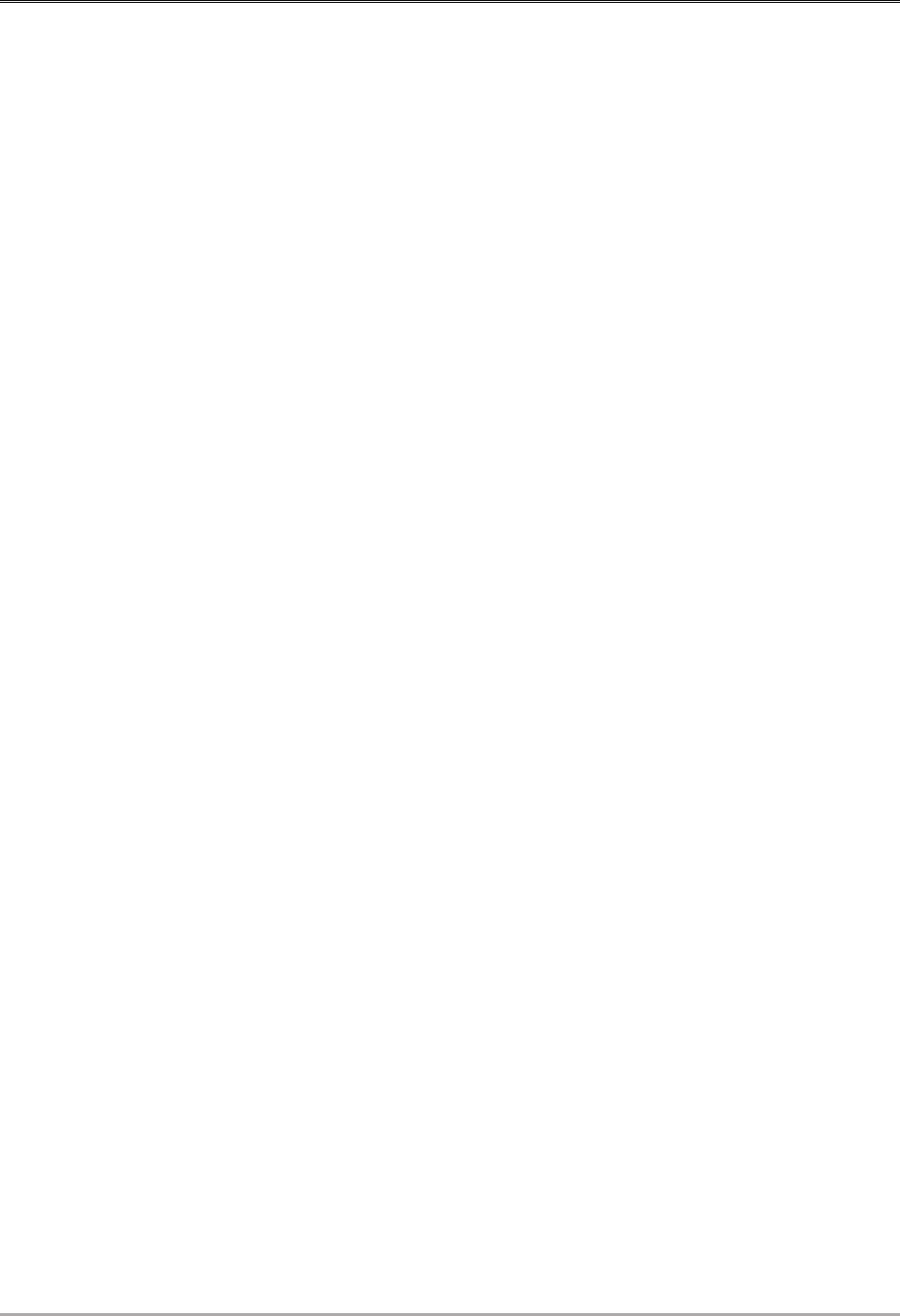
Columbia-Greene Community College 2023-2024 Catalog
39
Warning Notices
Students who are not making satisfactory
progress in particular courses or who are on
track to receive D or F grades may receive a
notification indicating unsatisfactory
progress. These grades are not entered on the
transcript and are used for guidance purposes
only.
Final Grades
Unofficial transcripts are accessible through
Banner Self-Service for current students or
upon request to Records and Registration,
provided there are no outstanding obligations.
Transcripts
Official and student copies of transcripts will
be issued at the written request of the student.
Current students may request a transcript
using Banner Self-Service. Alumni may
obtain a Transcript Request form from the
College website or from the Office of Records
and Registration. If the student is in good
standing with all college offices and does not
have any financial holds, the request will be
granted. Allow approximately seven to ten
days for processing.
Repeating Courses
A student may repeat any course a maximum
of one time, except with the permission of the
Dean of Academic Affairs A grade of W
counts as an attempt. A course in which a
grade of C or better is received can be repeated
only with the permission of the Dean of
Academic Affairs. The original grade will
remain on the student’s transcript; however,
the last grade earned will be used in
computing the student’s cumulative grade
point average. This rule also includes any
transfer courses that are considered equivalent
to a C-GCC course.
Only students repeating courses with the
grade of F can include those courses in their
full-time status for TAP eligibility.
Change of Grade
Students wishing to appeal a grade must do so
no later than one year after completion of the
course.
Semester Credit Hour
A semester hour is an academic unit earned
that represents one hour of lecture or a
minimum of two hours of laboratory per week
for fifteen weeks.
Change of Curriculum
Students wanting to change curriculum should
discuss the change with their academic
advisor and then secure an application to
change curriculum from the Office of Records
and Registration and/or academic advisor. It is
the student’s responsibility to submit
approved paperwork in order to request a
change of curriculum. A student who changes
curriculum will be bound by the graduation
requirements of the catalog current at the time
of the change. Students who change
curriculum and who have transferred credits
from another institution must request a new
transfer-credit evaluation.
All requests to change curriculum will be
reviewed to determine eligibility for entrance
into new curriculum.
Discount Grades/Fresh Start
Discount Grades/Fresh Start is a one-time
only opportunity for students to have previous
grades discounted based on the following
criteria:
A grade of C-, D or F may be discounted if:
• the student was not enrolled at C-GCC
for three consecutive years, and
• the student has now completed 12 or
more semester hours with a 2.0
cumulative grade point average, and
• the course(s) with the C-, D or F
grade(s) are not able to be used as a
general elective,
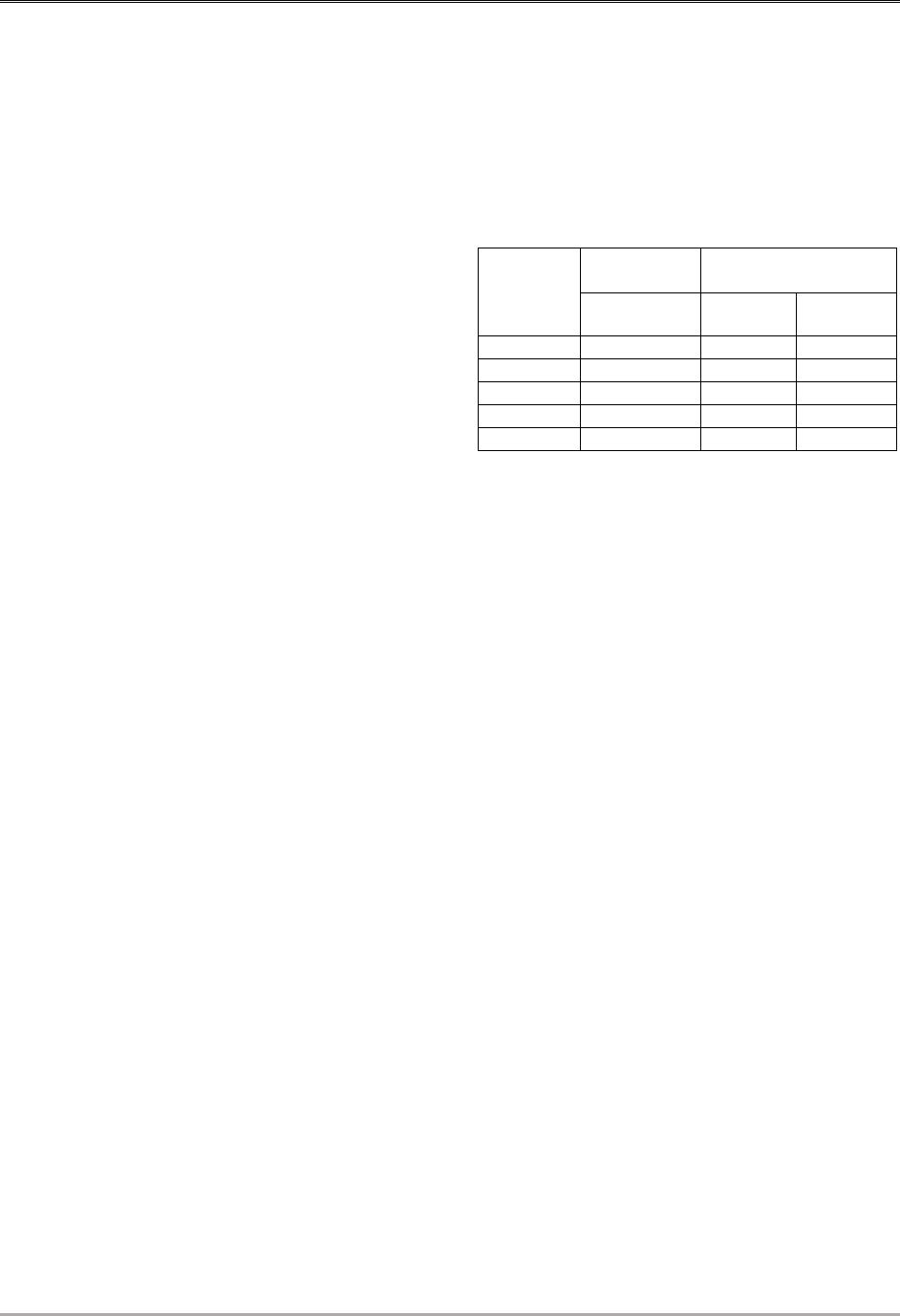
Columbia-Greene Community College 2023-2024 Catalog
40
• the course(s) have not been used to
certify a previous C-GCC degree
completion.
If all of these conditions have been met, the
student must then file a letter with the Office
of Records and Registration naming the
course(s) and reason(s) for requesting the
elimination, subject to approval by the Dean
of Academic Affairs.
Discounting of grades may impact financial
aid eligibility.
Any grades so discounted will remain on the
student’s transcript but will not be used to
compute the cumulative average.
There is no guarantee, expressed or implied,
that the Fresh Start policy will be recognized
by any other college or university.
Dean’s List and President’s List
The distinction of Dean’s List is awarded for
a grade point average of 3.25 or higher.
President’s List is awarded for a minimum
grade point average of 3.75.
Any student, full or part-time, who
demonstrates either of the above levels of
achievement during any given semester, will
automatically be placed on the Dean’s or
President’s List for that semester.
To qualify for these honors, the student must
complete a minimum of 6 semester hours of
college-level courses per semester. These
college-level courses must earn quality points
towards their GPA and does not include
transitional courses. The student must have no
failures, repeats, or incomplete grades within
the semester under consideration.
Good Academic Standing
A matriculated student is considered to be in
good academic standing at the end of a term
and for the subsequent term if the cumulative
GPA is 2.0 or higher.
Academic Progress
A student is considered to be making
satisfactory progress if a cumulative GPA is
maintained above the level of dismissal
defined in the table below.
Academic Progress Charts
Semester
Hours
Attempted
Average is
Between:
Grade Point Average is
Less Than:
Academic
Warning
Probation
Dismissal
0–13
1.00 - 1.99
1.00
––
14–24
1.50 - 1.99
1.50
1.00
25–38
1.75 - 1.99
1.75
1.25
39–54
1.90 - 1.99
1.90
1.50
55+
––
2.00
1.75
Total credit hours above include only those
attempted at C-GCC. Although not normally
included in the calculation of a student’s grade
point average, for purposes of determining
academic progress, satisfactory and
unsatisfactory grades will be equivalent to a
grade of C and F, respectively.
Probation
In some instances, the college may define a
student as being “on academic probation.”
Academic probation, including any
accompanying constraints on a student’s
activities (e.g., varsity sports, student senate),
is intended as an educational tool to encourage
greater effort by a student who appears to be
having difficulty meeting certain academic
standards. Being on academic probation may
prevent a student from registering for
academic course work as a matriculated
student if certain conditions are not met.
Matriculated students placed on probation
will generally not be allowed to register for
more than 13 semester hours. Transitional
skills course work will be included in the
calculation of the grade point average when
determining probation status.
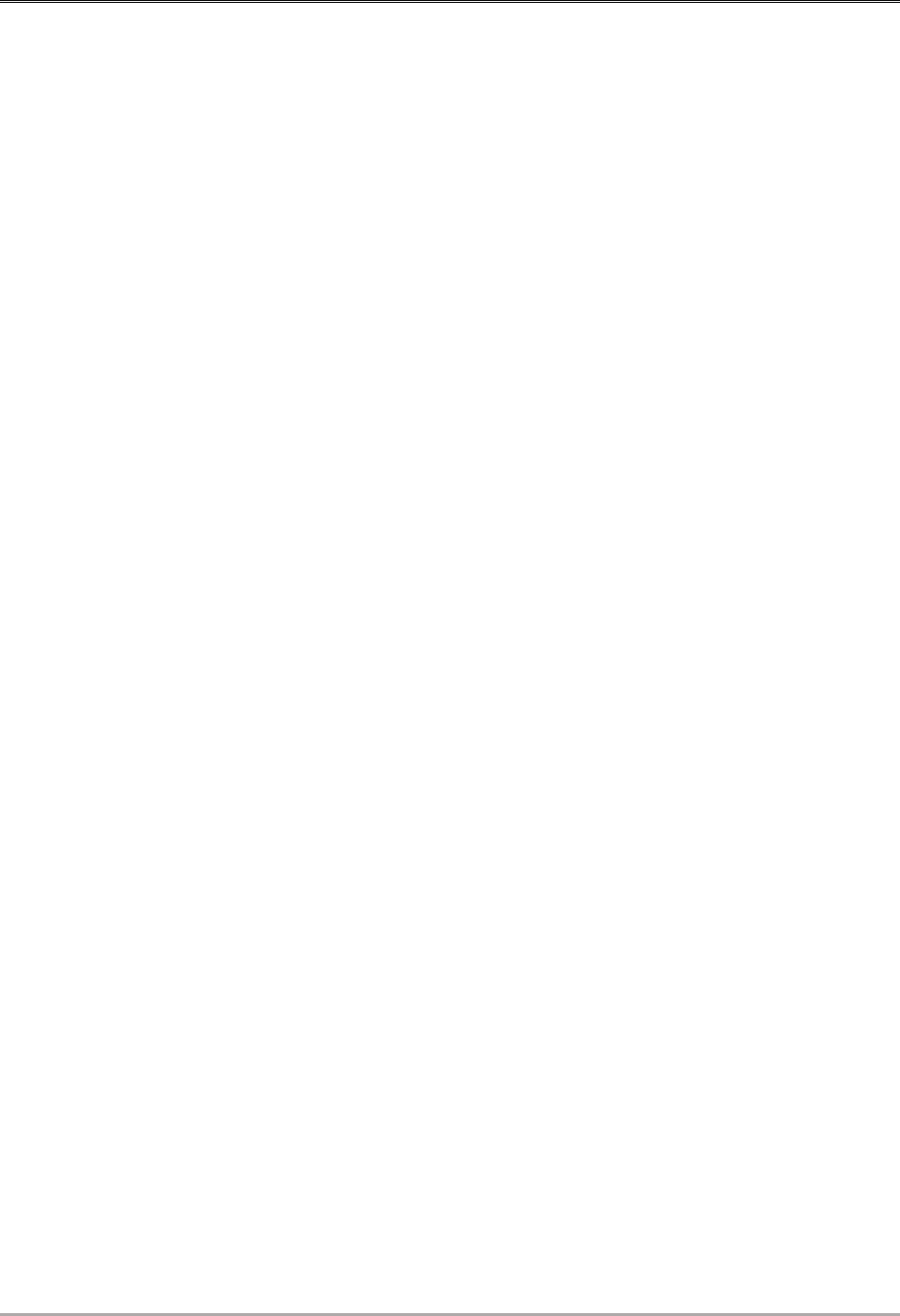
Columbia-Greene Community College 2023-2024 Catalog
41
Dismissal
(Unsatisfactory Academic Progress)
Matriculated students are recommended for
dismissal when, in the opinion of the college,
they fail to demonstrate the ability and interest
required for successful completion of a given
program and are not considered to be in good
academic standing.
A dismissed student will lose matriculated
status and has the following options:
1. Continue as a part-time, non-matriculated
student until the criteria for satisfactory
progress are met with a minimum of 6
credit hours, and then seek readmission.
2. Appeal the dismissal. If the dismissal is
upheld, the student cannot be considered
for readmission until the criteria for
satisfactory progress is met, as described
in paragraph 1, above.
3. A student who has been academically
dismissed two or more times will be
denied the opportunity to appeal until the
student returns on a non-matriculated
basis, completes a minimum of six credit
hours per semester for two consecutive
semesters, and earns a GPA of 2.0 or
higher in each semester.
Academic Appeals
If a student fails to meet the requirements of
good academic standing and believes that
extenuating circumstances contributed to this
failure, the student may appeal dismissal and
apply for reinstatement to matriculated status.
The student must file a written appeal with the
Dean of Academic Affairs by the date
indicated in the notification. A hearing will be
granted by the Academic Appeals
Subcommittee at the earliest possible time. If
reinstatement to matriculated status is
conferred, the student will be placed on
academic and federal financial aid probation
and required to follow an academic plan
designed to return the student to good
academic standing by a specified point in
time. If the student does not meet the
requirements of the academic plan, the student
will be dismissed and will lose eligibility for
all federal financial aid, including student
loans, again. New York State financial aid
awards have separate criteria for
reinstatement of eligibility following
academic dismissal.
Academic Grievance Procedure
A student with a complaint against an
instructor regarding a grade or academic
misconduct should make the complaint to the
particular instructor within twenty days of
receiving the grade or alleged misconduct.
The student and the faculty member should
attempt to resolve the difference informally in
a manner acceptable to both.
Change of grade grievances will not be
accepted after one year of receiving the grade
in question.
If, after meeting with the faculty member, the
student still believes that the situation has not
been resolved, he/she is advised to meet with
the appropriate division/department head. If
necessary, the appeal may then be forwarded
in writing by the student to the Dean of
Academic Affairs for consideration and
resolution. If the issue is still not resolved
satisfactorily by the Dean of Academic
Affairs, the student may appeal directly to the
President of the college for a hearing. The
decision of the President is final.
Honors Studies Program
Mission of the Honors Studies Program
The Honors Studies Program at C-GCC
provides highly motivated students the
opportunity to pursue academic excellence
within a challenging, educational framework.
Honors Studies students will engage in
creative, divergent, and critical thinking; work
closely with faculty; conduct in-depth study
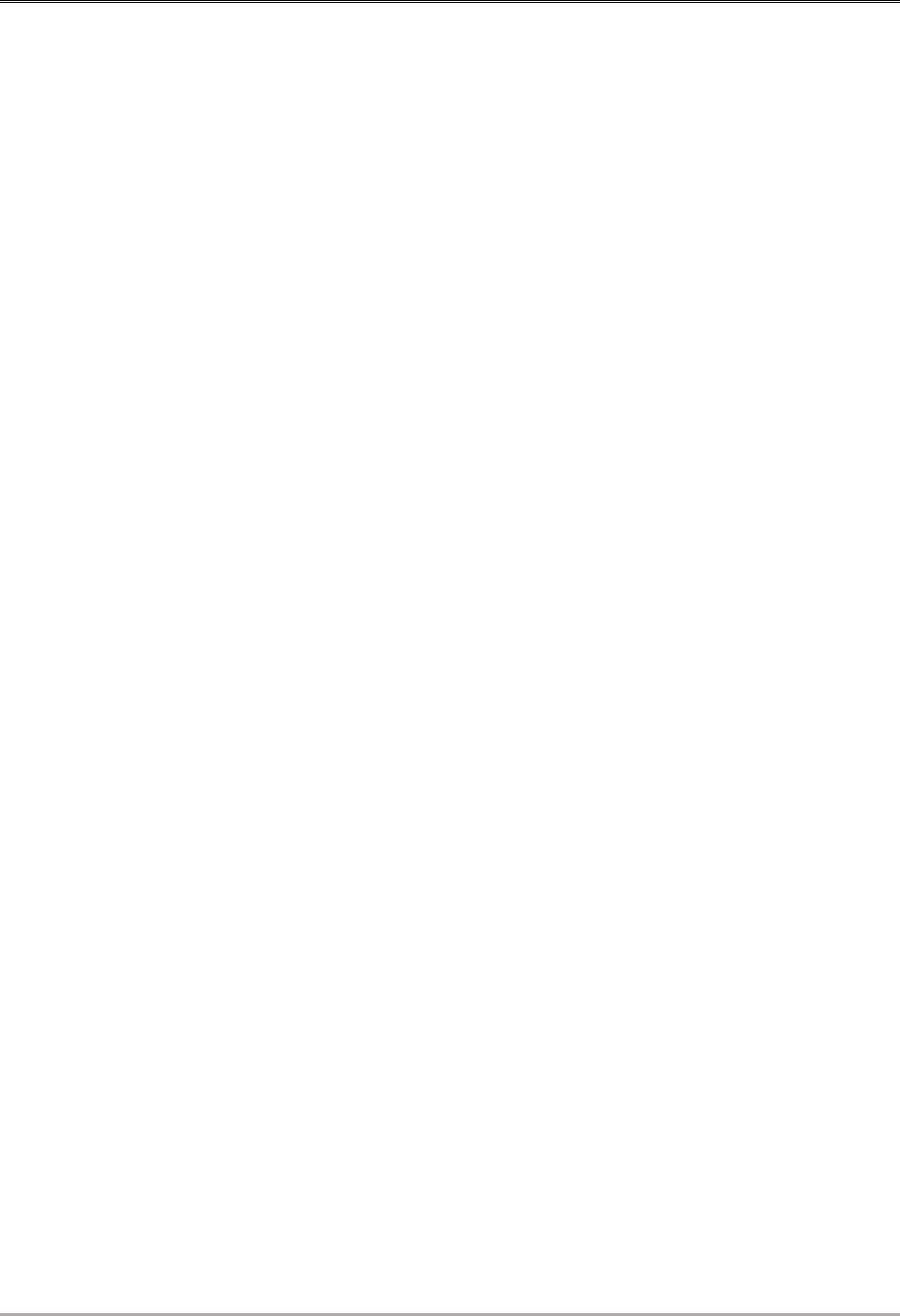
Columbia-Greene Community College 2023-2024 Catalog
42
and research; collaborate with other highly
motivated students; participate in seminars;
enhance their academic records and enrich
their resumes.
Honors Students are encouraged to participate
in extra-curricular activities and community
services.
Admission to the Honors Studies Program
1. Each applicant must submit a completed
application form.
2. All applicants will be interviewed by the
Director of the Honors Studies Program.
3. To be accepted into the program, students
must be matriculated with a minimum
cumulative GPA of 3.25 after completion
of 12 semester hours.
4. New students or transfer students with no
cumulative GPA may also apply. The
application will be reviewed by the
Honors Committee.
Honors Studies Program Graduation
Requirements
1. A minimum of 12 semester hours of
Honors level courses that includes 4 out of
the following 5 requirements (Transfer
students may transfer 2 of the 4
requirements):
An Honors course in the student’s major
field of study.
An additional Honors course in the
student’s major field of study
An Honors interdisciplinary course.
An Honors general education course.
An Honors course of student’s choosing.
AND
2. A minimum grade of B in each Honors
course.
AND
3. A minimum cumulative GPA of 3.25 at
the time of graduation from the college.
Honors Studies Opportunities
Honors Studies credits may be earned through
the following options:
1. Honors Enriched Courses: Students with
the prior agreement of their professor(s)
may choose and/or continue a project,
paper, or body of work to elevate a regular
course to Honors level. The student will
collaborate with the professor(s) to
design/construct the project. A written
contract is then submitted to the Director
of Honors Studies by the due date
indicated on the contract. The project must
be approved by the Director of Honors
Studies and the Dean of Academic
Affairs.
2. Independent Study: This opportunity
allows a student and professor(s) to
cooperatively design and undertake a
course equivalent to Honors-level study
within a specific discipline. A written
proposal from the student and the
professor must be submitted to the Honors
Studies Director by Census Date. The
proposal must be approved by the Director
of Honors Studies, the professor’s
Division Chairperson, and the Dean of
Academic Affairs.
For more information, please contact the
Director of Honors Studies at 518.697.6467.
Adult Student Honor Society
Chi Gamma Chi chapter of Alpha Sigma
Lambda is one of the nation’s oldest and
largest adult honor societies. The aim is to
recognize the special achievements of adults
who accomplish academic excellence while
facing the competing interests of home and
work. It is dedicated to the advancement of
scholarship and recognizes high scholastic
achievement in an adult student’s career.
To qualify for membership, students must be
at least 24 years old, matriculated, have a
minimum of 24 graded semester hours from
C-GCC in an undergraduate degree program
and have a minimum GPA of 3.2 on a 4.0
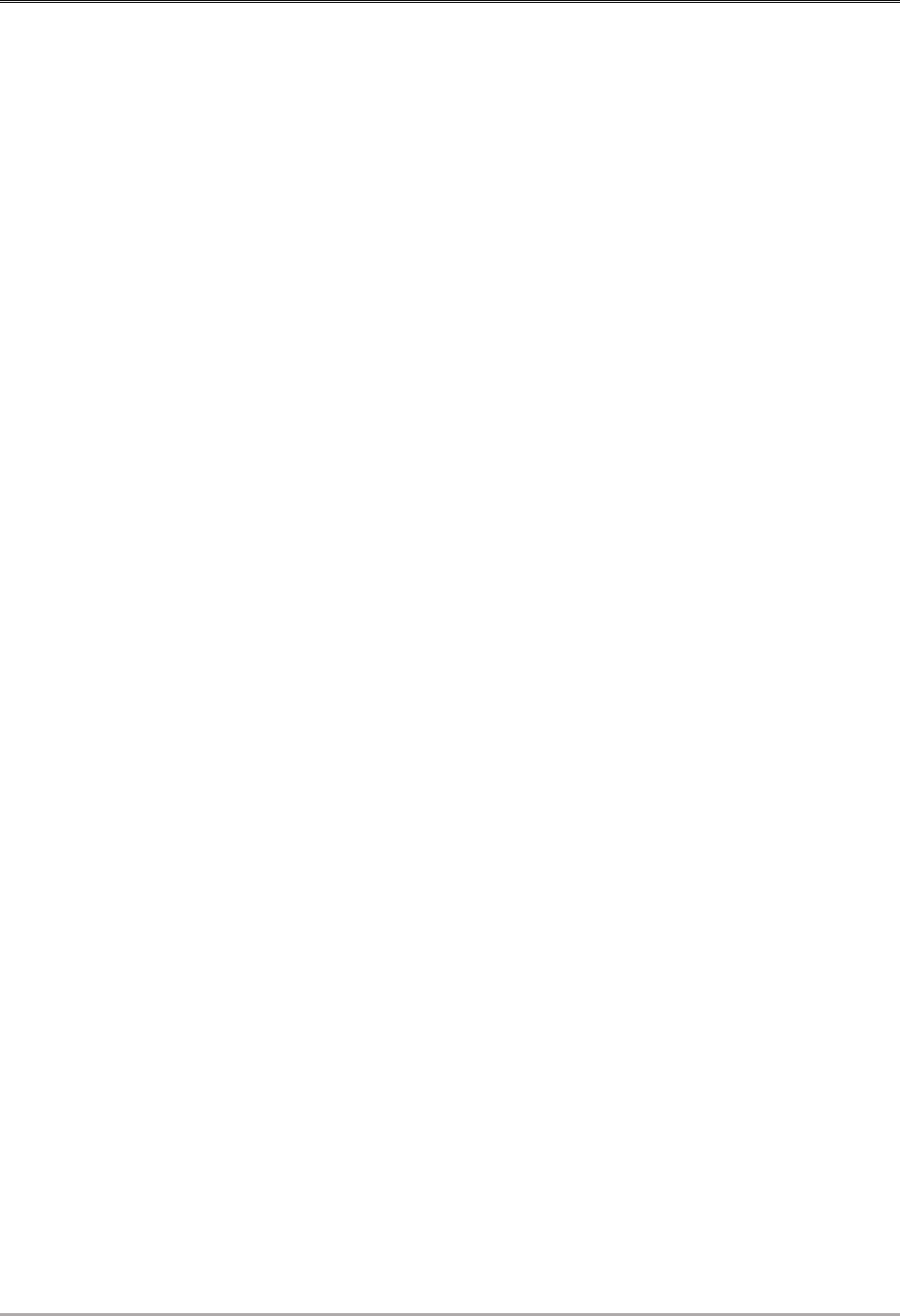
Columbia-Greene Community College 2023-2024 Catalog
43
scale. Members are then selected from the
highest ten percent of those students who meet
the requirements.
ALPHA BETA GAMMA Honor Society
Alpha Beta Gamma is the sole international
business honor society for accredited junior,
community, and technical two-year colleges.
The society exists to recognize and reward
academic excellence and encourage
scholarship among business and professional
honor students and to recognize the
contribution to learning by professors and
business professionals.
To be eligible for membership in Alpha Beta
Gamma, students must be enrolled in
Business or Professional curriculum at a two-
year degree granting institution. Students
must have completed 12 credit hours, with a
minimum of 3.0 or equivalent GPA.
PHI THETA KAPPA Honor Society
The Phi Theta Kappa Honor Society
recognizes and encourages scholarship among
two-year-college students. The Honor Society
provides students with an opportunity to grow
as leaders, serve the college and the
community, exchange ideas and ideals, reap
the benefits of fellowship activities with
peers, and stimulate an interest in continued
academic excellence. A student who has
completed at least 12 semester hours at C-
GCC and has a cumulative GPA of at least 3.5
is eligible to join the Phi Theta Kappa Honor
Society.
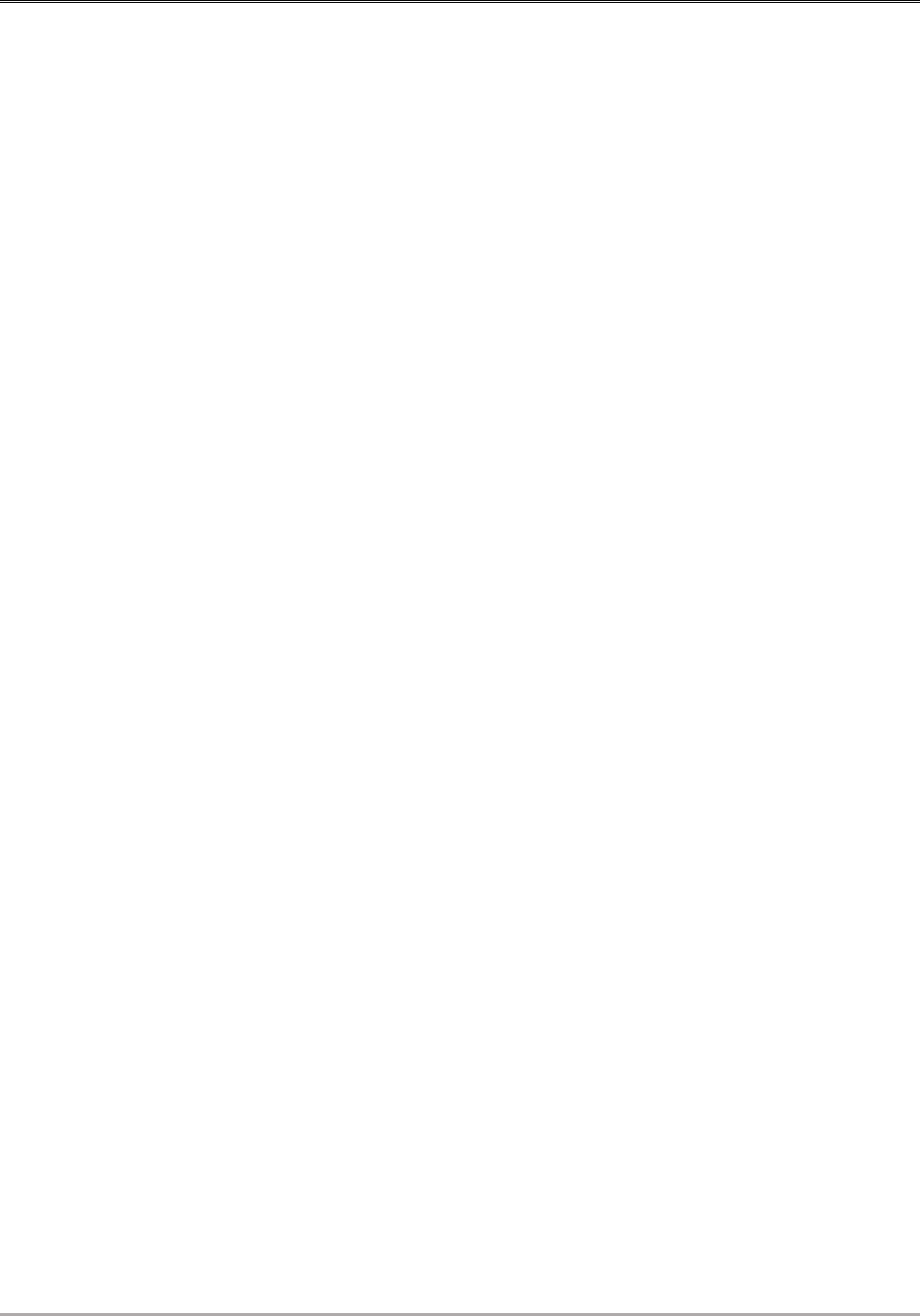
Columbia-Greene Community College 2023-2024 Catalog
44
Academic and Student Services
Student Success Center
Located opposite the campus library, the
Student Success Center is a dynamic learning
space where students can collaborate with
their peers, SSC staff and faculty. The SSC
delivers a range of services and programs that
support students’ academic experiences,
including tutoring in all subject areas,
academic success coaching, study and testing
areas, assistance with utilizing student
technology, and a variety of workshops. The
Student Success Center also provides students
with on campus computer lab spaces, as well
as calculator and laptop loaner programs. All
services and resources are available in person
in Suite 113 or virtually through the C-GCC
website and Virtual SSC in Brightspace;
walk-in services are available but scheduled
appointments are recommended for tutoring
and coaching.
Testing in the Student Success Center
The Student Success Center administers
placement tests and challenge exams as
determined appropriate by Admissions and
Academic Advising. The SSC also serves as a
make-up testing space through the semester.
Students wishing to take make-up tests in the
SSC need to seek permission from their
instructor and first make arrangements with
them. All testing administered and proctored
by the Student Success Center requires pre-
scheduled appointments, walk-in testing
services are not available. Students needing
extended time or other accommodations
should contact the Office of Accessibility
Services for testing.
Library and Media Services
The Columbia-Greene Community College
Library & Media Services supports the
college mission by providing access to
information services, resources, and
instruction central to student success. The
library supports the academic programs,
diverse cultural interests, intellectual growth,
and general needs of the entire college
community.
The two-story college library is located at the
north end of the Main Building. It occupies
15,900 square feet and has a seating capacity
for approximately 100.
The library features Wi-Fi, printing, and
several desktop computers with full internet
access. In addition, the library provides a
variety of study spaces including a group
study room.
The physical collection is approximately
70,000 books in addition to print periodical
subscriptions, archival microfilm, and DVDs.
Special collections include the Ettelt
Children’s Collection, young adult fiction,
popular fiction, Local History/Rare Books,
and a collection of local maps.
Additionally, the library subscribes to dozens
of online databases. These databases provide
access to scholarly, magazine, and newspaper
articles, most of which are available in full
text. Database access also includes e-books,
streaming video and audio that support
research, teaching, and learning. The library
provides access to complimentary digital
subscriptions to The New York Times and The
Wall Street Journal for all students, staff, and
faculty.
Students are encouraged to discover the many
library services offered. These include library
instruction, reference services, individual
research consultations, and resource
sharing/Interlibrary loan. Librarians build and
maintain a variety of online study guides for
specific class projects, citing sources, and
tutorials. Guides include links to subject-
specific databases, information on selecting a
research topic, citing sources, and credible

Columbia-Greene Community College 2023-2024 Catalog
45
websites. The library also maintains a channel
on YouTube to aid in using the online catalog
and other tutorials.
The library staff is eager to assist students
with all research needs. Librarians conduct
frequent mini courses in the use of the library.
These mini-courses are designed to teach the
information literacy skills necessary for
successful college-level research. These
courses are taught face-to-face and online
each semester.
Media Services include technical support and
equipment for instructional purposes for
faculty, students, and community groups.
Other responsibilities include maintenance
and distribution of audio-visual equipment
used in the classroom setting, as well as other
on-campus programs and activities.
The library supports and complies with New
York State Law (New York State Civil
Practice Law & Rules 4509, Chapter 112,
Laws of 1988) with respect to the
confidentiality of library records, including,
but not limited to the circulation of materials,
database searches, interlibrary loan
transactions, reference queries, and course
reserve requests.
All library records relating to an individual
patron’s use of the library and its resources are
confidential. These records may be consulted
and used by library staff while carrying out
library operations but will not be disclosed to
others except upon the request or consent of
the library user, or pursuant to subpoena, court
order, or otherwise required by law.
Library Hours are posted on the website. The
Library’s main number is: 518-828-4181, ext.
3286 or contact us via email at
Academic Advisement
The academic advisement system helps
matriculated students achieve their immediate
and long-term academic and vocational goals.
On admission, students are assigned a faculty
advisor to assist in planning and implementing
their programs. This is done prior to each
semester by appointment for registration, and
office hours reserved for advisement issues
are maintained throughout the semester.
Student Activities and Clubss
Social, cultural, and recreational activities are
a vital part of the college experience. To
promote these activities, the Student Senate
disburses student activity fees to various clubs
as well as the intercollegiate and intramural
athletics programs.
Consult the Student Handbook or the college
website for a detailed listing of current clubs,
organizations, and athletic programs.
Athletics and Intramurals
The athletic and intramural program
complements the academic mission of the
college by providing Student-Athletes with a
well-rounded collegiate experience. C-GCC is
a member of the National Junior College
Athletic Association (NJCAA) and Region
III. C-GCC encourages participation in
intercollegiate athletics, club sports and
intramural programs.
Bookstore
The college bookstore carries not only the
usual textbooks and supplies that are stocked
for the convenience of students but also such
items as C-GCC clothing, student crafts,
backpacks and totes, art supplies, and
paperbacks.
Daycare Center
A licensed daycare center operates in a
separate and specially designed building for
three- to five-year-old children of students,
faculty, and staff. Parents are encouraged to
make arrangements for daycare as soon as
their schedules are complete for the semester.
Fee schedules are posted annually.
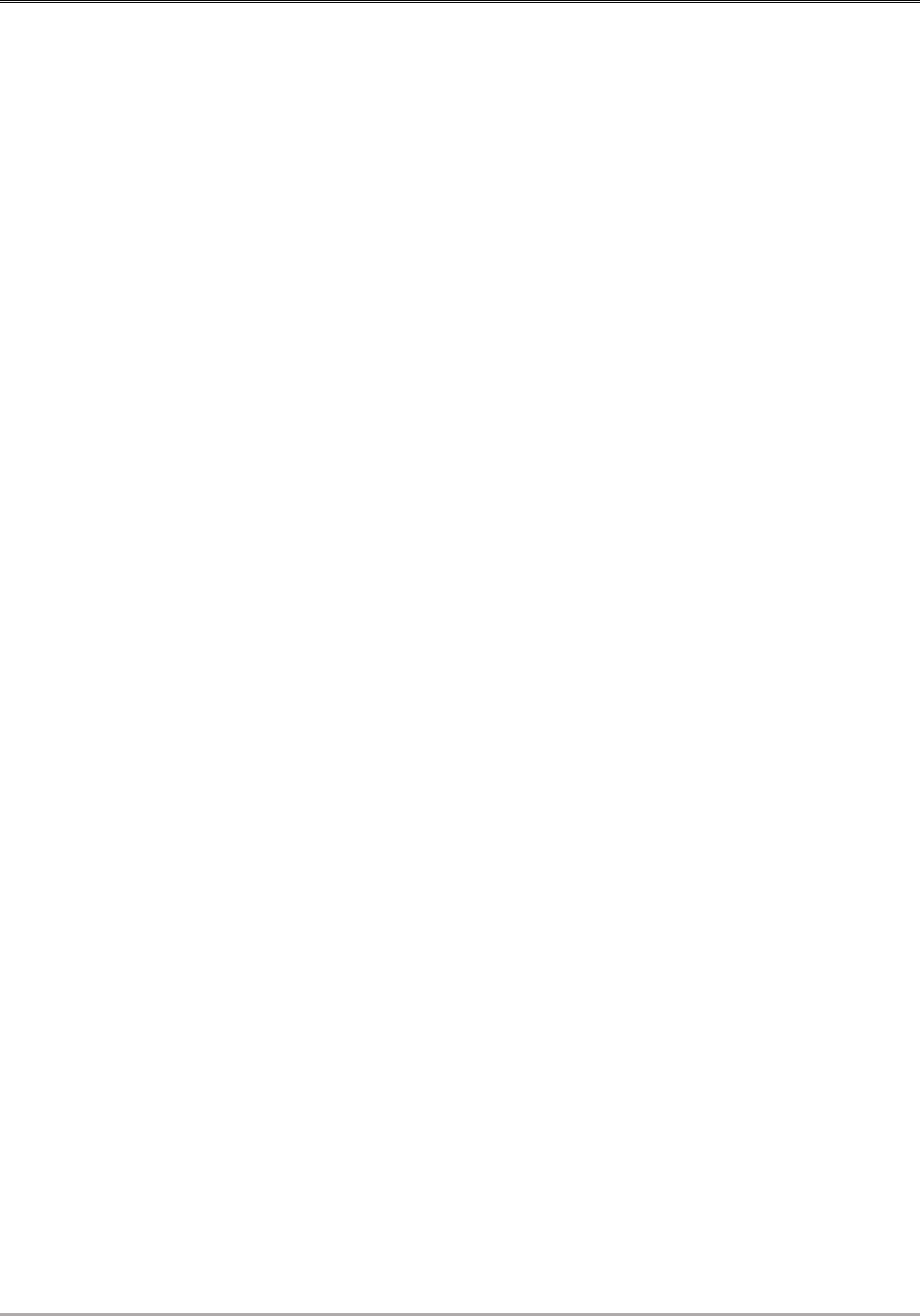
Columbia-Greene Community College 2023-2024 Catalog
46
Advising, Career & Transfer
Academic, career, and transfer advising is a
shared responsibility essential to the
educational experience and student success.
As a result of their experience in Advising,
Career & Transfer Services, students will:
• Explore fields of study and career
paths.
• Take advantage of campus and
community opportunities to gain
experience and enhance classroom
learning.
• Independently evaluate their progress
toward degree completion and/or
college transfer.
• Navigate the transfer process and/or
pursue employment opportunities.
Advising, Career & Transfer strives to help
students achieve these outcomes by offering
individual appointments and a variety of
activities and resources designed to
supplement the individual counseling
sessions.
Academic Advising
Upon admission, students are assigned a
faculty advisor who will meet with them
individually to guide them through their
college education and degree requirements.
Students can receive help in choosing a major,
selecting courses to fulfill requirements for
their major, and tailor their college education
to prepare them for employment or transfer
for further study.
Career & Transfer
Advisors provide individual assistance to
students in the areas of self-assessment, career
exploration, choosing a career path,
employment after degree completion or
college transfer for further study.
FOCUS2 Career Tool
FOCUS2 is a web-based career guidance
system that helps individuals systematically
make decisions about college majors and
career choices. FOCUS2 is best utilized in
conjunction with advising and other career
development services offered.
Office of Career Success
The mission of the Office of Career Success is
to ensure every student at C-GCC has access
to meaningful, experiential learning
opportunities that foster self-discovery and
develop professional skills for lifelong career
success.
Services provided to students include, but are
not limited to:
• one-on-one coaching sessions for
career and professional skills;
• résumé and cover letter review;
• job interview preparation;
• job and internship search assistance,
and
• preparation for academic internships,
including identification of appropriate
learning objectives, completion of any
required background
checks/screening, and self-assessment
of career competencies.
Each semester, the Office of Career Success
collaborates with faculty to provide valuable
career-related events including a speaker
series, mock interviews, and workshops.
Students can find out more about these events
by logging on to Purple Briefcase and viewing
the events calendar. This calendar also
includes external events (job fairs, hiring
days) that may be of interest to students.
The Office of Career Success maintains
relationships with local employers and
provides assistance with posting opportunities
in Purple Briefcase, designing appropriate
internship and experiential learning
opportunities for students, and connecting
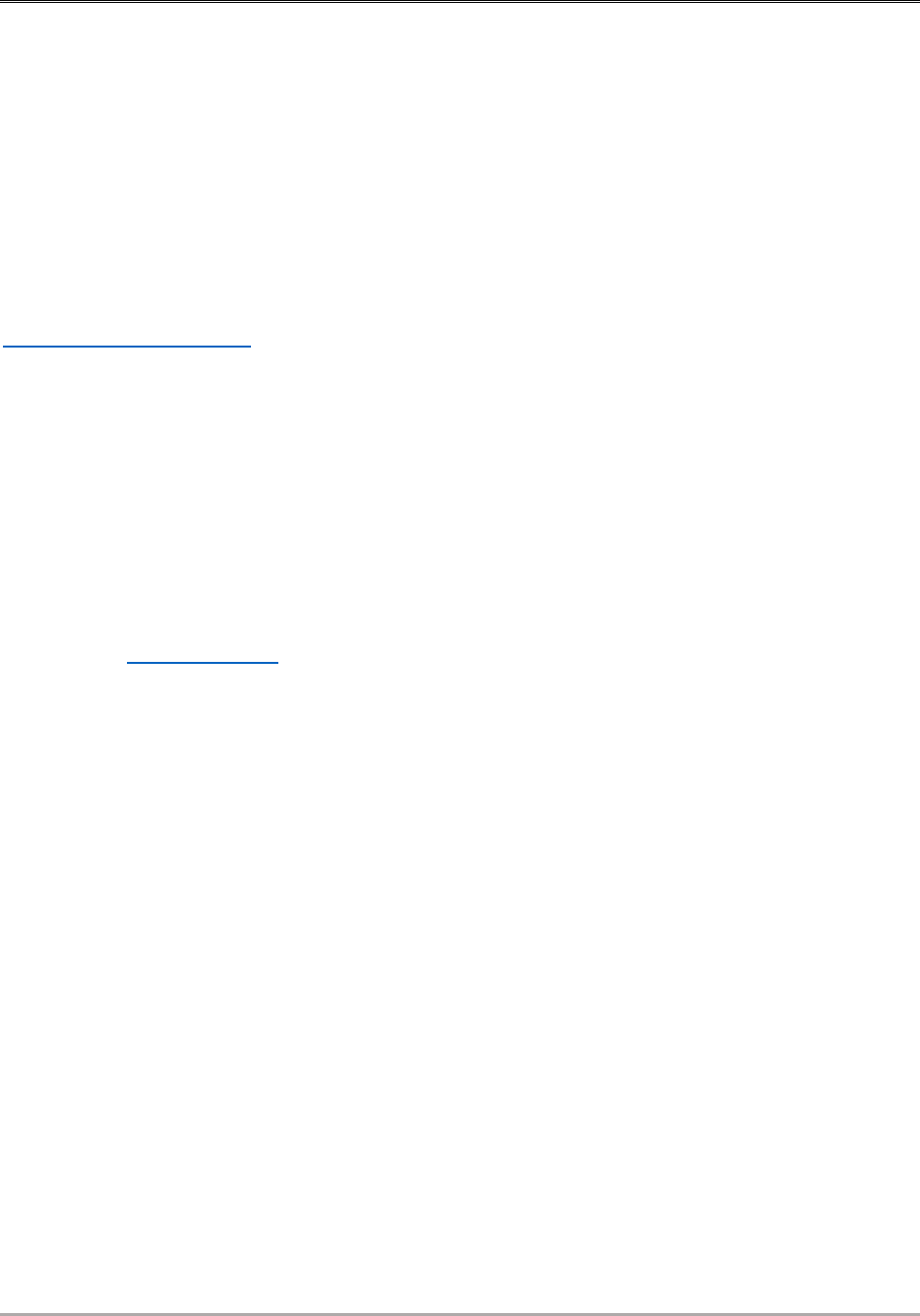
Columbia-Greene Community College 2023-2024 Catalog
47
with the Workforce and Student Activities
offices for job fairs and other career-related
student events.
Location
The Office of Career Success is located in
room 107A in the Community Engagement
and Professional Development suite.
Appointments can be made in the Advising
Office (Room 112) or by e-mailing
Office hours are 8 a.m. to 4 p.m., Monday
through Friday, and evening appointments are
available upon request. The office is open
when classes are in session, as well as during
the winter break. Telephone: 518.697.6395.
College Central
College Central is a web-based career
management system available to C-GCC
students and alumni, which can be accessed
through the MyCGCC page on the college
website. Free registration allows access to
local and national job listings, as well as
internship and gap year opportunities.
Students/alumni may also apply for jobs, view
upcoming events and browse academic, career
and transfer resources and links.
Laptop and Calculator Loan Programs
The Columbia-Greene Community College
Foundation offers a Laptop Loan Program,
facilitated through the Student Success
Center. Students may borrow a laptop for the
duration of the semester. Students also have
the option to borrow a scientific or graphing
calculator through the SSC for the semester.
Availability may vary for laptops and
calculators, contact the SSC to request
information or submit a request to borrow a
device for a current term. This service is
offered at no cost for students, students are
only charged to replace damaged or non-
returned devices (charges are applied to
student account through Bursar’s Office).
Office of Accessibility Services
Vision
The Office of Accessibility Services seeks to
facilitate a respectful, equitable college
campus, inclusive of students with
disabilities.
Mission
The Office of Accessibility Services is
committed to providing expertise and
guidance toward the development of inclusive
environments which allow students with
disabilities to access all institutional
opportunities. We engage in disability
education, advance the concepts of Universal
Design, and promote disability as a
component of diversity.
Enduring Values
The Office of Accessibility Services aligns
itself with the following CAS Standards,
when adopting its values: “The values and
practices of DRS (OAS) should advance the
philosophy that human variation is natural and
vital in the development of dynamic
communities; inclusion and equal
participation are matters of social justice;
accessible and usable design is a shared
responsibility essential for equity and full
participation; and disability is a sociopolitical
construct that includes people with a variety
of conditions who share common
experiences.” (CAS Standards 2019).
A "student with a disability" is defined as
one "who has a physical or mental impairment
which substantially limits one or more of such
person’s major life activities, has a record of
such impairment, or is regarded as having
such impairment". A "qualified" student is
one who meets the requisite academic and
technical standards required for admission to
the college.
Academic adjustments may include:
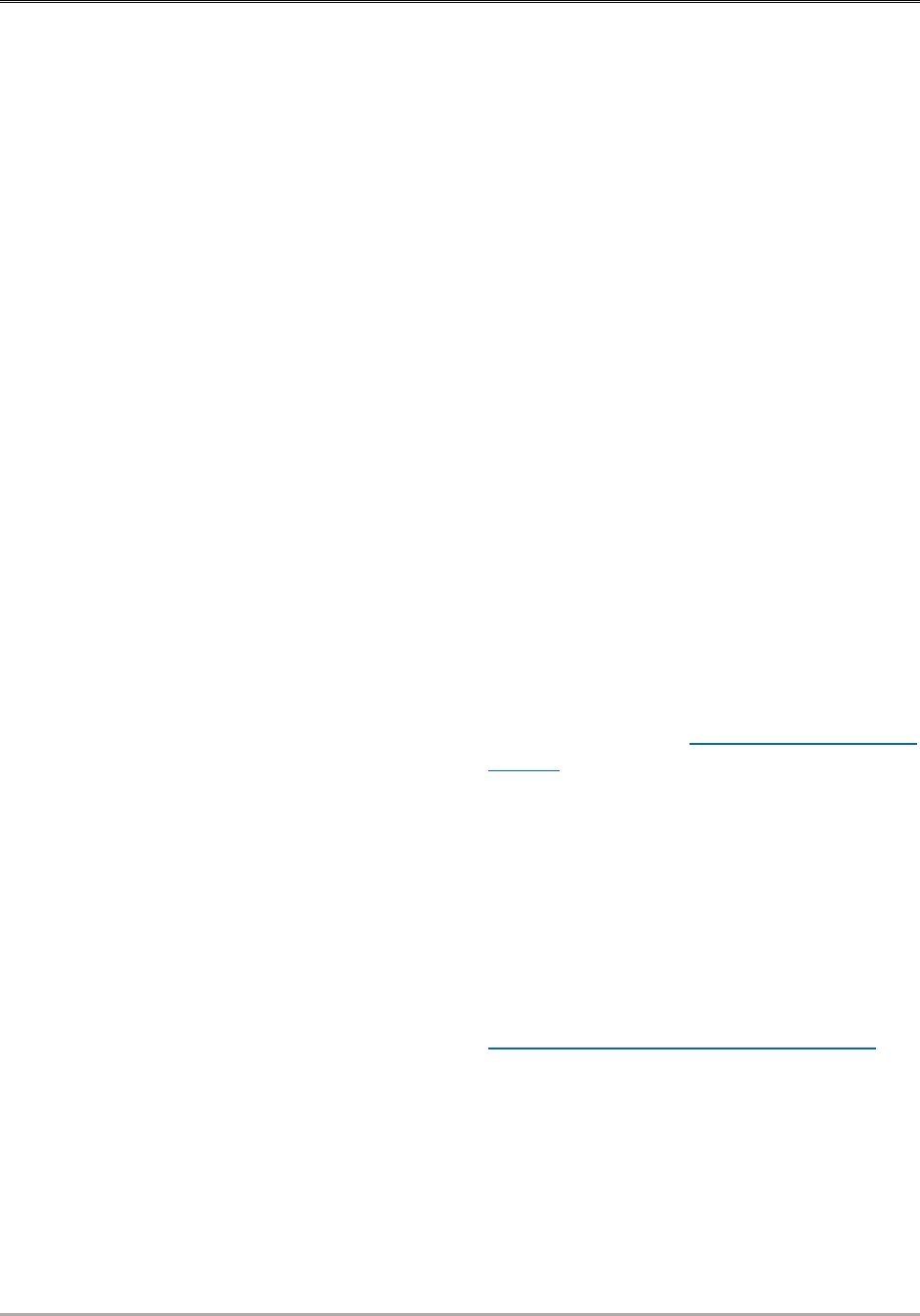
Columbia-Greene Community College 2023-2024 Catalog
48
• physical accessibility arrangements;
• sign language interpretation for deaf
students;
• assistive technology devices;
• audio taped lectures; Note: Digital
recorders are considered personal
devices.
• peer note takers/readers/scribes; Note:
These services may be provided
through the use of technology
• alternatives to print materials, e.g.,
textbooks in digital format; Note:
Reformatted textbooks are not udio
books. Text reading software, which
is free on most computer operating
systems, is required to reformat the
printed text to speech;
• reduced course load/full time status;
• course substitutions if appropriate;
• testing accommodations such as extra
test time, a reduced distraction
environment, alternative formats for
exams and learning materials.
Academic adjustments DO NOT include:
• personal assistants, individual
personal tutors or personal assistive
technology,
• academic adjustments that are unduly
expensive, substantially disruptive,
pose a hazard to others or would
fundamentally alter the nature of a
program, or
• waivers or modifications to the Code
of Conduct.
Columbia-Greene Community College is not
required to provide requested or preferred
academic adjustments. In our quest to create
an equitable environment which leads to
successful learning, OAS is committed to the
consideration of reasonable, appropriate, and
effective adjustments.
All academic adjustment requests are
reviewed on a case-by-case, course-by-course
basis in consideration of each student’s
academic needs and the fundamental learning
objectives of each course. Academic
adjustment requests are approved or denied
based on what is reasonable for both.
To receive services, students are required to
identify themselves to the Office of
Accessibility Services in a timely manner and
provide documentation of the disability from
a qualified professional in the area of the
disability.
Location of the OAS
The OAS is located in room 101A of the Main
Building. Please see our page on the college
website for information about office hours.
Telephone: 518.697.6437.
NVRA
The Office of Accessibility Services is a
National Voter Registration Act (NVRA)
voter registration site. Assistance is provided,
upon request, to any student with a disability
that wishes to complete a Voter Registration
Form. The form can also be found on-line at:
http://www.elections.ny.gov/NVRA.html
Off-Campus Housing
C-GCC does not have residence halls, but a
current list of available apartments,
efficiencies, and rooms is maintained in the
Student Services Office. Housing and
transportation are the students’
responsibilities; the college does not inspect,
supervise, or endorse student-housing
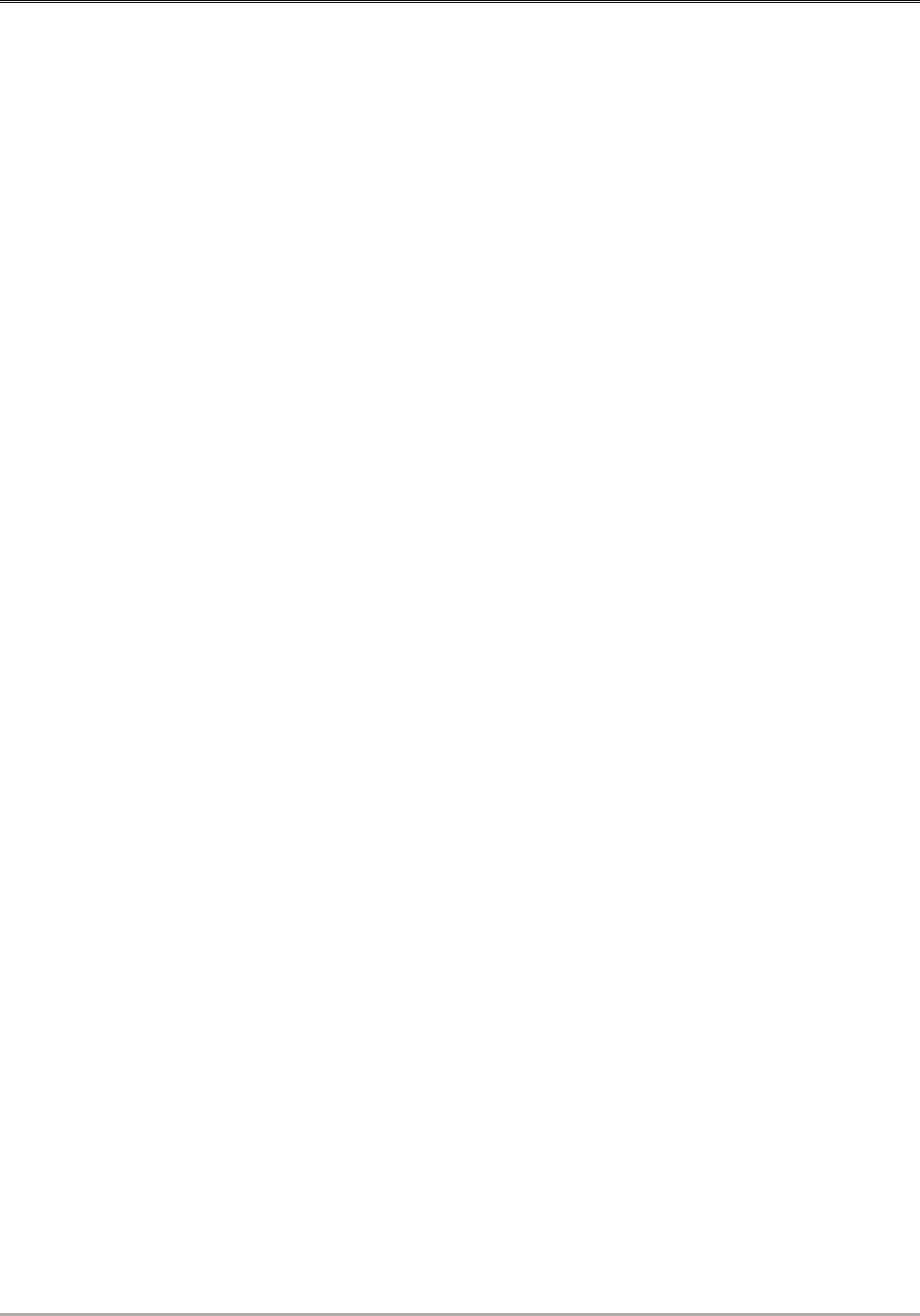
Columbia-Greene Community College 2023-2024 Catalog
49
facilities. Because public transportation is
unavailable, a vehicle is recommended.
Contact the Student Life Office.
Orientation
Conducted near the beginning of the academic
year, the Orientation Program facilitates the
adjustment to college life at Columbia-Greene
by enabling students to informally become
acquainted with each other, faculty, staff, and
available services.
All new full-time and part-time matriculated
students are notified by mail of the orientation
date(s) and agenda. Non-matriculated
students are also welcome to attend.
There is a mandatory, 1-day Nursing
Orientation program in August for all students
entering NU 101. See the Nursing Program
section of this catalog for more information.
Adult Student Orientation
An Adult Student Orientation is offered at the
beginning of the fall and spring semesters.
Typically, the orientation is held in the
evening to accommodate the adult learners.
Health Services/College Nurse
The Health Services Office is located in Room
316. Services provided include emergency
first aid, disease prevention education,
assistance with referrals to medical/healthcare
providers and strategies to manage illnesses
while on campus. In addition, a limited
number of over-the-counter oral medications
are available. Immunization records are
reviewed and filed in the Health Services
Office. Student athletes’ physical evaluations,
as well as nursing students’ health
assessments, are also reviewed and
maintained in the Health Services Office.
Immunization transcripts for students
transferring to other colleges can be provided
upon receipt of signed authorization.
Informative materials on various health-
related topics are available. The Health
Services Office may be reached at
518.697.6303. In the event of a medical
emergency in the Nurse’s absence, contact
Security by calling the switchboard operator.
Sexual Harassment Policy
Sexual harassment is against the law and a
violation of the non-discriminatory policy of
Columbia-Greene Community College.
Harassment on the basis of sex is a violation
of federal law, including Section 703 of Title
VII of the Civil Rights Act of 1964 and Title
IX of the Education Amendments of 1972. It
is also a violation of New York State’s human
rights law. Sexual harassment, like
harassment, based on race, color, national
origin, or religion, will not be condoned by
Columbia-Greene Community College
whether it occurs in our educational programs
or at our workplace. For more information see
the Student Handbook.
Crime Statistics
Columbia-Greene Community College
complies with the United States Department
of Education, Title 20 of the U.S. Code
Section 1092 (f), Chapter 597, Article 129-A.
On request, the Office of the Dean of Student
Development as well as The Office of
Security, will provide all campus crime
statistics as reported to the United States
Department of Education. The Department of
Education assists colleges and universities in
providing students with a safe environment in
which to learn and keeps parents and students
well informed about campus security.
A copy of the C-GCC Campus Crime
Statistics Report is available from the Office
of the Dean of Student Development.

Columbia-Greene Community College 2023-2024 Catalog
50
Financial Aid
Financial aid is available to qualified students
at Columbia-Greene Community College (C-
GCC). Financial aid is considered any grant,
scholarship, loan, or employment opportunity
with the purpose of assisting students with
educationally related expenses. Financial aid
at C-GCC is awarded on the basis of student
need and the availability of funds. Funds are
limited so students are encouraged to submit
the Free Application for Federal Student Aid
(FAFSA) as soon after October 1 as possible.
Financial aid funding comes primarily from
four sources, the Federal government, State
government, colleges and universities, and
private organizations. Descriptions of the aid
programs, eligibility requirements,
application procedures, and award amounts
are summarized on the following pages.
Students wishing to be considered for
assistance from aid programs administered by
C-GCC must complete a Free Application for
Federal Student Aid (FAFSA School Code
006789) annually. The FAFSA may be
completed online at www.studentaid.gov.
New York State residents who complete their
FAFSA online will also have the opportunity
to complete their Express TAP Application
(TAP School Code 2038) online in the same
session (to apply for a TAP award).
General Financial Aid Requirements
To be eligible for financial aid a student must:
• Be a U.S. or eligible noncitizen
• Have graduated from a high school in
the U.S., or earned a High School
Equivalency Diploma (TASC or
GED), or passed federal approved
“Ability to Benefit” test as defined by
the commissioner of the State
Education Department
• Be matriculated in an approved
program of study and be in good
academic standing
Verification Procedures
The College will comply with all verification
requirements as required in the current year
U.S. Department of Education Verification
Guide. If an application has been selected for
verification, no disbursement for any Title IV
program will be given until verification has
been completed.
Deadline Dates for Verification
All applicants for whom the College has
received a valid Student Aid Report (SAR or
ISIR) while the student was enrolled must
submit all required documentation by the
deadline date. The deadline date for
completing the verification process is Aug.
31, at the end of each academic year, or no
later than 120 days after the student’s last day
of enrollment, whichever is earlier. Any
applicant who does not complete the
verification process by the deadline date will
forfeit all right to payment.
Notification to Student of Required
Documentation of Verification
When a student’s financial aid application
indicates a need for verification, the student
will be informed by mail in a timely manner
what documentation is needed to satisfy the
verification requirements. Any student who
does not respond to requests for
documentation will be contacted and
informed about the appropriate deadlines for
verification and the consequences of failing to
complete the verification process.
Degree Applicable Credit Hours
Students can only receive federal and state aid
for courses that count toward their degree
program. Tuition bills will NOT reflect
financial aid credits for courses that are not
degree applicable. Students should review
their schedule and tuition bills very carefully
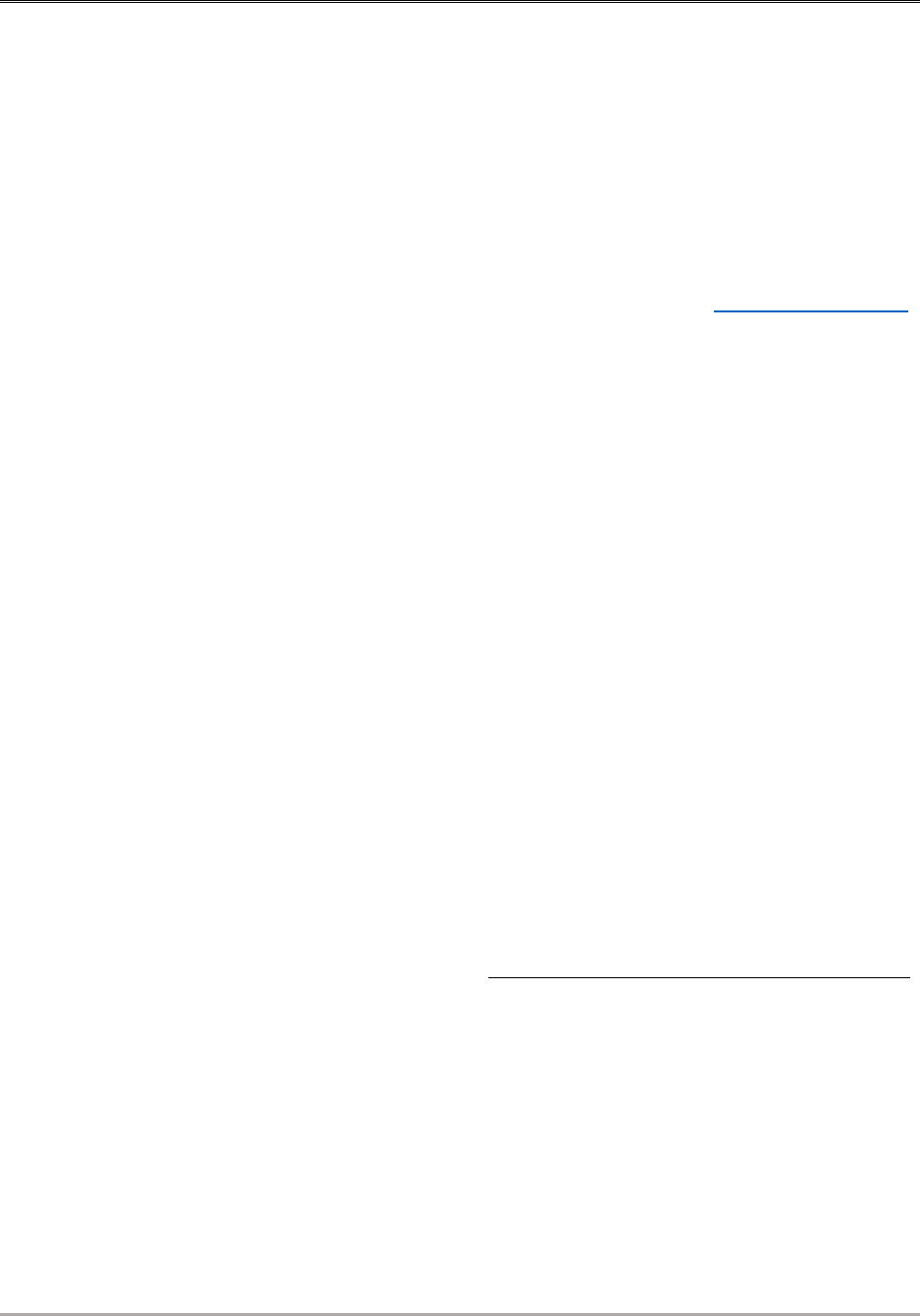
Columbia-Greene Community College 2023-2024 Catalog
51
for any discrepancies relating to courses and
financial aid.
High School Completion Status
Certain federal aid applicants are now
required to verify their high school
completion status (i.e., high school diploma,
High School Equivalency Diploma (TASC or
GED) or homeschool). College policy
requires that students must submit appropriate
documentation to the Admission's Office to
prove their status. The Financial Aid Office
must review these documents prior to
awarding federal financial aid. Additional
documentation from the student may be
required.
Financial Need and Expected Family
Contribution
Financial aid from most of the major federal
programs is based on financial need (except
for unsubsidized Federal Direct Stafford and
PLUS loans). When you apply for federal
student aid, using the Free Application for
Federal Student Aid (FAFSA), the
information you provide is used in a formula
established and approved by the Department
of Education called Federal Methodology
(FM). The formula calculates your Expected
Family Contribution (EFC). This is the
amount that you and your family will be
expected to have available to contribute to
your education. If your EFC is below an
amount set by the federal government, you
should be eligible for a Federal Pell Grant,
assuming you meet all other eligibility
requirements. Your EFC is also used in an
equation to determine how much funding you
may need to attend school. The financial Aid
Office subtracts your EFC from your cost of
attendance. Cost of Attendance - EFC =
Estimated Financial Need to Attend School. If
a student has financial need, this need can be
filled with grants, federal work study,
scholarships and subsidized Federal Direct
Loans, depending on the student's eligibility.
Students who have little or no financial need
can receive grants and scholarships for which
they are eligible. However, they may have
limited or no eligibility for subsidized Federal
Direct Loans. These students, in most cases,
would qualify for unsubsidized Federal Direct
Loan funds. You can get further information
on the EFC formula by contacting the U.S.
Department of Education at 1-800-4FEDAID
or from their website at www.studentaid.gov
Cost of Attendance
These figures are provided for estimating
expenses as individual student costs will vary
and change. Figures will not be finalized until
passage of the state, counties and college
budgets (late spring or early summer).
The estimated cost of attendance (COA) at C-
GCC for full time students who are NYS
residents for 2023-2024 is as follows (these
amounts are based on 2022-2023 costs and are
subject to change).
NY Residents: Estimated Costs for
Fall 2023 and Spring 2024
Full Time Students
Estimated Costs
Tuition & Fees
$5,904
Housing and food
$10,000
Books, course materials,
supplies and equipment
$1,600
Miscellaneous personal
Expenses
$2,700
Total Estimated Costs
$20,204
The estimated cost of attendance (COA) at
CGCC for full time students who are NOT
NYS residents for 2023-2024 is as follows
(these amounts are based on 2022-2023 costs
and are subject to change).
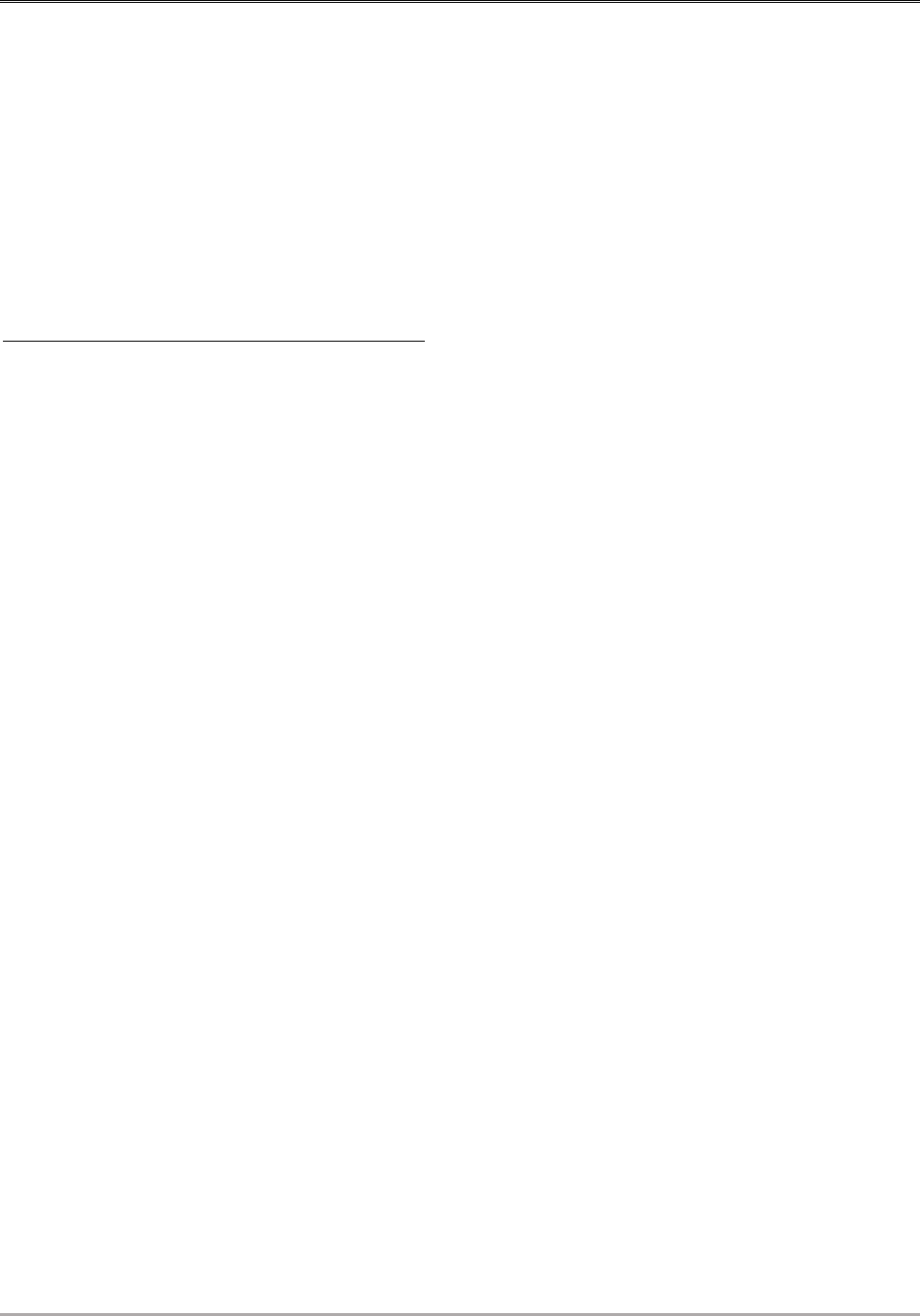
Columbia-Greene Community College 2023-2024 Catalog
52
Non-NY Residents: Estimated Costs for
Fall 2023 and Spring 2024
Full Time Students
Estimated Costs
Tuition & Fees
$11,160
Housing and food
$10,000
Books, course materials,
supplies and equipment
$1,600
Miscellaneous personal
Expenses
$2,700
Total Estimated Costs
$25,460
Federal Financial Aid Programs
Federal Pell Grant
The Federal Pell Grant is awarded to eligible
full and part-time undergraduate students. The
amount of the award is determined by the
student’s financial need. The Federal Pell
Grant may be used for any college related
expenses and, as a grant, does not have to be
repaid (unless the student stops attending
classes and it is determined that the student
has been overpaid). Students who have
already completed their first baccalaureate
(four-year) degree are ineligible to receive a
Federal Pell Grant.
All students may receive Pell grants for up to
12 semesters, measured by percentage of
Scheduled Award(s) disbursed (“Lifetime
Eligibility Used,” or “LEU” field in COD up
to 600%). Award Schedule: Federal Pell
Grant awards for the 2023-2024 academic
year range from $924 to $7,395. The amount
of the award will be affected by the (EFC)
Expected Family Contribution, student’s cost
of attendance and enrollment status.
Application Procedures: Complete the Free
Application for Federal Student Aid (FAFSA)
annually and submit the application for
processing. After the application has been
processed, the student will receive a Student
Aid Report (SAR). Based on the SAR
information, the Financial Aid Office will
determine the student’s eligibility for Federal
student aid. Once the award is determined, the
Federal Pell Grant will be credited to the
student’s account and will be disbursed
according to the College’s disbursement
policy.
Year-Round Federal Pell Grants
In certain situations, an eligible student can
receive up to 150 percent of his or her
scheduled Pell Grant award for an award
year. For example, if you are eligible for a
$2,000 Pell Grant for the award year and are
enrolled full-time for both the fall and spring
semesters, you’ll likely receive $1,000 in the
fall and $1,000 in the spring. However,
under certain circumstances, you may be
eligible to receive an additional $1,000 in the
summer semester (resulting in your
receiving 150% of your original award).
Federal Supplemental Educational
Opportunity Grant (FSEOG)
This Federal grant is awarded to eligible full
and part-time undergraduate students. The
amount of the award is determined by the
student’s financial need, and by the amount of
funding available to the College. FSEOG may
be used for any college-related expenses and,
as a grant, does not have to be repaid (unless
the student stops attending classes and it is
determined that the student has been
overpaid).
Application Procedures: Eligibility for
FSEOG is automatically determined for all
students who complete the Free Application
for Federal Student Aid (FAFSA).
Selection of Recipients and Allocation of
Awards: To be eligible for FSEOG, the
student must: (1) be in exceptional financial
need determined by the Expected Family
Contribution (EFC) (2) be matriculated in an
eligible degree program (3) not owe any
refunds from the Federal Pell Grant or any

Columbia-Greene Community College 2023-2024 Catalog
53
other award program, and (4) the student must
not be in default on any student loan.
Award Schedule: Awards range from $100 to
$1,000 depending upon the student’s financial
need, the availability of FSEOG funds at C-
GCC, and the amount of any other financial
aid.
Federal College Work Study Programs
(FCWS)
The Federal College Work-Study Program is
financed by federal & institutional funds. This
program gives the student the opportunity to
pay for part of his/her educational expenses by
working a part-time job either on- or off-
campus.
Application Procedures: Eligibility for
FCWS is determined for all students who
complete the FAFSA, indicate an interest in
Work-Study, and complete a work study
contract.
Selection of Recipients and Allocation of
Awards: In order for a student to be eligible
for FCWS, the student must be matriculated,
enrolled at least half time in an eligible degree
program and demonstrate financial need.
Financial need is determined by the
information provided on the student’s
FAFSA. The college makes employment
reasonably available to all eligible students. In
the event that more students are eligible for
FCWS than there are funds and/or positions
available, preference is given to students on a
first-come, first-served basis. Students may
only work for ONE department at a time.
William D. Ford Direct Loan Program
Direct Stafford Loans are a way for the
student to borrow money from the Department
of Education to help finance his/her
education. The student may authorize the
college to use loan proceeds to pay for college
charges, and balances will be refunded to the
student to be used for other educational
expenses. There are three types of Direct
Student Loans:
• Direct Subsidized Stafford Loans – A
Subsidized loan is based on financial
need. Interest will be deferred while
the student is in college.
• Direct Unsubsidized Stafford Loan –
An Unsubsidized loan is not based on
financial need. Interest starts accruing
at the time the loan is disbursed and
continues until it is paid in full.
• Direct Parent PLUS loan – A PLUS
loan is for parent(s) of eligible
dependent students to assist with their
child’s educational expenses after
Repayment begins 60 days after the
loan is disbursed.
Application Procedures: Eligibility for the
Federal Direct Subsidized and Unsubsidized
loans is automatically determined for all
students who complete the Free Application
for Federal Student Aid (FAFSA). If the
student chooses to borrow a loan, he/she must
submit a Federal Direct Student Loan
Application. The student will be required to
sign an online master promissory note and
complete an online entrance interview as part
of the application. The forms can be found at
https://studentaid.gov.
Selection of Recipients and Allocation of
Awards: To be eligible for a Federal Direct
Loan, the student must: (1) be a U.S. citizen
or permanent resident alien; (2) be enrolled in
at least six degree-applicable credit hours and
be matriculated in an eligible degree program;
and (3) not owe any refunds from the Federal
Pell Grant or any other award program and
must not be in default on any student loan.
Loan Schedule: A first-year undergraduate
student (defined as less than 30 Degree hours
earned) may borrow up to $3,500 per year.
Eligibility increases to $4,500 for students
defined as second-year students (30+ earned
degree hours). Students may qualify for
additional unsubsidized federal direct Stafford
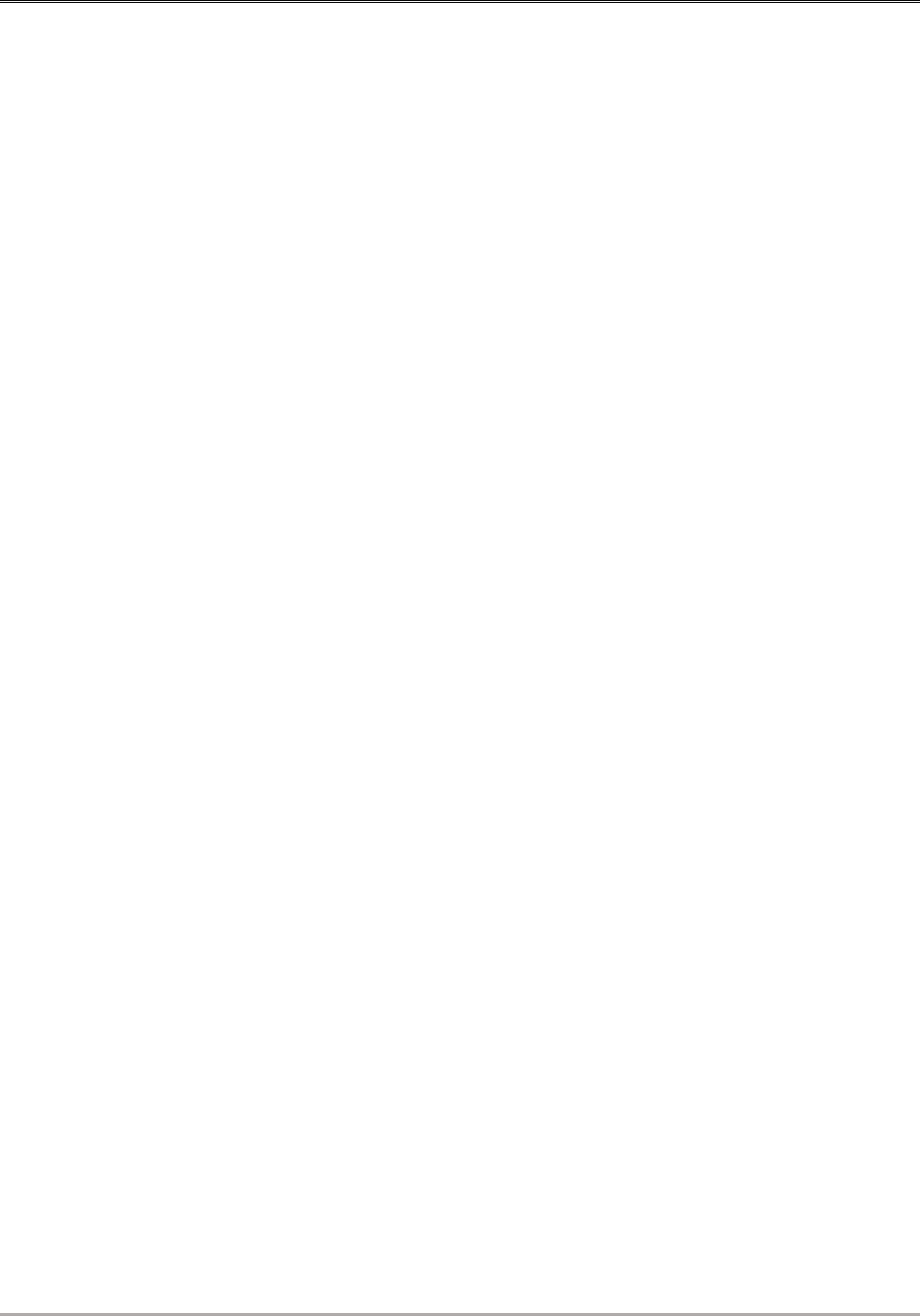
Columbia-Greene Community College 2023-2024 Catalog
54
funds depending on their dependency status.
An undergraduate may borrow up to an
aggregate limit of $31,000 or $57,500 if the
student is considered independent for federal
financial aid purposes. C-GCC is required to
delay the first disbursement of all federal
loans for first-time freshman borrowers until
the 31st day of the term.
Repayment Terms: The interest rate for the
Federal Direct Subsidized Loan program is
fixed at 3.73 percent. The interest rate for the
Federal Direct Unsubsidized Loan program is
fixed at 3.73 percent. The interest rate for the
Federal Direct PLUS Loan is fixed at 6.28
percent. Additionally, all Federal Direct
Subsidized and Unsubsidized Loans
borrowers are charged an origination fee of
1.057 percent. Direct PLUS borrowers are
charged a 4.236 percent origination fee.
Selection of Recipients and Allocation of
Awards: To be eligible for a Federal Direct
Loan, the student must: (1) be a U.S. citizen
or permanent resident alien; (2) be enrolled in
at least six degree-applicable credit hours and
be matriculated in an eligible degree program;
and (3) not owe any refunds from the Federal
Pell Grant or any other award program and
must not be in default on any student loan.
There are several different ways to repay a
Federal Direct Loan:
• A standard repayment plan has a fixed
monthly repayment amount for a fixed
period of time, usually 10 years.
• An extended repayment plan has a
lower fixed monthly payment amount,
and loan repayment can be extended
beyond the usual ten years.
• A graduated repayment plan usually
begins with lower monthly payments,
and payment amounts increase at
specified times. Payments may be for
the usual ten-year period, or they may
be extended beyond 10 years.
• An income-based repayment plan sets
an annual repayment amount based on
the borrower’s income after leaving
school. The loan is repaid over an
extended period of time, not to exceed
25 years.
• Pay as you Earn Repayment Plan
(PAYE) has a maximum monthly
payment of 10 percent of discretionary
income and are recalculated each year.
• Revised Pay as you Earn (REPAYE)
has a maximum monthly payment of
10 percent of your discretionary
income and are recalculated each year.
Good option if you are seeking the
Public Service Loan Forgiveness plan.
• Income-Contingent Repayment Plan
is the payments will be lesser of 20
percent of discretionary income and
recalculated each year.
The Direct Loan Servicing Center will be
responsible for maintaining the student’s loan
account and repayments. It is the student’s
responsibility to maintain contact with that
agency. The student will receive information
at both the entrance and exit interviews.
Rights and Responsibilities of Recipients: The
student must continue to make satisfactory
academic progress in his/her program. The
student must not owe any refunds from the
Federal Pell Grant or any other award
program and must not be in default on any
student loan. The student must be enrolled in
degree-applicable credit hours and continue to
attend classes regularly.
Title IV Disbursement Policy Federal Pell
Grant, Federal Supplemental Educational
Opportunity Grant (FSEOG) and Direct
Students
After tuition and other charges (such as Café
Cash, bookstore, day care and emergency
loans) due to Columbia-Greene Community
College are deducted, the remaining financial
aid will be refunded to the student.
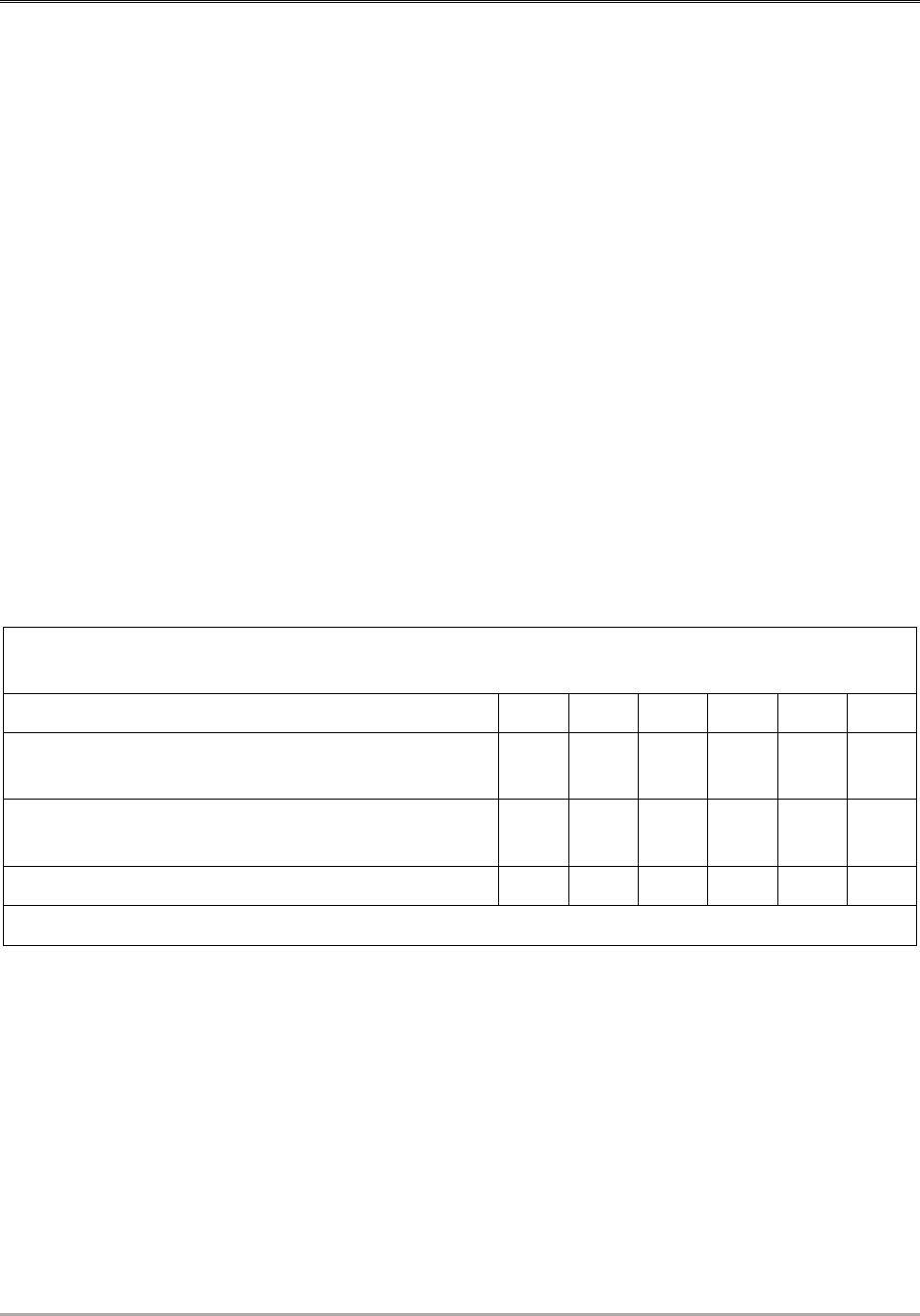
Columbia-Greene Community College 2023-2024 Catalog
55
New York State Financial Aid
New York State Tuition Assistance
Program (TAP) (School Code – 2038)
TAP is a New York State grant program
available to qualified New York State
residents who attend an approved
postsecondary institution within the State on a
full-time basis. Eligibility is based on the
family’s New York State taxable income.
Awards will range from a minimum of $500
per year to a maximum of the annual cost of
tuition or $5000 whichever is less. Students
and families will initiate the TAP application
process by completing the Free Application
for Federal Student Aid (FAFSA). The New
York State Higher Education Services
Corporation (HESC) administers the TAP
program. TAP is a grant and does not have to
be repaid. New York State TAP requires a
minimum 2.00 cumulative grade point
average after a student has received 4
payments.
New York State Satisfactory Academic
Progress
New York State academic standards require
that a student complete a certain number of
credits each term an award is received, accrue
degree credit at specified levels, and maintain
a certain grade point average. The specific
requirements, however, are based on the
number of state awards received, no matter at
what institution, as outlined in the chart
below. An Aid for Part-time Study or part-
time summer TAP award counts as one-half of
a TAP award.
Academic Requirements for the New York State Programs
Program: Associate Degree Semester Based Program Chart – applies to non-remedial students
first receiving aid in 2010-11 and thereafter:
Before being certified for this TAP Payment
1st
2nd
3rd
4th
5th
6th
You must have completed (passed or failed) this
many credits since your last TAP payment*
0
6
6
9
9
12
You must have accrued at least this many credits
since your last TAP payment*
0
6
15
27
39
51
With at least this cumulative grade point average
0
1.3
1.5
1.8
2.0
2.0
*Grades A, B+, B, B-, C+, C, C-, D, F, S, or U constitute completed credits.
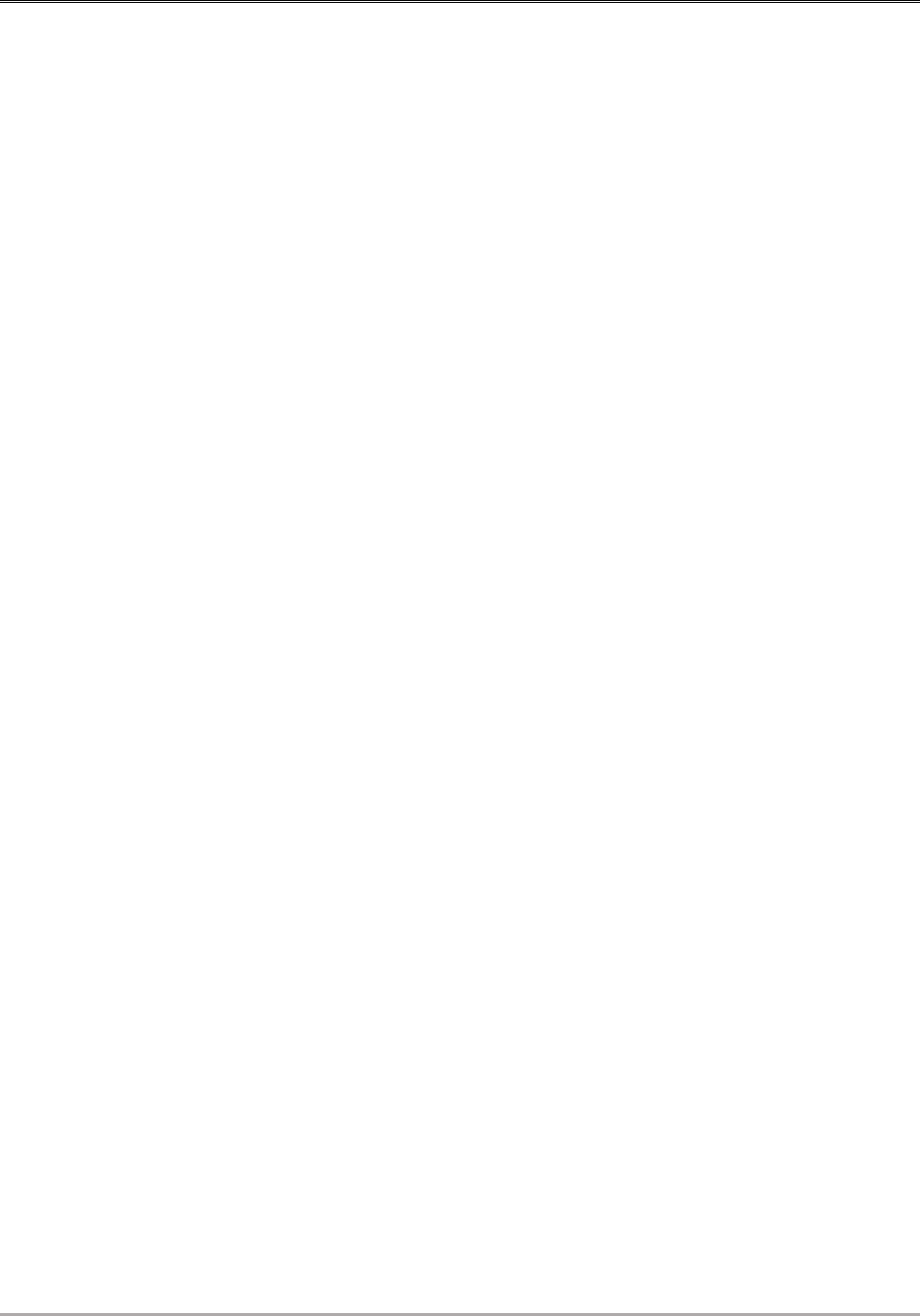
Columbia-Greene Community College 2023-2024 Catalog
56
TAP Payments
• TAP payments are limited to three
years (6 payments) for students
enrolled in a two-year associate
program.
• Payment and any TAP award or
scholarship can only be made after a
student begins classes and is
matriculated full time in an approved
program.
• Students may not repeat a course in
which a grade of D or better was
achieved. Students may not repeat a
course for which credit was already
granted.
• Transfer students must submit all
academic transcripts for credit
evaluation.
• To retain eligibility for a TAP award
or scholarship, a student must
maintain good academic standing as
determined by the college.
• If, after completing one associate
degree, students pursue a second
associate degree, they may be eligible
for TAP if the second degree program
is entirely new subject matter with the
student taking 12 credits of required
course work in the new program. It is
strongly recommended to check with
the TAP certifying officer in the
Registrar’s Office regarding the use of
TAP funds for a second associate
degree.
TAP (with ADA)
Education Law section 661(d) (4) provides
that for students who are disabled as defined
by the Americans with Disability Act of 1990,
“the full-time attendance requirement is
eliminated. Such disabled students may be in
part-time attendance, as defined by the
commissioner in order to be eligible to receive
payments. . .”
According to section 145-2.1(a)(4) of the
Regulations of the Commissioner of
Education, for a student with a disability,
“part-time study or attendance shall mean
enrollment for at least three but less than 12
semester hours per semester or the equivalent,
or at least two but less than eight semester
hours per quarter.” ADA Part-Time TAP
recipients must meet all TAP eligibility
requirements. Prior to the 2015-16 academic
year, good academic standing was determined
using the same satisfactory academic progress
standard used for Aid for Part-Time Study –
that was, for each ADA Part-Time TAP
award, a recipient had two semesters to meet
the progress standard.
Beginning with the 2015-16 academic year,
for ADA students who received their first
state award during the 2010-11 academic year
and thereafter and who are enrolled less than
full-time, good academic standing will be
determined using new SAP standards which
does not modify the requirements for disabled
students, but aligns them to be equivalent with
those required of full-time students.
New York State Aid for Part Time Study
(APTS)
The APTS grant program provides funding for
students who are attending college on a part-
time basis (3-11 degree applicable credits per
term). At C-GCC this grant is awarded to
students who have a 2.00 cumulative grade
point average and earned a minimum of 6
credits. APTS awards range from $100 to
$1000. A separate APTS application is
required along with a signed copy of the NYS
tax return.
New York State Part-Time Scholarship
(PTS)
The New York State Part-time Scholarship
(PTS) Award Program provides tuition
awards to students attending a SUNY or

Columbia-Greene Community College 2023-2024 Catalog
57
CUNY community college who are enrolled
in at least 6 but less than 12 credits each term.
Eligibility:
In order to apply a student must be a resident
of NYS and have resided in NYS for 12
continuous months prior to the beginning of
the term; be a U.S. citizen or eligible non-
citizen; have graduated from high school in
the United States, earned a high school
equivalency diploma, or passed a federally
approved “Ability to Benefit” test as defined
by the Commissioner of the State Education
Department; be matriculated in an approved
undergraduate program at a SUNY or CUNY
community college; be enrolled in at least six
but less than 12 credits per term; maintain a
cumulative grade point average of 2.0 or
higher; be in a non-default status on a student
loan made under any NYS or federal
education loan program or repayment of any
NYS award; and be in compliance with the
terms of any service condition imposed by a
NYS award. A recipient of a PTS Award will
receive an award that covers the cost of six
credit hours or $1,500 per term, whichever is
less, at a SUNY or CUNY community
college. Recipients will be selected and
prioritized based on financial need. Financial
need is established in the year the award is
first granted and is determined by the
applicant’s federal Expected Family
Contribution as reflected on the applicant’s
federal student aid report. A lower Expected
Family Contribution demonstrates evidence
of greater financial need.
The Excelsior Scholarship
New York’s tuition-free degree program, the
Excelsior Scholarship, is the first of its kind in
the nation. Even as higher education becomes
more necessary for an individual to succeed,
the cost to attain a college degree is rising
beyond what most families can afford.
Eligibility:
In order to apply, students must: Be residents
of New York State. Plan to attend a SUNY or
CUNY two- or four-year degree program and
take 30 credits per year and make progress
towards graduation. Continue to maintain
good academic standing and be on track to
graduate on time with an associate degree in
two years or a bachelor’s degree in four years.
How it Works:
Covers full tuition for eligible SUNY and
CUNY students. Up to $5,500, minus
amounts received for TAP, Pell or other
awards: A credit from the SUNY/CUNY
school will cover the difference.
Other New York State Scholarship
Programs
New York State offers several scholarships to
students with specific criteria. Listed are
several scholarship opportunities available to
New York State students. Please refer to New
York State Higher Education Services
Corporation’s website www.hesc.ny.org for
details.
• New York State World Trade Center
Memorial Scholarship
• Awards for Children of Veterans
• Memorial Scholarships for Families of
Deceased Firefighters, Volunteer
Firefighters, Police Officers,
• Peace Officers and Emergency
Service Workers
• Persian Gulf Veterans Tuition Awards
• Vietnam Veterans Tuition Awards
• New York State Aid to Native
Americans
• New York State Volunteer
Recruitment Service Scholarship
Veteran’s Benefits: U. S. Department of
Veterans Affairs (VA) Educational Benefits
Eligible veterans and their dependents are
entitled to receive monthly educational
benefits for full- or part-time study under the
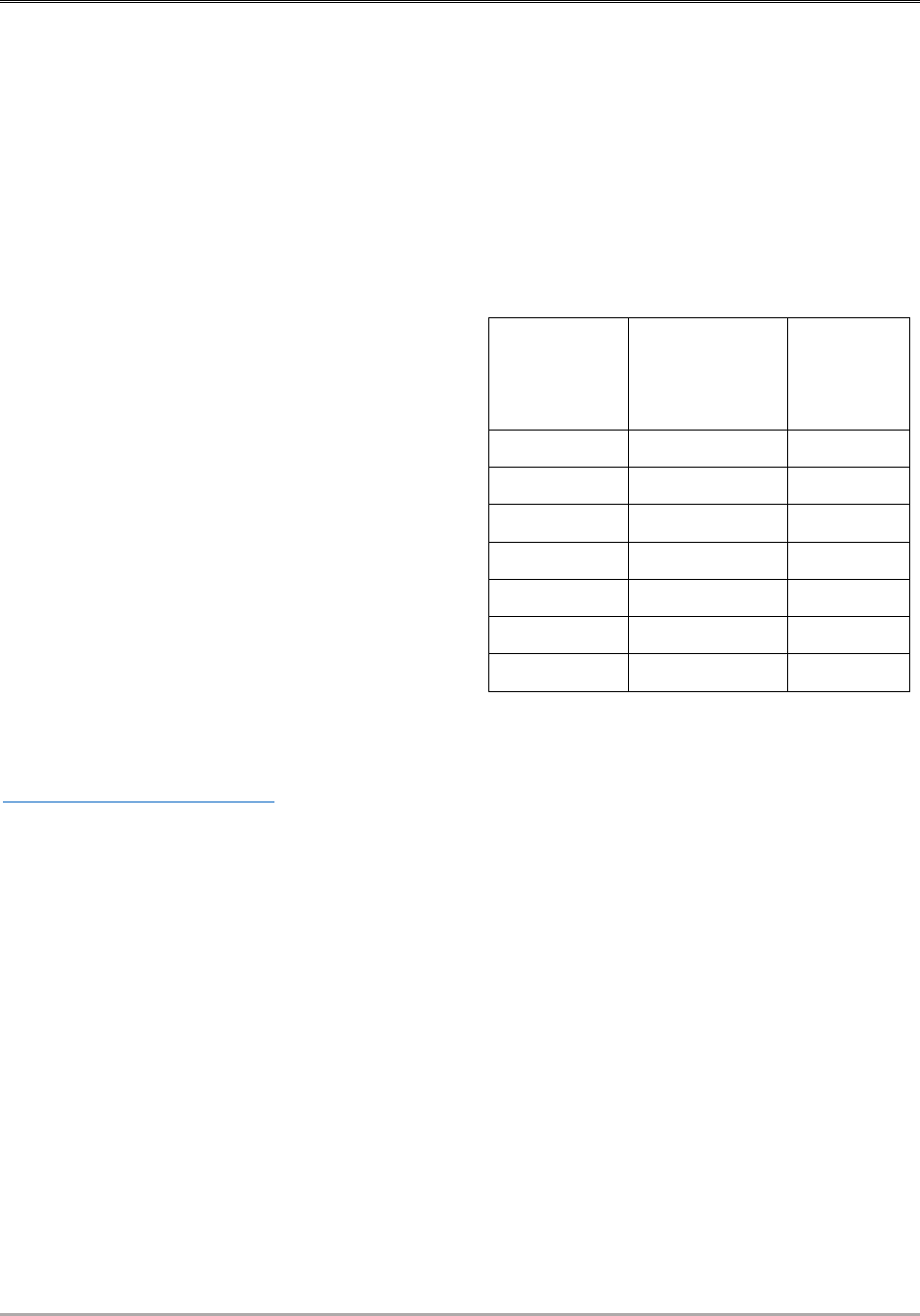
Columbia-Greene Community College 2023-2024 Catalog
58
provision of several different veteran
programs. They are as follows:
Type:
• Chapter 30 Montgomery G.I. Bill –
Active Duty
• Chapter 31 Vocational Rehabilitation
• Chapter 32 Post-Vietnam Era
Veterans’ Educational Assistance
Program
• Chapter 33 Post-9/11 G.I. Bill
• Chapter 35 Survivors’ and
Dependents’ Educational Assistance
Program
• Chapter 1606 Montgomery G.I. Bill
• Selected Reserves
• Chapter 1607 Reserve Educational
Assistance Program
• VRAP Veterans Retaining Assistance
Program (Subject to availability and
program expiration date)
Application Procedures: The U.S.
Department of Veterans Affairs website
describes the various VA education programs,
eligibility, and benefit rates. Applicants may
file an online application through the website:
https://benefits.va.gov/gibill/. Applicants will
receive a Certificate of Eligibility that must be
submitted to the college VA Certifying
Official for certification of benefits.
Books and Supplies
Book Vouchers
Students who will be receiving financial
assistance from scholarships, grants or loans
may be eligible for credit at the College Store
for books and supplies after classes begin.
Contact the Financial Aid Office for more
information.
Federal Student Aid Satisfactory
Academic Progress
Satisfactory Academic Progress Status:
Students who meet or exceed the minimum
cumulative qualitative and quantitative
requirements will be considered to be
maintaining satisfactory academic progress.
Unsatisfactory Academic Progress Status:
Students who measure below the minimum
cumulative qualitative and/or quantitative
requirements will be placed on Financial Aid
warning for one semester with the benefit of
aid.
Overall
Attempted
Credit
Hours
Percentage of
Overall
Credits
Earned
Minimum
GPA
Required
1-20
0%
1.0
21-35
30%
1.50
36-50
40%
1.90
51-60
50%
2.0
61-75
60%
2.0
76-85
70%
2.0
86-100
75%
2.0
Timing of Evaluations and Evaluation
Process
The college will measure academic progress
at the end of each term in which Title IV aid
is awarded to students (i.e., fall, spring,
summer). Academic progress will be
measured for all students, both matriculated
and non-matriculated, who are registered in
the term being reviewed. Evaluation of
progress will occur shortly after final grades
are posted by the Records & Registration
Office. Notices of ineligibility will be sent to
students from the college. At the time of
evaluation, grades listed as I (incomplete), F
(failure), W (withdrawal), IP (in progress) will
be considered attempted and unearned. If a
student’s academic record is changed after the
evaluation, the student must submit a written
request to the director of financial aid for re-
evaluation of the ineligibility determination.
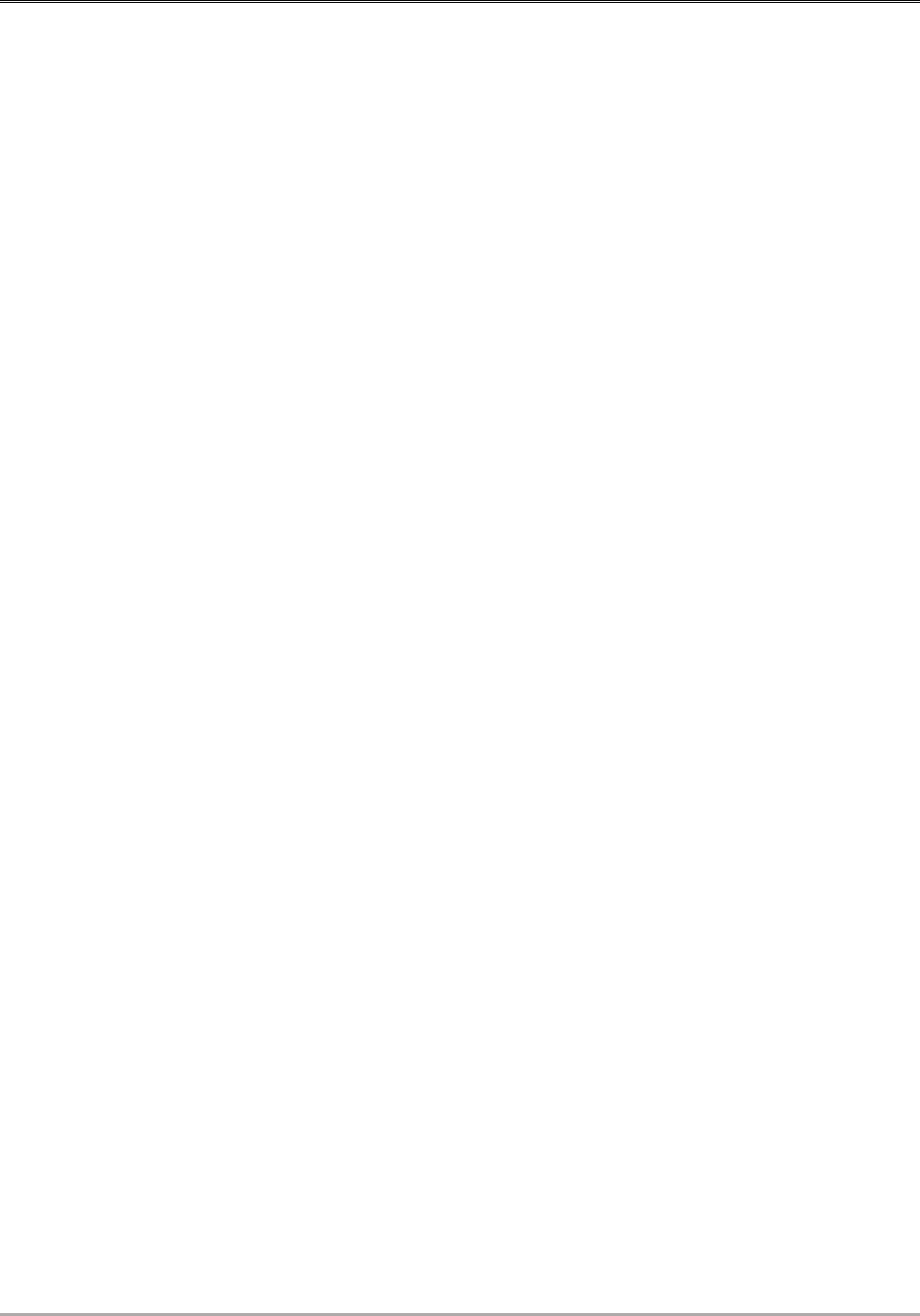
Columbia-Greene Community College 2023-2024 Catalog
59
The most common situation leading to such a
request is the successful resolution of
“incomplete” or “late” grades. For a grade
change or course completion to be considered
in the academic progress calculation, the
coursework leading to the grade change must
be completed prior to the first day of classes
in the effective term.
Additionally, the maximum timeframe
evaluation will be completed at the end of
each term. If at the time of evaluation, the
student has attempted less than 150 percent of
the course work required for his/her program,
the student will be considered eligible under
the maximum time frame standard for Title IV
aid for the following term. If, however, the
student has exceeded the maximum number of
attempted credit hours for his/her program,
the student will no longer be eligible for
federal financial aid programs (grants or
loans) for any future term in the program.
Appeal for Maximum Timeframe (150
Percent Waiver) - A student may appeal their
ineligibility for federal Title IV aid due to
reaching the 150% maximum timeframe.
Appeals must be made in writing to the
director of financial aid by noon on the first
day of classes in the effective term.
Appeal of Federal Aid Ineligibility
Decision
Appeal for Unsatisfactory Academic Progress
Status - A determination of ineligibility for
federal student aid may be appealed based on
mitigating circumstances which occurred in
the reviewed term. A mitigating circumstance
is defined as an exceptional or unusual event
beyond the student's direct control, which
contributed to or caused the academic
difficulty. Examples of mitigating
circumstances may include a student
becoming very ill or seriously injured, or a
death in the student's immediate family. An
appeal of the ineligibility decision may be
made through the college's financial aid
waiver process, which begins in the Financial
Aid Office, located in the Main Building.
Complete documentation of the circumstances
that led to the academic difficulty must be
submitted as part of the appeal process.
Appeals are due by noon on the first day of
classes in the effective term. Students
receiving a waiver of academic standing
requirements and students in good academic
standing who receive a waiver of academic
progress requirements will be placed in
satisfactory academic progress for the
effective term only. This is considered the
student's financial aid probationary period.
Students will then be required to meet
academic standing and academic progress
requirements at the end of the effective term
and in all subsequent terms.
Regaining Eligibility for Federal Student
Aid
A student who loses eligibility for federal
student aid due to unsatisfactory academic
progress may regain eligibility by
successfully completing credit courses such
that the student meets the requirements of the
satisfactory academic progress policy
standards. Such courses taken at C-GCC must
be funded without benefit of Title IV student
aid and under no circumstances will aid be
paid retroactively for those courses once
eligibility has been re-established. If these
courses are completed at C-GCC during the
fall, spring or summer term, the student's
academic progress will automatically be
measured at the end of the term.
Enrollment Status and Repeat
Coursework
A student must be enrolled at least half-time
to receive aid from Federal Direct and PLUS
loan programs and Federal Work Study
(FWS). The Pell Grant does not require half-
time enrollment; however, enrollment status
does affect the amount of Pell Grant a student
receives. Half-time enrollment is defined as
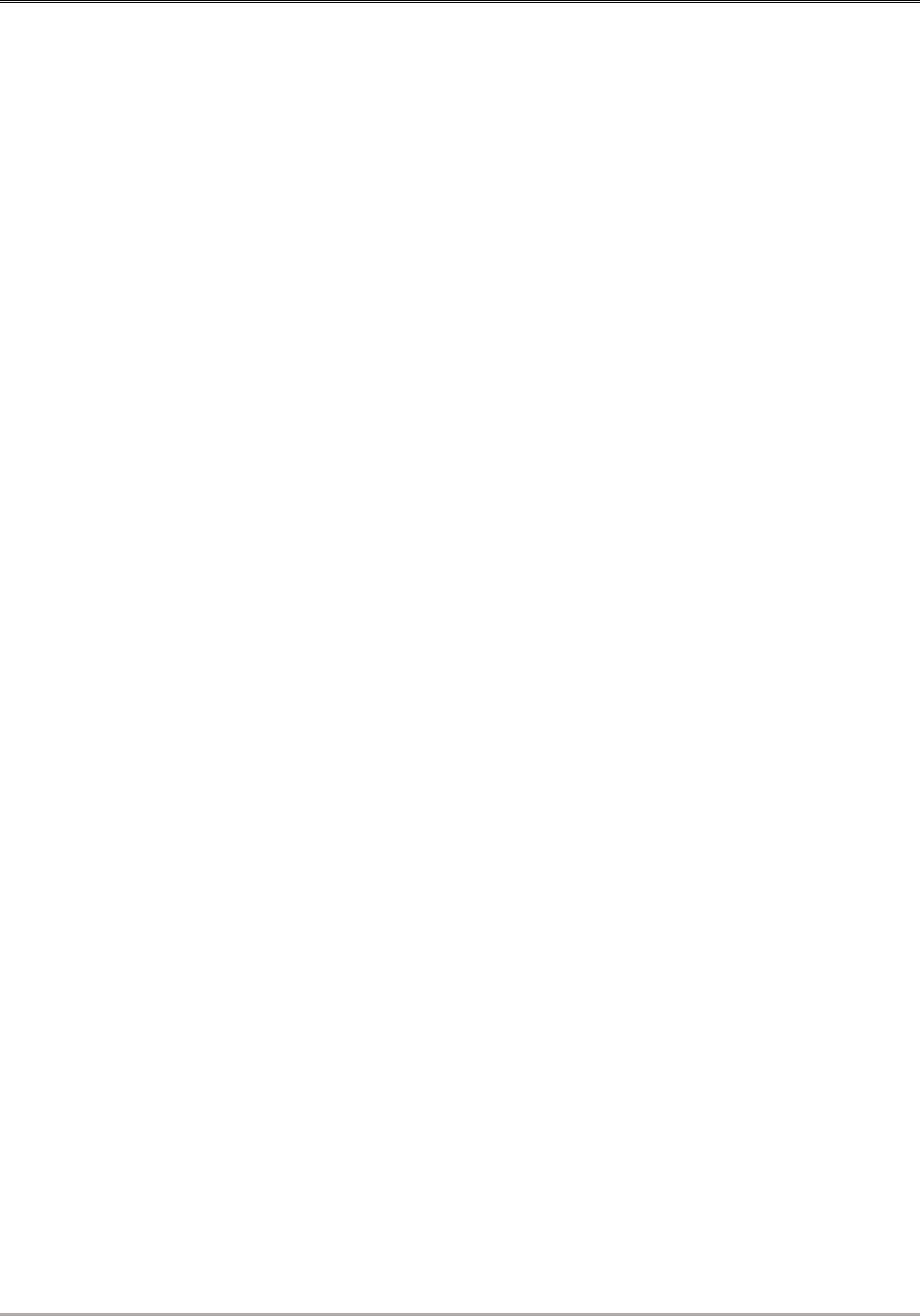
Columbia-Greene Community College 2023-2024 Catalog
60
being enrolled in at least 6 credit hours per
semester. Full-time enrollment is defined as
being enrolled in at least 12 credit hours per
semester.
Enrollment status can include repetition of a
previously passed course one time only. The
repetition cannot be due to the student failing
other coursework. For this purpose, passed
means any grade higher than an “F”,
regardless of any school or program policy
requiring a higher qualitative grade or
measure to have been considered to have
passed the course. Below are two scenarios in
which a student can receive federal aid for
repeat coursework:
• If a student receives an F or W grade,
they can repeat the course with the
benefit of federal aid until the course
is passed with a grade of D or better.
• If a student passes a course with an A,
B, C or D grade, they can repeat that
course ONE time only.
Please note: Satisfactory Academic Progress
and 150% rules apply. The highest grade is
calculated in Grade Point Average.
Withdrawals do not count as a retake for the
course. College policy states a student can
only repeat a course two times, unless an
exception is approved by the student’s
academic department.
Important: A student CANNOT receive
federal aid for repeating a previously passed
course due to the student failing other
coursework. Example: Student is taking a
series of courses (this is common in Health
Science programs). Student passes a course(s)
early in the series but then fails a subsequent
course. Student may choose (or be required by
the academic department) to repeat the
previously passed course(s) in the series. The
repeat of the previously passed course(s), will
NOT count in enrollment status for federal
student aid.
Unusual Enrollment History
Students identified by the U.S. Department of
Education as having unusual enrollment
history must be reviewed by the Financial Aid
Office to determine federal aid eligibility. The
Financial Aid Office must determine if there
were valid reasons for the unusual enrollment
history by reviewing enrollment, college
transcripts and financial aid history.
Additional documentation from the student
regarding failure to earn academic credit will
be required. The Financial Aid Office must
document the approval or denial of continued
federal aid eligibility. The decision is final and
cannot be appealed to the Department of
Education. Students who are identified with
unusual enrollment history must also
complete an Identity and Statement of
Educational Purpose.
Identity and Statement of Educational
Purpose
Certain federal aid applicants are now
required to verify their identities and resubmit
a Statement of Education Purpose, as was
originally provided as part of the FAFSA
submission.
The student must appear in person at C-GCC
to verify his or her identity by presenting valid
government-issued photo identification (ID),
such as, but not limited to, a driver’s license,
other state-issued ID, or passport. The college
will maintain a copy of the student’s photo ID
that is annotated with the date it was received
and the name of the official at the college
authorized to collect the student’s ID.
Students may also provide this statement via
postal mail with an original notarized
signature and a copy of valid government-
issued photo identification.
Return of Title IV Aid: Under the Higher
Education Amendments of 1998, Federal
student aid (Pell, FSEOG, and Federal Student
Loans) must be recalculated for students who
withdraw from or stop attending all their
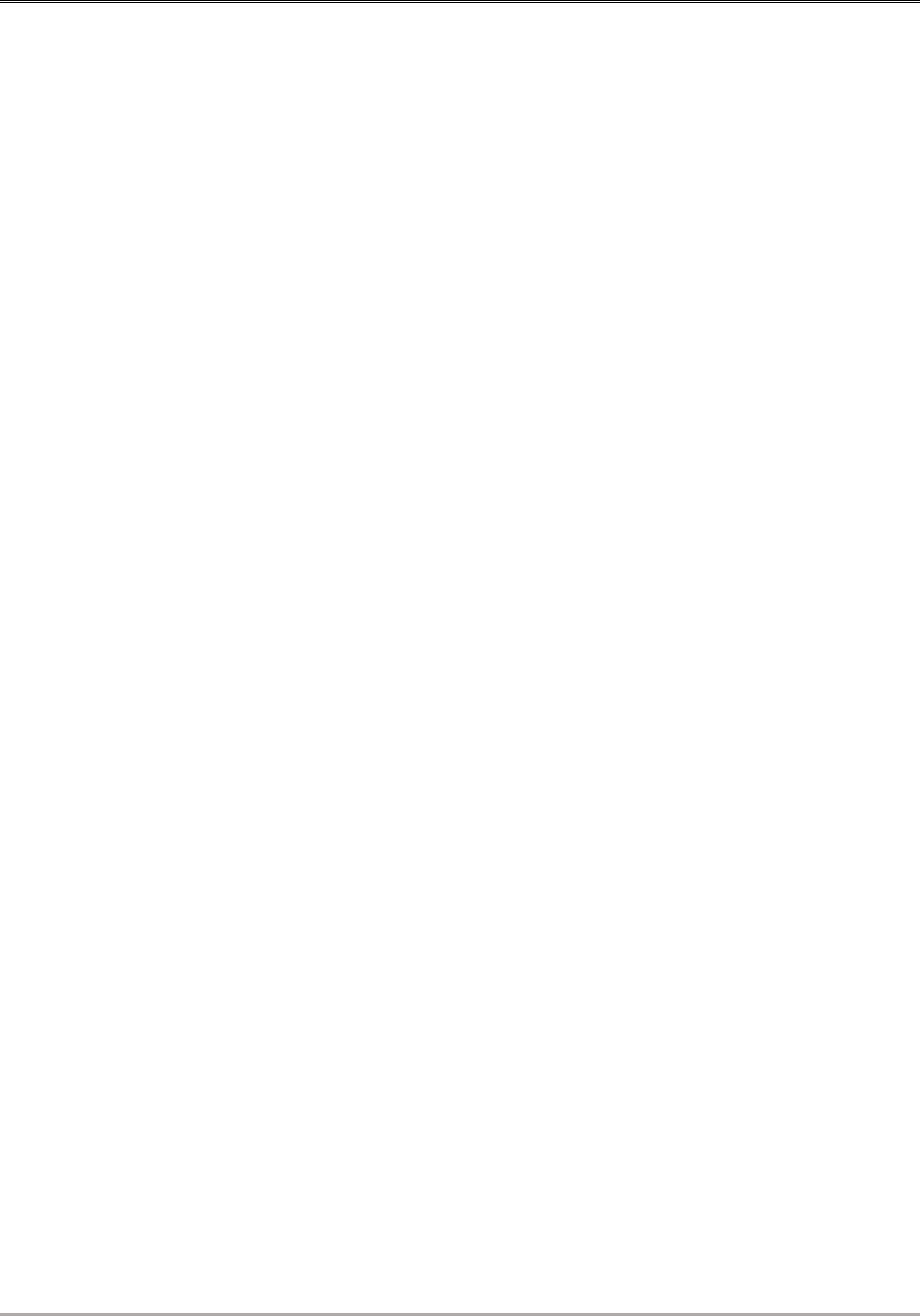
Columbia-Greene Community College 2023-2024 Catalog
61
courses before completing at least 60% of the
term. This calculation is required under the
Return of Title IV Aid regulation. Class
attendance is monitored throughout each term.
Official Withdrawals: If a student officially
withdraws from all courses before completing
at least 60% of the term, federal financial aid
will be recalculated based on the student’s
withdrawal date.
The student’s recalculated aid will be based
on the percentage of time completed in the
term.
Unofficial Withdrawals: If a student does
not formally withdraw from all courses but
stops attending before completing at least
60% of the term, the student is considered
unofficially withdrawn from the College and
the aid will be recalculated under the Return
of Title IV Aid regulation.
In the case of an unofficial withdrawal, the
effective date of withdrawal will be the last
date of documented attendance. If a student
officially or unofficially withdraws after the
end of the college’s refund period, the student
is liable for all tuition and fees, even if the
student’s financial aid is decreased. If the
student’s financial aid previously covered the
bill, but no longer covers it after the Return of
Title IV Aid calculation, the student will be
expected to pay the outstanding tuition and
fees. Further, if the student receives a
disbursement of financial aid, and the Return
of Title IV Aid calculation shows that the
student was not entitled to the funds, the
student will be billed for the funds, and the
overpayment information will be forwarded to
the U.S. Department of Education. It will be
the student’s responsibility to repay the funds
before being eligible to receive any further
federal student aid, even if the student attends
another college. This overpayment will appear
on the Student Aid Report (SAR) until the
overpayment is repaid.
Curriculum Changes and Second Degrees
If a student changes curriculum or graduates
and requests a second degree, the transcript
will be evaluated to determine what portion of
the requirements for that curriculum has been
satisfied.
After a graduation check has been completed,
a new count of credits attempted will be
determined based on the credits completed
that satisfy requirements in the new
curriculum. For example, if a student has
attempted 60 credits but only 30 earned
credits will satisfy requirements in the new
curriculum, the count of the attempted credits
will be reset from 60 to 30. The student will
have a new maximum of 60 additional credits
to complete the new curriculum.
Withdraw/Drop
Financial aid recipients who decide to
withdraw or drop from a course should first
speak to their academic advisors, the
Financial Aid Office, and Records and
Registration Office.
Columbia-Greene Community Foundation
Award Programs
The C-GCC Foundation is a nonprofit New
York State corporation organized and
operated exclusively for educational and
cultural purposes to develop and foster
scholarship and charitable activities. The
foundation administers general and academic
scholarships that have been made available by
contributions, gifts, and bequests.
The Foundation is headed by a board of
directors comprised of community leaders
who oversee the holding, investing,
managing, and awarding of foundation assets.
The availability of awards is based on money
raised and the disposition of funds is at the
sole discretion of the board of directors.
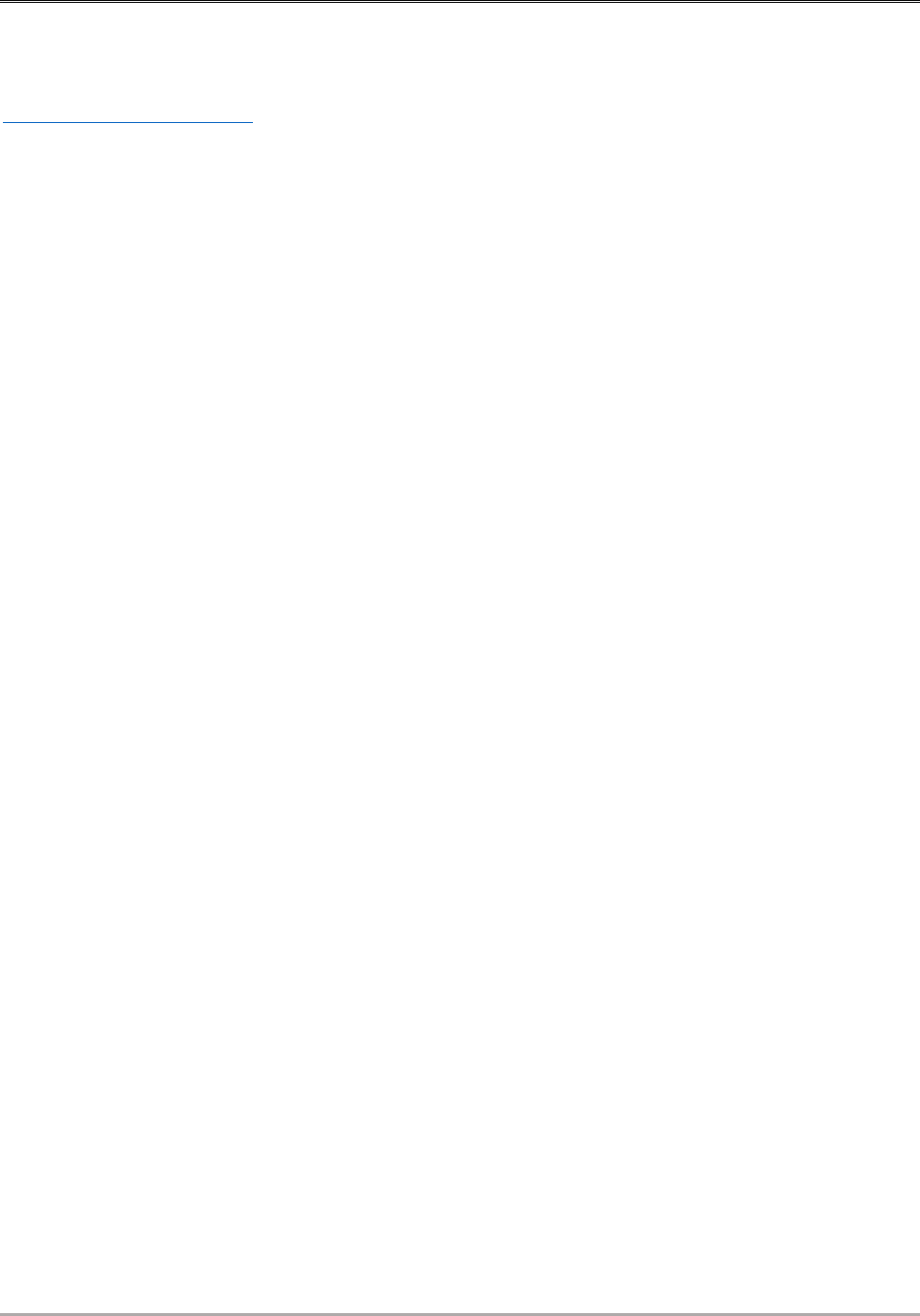
Columbia-Greene Community College 2023-2024 Catalog
62
For further information contact Joan Koweek
at 518.697.6369 or email at
Presidential Scholarships
The C-GCC Presidential Scholarships are
funded through the foundation and are
awarded based on the following guidelines:
1. Applicants must submit a scholarship
application form by the first day of classes
to be considered for the next academic
year. No applications will be accepted
after the first week of classes. Admission
scholarships and financial aid forms will
not be accepted after the first week of
classes.
2. Scholarships will be awarded to
graduating students residing in Columbia
or Greene Counties or applying from high
schools in the Columbia-Greene
Counselors Association. Applicants must
graduate with an average of 90% or
higher. Early Admittance students are
eligible the first semester of their
sophomore year only. Early Admittance
students must have entered C-GCC from
high school with a 90% average or higher.
The student must then have a GPA of 3.25
with a minimum of 12 credits each
semester for their first year attending C-
GCC. Home schooled students must be 17
years old and have a SAT score of 1350 or
higher to be eligible for a Presidential
Scholarship award of $800.00 per
semester.
3. Students earning valedictory or salutatory
rank in their graduation class will be
offered full-tuition scholarships up to 17
credits.
4. The recipient must be a full-time
matriculated student with a minimum of
12 C-GCC credit hours per semester and
be in attendance on the college’s census
date.
5. The scholarship must be used the fall
semester immediately following the
student’s high school graduation. If the
student needs to defer this scholarship for
one semester, the decision to do so will be
at the discretion of the board of directors
of the C-GCC Foundation. Only first-time
college attendees may apply for the spring
semester.
6. Scholarship recipients must complete at
least 12 semester hours of work by the end
of their first semester at C-GCC to
continue eligibility for the second
semester and hold a minimum GPA of 2.5
to continue eligibility for the second
semester.
7. The Presidential Scholarship will be
renewed for the third semester students
who have maintained a 3.25 GPA at the
end of the second semester and have
completed at least 12 C-GCC credit hours
each semester.
8. Disciplinary sanction will cause
revocation of the scholarship.
9. The disposition of all scholarships
remains the prerogative of the board of
directors of the C-GCC Foundation.
10. Students must be enrolled consecutive
semesters in order to maintain eligibility.
Nursing Scholarships
General Nursing Scholarships: available to
students in NU 101, 102, 201, and 202 who
reside in Columbia or Greene County.
Students are selected according to highest
GPA. Number of scholarships awarded is
based on available funds.
The Royce Forgham Hudson Lodge #7 F. &
A.M. Memorial Nursing Scholarship: Two
$1000 scholarships are available to NU 201
students who reside in Columbia County,
demonstrate financial need, and the ability to
succeed in the nursing program. Students may
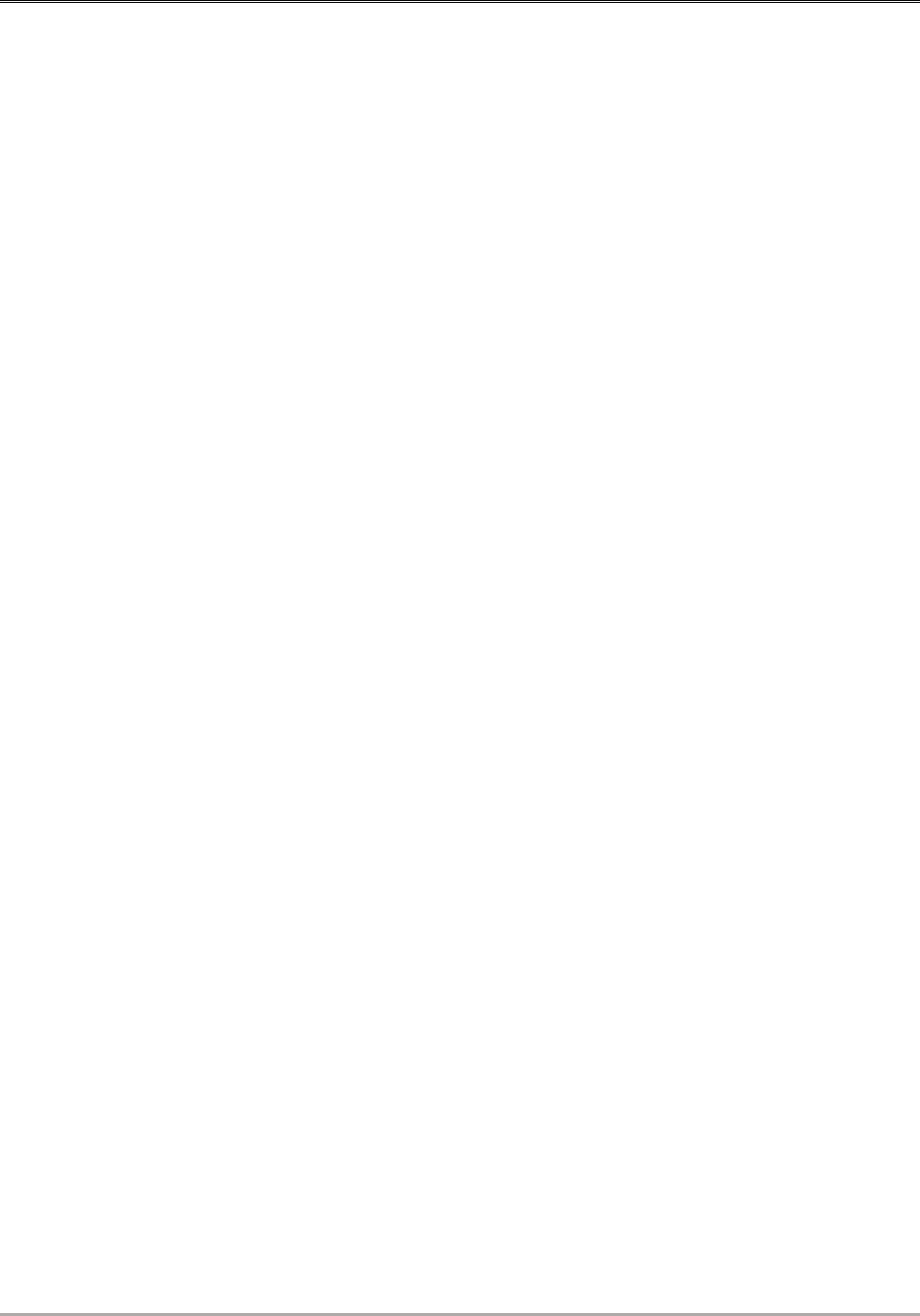
Columbia-Greene Community College 2023-2024 Catalog
63
submit a letter of application by October 1.
Selection is made by the nursing faculty.
Home Bureau Scholarship: One $500
scholarship is available to a student in NU 102
who resides in Columbia County, is a U.S.
citizen, documents financial need, and has an
anticipated GPA of 2.5 or higher by the end of
NU 102. Applications are available in the
nursing department.
Paul Kellner Nursing Scholarships: for two
semesters are available to students who have
completed NU 102 and plan to work at
Columbia Memorial Hospital upon
graduation. Students must demonstrate
financial need and ability to succeed in the
nursing profession. Application and reference
form are part of the application process.
Applications meeting criteria will be
forwarded to the donor, who will interview the
candidates and select three recipients.
Eleanor & Herman Abel Nursing
Scholarships: Up to ten awards equal to
tuition for two semesters available to
Columbia County students who are eligible to
enter NU 201 and demonstrate financial need.
Selected by nursing faculty in May.
Other Scholarships
Information on other scholarships that are
available may be found by calling the
Foundation Office at 518.697.6369.
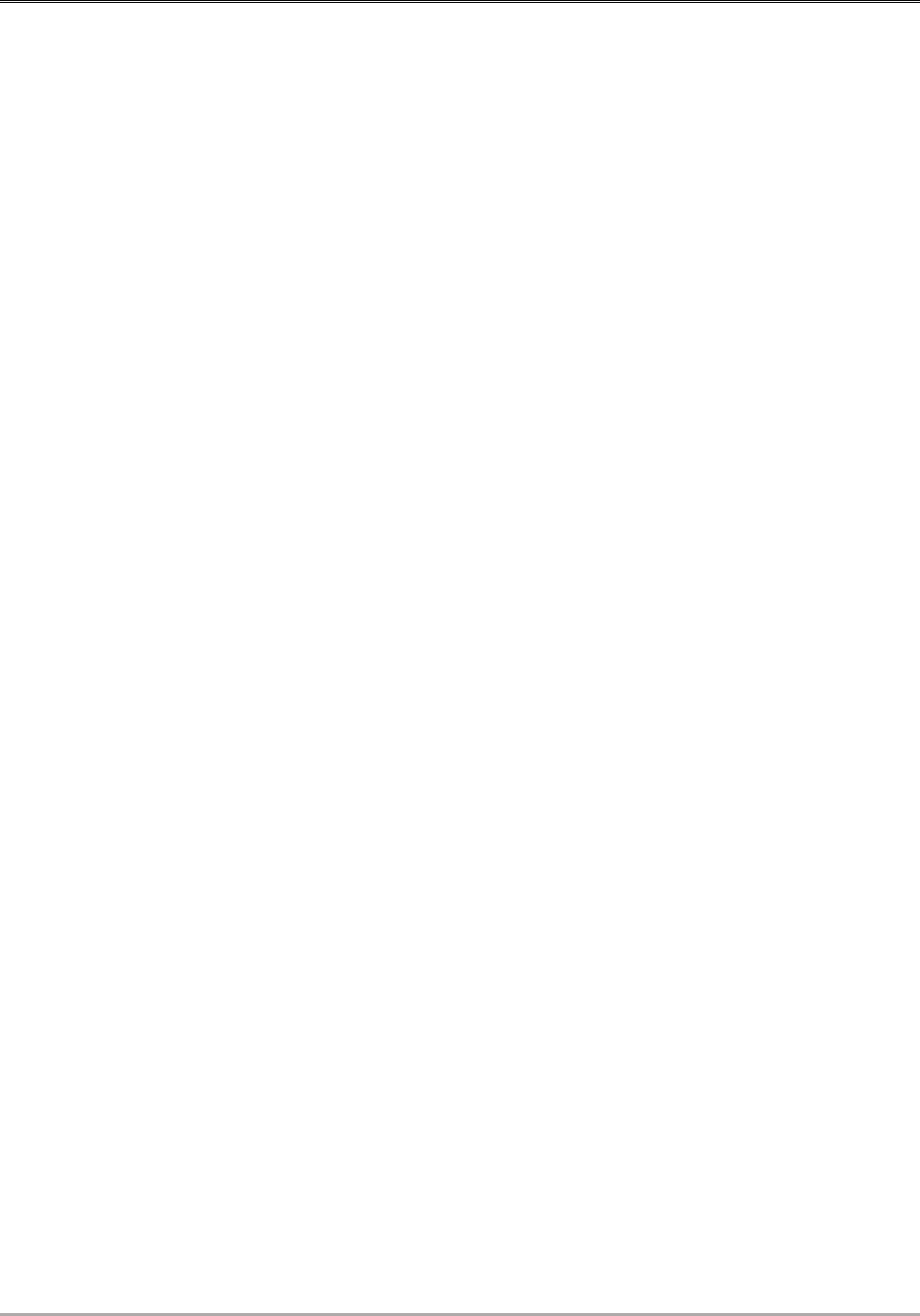
Columbia-Greene Community College 2023-2024 Catalog
64
Tuition and Fees
Tuition and fees are established by the C-GCC
Board of Trustees and are subject to change as
deemed necessary. Payment in full is required
by the date specified on the bill.
Payment and/or financial aid award is a valid
commitment of intent to attend C-GCC.
Students who do not pay their accounts in full
by the due date indicated on their bill may be
dropped from classes for non-payment and
will not be able to re-register until full
payment is made. Students who withdraw,
officially or unofficially, are 100% liable for
all tuition and fees. In addition, students who
register for a class but do not attend, will be
reported for non-attendance and incur
responsibility for 25% of tuition plus fees.
C-GCC offers a convenient, automatic
payment plan to help students manage their
educational expenses. This payment option is
offered through a partnership with Nelnet
Business Solutions and allows for up to 4-
montly payments. Students can enroll quickly
and easily via their Banner accounts and
should monitor their C-GCC email for
payment plan notifications and enrollment
periods. For more information, contact the
Bursar’s Office.
Residency
To qualify for the New York State resident
tuition rate, a student must currently live in
New York State and have lived within the
state continuously for a period of at least one
year. A student must also be a U.S. citizen, a
permanent resident or have valid immigrant
status. To qualify for the in-state tuition rate,
a student must submit a Certificate of
Residence annually. Per New York State
Education Law, Certificates of Residence can
be obtained no sooner than 60 days prior to the
start of classes and no later than 30 days after
the start of classes. Students who fail to
submit a Certificate of Residence within this
time frame are responsible for paying the non-
resident tuition rate.
Residents of Columbia and Greene Counties
can show proof of residency at the Bursar’s
Office to complete the process for a
Certificate of Residence but, in some in-
stances may be required to go to their County
Treasurer’s Office. Residents of all other NYS
counties must obtain a Certificate of
Residence from the county in which they
reside. New York State residents who have
lived in more than one county during the past
six months must submit a Certificate of
Residence from each county in which they
have resided.
Refunds
Students may be eligible to receive a refund
from financial aid or tuition overpayment. A
refund occurs when payments and credits on a
student account exceed tuition, fees and other
charges. The date of refund depends on the
date of the billing adjustment or financial aid
disbursement. Students are encouraged to
monitor their accounts on Banner Self-
Service to check the status of charges,
payments, financial aid disbursements, and
refunds.
Financial aid awards will be applied to student
accounts in the order in which they are
received. If the posting of a financial aid
award results in a credit balance, a refund will
be issued within 14 days of the aid posting.
If a student becomes ineligible for financial
aid, all balances due to the reduction or loss of
financial aid funds, are the responsibility of
the student.
Delinquent Accounts
Students will be billed monthly from the time
they register until the time their bill is paid in
full. The College primarily uses an e-billing

Columbia-Greene Community College 2023-2024 Catalog
65
platform, and students must monitor their C-
GCC email for billing notifications. If full
payment is not received, the College may
assign any outstanding balance to a collection
agency. The student will be responsible for
payment of all attorney’s fees, reasonable
collection fees and/or costs and other charges
necessary for collection of any amount not
paid when due. The College may have such
default information forwarded to credit-
reporting agencies.
The College reserves the right to deny
permission to register for a subsequent
semester until the balance is paid in full.
Veteran's Tuition Deferrals
In accordance with Title 38 US Code 3679
subsection (e), this school adopts the
following additional provisions for any
students using U.S. Department of Veterans
Affairs (VA) Post 9/11 G.I. Bill
®
(Ch. 33) or
Vocational Rehabilitation and Employment
(Ch. 31) benefits, while payment to the
institution is pending from the VA. Columbia-
Greene Community College will not:
• Prevent or delay the student’s enrollment;
• Assess a late penalty fee to the student;
• Require the student to secure alternative or
additional funding;
• Deny the student access to any resources
available to other students who have
satisfied their tuition and fee bills to the
institution, including but not limited to
access to classes, libraries, or other
institutional facilities.
However, to qualify for this provision, such
students will be required to:
• Produce the Certificate of Eligibility by
the first day of class;
• Provide written request to be certified.
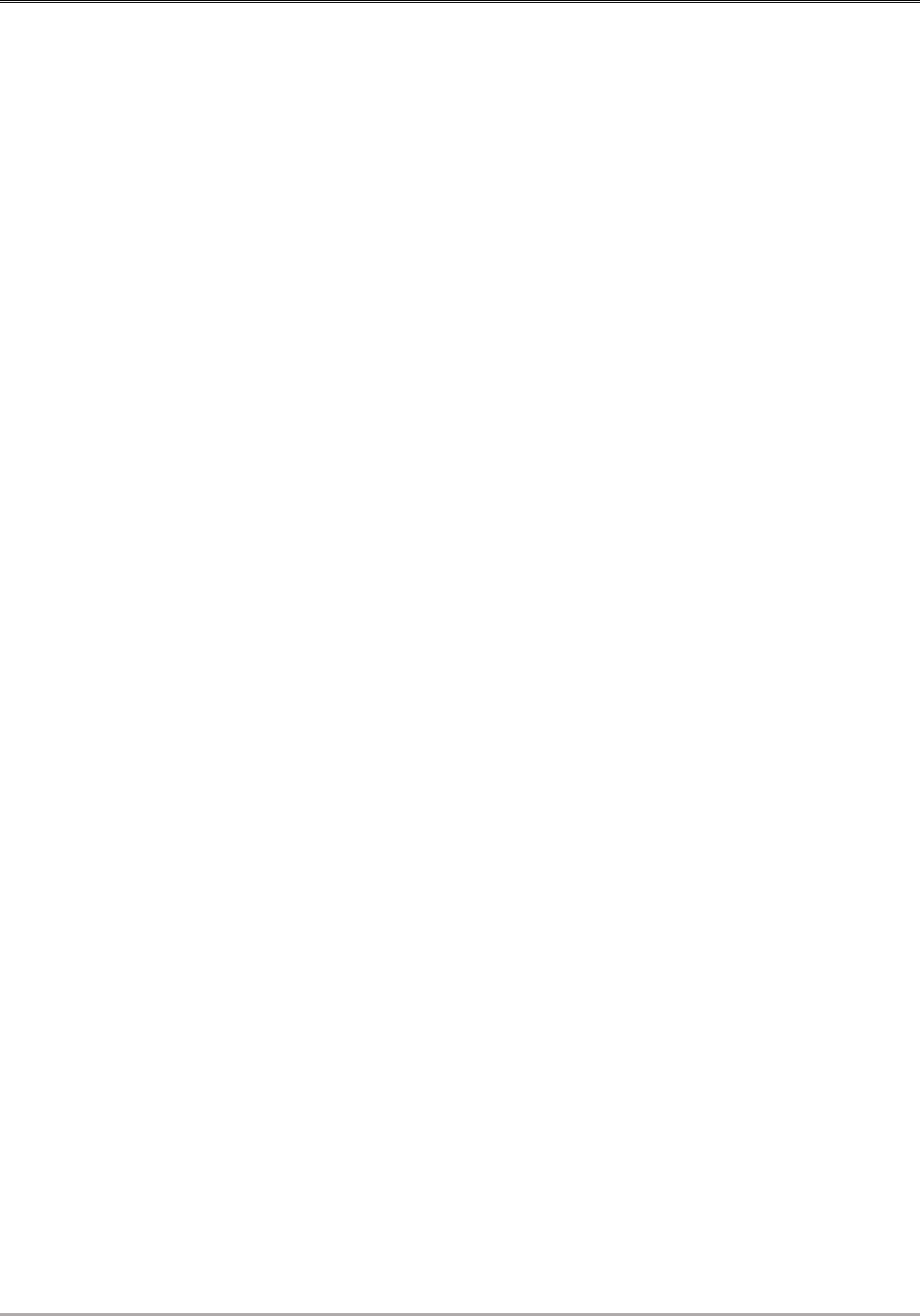
Columbia-Greene Community College 2023-2024 Catalog
66
Schedule of Tuition and Fees (pending approval by New York State and County Sponsors)
TUITION AND FEES ARE SUBJECT TO CHANGE. ALL FEES ARE NON-REFUNDABLE.
Full-Time Students: 12+ Semester Hours Per Semester
Tuition – New York State Residents ........................................................... $2,628.00 per semester
Tuition – Nonresidents ................................................................................... 5,256.00 per semester
Student Activities Fee ....................................................................................... 132.00 per semester
Student Health Fee .............................................................................................. 12.00 per semester
Student Technology Fee ................................................................................... 180.00 per semester
Part-Time Students: Less Than 12 Semester Hours Per Semester
Tuition – New York State Residents ........................................................ 219.00 per semester hour
Tuition – Nonresidents .............................................................................. 438.00 per semester hour
Student Activities Fee ................................................................................. 12.00 per semester hour
Student Health Fee ........................................................................................ 1.00 per semester hour
Student Technology Fee ............................................................................. 15.00 per semester hour
Additional Fees:
Course Fee: Art, Photography ............................................................................................................. 25.00
Course Fee: Automotive Technology ................................................................................................. 50.00
Course Fee: Construction Technology (CC 101, CC 105, CC 107, CC 109, CC 111,
CC 114, CC 119) ............................................................................................................. 50.00
Course Fee: National Criminal Justice Study (CJ 298) ................................................................... 300.00
Course Fee: Dance ............................................................................................................................... 10.00
Course Fee: First Aid and Safety (HE 201) ........................................................................................ 25.00
Course Fee: Lab Science ...................................................................................................................... 25.00
Course Fee: Medical Assisting (AH 106, AH 201) ........................................................................... 50.00
Course Fee: Medical Assisting (AH 108, AH 109, AH 207, AH 208) ............................................ 25.00
Course Fee: Nursing ........................................................................................................................... 285.00
Course Fee: Police Basic Training Program (LE 110) .................................................................... 200.00
Course Fee: Police Basic Training Program (LE 101) .................................................................... 150.00
Course Fee: Theater ............................................................................................................................. 10.00
Automotive Technology Uniform Fee .............................................................................................. 125.00
Credit for Life Experience/Portfolio Fee (per semester hour) ........................................................... 30.00
Departmental Challenge Exam Fee ..................................................................................................... 25.00
External Exam Fee ............................................................................................................................... 25.00
Locker Fee (per semester) ...................................................................................................................... 5.00
Nursing Challenge Exam Fee ............................................................................................................ 135.00
Nursing/Medical Assisting Malpractice Insurance (per year) ........................................................... 20.00
Official Transcript Fee (first 15 copies) ................................................................................................ 0.00
Official Transcript Fee (each transcript over 15) ................................................................................. 5.00
Returned Check Fee ............................................................................................................................. 15.00
Estimated Other Expenses (Annual)
Books, Course Materials, Supplies, and Equipment ............................................................1,600.00
Housing and Food .............................................................................................................10,000.00
Miscellaneous Personal Expenses.........................................................................................2700.00
The above figures are generally considered to be the maximum in each category.
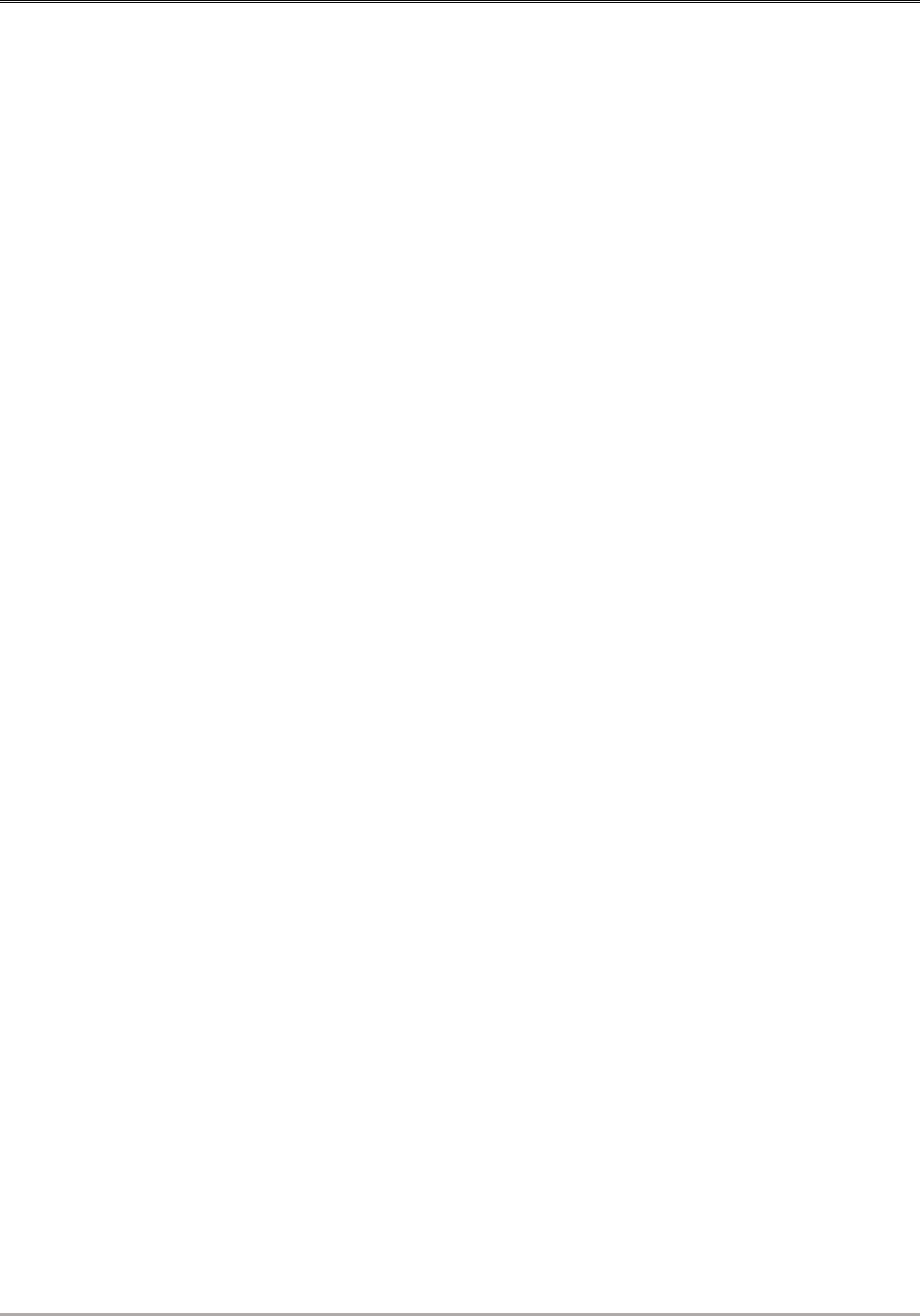
Columbia-Greene Community College 2023-2024 Catalog
67
Refund Policy
Students who officially drop or withdraw from the College may be eligible for a tuition adjustment.
Tuition is refundable according to the following schedule for both full- and part-time students. The
adjustment is determined by the date of the drop.
Federal aid recipients who withdraw completely before completing 60% of the semester will be
subject to the federal government’s Return of Title IV Aid regulation (see Financial Aid section).
Students who unofficially withdraw, in part or whole, are 100% liable for all tuition and fees.
Refund Policy for Courses 15 Weeks in Duration
Course Dropped:
Refund:
Before the first day of the term
TUITION & FEES
100%
During the first week of the term
TUITION ONLY
75%
During the second week of the term
TUITION ONLY
50%
During the third week of the term
TUITION ONLY
25%
After the third week of the term
NO REFUND
0%
Refund Policy for Courses 9 - 14 Weeks in Duration
Course Dropped:
Refund:
Before the first day of the term
TUITION & FEES
100%
During the first week of the term
TUITION ONLY
60%
During the second week of the term
TUITION ONLY
30%
During the third week of the term
NO REFUND
0%
After the third week of the term
NO REFUND
0%
Refund Policy for Courses 1 - 8 Weeks in Duration
Course Dropped:
Refund:
Before the first day of the term
TUITION & FEES
100%
During the first week of the term
TUITION ONLY
25%
After the first week of the term
NO REFUND
0%
Important Notes:
• Any student who registers for a class and is reported as never attending the class, will be
dropped for non-attendance AND incur a 25% tuition (plus fees) liability.
• Refund calculations are based on the start date of the term.
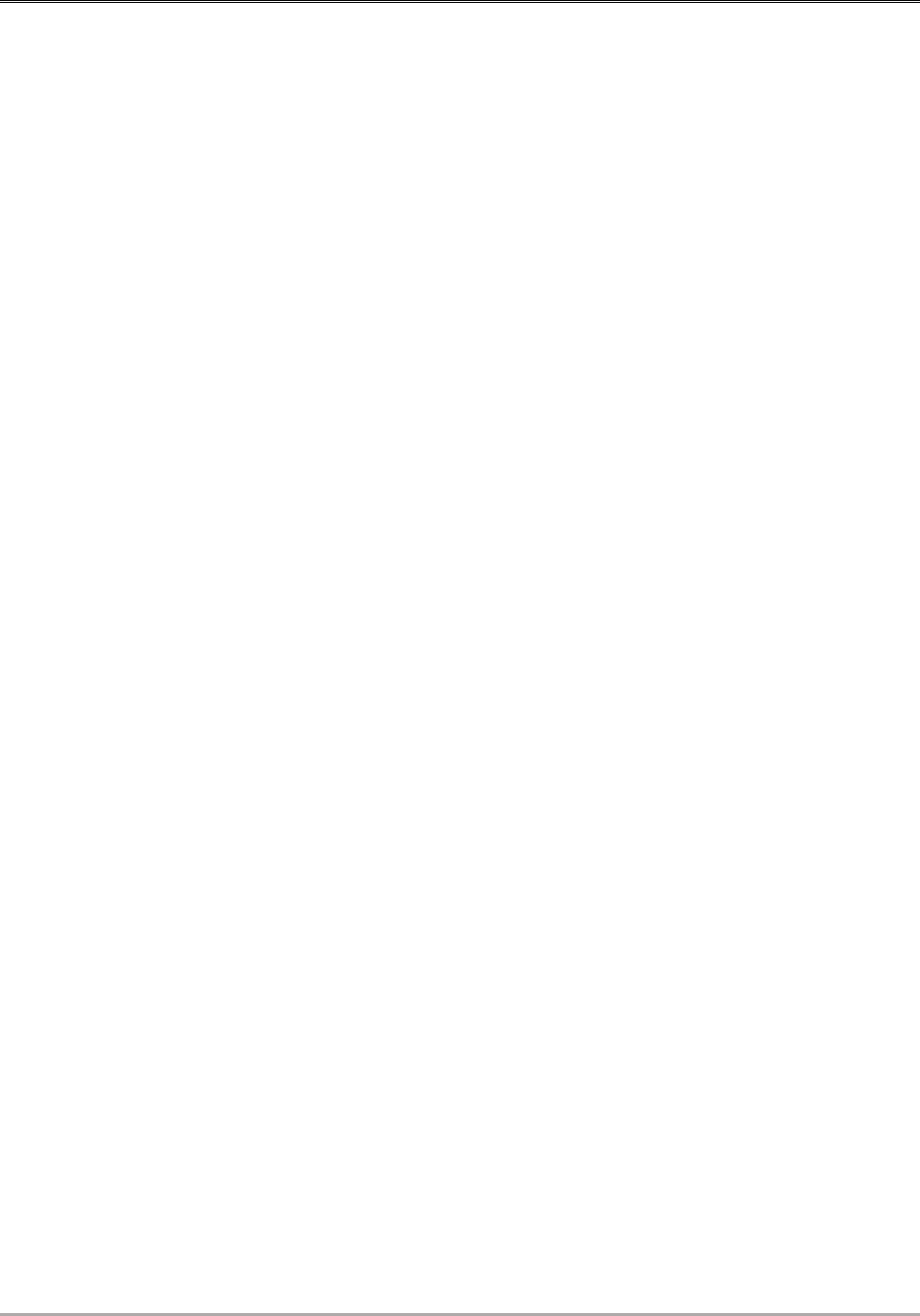
Columbia-Greene Community College 2023-2024 Catalog
68
Federal Financial Aid Refund Policy for
Total Withdrawals
The Higher Education Amendments of 1998
require colleges to recalculate Federal Title IV
Aid (PELL, SEOG, and all Stafford Loans)
eligibility for recipients who withdraw from
or stop attending all of their courses before
completing at least 60% of the semester.
Students are now only eligible for a
percentage of federal aid earned up to the 60%
point of the semester. Class attendance rosters
are reviewed each semester and recalculations
are performed accordingly.
Official Withdrawals: Students who follow
the college’s formal withdrawal procedures
and totally withdraw before completing 60%
of the semester will have their federal aid
eligibility recalculated using the date of
withdrawal on file in the Registrar’s Office.
For example, students who complete 20% of
the semester will be eligible for 20% of their
federal aid.
Unofficial Withdrawals: Students who stop
attending and do not formally withdraw
before completing 60% of the semester will be
considered unofficially withdrawn and subject
to a Federal Title IV Aid recalculation. The
college will use the 50% point in the semester
to calculate eligibility for aid for unofficial
withdrawals.
Tuition Liability: Students who officially or
unofficially withdraw after the college’s
refund period has ended are responsible for
any unpaid tuition and fees even if their
financial aid is decreased. Students subject to
Federal Title IV Aid recalculations are
responsible for any remaining unpaid tuition
and fee balances resulting from the
recalculation. Additionally, if the student
received a disbursement of federal financial
aid, and a federal Title IV recalculation results
in their not being eligible for all or a portion
of the funds dispersed, the student will be
billed for the outstanding funds.
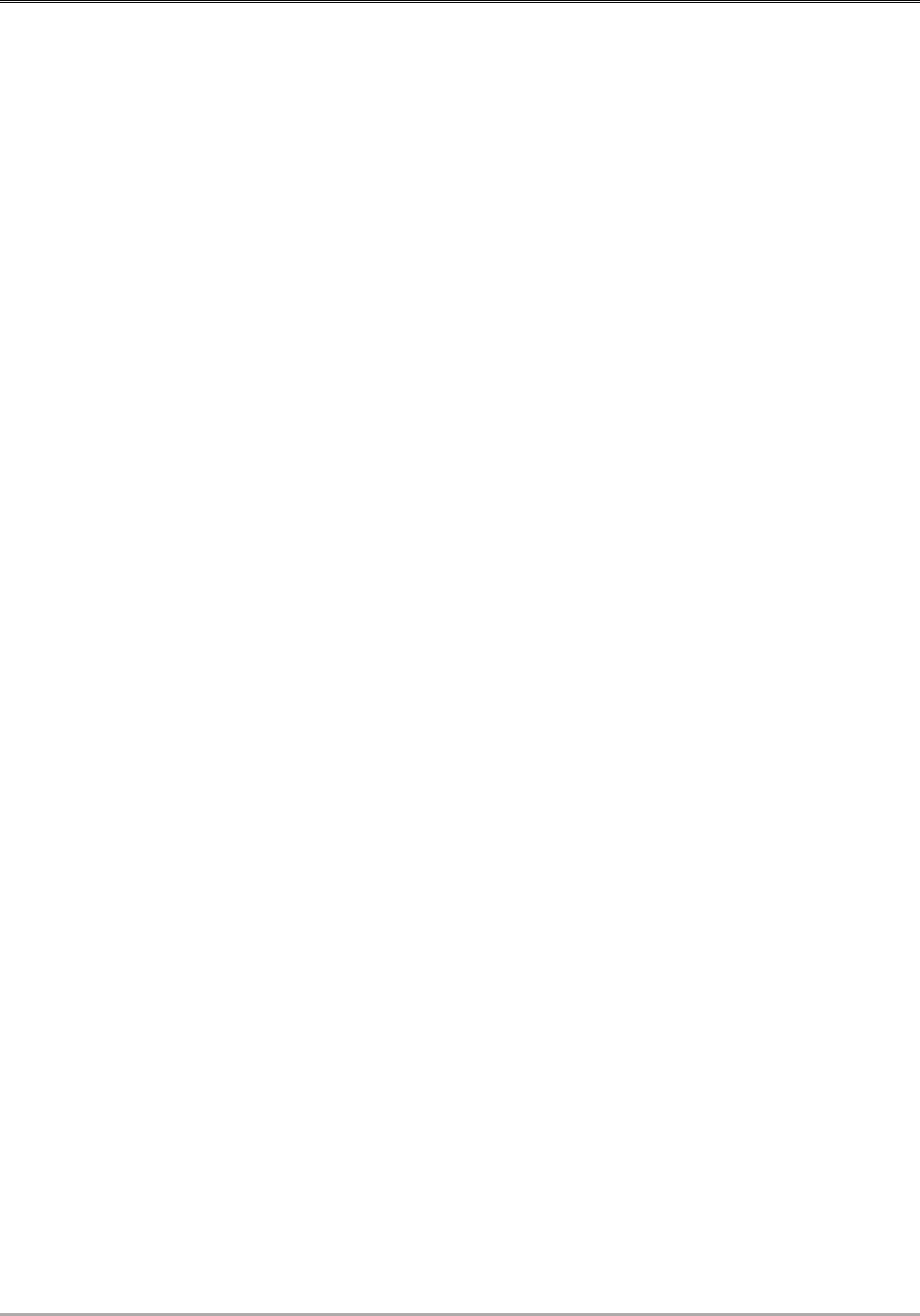
Columbia-Greene Community College 2023-2024 Catalog
69
Degree and Certificate Requirements
Responsibility for meeting the requirements
for a degree or a certificate rests with the
student.
Application for Graduation
Students who are planning to graduate must
apply for graduation. To qualify for
graduation, the student must be a current
matriculated student. Students who are
planning to graduate should speak to their
advisor when registering for their last
semester to ensure their course selections
meet degree requirements.
Graduation is based on the successful
completion of all requirements as listed for the
program in which the student is matriculated.
Any change in meeting degree requirements
must be approved by the Dean of Academic
Affairs before the student registers for the
final semester. Any change in the
recommended program for a curriculum needs
the approval of the student’s academic
advisor.
Students who have completed the
requirements of an associate degree and have
also completed the requirements for a
certificate degree, may concurrently apply to
graduate in both degrees.
To qualify for graduation, a student must have
fulfilled all college requirements and have
achieved the following:
1. Apply for graduation in the Office of
Records and Registration.
2. Be a currently enrolled matriculated
student or readmitted student for the
purpose of graduation.
3. Completion at Columbia-Greene
Community College of at least half of the
required semester hours of course work
for a degree or certificate, unless
concurrently receiving two degrees.
4. A 2.0 cumulative grade point average or
better.
5. Completion of a minimum of 60 semester
hours as required in a degree program or
24 semester hours as required in a
certificate program. Physical education
courses are not considered part of the
minimum number of semester hours.
6. Students who entered the college without
a high school diploma or High School
Equivalency Diploma (TASC or GED)
must apply to the New York State
Education Department for the equivalency
diploma concurrently with applying for
the college degree. Forms may be
obtained in the Office of Records and
Registration.
7. Payment (or satisfactory adjustment) of all
college fees and satisfaction of all other
obligations. Matriculation is terminated
on graduation. Students returning to
continue in another degree or certificate
program must reapply to that new
curriculum and satisfy the above
requirements.
Graduation with Honors or High Honors
A student who attains a cumulative grade
point average of 3.5 will graduate with
honors. A student who attains a cumulative
GPA of 3.75 will graduate with high honors.
Degree and Certificate Programs
As part of the State University of New York,
C-GCC is authorized to award four associate
degrees and certificates. Listed below are the
institutional degree requirements on file with
the New York State Education Department
and the State University of New York. All
students must meet these degree requirements,
which cannot be waived. Any additional
requirements are noted at the beginning of
each program/certificate description.
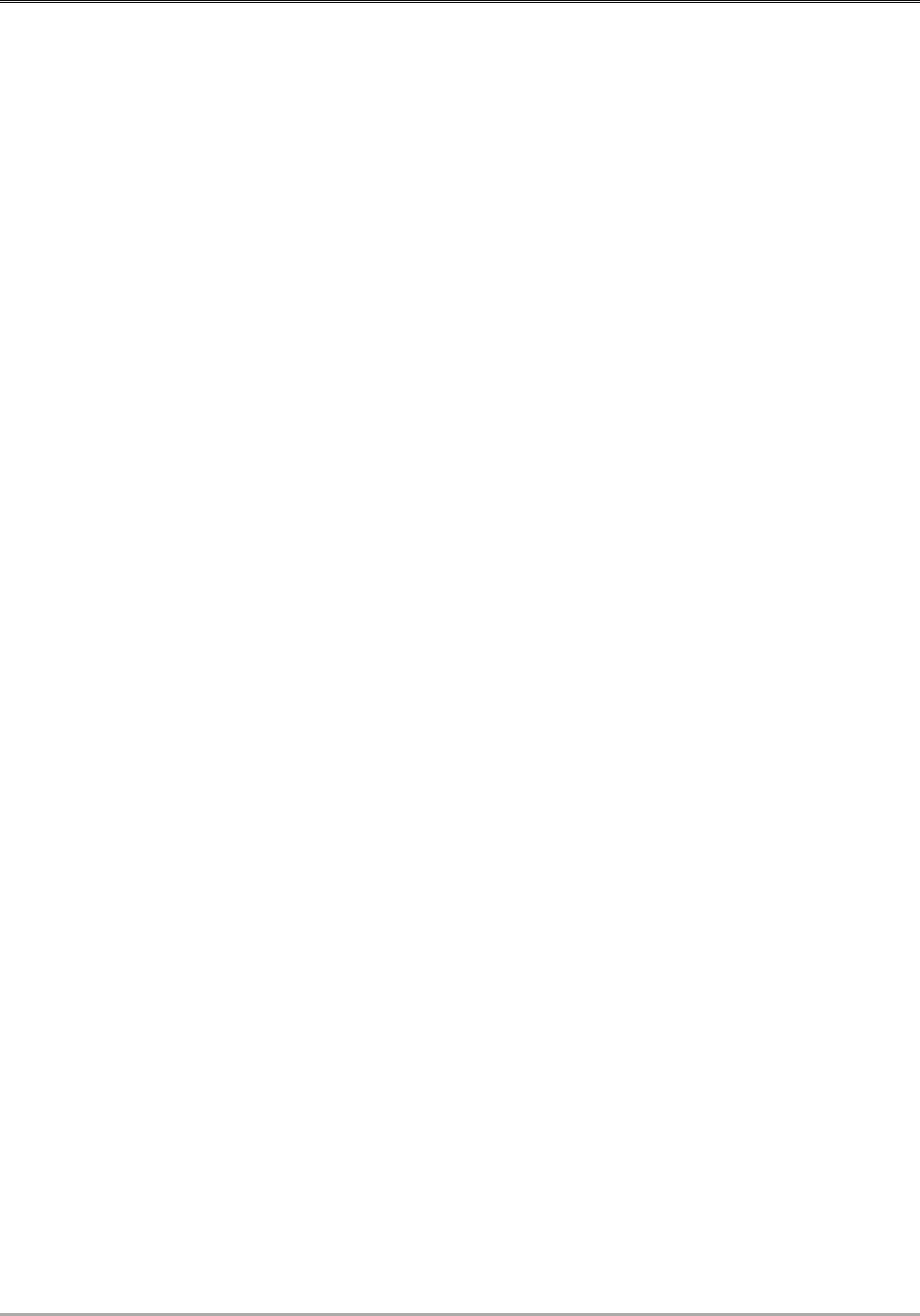
Columbia-Greene Community College 2023-2024 Catalog
70
Institutional Degree Requirements
Associate in Arts
Designed primarily for transfer programs
leading to a Bachelor of Arts degree.
1. Minimum number of semester hours: 61
2. Liberal Arts requirements: 45 semester
hours
A minimum of 45 semester hours must be
distributed among the following areas of
study:
a. Humanities – must include EN 101
and EN 102
b. Social Science
c. Lab sciences and mathematics (not
MA 105 or MA 114) -at least one of
each area
d. A minimum of 3 semester hours must
be earned in mathematics and a
minimum of 3 semester hours must be
earned in a lab science. A minimum of
12 semester hours must be earned in
each: Humanities and Social Science
areas and the remaining 15 semester
hours must be earned in these liberal
arts areas.
3. Program requirements: 16 semester hours.
A minimum of 12 semester hours are
considered free electives and may be
earned in any field(s) of study at the
college.
4. CE 101 College Experience: one semester
hour. See Course Description for further
information.
5. Minimum academic average: a cumulative
grade point average of 2.0 or better.
Associate in Science
Designed primarily to serve students in
science or professionally related transfer
programs leading to the Bachelor of Science
degree although may be used for certain
occupationally oriented curricula.
1. Minimum number of semester hours: 61
semester hours.
2. Liberal Arts requirements: 30 semester
hours.
A minimum of 30 semester hours must be
distributed among the following three
areas of study:
a. Humanities – must include EN 101
and EN 102
b. Social sciences
c. Lab sciences and mathematics (not
MA 105 or MA 114) – at least one in
each area
3. Program requirements: 31 semester hours.
A minimum of 31 semester hours are
considered free electives and may be
earned in any field(s) of study at the
college.
4. CE 101 College Experience: one semester
hour. See Course Description for further
information.
5. Minimum academic average: a cumulative
grade point average of 2.0 or better.
Associate in Applied Science
Designed primarily for occupationally
oriented curricula but may be appropriate to
transfer to certain types of specialized
baccalaureate programs.
1. Minimum number of semester hours: 61
semester hours.
2. Liberal Arts requirements: 21 semester
hours.
A minimum of 21 semester hours must be
completed according to the following
distribution.
a. EN 101 and EN 102 or EN 105 – 6
semester hours
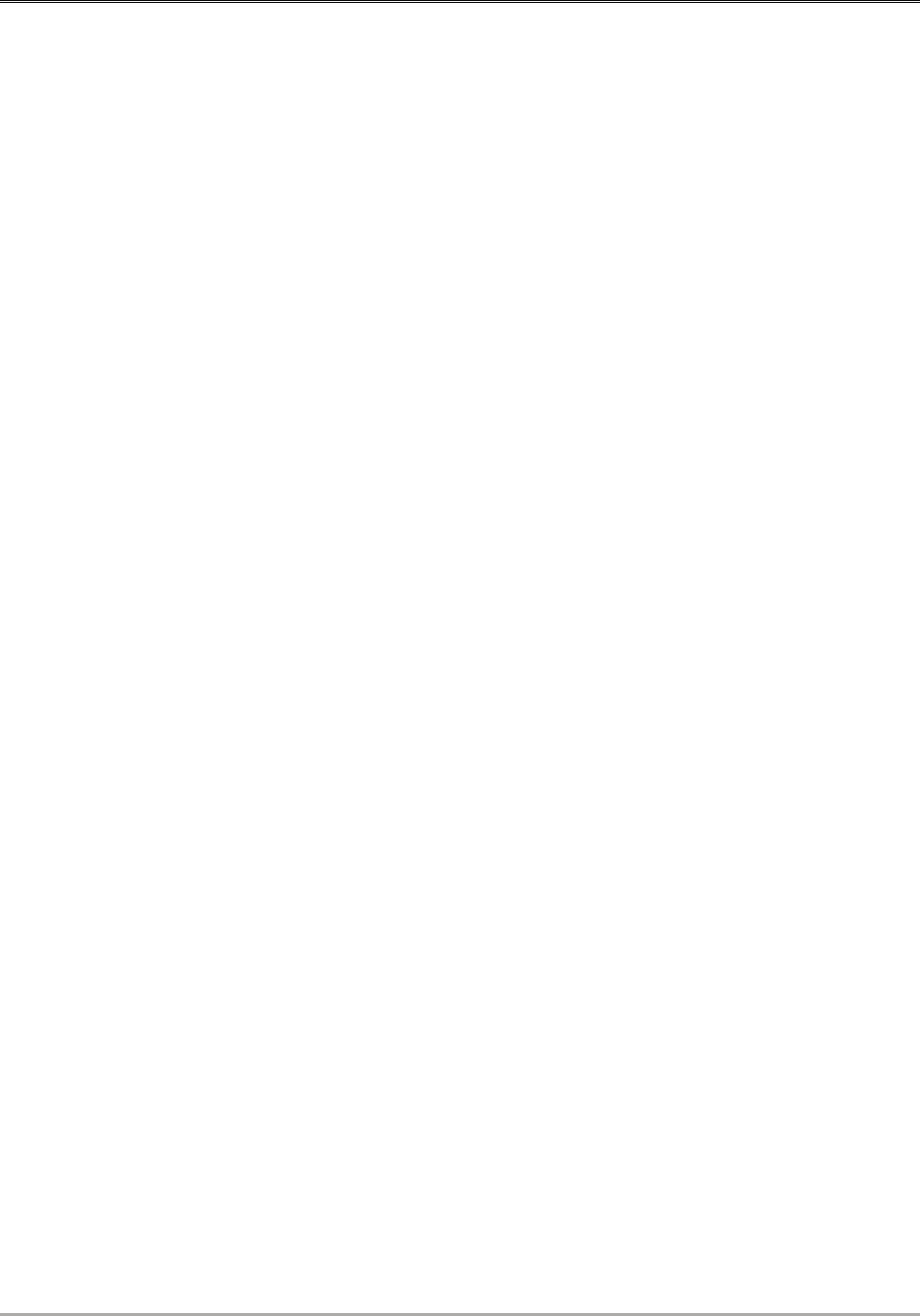
Columbia-Greene Community College 2023-2024 Catalog
71
b. Humanities elective – 3 semester hours
c. Social sciences – 6 semester hours
d. Science – 3 semester hours
e. Mathematics – 3 semester hours
3. Program requirements: 40 semester hours
A minimum of 40 semester hours are
considered free electives and may be
earned in any field(s) of study at the
college.
4. CE 101 College Experience: one semester
hour. See Course Description for further
information.
5. Minimum academic average: a cumulative
grade point average of 2.0 or better
Associate in Occupational Studies
Designed for occupationally oriented
curricula. A student entering this program is
not planning to transfer into a baccalaureate
program but is preparing to enter a career field
on completion of the degree.
Minimum academic average: a cumulative
grade point average of 2.0 or better.
Certificate Programs
Designed for occupationally oriented
curricula. Completion of certificate programs
typically leads directly to employment.
Minimum academic average: a cumulative
grade point average of 2.0 or better.
Transfer Opportunities
Columbia-Greene Community College
students who want to further their education
have almost limitless transfer options.
Graduates of C-GCC are accepted at both
public and private four-year colleges and
universities throughout New York State and
nationwide. Students can also transfer into
specialized technical and allied health
programs at other two-year colleges.
Many transfer agreements exist with four-year
colleges.
1. To guarantee maximum transferability of
courses, students should begin early and
be proactive in researching transfer
opportunities.
2. Students anticipating transfer should
pursue a program compatible with the
requirements of the transfer college or
institution.
3. Individual assistance in preparing for
transfer is available in Advising, Career &
Transfer Services.
Students transferring to a SUNY college or
university should complete a minimum of one
course in 7 of the 10 Knowledge and Skill
areas in the SUNY General Education
requirements. See the key below for the
listing.
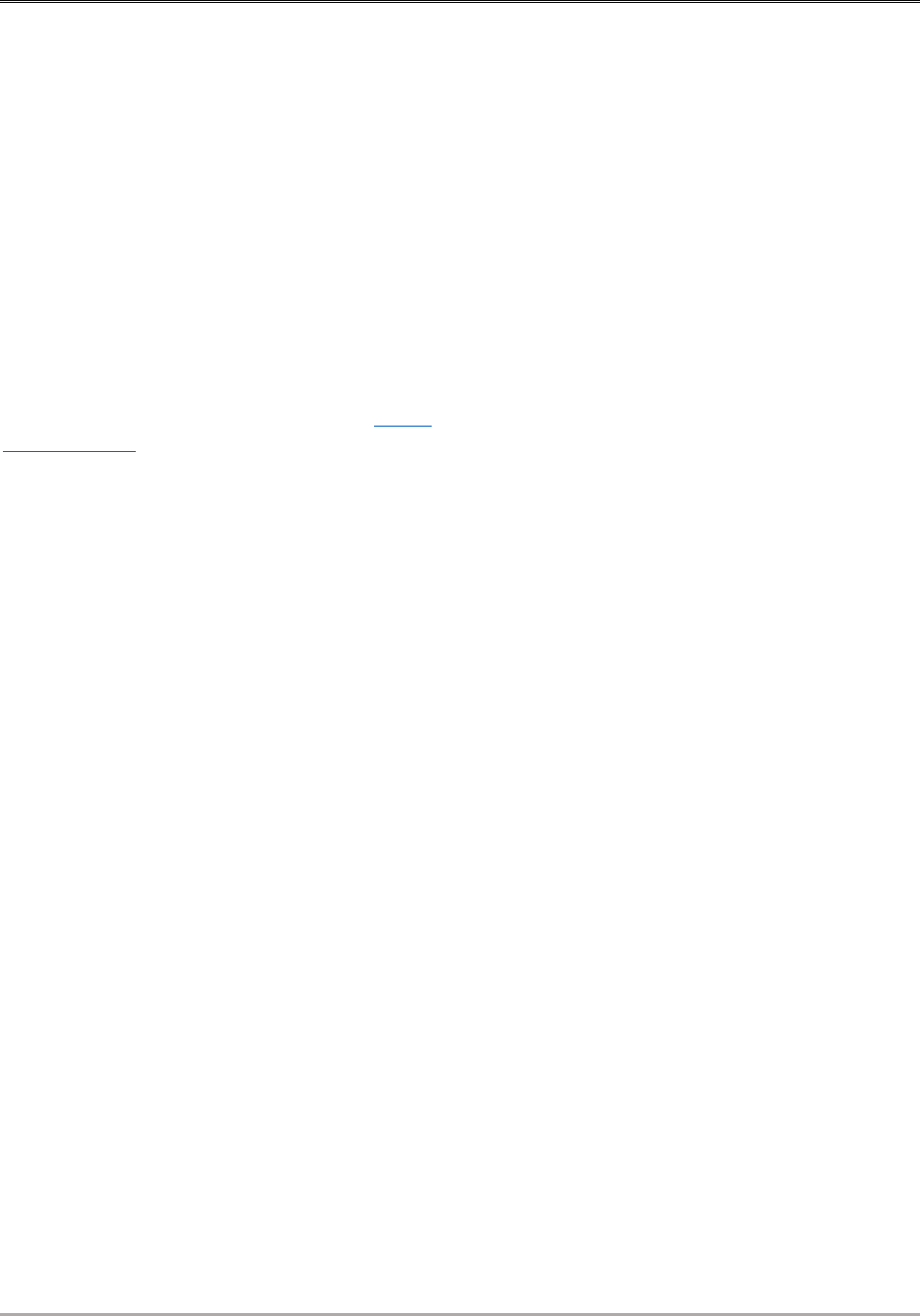
Columbia-Greene Community College 2023-2024 Catalog
72
SUNY General Education Program
Columbia-Greene Community College’s General
Education (GE) program is consistent with the
Middle States Commission on Higher Education
and SUNY standards which require each program
to enable graduates of SUNY undergraduate
degree programs to meet the SUNY GE
framework knowledge and skills areas and core
competencies. In line with SUNY GE policy, the
GE Program is “designed to foster foundational
skills proficiency with essential skills and
competencies, familiarization with disciplinary
and interdisciplinary ways of knowing,
enhancement of the values and disposition of an
engaged 21st century global citizenry...” SUNY
GE Framework
All graduates of C-GCC’s A.A. and A.S.
programs will complete the College’s general
education curriculum, designed to foster
foundational skills that support the intellectual
development, critical thinking, communication,
mathematical and scientific reasoning, civic
engagement, global and historical understanding,
and diversity, equity, and inclusion.
The SUNY General Education Framework is
effective Fall 2023, for new first-time students
entering A.A. and A.S. degree programs. As a
condition of graduation, students must complete
an academically rigorous and comprehensive core
General Education curriculum of no fewer than 30
credit hours in at least 7 out of the 10 knowledge
and skill areas.
Your academic advisor can help you plan a path to
meet the General Education requirements.
2023 SUNY General Education Knowledge
and Skill Areas
Students will select a minimum of 1 course from
each of the following 4 areas:
Communication – Written and Oral
(Required)
BU 105 Business Communication
EN 101 Composition
EN 105 Technical Writing
EN 212 Expository Writing
Diversity: Equity, Inclusion and Social Justice
(Required)
BI 113 Environmental Science
BU 220 Business Ethics
CO 205 Intercultural Communication
ED 110 Education of Diverse Populations
EN 201 American Literature Colonial to 1899
EN 204 American Literature 1900-Present
EN 215 African American Literature
EN 216 Women in Literature
EN 232 Short Stories
EN 235 Latin American Literature
HI 122 African American History
HI 127 History of Latin America
HI 219 Women in History
HI 222 Revisiting Civil Rights
PL 103 Philosophy of Eastern Religion
PS 104 Contemporary Global Issues
PY 203 Social Psychology
SL 110 Cultural Diversity
SL 170 Social Cultural History of Cannabis
SO 101 Introduction to Sociology
SO 102 Social Problems
SO 243 Sociology of Gender
Mathematics (and Quantitative Reasoning)
(Required)
MA 102 Statistics
MA 103 Business Mathematics
MA 110 College Algebra
MA 111 Precalculus
MA 113 Statistics for the Behavioral Sciences
MA 117 Algebra & Trigonometry
MA 122 Calculus I
MA 123 Calculus II
Natural Sciences (and Scientific Reasoning)
(Required)
BI 101 General Biology I
BI 102 General Biology II
BI 103 General Ecology
BI 112 Human Biology I
BI 113 Environmental Science
BI 119 River Ecology
BI 125 Plant Identification
BI 130 Anatomy & Physiology I
CH 101 General Chemistry I
CH 102 General Chemistry II
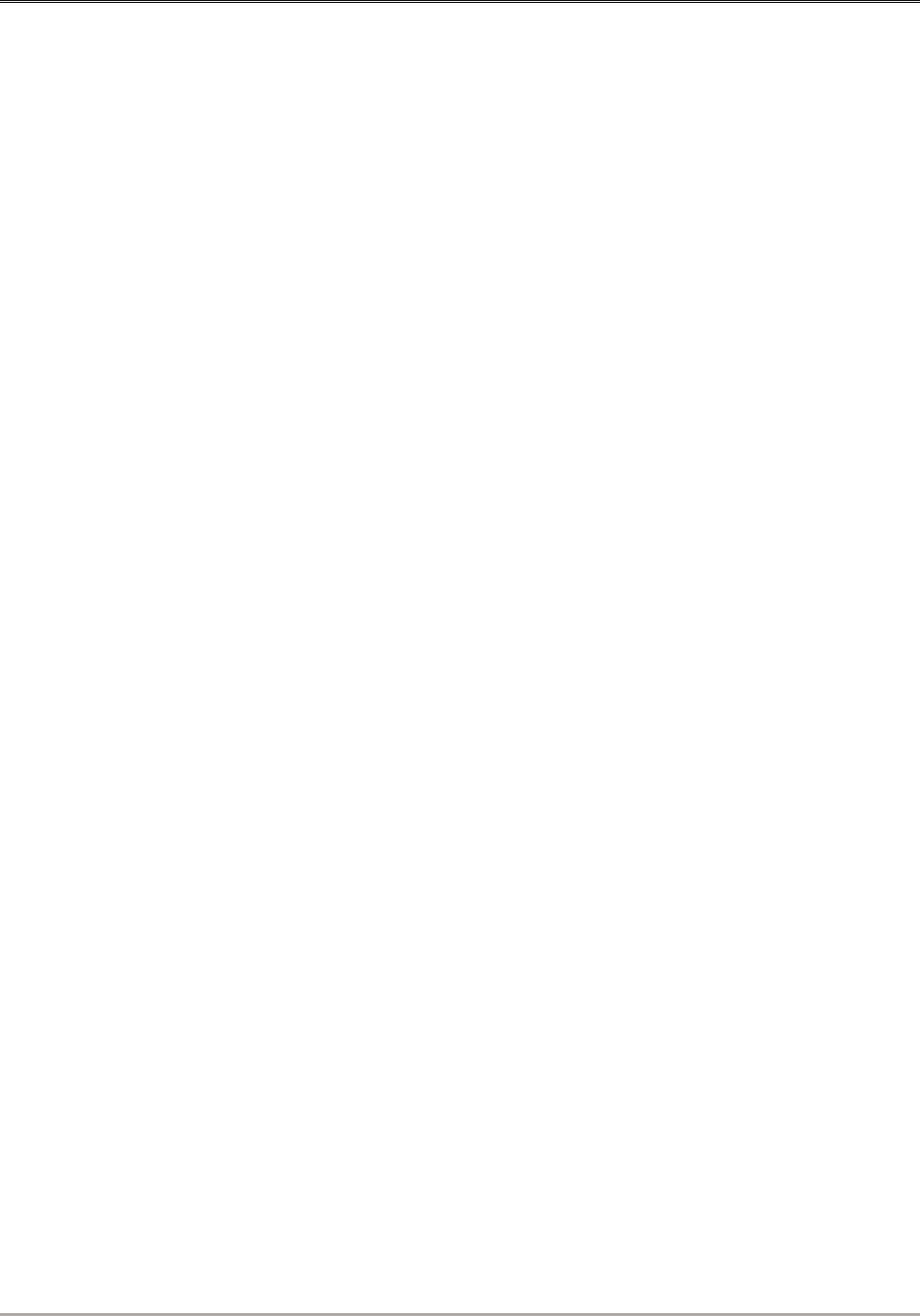
Columbia-Greene Community College 2023-2024 Catalog
73
CH 121 The Chemistry of Food, Drugs & Behavior
PX 101 College Physics I
PX 103 University Physics I
SC 141 Forensic Science
SC 143 Astronomy & Culture
SC 150 Fundamentals of Agribusiness
SC 160 Extreme Weather & Climate Change
Students will select a minimum of 1 course
in 3 of the following 6 areas:
Humanities
CO 102 Interpersonal Communication
CO 207 Media and Society
EN 102 Composition & Literature
EN 205 British Literature
EN 236 Poetry
EN 237 Modern Fiction
PL 101 Introduction to Philosophy
World Languages
FR 101 French I
FR 102 French II
IT 101 Italian I
IT 102 Italian II
SA 101 Spanish I
SA 102 Spanish II
SA 201 Spanish III
SA 202 Spanish IV
SN 101 American Sign Language I
SN 102 American Sign Language II
Social Sciences
EC 101 Macroeconomics
EC 102 Microeconomics
MA 113 Statistics for the Behavioral Sciences
PS 101 American Government
PY 101 General Psychology
PY 104 Psychology for Business
PY 106 Psychology of Effectiveness
PY 201 Lifespan Development
PY 203 Social Psychology
PY 205 Child and Adolescence Psychology
PY 215 Theories of Personality
PY 299 Abnormal Psychology
SL 113 Research Methods for the
Behavioral Sciences
SL 150 Leadership Theory and Practice
SO 101 Introduction to Sociology
SO 102 Social Problems
SO 207 Criminology
SO 250 Environment and Society
The Arts
AR 104 Basic Painting
AR 106 Ceramics
AR 107 Visual Arts 2-D
AR 108 Visual Arts 3-D
AR 116 Art History: Pre-history to 14C
AR 117 Art History: 14C to Present
AR 118 Figure Drawing
AR 119 Basic Drawing
AR 135 Digital Photography
AR 140 Computer Graphics
AR 145 Motion Graphics
AR 205 3-D Graphics and Animation
DA 101 Dance I
EN 211 Creative Writing
MU 101 Introduction to Music
MU 103 History of Jazz
MU 104 History of Rock Music
TH 102 Acting I
TH 110 Introduction to Theater
U.S. History and Civic Engagement
HI 103 United States History 1492-1865
HI 104 United States History 1865-Present
HI 108 History of the Hudson Valley
HI 122 African American History
HI 125 US Environmental History
HI 219 Women in U.S. History
HI 221 American Civil War
HI 222 Revisiting American Civil Rights
World History and Global Awareness
HI 101 Western Civilization 13,000 BCE –
1517 CE
HI 102 Western Civilization 1517-present
HI 114 World History I
HI 115 World History II
HI 120 History of the Modern Middle East
HI 127 History of Latin America
HI 209 Europe in the 20th Century
HI 220 History of the Arab-Israeli Conflict
HI 265 History of Modern China
HI 266 History of Japan
PL 103 Philosophy of Eastern Religion
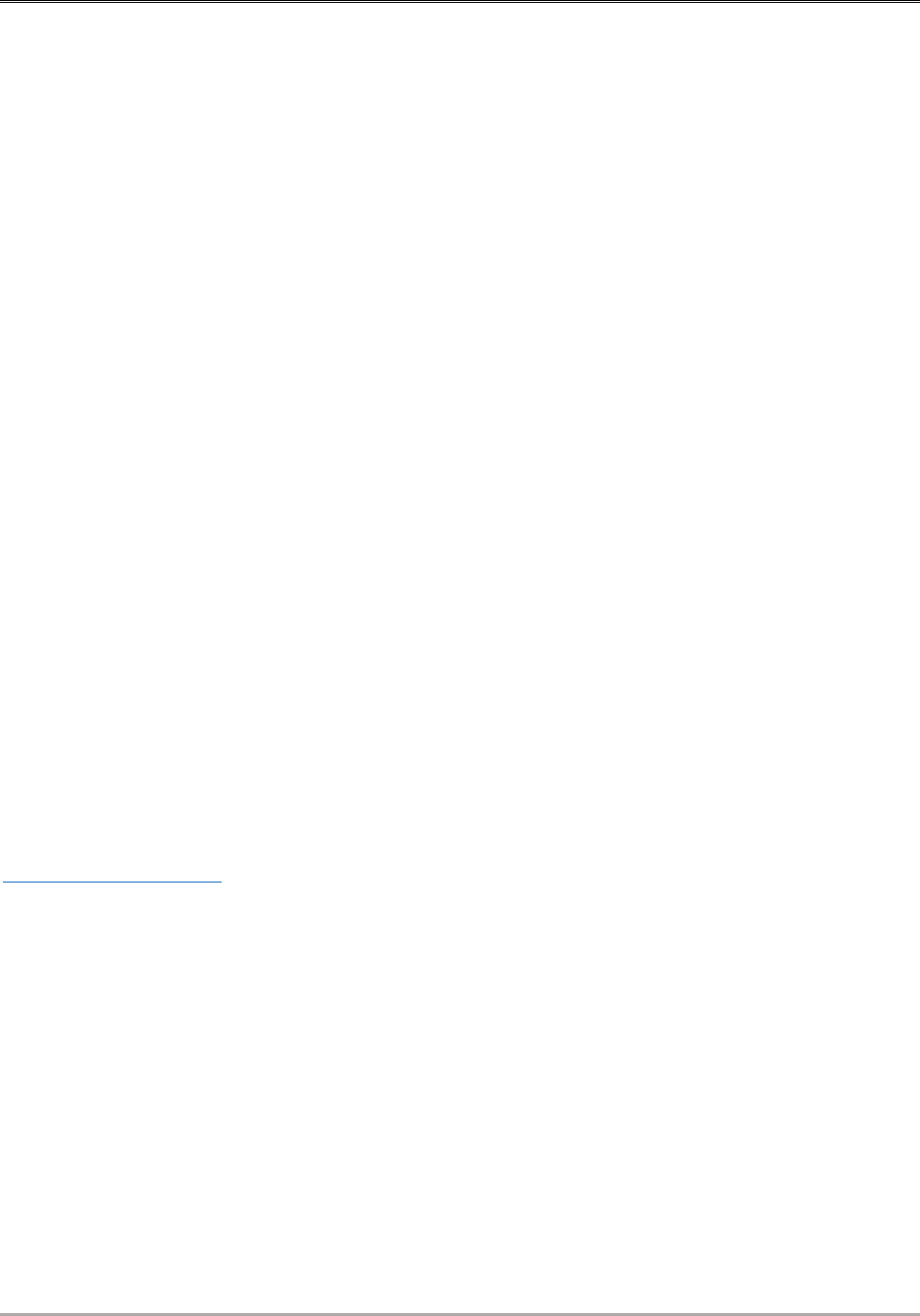
Columbia-Greene Community College 2023-2024 Catalog
74
Transfer Opportunities/Articulation
Agreements
There are countless possibilities for
Columbia-Greene students who want to
transfer to other colleges. Students transfer to
public and private colleges and universities in
New York State and throughout the country.
They transfer to both traditional and non-
traditional adult oriented programs depending
on their needs and priorities in life. Advising,
Career & Transfer Services at Columbia-
Greene has developed partnerships with many
colleges and has established a long tradition of
helping students customize their academic
programs to maximize their transfer potential.
Research, goal setting, and smart decision
making is the key to transfer success. Students
are encouraged to speak with an advisor about
transfer early in their college career.
SUNY
The State University of New York is one of
the largest and most comprehensive university
systems in the world. Columbia-Greene
students enjoy a partnership with the other 63
colleges and universities that emphasizes
student mobility from campus to campus.
Further student mobility information can be
found online at:
www.suny.edu/transfer
Top 5 SUNY Colleges
• SUNY University at Albany
• SUNY New Paltz
• SUNY Empire State College
• SUNY Oneonta
• SUNY Delhi
Top 5 Private Colleges
• The Sage College
• The College of Saint Rose
• Maria College
• Marist College
• Excelsior College
Top 5 Non-Traditional Colleges
• SUNY Empire State College
• Excelsior College
• Marist College (Adult Completion
Program)
• Franklin University
• CUNY online Baccalaureate
Presented here are a small number of the many
agreements established between Columbia-
Greene and four-year colleges and
universities. If the college in which you are
interested isn’t listed, be sure to see one of our
transfer advisors in the Advising, Career &
Transfer Office, Room 112, to assist you in
developing a solid transfer strategy.
Transfer Articulation Agreements
• Albany College of Pharmacy and Health
Sciences
• Burlington College
• Cazenovia College
• College of Technology Delhi
• College of Saint Rose
• Dominican College
• Excelsior College
• Franklin University
• Hartwick College
• Maria College
• Marist College
• Massachusetts College of Liberal Arts
• Morrisville State College
• New York University
• Rochester Institute of Technology
• Russell Sage College
• Sage College of Albany
• SUNY Buffalo
• SUNY Canton
• SUNY Cobleskill
• SUNY Delhi
• SUNY Empire State College
• SUNY Upstate Medical University
• SUNY Polytechnic Institute
• SUNY New Paltz
• University at Albany
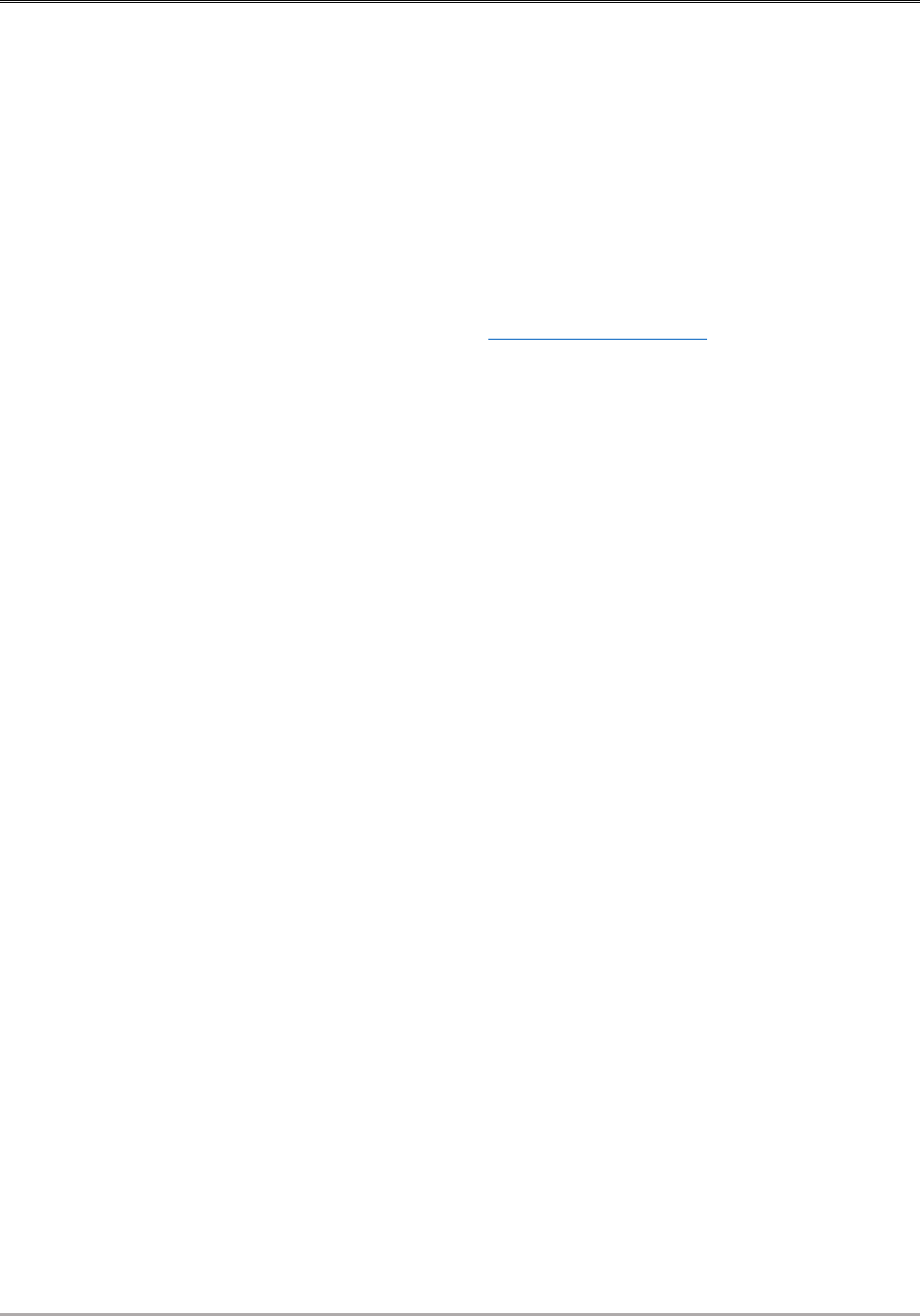
Columbia-Greene Community College 2023-2024 Catalog
75
• University of Delaware
• Virginia State University
• Western Governors University
Non-Traditional Degrees
Columbia-Greene Community College enjoys
a cooperative relationship with several
bachelor's degree-granting colleges and
universities that offer alternatives for
obtaining a bachelor’s degree. These are
designed to provide maximum flexibility in
earning credits through a combination of
evening, part-time, Internet, and experiential
learning. For more information and/or to
speak with a transfer counselor, contact
Advising, Career & Transfer , Room 112.
Further Education and Employment
Outcomes Measures
Each year C-GCC surveys all of its graduates
to collect information regarding their
educational and employment status one year
after graduation. The most recent survey of
graduates reported the following outcomes:
Further Education
Forty percent of C-GCC graduates continued
their education on a full-time basis
immediately after graduating. Sixty percent of
those graduates went on to attend a senior
institution in the State University of New
York system, while thirty percent went on to
attend private colleges and universities within
the state. Ten percent continued their
education out of state.
Employment
Fifty-five percent of associate and certificate
graduates were employed immediately after
graduation.
Over ninety-five percent of nursing graduates
found employment as registered nurses
immediately after graduation, with an average
starting salary of $52,170.
Course Delivery Modalities
Admission to an Internet or Hybrid class
requires the ability to begin EN 101 and, when
applicable, the achievement of a score of 75 or
higher on the reading placement test.
Reasonable accommodations are available if a
student has a qualified disability. For further
information, contact the Office of
Accessibility Services by e-mail at
[email protected] or call 518.697.6437.
In-Person
All of the direct instruction occurs face-to-
face.
Synchronous Remote
All of the direct instruction occurs in real time
remotely via live webcast.
Asynchronous Online
All of the course content is delivered online.
There is no face-to-face requirement, and the
course does not meet at any specified days or
times.
Hybrid
Course content is delivered primarily through
face-to-face instruction, meets less often, but
includes additional content and requirements
asynchronously in the online space.
Hybrid Remote
Similar to Hybrid, but the course content is
delivered in real time remotely via live
webcast rather than face-to-face.
Hyflex
Offers students the flexibility to attend class
either on campus, remotely via live webcast,
or as an online learner who may access course
materials and lectures asynchronously.
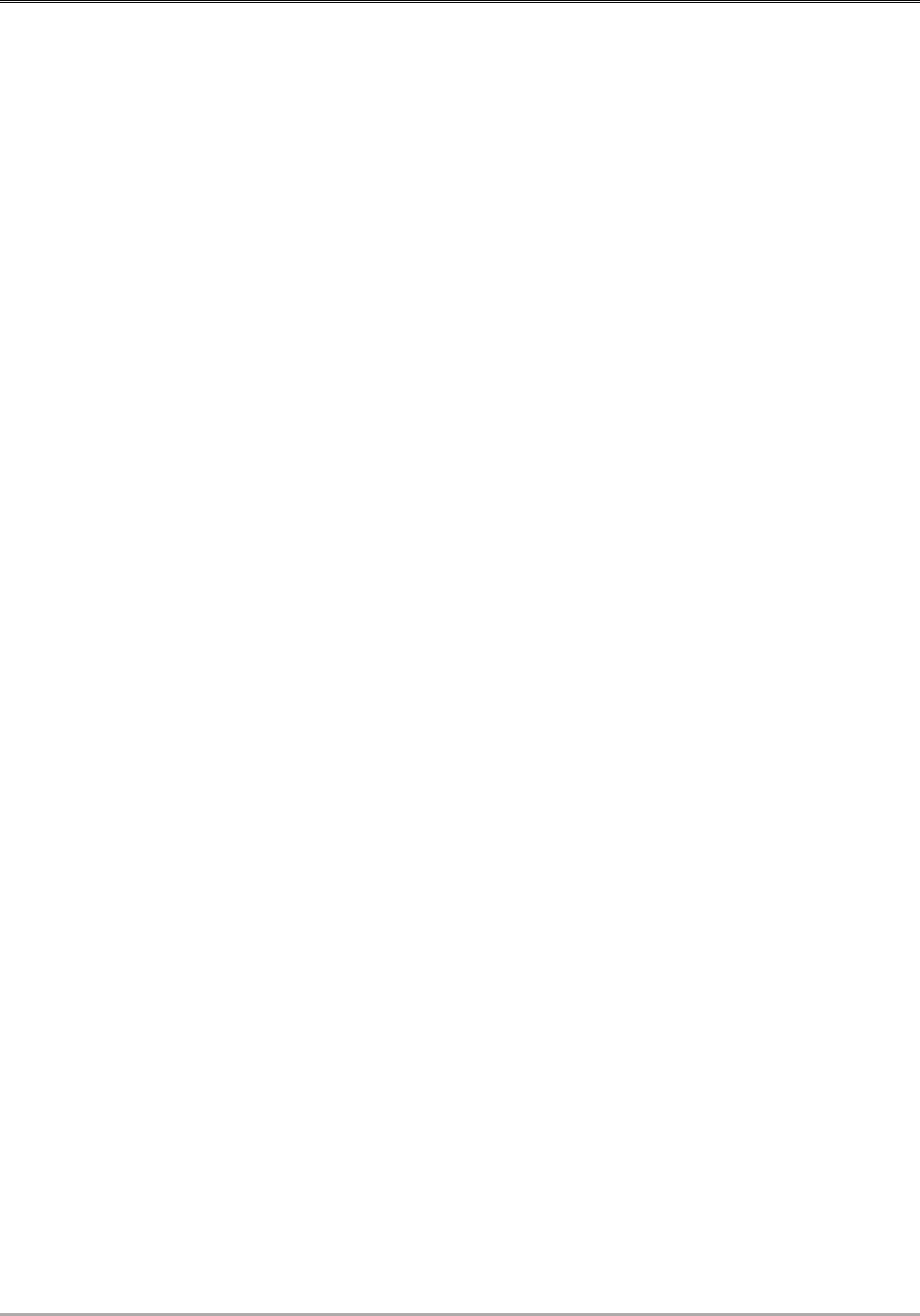
Columbia-Greene Community College 2023-2024 Catalog
76
In Person with Remote Option
Similar to HyFlex, but without the fully online
asynchronous option.
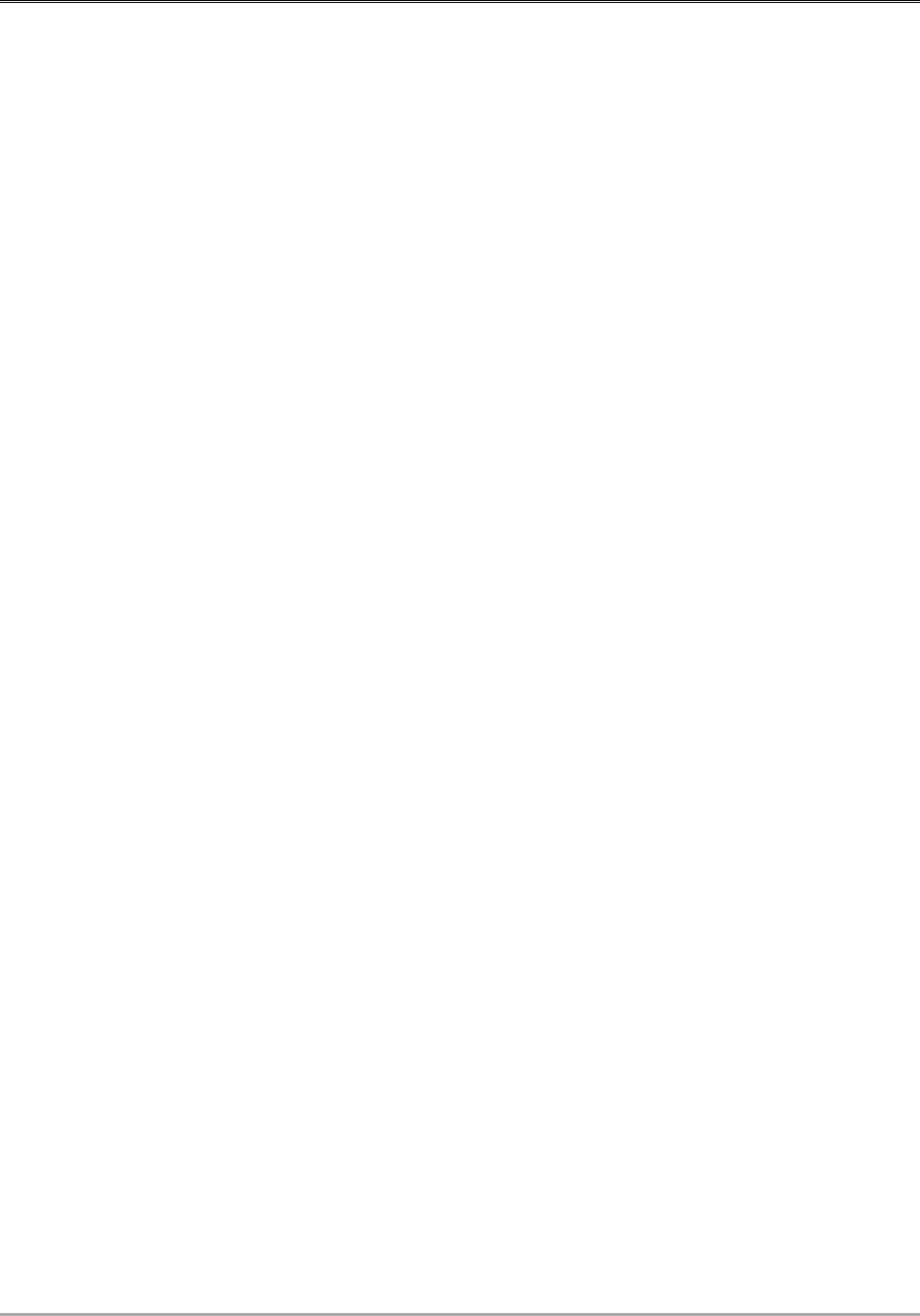
Columbia-Greene Community College 2023-2024 Catalog
77
Academic Divisions
Division of Arts and Humanities
Michael Phippen, Chairperson
Division of Business and Technology
Joseph Scampoli, Chairperson
Division of Natural Sciences
Melissa Boles, Chairperson
Division of Nursing
Dawn Wrigley, Chairperson
Division of Social Sciences
Barbara Shaffer, Chairperson
Division of Technical Professions
Nicole Childrose, Chairperson
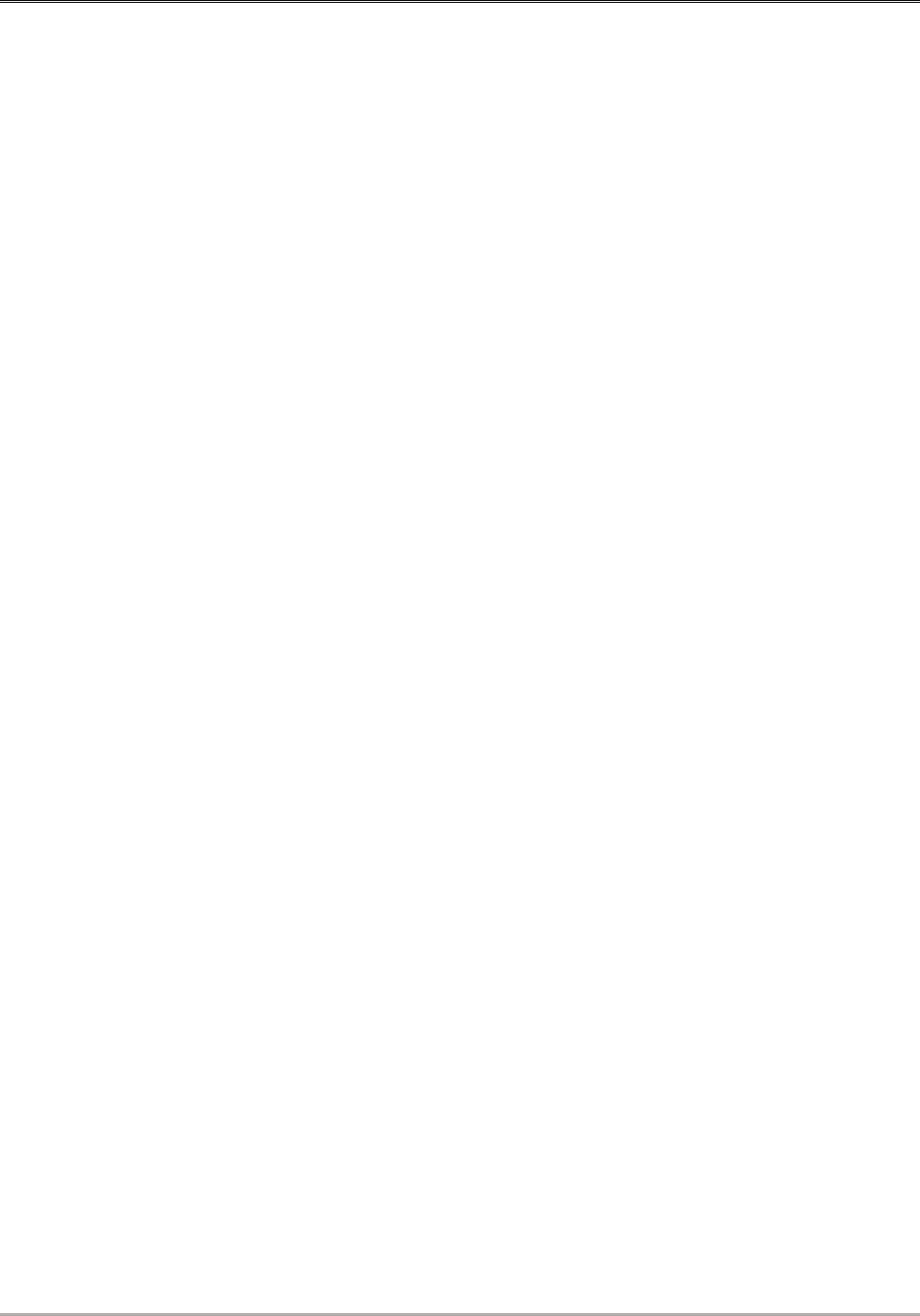
Columbia-Greene Community College 2023-2024 Catalog
78
Degree, Certificate and Microcredential Programs
Registered Programs
These programs and certificates have been approved by the State University of New York and are
registered with the New York State Education Department. Enrollment in other-than-registered-
programs or certificates may jeopardize a student’s eligibility for certain financial aid awards.
Certificates
Designed for students wanting to attain a high level of proficiency in skills for specific occupations.
These programs can usually be completed by a full-time student in one year and are offered to
enhance the employment opportunities of students who may be unable to undertake the degree
programs or who seek specialized training.
Microcredentials
Microcredentials differ from a traditional associate degree or certificate in that they are offered in
shorter or more flexible timespans and tend to be more narrowly focused. All C-GCC
Microcredentials include a capstone experience along with either non-credit or credit-bearing
educational experiences. Upon completion, students will earn a digital badge, which serves to
verify, validate, and attest that they have achieved specific skills and/or competencies
CIP
Code
Program Title
Degree
CGCC
Code
47.0604
Automotive Technology
A.O.S.
0525
47.0604
Automotive Technology
Certificate
1733
52.0302
Business – Accounting
A.A.S.
0630
52.0302
Accounting Studies
Certificate
0903
52.0101
Business (Online Delivery)
A.A.S.
2539
52.0201
Business – Business Administration
A.S.
0671
52.0201
Business – Business Administration
A.A.S.
0632
01.1101
Cannabis Careers
Certificate
1801
01.0699
Cannabis Cultivation and Processing
Microcredential
52.1803
Cannabis Retail and Sales
Microcredential
11.0701
Computer Science
A.S.
0532
46.0415
Construction Technology/Preservation Carpentry
Certificate
2694
43.0103
Criminal Justice
A.A.S.
0640
43.0103
Criminal Justice
A.A.
1100
32.0111
Customer Skills for Professions
Microcredential
43.0403
Cyber Security/Digital Forensics
A.S.
2730
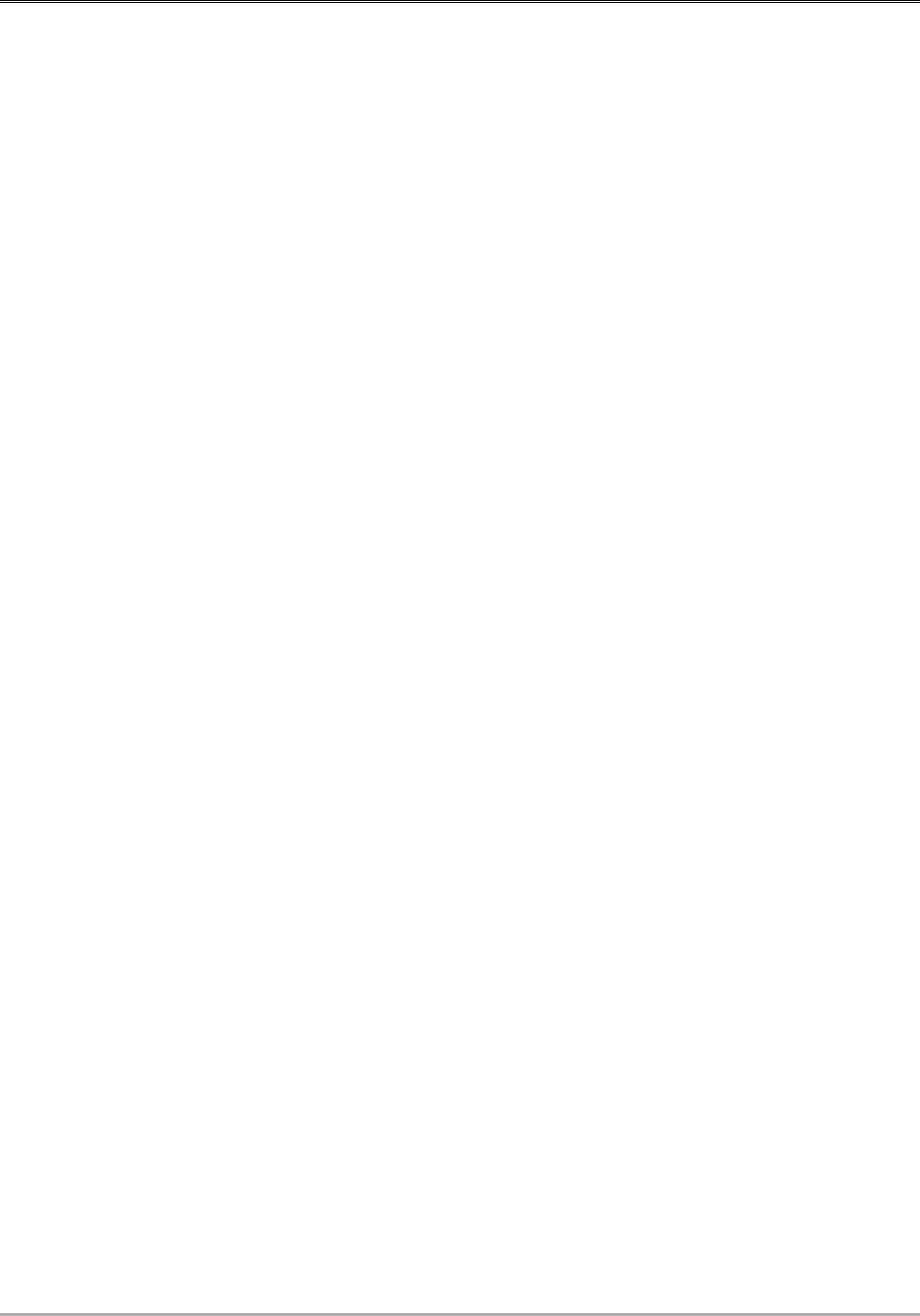
Columbia-Greene Community College 2023-2024 Catalog
79
CIP
Code
Program Title
Degree
CGCC
Code
24.0199
Education (Liberal Arts & Science) Biology
(Childhood)
A.S.
1614
24.0199
Education (Liberal Arts & Science) Mathematics
(Childhood)
A.S.
1614
24.0199
Education (Liberal Arts & Science) English (Childhood)
A.A.
1613
24.0199
Education (Liberal Arts & Science) History (Childhood)
A.A.
1612
24.0199
Education (Liberal Arts & Science) Biology
(Adolescence)
A.S.
1633
24.0199
Education (Liberal Arts & Science) Mathematics
(Adolescence)
A.S.
1639
24.0199
Education (Liberal Arts & Science) Chemistry
(Adolescence)
A.S.
1634
24.0199
Education (Liberal Arts & Science) English
(Adolescence)
A.A.
1636
24.0199
Education (Liberal Arts & Science) Social Studies
(Adolescence)
A.A.
1640
03.0103
Environmental Biology
A.S.
1016
50.0702
Fine Arts
A.A.
0664
51.0712
Health Care Facilitator
Microcredential
44.0000
Human Services
A.S.
1175
24.0102
Individual Studies
A.A.
0687
24.0102
Individual Studies
A.A.S.
0688
24.0102
Individual Studies
A.S.
0689
24.0102
Individual Studies
Automotive Technology Concentration
A.O.S.
0683
24.0102
Individual Studies
Business/Accounting Concentration
A.O.S.
0684
24.0102
Individual Studies
Computer Science Concentration
A.O.S.
0685
24.0102
Individual Studies
Construction Technology Concentration
A.O.S.
0686
24.0102
Individual Studies
Police Basic Training Concentration
A.O.S.
0682
24.0103
Liberal Arts and Science – Humanities
A.A.
0201
24.0103
Liberal Arts and Science – Humanities
Communication Concentration
A.A.
0203
24.0103
Liberal Arts and Science – Social Science
A.A.
0212
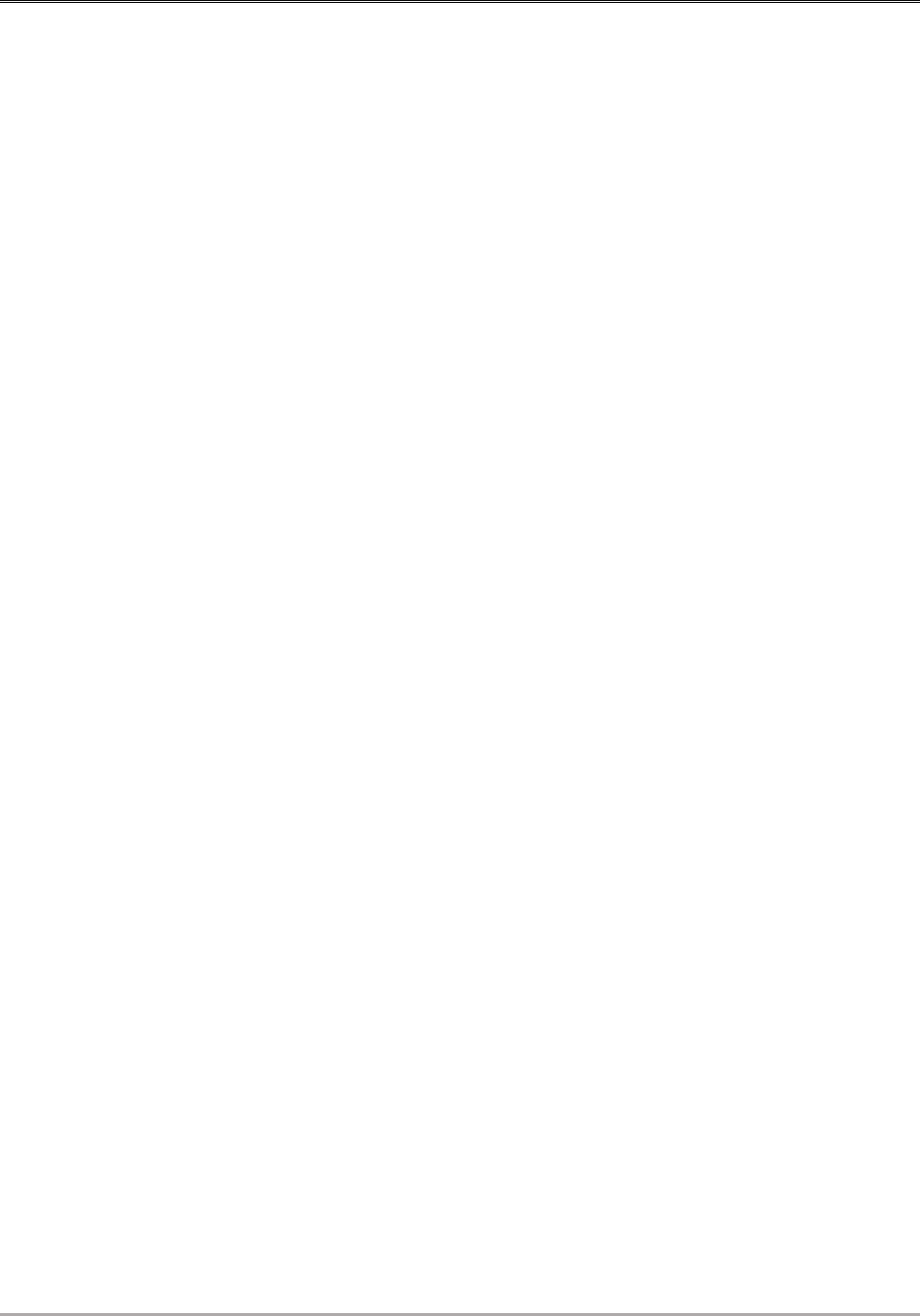
Columbia-Greene Community College 2023-2024 Catalog
80
CIP
Code
Program Title
Degree
CGCC
Code
24.0103
Liberal Arts and Science – Social Science
History Concentration
A.A.
0214
24.0103
Liberal Arts and Science – Social Science
Psychology Concentration
A.A.
0213
24.0101
Liberal Arts and Science – Mathematics/Science
A.S.
0645
24.0101
Liberal Arts and Science – Mathematics/Science
Chiropractic Medicine Transfer Track
A.S.
0647
24.0101
Liberal Arts and Science – Mathematics/Science
Health Science Concentration
A.S.
0646
24.0101
Liberal Arts and Science – Mathematics/Science
Medical Imaging, X-ray, or Ultrasound Transfer Track
A.S.
0648
24.0101
Liberal Arts and Science – Mathematics/Science
Occupational Therapy Transfer Track
A.S.
0649
24.0101
Liberal Arts and Science – Mathematics/Science
Pharmacy Transfer Track
A.S.
0650
24.0101
Liberal Arts and Science – Mathematics/Science
Physical Therapy Transfer Track
A.S.
0651
24.0101
Liberal Arts and Science – Mathematics/Science
Physician Assistant Transfer Track
A.S.
0652
51.0801
Medical Assisting
A.A.S.
1967
51.0716
Medical Office Assistant
Certificate
1797
51.3801
Nursing
A.S.
0622
43.0107
Police Basic Training
Certificate
1510
52.0799
Small Business
Microcredential
13.1501
Teaching Assistant
Certificate
1330
35.0103
Workplace Professionalism Microcredential
Microcredential
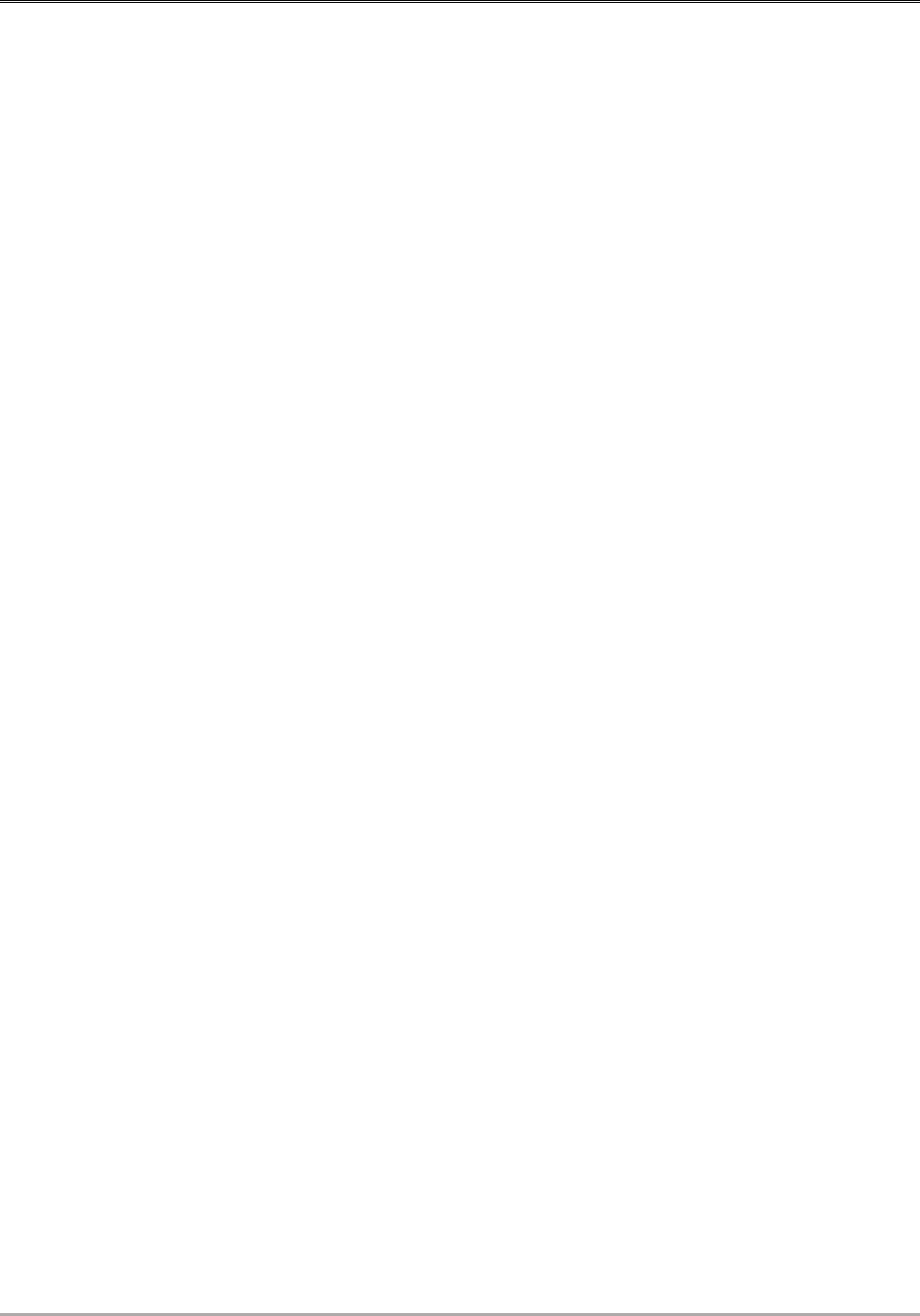
Columbia-Greene Community College 2023-2024 Catalog
81
Key to Course Electives
Allied Health Electives
All courses with the following prefixes:
AH
Allied Health
Business Electives
All courses with the following prefixes:
AC
Accounting
AH 125
Medical Office Procedures
AH 126
Medical Billing
AH 132
Medical Coding
AH 145
Administrative Office
Management
BU
Business
CI
Computer Information
CS 134
Computer and Informatics
Science I
CS 203
Database Concepts
EC
Economics
MA 103
Business Mathematics
MK
Marketing
PY 104
Psychology for Business
SL 115
Conflict Resolution: Theory
and Practice
Computer Information Electives
CI
Computer Information
MK 160
Introduction to Digital
Marketing
Computer Science Electives
CS
Computer Science
Note: CI courses are not approved as computer
science electives for Computer Science A.S.
majors.
Humanities Electives
All courses with the following prefixes:
AR
Art
CO
Communications
DA
Dance
EN
English
FR
French
HU
Humanities
IT
Italian
MU
Music
PL
Philosophy
SA
Spanish
SN
Sign Language
TH
Theater
Mathematics/Science Electives
All courses with the following prefixes:
AH 202
Pharmacology
BI
Biology
CH
Chemistry
GE 101
Physical Geology
MA
Mathematics (except MA 105
& MA 114 unless otherwise
noted in programs)
PX
Physics
SC
Science
Social Science Electives
All courses with the following prefixes:
CD
Chemical Dependency
CJ 102
Introduction to Criminal
Justice
CJ 114
Corrections: Institutional and
Community
CJ 115
American Policing
CJ 150
Terrorism and Homeland
Security
CJ 211
Substantive Criminal Law
CJ 212
Procedural Criminal Law
EC
Economics
ED
Education
HI
History
HS
Human Services
PS
Political Science
PY
Psychology
SL
Social Science
SO
Sociology
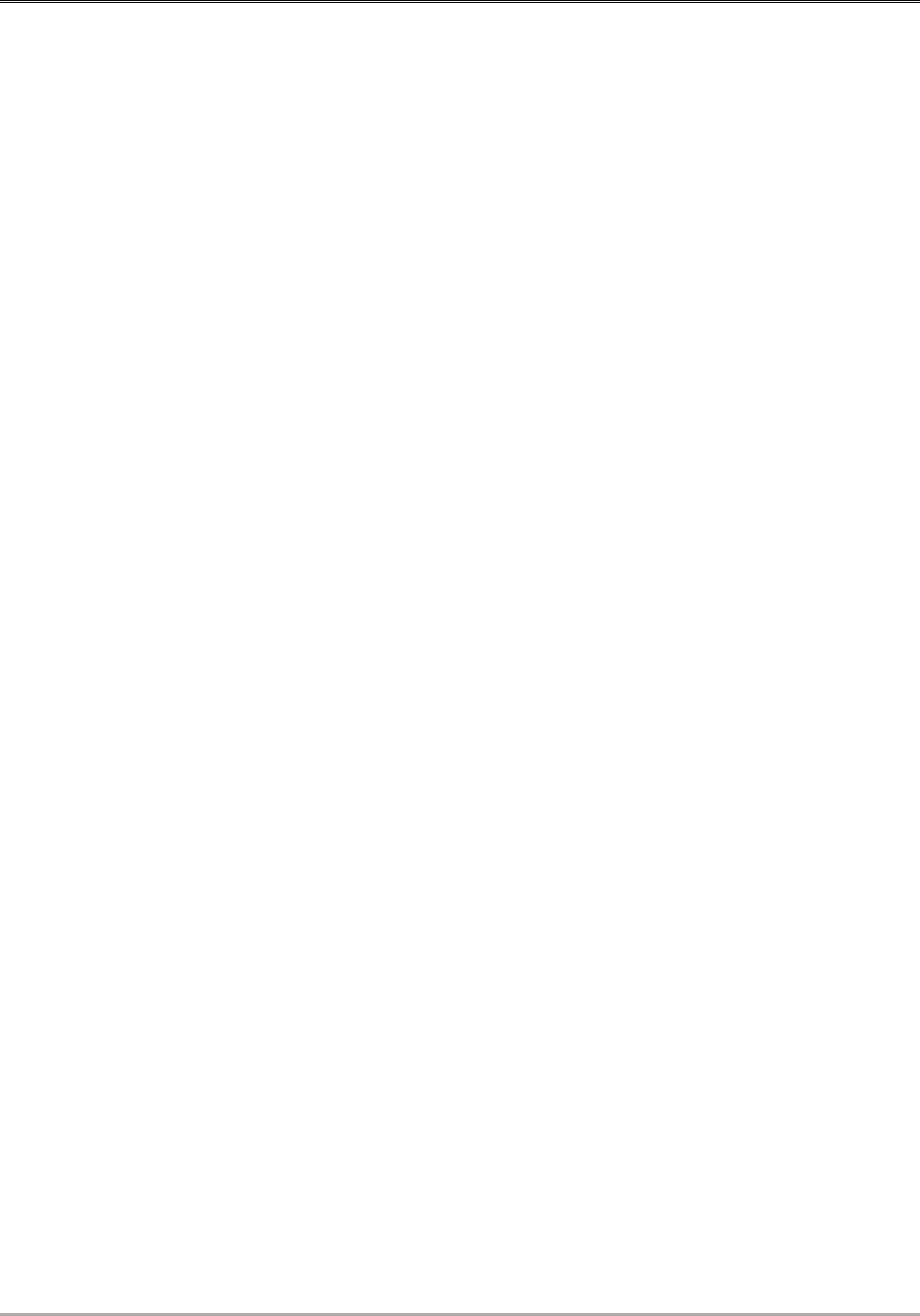
Columbia-Greene Community College 2023-2024 Catalog
82
Automotive Technology
Automotive Technology, with its highly trained and certified professional faculty, is dedicated to
instructing students in the operation, diagnosis and repair of the complex systems of the modern
automobile.
The Automotive Technology programs are accredited by:
Automotive Service Excellence Education Foundation
13505 Dulles Technology Drive
Herndon, VA 20171
(703) 713-0100
Automotive Technology offers one certificate
and three degree options designed to prepare
the student for a career in this field. Within the
degree options the student may pursue an
Associate in Applied Science (A.A.S.) or an
Associate in Occupational Studies (A.O.S.)
degree.
The student may also choose Subaru University
(Subaru-U), which provides students training in
Subaru specific technology.
The student may also choose Toyota TECS
Elite, which provides students training in
Toyota and Lexus specific technology.
C-GCC also offers a college-based program.
This general program provides training in the
repair of many different vehicles and systems
which leads to employment at new car
dealerships, independent repair facilities, and
fleet repair operations.
NOTE: Students are required to attend an
information session for acceptance into the
Automotive program.
NOTE: All students taking Automotive
Technology courses are required to attend
mandatory orientation sessions. Students will
be given the date of the orientation session at
the time of registration, or they may contact
the Automotive Technology Department by
phone or email.
NOTE: All students attending automotive
courses are required to have a basic set of hand
tools. See the C-GCC web site for a list of
tools.
NOTE: Only students matriculated in
Automotive Technology are allowed to take
courses with the “AU” prefix.
Automotive Technology Requirements: A.A.S.
This program prepares students for immediate
employment upon graduation.
1. Minimum requirements for admission into
this program are 12th-grade reading
(readiness to begin EN 101-Composition)
and competency in mathematics
fundamentals.
2. All students must complete the
Automotive Work Study Courses
(Internships) before graduation.
3. Students must obtain a 2.0 GPA to
graduate.
Automotive Technology Requirements: A.O.S.
The Associate in Occupational Studies degree
is designed for the student who wants
concentrated skills in the automotive area,
with a minimum general education
requirement. This program is designed for
immediate employment after graduation and
is not intended for transfer.
1. Minimum requirements for admission into
this program are 12th-grade reading
(readiness to begin EN 101-Composition)
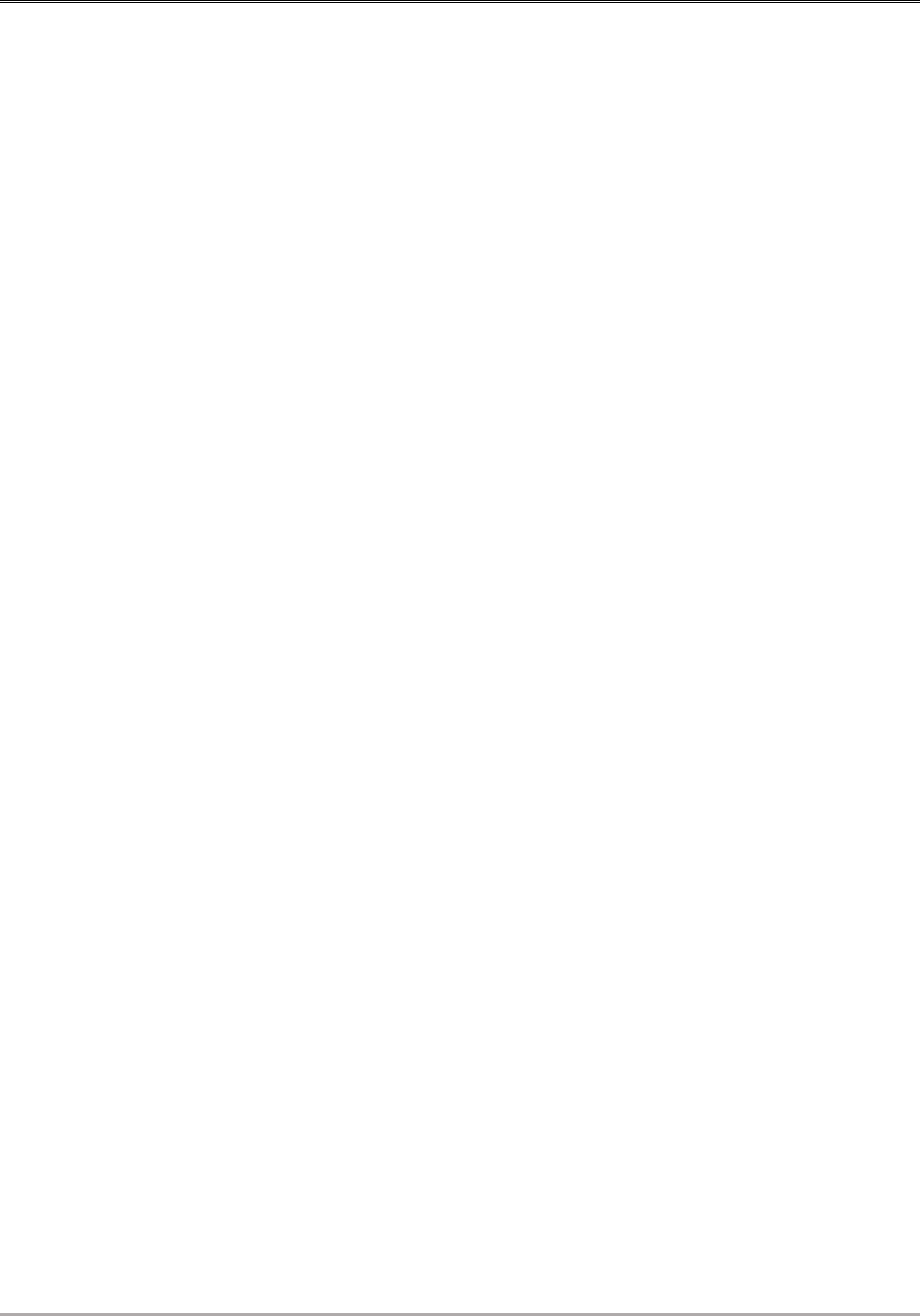
Columbia-Greene Community College 2023-2024 Catalog
83
and competency in mathematics
fundamentals.
2. All students must complete the
Automotive Internship Work Study
Courses before graduation.
3. Students must obtain a 2.0 GPA to
graduate.
Automotive Technology Requirements:
Certificate
1. This one-year certificate program is
designed to provide entry-level skills for
those students interested in immediate
employment in this trade area.
2. Minimum requirements for admission into
this program are 12th-grade reading
(readiness to begin EN 101 Composition)
and competency in mathematics
fundamentals.
3. Students must obtain a 2.0 GPA to
graduate.
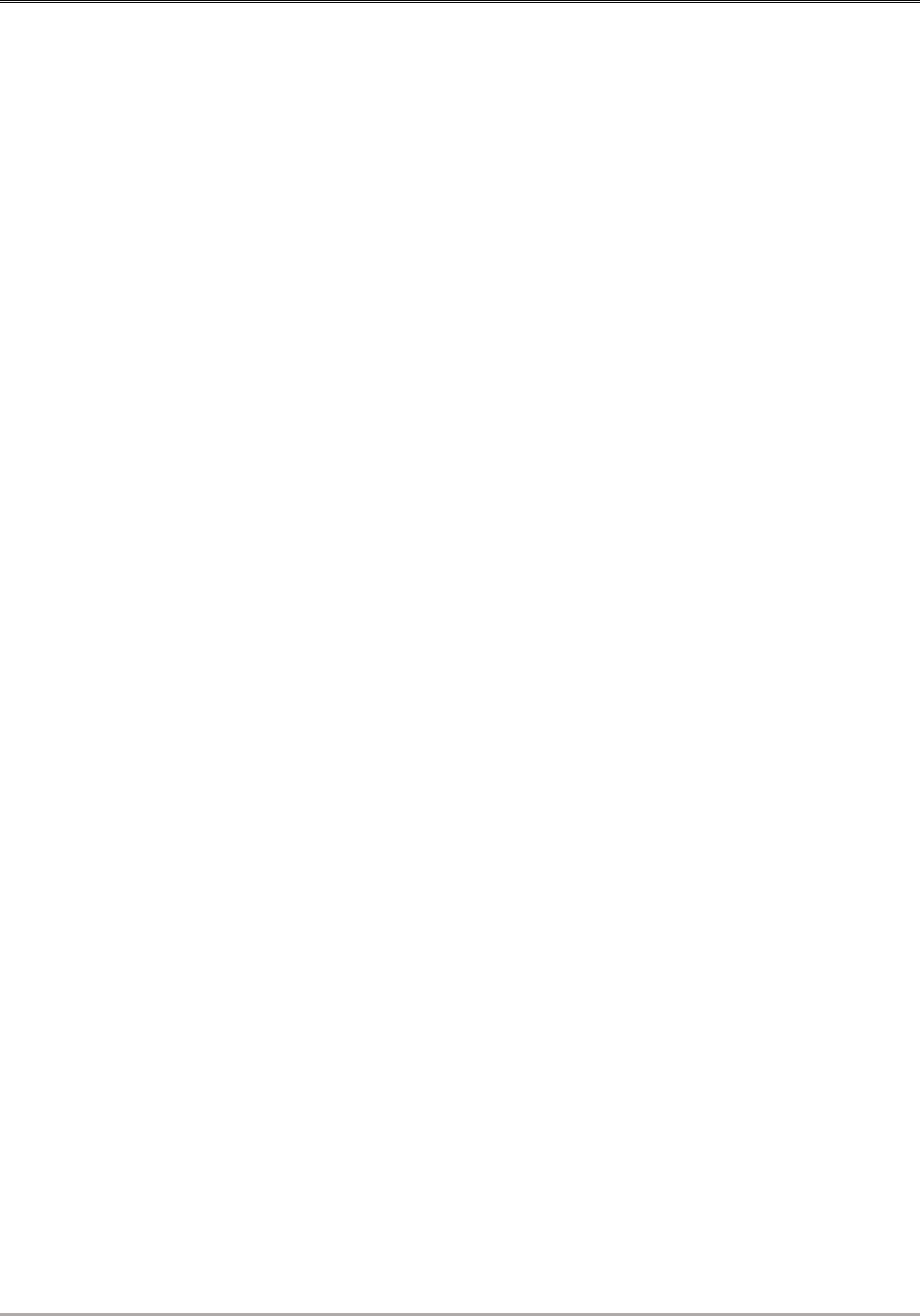
Columbia-Greene Community College 2023-2024 Catalog
84
Automotive Technology (A.O.S.)
Curriculum Code: 0525
Semester Hours Required for Graduation: 61
PROGRAM GOALS:
This program trains students in the repair of
the modern automobile without focusing on
one specific manufacturer. It is a general
program, allowing graduates the opportunity
to work at specific dealerships, independent
repair centers, and/or fleet repair facilities.
PROGRAM LEARNING OUTCOMES:
• Interpret automotive contextual
information to determine appropriate
service actions.
• Collect and analyze printed and electronic
vehicle data to correctly identify a system
failure.
• Apply mathematical principles as they
relate to the automotive industry.
• Evaluate digital oscilloscope graphing for
the purpose of diagnostic philosophy.
• Interact effectively in a diverse
automotive environment.
• Ability to work independently on e-
learning modules and research papers to
successful completion.
• Analyze data and formulate an effective
repair philosophy.
• Clearly articulate in an automotive
environment the specific diagnostic and
repair process.
ACADEMIC PREPARATION:
It is highly recommended that the following
criteria be met to begin this program, and it is
REQUIRED by the completion of 24 credits:
12th-grade reading level is required.
Placement test scores must indicate readiness
to begin EN 101-Composition.
Competency in mathematics fundamentals is
required.
LIBERAL ARTS REQUIREMENTS
0 Semester Hours
PROGRAM REQUIREMENTS
61 Semester Hours
AU 117 Gas and Diesel Engines 4
AU 128 Introduction to
Automotive Repair 4
AU 129 Basic Heating, Ventilation and Air
Conditioning (HVAC) 3
AU 130 Basic Steering, Suspension
and Brakes 4
AU 131 Work Study I 2
AU 132 Electricity and Electronics 4
AU 134 Engine Performance 6
AU 203 Advanced Automotive
Operations 4
AU 211 Manual Transmissions
and Drivelines 4
AU 212 Automotive Diagnostics 4
AU 213 Automatic Transmissions
and Transaxles 4
AU 215 Body Electrical and
Electronics 3
AU 231 Work Study II 2
CE 101 College Experience 1
EN 101 Composition 3
GN ELE General Elective 3
HE 201 First Aid and Safety 3
MA 103 Business Mathematics 3
Minimum Credits 61
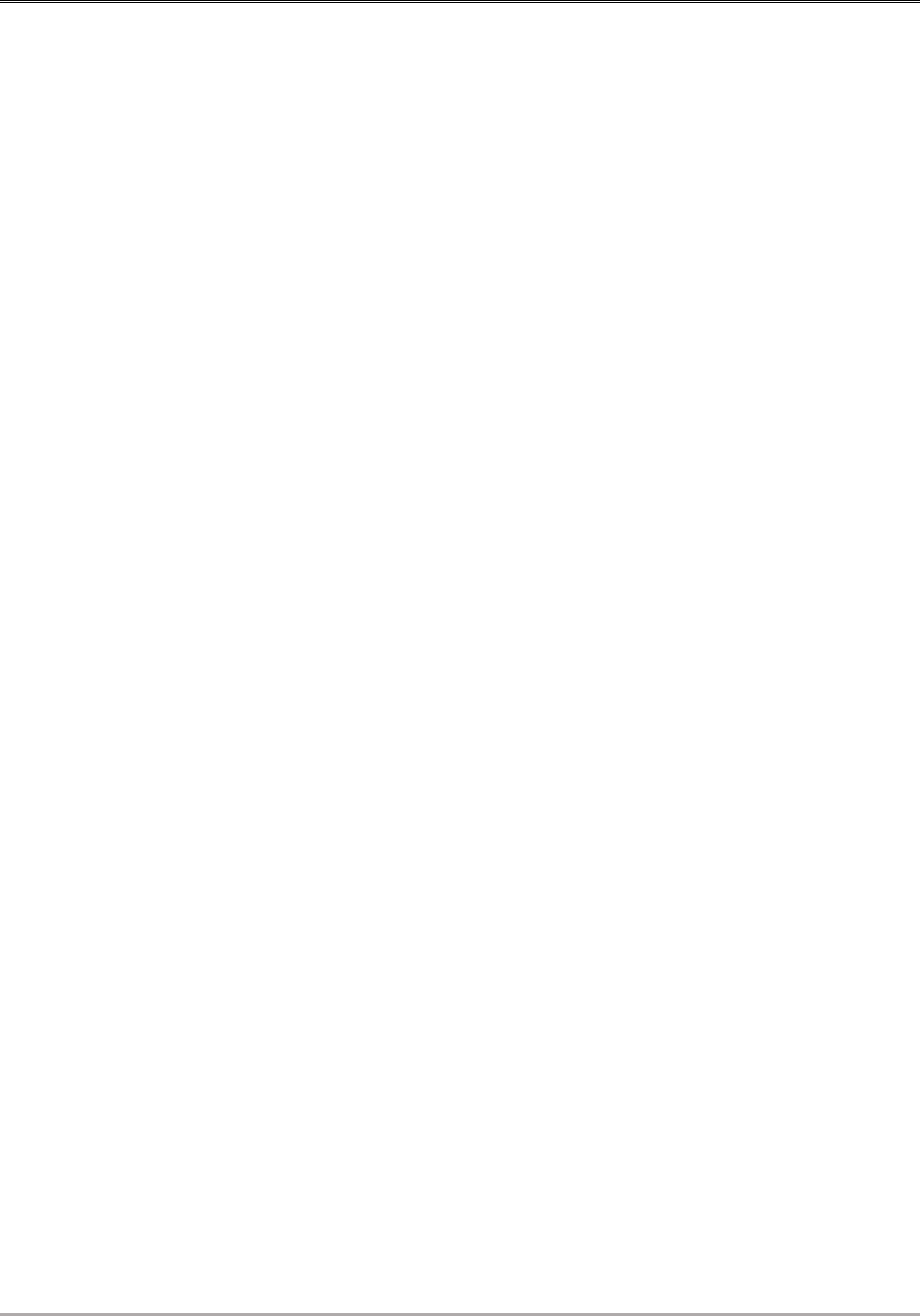
Columbia-Greene Community College 2023-2024 Catalog
85
Automotive Technology (A.O.S.)
SUGGESTED PROGRAM SEQUENCE
1st Semester
AU 128 Introduction to Automotive Repair 4
AU 129 Basic Heating, Ventilation
and Air Conditioning 3
AU 130 Basic Steering, Suspension
and Brakes 4
AU 132 Electricity and Electronics 4
CE 101 College Experience 1
Total 16
2nd Semester
AU 117 Gas and Diesel Engines 4
AU 134 Engine Performance 6
AU 203 Advanced Automotive
Operations 4
Total 14
Summer
AU 131 Work Study I 2
3rd Semester
AU 211 Manual Transmissions and
Drivelines 4
AU 215 Body Electrical and Electronics 3
EN 101 Composition 3
HE 201 First Aid and Safety 3
Total 13
4th Semester
AU 212 Automotive Diagnostics 4
AU 213 Automatic Transmissions and
Transaxles 4
GN ELE General Elective 3
MA 103 Business Mathematics 3
Total 14
Summer
AU 231 Work Study II 2
Career Opportunities: Repair shop owner, automotive technician or component re-builder, fleet
repair, parts department manager.
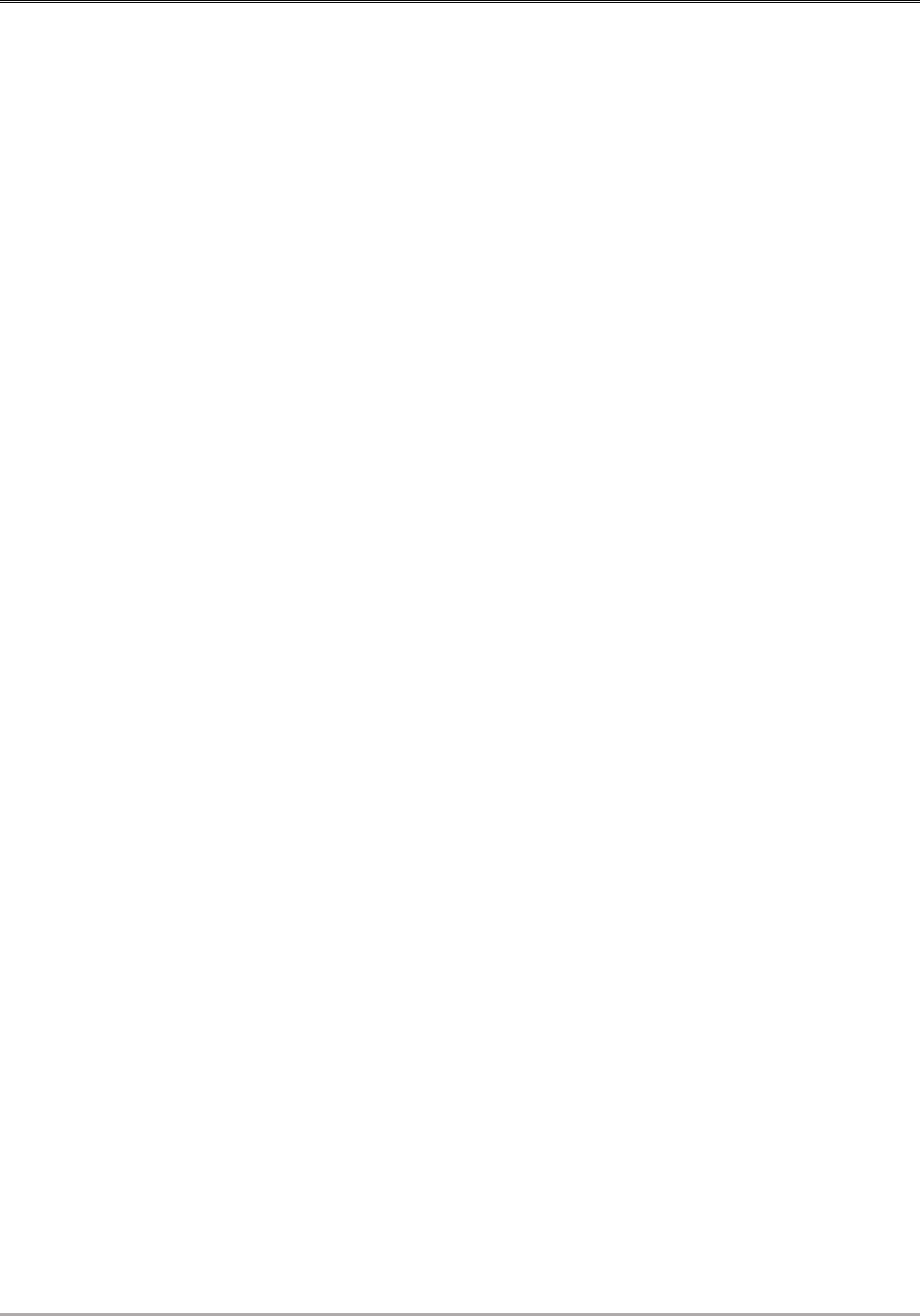
Columbia-Greene Community College 2023-2024 Catalog
86
Automotive Technology (Certificate)
Curriculum Code: 1733
Semester Hours Required for Graduation: 32
PROGRAM GOALS:
This certificate is designed to provide entry-
level skills for those students interested in
immediate employment in this trade area. This
program is the first year of the two-year
degree option.
PROGRAM LEARNING OUTCOMES:
• Interpret automotive contextual
information to determine appropriate
service actions.
• Collect and analyze printed and electronic
vehicle data to correctly identify a system
failure.
• Apply mathematical principles as they
relate to the automotive industry.
• Evaluate digital oscilloscope graphing for
the purpose of diagnostic philosophy.
• Interact effectively in a diverse
automotive environment.
• Ability to work independently on e-
learning modules and research papers to
successful completion.
• Analyze data and formulate an effective
repair philosophy.
• Clearly articulate in an automotive
environment the specific diagnostic and
repair process.
ACADEMIC PREPARATION:
12th-grade reading level is required.
Placement test scores must indicate readiness
to begin EN 101-Composition.
Competency in mathematics fundamentals is
required.
LIBERAL ARTS REQUIREMENTS
0 Semester Hours
PROGRAM REQUIREMENTS
32 Semester Hours
AU 117 Gas and Diesel Engines 4
AU 128 Introduction to
Automotive Repair 4
AU 129 Basic Heating, Ventilation and
Air Conditioning 3
AU 130 Basic Steering, Suspension
and Brakes 4
AU 132 Electricity and Electronics 4
AU 134 Engine Performance 6
AU 203 Advanced Automotive Operations
4
HE 201 First Aid and Safety 3
Minimum Credits 32
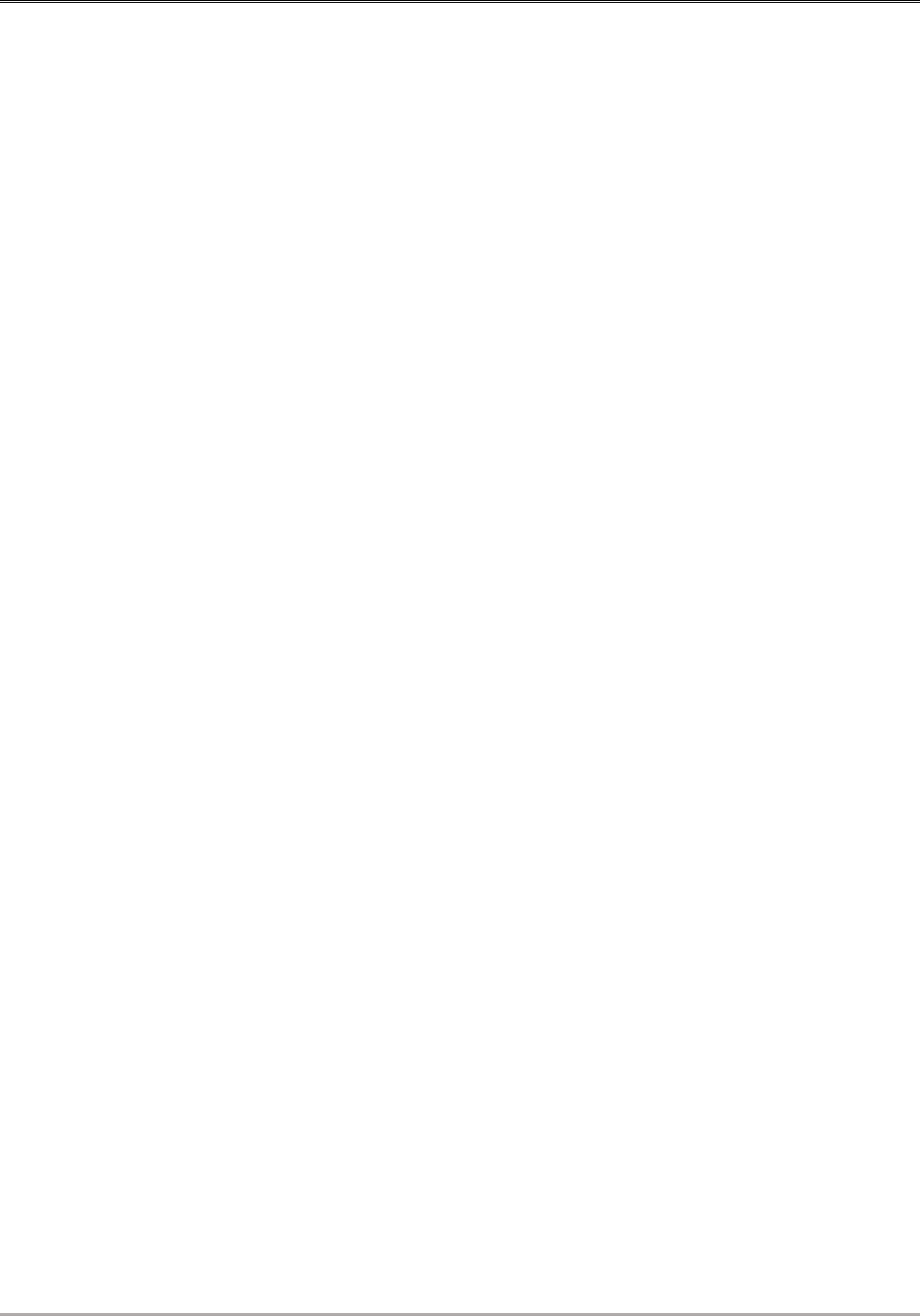
Columbia-Greene Community College 2023-2024 Catalog
87
Automotive Technology (Certificate)
SUGGESTED PROGRAM SEQUENCE
1st Semester
AU 128 Introduction to Automotive Repair 4
AU 129 Basic Heating, Ventilation
and Air Conditioning 3
AU 130 Basic Steering, Suspension
and Brakes 4
AU 132 Electricity and Electronics 4
Total 15
2nd Semester
AU 117 Gas and Diesel Engines 4
AU 134 Engine Performance 6
AU 203 Advanced Automotive
Operations 4
HE 201 First Aid and Safety 3
Total 17
Career Opportunities: Dealership Technician, Independent and Fleet Repair, Service Equipment
Representative, Parts Department Counterperson or Owner.
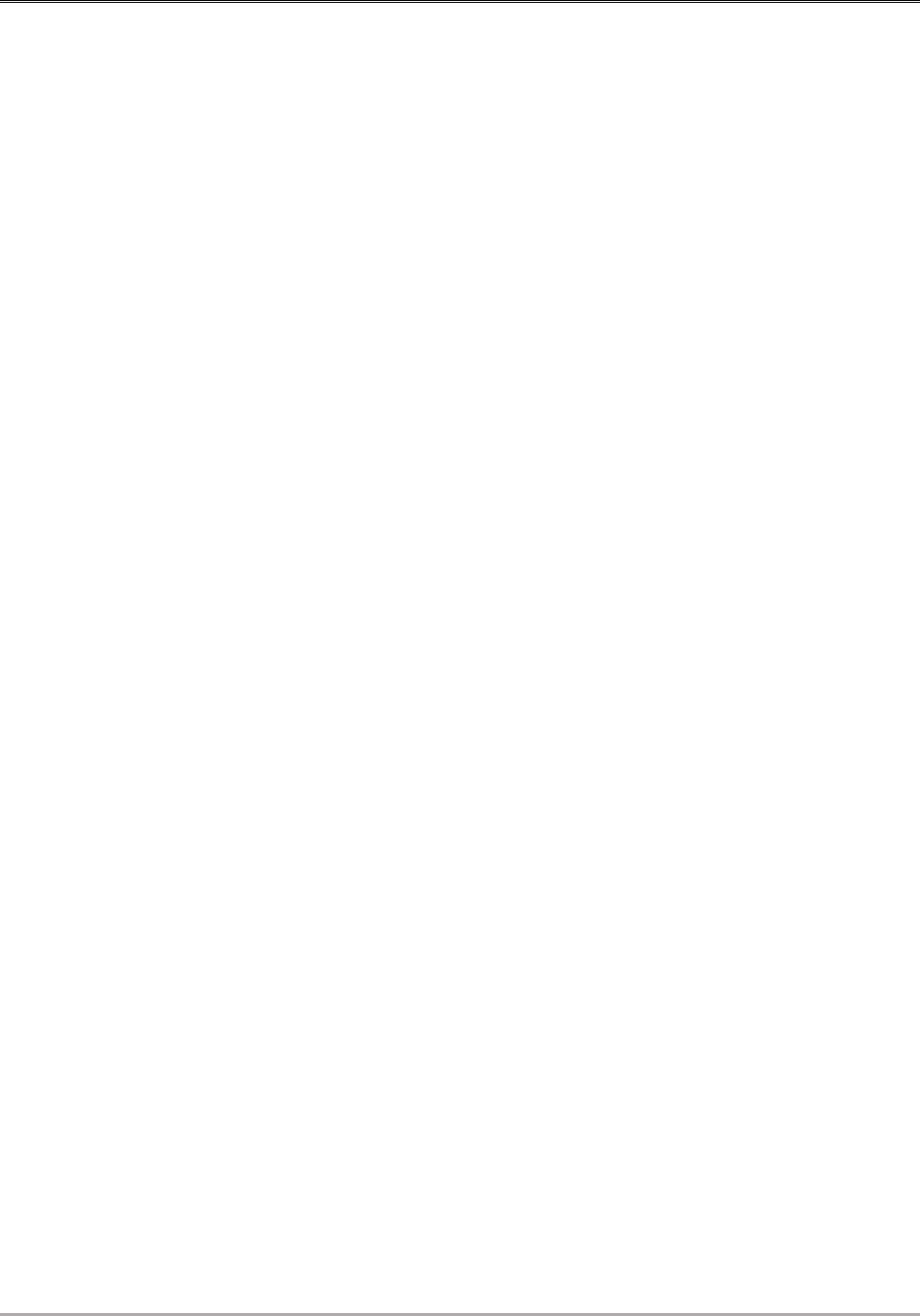
Columbia-Greene Community College 2023-2024 Catalog
88
Business – Accounting (A.A.S.)
Curriculum Code: 0630
Semester Hours Required for Graduation: 62
PROGRAM GOALS:
This program prepares students for entry into
the accounting profession at a
paraprofessional level. Graduates have found
jobs as management trainees in wholesaling,
retailing, private industry, government, and
financial institutions.
PROGRAM LEARNING OUTCOMES:
• Demonstrate an ability to utilize generally
accepted introductory accounting
principles.
• Efficiently utilize current technology in
accounting activities.
• Adhere to ethical guidelines governing the
conduct of accountants.
• Demonstrate proficiency in written and
oral communication.
• Demonstrate an understanding of business
operations including management,
economic principles, and finance.
ACADEMIC PREPARATION:
It is highly recommended that the following
criteria be met to begin this program, and it is
REQUIRED by the completion of 24 credits:
12th-grade reading level is required.
Placement test scores must indicate readiness
to begin EN 101-Composition.
Competency in mathematics fundamentals is
required. Pre-Algebra or Pre-Statistics is
recommended.
LIBERAL ARTS REQUIREMENTS
21 Semester Hours
EN 101 Composition 3
EN 102 Composition and Literature
or
EN 105 Technical Writing 3
HU ELE Humanities Elective 3
MA ELE Mathematics Elective 3
SC ELE Science Elective 3
SL ELE Social Science Electives 6
PROGRAM REQUIREMENTS
41 Semester Hours
AC 101 Financial Accounting 3
AC 102 Managerial Accounting 3
AC 116 QuickBooks 3
BU ELE Business Electives 6
BU 103 Foundations of Business 3
BU 105 Business Communications 3
BU 150 Financial Planning 3
BU 209 Business Professional
Development 3
BU 220 Business Ethics 3
CE 101 College Experience 1
CI 150 EXCEL 3
CP 101 Job Search Preparation 1
CS ELE Computer Science Elective
or
CI ELE Computer Information Elective 3
GN ELE General Electives 3
Minimum Credits 62

Columbia-Greene Community College 2023-2024 Catalog
89
Business – Accounting (A.A.S.)
SUGGESTED PROGRAM SEQUENCE
1st Semester
AC 101 Financial Accounting 3
BU 103 Foundations of Business 3
CE 101 College Experience 1
CI 150 EXCEL 3
EN 101 Composition 3
MA ELE Mathematics Elective 3
Total 16
2nd Semester
AC 102 Managerial Accounting 3
BU 105 Business Communications 3
CS ELE Computer Science Elective
or
CI ELE Computer Information
Elective 3
EN 102 Composition and Literature
or
EN 105 Technical Writing 3
GN ELE General Elective 3
Total 15
3rd Semester
AC 116 QuickBooks 3
BU 150 Financial Planning 3
BU 209 Business Professional
Development 3
CP 101 Job Search Preparation 1
SC ELE Science Elective 3
SL ELE Social Science Elective 3
Total 16
4th Semester
BU 220 Business Ethics 3
BU ELE Business Elective 6
HU ELE Humanities Elective 3
SL ELE Social Science Elective 3
Total 15
Career Opportunities: Bookkeeper, full-charge bookkeeper, accounting technician, accounting
associate, accounting clerk, accounts payable or receivable clerk, junior auditor or junior
accountant, assistant office manager, assistant accounting clerk, junior clerk, cost accounting clerk,
payroll clerk, and purchasing agent.
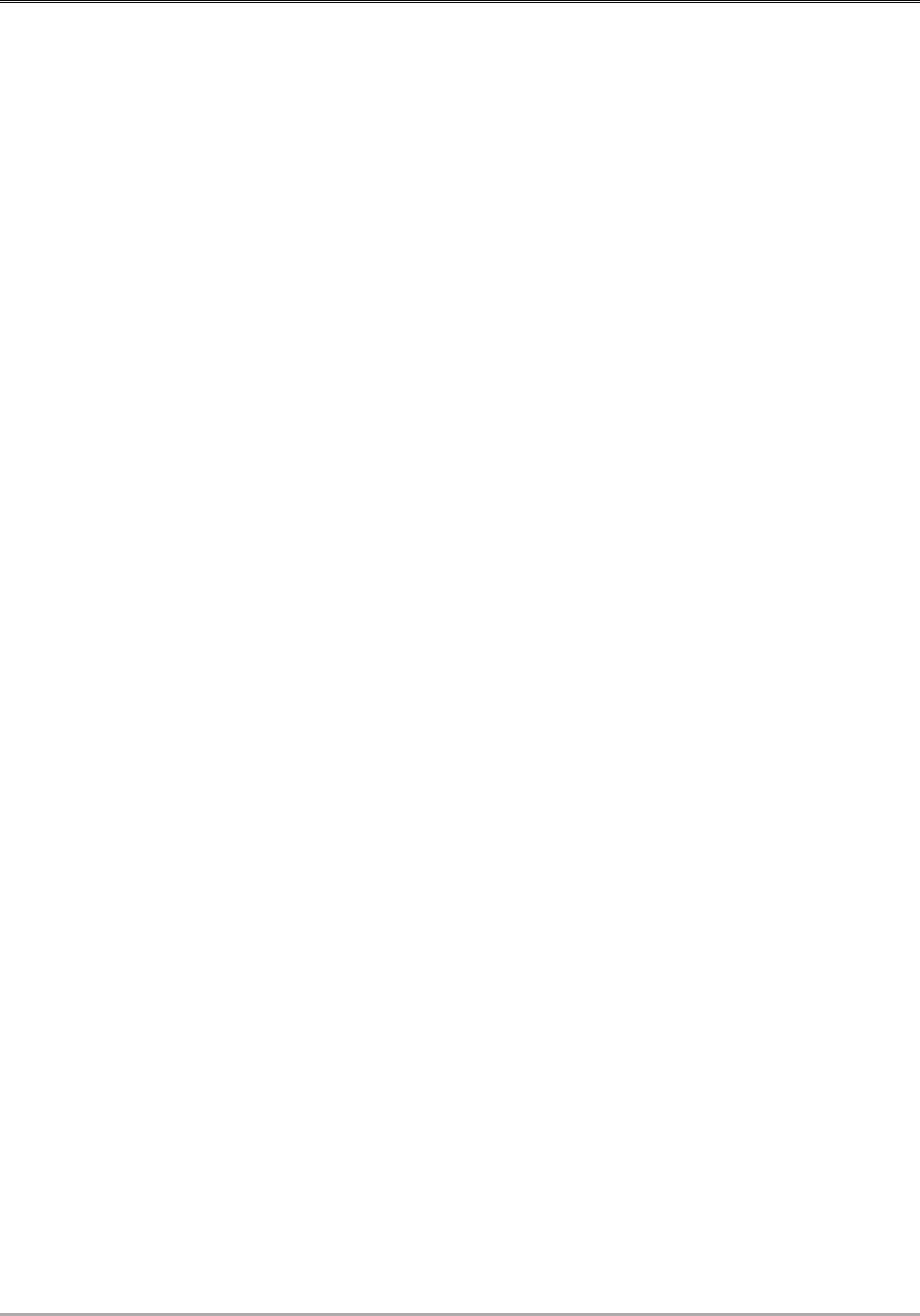
Columbia-Greene Community College 2023-2024 Catalog
90
Accounting Studies (Certificate) (Business)
Curriculum Code: 0903
Semester Hours Required for Graduation: 30
PROGRAM GOALS:
This program provides students with the basic
skills and knowledge for entry-level positions
in accounting or business. Employment can be
found in business, private industry,
government, and financial institutions.
PROGRAM LEARNING OUTCOMES:
• Demonstrate an ability to utilize generally
accepted introductory accounting
principles.
• Efficiently utilize current technology in
accounting activities.
• Adhere to ethical guidelines governing the
conduct of accountants.
• Demonstrate proficiency in written and
oral communication.
ACADEMIC PREPARATION:
12th-grade reading level is required.
Placement test scores must indicate readiness
to begin EN 101-Composition.
Competency in mathematics fundamentals is
required: Pre-Algebra or Pre-Statistics is
recommended.
Must be prepared to take CI 105 – Computer
Applications.
LIBERAL ARTS REQUIREMENTS
0 Semester Hours
PROGRAM REQUIREMENTS
30 Semester Hours
AC 101 Financial Accounting 3
AC 102 Managerial Accounting 3
AC 116 QuickBooks 3
BU 103 Foundations of Business 3
BU 105 Business Communications 3
BU ELE Business Elective
or
CS ELE Computer Science Elective
or
CI ELE Computer Information Elective 6
CI 105 Computer Applications 3
CI 150 EXCEL 3
MA ELE Mathematics Elective 3
Minimum Credits 30
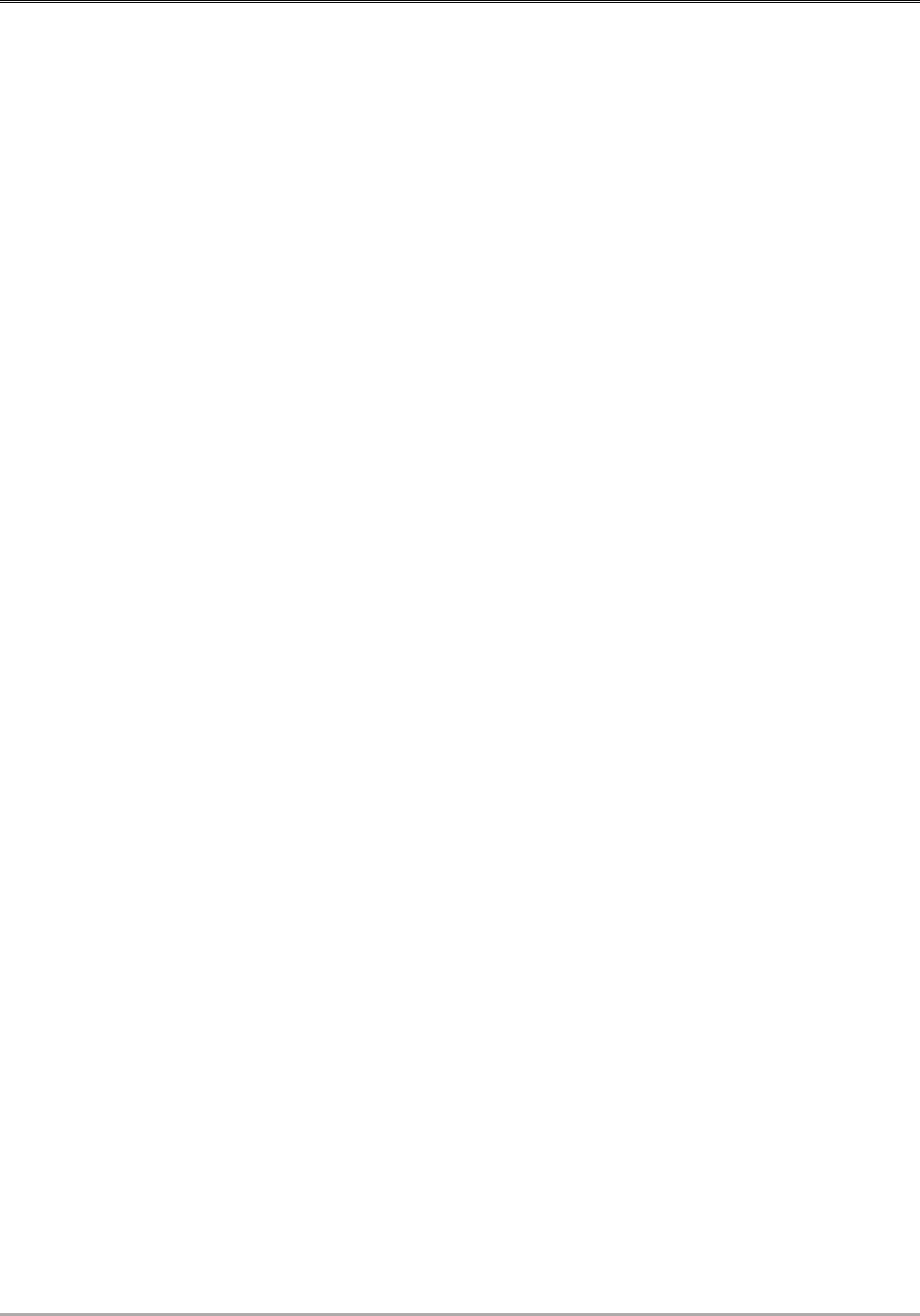
Columbia-Greene Community College 2023-2024 Catalog
91
Accounting Studies (Certificate)
SUGGESTED PROGRAM SEQUENCE
1st Semester
AC 101 Financial Accounting 3
BU 103 Foundations of Business 3
CI 105 Computer Applications 3
CI 150 EXCEL 3
MA ELE Mathematics Elective 3
Total 15
2nd Semester
AC 102 Managerial Accounting 3
AC 116 QuickBooks 3
BU 105 Business Communications 3
BU ELE Business Elective
or
CS ELE Computer Science Elective
or
CI ELE Computer Information Elective 6
Total 15
Career Opportunities: Payroll clerk, bookkeeper, accounts receivable or payable clerk or trainee,
purchaser trainee, office manager trainee or assistant.
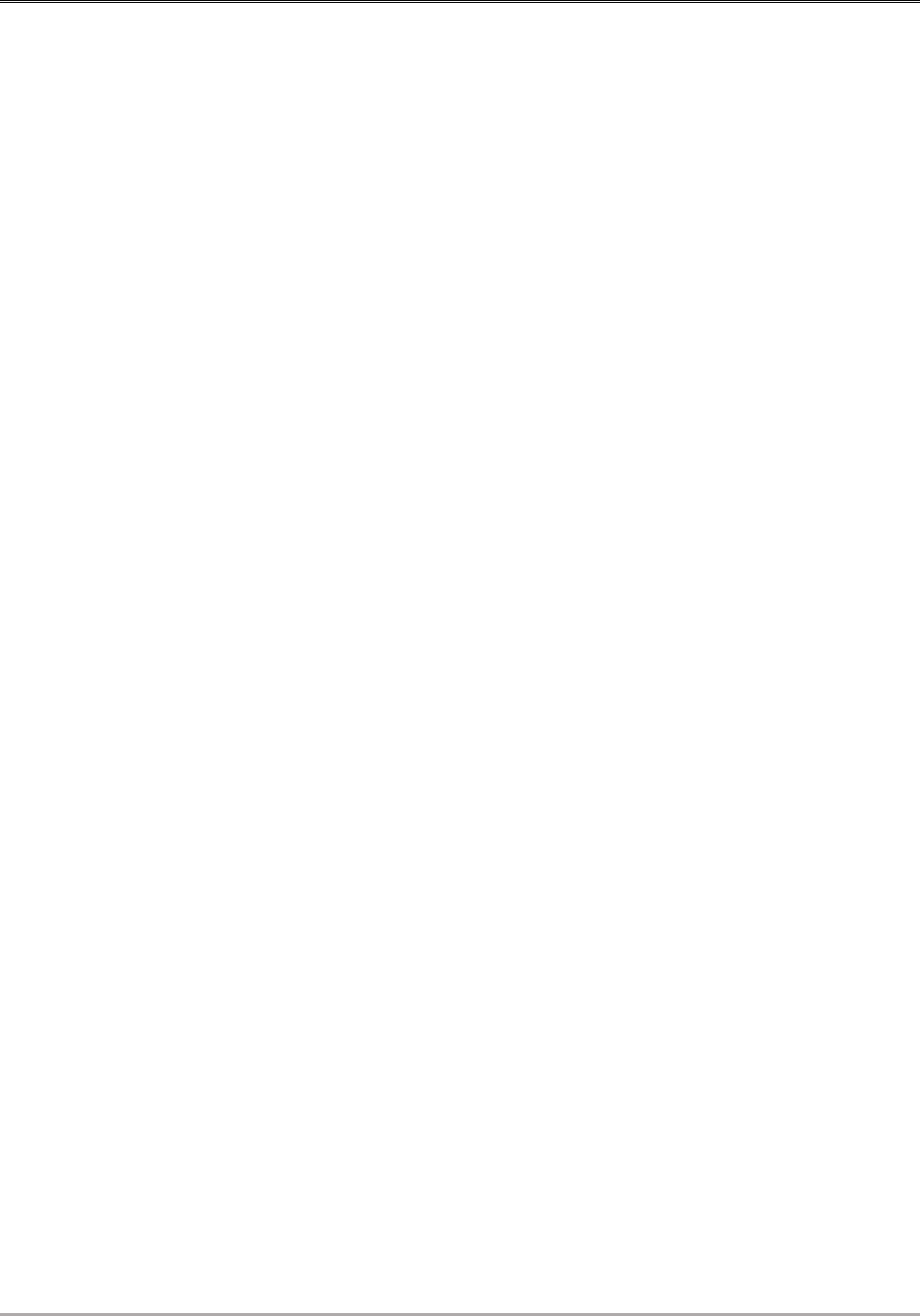
Columbia-Greene Community College 2023-2024 Catalog
92
Business A.A.S. (Online Delivery)
Curriculum Code: 2539
Semester Hours Required for Graduation: 61
PROGRAM GOALS:
The program has been designed to prepare a
student for employment or advancement in a
business or public sector environment.
Students will show proficiency through on-
line class work, and successful completion of
a required internship experience, which will
be remotely administered with electronic log
and status report submissions. Students will
be able to complete the 61 required credits of
this Business degree within four semesters
with all required coursework offered in a fully
online format.
PROGRAM LEARNING OUTCOMES:
• Apply management and market principles
as necessary.
• Use business related computer software
applications.
• Employ professional values, honesty, and
etiquette appropriate for the workplace.
• Demonstrate an availability to utilize
generally accepted introductory
accounting principles.
• Demonstrate proficiency in written and
oral communications.
ACADEMIC PREPARATION:
To enter this degree a student must meet the
required 12th-grade level. Placement test
scores must indicate readiness to begin EN
101 - Composition.
It is highly recommended that the following
criteria be met to begin this program, and it is
REQUIRED by the completion of 24 credits:
Competency in Mathematics Fundamentals is
required; Pre-Algebra or Pre-Statistics is
recommended.
LIBERAL ARTS REQUIREMENTS
21 Semester Hours
EN 101 Composition 3
EN 105 Technical Writing 3
HU ELE Humanities Elective 3
MA 103 Business Mathematics 3
SC ELE Science Elective 3
SL ELE Social Science Electives 6
PROGRAM REQUIREMENTS
40 Semester Hours
AC 101 Financial Accounting 3
AC 116 QuickBooks 3
BU 103 Foundations of Business 3
BU 105 Business Communications 3
BU 211 Business Experience Internship 3
BU 220 Business Ethics 3
BU 230 Management 3
BU ELE Business Electives 6
CE 101 College Experience 1
CI 105 Computer Applications 3
CS 116 Contemporary Computer Concepts
3
HU ELE Humanities Elective 3
SL 115 Conflict Resolution 3
Minimum Credits 61
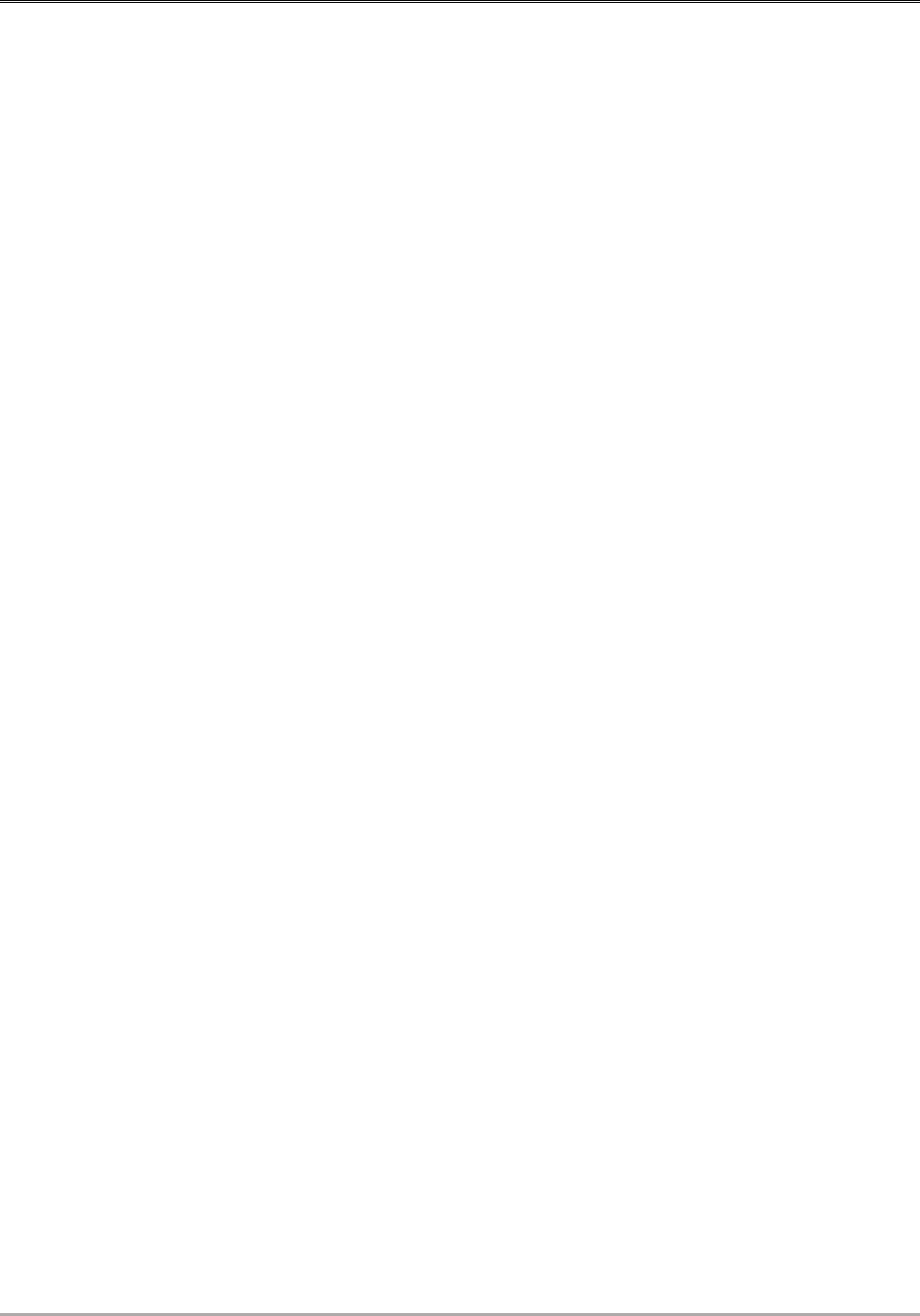
Columbia-Greene Community College 2023-2024 Catalog
93
Business A.A.S. (Online Delivery)
SUGGESTED PROGRAM SEQUENCE
1st Semester
AC 101 Financial Accounting 3
BU 103 Foundations of Business 3
BU 105 Business Communications 3
CE 101 College Experience 1
EN 101 English Composition 3
SL ELE Social Science Elective** 3
Total 16
2nd Semester
AC 116 QuickBooks 3
CI 105 Computer Applications 3
EN 105 Technical Writing 3
HU ELE Humanities Elective 3
SL ELE Social Science Elective ** 3
Total 15
3rd Semester
BU 220 Business Ethics 3
CS 116 Contemporary Computer Concepts 3
HU ELE Humanities Elective 3
MA 103 Business Mathematics 3
SC ELE Science Elective 3
Total 15
4th Semester
BU 211 Business Experience Internship* 3
BU 230 Management 3
BU ELE Business Electives*** 6
SL 115 Conflict Resolution 3
Total 15
* Approved business externship remotely administered with electronic log and status reporting.
** Economics recommended (EC 101, EC 102 or EC 104)
*** BU 203 International Business recommended
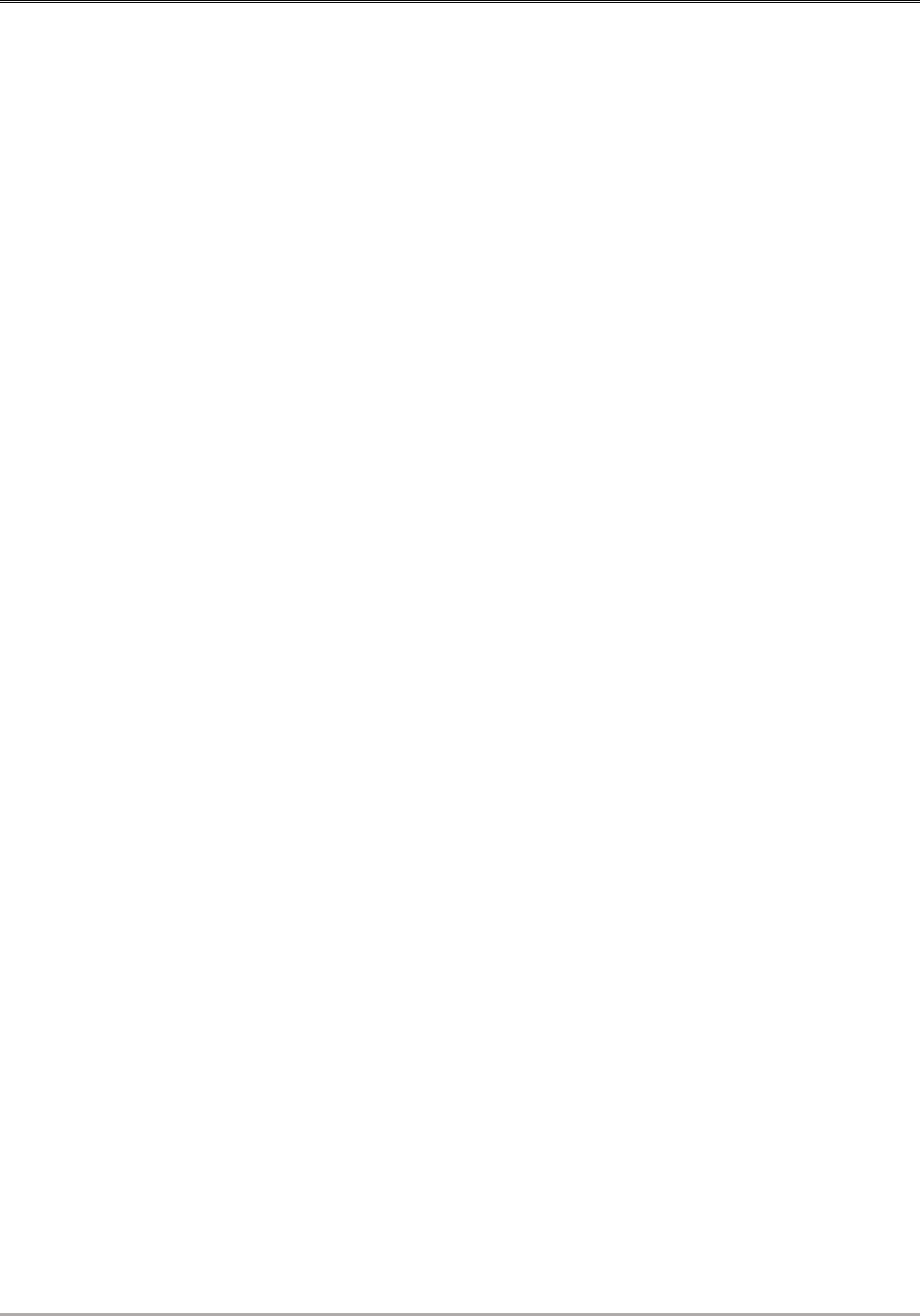
Columbia-Greene Community College 2023-2024 Catalog
94
Business – Business Administration (A.S.)
Curriculum Code: 0671
Semester Hours Required for Graduation: 61
PROGRAM GOALS:
This program prepares students for transfer to
complete work for a bachelor’s degree with
specialization in business administration or
accounting.
PROGRAM LEARNING OUTCOMES:
• Demonstrate applications of basic
management principles.
• Demonstrate applications of accounting
principles.
• Demonstrate applications of business law.
• Demonstrate use of applications of
computer technology.
ACADEMIC PREPARATION:
It is highly recommended that the following
criteria be met to begin this program, and it is
REQUIRED by the completion of 24 credits:
12th-grade reading level is required.
Placement test scores must indicate readiness
to begin EN 101-Composition.
Competency in Pre-Algebra or Pre-Statistics
is required.
LIBERAL ARTS REQUIREMENTS
30 Semester Hours
EC 101 Macroeconomics 3
EN 101 Composition 3
EN 102 Composition and Literature 3
HU ELE Humanities Electives 6
MA ELE Mathematics Electives 6
SC ELE Lab Science Elective 3
SL ELE Social Science Electives 6
PROGRAM REQUIREMENTS
31 Semester Hours
AC 101 Financial Accounting 3
AC 102 Managerial Accounting 3
BU 103 Foundations of Business 3
BU 107 Business Law I 3
CE 101 College Experience 1
CS ELE Computer Elective Science
or
CI ELE Computer Information Elective 3
EC 102 Microeconomics 3
GN ELE General Electives 9
MK 101 Principles of Marketing 3
Minimum Credits 61
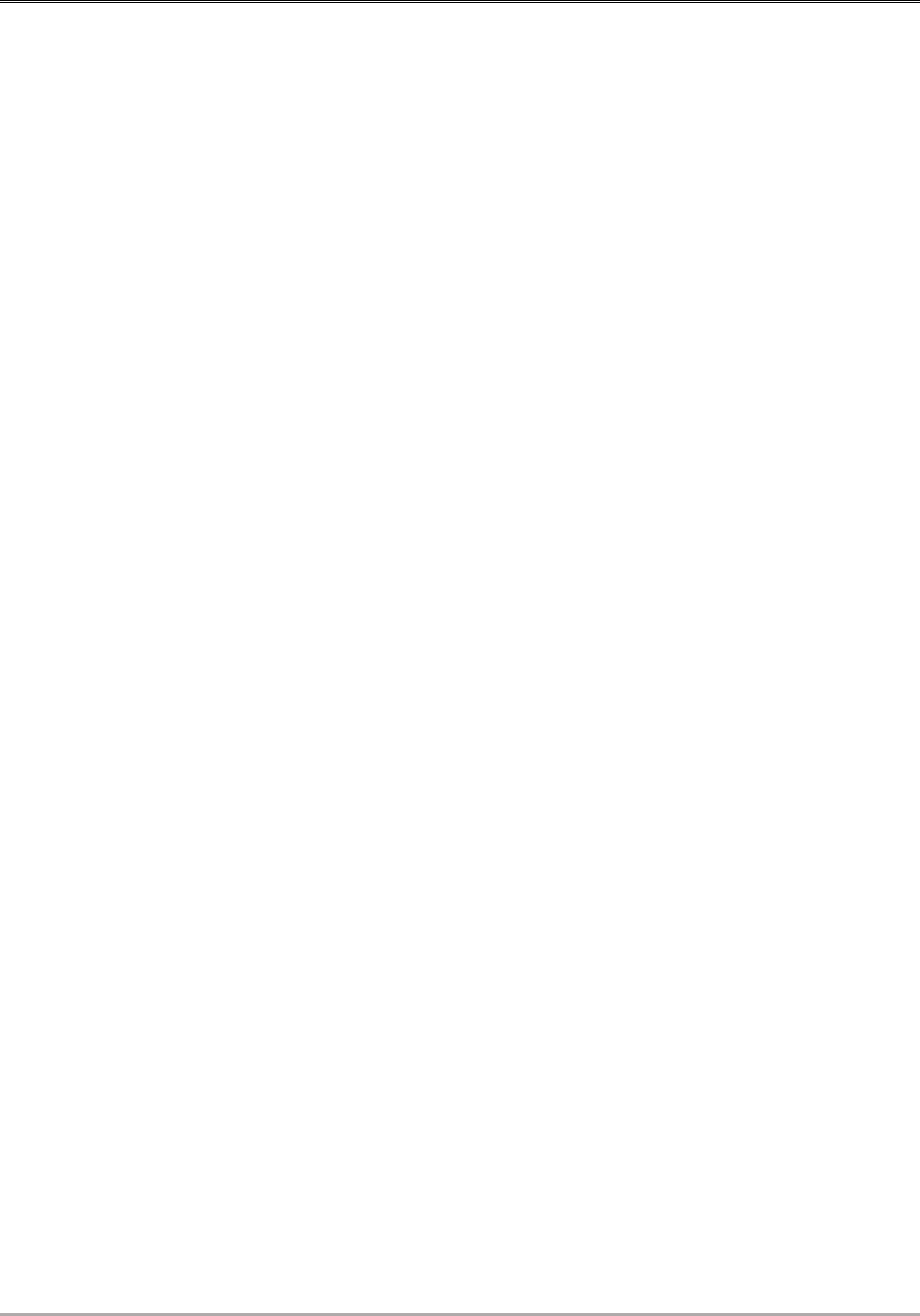
Columbia-Greene Community College 2023-2024 Catalog
95
Business – Business Administration (A.S.)
SUGGESTED PROGRAM SEQUENCE
1st Semester
AC 101 Financial Accounting 3
BU 103 Foundations of Business 3
CE 101 College Experience 1
EN 101 Composition 3
MA ELE Mathematics Elective 3
MK 101 Principles of Marketing 3
Total 16
2nd Semester
AC 102 Managerial Accounting 3
BU 107 Business Law I 3
EN 102 Composition and Literature 3
GN ELE General Elective 3
MA ELE Mathematics Elective 3
Total 15
3rd Semester
CS ELE Computer Science Elective
or
CI ELE Computer Information Elective 3
EC 101 Macroeconomics 3
HU ELE Humanities Elective 3
SC ELE Lab Science Elective 3
SL ELE Social Science Elective 3
Total 15
4th Semester
EC 102 Microeconomics 3
GN ELE General Electives 6
HU ELE Humanities Elective 3
SL ELE Social Science Elective 3
Total 15
Transfer opportunities include but are not limited to: University at Albany-SUNY, SUNY College
of Technology at Utica/Rome, SUNY New Paltz, SUNY Brockport, Marist College, The College
of St. Rose, Siena College, SUNY Empire State, Dominican College, SUNY Binghamton, SUNY
Oswego, SUNY Plattsburgh, Pace University, LeMoyne College, Central Connecticut College,
Johnson and Wales University, St. John Fisher, University of Arizona.
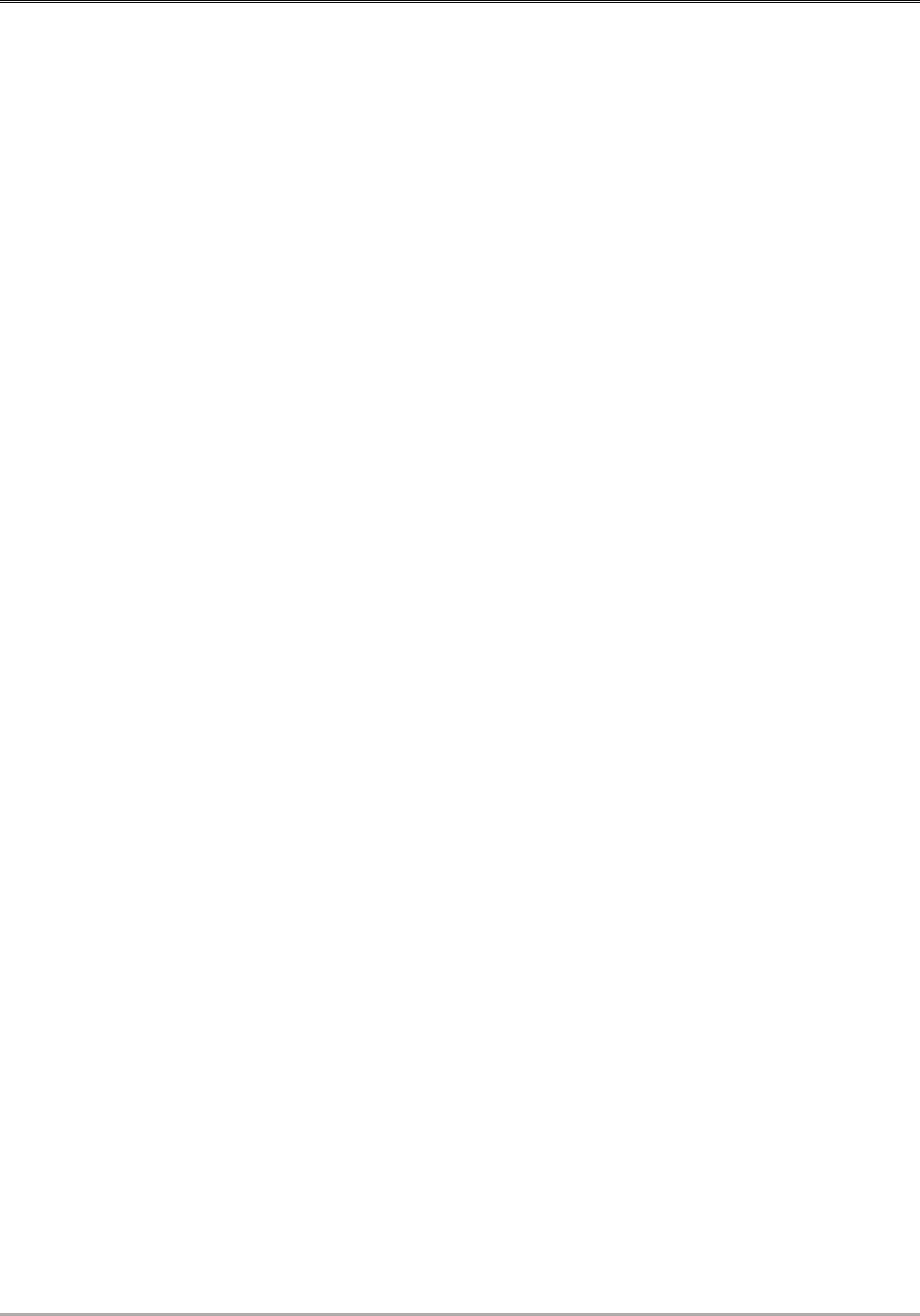
Columbia-Greene Community College 2023-2024 Catalog
96
Business – Business Administration (A.A.S.)
Curriculum Code: 0632
Semester Hours Required for Graduation: 61
PROGRAM GOALS:
This program qualifies students for a wide
range of entry-level positions in private
industry, business, and government.
PROGRAM LEARNING OUTCOMES:
• Demonstrate applications of basic
management and marketing principles.
• Demonstrate applications of accounting
principles and maintaining business
records.
• Demonstrate applications of business law.
• Demonstrate use of applications of
computer technology.
• Demonstrate proficiency in written and
oral communication.
ACADEMIC PREPARATION:
It is highly recommended that the following
criteria be met to begin this program, and it is
REQUIRED by the completion of 24 credits:
12th-grade reading level is required.
Placement test scores must indicate readiness
to begin EN 101-Composition.
Competency in mathematics fundamentals is
required: Pre-Algebra or Pre-Statistics is
recommended.
LIBERAL ARTS REQUIREMENTS
21 Semester Hours
EN 101 Composition 3
EN 102 Composition and Literature
or
EN 105 Technical Writing 3
HU ELE Humanities Elective 3
MA ELE Mathematics Elective* 3
SC ELE Science Elective 3
SL ELE Social Science Electives** 6
PROGRAM REQUIREMENTS
40 Semester Hours
AC 101 Financial Accounting 3
AC 102 Managerial Accounting 3
BU 103 Foundations of Business 3
BU 105 Business Communications 3
BU 107 Business Law I 3
BU 209 Business Professional
Development
or
BU 211 Business Experience Internship 3
BU 220 Business Ethics 3
BU 230 Management 3
CE 101 College Experience 1
CI 105 Computer Applications 3
GN ELE General Electives 9
MK 101 Principles of Marketing 3
Minimum Credits 61
*Recommend MA 102 Statistics or MA 103
Business Mathematics
**Recommend EC 101 Macroeconomics or
EC 102 Microeconomics AND PY or SO
elective
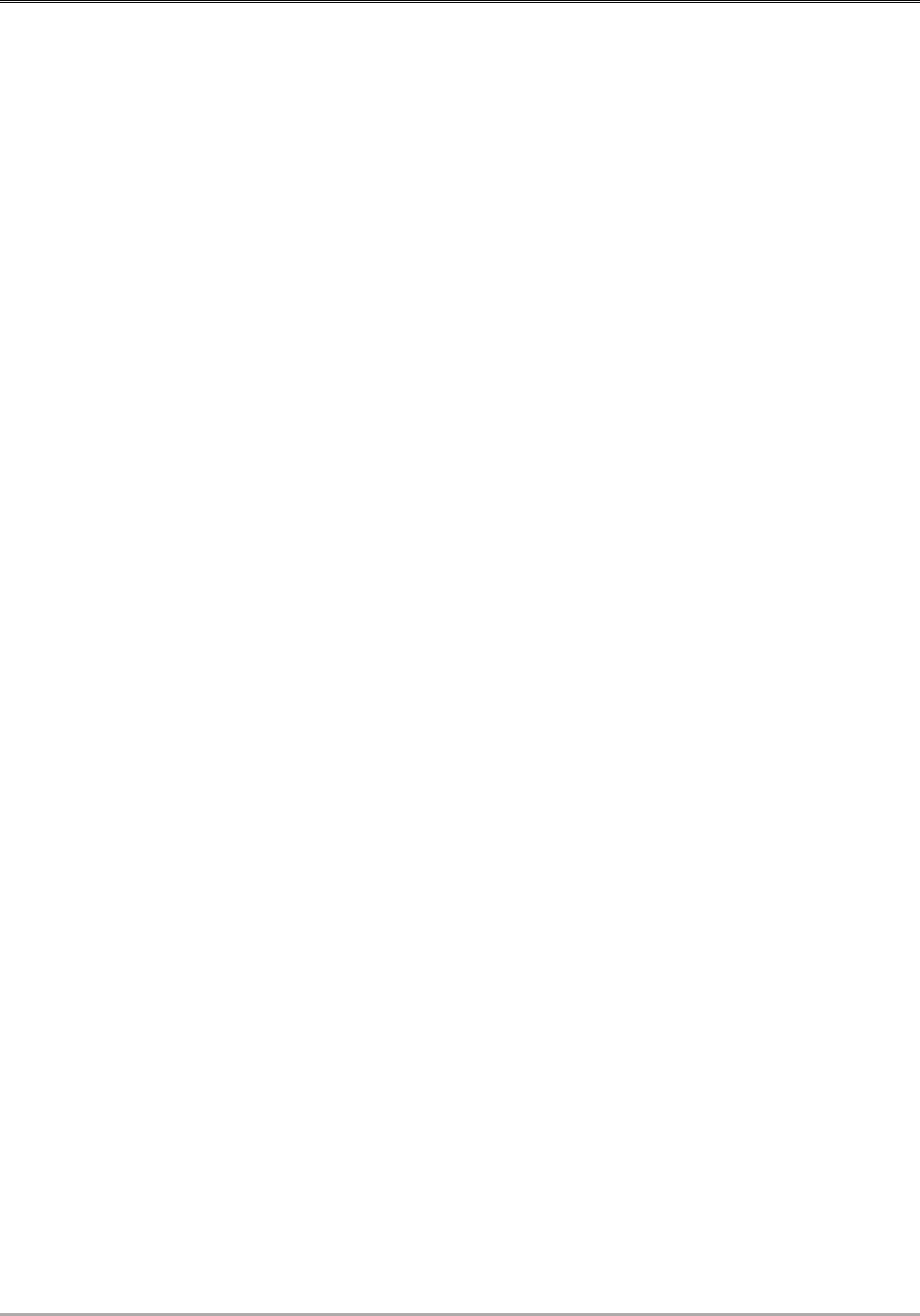
Columbia-Greene Community College 2023-2024 Catalog
97
Business – Business Administration (A.A.S.)
SUGGESTED PROGRAM SEQUENCE
1st Semester
AC 101 Financial Accounting 3
BU 103 Foundations of Business 3
CE 101 College Experience 1
CI 105 Computer Applications 3
EN 101 Composition 3
SL ELE Social Science Elective 3
Total 16
2nd Semester
AC 102 Managerial Accounting 3
BU 105 Business Communication 3
EN 102 Composition and Literature
or
EN 105 Technical Writing 3
MA ELE Mathematics Elective 3
MK 101 Principles of Marketing 3
Total 15
3rd Semester
BU 107 Business Law I 3
BU 220 Business Ethics 3
BU 230 Management 3
SC ELE Science Elective 3
HU ELE Humanities Elective 3
Total 15
4th Semester
BU 209 Business Professional Development
or
BU 211 Business Experience Internship 3
GN ELE General Electives 9
SL ELE Social Science Elective 3
Total 15
Career Opportunities: Business management and management trainee in retail and wholesale
organizations; banking, insurance, and other financial institutions; marketing, advertising, and
sales; personnel and general management; customer service representative; production assistant;
marketing research; account executive; special events assistant; front-end manager; office
manager.
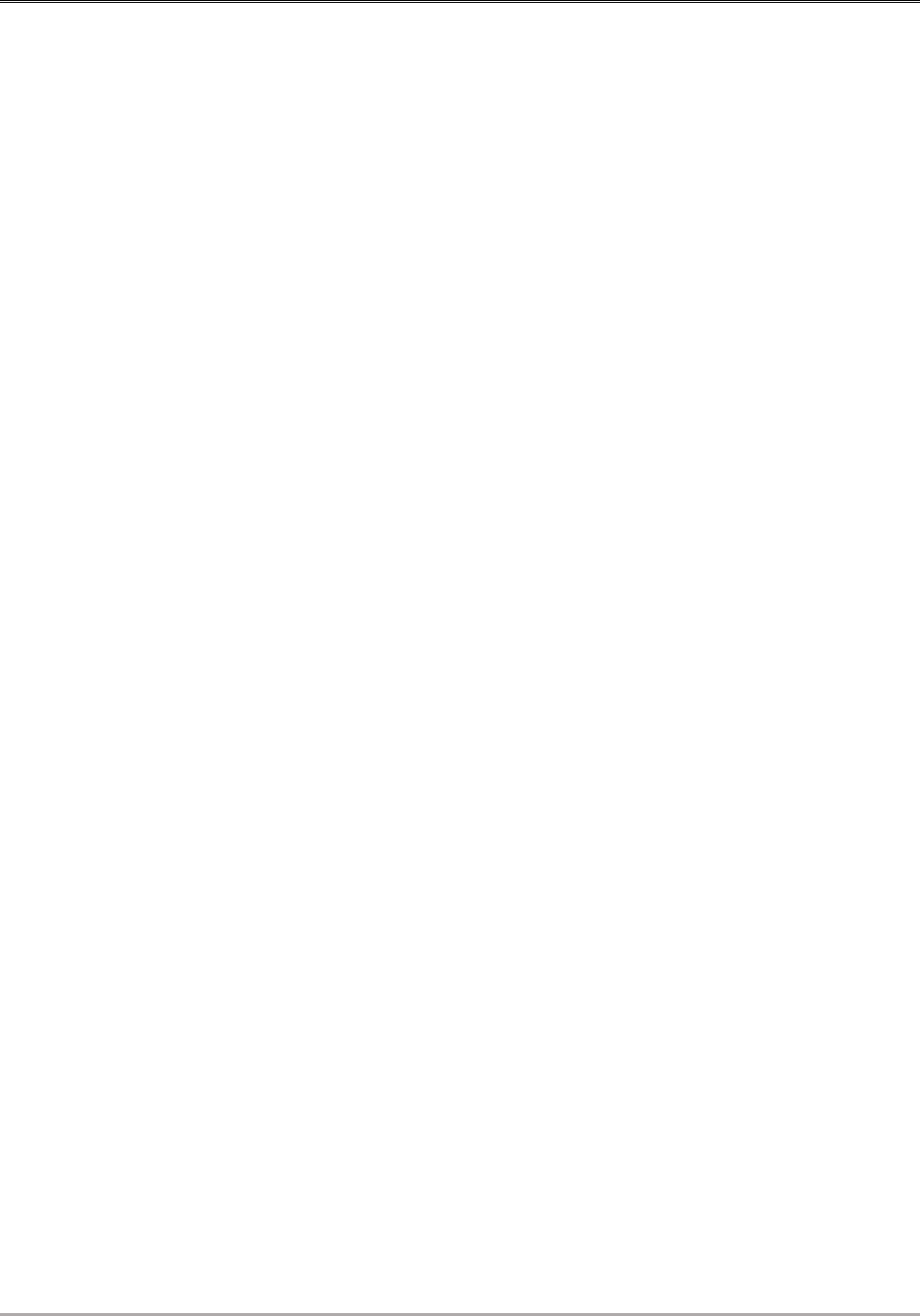
Columbia-Greene Community College 2023-2024 Catalog
98
Cannabis Careers (Certificate)
Curriculum Code: 1801
Semester Hours Required for Graduation: 15
PROGRAM GOALS
The Cannabis Careers Certificate is designed
to give students an informational foundation
of the most prolific sectors within the
cannabis industry: cultivation, processing,
and retail. Students enrolled in this certificate
program will learn about the cultural and
social history of cannabis use, the industry as
a whole, and an introduction to cultivation,
processing, and retail.
PROGRAM LEARNING OUTCOMES:
• Demonstrate knowledge of the social and
cultural contexts around criminalization
and legalization of cannabis in the United
States.
• Demonstrate knowledge of the cannabis
industry from cultivation through retail
sales.
• Demonstrate understanding of skill sets
necessary for success in the cannabis retail
industry.
• Demonstrate understanding of skill sets
necessary for success in the cannabis
cultivation industry.
• Demonstrate understanding of skill sets
necessary for success in the cannabis
processing industry.
PROGRAM REQUIREMENTS*
15 Semester Hours
SL 170 Social and Cultural History of
Cannabis 3
BU 170 Introduction to the Cannabis
Industry 3
BU 172 Cannabis Retail Operations and
Sales 3
TP 110 Introduction to Cannabis
Cultivation 3
TP 114 Introduction to Cannabis
Processing 3
Minimum Credits 15
* The Cannabis Careers Certificate program
also requires a capstone portfolio to be
completed.
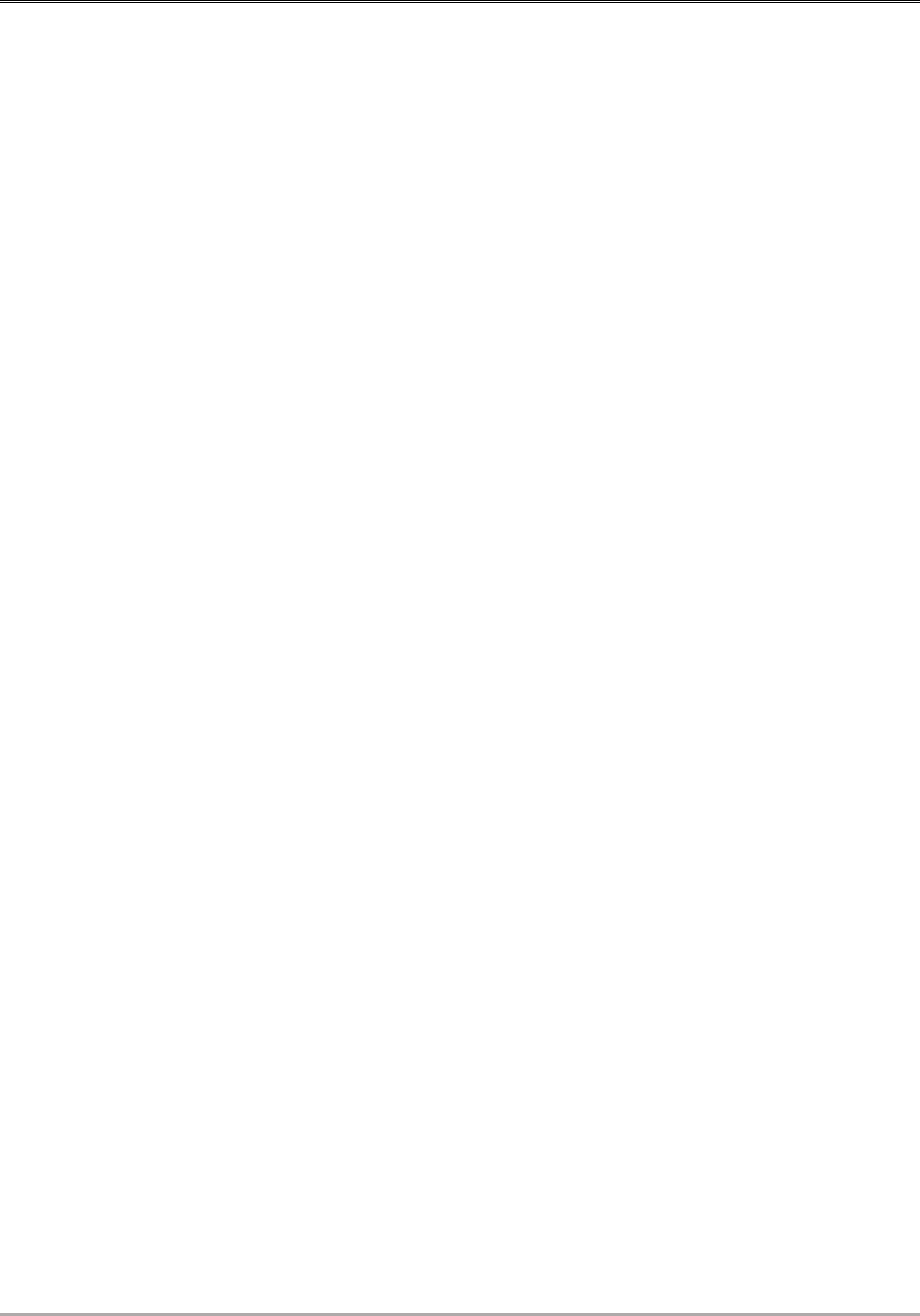
Columbia-Greene Community College 2023-2024 Catalog
99
Cannabis Careers (Certificate)
SUGGESTED PROGRAM SEQUENCE
1st Semester
SL 170 Social and Cultural History
of Cannabis 3
BU 170 Introduction of the Cannabis
Industry 3
BU 172 Cannabis Retail Operations
and Sales 3
Total 9
2nd Semester
TP 110 Introduction to Cannabis
Cultivation 3
TP 114 Introduction to Cannabis
Processing 3
Total 6
Or
1st Semester
SL 170 Social and Cultural History
of Cannabis 3
BU 170 Introduction of the Cannabis
Industry 3
BU 172 Cannabis Retail Operations
and Sales 3
TP 110 Introduction to Cannabis
Cultivation 3
TP 114 Introduction to Cannabis
Processing 3
Total 15
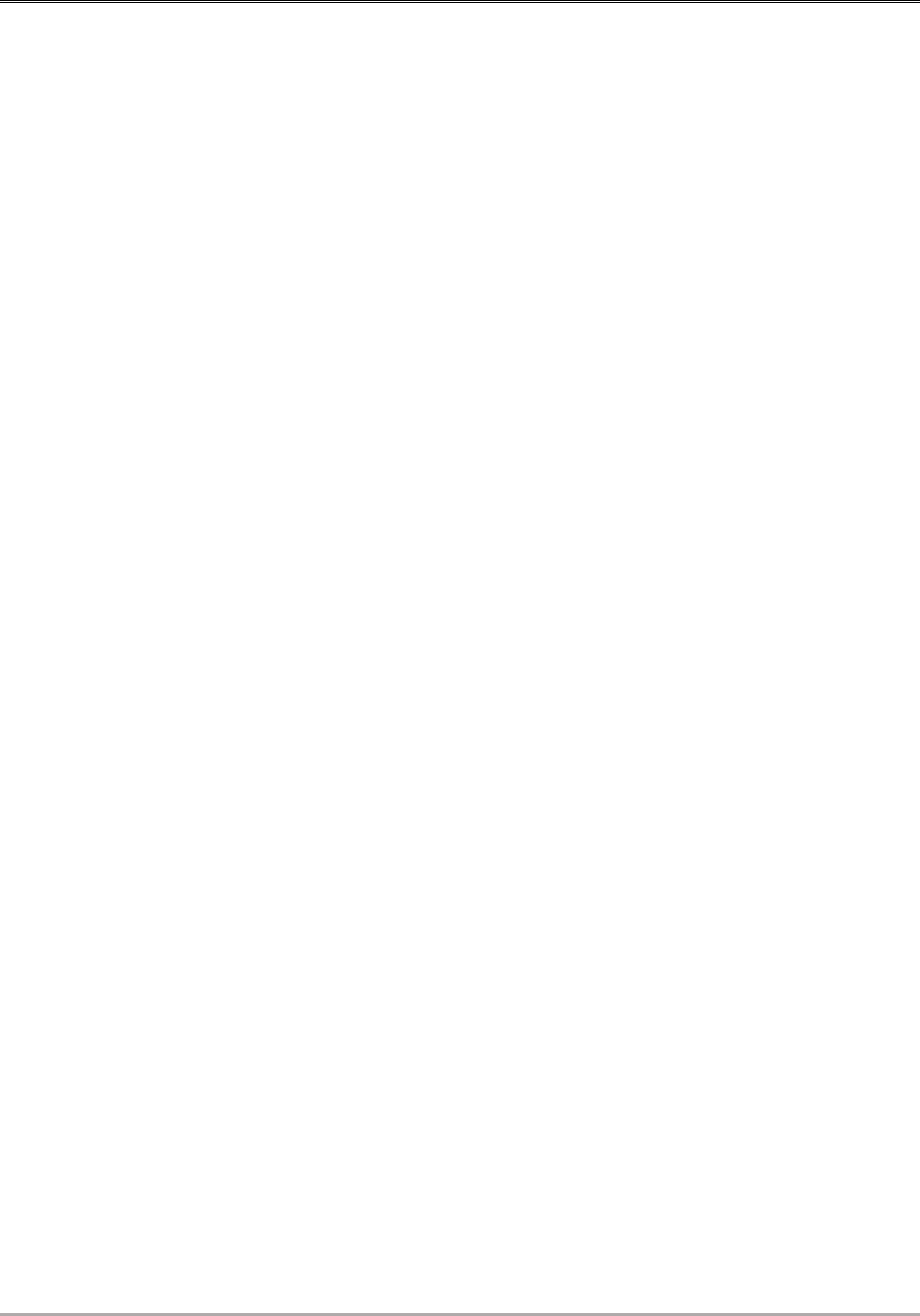
Columbia-Greene Community College 2023-2024 Catalog
100
Computer Science (A.S.)
Curriculum Code: 0532
Semester Hours Required for Graduation: 61
PROGRAM GOALS:
This program prepares students for transfer to
complete work for a bachelor’s degree in
computer science, computer information
systems, or related fields.
PROGRAM LEARNING OUTCOMES:
• Identify and demonstrate understanding of
computer terminology.
• Recognize and analyze a problem to
formulate and implement a solution.
• Demonstrate competency in the use of
contemporary technology.
• Write effectively and verbally
communicate technically with clients and
peers.
ACADEMIC PREPARATION:
It is highly recommended that the following
criteria be met to begin this program, and it is
REQUIRED by the completion of 24 credits:
12th-grade reading level is required.
Placement test scores must indicate readiness
to begin EN 101-Composition.
Competency in Pre-Algebra or Pre-Statistics
is required.
LIBERAL ARTS REQUIREMENTS
30 Semester Hours
EN 101 Composition 3
EN 102 Composition and Literature 3
HU ELE Humanities Elective or
SL ELE Social Science Elective or
SC ELE Science Elective or
MA ELE Mathematics Electives 6
MA 111 Pre-Calculus 4
MA ELE Mathematics Elective 4
HU ELE Humanities Elective 3
SC ELE Lab Science Elective 4
SL ELE Social Science Elective 3
PROGRAM REQUIREMENTS
31 Semester Hours
CE 101 College Experience 1
CS 134 Computer and Informatics
Science I 4
CS 127 Practical Programming 3
CS 256 Computer Science II 4
CS ELE Computer Science Electives* 6
GN ELE General Electives 13
Minimum Credits 61
* Note: It is important to consult with your advisor or transfer counselor to discuss the requirements
of the transfer institution prior to registering for class.
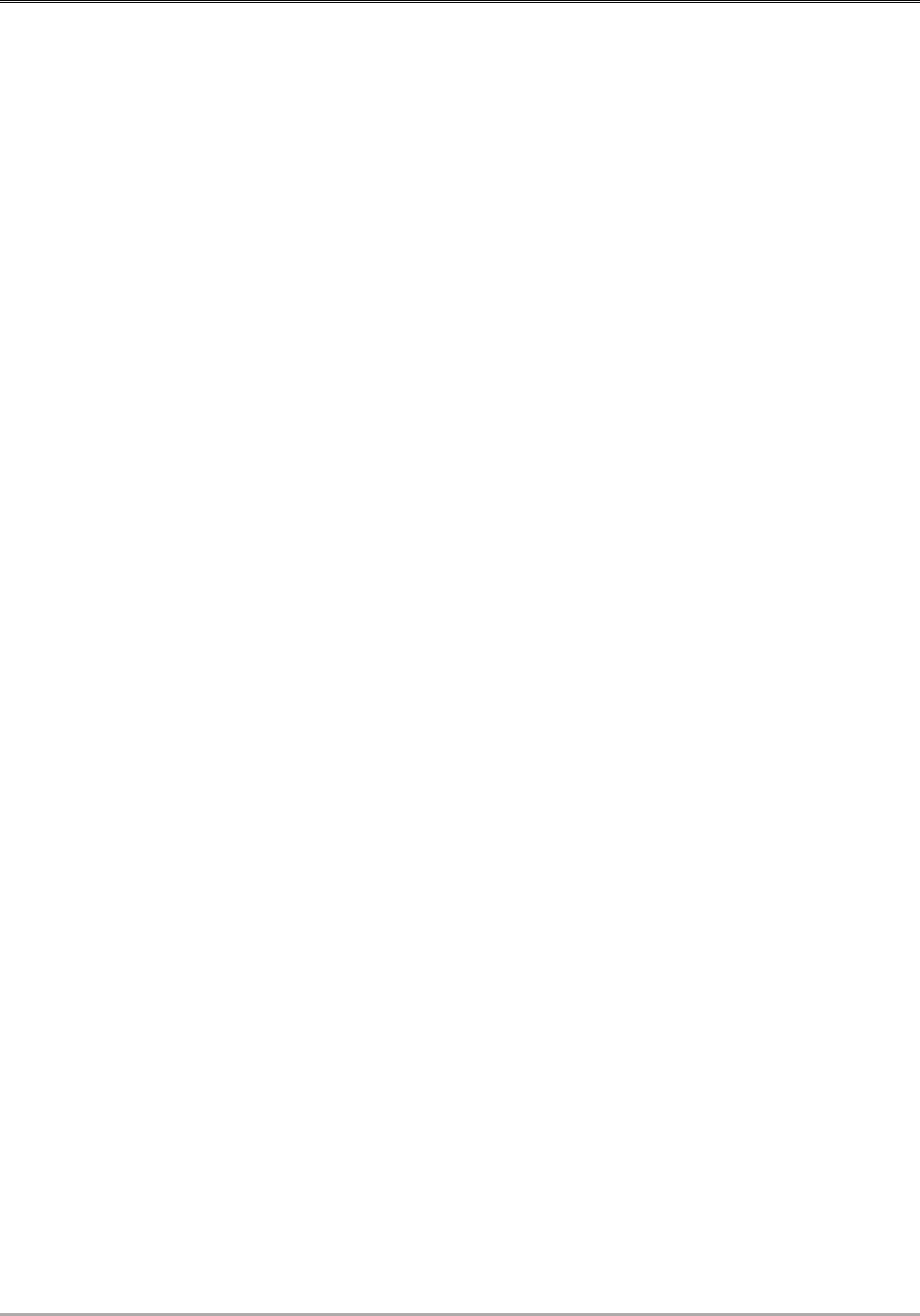
Columbia-Greene Community College 2023-2024 Catalog
101
Computer Science (A.S.)
SUGGESTED PROGRAM SEQUENCE
1st Semester
CE 101 College Experience 1
CS 134 Computer and Informatics
Science I 4
EN 101 Composition 3
HU ELE Humanities Elective 3
MA ELE Math Elective 4
Total 15
2nd Semester
CS 127 Practical Programming 3
GN ELE General Electives 3
EN 102 Composition and Literature 3
MA 111 Pre-Calculus 4
SL ELE Social Science Elective 3
Total 16
3rd Semester
CS ELE Computer Science Elective **3
GN ELE General Elective 6
HU ELE Humanities Elective
or
SL ELE Social Science Elective
or
MA ELE Mathematics Elective
or
SC ELE Science Elective 3
SC ELE Lab Science Elective 4
Total 16
4th Semester
CS 256 Computer Science II 4
CS ELE Computer Science Elective** 3
GN ELE General Electives 4
HU ELE Humanities Elective
or
SC ELE Science Elective
or
SL ELE Social Science Elective
or
MA ELE Mathematics Elective 3
Total 14
**AR 140, AR 205, AR 245, and AR 250 may be used as CS Electives. Students should consult
with their advisor prior to the selection of these courses.
Transfer opportunities include, but are not limited to: SUNY Plattsburgh, SUNY Potsdam, Union
College, SUNY College of Technology at Utica/Rome, SUNY New Paltz, SUNY Binghamton,
SUNY Geneseo, University at Albany-SUNY, The College of St. Rose, Siena College, Marist
College, SUNY Oneonta, and Rensselaer Polytechnic Institute.
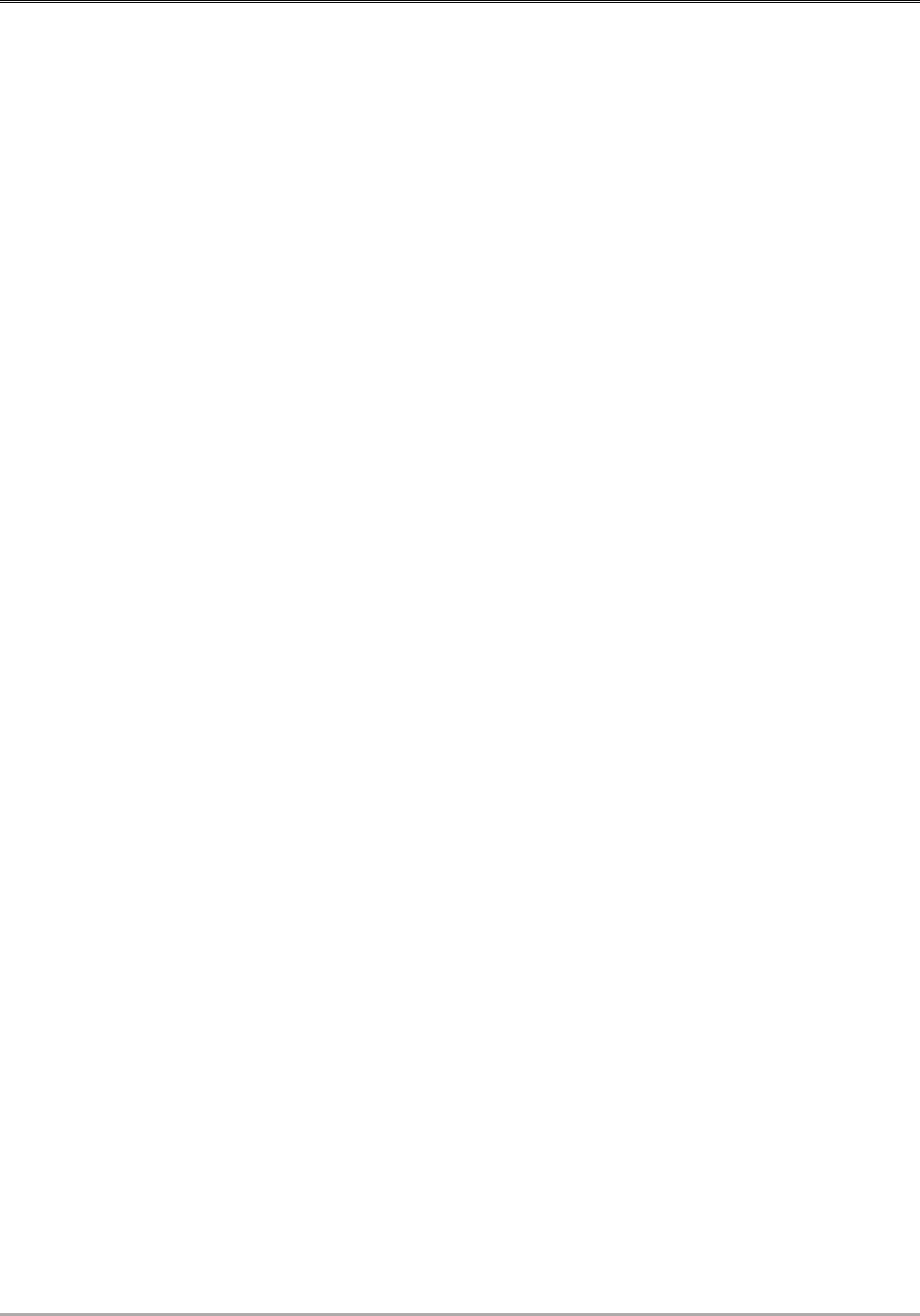
Columbia-Greene Community College 2023-2024 Catalog
102
Cyber Security/Digital Forensics (A.S.)
Curriculum Code: 2730
Semester Hours Required for Graduation: 64
PROGRAM GOALS:
This curriculum prepares students for transfer
to complete work for a bachelor’s degree in
cyber security, computer security, digital
forensics or related fields.
PROGRAM LEARNING OUTCOMES:
• Identify and demonstrate understanding of
computer terminology.
• Describe the individual functions and
integrations of the components of the
criminal justice system: police, courts, and
corrections.
• Recognize and analyze a problem to
formulate and implement a solution.
• Demonstrate competency in the use of
contemporary technology.
• Use research skills to locate, analyze, and
discuss contemporary principles of cyber
security and computer forensics.
• Write effectively and verbally
communicate technically with clients and
peers.
• Articulate either orally or in writing,
concepts or theories applicable to cyber
security or digital forensics.
ACADEMIC PREPARATION:
It is highly recommended that the following
criteria be met to begin this program, and it is
REQUIRED by the completion of 24 credits:
12th-grade reading level is required.
Placement test scores must indicate readiness
to begin EN 101-Composition.
Competency in Pre-Algebra or Pre-Statistics
is required.
Competency in basic computer skills and
knowledge.
LIBERAL ARTS REQUIREMENTS
32 Semester Hours
EN 101 Composition 3
EN 102 Composition and Literature 3
CJ 102 Introduction to
Criminal Justice 3
HU ELE Humanities Elective 3
HI 103 US History 1492-1865
or
HI 104 US History 1865-present 3
MA 102 Statistics 3
MA 110 College Algebra 4
PY 101 General Psychology 3
SC 141 Forensic Science 4
SO 101 Introduction to Sociology 3
PROGRAM REQUIREMENTS
32 Semester Hours
CS 134 Computer and Informatics
Science I 4
CS 126 Introduction to
Cyber Security 3
CS 156 Network Essentials 3
CS 203 Database Concepts 3
CS 219 Data Analytics Programming 3
CS 241 Computer Forensics 3
CS 235 Network Security 3
AC 101 Financial Accounting 3
AC 102 Managerial Accounting 3
HI 101 Western Civ. 13,000 BCE
to 1517 CE
or
HI 102 Western Civ. 1517 to present 3
CE 101 College Experience 1
Minimum Credits 64
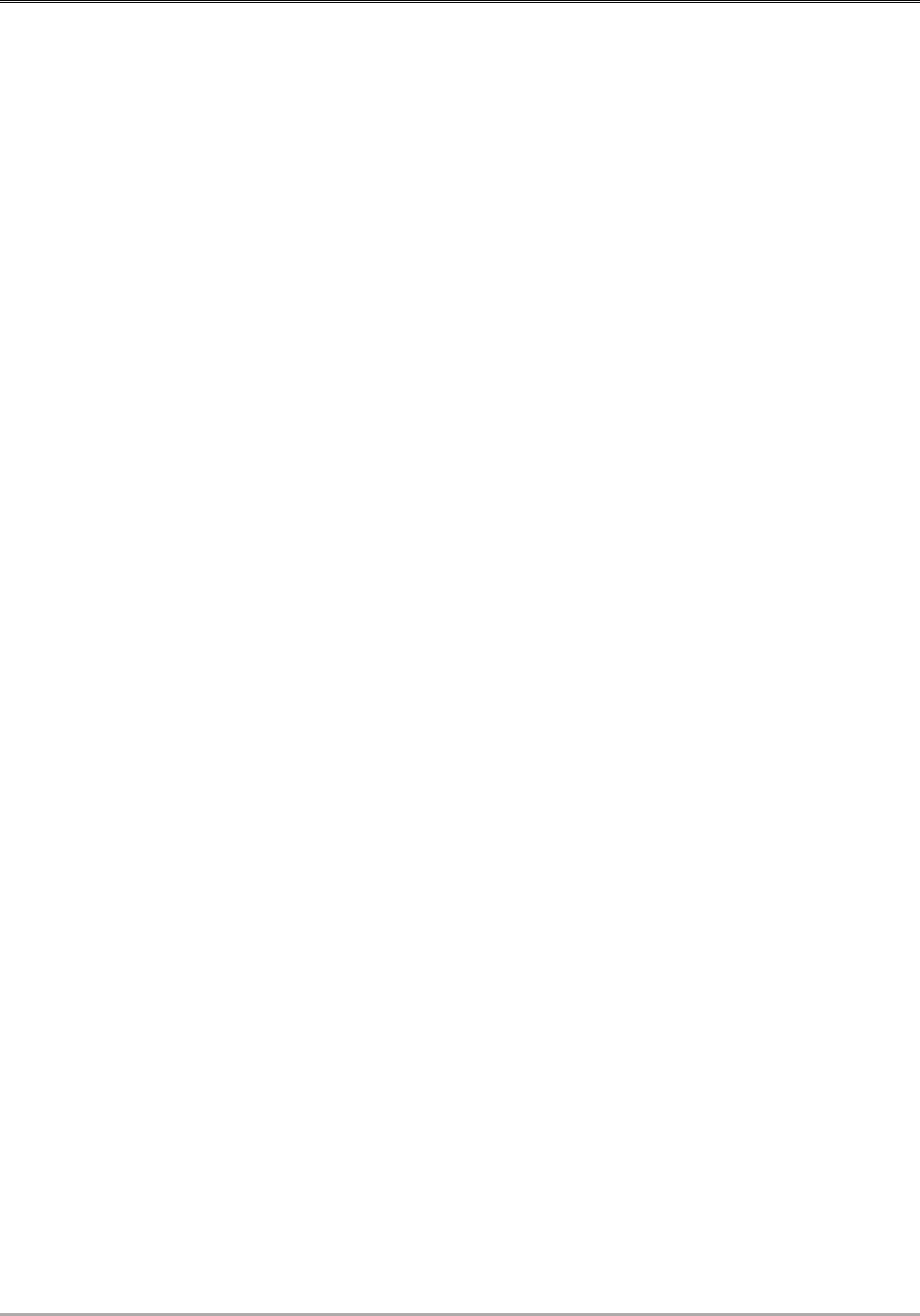
Columbia-Greene Community College 2023-2024 Catalog
103
Cyber Security/Digital Forensics (A.S.)
SUGGESTED PROGRAM SEQUENCE
1st Semester
CE 101 College Experience 1
EN 101 Composition 3
AC 101 Financial Accounting 3
CS 134 Computer and Informatics
Science I 4
CJ 102 Introduction to Criminal Justice 3
PY 101 General Psychology 3
Total
17
2nd Semester
EN 102 Composition and Literature 3
AC 102 Managerial Accounting 3
MA 102 Statistics 3
CS 126 Introduction to Cyber Security 3
SO 101 Introduction to Sociology 3
Total
15
3rd Semester
MA 110 College Algebra 4
CS 156 Network Essentials 3
CS 203 Database Concepts 3
HU ELE Humanities Elective 3
SC 141 Forensic Science 4
Total 17
4th Semester
CS 219 Data Analytics Programming 3
CS 241 Computer Forensics 3
CS 235 Network Security 3
HI 103 US History 1492-1865
or
HI 104 US History 1865-present 3
HI 101 Western Civ. 13,000 BCE
to 1517 CE
or
HI 102 Western Civ. 1517 to present 3
Total
15
Transfer opportunities include but are not limited to: University at Albany-SUNY, Utica College
and Excelsior College.
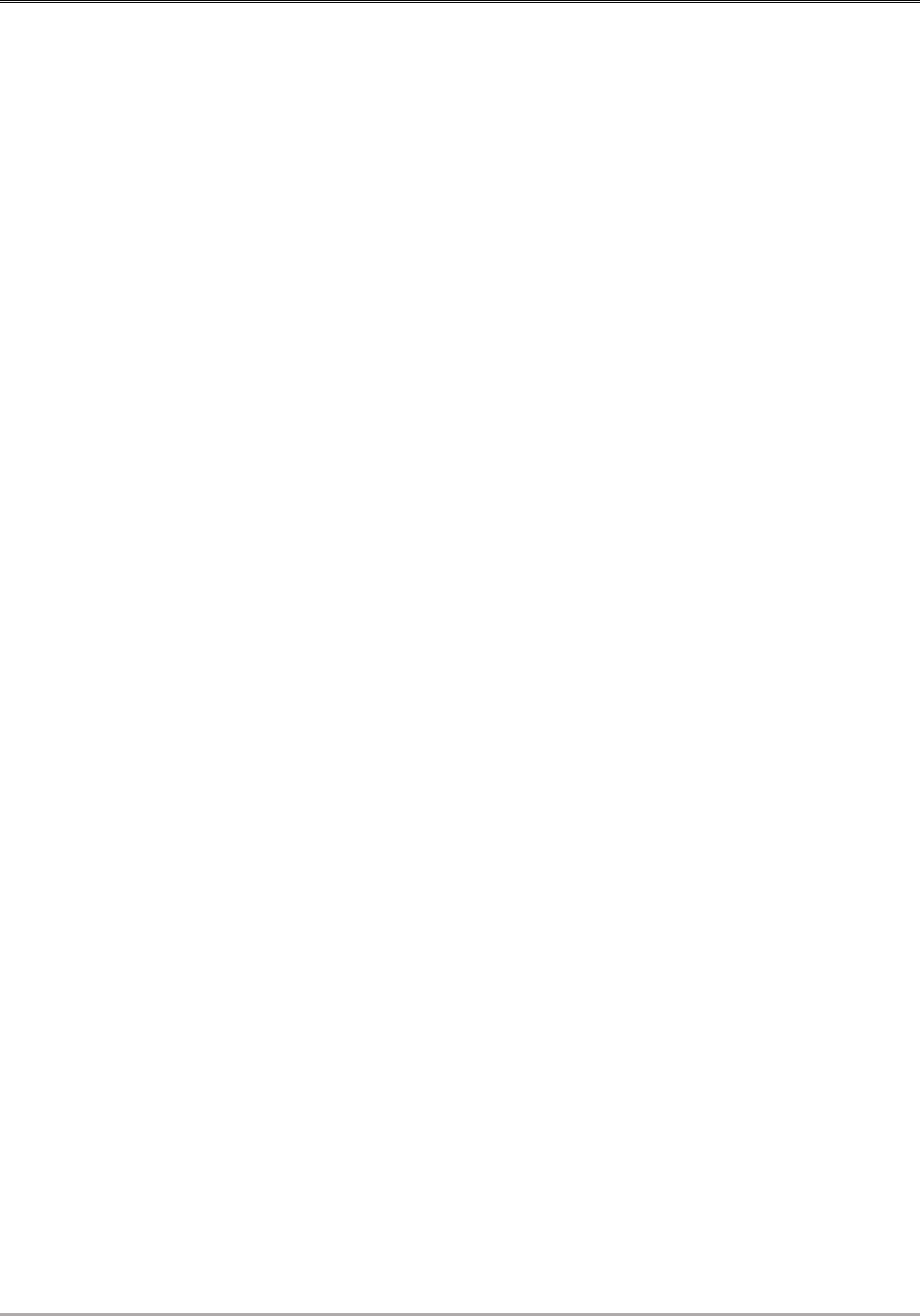
Columbia-Greene Community College 2023-2024 Catalog
104
Construction Technology/Preservation Carpentry
(Certificate)
Curriculum Code: 2694
Semester Hours Required for Graduation: 30
PROGRAM GOALS:
This program is designed for students to jump
start their carpentry careers and quickly earn a
return on their educational investment. The
hands-on curriculum trains students to
construct and renovate residential buildings
through skilled use of tools and machines,
knowledge of efficient procedures and an
understanding of traditional construction
principles, including current and emerging
industry standards and building practices.
PROGRAM LEARNING OUTCOMES:
Students will gain experience with tools and
equipment used in the industry, learn to read
blueprints, become familiar with building
codes and historic preservation guidelines,
and learn exterior and interior finishing and
frame construction through valuable hands-on
experience. Special emphasis will be placed
on historic preservation techniques and these
skills will be integrated throughout the
program. Expert instructors will help students
develop the work ethic, teamwork, flexibility,
and customer service skills employers are
looking for.
Students who successfully complete this
certificate will be able to:
• Perform general carpentry skills with
specialized training in preservation
carpentry
• Identify, select, and implement
application of construction materials
• Draw, read, and interpret drawings and
specifications
• Interpret and apply codes, regulations, and
construction documents
• Select and maintain construction site tools
and equipment
• Estimate the amount and cost of materials
and labor
• Plan, coordinate, schedule, and control
projects
• Use hand and power tools safely and
efficiently
• Interpret technical information from
blueprints
• Perform calculations and measurements
required to work as a carpenter
• Work independently and interdependently
to safely accomplish shared professional
outcomes.
ACADEMIC PREPARATION:
A 12th grade reading level and competency in
mathematics fundamentals is recommended.
PROGRAM PREPARATION:
No prior carpentry or construction experience
is required for entrance into this program.
In order to be successful in the Construction
Technology/Preservation certificate program,
students must have sufficient physical
strength, stamina, flexibility, and dexterity to
perform a variety of construction work such as
operating tools and equipment properly, doing
physical labor for prolonged periods, working
at varying heights, and lifting and transporting
equipment and materials as necessary.
Students must also be able to follow approved
safety procedures and work both
independently with periodic supervision as
well as cooperatively with a partner or group.
Note: All students attending construction
technology courses are required to have a
basic set of hand tools and safety equipment.
See the C-GCC web site for the required list.
Construction Carpentry courses are open only
to students accepted and enrolled in
the Construction Technology/Preservation
Carpentry Certificate Program with the
exception of CC 103.
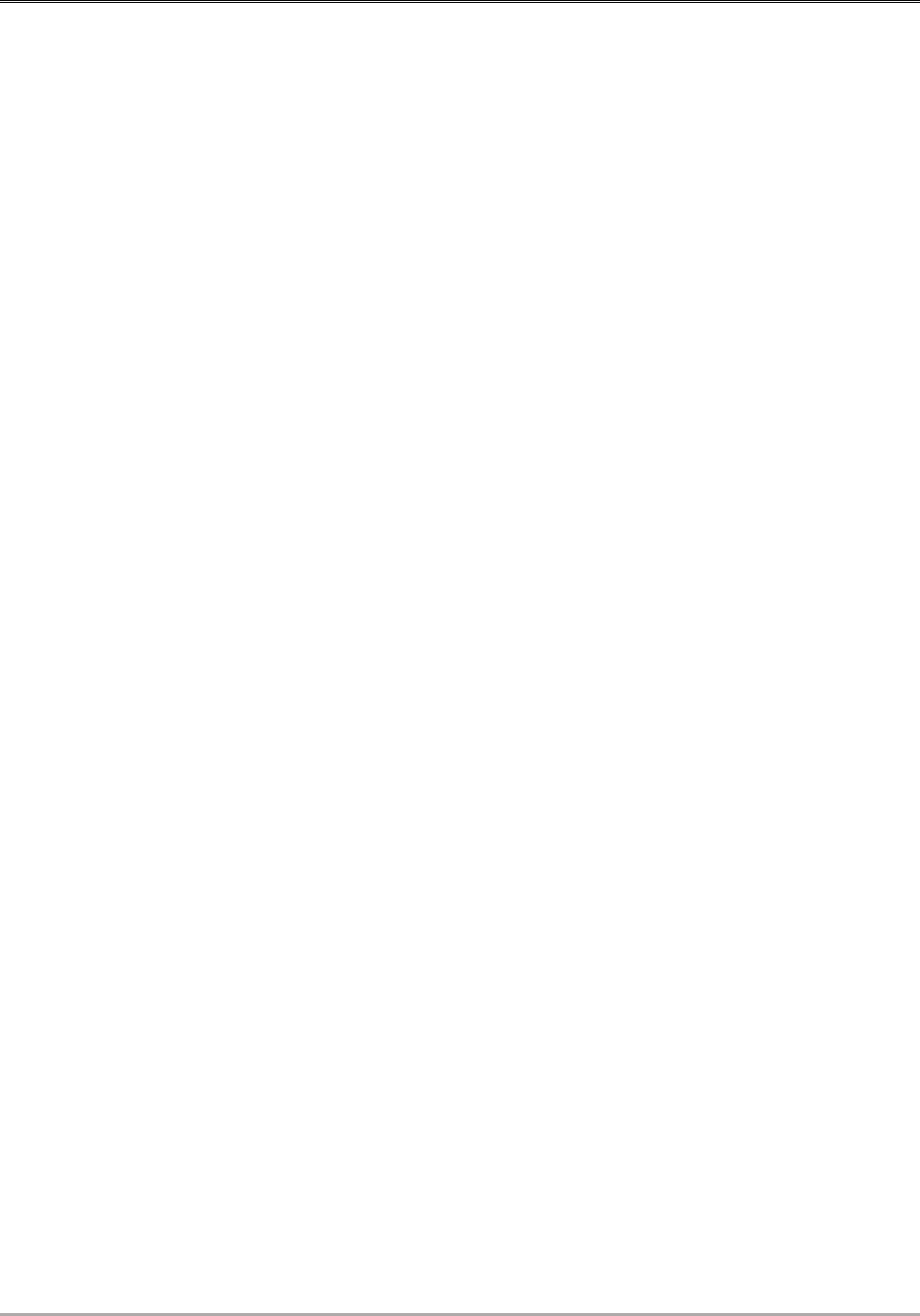
Columbia-Greene Community College 2023-2024 Catalog
105
LIBERAL ARTS REQUIREMENTS
0 Semester Hours
PROGRAM REQUIREMENTS
30 Semester Hours
CC 101 Introduction to
Construction Carpentry 3
CC 103 Construction Drawing
and Blueprint Reading 3
CC 105 Building Layout and
Framing 4
CC 107 Exterior Building Envelope
and Finish 4
CC 109 Introduction to
Mechanicals, Electrical,
Plumbing, and HVAC 4
CC 111 Interior Finish Basic 3
CC 114 Interior Finish Intermediate 3
CC 119 Historic Preservation 3
CC 124 Construction Technology
Internship 3
Minimum Credits: 30
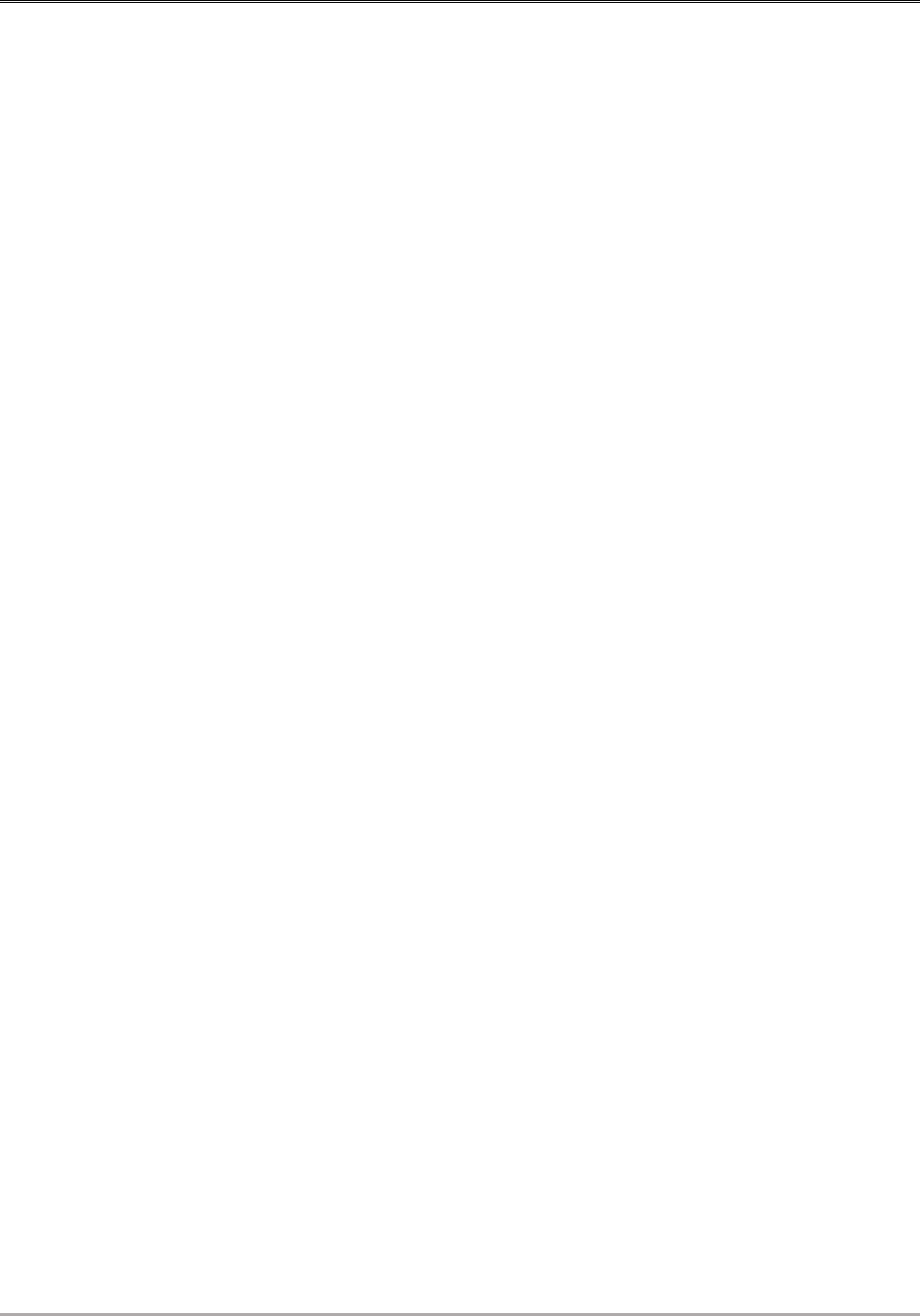
Columbia-Greene Community College 2023-2024 Catalog
106
Construction Technology/Preservation Carpentry
(Certificate)
SUGGESTED PROGRAM SEQUENCE
1st Semester
CC 101 Introduction to
Construction Carpentry 3
CC 103 Construction Drawing and
Blueprint Reading 3
CC 105 Building Layout and
Framing 4
CC 107 Exterior Building Envelope
and Finish 4
Total 14
2nd Semester
CC 109 Introduction to Mechanicals,
Electrical, Plumbing, and HVAC 4
CC 111 Interior Finish Basic 3
CC 114 Interior Finish Intermediate 3
CC 119 Historic Preservation 3
Total 13
3rd Semester (Summer)
CC 124 Construction Technology
Internship 3
Total 3
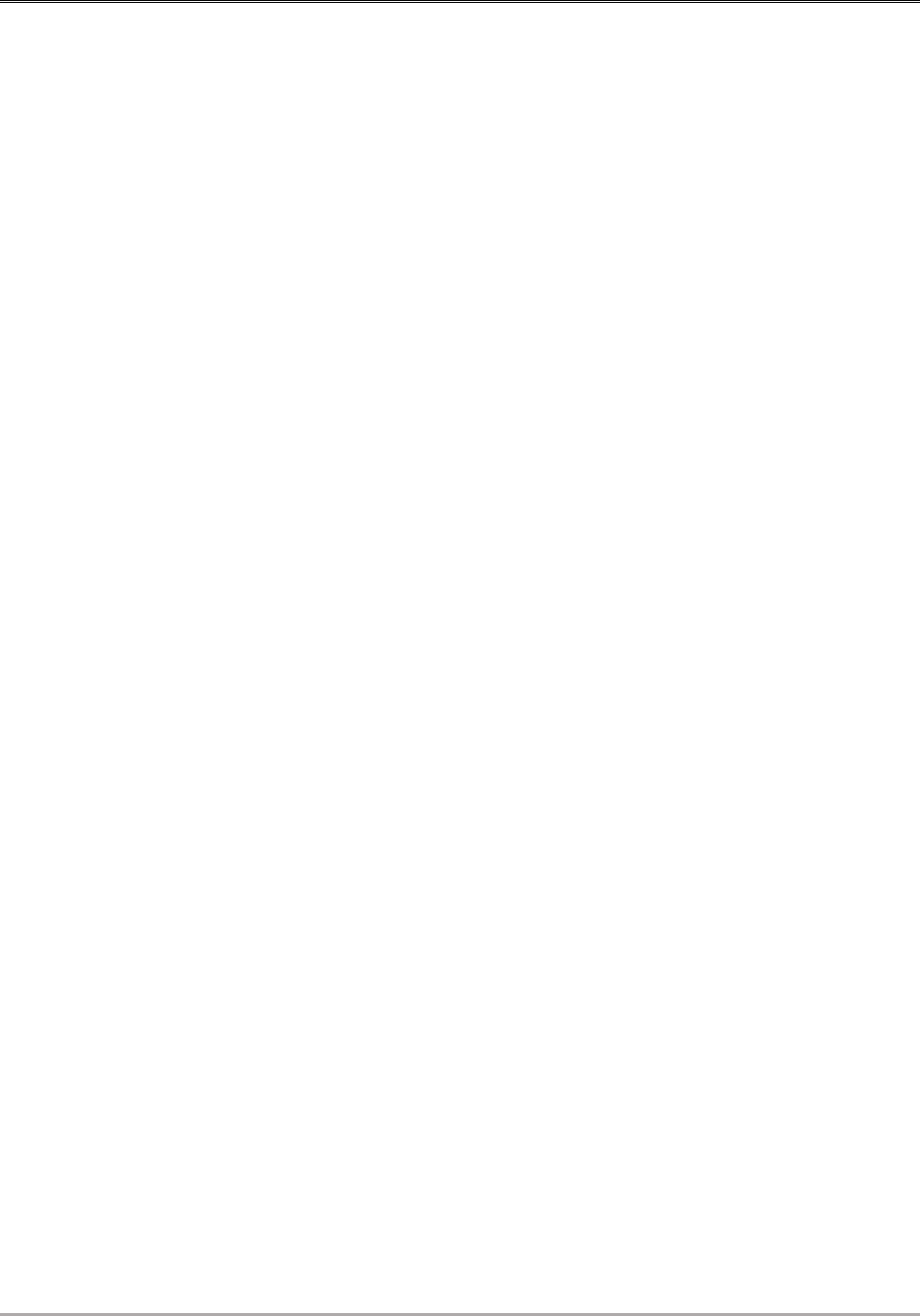
Columbia-Greene Community College 2023-2024 Catalog
107
Criminal Justice (A.A.)
Curriculum Code: 1100
Semester Hours Required for Graduation: 61
PROGRAM GOALS:
This curriculum prepares students for transfer
to complete work for a bachelor’s degree in
criminal justice, economic crime
investigation, homeland security or related
fields. Proper selection of curriculum
electives enables students to further study
other academic disciplines, such as political
science, sociology or public administration.
This program is also appropriate for students
considering law school.
PROGRAM LEARNING OUTCOMES:
• Explain the function and role of the core
components and agencies that constitute
the criminal justice system.
• Locate, examine and apply criminal
justice and social science information and
data.
• Identify and apply Constitutional
principles and related legal principles to
the activities of the criminal justice
system.
• Demonstrate critical thinking skills to
formulate, present and defend logical
arguments, either orally or in writing.
• Articulate, either orally or in writing,
concepts or theories related to the causes
of crime and the processes of the criminal
justice system.
ACADEMIC PREPARATION:
It is highly recommended that the following
criteria be met to begin this program, and it is
REQUIRED by the completion of 24 credits:
12th-grade reading level is required.
Placement test scores must indicate readiness
to begin EN 101-Composition.
Competency in Pre-Algebra or Pre-Statistics
is required.
LIBERAL ARTS REQUIREMENTS
45 Semester Hours
CJ 102 Introduction to Criminal
Justice 3
CJ 114 Corrections: Institutional
and Community 3
CJ 211 Substantive Criminal Law 3
CJ ELE Criminal Justice Electives 6
EN 101 Composition 3
EN 102 Composition and Literature 3
HU ELE Humanities Electives 6
MA ELE Mathematics Elective 3
SC ELE Lab Science Elective 3
PS ELE Political Science Elective 3
PY 101 General Psychology 3
SO 101 Introduction to Sociology 3
SO 207 Criminology 3
PROGRAM REQUIREMENTS
16 Semester Hours
CE 101 College Experience 1
CJ 115 American Policing 3
GN ELE General Electives 12
Minimum Credits 61
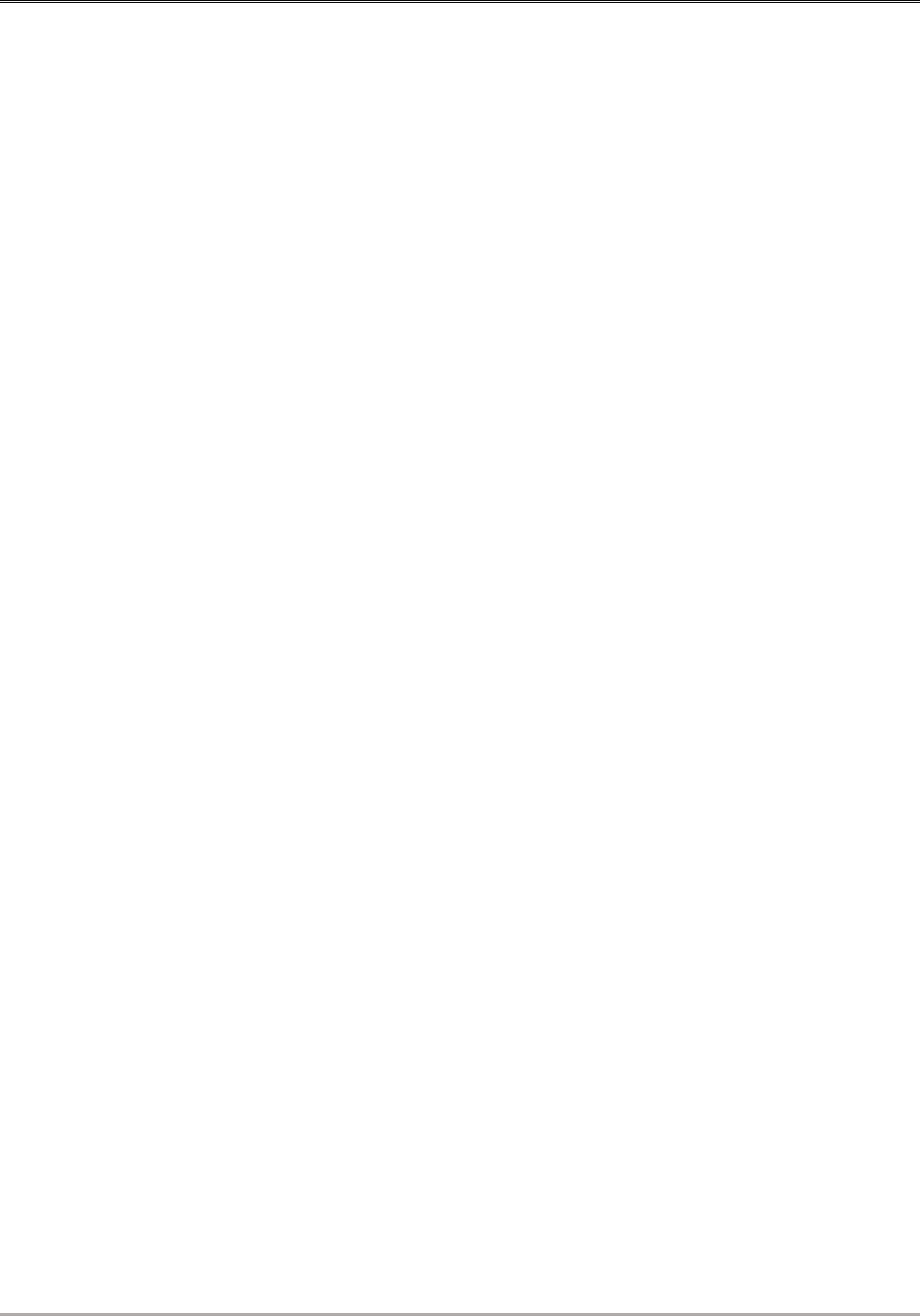
Columbia-Greene Community College 2023-2024 Catalog
108
Criminal Justice (A.A.)
SUGGESTED PROGRAM SEQUENCE
1st Semester
CE 101 College Experience 1
CJ 102 Introduction to Criminal Justice 3
EN 101 Composition 3
HU ELE Humanities Elective 3
MA ELE Mathematics Elective 3
SO 101 Introduction to Sociology 3
Total 16
2nd Semester
CJ 114 Corrections: Institutional and
Community 3
CJ 115 American Policing 3
EN 102 Composition and Literature 3
GN ELE General Elective 3
PY 101 General Psychology 3
Total 15
3rd Semester
CJ 211 Substantive Criminal Law 3
CJ ELE Criminal Justice Elective* 3
GN ELE General Elective 3
PS ELE Political Science Elective 3
SO 207 Criminology 3
Total 15
4th Semester
CJ ELE Criminal Justice Elective* 3
GN ELE General Electives 6
HU ELE Humanities Elective 3
SC ELE Lab Science Elective 3
Total 15
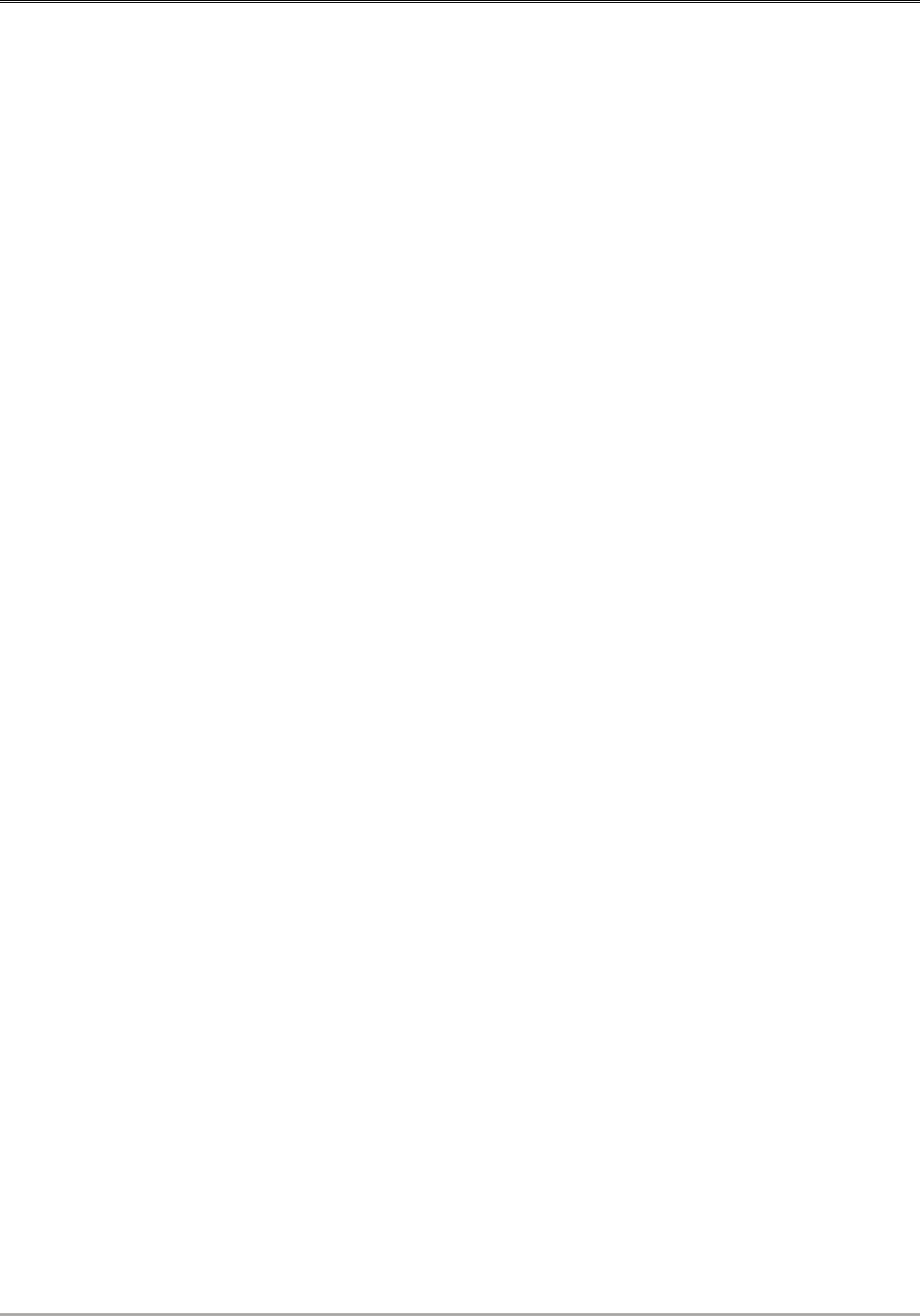
Columbia-Greene Community College 2023-2024 Catalog
109
Criminal Justice (A.A.S.)
Curriculum Code: 0640
Semester Hours Required for Graduation: 62
PROGRAM GOALS:
This curriculum prepares students for
positions with federal, state, county, and local
law enforcement organizations including
positions with private and public security
agencies. The courses offered fulfill the
educational needs of students to aid them in
becoming efficient and knowledgeable
criminal justice and security personnel.
PROGRAM LEARNING OUTCOMES:
• Explain the function and role of the core
components and agencies that constitute
the criminal justice system.
• Locate, examine and apply criminal
justice and social science information and
data.
• Identify and apply Constitutional
principles and related legal principles to
the activities of the criminal justice
system.
• Demonstrate critical thinking skills to
formulate, present and defend logical
arguments, either orally or in writing.
• Articulate, either orally or in writing,
concepts or theories related to the causes
of crime and the processes of the criminal
justice system.
• Demonstrate an understanding of the
contemporary professional obligations of
criminal justice professionals.
ACADEMIC PREPARATION:
It is highly recommended that the following
criteria be met to begin this program, and it is
REQUIRED by the completion of 24 credits:
12th-grade reading level is required.
Placement test scores must indicate readiness
to begin EN 101-Composition.
Competency in mathematics fundamentals is
required. Pre-Algebra or Pre-Statistics is
recommended.
LIBERAL ARTS REQUIREMENTS
21 Semester Hours
EN 101 Composition 3
EN 105 Technical Writing 3
HU ELE Humanities Elective 3
MA ELE Mathematics Elective 3
SC ELE Science Elective 3
PS ELE Political Science Elective 3
PY 101 General Psychology 3
PROGRAM REQUIREMENTS
41 Semester Hours
CE 101 College Experience 1
CJ 102 Introduction to Criminal Justice 3
CJ 114 Corrections: Institutional
and Community 3
CJ 115 American Policing 3
CJ 204 Criminal Investigation 3
CJ 211 Substantive Criminal Law 3
CJ 212 Procedural Criminal Law 3
CJ 251 Criminal Justice Prof. Dev. 3
CJ ELE Criminal Justice Elective 3
CI ELE Computer Information Elective
or
CS ELE Computer Science Elective 3
GN ELE General Electives 6
PE 118 Physical Fitness for
Law Enforcement 1
SO 101 Introduction to Sociology 3
SO 207 Criminology
or
SO 209 Juvenile Delinquency 3
Minimum Credits 62
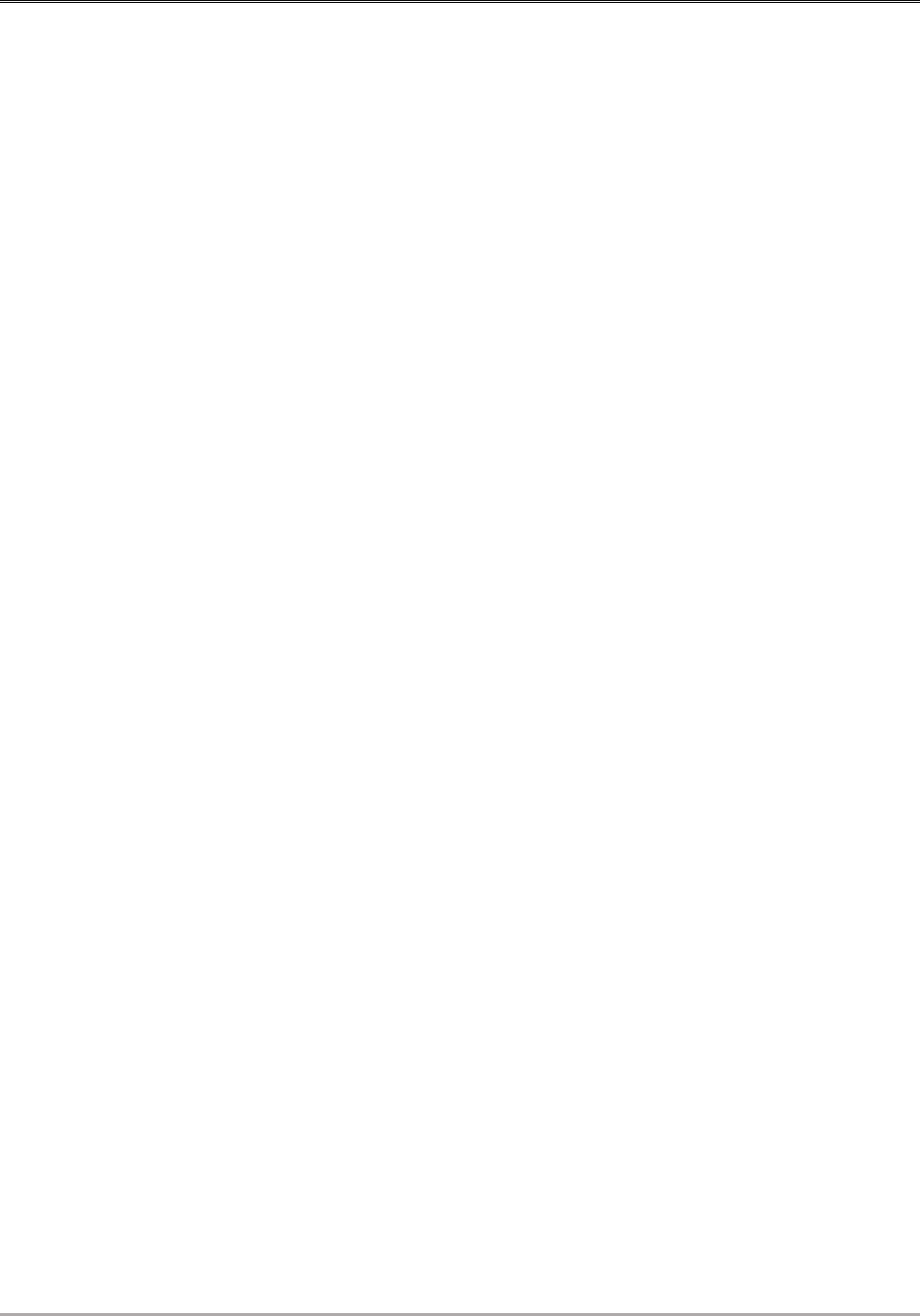
Columbia-Greene Community College 2023-2024 Catalog
110
Criminal Justice (A.A.S.)
SUGGESTED PROGRAM SEQUENCE
1st Semester
CE 101 College Experience 1
CJ 102 Introduction to Criminal Justice 3
EN 101 Composition 3
HU ELE Humanities Elective 3
MA ELE Mathematics Elective 3
SO 101 Introduction to Sociology 3
Total 16
2nd Semester
CJ 114 Corrections: Institutional
and Community 3
CJ 115 American Policing 3
CS ELE Computer Science Elective
or
CI ELE Computer Information Elective 3
PE 118 Physical Fitness for
Law Enforcement 1
PY 101 General Psychology 3
SC ELE Science Elective 3
Total 16
3rd Semester
CJ ELE Criminal Justice Elective* 3
CJ 211 Substantive Criminal Law 3
EN 105 Technical Writing 3
GN ELE General Elective 3
SO 207 Criminology
or
PS ELE Political Science Elective** 3
Total 15
4th Semester
CJ 204 Criminal Investigation 3
CJ 212 Procedural Criminal Law 3
CJ 251 Criminal Justice Prof. Dev. 3
GN ELE General Elective 3
SO 209 Juvenile Delinquency
or
PS ELE Political Science Elective** 3
Total 15
*CS 126, CS 241, PY 230, SO 207 and SO 209 may be used as Criminal Justice Electives.
**Students must take either SO 207 or SO 209 and a PS Elective.
Career Opportunities: New York State Trooper and other state-level law enforcement positions,
county sheriff, city police officer, village and town police officer, correctional officer, detention
counselor, pretrial services coordinator, as well as security related positions.
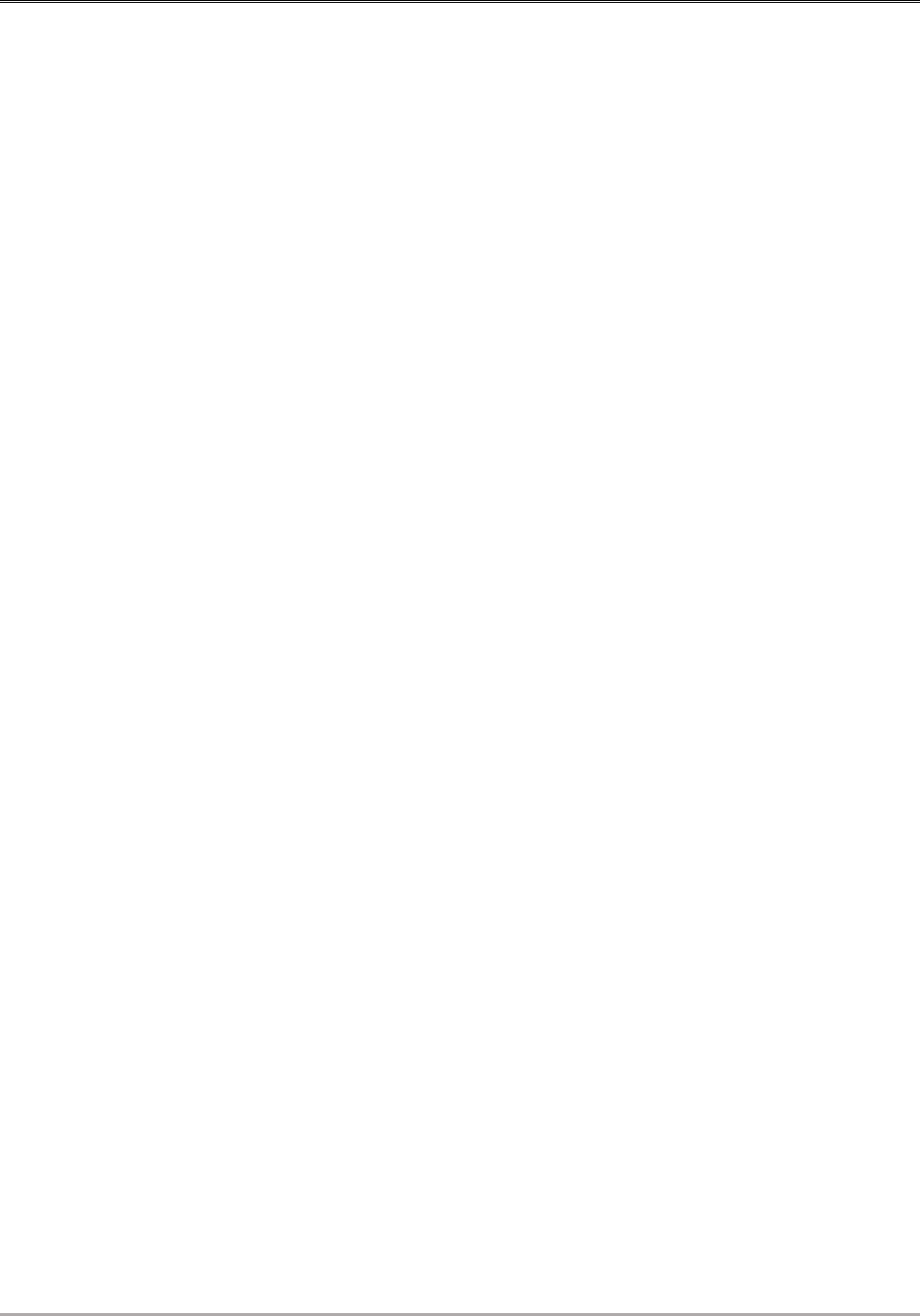
Columbia-Greene Community College 2023-2024 Catalog
111
Teacher Education Program
The College is proud to offer a jointly
registered Teacher Education Program with
SUNY New Paltz that is approved by the New
York State Education Department.
PROGRAM GOALS:
1. Assist students in making a realistic
decision regarding teaching as a career.
2. Understand the opportunities and
challenges facing the teaching profession
today.
3. Provide students with a strong liberal arts
background to aid in the success in
passing state certification exam.
4. Successfully transfer to a four-year
teacher education program, either public
or private.
5. Increase students’ awareness of NYS
teacher certification requirements and
mandated training courses in Child Abuse,
SAVE and DASA.
PROGRAM LEARNING OUTCOMES:
• Interpret developmental theories to
understand the learning and behavior of
children and adolescents.
• Collect and analyze personal data to
develop an accurate awareness of one’s
potential to become a teacher.
• Demonstrate understanding of
mathematics in preparation for teaching
basic math skills (if applicable).
• Analyze and interpret trends in classroom
practices.
• Draw conclusions about particular
students’ cultural and group differences to
improve classroom practice.
• Demonstrate use of creativity and the arts
as teaching tools (if applicable) (if
applicable).
• Develop one’s personal philosophy of
education based on readings, research, and
class assignments.
• Construct basic lesson plans.
• Show ability to articulate clearly to elicit
information, describe developmental
stages, and write effective reports.
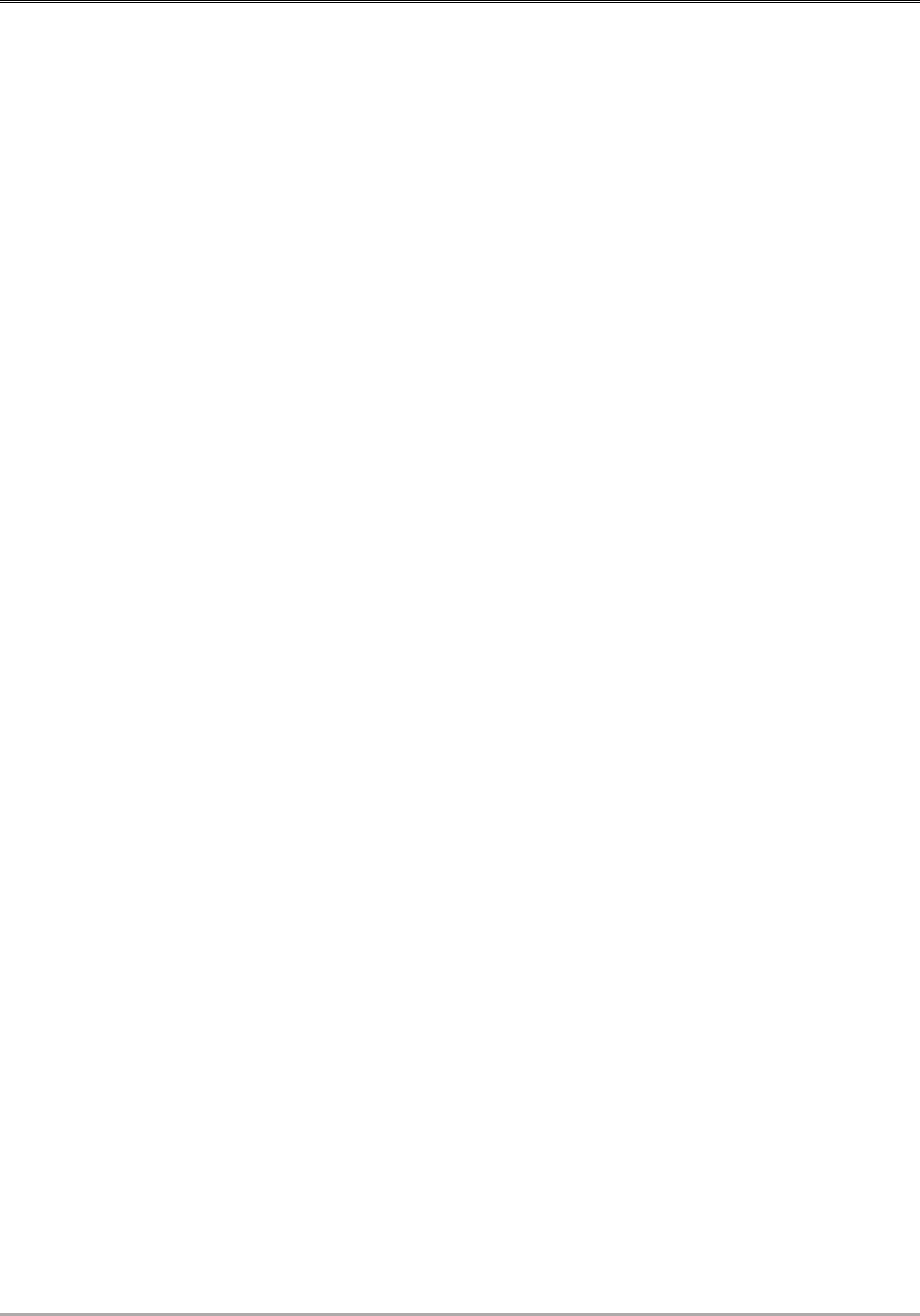
Columbia-Greene Community College 2023-2024 Catalog
112
Jointly Registered Teacher Education Program with SUNY
New Paltz
HEGIS (5649)
This program has two certification options:
Childhood – First to Sixth Grade (1-6)
Adolescence – Seventh to Twelfth Grade (7-
12) and
Six academic concentrations:
1. Liberal Arts & Science, Math and
Science: Biology A.S. Degree
2. Liberal Arts & Science, Math and
Science: Chemistry A. S. Degree
(Adolescence only)
3. Liberal Arts & Science, Math and
Science: Mathematics A. S. Degree
4. Liberal Arts & Science, Humanities:
English A. A. Degree
5. Liberal Arts & Science, Social Science:
History A.A. Degree
(Childhood only)
6. Liberal Arts & Science, Social Science:
Social Studies A.A. Degree (Adolescence
only)
Columbia-Greene students entering this
program are advised to follow a course
sequence designed to facilitate transferability
into the College at New Paltz. Upon
successful completion of either an A.A.
degree (English, history or social studies
concentration) or an A.S. degree (biology,
chemistry or mathematics concentration),
students can seamlessly transfer to SUNY-
New Paltz with full junior standing in order to
complete the bachelor’s degree. Admission to
New Paltz is guaranteed under this joint
program if the following criteria for
acceptance are met:
A. complete a prescribed program with an
academic concentration and a 3.0 GPA or
higher.
B. for Childhood Education students, a grade
of B- or above is required in ED 101, ED
110, ED 201, MA 105, MA 114, and PY
205. A grade of B or above is required for
EN 101 and EN 102. A grade of C or
above is required in all non-education
prerequisite courses.
C. a grade of B- or above is required in PY
205 and ED 101 in Adolescence
Education. A grade of B or above is
required in EN 101 and EN 102 in
Adolescence Education.
D. submit documentation of approved work
experience with children.
E. Students must submit an essay or writing
sample prior to beginning the program at
SUNY New Paltz.
NOTE: The Childhood 1-6 option will provide
the transfer base for dual certification of B-2
and 1-6 at SUNY New Paltz.
The joint admission program is designed for
students who plan to transfer to the College at
New Paltz in childhood, adolescence
education with the certification options and
academic concentrations listed above.
However, please be informed that course
adjustments can be made in order for students
to successfully transfer to other SUNY and
private colleges. Students transferring to an
education program other than the College at
New Paltz may discuss their plans with the
Education Coordinator, Bill Mathews. He can
be reached in the Advising, Career, and
Transfer Office, Room 112 or at
518.697.6395.
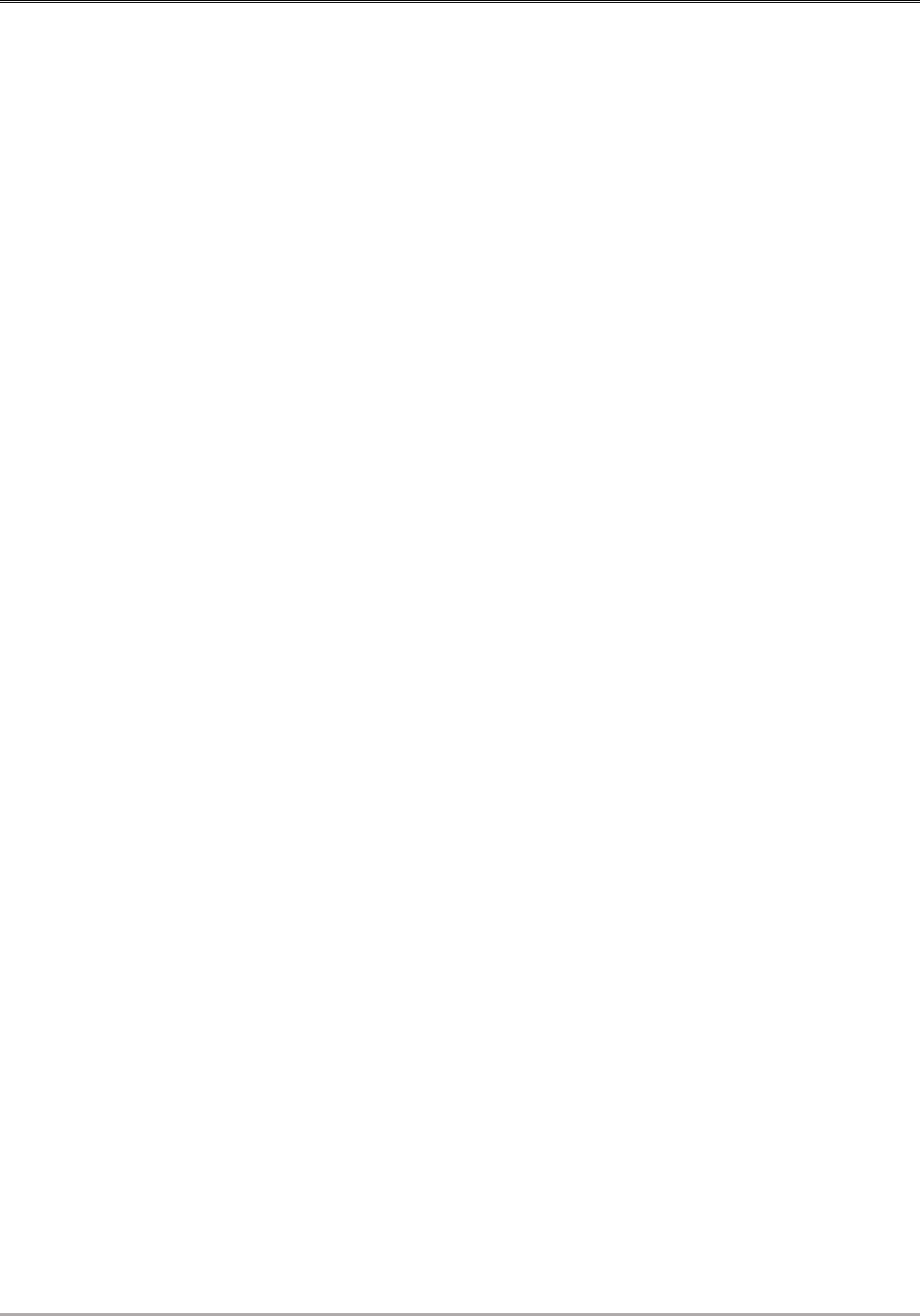
Columbia-Greene Community College 2023-2024 Catalog
113
Jointly Registered Teacher Education Program with SUNY
New Paltz/Mathematics and Science (A.S.)
LIBERAL ARTS & SCIENCE:
CHILDHOOD EDUCATION
Biology Concentration
Curriculum Code 1614
Semester Hours Required for Graduation 64
PROGRAM GOALS:
1. Assist students in making a realistic
decision regarding teaching as a career.
2. Understand the opportunities and
challenges facing the teaching profession
today.
3. Provide students with a strong liberal arts
background to aid in the success in
passing state certification exam.
4. Successfully transfer to a four-year
teacher education program, either public
or private.
5. Increase students’ awareness of NYS
teacher certification requirements and
mandated training courses in Child Abuse,
SAVE and DASA.
PROGRAM LEARNING OUTCOMES:
• Interpret developmental theories to
understand the learning and behavior of
children and adolescents.
• Collect and analyze personal data to
develop an accurate awareness of one’s
potential to become a teacher.
• Demonstrate understanding of
mathematics in preparation for teaching
basic math skills.
• Analyze and interpret trends in classroom
practices.
• Draw conclusions about particular
students’ cultural and group differences to
improve classroom practice.
• Demonstrate use of creativity and the arts
as teaching tools.
• Develop one’s personal philosophy of
education based on readings, research, and
class assignments.
• Construct basic lesson plans.
• Show ability to articulate clearly to elicit
information, describe developmental
stages, and write effective reports.
ACADEMIC PREPARATION:
It is highly recommended that the following
criteria be met to begin this program, and it is
REQUIRED by the completion of 24 credits:
Acceptance into the program is determined by
the following criteria: 12th-grade reading
level is required (readiness to begin EN 101 –
Composition) and college-level proficiency
on the Math Placement Test.
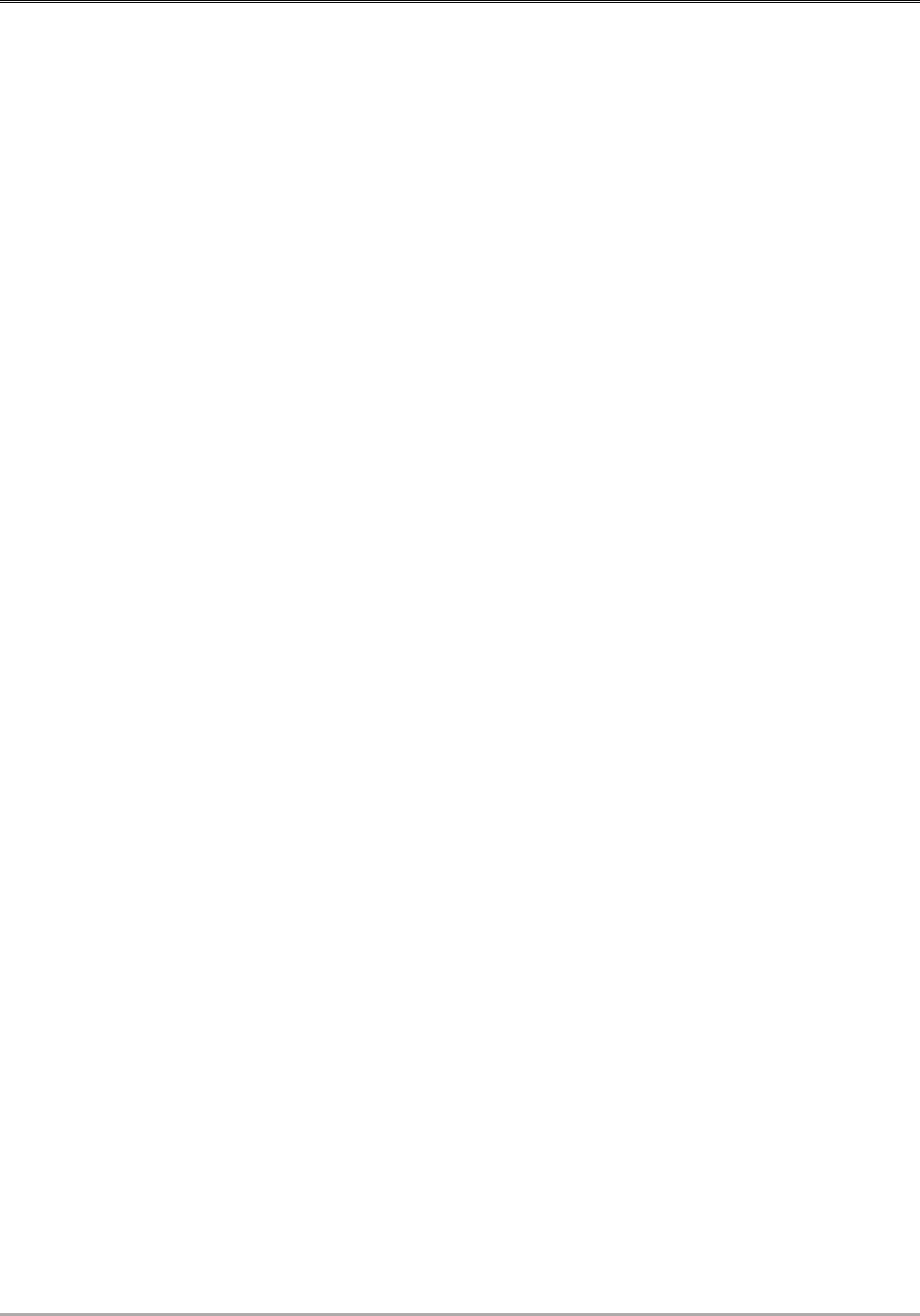
Columbia-Greene Community College 2023-2024 Catalog
114
Jointly Registered Teacher Education Program with SUNY
New Paltz/Mathematics and Science (A.S.)
SUGGESTED PROGRAM SEQUENCE
1st Semester
EN 101 Composition 3
BI 101 General Biology I 4
MA ELE Mathematics Elective 3
PY 101 General Psychology 3
HI 103 U.S. History 1492-1865
or
HI 104 U.S. History 1865-Present 3
Total 16
2nd Semester
EN 102 Composition & Literature 3
BI 102 General Biology II 4
SC ELE Science Elective 3
PY 205 Child & Adolescence
Psychology 3
ED 101 Foundations of Education 3
Total 16
3rd Semester
*BI ELE Biology Elective 4
MA 105 Math for Elementary Teachers I 3
Language I (FR, IT, SA, SN) 3
ED 110 Education of Diverse
Populations 3
HU ELE Humanities Elective (The Arts) 3
Total 16
4th Semester
BI 103 General Ecology 4
Language II (FR, IT, SA, SN) 3
HI 101 Western Civilization
13,000 BCE to 1517 CE
or
HI 102 Western Civilization 1517
to Present 3
ED 201 Symbolic Representation 3
MA 114 Math for Elementary Teachers II 3
Total 16
*Recommend Genetics via Open SUNY or BI 210 General Microbiology at C-GCC.

Columbia-Greene Community College 2023-2024 Catalog
115
Jointly Registered Teacher Education Program with SUNY
New Paltz/Mathematics and Science (A.S.)
LIBERAL ARTS & SCIENCE:
CHILDHOOD EDUCATION
Mathematics Concentration
Curriculum Code 1614
Semester Hours Required for Graduation 63
PROGRAM GOALS:
1. Assist students in making a realistic
decision regarding teaching as a career.
2. Understand the opportunities and
challenges facing the teaching profession
today.
3. Provide students with a strong liberal arts
background to aid in the success in
passing state certification exam.
4. Successfully transfer to a four-year
teacher education program, either public
or private.
5. Increase students’ awareness of NYS
teacher certification requirements and
mandated training courses in Child Abuse,
SAVE and DASA.
PROGRAM LEARNING OUTCOMES:
• Interpret developmental theories to
understand the learning and behavior of
children and adolescents.
• Collect and analyze personal data to
develop an accurate awareness of one’s
potential to become a teacher.
• Demonstrate ability to effectively instruct
basic mathematics.
• Analyze and interpret trends in classroom
practices.
• Draw conclusions about particular
students’ cultural and group differences to
improve classroom practice.
• Demonstrate use of creativity and the arts
as teaching tools.
• Develop one’s personal philosophy of
education based on readings, research, and
class assignments.
• Construct basic lesson plans.
• Show ability to articulate clearly to elicit
information, describe developmental
stages, and write effective reports.
ACADEMIC PREPARATION:
It is highly recommended that the following
criteria be met to begin this program, and it is
REQUIRED by the completion of 24 credits:
Acceptance into the program is determined by
the following criteria: 12th-grade reading
level is required (readiness to begin EN 101 –
Composition) and college-level proficiency
on the Math Placement Test.
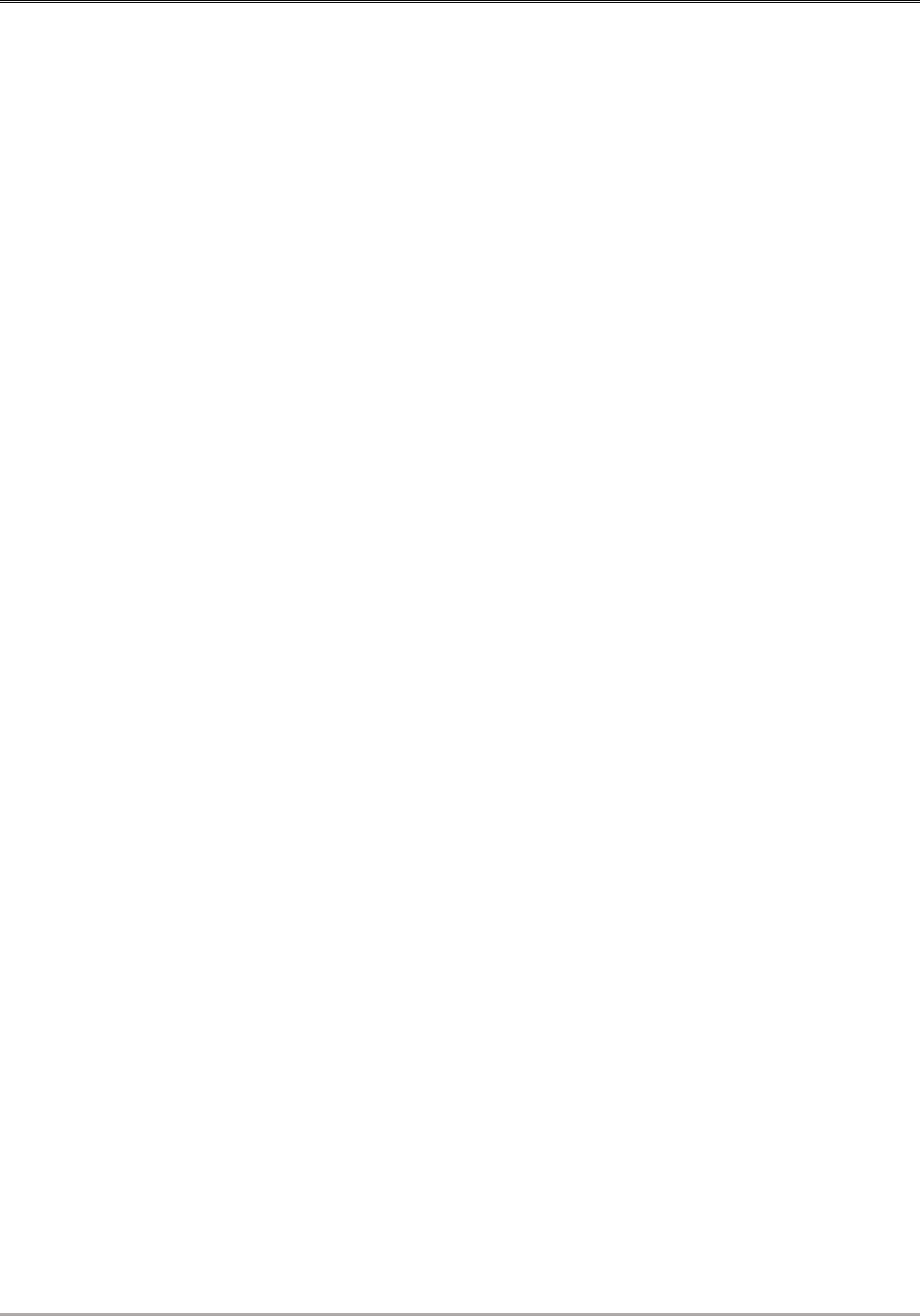
Columbia-Greene Community College 2023-2024 Catalog
116
Jointly Registered Teacher Education Program with SUNY
New Paltz/Mathematics and Science (A.S.)
1st Semester
EN 101 Composition 3
MA ELE Mathematics Elective 3
SC ELE Lab Science Elective 3
PY 101 General Psychology 3
HI 103 U.S. History 1492-1865
or
HI 104 U.S. History 1865-Present 3
Total 15
2nd Semester
EN 102 Composition & Literature 3
MA ELE Mathematics Elective 4
PY 205 Child & Adolescence
Psychology 3
HU ELE Humanities Elective (The Arts) 3
ED 101 Foundations of Education 3
Total 16
3rd Semester
ED 201 Symbolic Representation 3
MA 105 Math for Elementary Teachers I 3
Language I (FR, IT, SA, SN) 3
ED 110 Education of Diverse
Populations 3
MA ELE Mathematics Elective 4
Total 16
4th Semester
MA 102 Statistics 3
MA ELE Mathematics Elective 4
Language II (FR, IT, SA, SN) 3
HI 101 Western Civilization 13,000 BCE
to 1517 CE
or
HI 102 Western Civilization 1517
to Present 3
MA 114 Math for Elementary Teachers II 3
Total 16
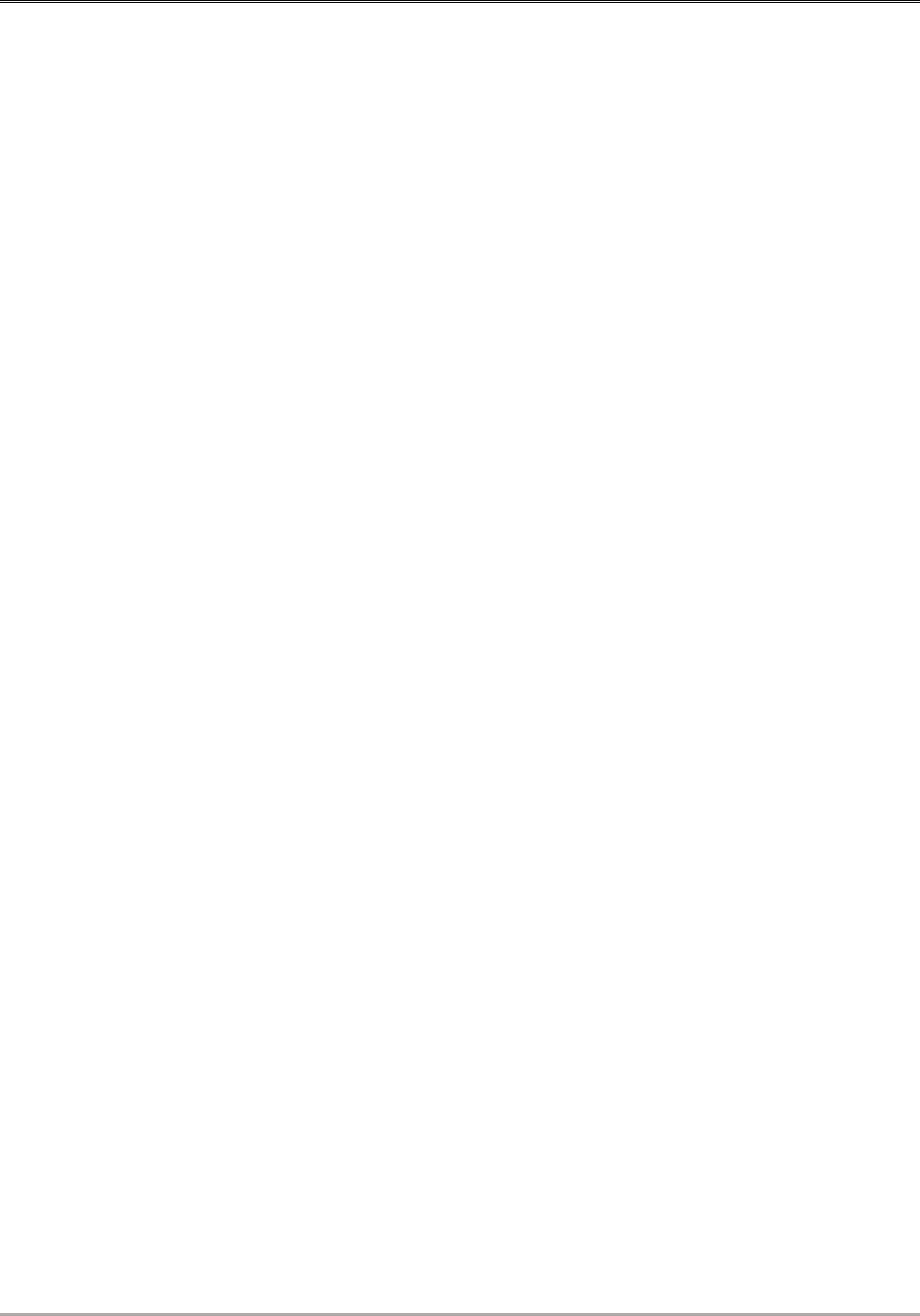
Columbia-Greene Community College 2023-2024 Catalog
117
Jointly Registered Teacher Education Program with SUNY
New Paltz/Humanities (A.A.)
LIBERAL ARTS & SCIENCE:
CHILDHOOD EDUCATION
English Concentration
Curriculum Code 1613
Semester Hours Required for Graduation 60
PROGRAM GOALS:
1. Assist students in making a realistic
decision regarding teaching as a career.
2. Understand the opportunities and
challenges facing the teaching profession
today.
3. Provide students with a strong liberal arts
background to aid in the success in
passing state certification exam.
4. Successfully transfer to a four-year
teacher education program, either public
or private.
5. Increase students’ awareness of NYS
teacher certification requirements and
mandated training courses in Child Abuse,
SAVE and DASA.
PROGRAM LEARNING OUTCOMES:
• Interpret developmental theories to
understand the learning and behavior of
children and adolescents.
• Collect and analyze personal data to
develop an accurate awareness of one’s
potential to become a teacher.
• Demonstrate understanding of
mathematics in preparation for teaching
basic math skills.
• Analyze and interpret trends in classroom
practices.
• Draw conclusions about particular
students’ cultural and group differences to
improve classroom practice.
• Demonstrate use of creativity and the arts
as teaching tools.
• Develop one’s personal philosophy of
education based on readings, research, and
class assignments.
• Construct basic lesson plans.
• Show ability to articulate clearly to elicit
information, describe developmental
stages, and write effective reports.
ACADEMIC PREPARATION:
It is highly recommended that the following
criteria be met to begin this program, and it is
REQUIRED by the completion of 24 credits:
Acceptance into the program is determined by
the following criteria: 12th-grade reading
level is required (readiness to begin EN 101 –
Composition) and college-level proficiency
on the Math Placement Test.
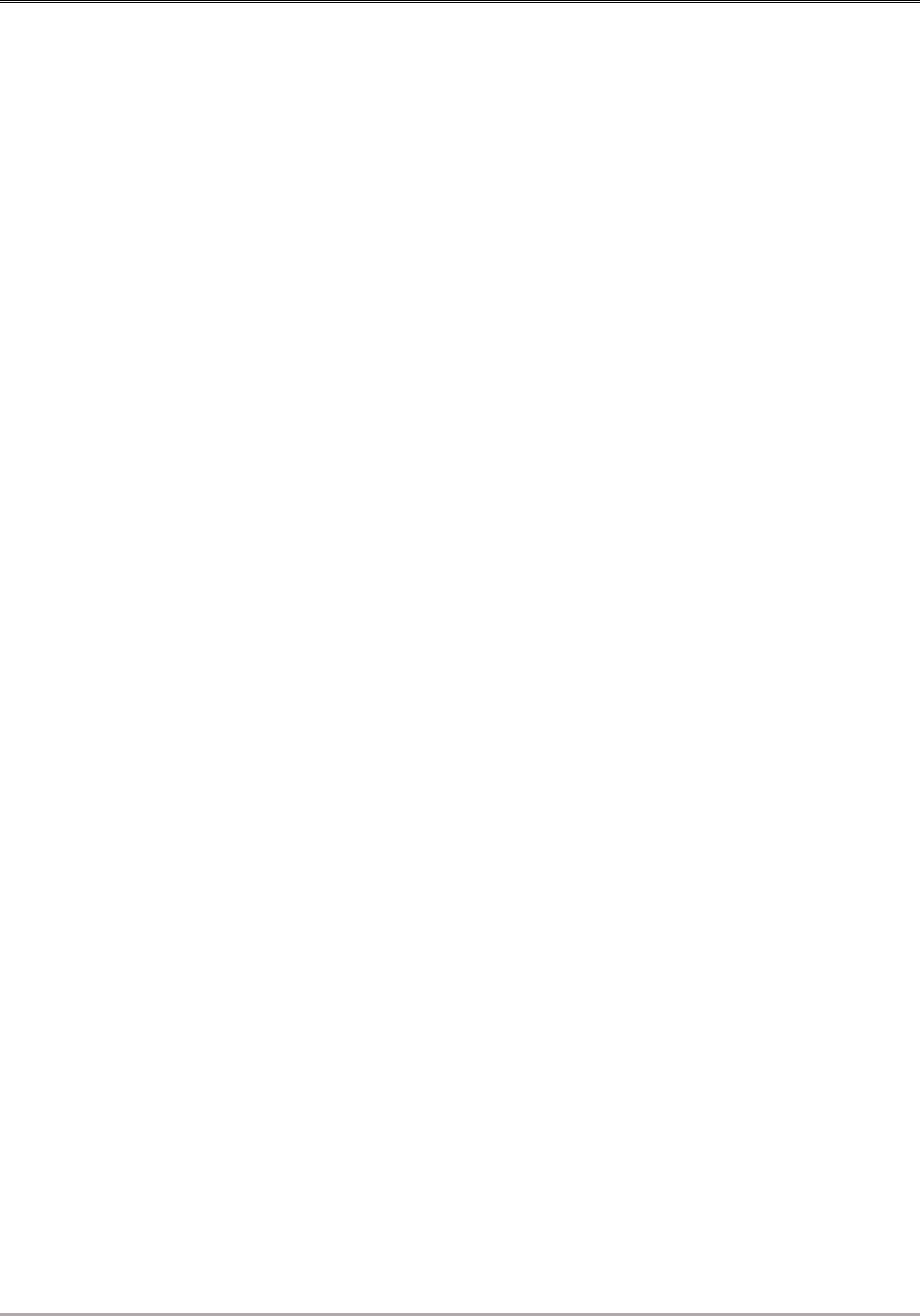
Columbia-Greene Community College 2023-2024 Catalog
118
Jointly Registered Teacher Education Program with SUNY
New Paltz/Humanities (A.A.)
SUGGESTED PROGRAM SEQUENCE
1st Semester
EN 101 Composition 3
MA ELE Mathematics Elective 3
Language I (FR, IT, SA, SN) 3
PY 101 General Psychology 3
HI 103 U.S. History 1492-1865
or
HI 104 U.S. History 1865-Present 3
Total 15
2nd Semester
EN 102 Composition & Literature 3
Language II (FR, IT, SA, SN) 3
PY 205 Child & Adolescence Psychology 3
SC ELE Lab Science Elective 3
ED 101 Foundations of Education 3
Total 15
3rd Semester
EN 205 British Literature 3
EN 211 Creative Writing 3
MA 105 Math for Elementary Teachers I 3
ED 110 Education of Diverse
Populations 3
HI 101 Western Civilization 13,000 BCE
to 1517 CE
or
HI 102 Western Civilization 1517
to Present 3
Total 15
4th Semester
EN 201 American Literature:
Colonial-1899
or
EN 204 American Literature: 1900
to Present 3
EN ELE Writing Elective 3
ED 201 Symbolic Representation 3
HI ELE History Elective
or
PL 103 Philosophy of Eastern Religion 3
MA 114 Math for Elementary Teachers II 3
Total 15
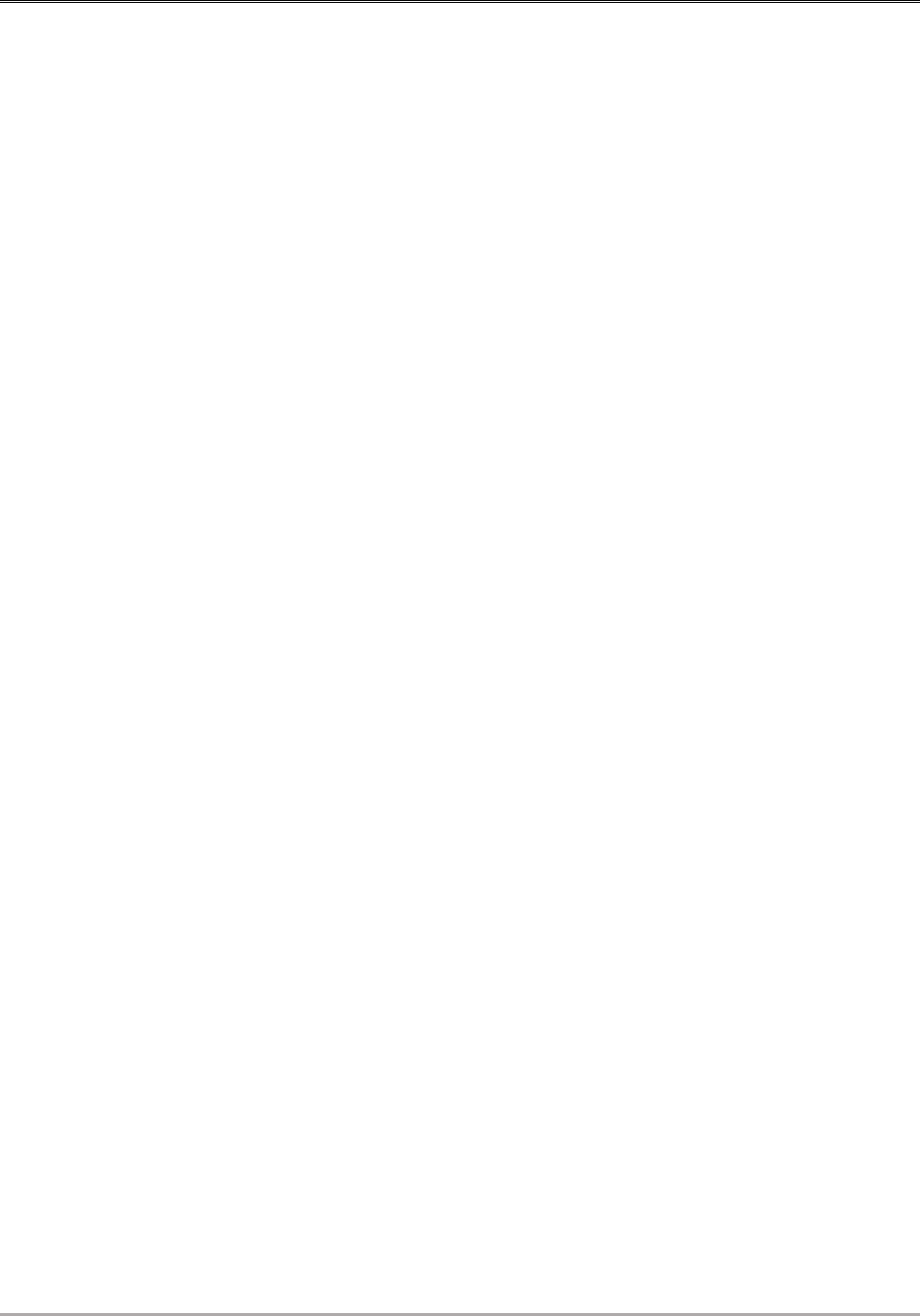
Columbia-Greene Community College 2023-2024 Catalog
119
Jointly Registered Teacher Education Program with SUNY
New Paltz/Social Science (A.A.)
LIBERAL ARTS & SCIENCE:
CHILDHOOD EDUCATION
History Concentration
Curriculum Code 1612
Semester Hours Required for Graduation 60
PROGRAM GOALS:
1. Assist students in making a realistic
decision regarding teaching as a career.
2. Understand the opportunities and
challenges facing the teaching profession
today.
3. Provide students with a strong liberal arts
background to aid in the success in
passing state certification exam.
4. Successfully transfer to a four-year
teacher education program, either public
or private.
5. Increase students’ awareness of NYS
teacher certification requirements and
mandated training courses in Child Abuse,
SAVE and DASA.
PROGRAM LEARNING OUTCOMES:
• Interpret developmental theories to
understand the learning and behavior of
children and adolescents.
• Collect and analyze personal data to
develop an accurate awareness of one’s
potential to become a teacher.
• Demonstrate understanding of
mathematics in preparation for teaching
basic math skills.
• Analyze and interpret trends in classroom
practices.
• Draw conclusions about particular
students’ cultural and group differences to
improve classroom practice.
• Demonstrate use of creativity and the arts
as teaching tools.
• Develop one’s personal philosophy of
education based on readings, research, and
class assignments.
• Construct basic lesson plans.
• Show ability to articulate clearly to elicit
information, describe developmental
stages, and write effective reports.
ACADEMIC PREPARATION:
It is highly recommended that the following
criteria be met to begin this program, and it is
REQUIRED by the completion of 24 credits:
Acceptance into the program is determined by
the following criteria: 12th-grade reading
level is required (readiness to begin EN 101 –
Composition) and college-level proficiency
on the Math Placement Test.

Columbia-Greene Community College 2023-2024 Catalog
120
Jointly Registered Teacher Education Program with SUNY
New Paltz/Social Science (A.A.)
SUGGESTED PROGRAM SEQUENCE
1st Semester
EN 101 Composition 3
HI 103 U.S. History 1492-1865 or
HI 104 U.S. History 1865-Present 3
HU ELE Humanities Elective 3
PY 101 General Psychology 3
MA ELE Mathematics Elective 3
Total 15
2nd Semester
EN 102 Composition & Literature 3
HI 101 Western Civilization 13,000 BCE
to 1517 CE
or
HI 102 Western Civilization 1517
to Present 3
PY 205 Child & Adolescence Psychology 3
ED 101 Foundations of Education 3
HI ELE History Elective 3
Total 15
3rd Semester
ED 201 Symbolic Representation 3
SC ELE Lab Science Elective 3
Language I (FR, IT, SA, SN) 3
MA 105 Math for Elementary Teachers I 3
ED 110 Education of Diverse Populations 3
Total 15
4th Semester
MA 114 Math for Elementary Teachers II 3
HI ELE History Elective 3
Language II (FR, IT, SA, SN) 3
HU ELE Humanities Elective (The Arts) 3
HI ELE History Elective
or
PL 103 Philosophy of Eastern Religion 3
Total 15
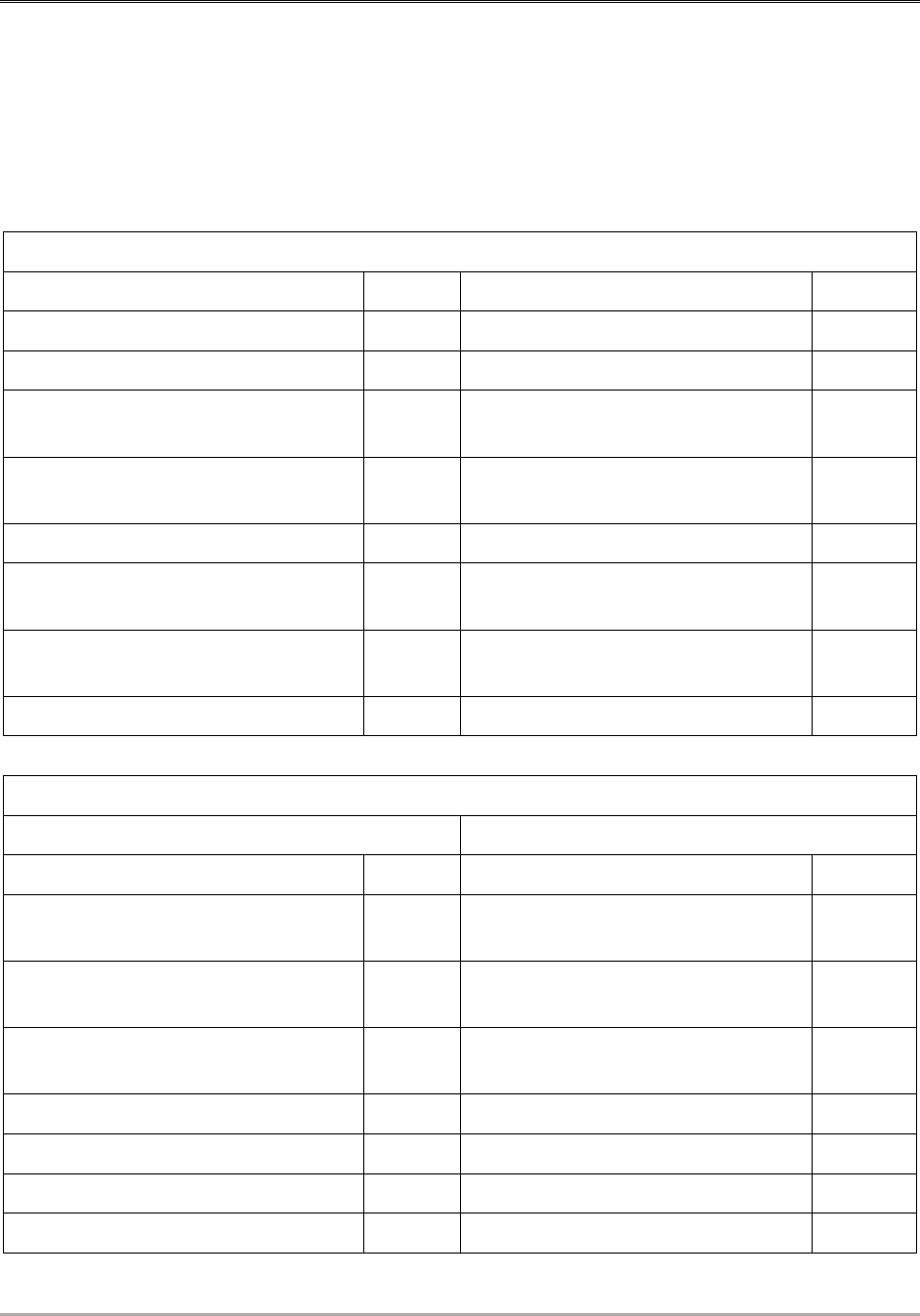
Columbia-Greene Community College 2023-2024 Catalog
121
Jointly Registered Teacher Education Program with SUNY
New Paltz/Certification Option Childhood
Upon completion of A.A. or A.S. degrees in Jointly Registered Teacher Education program,
students will complete the Bachelor of Science degree through the following program sequence at
SUNY New Paltz.
Year 3
Semester 5
Semester 6
Course
Credits
Course
Credits
EED371 Dev. Appr. Practices (UD)
3
EED380 Connecting MST (UD)
6
EED375 Teaching Reading I
(UD/WI)
3
EED302 Fieldwork 2 (20 hrs.) (1-
6) (MST Fieldwork) (UD)
1
EED301 Fieldwork 1 (40 hrs.) (pre-
K-2) (UD)
1
Major course (UD)
3
Major course (UD)
3
Major course (UD)
3
Major course (UD)
3/4
SPE350 Inclusive Classrooms
(UD)
3
EED412 Curriculum II (pre-K-K)
(UD)
3
Total Number of Credits
16/17
Total Number of Credits
16
Year 4
Semester 7
Semester 8
Course
Credits
Course
Credits
EED376 Teaching Reading/Lang.
Arts Methods II (UD)
3
EED404 (pre-K-2)/EED405 (3-6)
Student Teaching (UD)
12
EED379 Social Studies Methods
(UD)
3
EED303 Fieldwork 3 (60 hrs.) (3-6)
(UD)
1
EED406 Student Teaching
Seminar (UD)
1
Major course (UD)
3
Major course (UD)
3
Major course (UD)
3
Total Number of Credits
16
Total Number of Credits
13
UD = Upper Division MINIMUM CREDITS121-124
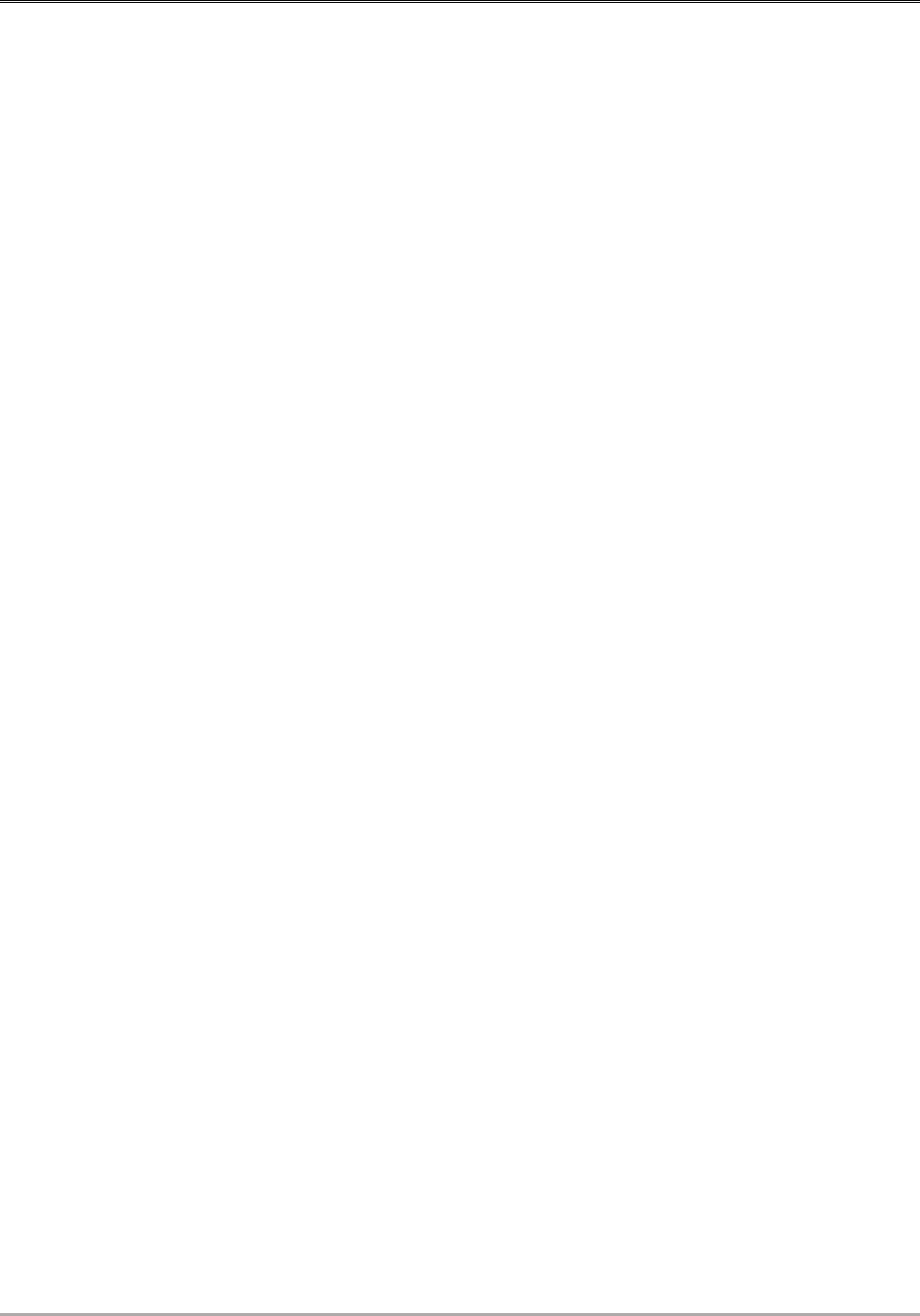
Columbia-Greene Community College 2023-2024 Catalog
122
Jointly Registered Teacher Education Program with SUNY
New Paltz/Mathematics and Science (A.S.)
LIBERAL ARTS & SCIENCE:
ADOLESCENCE EDUCATION
Biology Concentration
Curriculum Code 1633
Semester Hours Required for Graduation: 66
PROGRAM GOALS:
1. Assist students in making a realistic
decision regarding teaching as a career.
2. Understand the opportunities and
challenges facing the teaching profession
today.
3 Provide students with a strong liberal arts
background to aid in the success in
passing state certification exam.
4 Successfully transfer to a four-year
teacher education program, either public
or private.
5 Increase students’ awareness of NYS
teacher certification requirements and
mandated training courses in Child Abuse,
SAVE and DASA.
PROGRAM LEARNING OUTCOMES:
• Interpret developmental theories to
understand the learning and behavior of
children and adolescents.
• Collect and analyze personal data to
develop an accurate awareness of one’s
potential to become a teacher.
• Demonstrate understanding of
mathematics in preparation for teaching
basic math skills (if applicable).
• Analyze and interpret trends in classroom
practices.
• Draw conclusions about particular
students’ cultural and group differences to
improve classroom practice.
• Demonstrate use of creativity and the arts
as teaching tools (if applicable).
• Develop one’s personal philosophy of
education based on readings, research, and
class assignments.
• Construct basic lesson plans.
• Show ability to articulate clearly to elicit
information, describe developmental
stages, and write effective reports.
ACADEMIC PREPARATION:
It is highly recommended that the following
criteria be met to begin this program, and it is
REQUIRED by the completion of 24 credits:
Acceptance into the program is determined by
the following criteria: 12th-grade reading
level is required (readiness to begin EN 101 –
Composition) and college-level proficiency
on the math placement test.
NOTE: A grade of “B” or higher in EN 101
and EN 102 is required to successfully
transfer these credits to SUNY New Paltz.

Columbia-Greene Community College 2023-2024 Catalog
123
Jointly Registered Teacher Education Program with SUNY
New Paltz/Mathematics and Science (A.S.)
SUGGESTED COURSE SEQUENCE
1st Semester
EN 101 Composition 3
BI 101 General Biology I 4
MA 122 Calculus I 4
PY 101 General Psychology 3
HI 103 U.S. History 1492-1865
or
HI 104 U.S. History 1865-Present 3
Total 17
2nd Semester
EN 102 Composition & Literature 3
BI 102 General Biology II 4
CH 101 General Chemistry I 4
MA 102 Statistics or
MA 123 Calculus II 3
ED 101 Foundations of Education 3
Total 17
3rd Semester
*BI ELE Biology Elective 3
Language I (FR, IT, SA, SN) 3
CH 102 General Chemistry II 4
GN ELE General Elective 3
PY 205 Child & Adolescence Psychology 3
Total 16
4th Semester
BI 103 General Ecology 4
Language II (FR, IT, SA, SN) 3
HI 101 Western Civilization 13,000 BCE
to 1517 CE
or
HI 102 Western Civilization 1517
to Present 3
HI ELE History Elective
or
PL 103 Philosophy of Eastern Religion 3
HU ELE Humanities Elective (The Arts) 3
Total 16
*Recommend Genetics through Open SUNY or BI 210 General Microbiology at C-GCC.
See page 132 for SUNY New Paltz completion sequence and appropriate certification option.
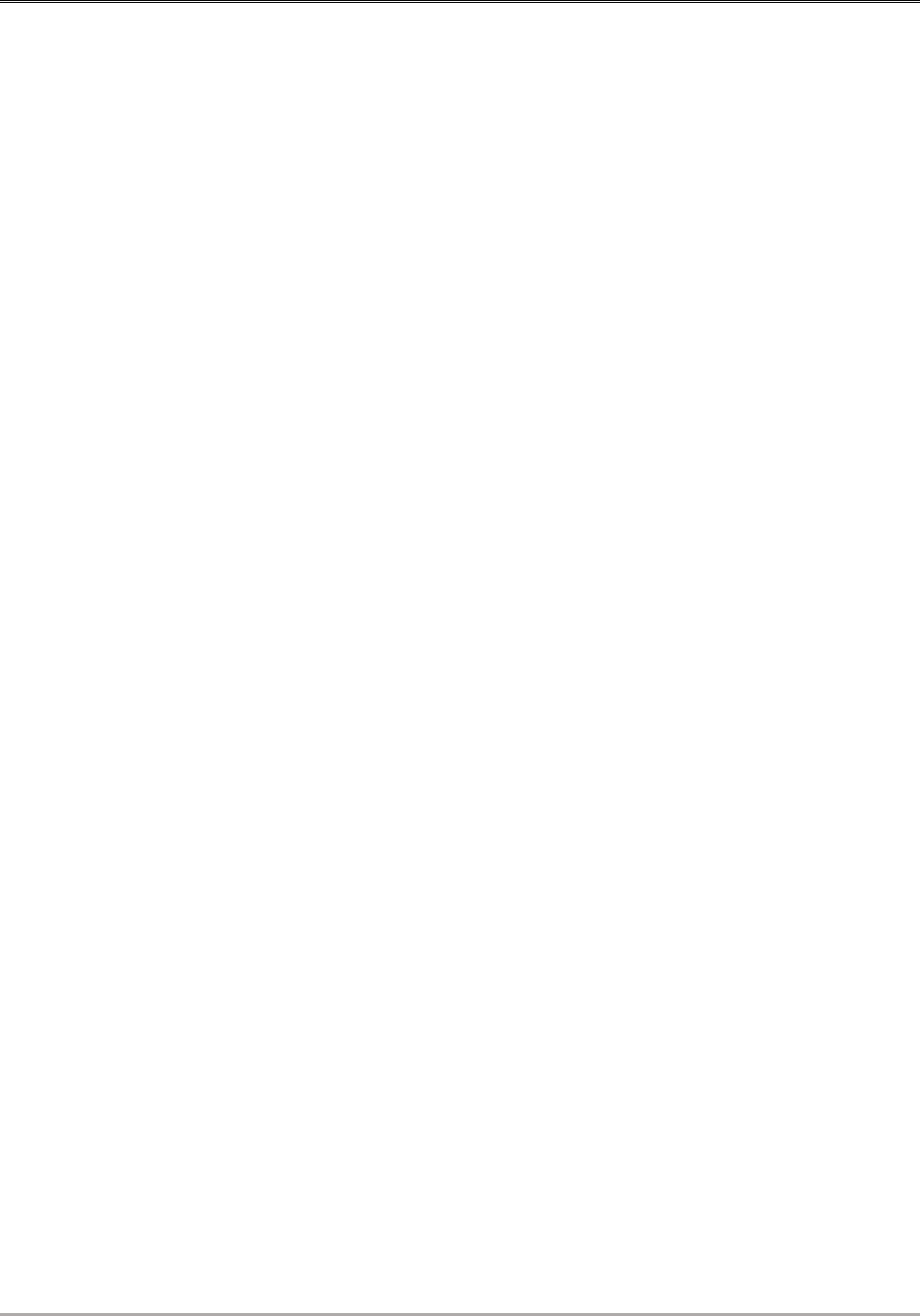
Columbia-Greene Community College 2023-2024 Catalog
124
Jointly Registered Teacher Education Program with SUNY
New Paltz/Mathematics and Science (A.S.)
LIBERAL ARTS & SCIENCE:
ADOLESCENCE EDUCATION
Mathematics Concentration
Curriculum Code 1639
Semester Hours Required for Graduation 67
PROGRAM GOALS:
1. Assist students in making a realistic
decision regarding teaching as a career.
2. Understand the opportunities and
challenges facing the teaching profession
today.
3. Provide students with a strong liberal arts
background to aid in the success in
passing state certification exam.
4. Successfully transfer to a four-year
teacher education program, either public
or private.
5. Increase students’ awareness of NYS
teacher certification requirements and
mandated training courses in Child Abuse,
SAVE and DASA.
PROGRAM LEARNING OUTCOMES:
• Interpret developmental theories to
understand the learning and behavior of
children and adolescents.
• Collect and analyze personal data to
develop an accurate awareness of one’s
potential to become a teacher.
• Demonstrate understanding of
mathematics in preparation for teaching
basic math skills (if applicable).
• Analyze and interpret trends in classroom
practices.
• Draw conclusions about particular
students’ cultural and group differences to
improve classroom practice.
• Demonstrate use of creativity and the arts
as teaching tools (if applicable).
• Develop one’s personal philosophy of
education based on readings, research, and
class assignments.
• Construct basic lesson plans.
• Show ability to articulate clearly to elicit
information, describe developmental
stages, and write effective reports.
ACADEMIC PREPARATION:
It is highly recommended that the following
criteria be met to begin this program, and it is
REQUIRED by the completion of 24 credits:
Acceptance into the program is determined by
the following criteria: 12th-grade reading
level is required (readiness to begin EN 101 –
Composition) and college-level proficiency
on the Math Placement Test.
NOTE: A grade of “B” or higher in EN 101
and EN 102 is required to successfully
transfer these credits to SUNY New Paltz.
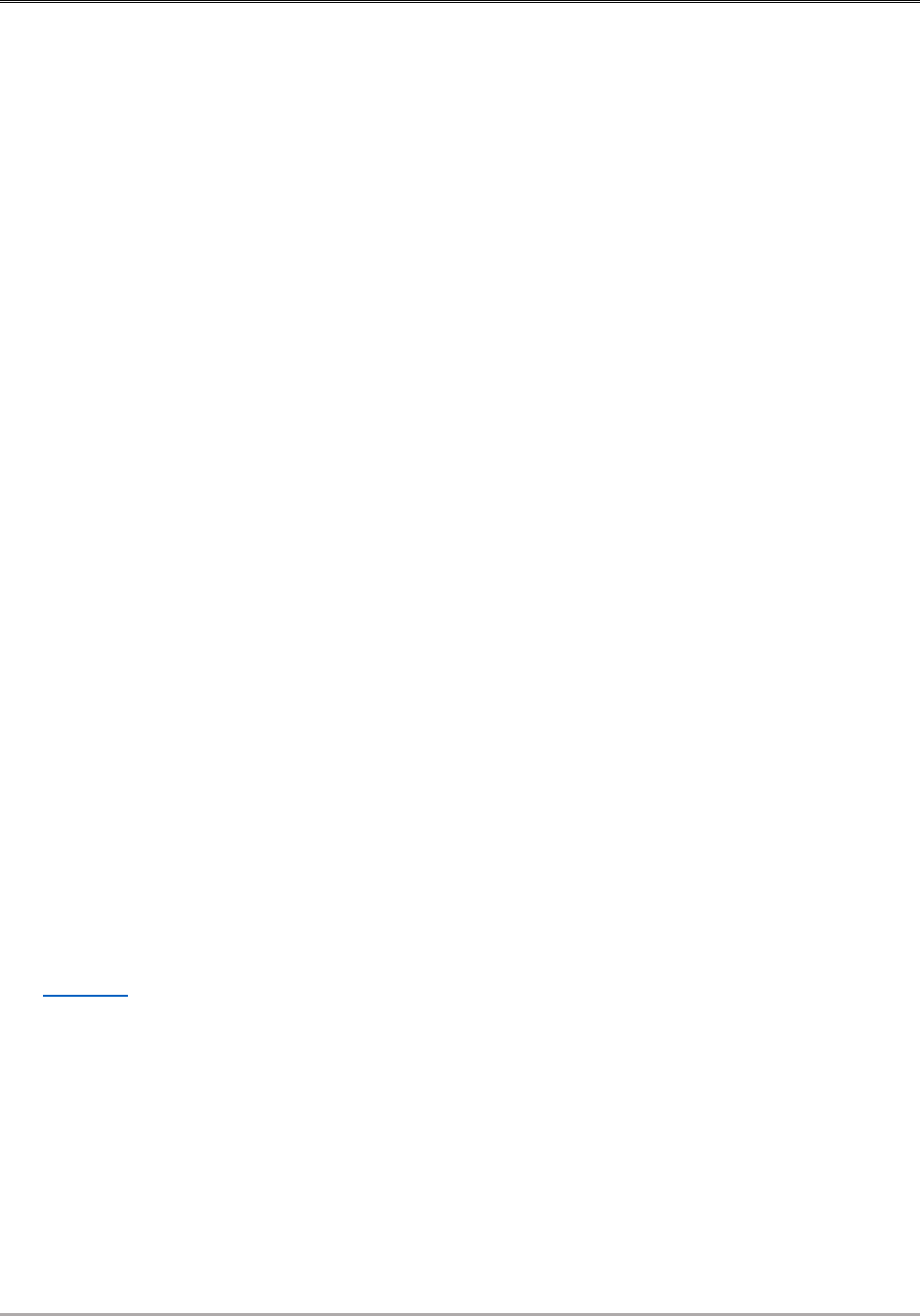
Columbia-Greene Community College 2023-2024 Catalog
125
Jointly Registered Teacher Education Program with SUNY
New Paltz/Mathematics and Science (A.S.)
SUGGESTED PROGRAM SEQUENCE
1st Semester
EN 101 Composition 3
MA 122 Calculus I 4
PX 103 University Physics I 4
PY 101 General Psychology 3
HI 101 Western Civilization 13,000
BCE to 1517 CE
or
HI 102 Western Civilization 1517 to
Present 3
Total 17
2nd Semester
EN 102 Composition & Literature 3
MA 123 Calculus II 4
PY 205 Child & Adolescence Psychology 3
PX 104 University Physics II 4
ED 101 Foundations of Education 3
Total 17
3rd Semester
CS 134 Computer and Informatics
Science I 4
HI 103 U.S. History 1492-1865
or
HI 104 U.S. History 1865-Present 3
MA ELE Mathematics Elective 4
Language I (FR, IT, SA, SN) 3
GN ELE General Elective 3
Total 17
4th Semester
MA ELE Mathematics Elective 3
MA ELE Mathematics Elective 4
Language II (FR, IT, SA, SN) 3
HI ELE History Elective
or
PL 103 Philosophy of Eastern Religion 3
HU ELE Humanities Elective (The Arts) 3
Total 16
See page 132 for SUNY New Paltz completion sequence and appropriate certification option.
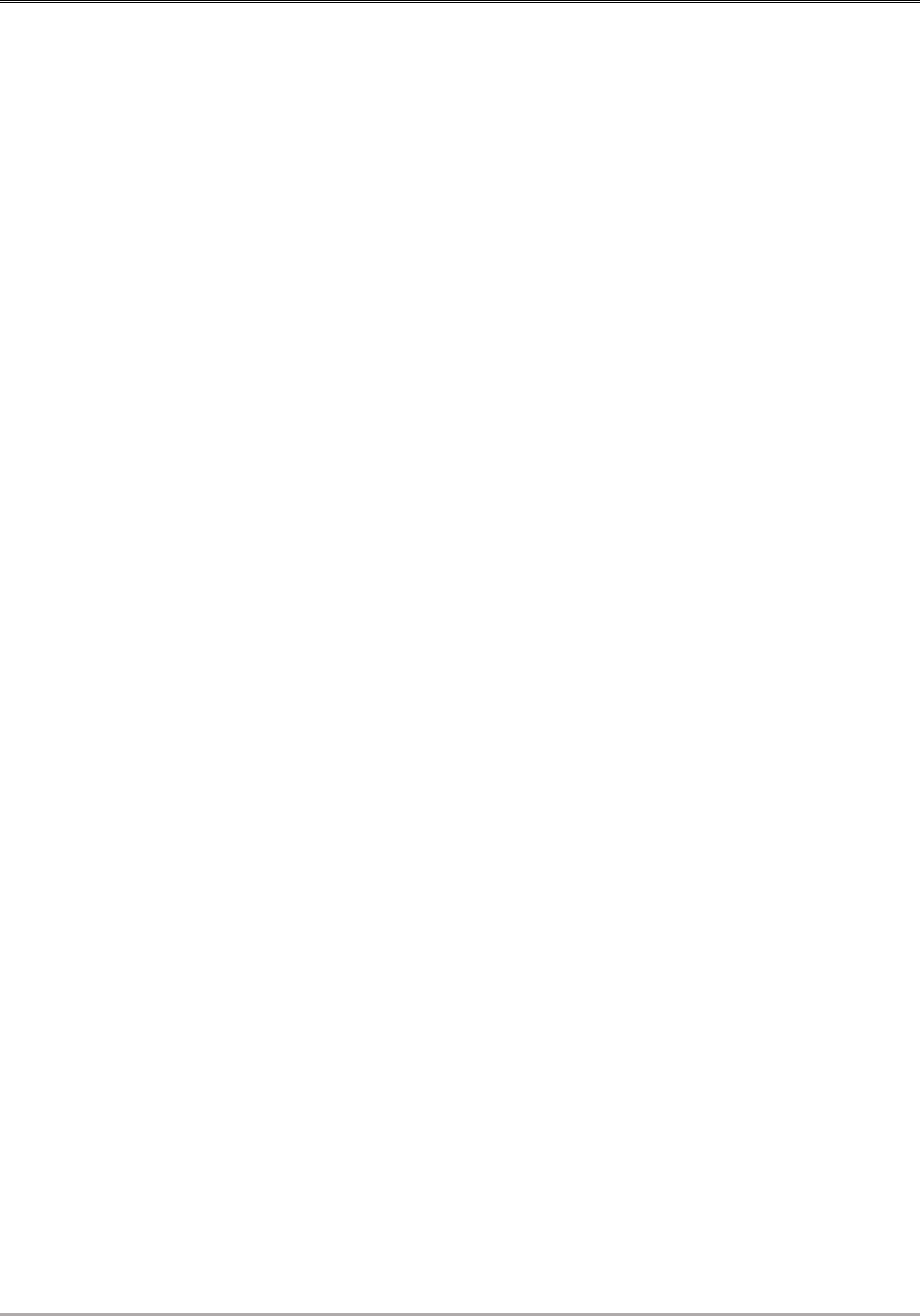
Columbia-Greene Community College 2023-2024 Catalog
126
Jointly Registered Teacher Education Program with SUNY
New Paltz/Humanities (A.A.)
LIBERAL ARTS & SCIENCE:
ADOLESCENCE EDUCATION
English Concentration
Curriculum Code 1636
Semester Hours Required for Graduation 63
PROGRAM GOALS:
1. Assist students in making a realistic
decision regarding teaching as a career.
2. Understand the opportunities and
challenges facing the teaching profession
today.
3. Provide students with a strong liberal arts
background to aid in the success in
passing state certification exam.
4. Successfully transfer to a four-year
teacher education program, either public
or private.
5. Increase students’ awareness of NYS
teacher certification requirements and
mandated training courses in Child Abuse,
SAVE and DASA.
PROGRAM LEARNING OUTCOMES:
• Interpret developmental theories to
understand the learning and behavior of
children and adolescents.
• Collect and analyze personal data to
develop an accurate awareness of one’s
potential to become a teacher.
• Demonstrate understanding of
mathematics in preparation for teaching
basic math skills (if applicable).
• Analyze and interpret trends in classroom
practices.
• Draw conclusions about particular
students’ cultural and group differences to
improve classroom practice.
• Demonstrate use of creativity and the arts
as teaching tools (if applicable).
• Develop one’s personal philosophy of
education based on readings, research, and
class assignments.
• Construct basic lesson plans.
• Show ability to articulate clearly to elicit
information, describe developmental
stages, and write effective reports.
ACADEMIC PREPARATION:
It is highly recommended that the following
criteria be met to begin this program, and it is
REQUIRED by the completion of 24 credits:
Acceptance into the program is determined by
the following criteria: 12th-grade reading
level is required (readiness to begin EN 101 –
Composition) and college-level proficiency
on the Math Placement Test.
NOTE: A grade of “B” or higher in EN 101
and EN 102 is required to successfully
transfer these credits to SUNY New Paltz.
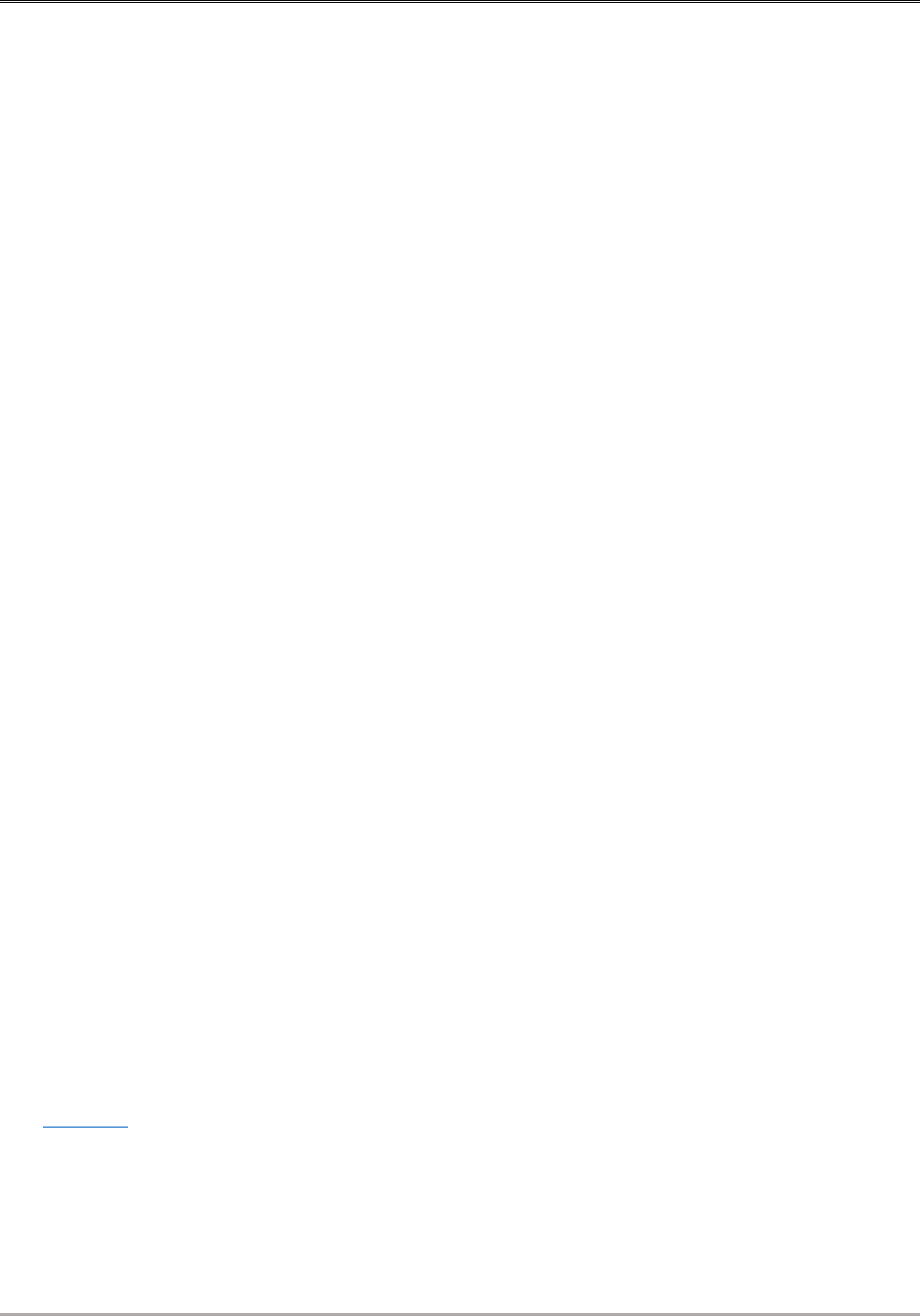
Columbia-Greene Community College 2023-2024 Catalog
127
Jointly Registered Teacher Education Program with SUNY
New Paltz/Humanities (A.A.)
SUGGESTED PROGRAM SEQUENCE
1st Semester
EN 101 Composition 3
MA ELE Mathematics Elective 3
Language I (FR, IT, SA, SN) 3
PY 101 General Psychology 3
HI 103 U.S. History 1492-1865
or
HI 104 U.S. History 1865-Present 3
Total 15
2nd Semester
EN 102 Composition & Literature 3
Language II (FR, IT, SA, SN) 3
PY 205 Child & Adolescence Psychology 3
SC ELE Lab Science Elective 3
ED 101 Foundations of Education 3
Total 15
3rd Semester
*EN ELE Literature Elective 3
EN ELE Literature Elective 3
EN 201 American Literature:
Colonial-1899
or
EN 204 American Literature: 1900
to Present 3
HI 101 Western Civilization 13,000 BCE
to 1517 CE
or
HI 102 Western Civilization
1517-Present 3
GN ELE General Elective 6
Total 18
4th Semester
EN ELE Literature/Writing Elective 3
EN 205 British Literature 3
EN 211 Creative Writing 3
HU ELE Humanities Elective (The Arts) 3
HI ELE History Elective
or
PL 103 Philosophy of Eastern Religion 3
Total 15
*Recommend EN 235 Latin American Literature.
See page 132 for SUNY New Paltz completion sequence and appropriate certification option.
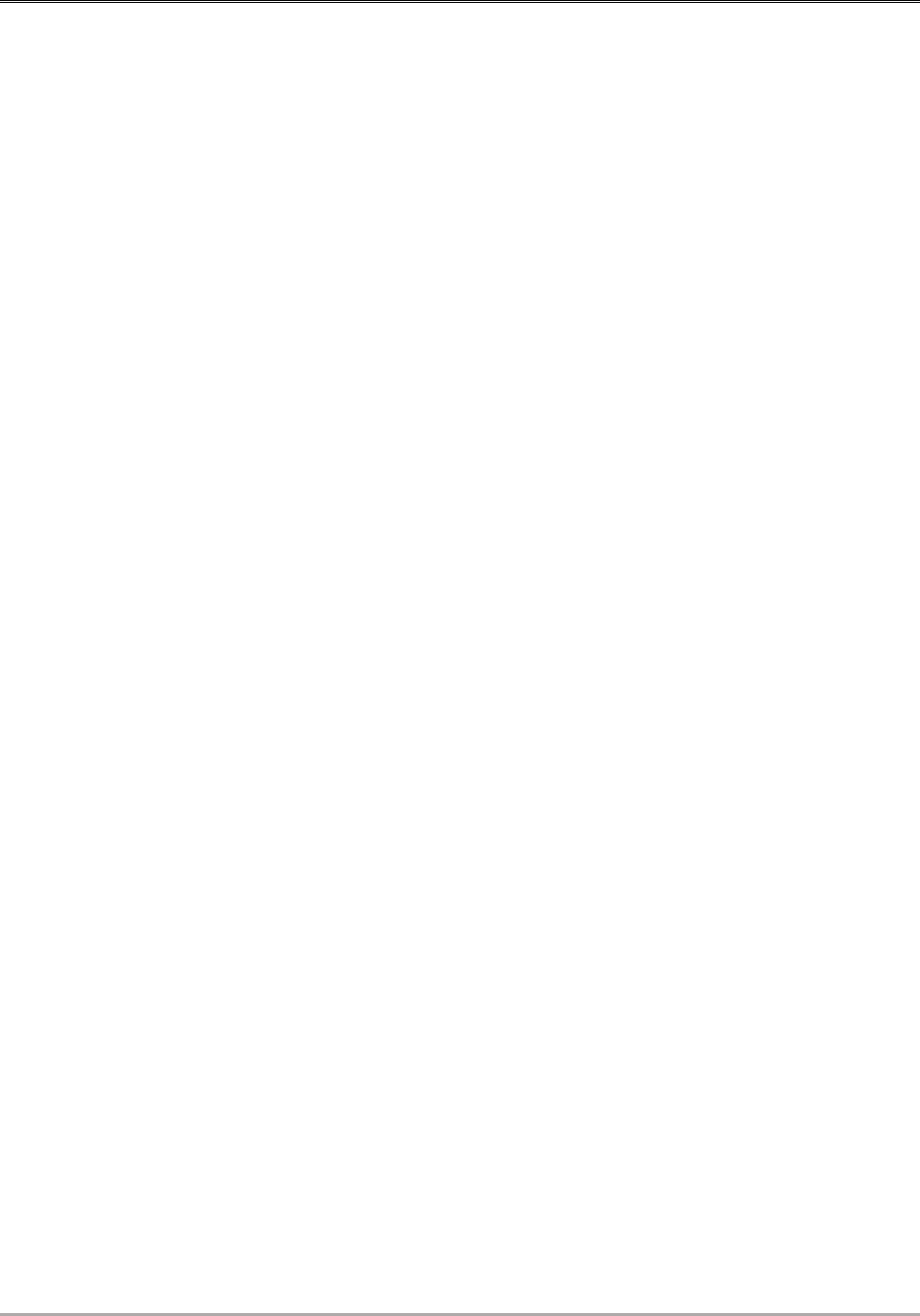
Columbia-Greene Community College 2023-2024 Catalog
128
Jointly Registered Teacher Education Program with SUNY
New Paltz/Social Science (A.A.)
LIBERAL ARTS & SCIENCE:
ADOLESCENCE EDUCATION
Social Studies Concentration
Curriculum Code 1640
Semester Hours Required for Graduation: 60
PROGRAM GOALS:
1. Assist students in making a realistic
decision regarding teaching as a career.
2. Understand the opportunities and
challenges facing the teaching profession
today.
3. Provide students with a strong liberal arts
background to aid in the success in
passing state certification exam.
4. Successfully transfer to a four-year
teacher education program, either public
or private.
5. Increase students’ awareness of NYS
teacher certification requirements and
mandated training courses in Child Abuse,
SAVE and DASA.
PROGRAM LEARNING OUTCOMES:
• Interpret developmental theories to
understand the learning and behavior of
children and adolescents.
• Collect and analyze personal data to
develop an accurate awareness of one’s
potential to become a teacher.
• Demonstrate understanding of
mathematics in preparation for teaching
basic math skills (if applicable).
• Analyze and interpret trends in classroom
practices.
• Draw conclusions about particular
students’ cultural and group differences to
improve classroom practice.
• Demonstrate use of creativity and the arts
as teaching tools (if applicable).
• Develop one’s personal philosophy of
education based on readings, research, and
class assignments.
• Construct basic lesson plans.
• Show ability to articulate clearly to elicit
information, describe developmental
stages, and write effective reports.
ACADEMIC PREPARATION:
It is highly recommended that the following
criteria be met to begin this program, and it is
REQUIRED by the completion of 24 credits:
Acceptance into the program is determined by
the following criteria: 12th-grade reading
level is required (readiness to begin EN 101 –
Composition) and college-level proficiency
on the Math Placement Test.
NOTE: A grade of “B” or higher in EN 101
and EN 102 is required to successfully
transfer these credits to SUNY New Paltz.
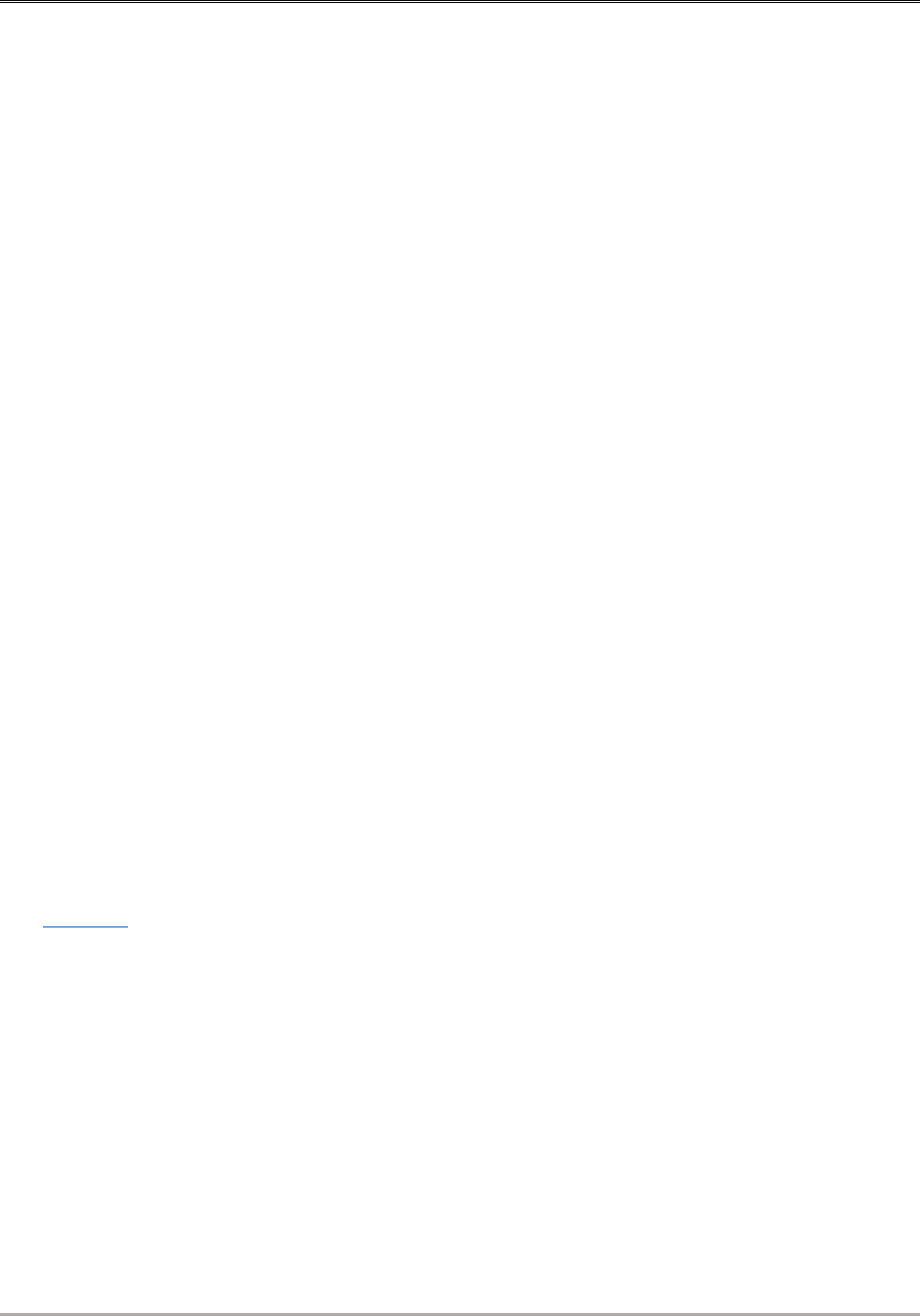
Columbia-Greene Community College 2023-2024 Catalog
129
Jointly Registered Teacher Education Program with SUNY
New Paltz/Social Science (A.A.)
SUGGESTED PROGRAM SEQUENCE
1st Semester
EN 101 Composition 3
HI 103 U.S. History 1492-1865 3
HU ELE Humanities Elective (The Arts) 3
PY 101 General Psychology 3
MA ELE Mathematics Elective 3
Total 15
2nd Semester
EN 102 Composition & Literature 3
HI 104 U.S. History 1865-present 3
PY 205 Child & Adolescence Psychology 3
ED 101 Foundations of Education 3
HI ELE History Elective 3
Total 15
3rd Semester
PS 101 American Government 3
SC ELE Lab Science Elective 3
Language I (FR, IT, SA, SN) 3
EC 101 Macroeconomics 3
HI 101 Western Civilization 13,000 BCE
to 1517 CE
or
HI 102 Western Civilization 1517
to Present 3
Total 15
4th Semester
GN ELE General Elective 3
PS 130 Contemporary Constitutional
Issues 3
Language II (FR, IT, SA, SN) 3
EC 102 Microeconomics 3
HI ELE History Elective
or
PL 103 Philosophy of Eastern Religion 3
Total 15
See page 132 for SUNY New Paltz completion sequence and appropriate certification option.
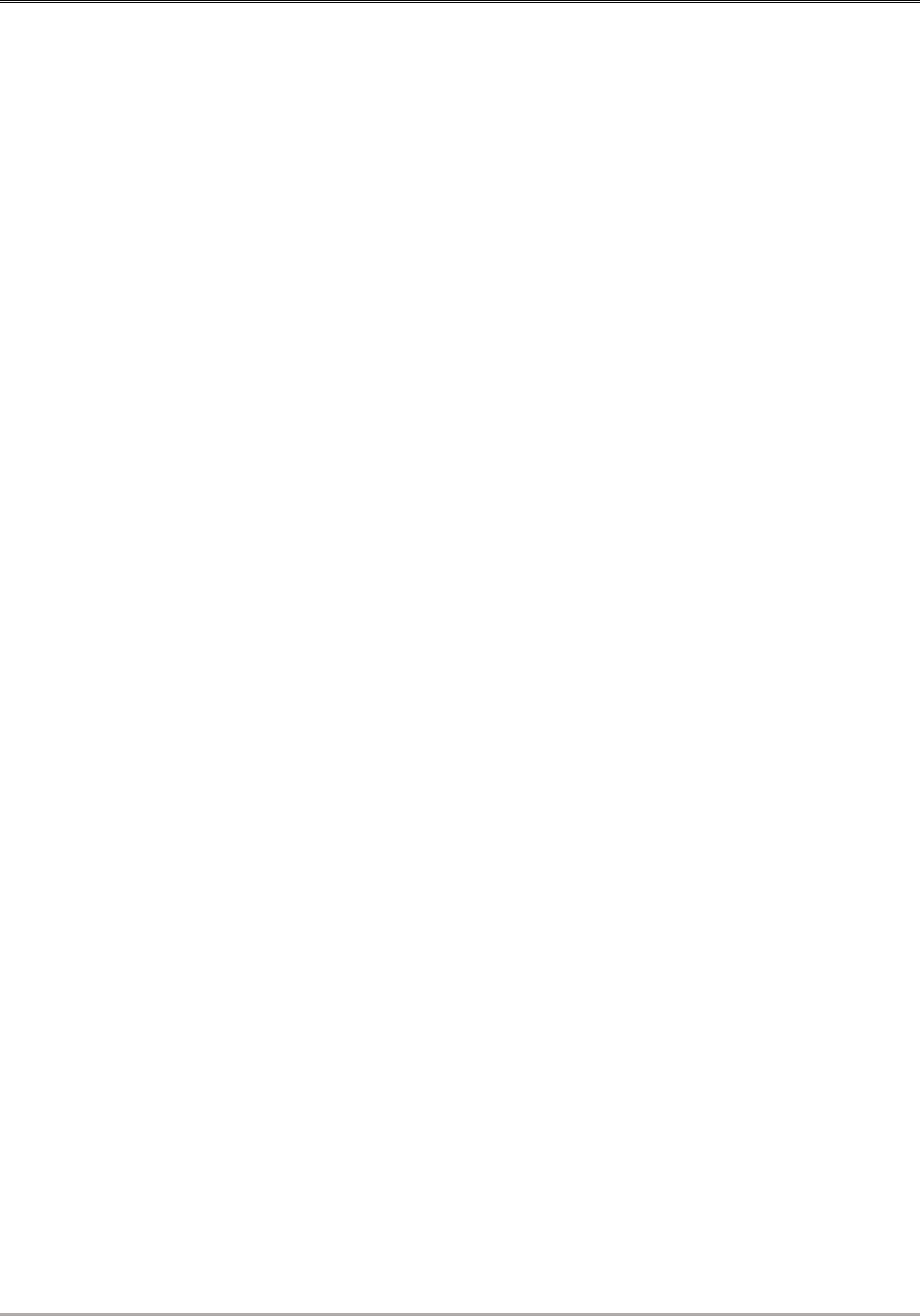
Columbia-Greene Community College 2023-2024 Catalog
130
Jointly Registered Teacher Education Program with SUNY
New Paltz/Mathematics and Science (A.S.)
LIBERAL ARTS & SCIENCE:
ADOLESCENCE EDUCATION
Chemistry Concentration
Curriculum Code 1634
Semester Hours Required for Graduation: 64
PROGRAM GOALS:
1. Assist students in making a realistic
decision regarding teaching as a career.
2. Understand the opportunities and
challenges facing the teaching profession
today.
3. Provide students with a strong liberal arts
background to aid in the success in
passing state certification exam.
4. Successfully transfer to a four-year
teacher education program, either public
or private.
5. Increase students’ awareness of NYS
teacher certification requirements and
mandated training courses in Child Abuse,
SAVE and DASA.
PROGRAM LEARNING OUTCOMES:
• Interpret developmental theories to
understand the learning and behavior of
children and adolescents.
• Collect and analyze personal data to
develop an accurate awareness of one’s
potential to become a teacher.
• Demonstrate understanding of
mathematics in preparation for teaching
basic math skills (if applicable).
• Analyze and interpret trends in classroom
practices.
• Draw conclusions about particular
students’ cultural and group differences to
improve classroom practice.
• Demonstrate use of creativity and the arts
as teaching tools (if applicable).
• Develop one’s personal philosophy of
education based on readings, research, and
class assignments.
• Construct basic lesson plans.
• Show ability to articulate clearly to elicit
information, describe developmental
stages, and write effective reports.
ACADEMIC PREPARATION:
It is highly recommended that the following
criteria be met to begin this program, and it is
REQUIRED by the completion of 24 credits:
Acceptance into the program is determined by
the following criteria: 12th-grade reading
level is required (readiness to begin EN 101 –
Composition) and college-level proficiency
on the Math Placement Test.
NOTE: A grade of “B” or higher in EN 101
and EN 102 is required to successfully
transfer these credits to SUNY New Paltz.
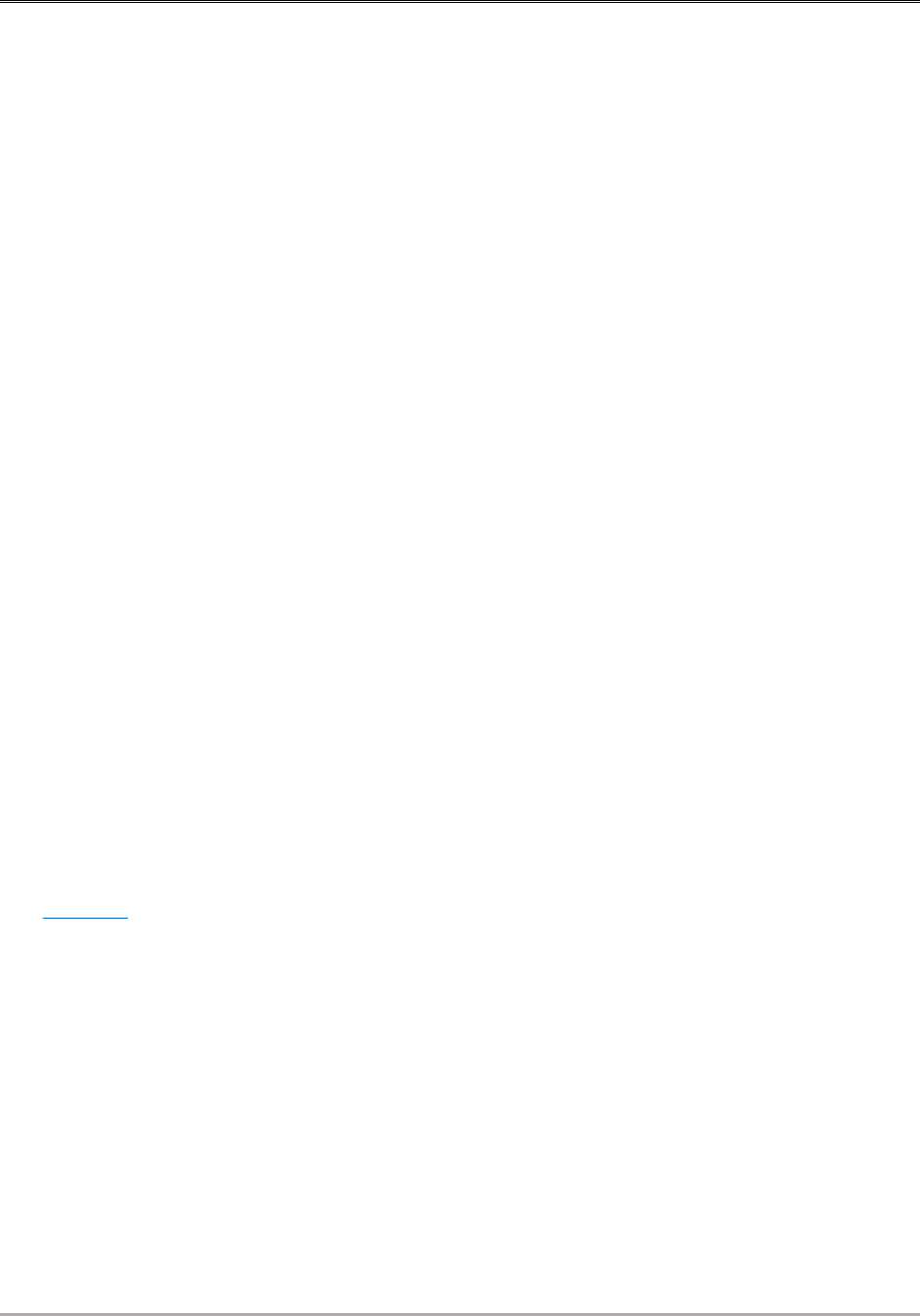
Columbia-Greene Community College 2023-2024 Catalog
131
Jointly Registered Teacher Education Program with SUNY
New Paltz/Mathematics and Science (A.S.)
1st Semester
EN 101 Composition 3
CH 101 General Chemistry I 4
MA 122 Calculus I 4
PY 101 General Psychology 3
HI 103 U.S. History 1492-1865
or
HI 104 U.S. History 1865-Present 3
Total 17
2nd Semester
EN 102 Composition & Literature 3
CH 102 General Chemistry II 4
MA 123 Calculus II 4
SC ELE Lab Science Elective 3
ED 101 Foundations of Education 3
Total 17
3rd Semester
CH 201 Organic Chemistry I 4
PY 205 Child & Adolescence Psychology 3
Language I (FR, IT, SA, SN) 3
HU ELE Humanities Elective (The Arts) 3
HI 101 Western Civilization 13,000 BCE
to 1517 CE
or
HI 102 Western Civilization 1517 to
Present 3
Total 16
4th Semester
CH 202 Organic Chemistry II 4
GE 101 Physical Geology 4
Language II (FR, IT, SA, SN) 3
HI ELE History Elective
or
PL 103 Philosophy of Eastern Religion 3
Total 14
See page 132 for SUNY New Paltz completion sequence and appropriate certification option.
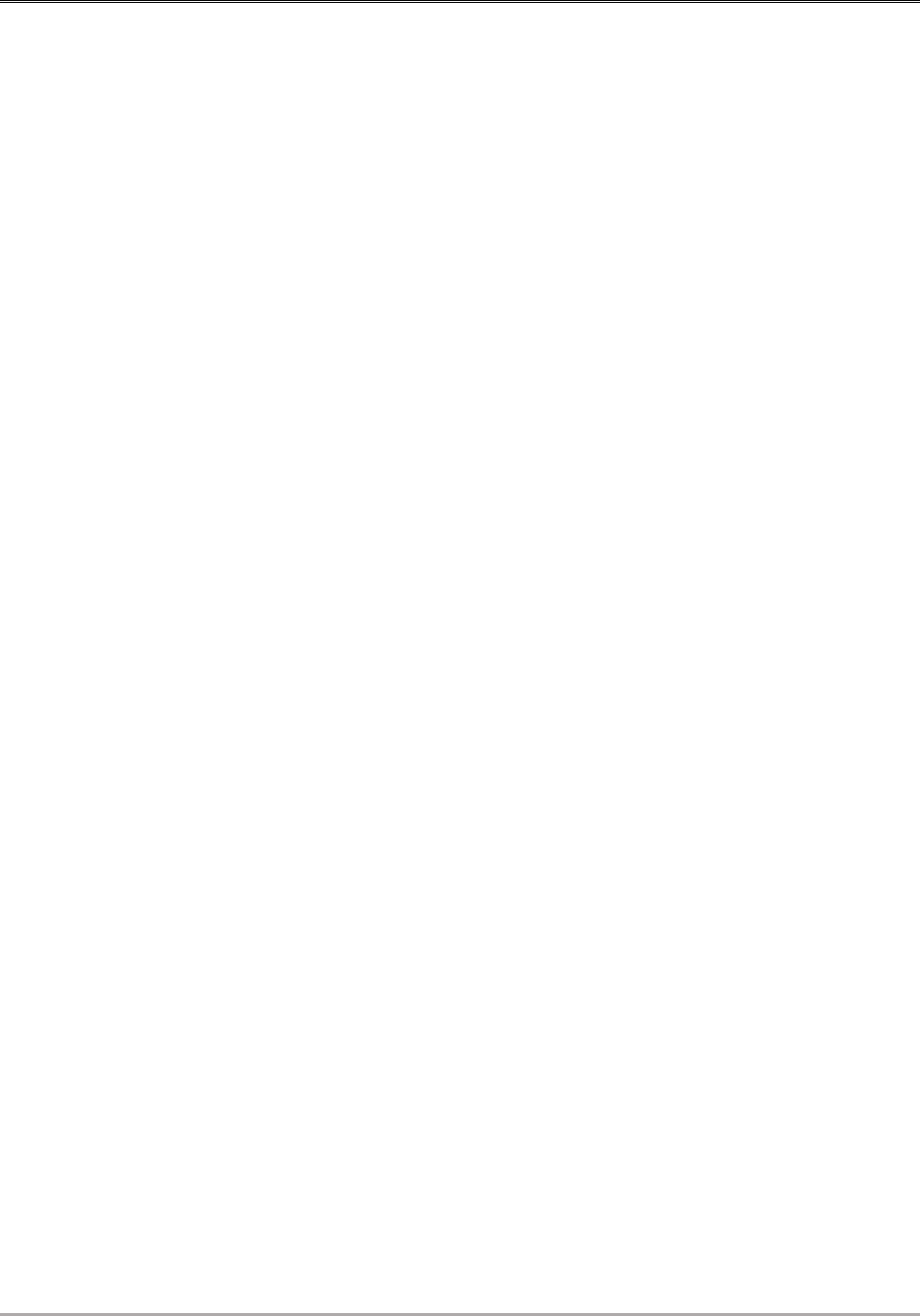
Columbia-Greene Community College 2023-2024 Catalog
132
Jointly Registered Teacher Education Program with SUNY
New Paltz/Certification Option Adolescence
Upon completion of A.A. or A.S. degrees in Jointly Registered Teacher Education program,
students will complete the Bachelor of Science degree through the following program sequence at
SUNY New Paltz.
5th Semester/New Paltz
38340 Social and Philosophical
Foundations of Education 3
36354 Discipline Specific Foundations
Seminar 1
Liberal Arts Major 3
Liberal Arts Major 3-4
Liberal Arts Major 3-4
Semester Credits 13-15
6th Semester/New Paltz
38383 Introduction to Literacy for
Diverse Learners 3
39385 Differentiating Instruction in
Secondary Education 3
36453 Introduction to Curriculum
Assessment 3
36353 Field Work # 1/35 hours 1
Liberal Arts Major 3-4
Liberal Arts Major 3-4
Semester Credits 16-18
7th Semester/New Paltz
36356 Computers in the Classroom 3
36370-5 Discipline Specific Methods
Course 3
36350 Field Work # 2/35 hours 1
Liberal Arts Major 3
Liberal Arts Major 3-4
Liberal Arts Major 3-4
Semester Credits 16-18
8th Semester/New Paltz
36404 Student Teaching in the Middle
School 6
36405 Student Teaching in the Senior
High School 6
36406 Discipline Specific Student
Teaching Seminar 1
36707 Field Work # 3/60 hours 1
Semester Credits 14
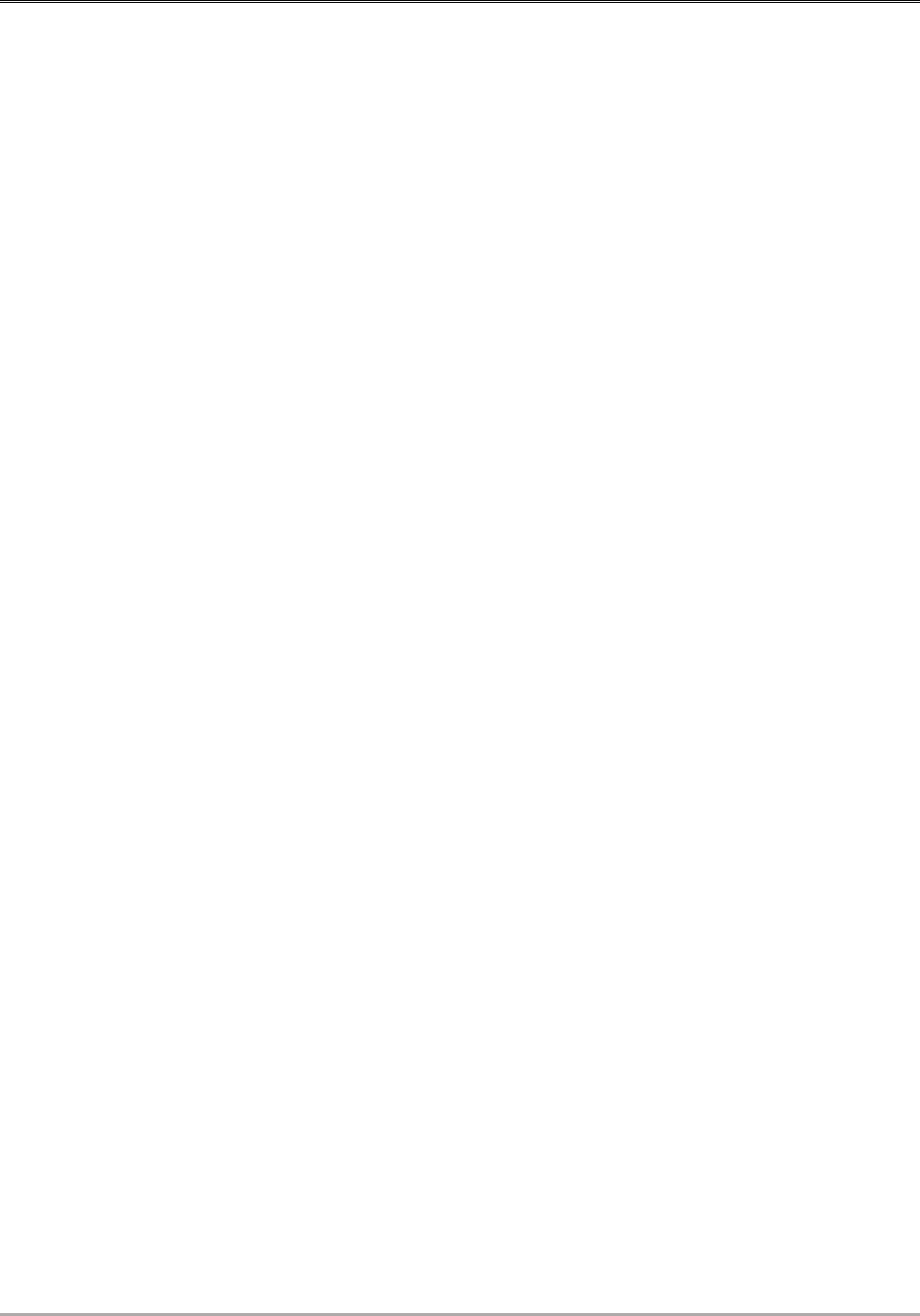
Columbia-Greene Community College 2023-2024 Catalog
133
Environmental Biology (A.S.)
Curriculum Code: 1016
Semester Hours Required for Graduation: 62
PROGRAM GOALS:
This program prepares students for transfer
into a Bachelor of Science program in
Environmental Science or a related field and
is part of the Environmental Science Transfer
Path, biophysical tract. Students should work
closely with their academic advisor to
determine choice of electives to help ensure
articulation with specific transfer colleges.
Upon completion, career opportunities
include Natural Resource Specialist, Field
Biologist, Environmental Health Technician,
Fisheries Technician, and Forest Ranger. The
program combines classroom, laboratory, and
field study instruction giving students a well-
rounded preparation. It is designed to meet the
ever-increasing need for well-qualified
professionals in this field.
PROGRAM LEARNING OUTCOMES:
• Students will evaluate and employ current
scientific evidence to develop hypotheses,
perform measurements, and interpret
results of experiments that explore natural
phenomena.
• Demonstrate laboratory and field-based
skills in scientific techniques and
methodology.
• Discover and analyze the complex
systems that shape concepts in
environmental biology and utilize
scientific methods to explain real world
environmental issues.
• Display an understanding of local
environmental issues, particularly as it
relates to local flora and fauna as well as
anthropogenic crises.
ACADEMIC PREPARATION:
It is highly recommended that the following
criteria be met to begin this program, and it is
REQUIRED by the completion of 24 credits:
12th-grade reading level is required.
Placement test scores must indicate readiness
to begin EN 101-Composition.
Competency in Pre-Algebra or Pre-Statistics
is required.
High School Regents-level science courses in
Biology, Chemistry and/or Physics are highly
recommended.
LIBERAL ARTS REQUIREMENTS
30 Semester Hours
BI 103 General Ecology 4
BI 113 Environmental Science 4
EN 101 Composition 3
EN 102 Composition and Literature 3
SL ELE Social Science Electives 6
HU ELE Humanities Elective 3
MA ELE Mathematics Elective 4
SC ELE Lab Science Elective 3
PROGRAM REQUIREMENTS
32 Semester Hours
BI 101 General Biology I 4
BI 102 General Biology II 4
CH 101 General Chemistry I 4
CH 102 General Chemistry II 4
CE 101 College Experience 1
GN ELE General Elective 9
MA ELE Mathematics Elective 3
HU/SL ELE Humanities/Social Science
Elective 3
Minimum Credits 62
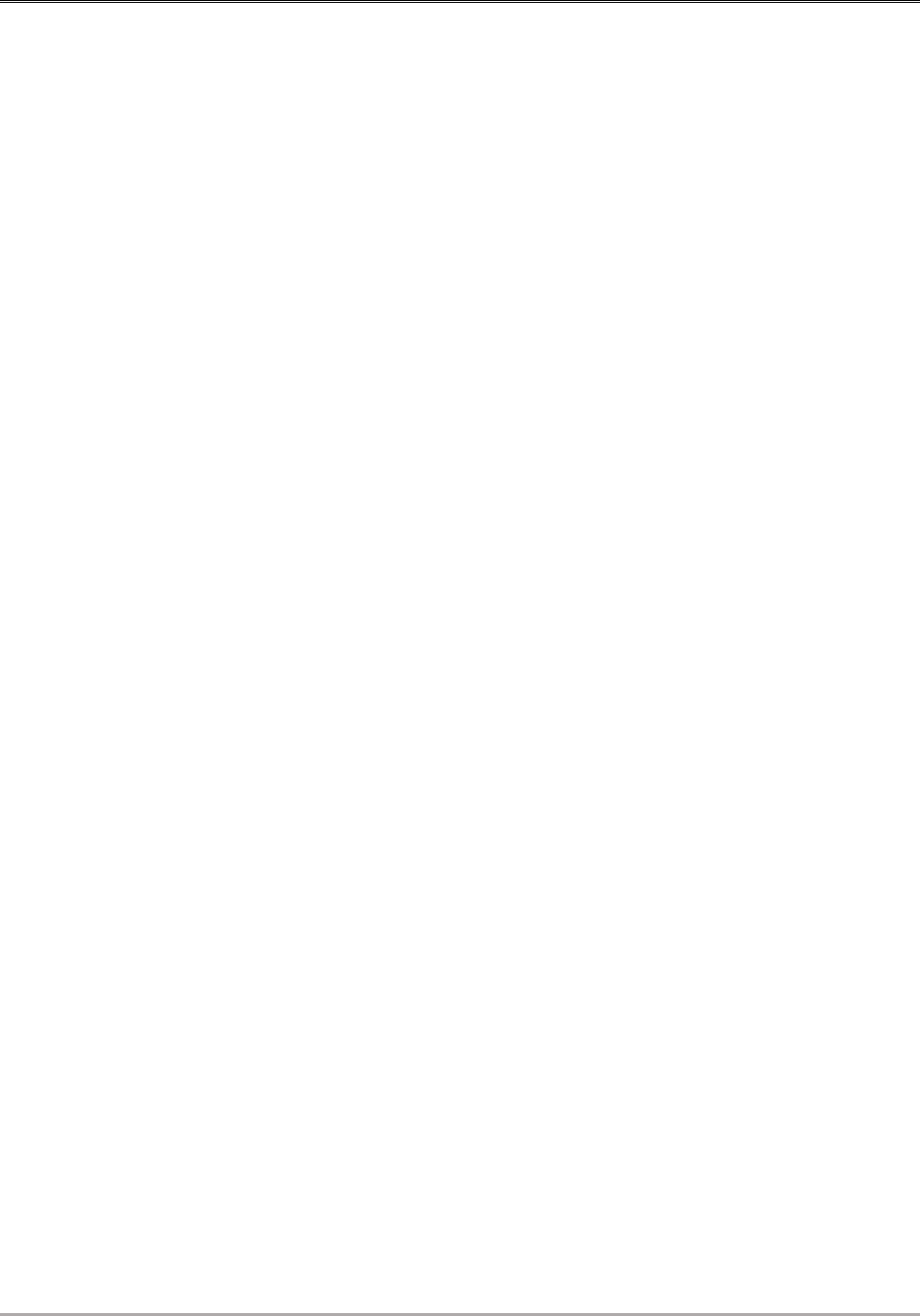
Columbia-Greene Community College 2023-2024 Catalog
134
Environmental Biology (A.S.)
SUGGESTED PROGRAM SEQUENCE
1st Semester
BI 113 Environmental Science 4
CE 101 College Experience 1
EN 101 Composition 3
HU ELE Humanities Elective 3
MA ELE Mathematics Elective 3
SL ELE Social Science Elective* 3
Total 17
2nd Semester
BI 103 General Ecology 4
EN 102 Composition & Literature 3
GN ELE General Elective 3
SL ELE Social Science Elective 3
MA ELE Mathematics Elective 4
Total 17
3rd Semester
BI 101 General Biology I 4
CH 101 General Chemistry I 4
GN ELE General Electives 6
Total 14
4th Semester
BI 102 General Biology II 4
CH 102 General Chemistry II 4
HU ELE Humanities Elective
or
SL ELE Social Science Elective 3
SC ELE Lab Science Electives 3
Total 14
* HI 125 U.S. Environmental History is recommended.
Transfer opportunities include, but are not limited to: SUNY Plattsburgh, Marist College, SUNY
Stony Brook, Paul Smith’s College, SUNY Environmental Science and Forestry, (ESF) B.S. in
Environmental Studies Program only.
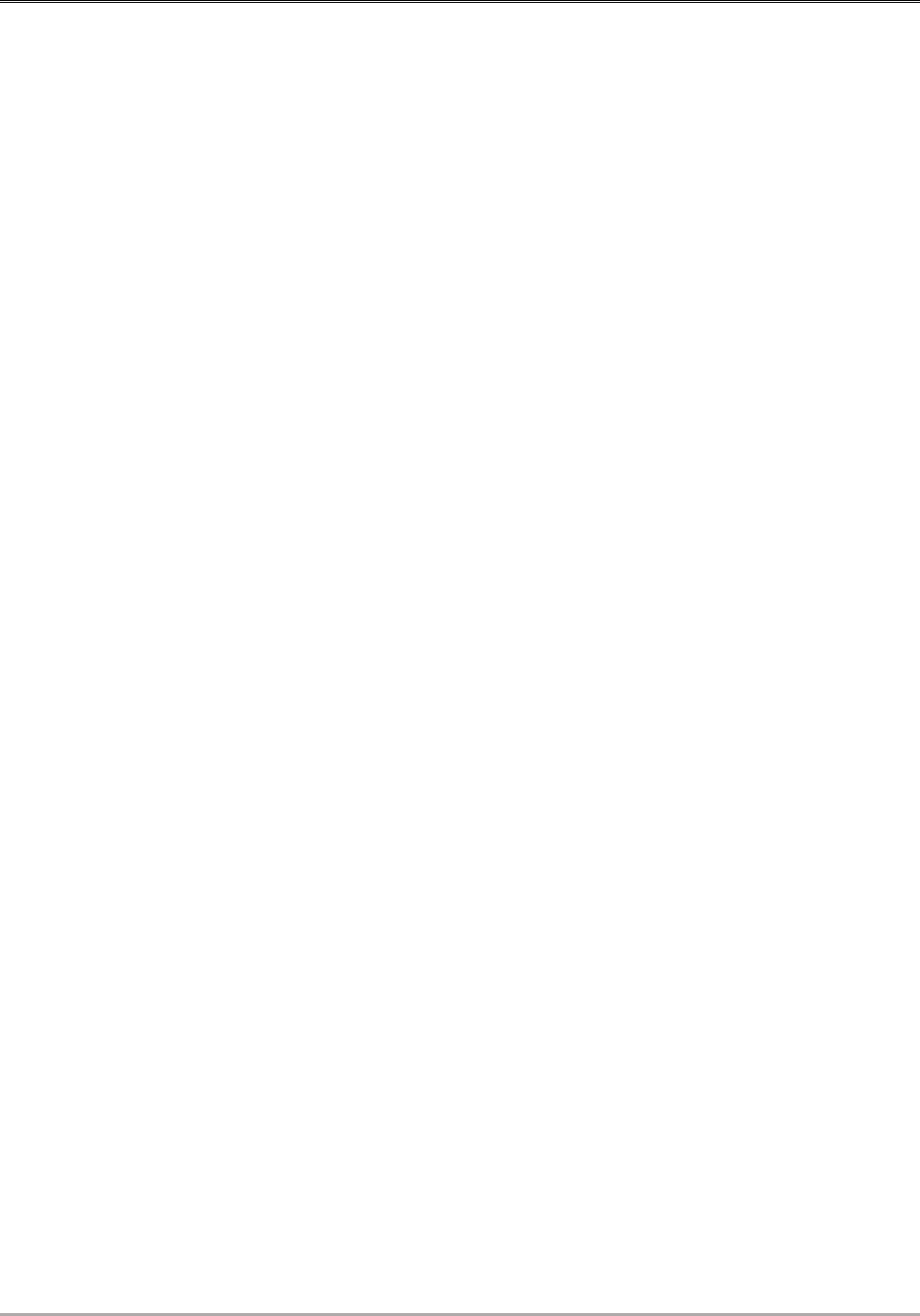
Columbia-Greene Community College 2023-2024 Catalog
135
Fine Arts (A.A.)
Curriculum Code: 0664
Semester Hours Required for Graduation: 61
PROGRAM GOALS:
This course of study provides a foundation in
computer graphics, animation, design,
drawing, sculpture, and photography. It is
designed primarily for students who plan to
earn a Bachelor of Fine Arts (B.F.A.) degree.
Fine arts students will learn in the studio in a
professional atmosphere.
The Fine Arts program encourages
academically strong students to apply to the
Honors Program, a challenging environment
that enables highly motivated students to best
develop their creative abilities and thus ensure
their future professional success.
PROGRAM LEARNING OUTCOMES:
• Develop the ability to apply drawing
skills.
• Develop the ability to apply design skills.
• Develop the ability to apply inventive and
creative thinking.
• Demonstrate knowledge of the disciplines
and history of the arts.
ACADEMIC PREPARATION:
It is highly recommended that the following
criteria be met to begin this program, and it is
REQUIRED by the completion of 24 credits:
12th-grade reading level is required.
Placement test scores must indicate readiness
to begin EN 101-Composition.
Competency in Pre-Algebra or Pre-Statistics
is required.
LIBERAL ARTS REQUIREMENTS
45 Semester Hours
AR 107 Visual Arts-2D 3
AR 108 Visual Arts-3D 3
AR 118 Figure Drawing 3
AR 119 Basic Drawing 3
AR ELE Art Electives 9
EN 101 Composition 3
EN 102 Composition and Literature 3
MA ELE Mathematics Elective 3
SC ELE Lab Science Elective 3
SL ELE Social Science Elective 12
Note: Only CI 105 can be substituted for an
AR Elective.
PROGRAM REQUIREMENTS
16 Semester Hours
AR ELE Art Elective 3
CE 101 College Experience 1
GN ELE General Electives 12
Minimum Credits 61
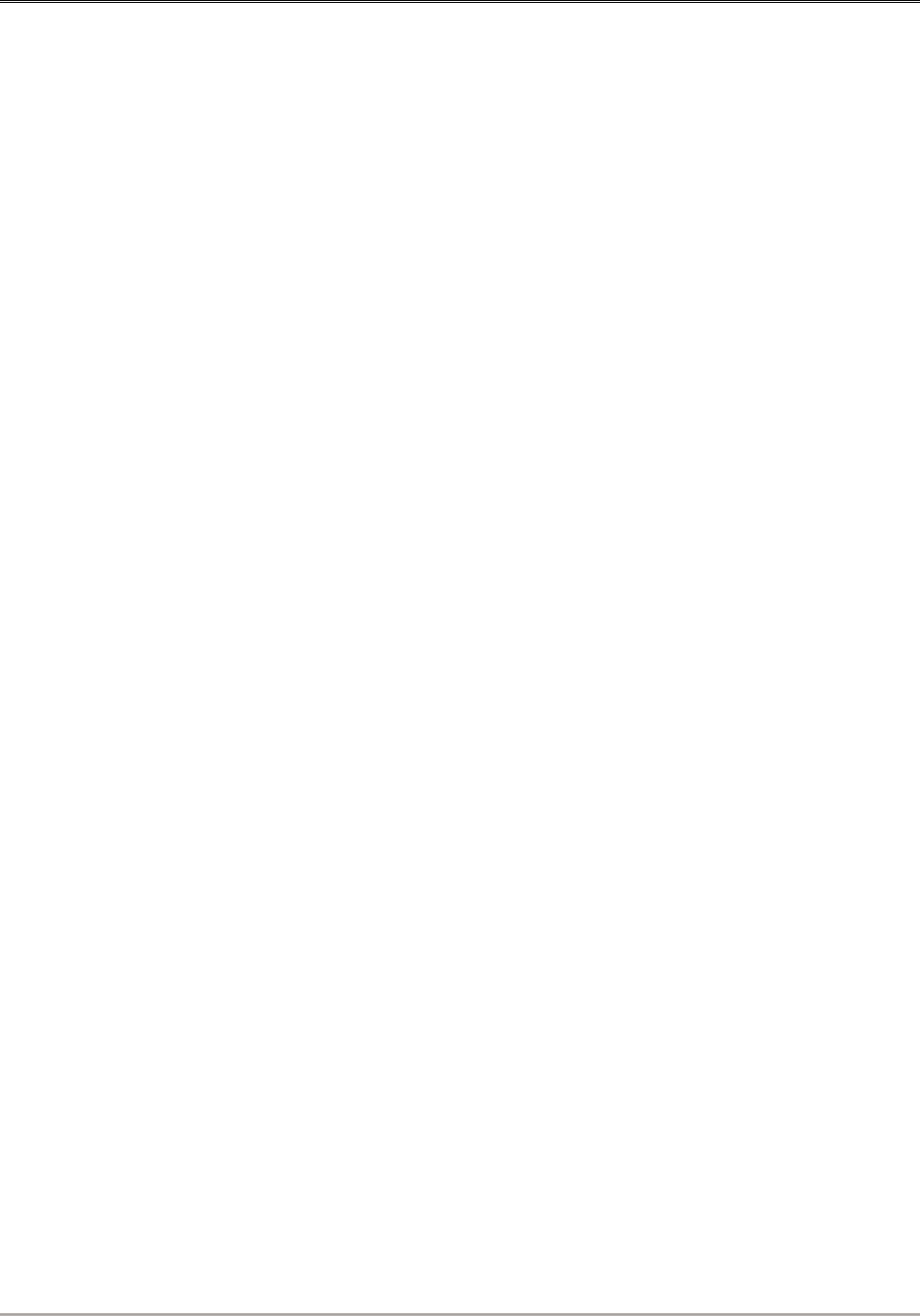
Columbia-Greene Community College 2023-2024 Catalog
136
Fine Arts (A.A.)
SUGGESTED PROGRAM SEQUENCE
1st Semester
AR 107 Visual Arts 2D 3
AR 119 Basic Drawing 3
AR ELE Art Elective 3
CE 101 College Experience 1
EN 101 Composition 3
MA ELE Mathematics Elective 3
Total 16
2nd Semester
AR 108 Visual Arts 3D 3
AR 118 Figure Drawing 3
AR ELE Art Elective 3
EN 102 Composition and Literature 3
MA ELE Mathematics Elective
or
SC ELE Lab Science Elective 3
Total 15
3rd Semester
AR ELE Art Electives 6
GN ELE General Electives 3
SL ELE Social Science Elective 6
Total 15
4th Semester
SL ELE Social Science Electives 6
GN ELE General Electives 9
Total 15
Transfer opportunities include, but are not limited to: SUNY New Paltz, University at Albany-
SUNY, SUNY Purchase, SUNY Plattsburgh, The College of Saint Rose, Cazenovia, Rhode Island
School of Design, Russell Sage, Skidmore, San Francisco Art Institute, Savannah College of Art
and Design and Bard College.
With the help of an advisor, students need to carefully plan the sequence of art electives that best
suit their career plans.
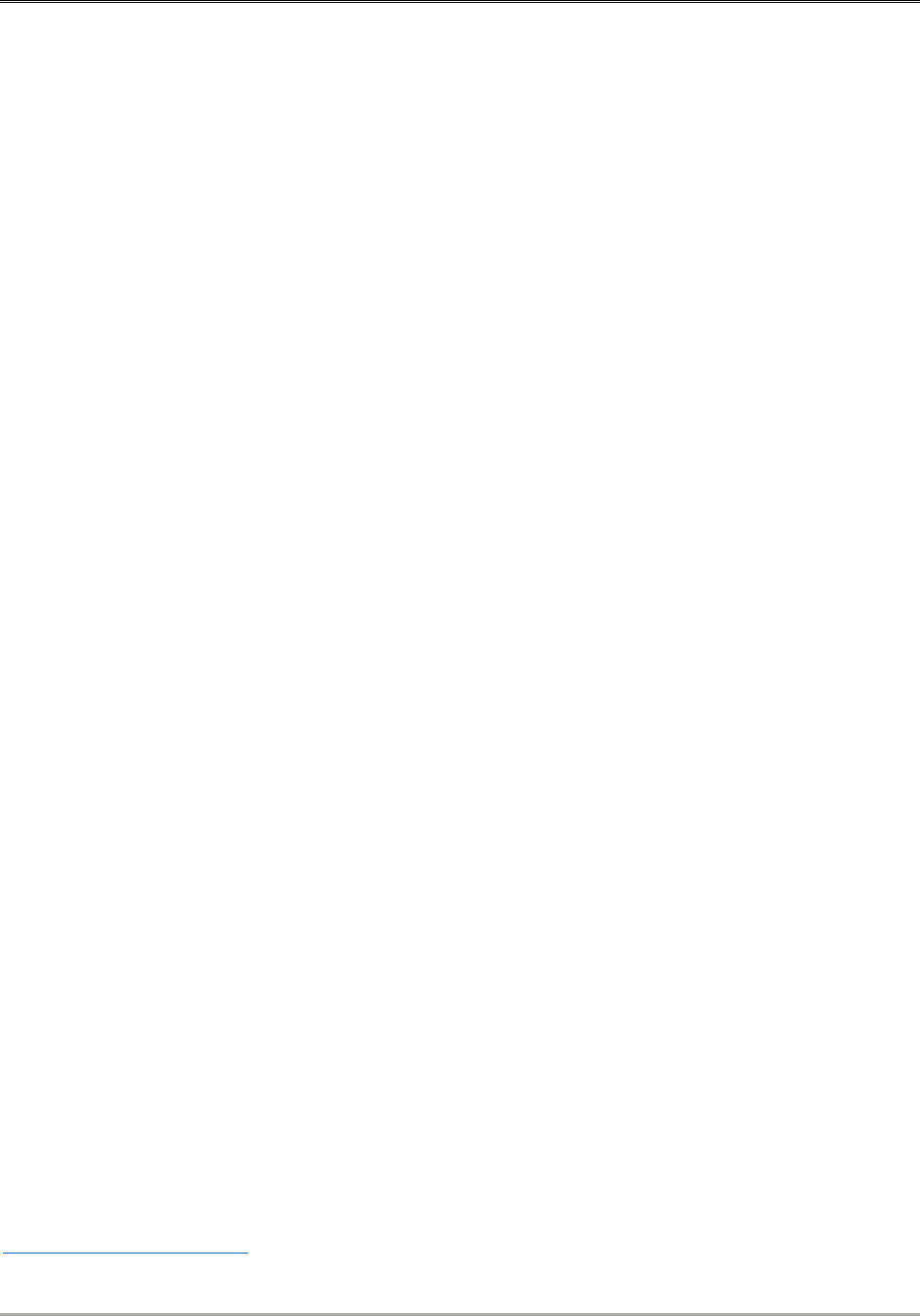
Columbia-Greene Community College 2023-2024 Catalog
137
Human Services (A.S.)
Curriculum Code: 1175
Semester Hours Required for Graduation: 62
PROGRAM GOALS:
The A.S. Human Services degree prepares the
student to transfer to four-year schools with
junior status to continue their bachelor level
education in social work, psychology,
sociology or related fields. Additionally, the
A.S. Human Services degree provides the
student with the skills necessary to gain
immediate employment in the human services
field at the beginning professional level.
PROGRAM LEARNING OUTCOMES:
• Interpret and articulate knowledge of
historical and contemporary research in
the social and behavioral sciences.
• Demonstrate competency in
understanding and application of current
helping theories and professional
practices, including ethical
considerations.
• Employ practical knowledge of
coursework in community settings.
• Examine historical and contemporary
social issues/problems.
• Analyze current research and its
implications and select and apply
strategies to positively impact social
issues/problems.
• Demonstrate standards and ethics of the
Human Service profession.
PROGRAM REQUIREMENT:
Note: In compliance with the NYS Justice
Center "Protection of People with Special
Needs Act," participants in HS 230
(Internship in Human Services) are required
by Community Agencies that host interns to
complete background checks through the
NYS Justice Center before being accepted as
an intern. Students can log onto
www.justicecenter.ny.gov for more
information.
ACADEMIC PREPARATION:
An interview is required for applicants to the
Human Services program. Students who are
interested in pursuing the field of Human
Services must be emotionally prepared to
challenge their own perceptions and
worldview in order to begin to understand the
multicultural worldviews of the people they
will be serving.
It is highly recommended that the following
criteria be met to begin this program, and is
REQUIRED by the completion of 24 credits:
12th-grade reading level is required.
Placement test scores must indicate readiness
to begin EN 101-Composition.
Competency in Pre-Algebra or Pre-Statistics
is required.
LIBERAL ARTS REQUIREMENTS
30 Semester Hours
CD 208 Chemical Dependency and
Addiction
or
SL 205 Trauma and Resilience 3
EN 101 Composition 3
EN 102 Composition and Literature 3
HU ELE Humanities Elective 6
MA 113 Statistics for the Behavioral
Sciences 3
PY 101 General Psychology 3
SC ELE Lab Science Elective 3
SL ELE Social Science Electives 3
SO 101 Introduction to Sociology 3
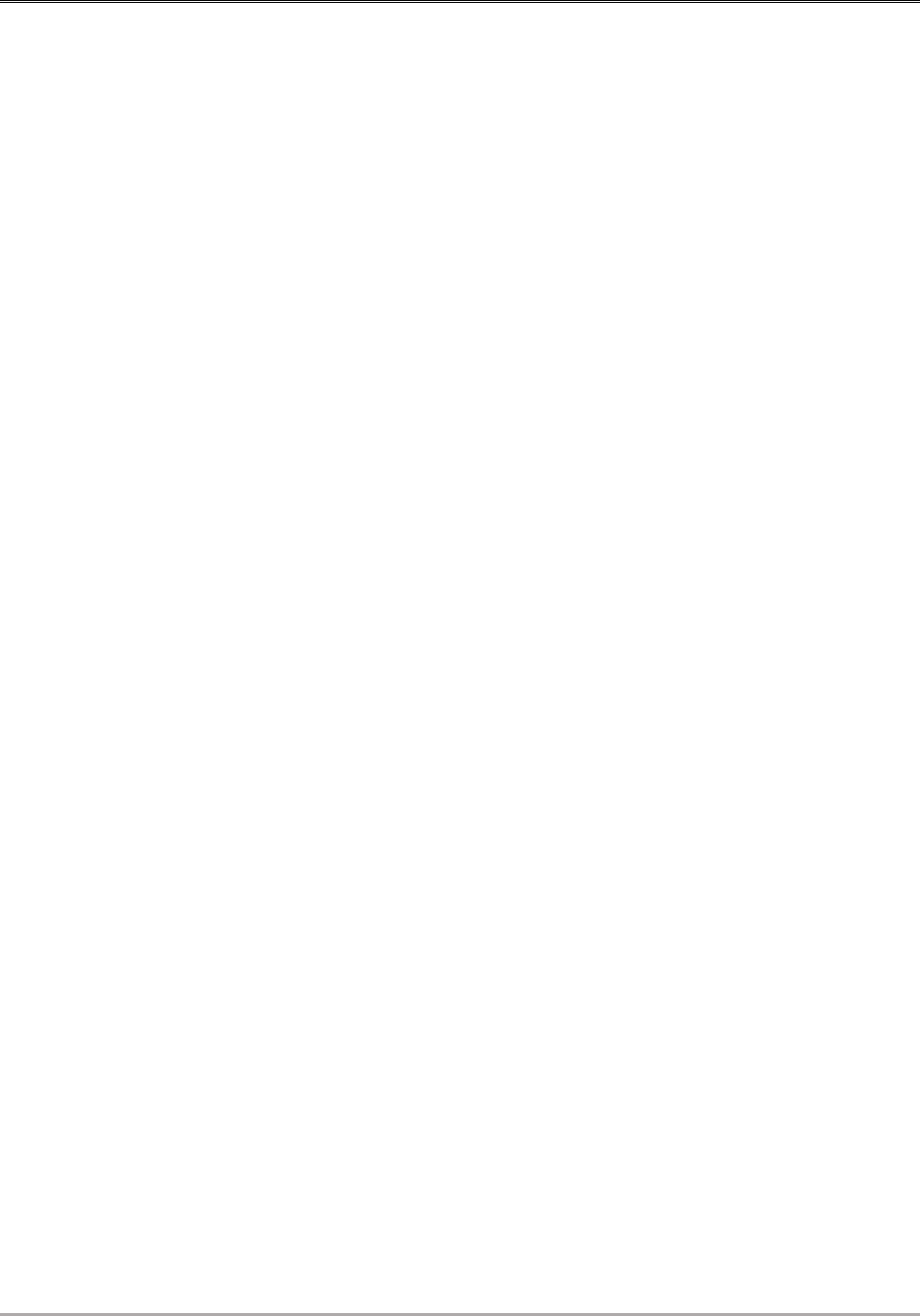
Columbia-Greene Community College 2023-2024 Catalog
138
Human Services (A.S.)
PROGRAM REQUIREMENTS
32 Semester Hours
CE 101 College Experience 1
GN ELE General Elective 9
HS 103 Introduction to Human Services 3
HS 105 Interventions in
Human Services 3
HS 110 Interviewing Techniques 3
HS 212 Community Organizing 3
HS 230 Human Services Internship I 4
SL 110 Cultural Diversity 3
SO 102 Social Problems 3
Minimum Credits 62
SUGGESTED PROGRAM SEQUENCE
1st Semester
CE 101 College Experience 1
EN 101 Composition 3
HS 103 Introduction to Human Services 3
HU ELE Humanities Elective 3
PY 101 General Psychology 3
SO 101 Introduction to Sociology 3
Total 16
2nd Semester
EN 102 Composition and Literature 3
HS 105 Interventions in Human Services 3
HS 110 Interviewing Techniques 3
CD 208 Chemical Dependency
and Addiction
or
SL 205 Trauma and Resilience 3
SL ELE Social Science Elective 3
Total 15
3rd Semester
GN ELE General Elective 3
HS 212 Community Organizing 3
MA 113 Statistics for the
Behavioral Sciences 3
SC ELE Lab Science Elective 3
SL 110 Cultural Diversity 3
Total 15
4th Semester
GN ELE General Elective 6
HS 230 Human Services Internship I 4
HU ELE Humanities Elective 3
SO 102 Social Problems 3
Total 16
** Students must maintain a C average in HS 103, HS 105, and HS 110 in order to enroll in HS 230.
Transfer opportunities include, but are not limited to: Marist College, The College of Saint Rose,
University at Albany-SUNY, SUNY New Paltz, SUNY Oneonta, SUNY Plattsburgh, Adelphi
University, and the Sage Colleges.
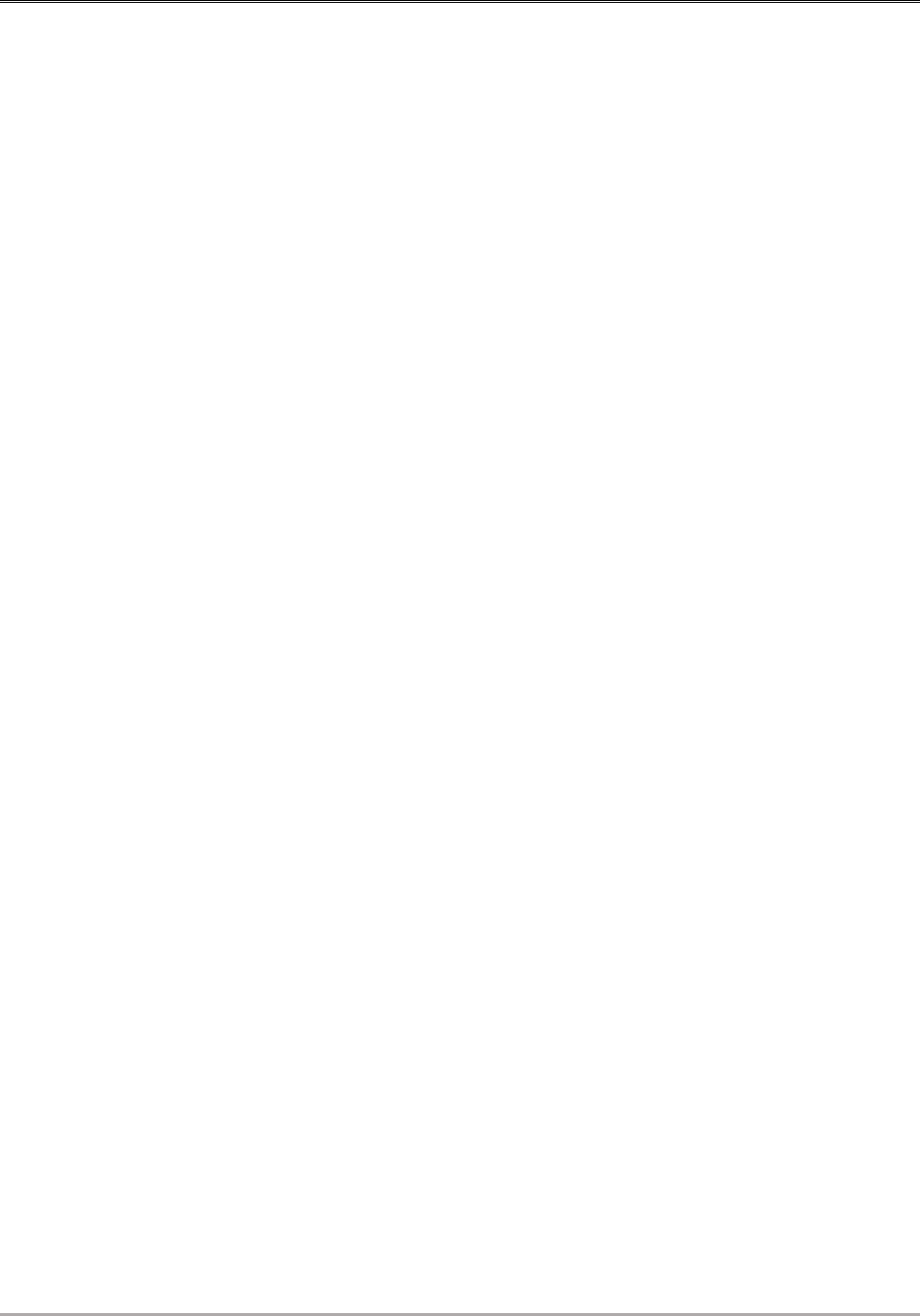
Columbia-Greene Community College 2023-2024 Catalog
139
Individual Studies (A.A.)
Curriculum Code: 0687
Semester Hours Required for Graduation: 61
This program prepares students for transfer to
complete work for a bachelor’s degree in a
variety of areas. The flexible design of this
program offers the ability to customize
courses toward specific academic disciplines
or transfer schools. It is also appropriate for
undecided students, since it allows students to
explore a range of disciplines and conduct
career research before concentrating in a
specific area.
Academic advisement is a critical part of
student success in this program. All Individual
Studies students are advised by full-time
career and transfer faculty advisors.
PROGRAM LEARNING OUTCOMES:
• Acquire oral, written, and creative
communication skills.
• Develop competency in scientific,
quantitative, and technological skills
• Understand the commonalities and
diversity of the human experience, values,
and opinions.
• Understand and use basic research
techniques to perform critical analysis and
synthesize information.
ACADEMIC PREPARATION:
It is highly recommended that the following
criteria be met to begin this program, and it is
REQUIRED by the completion of 24 credits:
12th-grade reading level is required.
Placement test scores must indicate readiness
to begin EN 101-Composition.
Competency in Pre-Algebra or Pre-Statistics
is required.
LIBERAL ARTS REQUIREMENTS
45 Semester Hours
EN 101 Composition 3
EN 102 Composition and Literature 3
HU ELE Humanities Electives 6
HU ELE Humanities Electives
or
SL ELE Social Science Electives 15
MA ELE Mathematics Elective 3
SC ELE Lab Science Elective 3
SL ELE Social Science Electives 12
PROGRAM REQUIREMENTS
16 Semester Hours
CE 101 College Experience 1
GN ELE General Electives 15
Minimum Credits 61
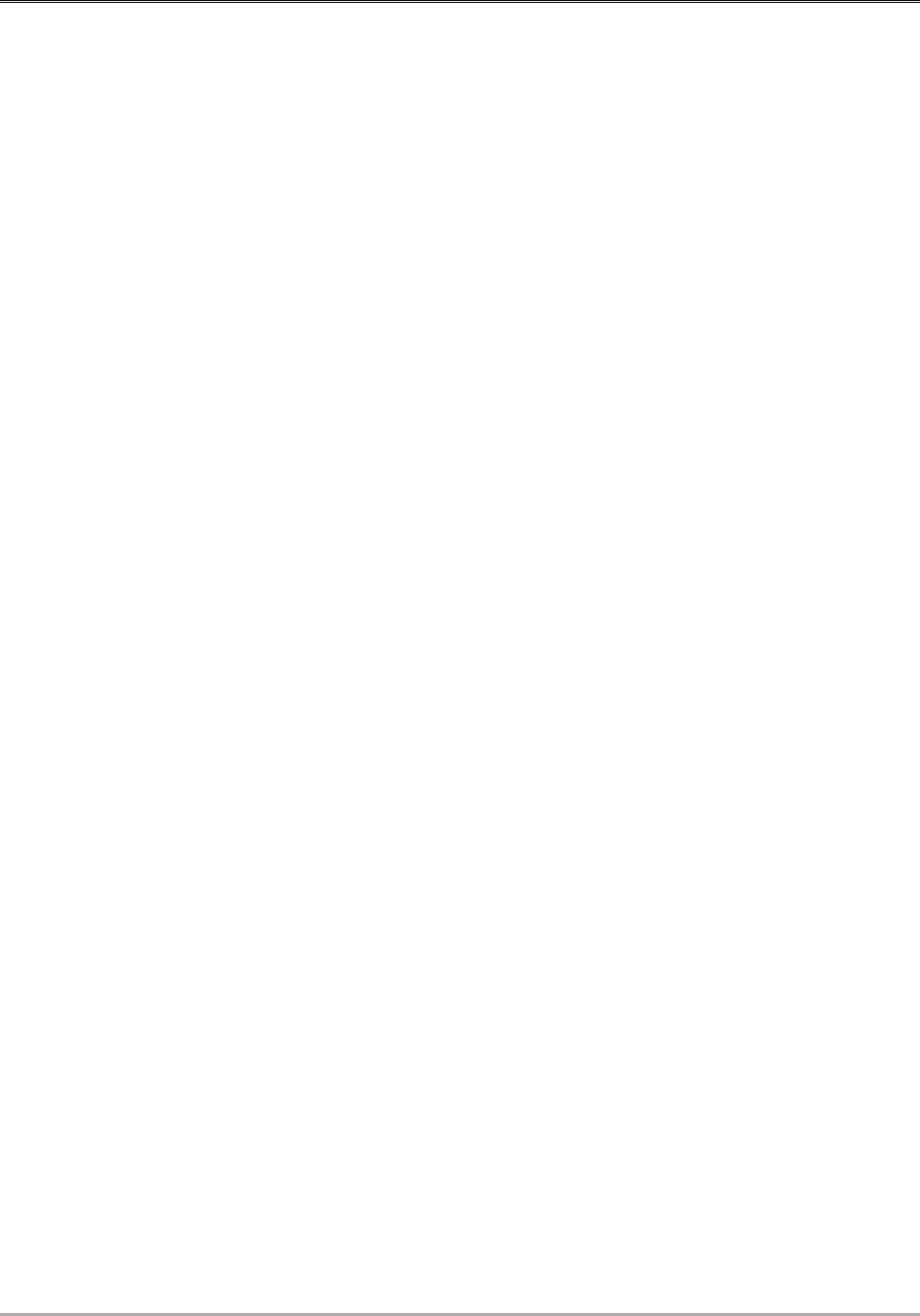
Columbia-Greene Community College 2023-2024 Catalog
140
Individual Studies (A.S.)
Curriculum Code: 0689
Semester Hours Required for Graduation: 61
This program prepares students for transfer to
complete work for a bachelor’s degree in a
variety of areas. The flexible design of this
program offers the ability to customize
courses toward specific academic disciplines
or transfer schools. It is also appropriate for
undecided students, since it allows students to
explore a range of academic disciplines and
conduct career research before concentrating
in a specific area.
Academic advisement is a critical part of
student success in this program. All Individual
Studies students are advised by full-time
career and transfer faculty advisors.
PROGRAM LEARNING OUTCOMES:
• Acquire oral, written, and creative
communication skills.
• Develop competency in scientific,
quantitative, and technological skills
• Understand the commonalities and
diversity of the human experience, values,
and opinions.
• Understand and use basic research
techniques to perform critical analysis and
synthesize information.
ACADEMIC PREPARATION:
It is highly recommended that the following
criteria be met to begin this program, and it is
REQUIRED by the completion of 24 credits:
12th-grade reading level is required.
Placement test scores must indicate readiness
to begin EN 101-Composition.
Competency in Pre-Algebra or Pre-Statistics
is required.
LIBERAL ARTS REQUIREMENTS
30 Semester Hours
EN 101 Composition 3
EN 102 Composition and Literature 3
HU ELE Humanities Electives 6
MA ELE Mathematics Elective 3
SC ELE Lab Science Elective 3
SL ELE Social Science Electives 6
SL ELE Social Science Elective
or
HU ELE Humanities Elective
or
MA ELE Mathematics Elective
or
SC ELE Science Elective 6
PROGRAM REQUIREMENTS
31 Semester Hours
15-credit concentration in one of the
following:
AT/AU Automotive*
or
SL Social Science**
or
BU Business**
or
CS Computer Science
or
MA/SC Math and Science
or
NU Nursing* 15
CE 101 College Experience 1
GN ELE General Electives 15
Minimum Credits 61
*Available only to students previously
matriculated in the program
**Students matriculated in these
concentrations may complete their degree in a
fully online format.
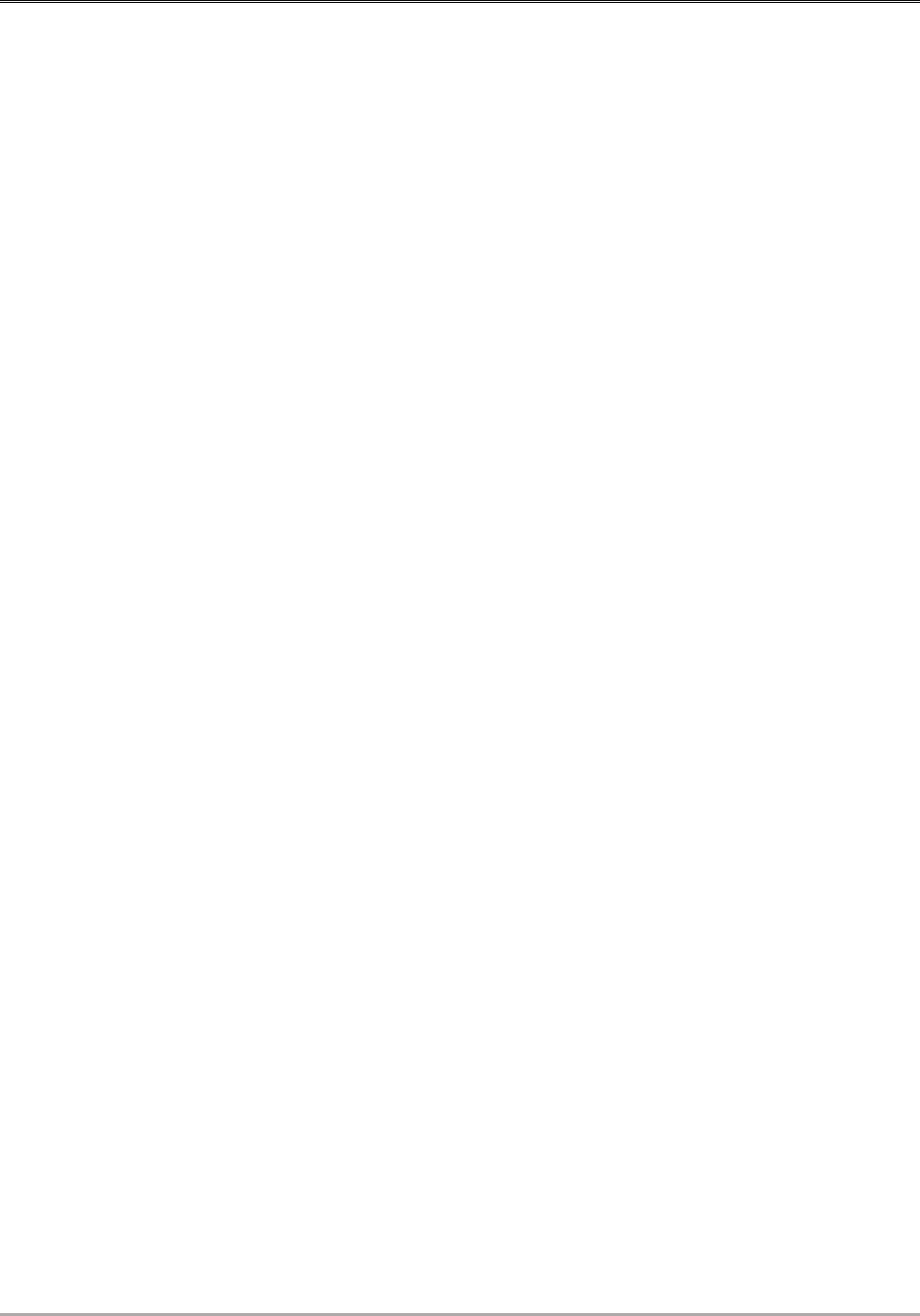
Columbia-Greene Community College 2023-2024 Catalog
141
Individual Studies (A.A.S.)
Curriculum Code: 0688
Semester Hours Required for Graduation: 61
This program offers undecided students the
most flexibility with course selections,
allowing for exploration in a variety of
academic disciplines before deciding upon an
area of concentration. It is also appropriate for
students requiring transitional coursework to
be eligible for his/her preferred degree
program.
Academic advisement is a critical part of
student success in this program. All Individual
Studies students are advised by full-time
career and transfer faculty advisors.
PROGRAM LEARNING OUTCOMES:
• Acquire oral, written, and creative
communication skills.
• Develop competency in scientific,
quantitative, and technological skills
• Understand the commonalities and
diversity of the human experience, values,
and opinions.
• Understand and use basic research
techniques to perform critical analysis and
synthesize information.
ACADEMIC PREPARATION:
It is highly recommended that the following
criteria be met to begin this program, and it is
REQUIRED by the completion of 24 credits:
12th-grade reading level is required.
Placement test scores must indicate readiness
to begin EN 101-Composition.
Competency in mathematics fundamentals is
required: Pre-Algebra or Pre-Statistics is
recommended.
LIBERAL ARTS REQUIREMENTS
21 Semester Hours
EN 101 Composition 3
EN 102 Composition and Literature
or
EN 105 Technical Writing 3
HU ELE Humanities Elective 3
MA ELE Mathematics Elective 3
SC ELE Science Elective 3
SL ELE Social Science Electives 6
PROGRAM REQUIREMENTS
40 Semester Hours
15-credit concentration in one of the following:
AR/HU Arts and Humanities
or
AU Automotive*
or
SL Behavioral and Social Sciences
or
BU Business
or
CS Computer Science
or
MA/SC Math and Science
or
NU Nursing* 15
CS ELE Computer Science Elective
or
CI ELE Computer Information Elective
or
BU ELE Business Elective 3
CE 101 College Experience 1
GN ELE General Electives 18
HU ELE Humanities Elective 3
Minimum Credits 61
*Available only to students previously
matriculated in the program
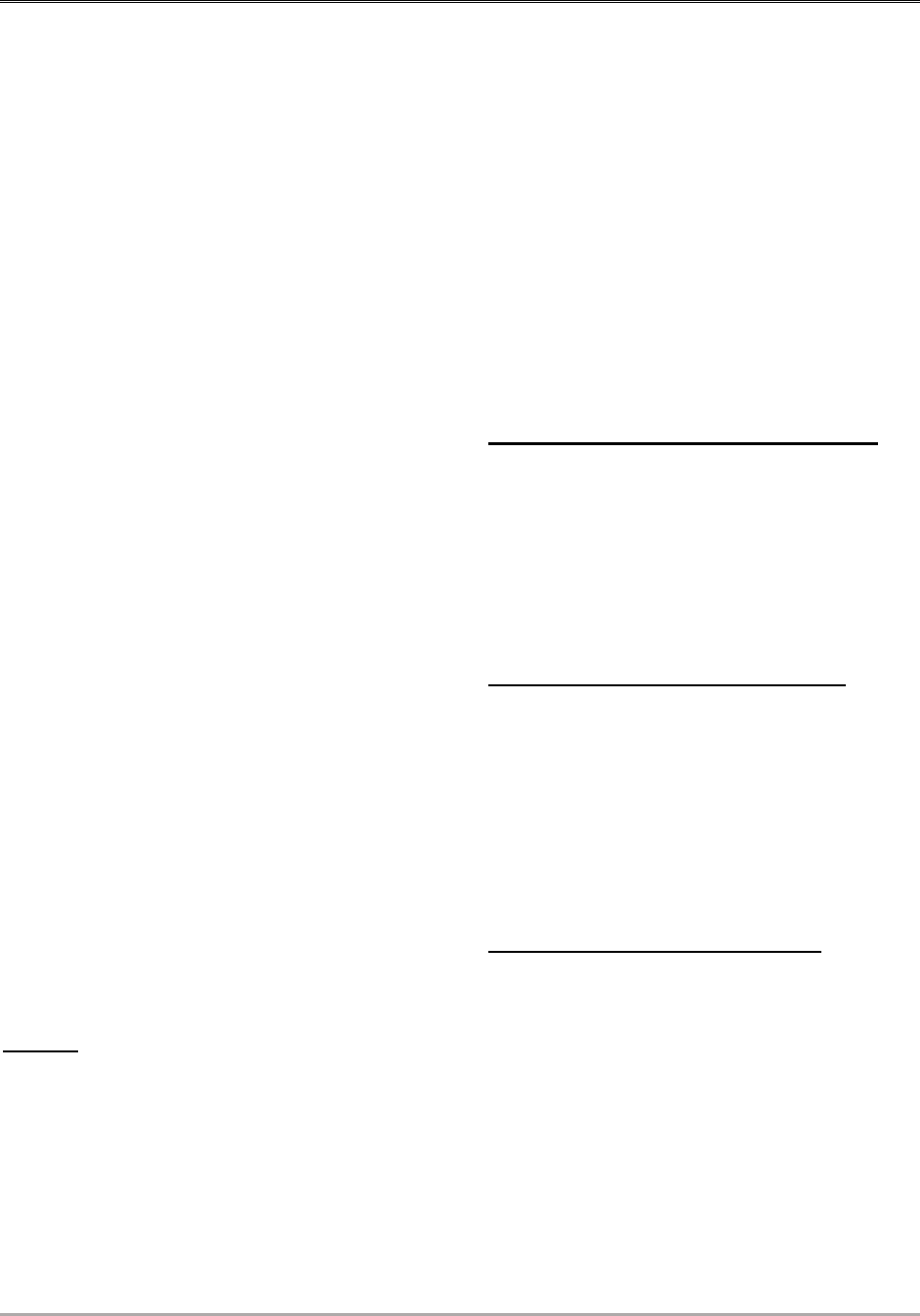
Columbia-Greene Community College 2023-2024 Catalog
142
Individual Studies (A.O.S.)
Automotive Technology Concentration
Business/Accounting Concentration
Computer Science Concentration
Construction Technology Concentration
Police Basic Training Concentration
Curriculum Codes: 0683, 0684, 0685, 0686,
0682
Semester Hours Required for Graduation: 61
PROGRAM GOALS:
An innovative and flexible program that
incorporates a technical concentration, micro-
credentials, and program electives into an
occupational-oriented associate degree, this
program provides specialized study for
students with clearly identified career goals
that cannot be met by another associate degree
program. Academic advisement is critical to
students’ success in this program. All
Individual Studies students are advised by
full-time career and transfer faculty advisors.
The Individual Studies A.O.S. degree will
offer students four distinct 15 credit-hour
concentrations to choose from:
• Automotive Technology (0683)
• Business/Accounting (0684)
• Computer Science (0685)
• Construction Technology (0686)
• Police Basic Training (0682)
PROGRAM LEARNING OUTCOMES:
Overall
• Demonstrate oral and written
communication skills necessary for
successful employment
• Demonstrate critical thinking and
problem-solving skills
• Apply basic mathematical principles
to solve problems
• Demonstrate technical competencies
in Automotive Technology,
Business/Accounting, Computer
Science, or Construction Technology
Automotive Technology Concentration
• Interpret automotive contextual
information to determine appropriate
service actions.
• Clearly establish and outline specific
repair costs to customers.
• Learn to complete automotive repairs
in a courteous and timely manner.
Business/Accounting Concentration
• Demonstrate applications of
accounting principles.
• Demonstrate knowledge of basic
management principles and
implement effective supervisory
techniques.
• Demonstrate effective written and oral
business communication skills.
Computer Science Concentration
• Identify and demonstrate
understanding of computer
terminology.
• Demonstrate ability to troubleshoot
and fix basic hardware installation
issues.
• Demonstrate knowledge of computer
networks including network hardware,
software and architecture.
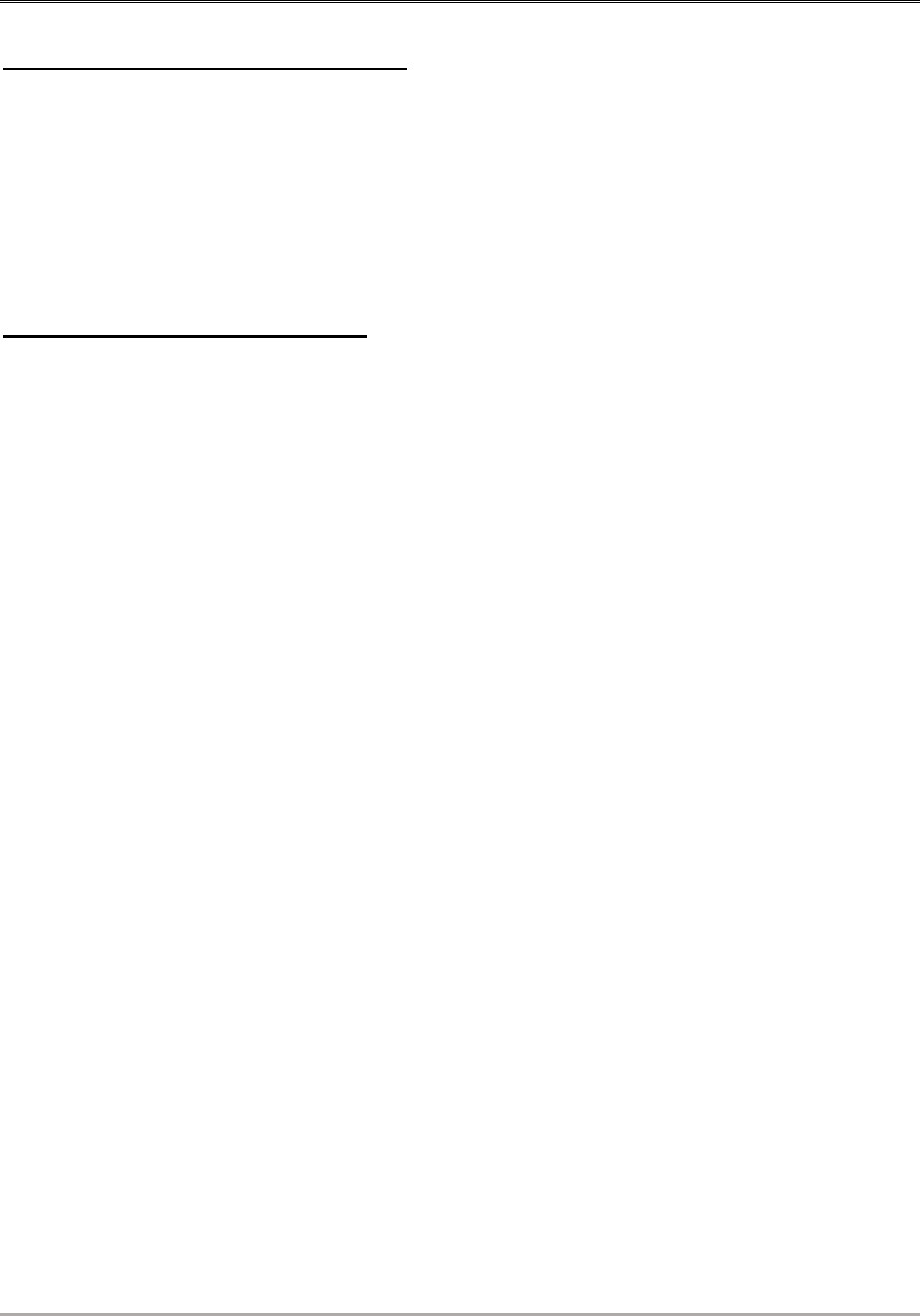
Columbia-Greene Community College 2023-2024 Catalog
143
Construction Technology Concentration
• Perform calculations and
measurements required to complete
carpentry projects.
• Use hand and power tools safely and
effectively.
• Perform general carpentry skills to
complete, restore or repair a
residential structure.
Police Basic Training Concentration
• Demonstrate proficiency in the core
competencies required of police
officers in New York.
• Apply the laws police officers utilize
and are governed by in the
performance of their duties.
• Exhibit the skills required of police
officers to effectively communicate
and interact with the communities they
serve.
ACADEMIC PREPARATION:
It is highly recommended that the following
criteria be met to begin this program, and it is
REQUIRED by the completion of 24 credits:
12th-grade reading level is required.
Placement test scores must indicate readiness
to begin EN 101-Composition.
Competency in mathematics fundamentals is
required: Pre-Algebra or Pre-Statistics is
recommended.
LIBERAL ARTS REQUIREMENTS
12 Semester Hours
EN 101 Composition 3
MA 103 Business Mathematics 3
PY ELE Psychology Elective(s)
or
EC ELE Economics Elective(s) 6*
PROGRAM REQUIREMENTS
49 Semester Hours
15-credit concentration in one of the following:
AU Automotive Technology
or
BU Business/Accounting
or
CS Computer Science
or
CC Construction Technology
or
LE Police Basic Training 15
CE 101 College Experience 1
GN ELE General Electives 33
Minimum Credits 61
*For the Police Basic Training program only,
6 credit hours of SL electives may be used.
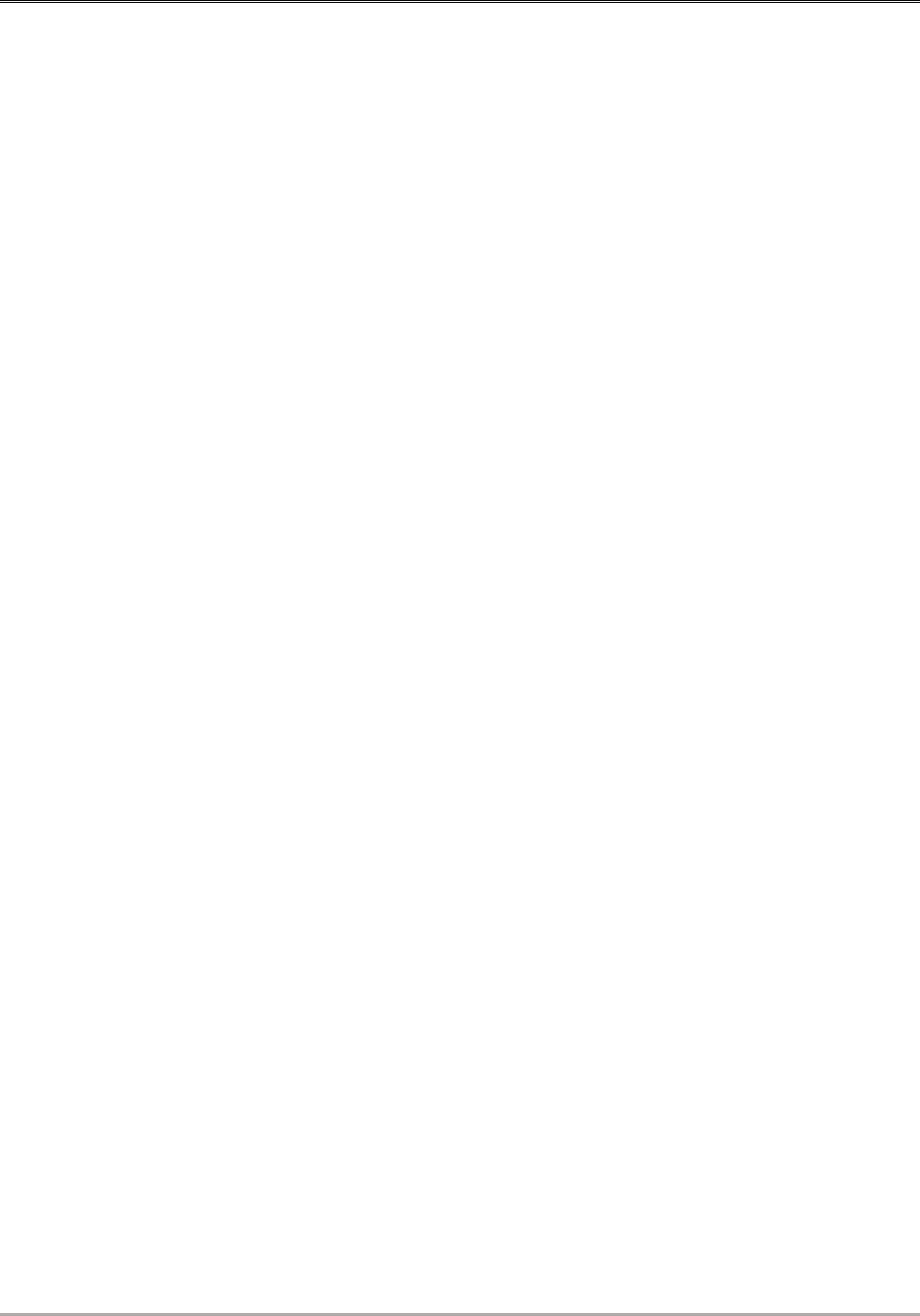
Columbia-Greene Community College 2023-2024 Catalog
144
Liberal Arts and Science–Humanities (A.A.)
Curriculum Code: 0201
Semester Hours Required for Graduation: 61
PROGRAM GOALS:
This program prepares students for transfer to
complete work for a bachelor’s degree in
Liberal Arts and is suggested for students
seeking to prepare for elementary or
secondary education. With proper selection of
electives, students can prepare for further
study in specific academic disciplines such as
English, foreign languages, humanistic
studies, as well as career-related programs in
speech and theater, education, journalism,
communication and media arts.
PROGRAM LEARNING OUTCOMES:
• Demonstrate the ability to analyze and
interpret literature.
• Demonstrate comprehension of
communication barriers and ways to
improve communication and/or
demonstrate ability to think critically
about the media in historic and current
contexts.
• Demonstrate knowledge of the
development and distinctive features in
the history, economy, society, culture, etc.
of Western civilization or American
civilization.
• Demonstrate knowledge of either a broad
outline of world history, or the distinctive
features of the history, economy, society,
culture, etc. of a non-Western Civilization.
• Show understanding of at least one
principal form of artistic expression and
the creative process inherent therein.
• Produce written material that
demonstrates abilities to conduct research,
develop an argument, and organize
supporting details.
ACADEMIC PREPARATION:
It is highly recommended that the following
criteria be met to begin this program, and it is
REQUIRED by the completion of 24 credits:
12th-grade reading level is required.
Placement test scores must indicate readiness
to begin EN 101-Composition.
Competency in Pre-Algebra or Pre-Statistics
is required.
LIBERAL ARTS REQUIREMENTS
45 Semester Hours
EN 101 Composition 3
EN 102 Composition and Literature 3
HI ELE History Elective 3
HU ELE Humanities Electives 21
MA ELE Mathematics Elective 3
SC ELE Lab Science Elective 3
SL ELE Social Science Elective 9
PROGRAM REQUIREMENTS
16 Semester Hours
CE 101 College Experience 1
GN ELE General Electives 15
Minimum Credits 61
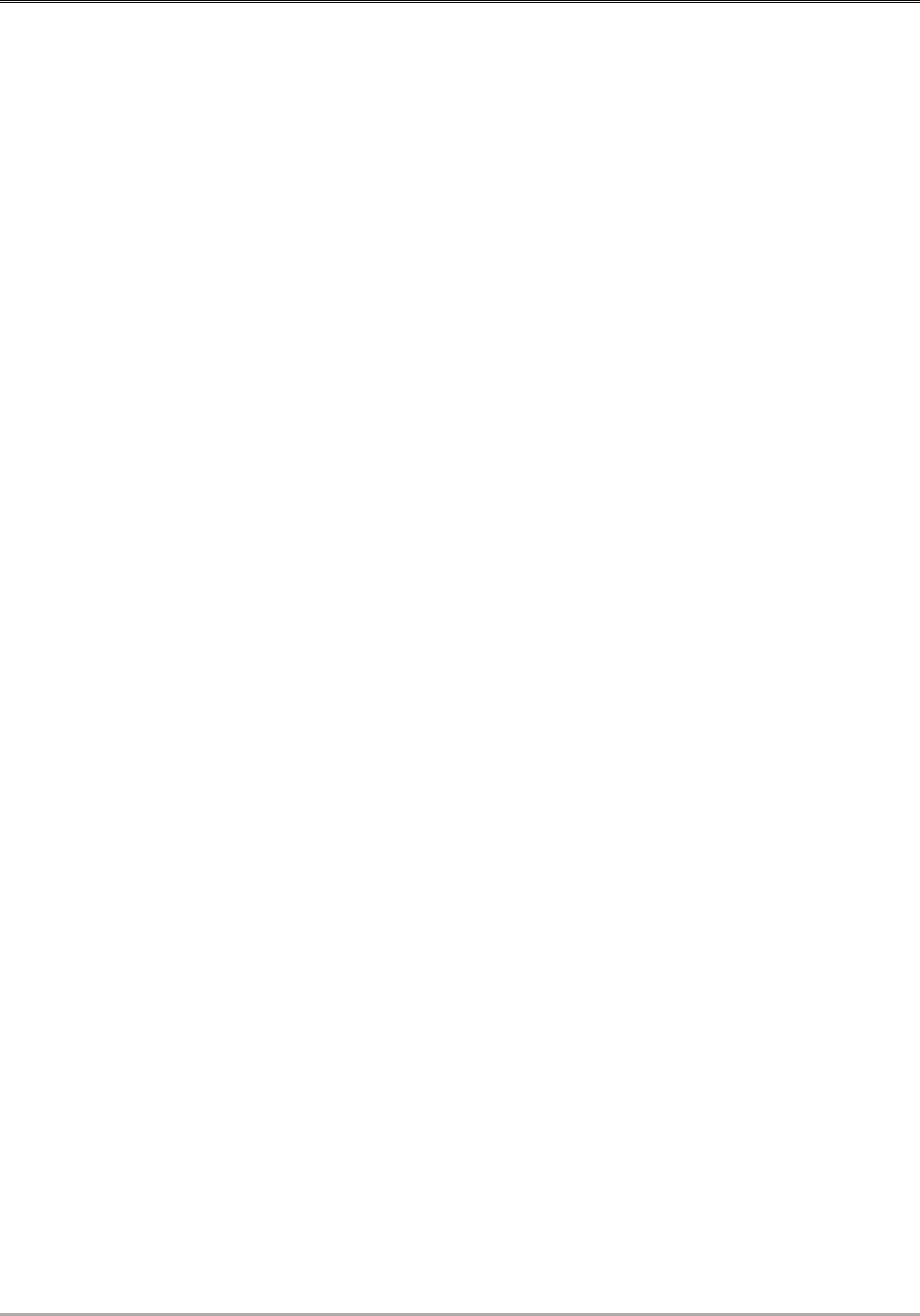
Columbia-Greene Community College 2023-2024 Catalog
145
Liberal Arts and Science–Humanities (A.A.)
SUGGESTED PROGRAM SEQUENCE
1st Semester
CE 101 College Experience 1
EN 101 Composition 3
HU ELE Humanities Elective 6
MA ELE Mathematics Elective 3
SL ELE Social Science Electives 3
Total 16
2nd Semester
HU ELE Humanities Elective 3
EN 102 Composition and Literature 3
HI ELE History Elective 3
SC ELE Lab Science Elective 3
SL ELE Social Science Elective 3
Total 15
3rd Semester
GN ELE General Elective 6
HU ELE Humanities Elective 6
SL ELE Social Science Elective 3
Total 15
4th Semester
GN ELE General Electives 9
HU ELE Humanities Electives 6
Total 15
Transfer opportunities include but are not limited to: University at Albany-SUNY, SUNY New
Paltz, SUNY Plattsburgh, SUNY Oneonta, SUNY Cortland, SUNY Brockport, Emerson College,
Marist College, The College of Saint Rose, Southern California College, Gordon College, and
Russell Sage.
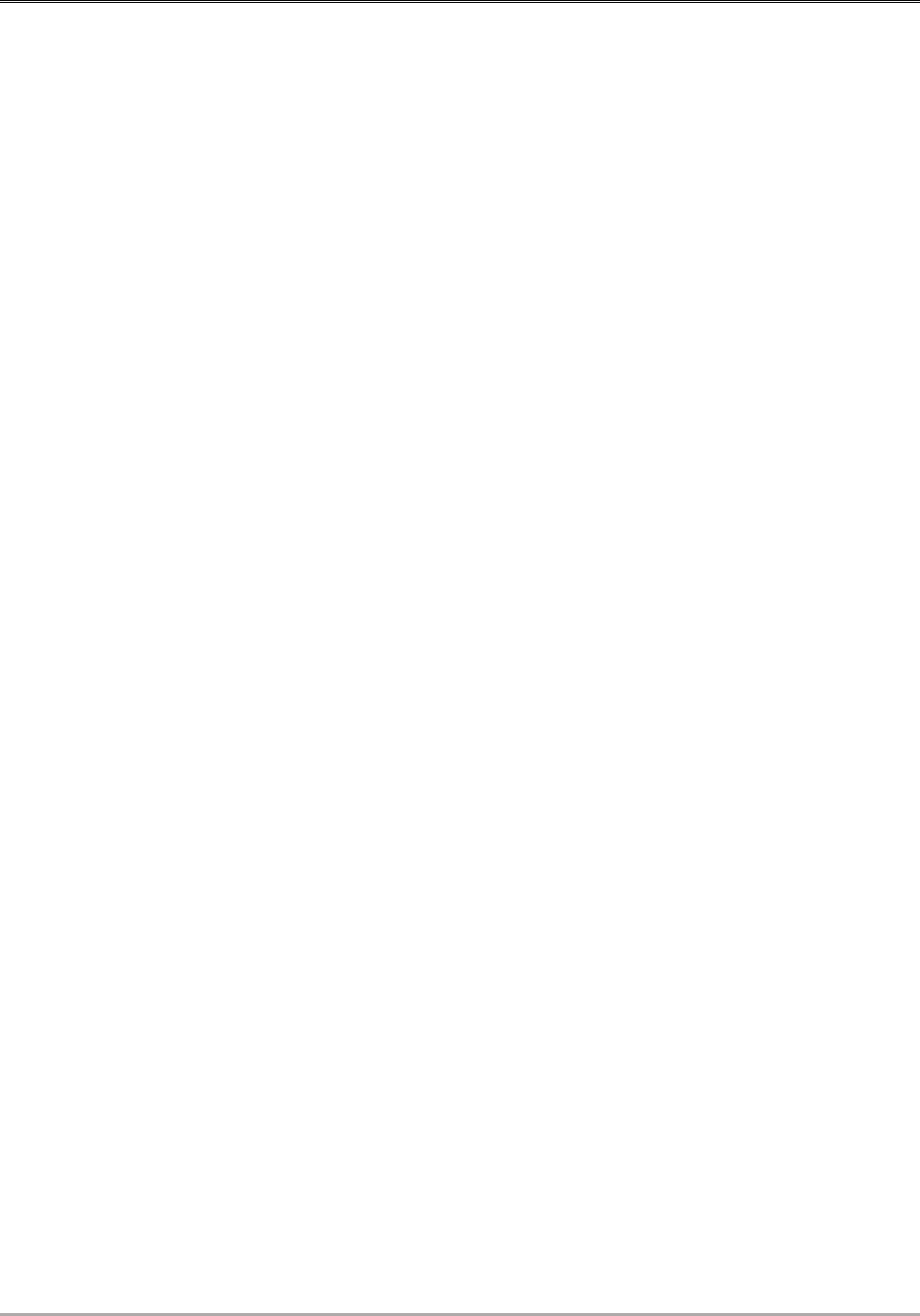
Columbia-Greene Community College 2023-2024 Catalog
146
Liberal Arts and Science–Humanities (A.A.)
Communication Concentration
Curriculum Code: 0203
Semester Hours Required for Graduation: 61
PROGRAM GOALS:
The Communication concentration provides a
transfer pathway for students seeking a
bachelor’s degree in a variety of communications
specialties, such as human communication,
organizational communication, and public
relations. This concentration combines required
general education courses, institutional degree
requirements, and strong transfer-based
communication courses.
PROGRAM LEARNING OUTCOMES:
• Differentiate between various
communication settings and determine
methods for improving efficacy within
each.
• Analyze and evaluate messages within
various communication contexts to
determine credibility, effectiveness, and
appropriateness.
• Construct and deliver effective messages
that are appropriate to the audience,
purpose, and context.
ACADEMIC PREPARATION:
It is highly recommended that the following
criteria be met to begin this program, and it is
REQUIRED by the completion of 24 credits:
12th-grade reading level is required.
Placement test scores must indicate readiness
to begin EN 101-Composition.
Competency in Pre-Algebra or Pre-Statistics
is required.
LIBERAL ARTS REQUIREMENTS
45 Semester Hours
EN 101 Composition 3
EN 102 Composition and Literature 3
HI ELE History Elective 3
CO 102 Interpersonal Communications* 3
CO 104 Public Communication* 3
CO 120 Foundations of Contemporary
Communication* 3
CO 122 Social Media for Professional Use 3
CO 205 Intercultural Communication 3
CO 207 Media and Society* 3
EN English Writing Elective 3
MA ELE Math Elective 3
SC ELE Lab Science Elective 3
PY 101 General Psychology 3
SL ELE Social Science Electives 6
PROGRAM REQUIREMENTS
16 Semester Hours
CE 101 College Experience 1
GN ELE General Electives** 15
*Meet SUNY Transfer Path: Communication
**General Electives based on advisement.
Additional GER's and courses that fulfill
specific transfer requirements. Additional
writing courses recommended.
Minimum Credits 61
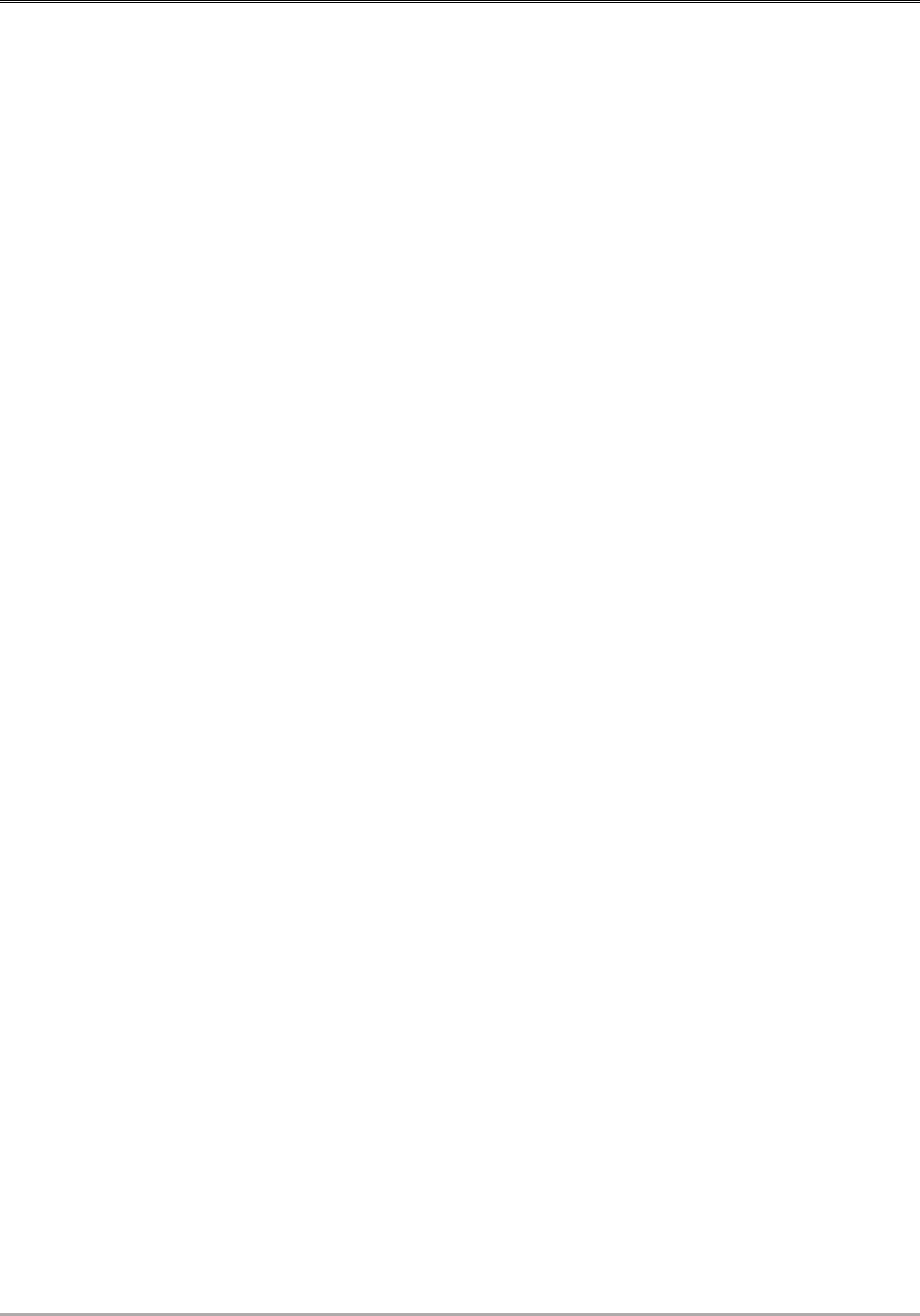
Columbia-Greene Community College 2023-2024 Catalog
147
Liberal Arts and Science–Humanities (A.A.)
Communication Concentration
1st Semester
CE 101 College Experience 1
CO 102 Interpersonal Comm. 3
CO 104 Public Communication 3
EN 101 Composition 3
MA ELE Math Elective 3
PY 101 General Psychology 3
Total 16
2nd Semester
CO 120 Found. Cont. Comm. 3
EN 102 Composition & Literature 3
HI ELE History Elective 3
SC ELE Lab Science Elective 3
SL ELE Social Science Elective 3
Total 15
3rd Semester
CO 122 Soc. Media Prof. Use 3
CO 205 Intercultural Comm. 3
GN ELE General Electives 6
SL ELE Social Science Elective 3
Total 15
4th Semester
CO 207 Media and Society 3
EN ELE English Writing Elective 3
GN ELE General Electives 9
Total 15
The Communication Concentration provides exceptional transfer possibilities to public and private
colleges in-state and nationwide. Transfer opportunities include but are not limited to: University
at Albany-SUNY, SUNY New Paltz, SUNY Oneonta, SUNY Oswego, SUNY Buffalo State,
SUNY Plattsburgh, The College of St. Rose, Marist College, Sage College and Siena College.
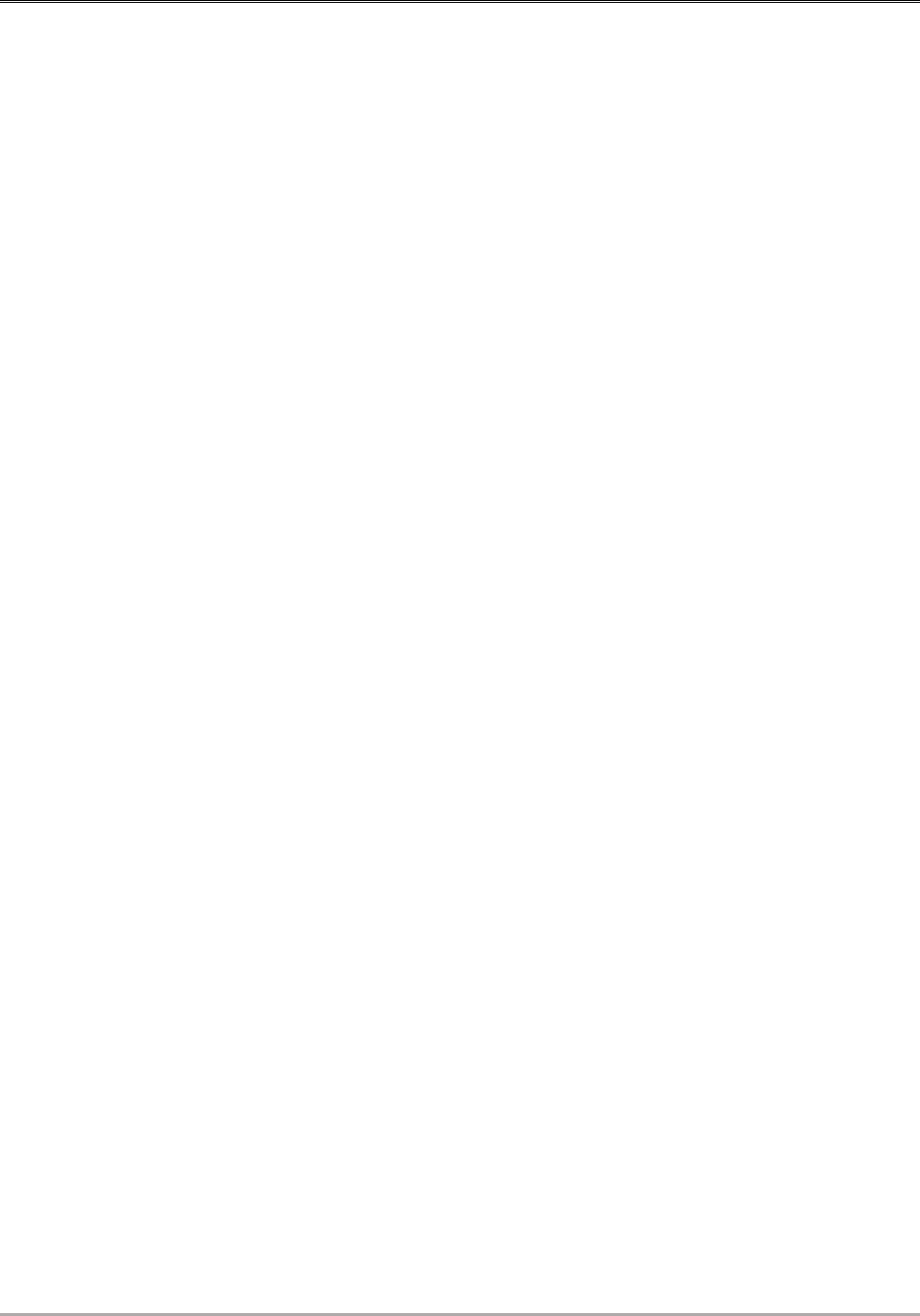
Columbia-Greene Community College 2023-2024 Catalog
148
Liberal Arts and Science – Mathematics/Science (A.S.)
Curriculum Code: 0645
Semester Hours Required for Graduation: 61
PROGRAM GOALS:
This program prepares students for transfer to
complete work for a bachelor’s degree in
mathematics, science, and related fields, such
as engineering, medicine, chiropractic,
physical therapy, and laboratory technology.
Columbia-Greene maintains transfer
agreements with many four-year colleges,
which may apply to graduates of this program.
Students should work closely with their
academic advisor to determine an overall
course sequence and choice of electives to
help ensure articulation with a specific
transfer college.
PROGRAM LEARNING OUTCOMES:
• Demonstrate the knowledge and
application of technology supporting
mathematical and scientific concepts.
• Demonstrate the ability to construct and
interpret graphs, tables, and schematics.
• Articulate observations using
mathematical and scientific terminology.
• Apply mathematical models and the
scientific method to analyze and solve
concrete problems.
ACADEMIC PREPARATION:
It is highly recommended that the following
criteria be met to begin this program, and it is
REQUIRED by the completion of 24 credits:
12th-grade reading level is required.
Placement test scores must indicate readiness
to begin EN 101-Composition.
Competency in Pre-Algebra or Pre-Statistics
is required.
High School Regents-level science courses in
Biology, Chemistry and/or Physics are highly
recommended.
LIBERAL ARTS REQUIREMENTS
30 Semester Hours
EN 101 Composition 3
EN 102 Composition and Literature 3
HU ELE Humanities Elective
or
SL ELE Social Science Elective 3
MA ELE Mathematics Electives 7
SC ELE Lab Science Electives 8
SL ELE Social Science Electives 6
PROGRAM REQUIREMENTS
31 Semester Hours
CE 101 College Experience 1
GN ELE General Electives 15
MA ELE Mathematics Electives
or
SC ELE Lab Science Electives 8
SC ELE Lab Science Electives 7
Minimum Credits 61
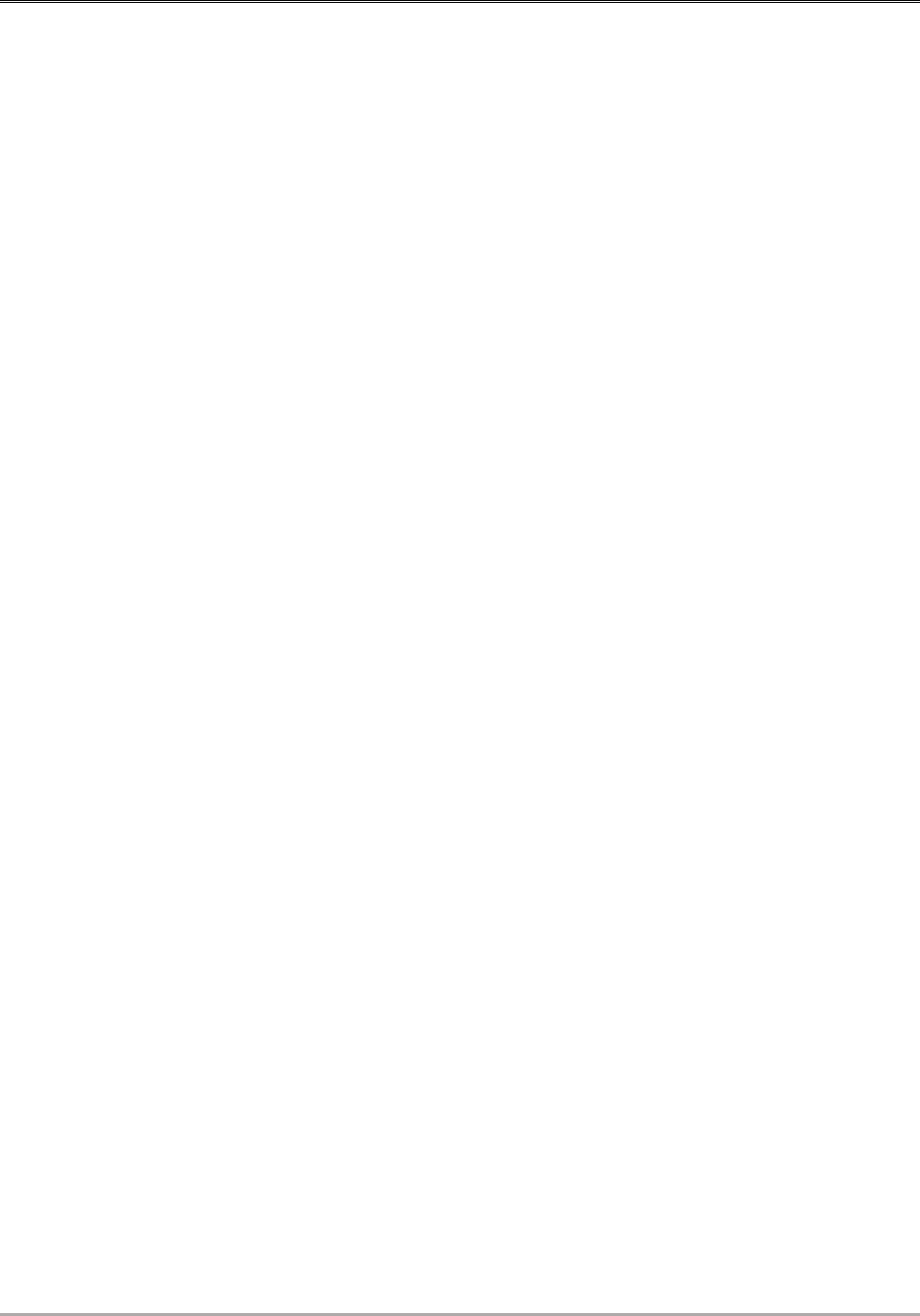
Columbia-Greene Community College 2023-2024 Catalog
149
Liberal Arts and Science – Mathematics/Science (A.S.)
SUGGESTED PROGRAM SEQUENCE
1st Semester
CE 101 College Experience 1
GN ELE General Elective 3
EN 101 Composition 3
MA ELE Mathematics Elective 3
SC ELE Lab Science Elective 4
Total 14
2nd Semester
EN 102 Composition and Literature 3
HU ELE Humanities Elective
or
SL ELE Social Science Elective 3
MA ELE Mathematics Elective 4
SC ELE Lab Science Elective 4
Total 14
3rd Semester
GN ELE General Electives 6
MA ELE Mathematics Elective
or
SC ELE Lab Science Elective 4
SC ELE Lab Science Elective 3
SL ELE Social Science Elective 3
Total 16
4th Semester
GN ELE General Electives 6
SC ELE Lab Science Elective 4
SL ELE Social Science Elective 3
MA ELE Mathematics Elective
or
SC ELE Lab Science Elective 4
Total 17
Transfer opportunities include but are not limited to: University at Albany-SUNY, College of Saint
Rose, Siena College, SUNY New Paltz, Clarkson University, SUNY Stonybrook, SUNY College
of Environmental Science and Forestry, SUNY Plattsburgh, Rensselaer Polytechnic Institute,
Albany College of Pharmacy, SUNY Oneonta, SUNY Oswego.
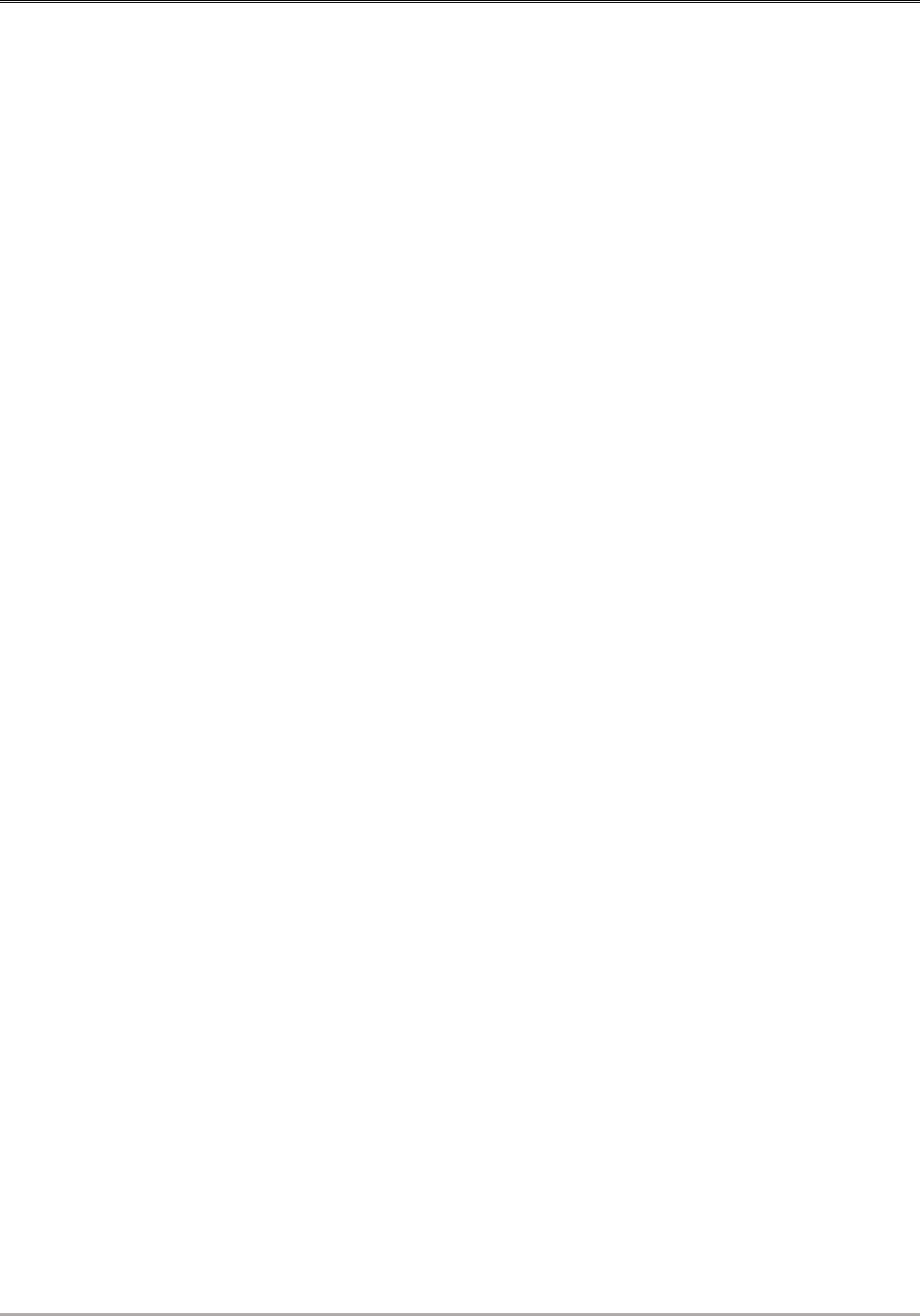
Columbia-Greene Community College 2023-2024 Catalog
150
Liberal Arts and Science – Mathematics/Science (A.S.)
Health Concentrations
If you care deeply about the health and
welfare of others, are science oriented and
seek excellent employment opportunities, a
health science career may be the path for you.
Within the Liberal Arts and Science –
Mathematics/Science – Health Science
Concentrations are available in:
• Health Science (0646)
• Chiropractic Medicine (0647)
• Medical Imaging/X-ray or Ultrasound
(0648)
• Physical Therapy (0651)
• Occupational Therapy (0649)
• Pharmacy (0650)
• Physician Assistant (0652)
These concentrations are designed to provide
maximum transferability to Upstate Medical
University, New York Chiropractic College,
the University of Buffalo and Sage College.
Other health career transfer options are
available. Please see your academic advisor
for details.
PROGRAM GOALS:
These concentrations prepare students for
transfer into a variety of health science
bachelor’s degree programs. Specific courses
for each health science option are outlined
along with general career information
regarding each health science specialty.
Intensive advisement is provided to help
students make smart, reality-based transfer
and career decisions.
PROGRAM LEARNING OUTCOMES:
Effectively use basic scientific equipment
Demonstrate the knowledge and application
of technology supporting mathematical and
scientific concepts
Articulate observations using mathematical
and scientific terminology
Understand and integrate basic scientific
principles and how these principles relate to
health care careers
Demonstrate the foundational ability in
science, math and social sciences to be a
competitive transfer student in a variety of
Health Science bachelor’s program
ACADEMIC PREPARATION:
It is highly recommended that the following
criteria be met to begin this program, and it is
REQUIRED by the completion of 24 credits:
12th grade reading level is required.
Placement test scores must indicate readiness
to begin EN 101 Composition.
Competency in Pre-Algebra or Pre-Statistics
is required.
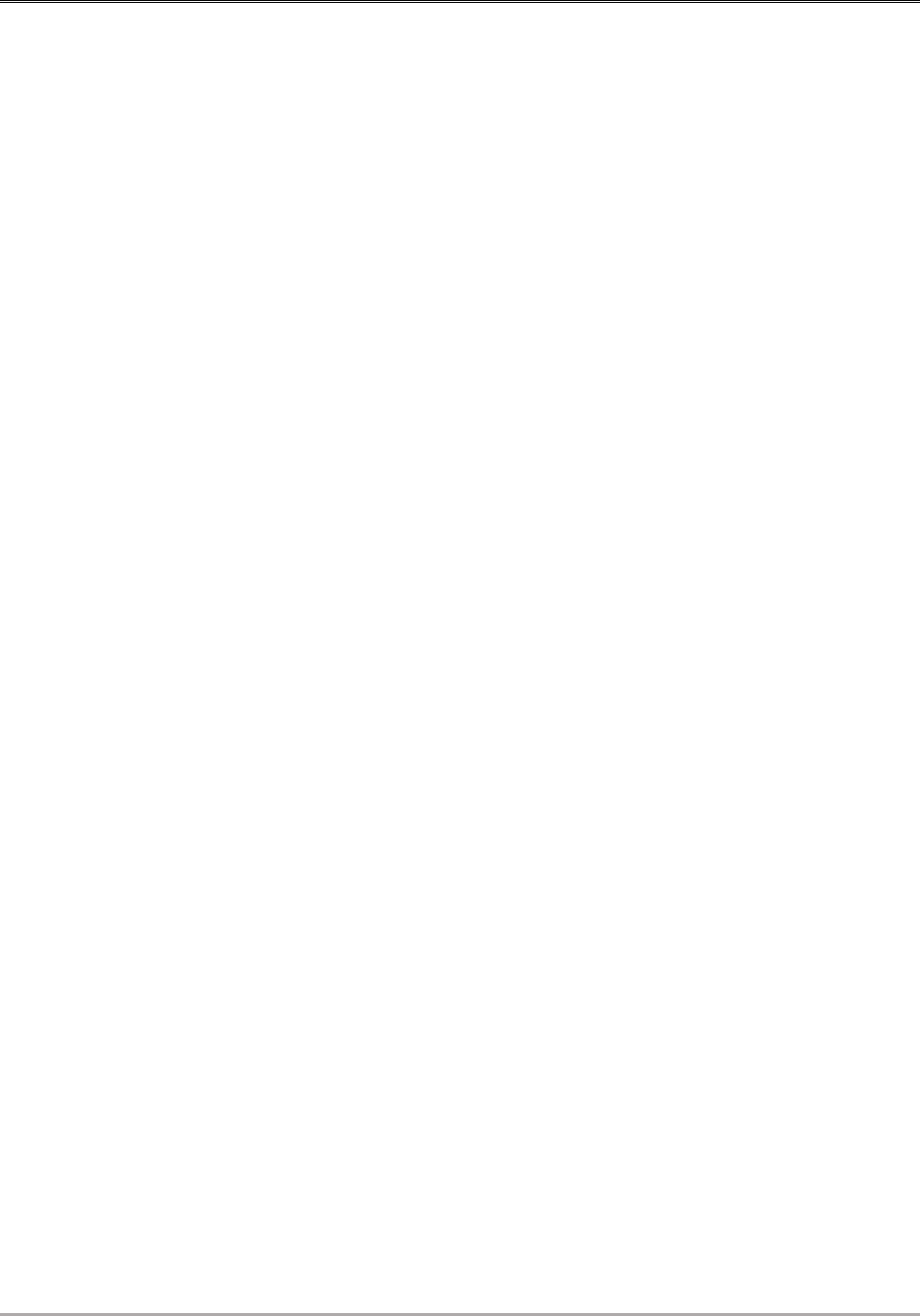
Columbia-Greene Community College 2023-2024 Catalog
151
Liberal Arts and Science – Mathematics/Science (A.S.)
Health Sciences Concentration
Curriculum Code: 0646
Semester Hours Required for Graduation: 61
People who succeed at health sciences are
interested in studying biology, human
anatomy, chemistry and the physical sciences.
This general program can be customized to
provide a strong transfer for pre-medical, pre-
dental, pre-veterinary medicine, optometry or
podiatry. Although there is a high degree of
uniformity among the various health
professions, some variation in requirements
does occur. These variations will be identified
by your academic advisor and your program
will be individually customized.
LIBERAL ARTS REQUIREMENTS
30 Semester Hours
EN 101 Composition 3
EN 102 Composition & Literature 3
HU ELE Humanities Elective
OR
SL ELE Social Science Elective 3
MA 102 Statistics 3
MA 110 College Algebra or higher* 4
BI 130 Anatomy & Physiology I 4
BI 131 Anatomy & Physiology II 4
PY 101 General Psychology 3
PY ELE Psychology Elective 3
PROGRAM REQUIREMENTS
31 Semester Hours
CE 101 College Experience 1
GN ELE General Electives 9
HI 101 Western Civilizations
13,000 BCE to 1517 CE
OR
HI 102 Western Civilizations
1517 to Present 3
HI 103 U.S. History 1492-1865
or
HI 104 U.S. History 1865-Present 3
CH 101 General Chemistry I 4
CH 102 General Chemistry II 4
SC ELE Lab Science Elective 3
PX 101 College Physics I 4
Minimum Credits 61
*NOTE: MA 110, MA 111, MA 117, MA 122
OR MA 123 may be taken to fulfill this
requirement
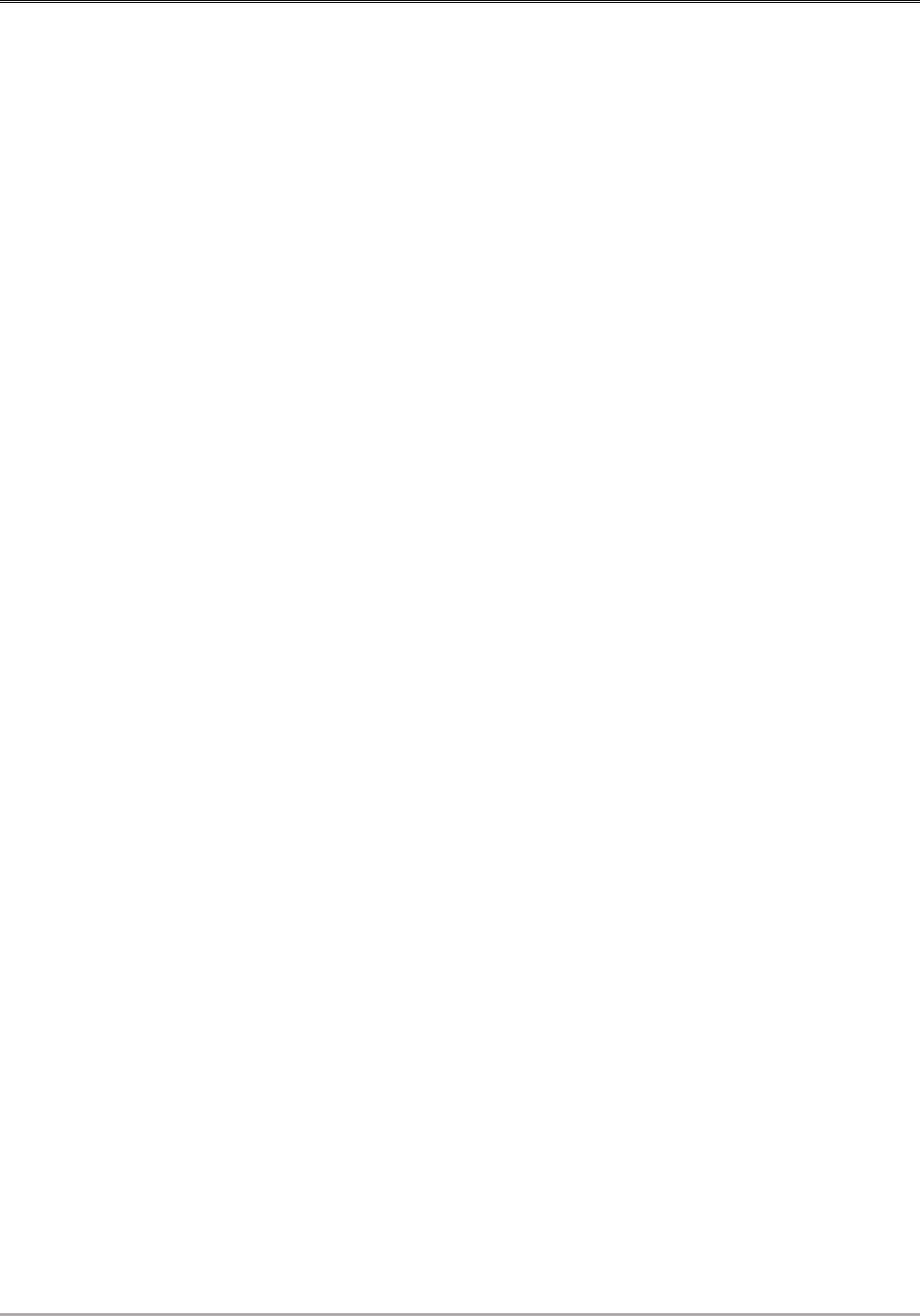
Columbia-Greene Community College 2023-2024 Catalog
152
Liberal Arts and Science – Mathematics/Science (A.S.)
Health Sciences Concentration
SUGGESTED PROGRAM SEQUENCE
1st Semester
CE 101 College Experience 1
EN 101 Composition 3
MA 102 Statistics 3
BI 130 Anatomy & Physiology I 4
HI 101 Western Civilizations
13,000 BCE to 1517 CE
OR
HI 102 Western Civilizations
1517 to Present 3
Total 14
2nd Semester
EN 102 Composition & Literature 3
PY 101 General Psychology 3
BI 131 Anatomy & Physiology 4
MA 110 College Algebra or higher 4
HI 103 U.S. History 1492-1865
or
HI 104 U.S. History 1865-Present 3
Total 17
3rd Semester
GN ELE General Elective 3
CH 101 General Chemistry I 4
PY ELE Psychology Elective 3
PX 101 College Physics I 4
Total 14
4th Semester
GN ELE General Electives 6
HU ELE Humanities Elective
or
SL ELE Social Science Elective 3
CH 102 General Chemistry II 4
SC ELE Lab Science Elective 3
Total 16
See your academic advisor for more details and additional transfer options
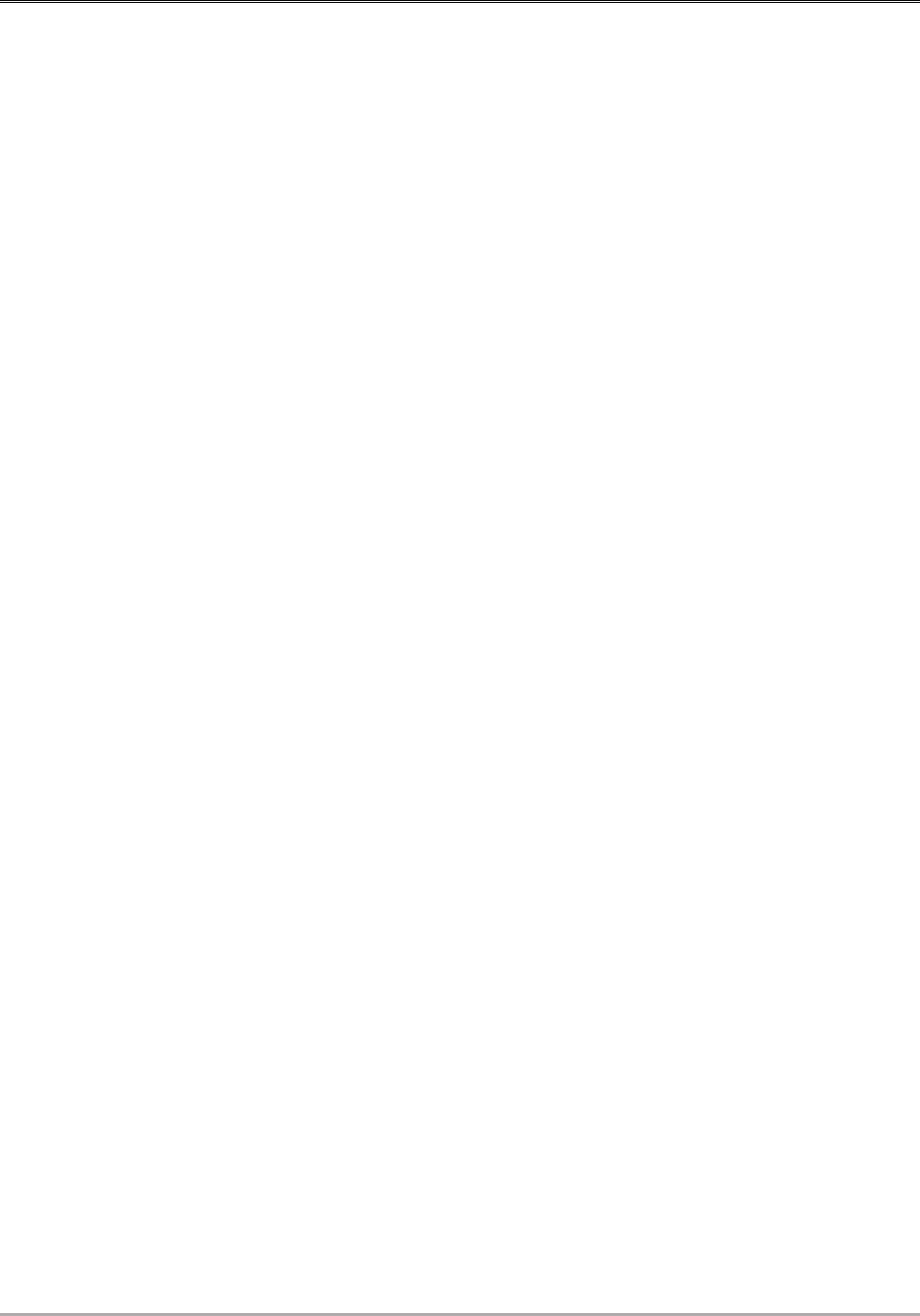
Columbia-Greene Community College 2023-2024 Catalog
153
Liberal Arts and Science – Mathematics/Science (A.S.)
Chiropractic Medicine Concentration
Curriculum Code: 0647
Semester Hours Required for Graduation: 61
People who succeed at chiropractic studies are
interested in how the spine or vertebrae
dysfunction alter many important body
functions by affecting its nervous system.
That skeletal imbalance through joint or
articular dysfunction, especially in the spine,
can cause pain.
Chiropractors are involved in the diagnosis,
treatment, and prevention of disorders of the
neuromusculoskeletal system and the effects
these disorders have on general health.
Chiropractors use manual manipulation of
joints and soft tissues to improve patient
function and overall health.
This concentration is designed for transfer to
the New York Chiropractic College (NYCC).
Admission to NYCC requires a total of 90
credits. The 90 credits must include the Core
Course Entrance Requirement credits from
the 61 credits listed below; the remaining 29
credits may be obtained at Columbia-Greene
Community College or another academic
institution. NYCC typically will accept the 29
remaining credits from a wide range of
courses. The Doctor of Chiropractic degree at
NYCC requires a minimum of ten 15-week
trimesters of full-time resident study,
including a clinical internship. Students are
admitted to NYCC on a fall rotation.
LIBERAL ARTS REQUIREMENTS
30 Semester Hours
EN 101 Composition 3
EN 102 Composition & Literature 3
HU ELE Humanities Elective
OR
SL ELE Social Science Elective 3
MA 102 Statistics 3
MA 110 College Algebra or higher* 4
BI 130 Anatomy & Physiology I 4
BI 131 Anatomy & Physiology II 4
PY 101 General Psychology 3
PY ELE Psychology Elective 3
PROGRAM REQUIREMENTS
31 Semester Hours
CE 101 College Experience 1
GN ELE General Electives 8
HI 101 Western Civilizations
13,000 BCE to 1517 CE
OR
HI 102 Western Civilizations
1517 to Present 3
HI 103 U.S. History 1492-1865
or
HI 104 U.S. History 1865-Present 3
CH 101 General Chemistry I 4
CH 102 General Chemistry II 4
PX 101 College Physics I 4
PX 102 College Physics II 4
Minimum Credits 61
*NOTE: MA 110, MA 111, MA 117, MA 122
OR MA 123 may be taken to fulfill this
requirement
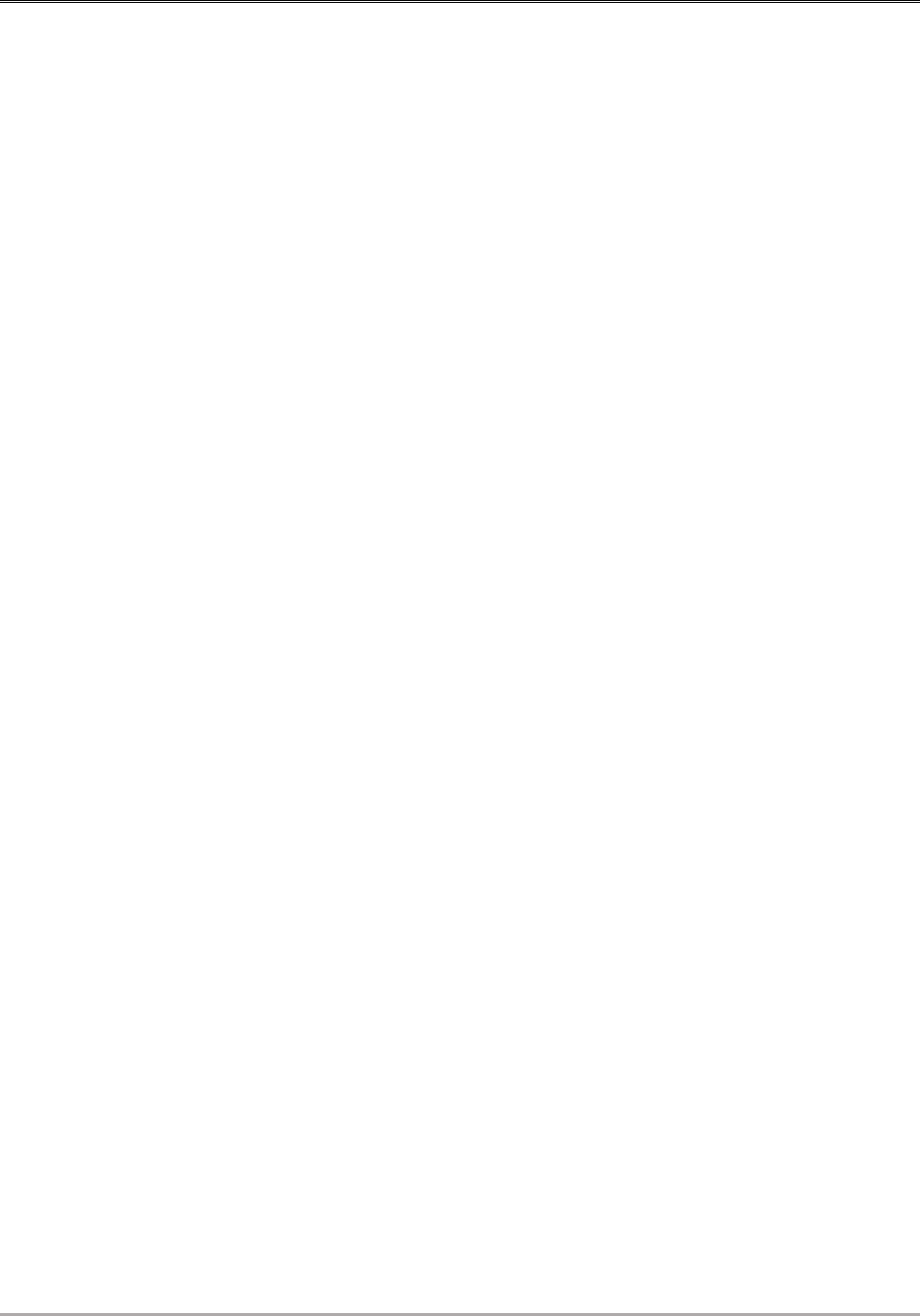
Columbia-Greene Community College 2023-2024 Catalog
154
Liberal Arts and Science – Mathematics/Science (A.S.)
Chiropractic Medicine Concentration
SUGGESTED PROGRAM SEQUENCE
1st Semester
CE 101 College Experience 1
EN 101 Composition 3
MA 110 College Algebra or higher 4
BI 130 Anatomy & Physiology I 4
PY 101 General Psychology 3
Total 15
2nd Semester
EN 102 Composition & Literature 3
BI 131 Anatomy & Physiology II 4
MA 102 Statistics 3
HU ELE Humanities Elective
OR
SL ELE Social Science Elective 3
PY ELE Psychology Elective 3
Total 16
3rd Semester
CH 101 General Chemistry I 4
PX 101 College Physics I 4
GN ELE General Electives 3
HI 101 Western Civilizations
13,000 BCE to 1517 CE
OR
HI 102 Western Civilizations
1517 to Present 3
Total 14
4th Semester
CH 102 General Chemistry II 4
PX 102 College Physics II 4
GN ELE General Electives 5
HI 103 U.S. History 1492-1865
or
HI 104 U.S. History 1865-Present 3
Total 16
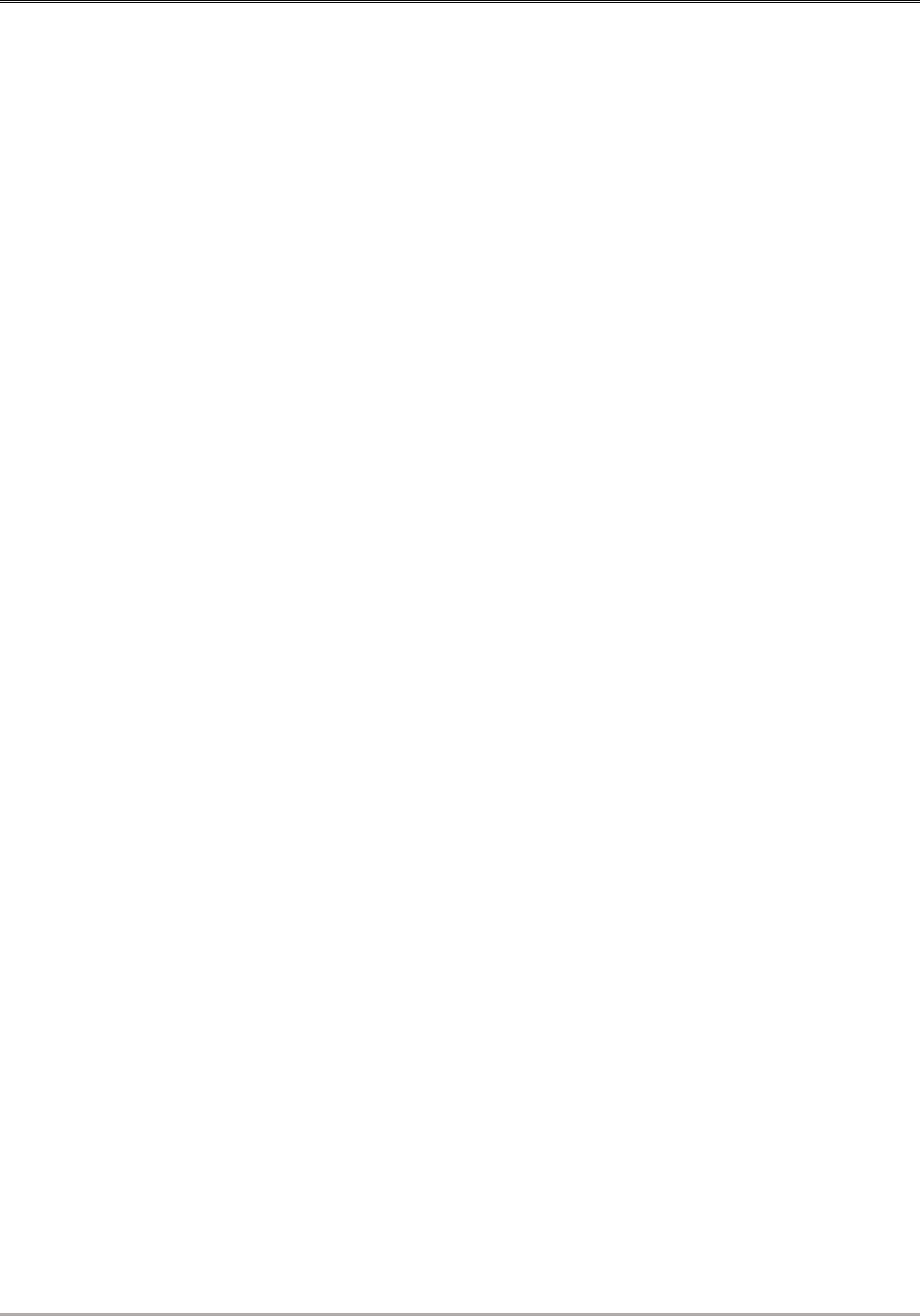
Columbia-Greene Community College 2023-2024 Catalog
155
Liberal Arts and Science – Mathematics/Science (A.S.)
Medical Imaging/Radiography X-ray or Ultrasound
Concentration
Curriculum Code: 0648
Semester Hours Required for Graduation: 60
People who succeed at medical imaging
sciences enjoy working with patients and are
comfortable with computers and high-tech
equipment.
A medical imaging sciences program educates
students in the use of sophisticated equipment
and procedures to produce radiographic
images (x-rays), computed tomography scans
(CTs), and magnetic resonance images
(MRIs) and other diagnostic exams.
Medical imaging science professionals use a
variety of complex technologies and computer
applications to provide physicians with
information for the diagnosis and treatment of
disease.
These professionals have a high level of
patient contact in which the use of
interpersonal skills is critical. Furthermore,
they have the opportunity to work in hospitals,
clinics, physicians’ offices, imaging centers
and industry. Moreover, leadership roles as
supervisors, administrators, educators and
researchers provide avenues for career
development.
LIBERAL ARTS REQUIREMENTS
30 Semester Hours
EN 101 Composition 3
EN 102 Composition & Literature 3
HU ELE Humanities Elective
or
SL ELE Social Science Elective 3
MA 102 Statistics 3
MA 110 College Algebra or higher* 4
BI 130 Anatomy & Physiology I 4
BI 131 Anatomy & Physiology II 4
PY 101 General Psychology 3
SO 101 Introduction to Sociology 3
PROGRAM REQUIREMENTS
30 Semester Hours
CE 101 College Experience 1
GN ELE General Electives 12
BI 112 Human Biology I 3
BI 115 Human Biology II 3
HI 103 U.S. History 1492-1865
or
HI 104 U.S. History 1865-Present 3
CH 101 General Chemistry 4
PX 101 College Physics I 4
Minimum Credits 60
*NOTE: MA 110, MA 111, MA 117, MA 122
OR MA 123 may be taken to fulfill this
requirement
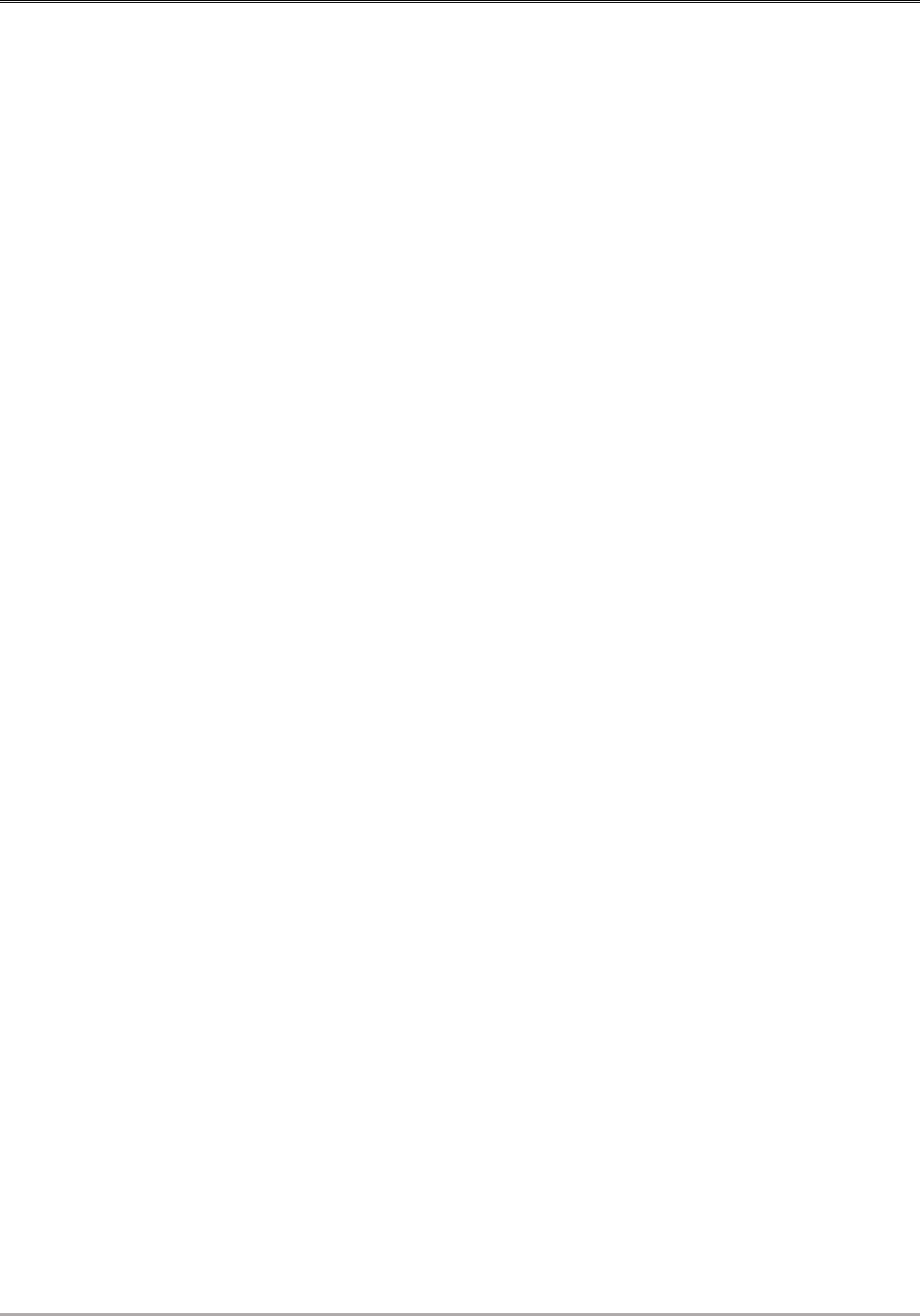
Columbia-Greene Community College 2023-2024 Catalog
156
Liberal Arts and Science – Mathematics/Science (A.S.)
Medical Imaging/Radiography X-ray or Ultrasound
Concentration
SUGGESTED PROGRAM SEQUENCE
1st Semester
CE 101 College Experience 1
EN 101 Composition 3
BI 112 Human Biology I 3
MA 110 College Algebra or higher 4
PY 101 General Psychology 3
Total 14
2nd Semester
EN 102 Composition & Literature 3
MA 102 Statistics 3
BI 115 Human Biology II 3
SO 101 Introduction to Sociology 3
GN ELE General Elective 3
Total 15
3rd Semester
BI 130 Anatomy & Physiology I 4
PX 101 College Physics I 4
GN ELE General Elective 6
HU ELE Humanities Elective
OR
SL ELE Social Science Elective 3
Total 17
4th Semester
BI 131 Anatomy & Physiology II 4
CH 101 General Chemistry I 4
GN ELE General Electives 3
HI 103 U.S. History 1492-1865
or
HI 104 U.S. History 1865-Present 3
Total 14
This program is designed as part of an articulation agreement with SUNY Upstate Medical
College.
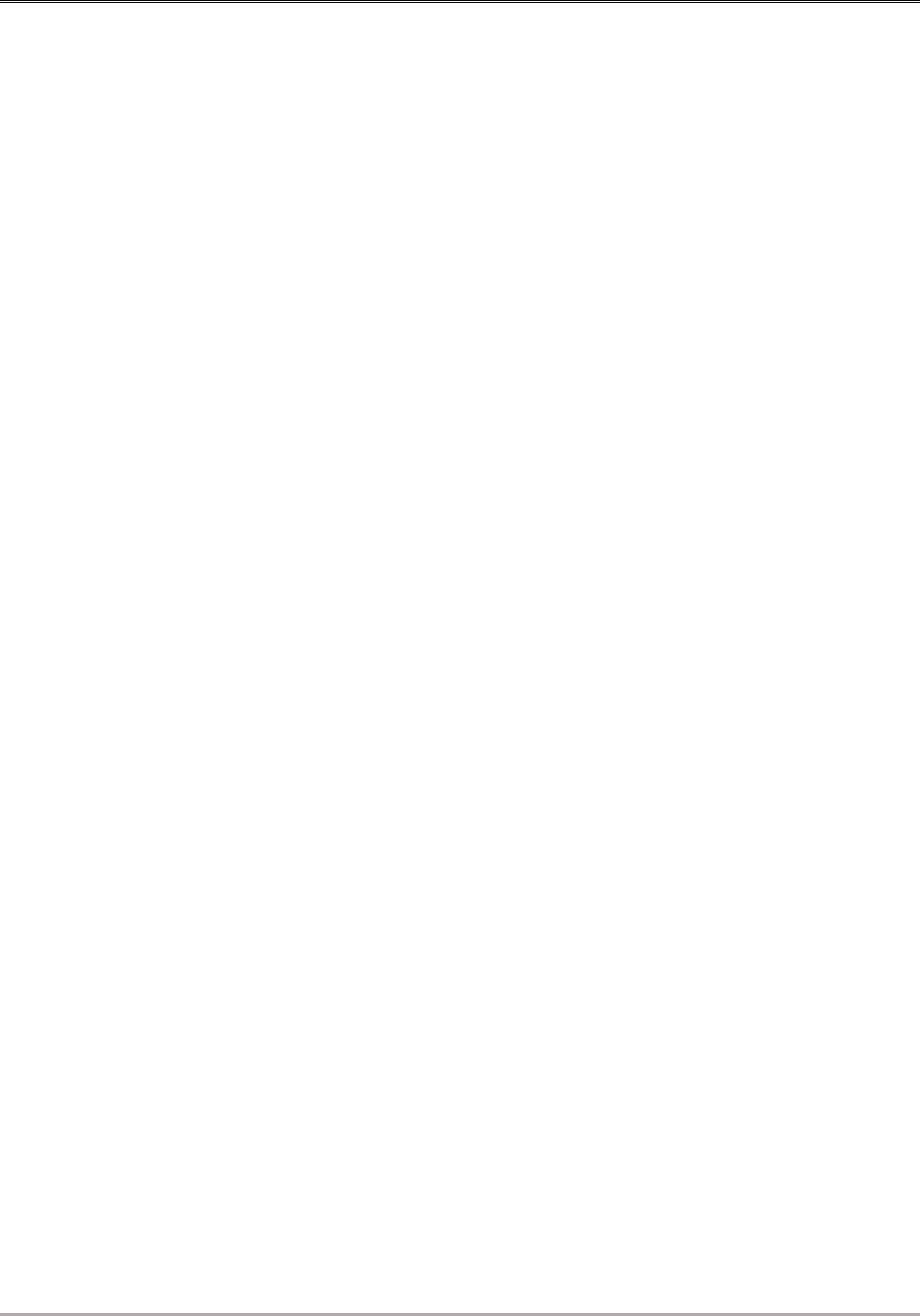
Columbia-Greene Community College 2023-2024 Catalog
157
Liberal Arts and Science – Mathematics/Science (A.S.)
Physical Therapy Concentration
Curriculum Code: 0651
Semester Hours Required for Graduation: 61
People who succeed in physical therapy enjoy
working as part of teams in health care
settings caring for people of all ages with a
variety of health problems.
Physical therapists work directly with people
to enhance movement and foster optimal
health and functional ability. Patients include
those who have sustained injury or illness,
have developmental deficits, have age-related
problems or need preventive care.
Physical therapists examine and evaluate
patients to determine functional abilities such
as walking, work capacity and community
activities. They may examine and evaluate
strength, sensation, joint mobility, endurance,
pain, reflexes and movement skill of patients.
They plan therapy programs that may include
exercises to improve functional abilities by
increasing strength, endurance, balance,
coordination and range of motion.
Interventions also include massage, traction,
ultrasound, water, heat, electricity and joint
mobilizations. Physical therapists work with
all systems of the body, including the
muscular, skeletal, circulatory, respiratory
and nervous systems.
Physical therapists work as members of health
care teams in a variety of settings, including
hospitals, rehabilitation centers, private
practices, home-care agencies, schools,
research centers, universities, extended care
facilities, corporate or industrial health
centers, and sports medicine centers.
Advanced expertise leads to work in
administration, consulting, research and
education.
LIBERAL ARTS REQUIREMENTS
30 Semester Hours
EN 101 Composition 3
EN 102 Composition & Literature 3
HU ELE Humanities Elective
or
SL ELE Social Science Elective 3
MA 102 Statistics 3
MA 110 College Algebra or higher* 4
BI 130 Anatomy & Physiology I 4
BI 131 Anatomy & Physiology II 4
PY 101 General Psychology 3
SL ELE Social Science Elective 3
PROGRAM REQUIREMENTS
31 Semester Hours
CE 101 College Experience 1
BI 101 General Biology I 4
BI 102 General Biology II 4
CH 101 General Chemistry I 4
CH 102 General Chemistry II 4
HI 101 Western Civilizations
13,000 BCE to 1517 CE
OR
HI 102 Western Civilizations
1517 to Present 3
HI 103 U.S. History 1492-1865
or
HI 104 U.S. History 1865-Present 3
PX 101 College Physics I 4
PX 102 College Physics II 4
Minimum Credits 61
*NOTE: MA 110, MA 111, MA 117, MA 122
OR MA 123 may be taken to fulfill this
requirement
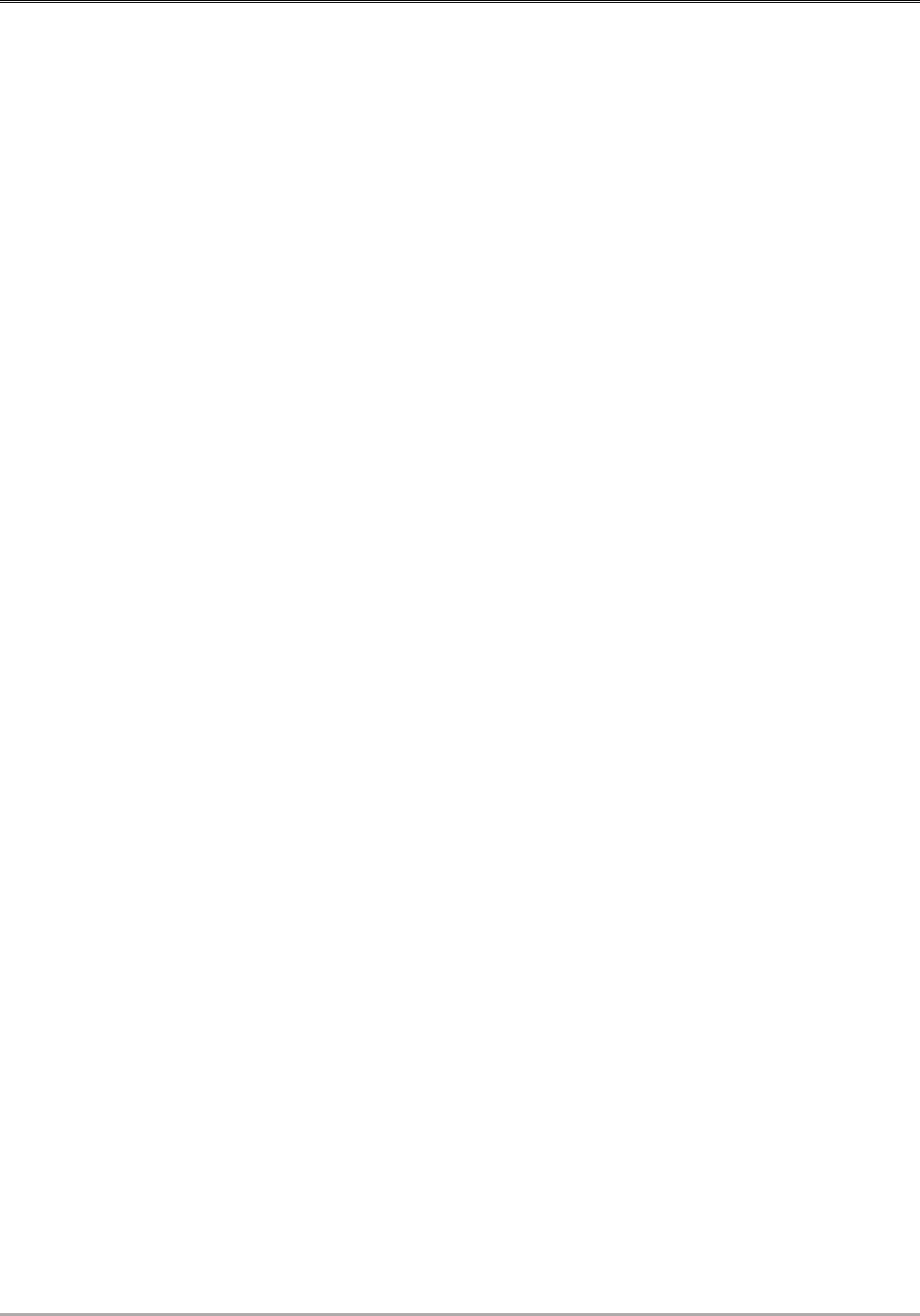
Columbia-Greene Community College 2023-2024 Catalog
158
Liberal Arts and Science – Mathematics/Science (A.S.)
Physical Therapy Concentration
SUGGESTED PROGRAM SEQUENCE
1st Semester
CE 101 College Experience 1
EN 101 Composition 3
BI 130 Anatomy & Physiology I 4
MA 110 College Algebra or higher 4
CH 101 General Chemistry I 4
Total 16
2nd Semester
EN 102 Composition & Literature 3
BI 131 Anatomy & Physiology II 4
CH 102 General Chemistry II 4
MA 102 Statistics 3
PY 101 General Psychology 3
Total 17
3rd Semester
BI 101 General Biology I 4
PX 101 College Physics I 4
HU ELE Humanities Elective
or
SL ELE Social Science Elective 3
HI 101 Western Civilizations
13,000 BCE to 1517 CE
OR
HI 102 Western Civilizations
1517 to Present 3
Total 14
4th Semester
BI 102 General Biology II 4
PX 102 College Physics II 4
SL ELE Social Science Elective 3
HI 103 U.S. History 1492-1865
or
HI 104 U.S. History 1865-Present 3
Total 14
Physical Therapy is a graduate program that requires a bachelor’s degree prior to admission. The
licensing credential for physical therapy is a Doctor of Physical Therapy degree, DPT.
The University of Buffalo, Upstate Medical University and Sage College Graduate School are
three of several physical therapy colleges in New York State. Concentration is designed for transfer
to SUNY Upstate Medical University or Sage graduate school
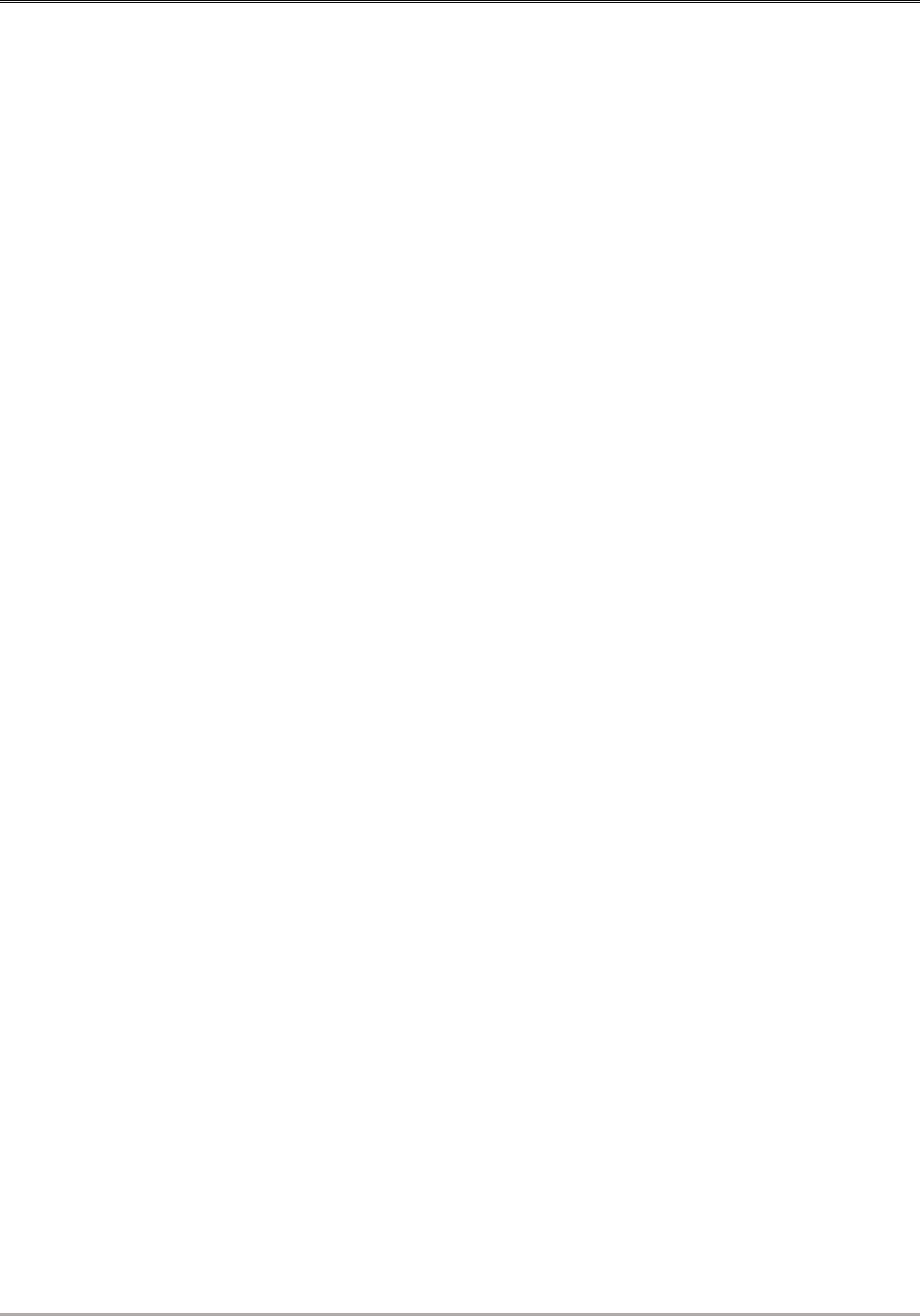
Columbia-Greene Community College 2023-2024 Catalog
159
Liberal Arts and Science – Mathematics/Science (A.S.)
Occupational Therapy Concentration
Curriculum Code: 0649
Semester Hours Required for Graduation: 60
People who succeed in occupational therapy
enjoy communicating with and teaching
others to reach their full functioning capacity.
Occupational therapists assess, plan, organize
and participate in rehabilitative programs that
help restore general independence and
vocational and daily living skills to people
with injuries or disabilities. They work with
individuals who have conditions that are
mentally, physically, developmentally or
emotionally disabling. Occupational therapist
not only help clients improve basic motor
functions and reasoning abilities, but also
compensate for permanent loss of function.
Their goal is to help clients have independent,
productive and satisfying lives.
LIBERAL ARTS REQUIREMENTS
30 Semester Hours
EN 101 Composition 3
EN 102 Composition & Literature 3
HU ELE Humanities Elective
or
SL ELE Social Science Elective 3
MA 102 Statistics 3
MA 110 College Algebra or higher* 4
BI 130 Anatomy & Physiology I 4
BI 131 Anatomy & Physiology II 4
PY 101 General Psychology 3
SO 101 Introduction to Sociology 3
PROGRAM REQUIREMENTS
30 Semester Hours
CE 101 College Experience 1
GN ELE General Electives 9
BI 112 Human Biology I 3
BI 115 Human Biology II 3
HI 101 Western Civilizations
13,000 BCE to 1517 CE
OR
HI 102 Western Civilizations
1517 to Present 3
HI 103 U.S. History 1492-1865
or
HI 104 U.S. History 1865-Present 3
CH 101 General Chemistry I 4
PX 101 College Physics I 4
Minimum Credits 60
*NOTE: MA 110, MA 111, MA 117, MA 122
OR MA 123 may be taken to fulfill this
requirement
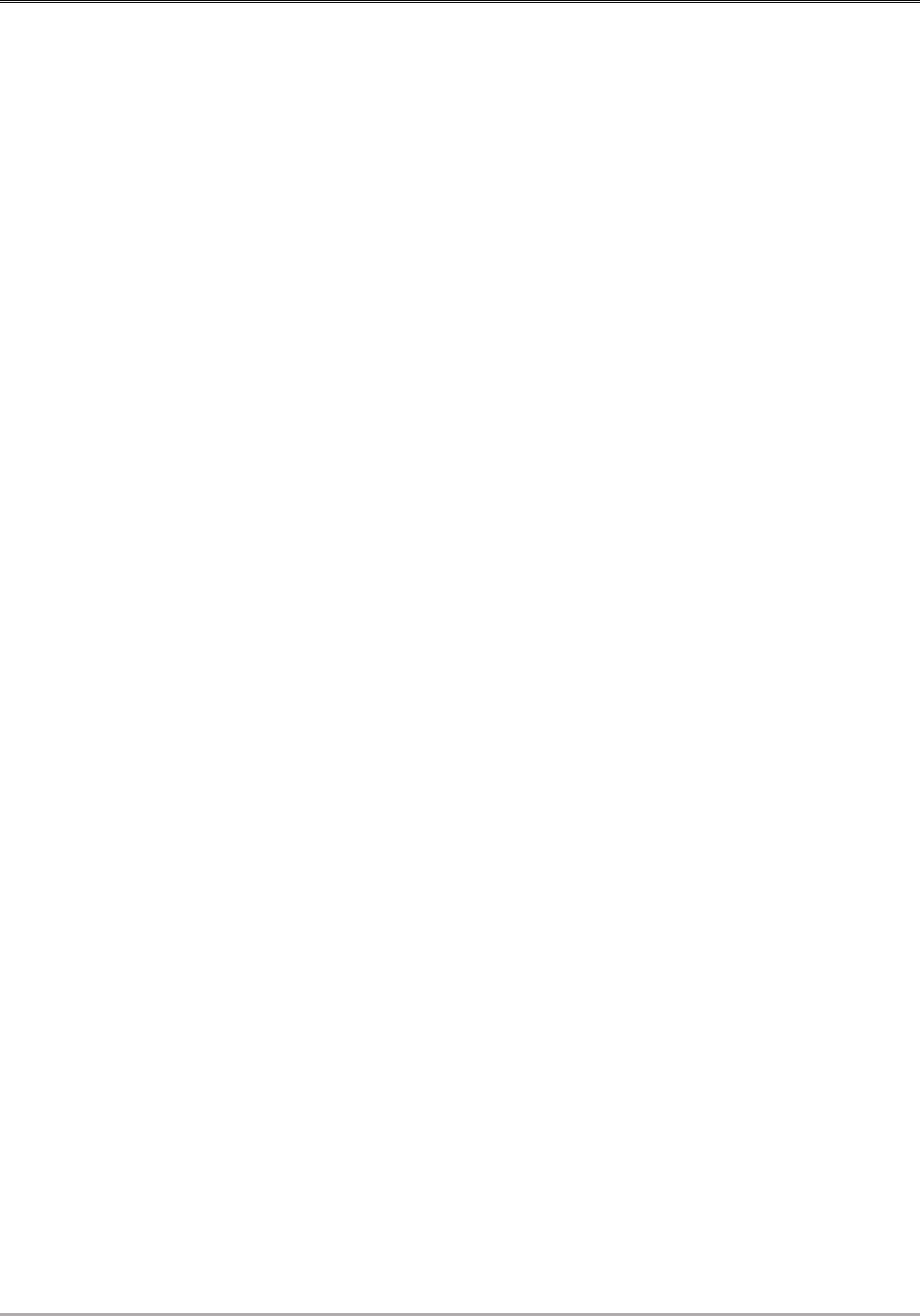
Columbia-Greene Community College 2023-2024 Catalog
160
Liberal Arts and Science – Mathematics/Science (A.S.)
Occupational Therapy Concentration
SUGGESTED PROGRAM SEQUENCE
1st Semester
CE 101 College Experience 1
EN 101 Composition 3
BI 112 Human Biology I 3
MA 110 College Algebra or higher 4
PY 101 General Psychology 3
Total 14
2nd Semester
EN 102 Composition & Literature 3
MA 102 Statistics 3
BI 115 Human Biology II 3
GN ELE General Elective 3
SO 101 Introduction to Sociology 3
Total 15
3rd Semester
BI 130 Anatomy & Physiology I 4
PX 101 College Physics I 4
GN ELE General Elective 3
HU ELE Humanities Elective
or
SL ELE Social Science Elective 3
HI 101 Western Civilizations
13,000 BCE to 1517 CE
OR
HI 102 Western Civilizations
1517 to Present 3
Total 17
4th Semester
BI 131 Anatomy & Physiology II 4
CH ELE Chemistry Elective 4
GN ELE General Electives 3
HI 103 U.S. History 1492-1865
or
HI 104 U.S. History 1865-Present 3
Total 14
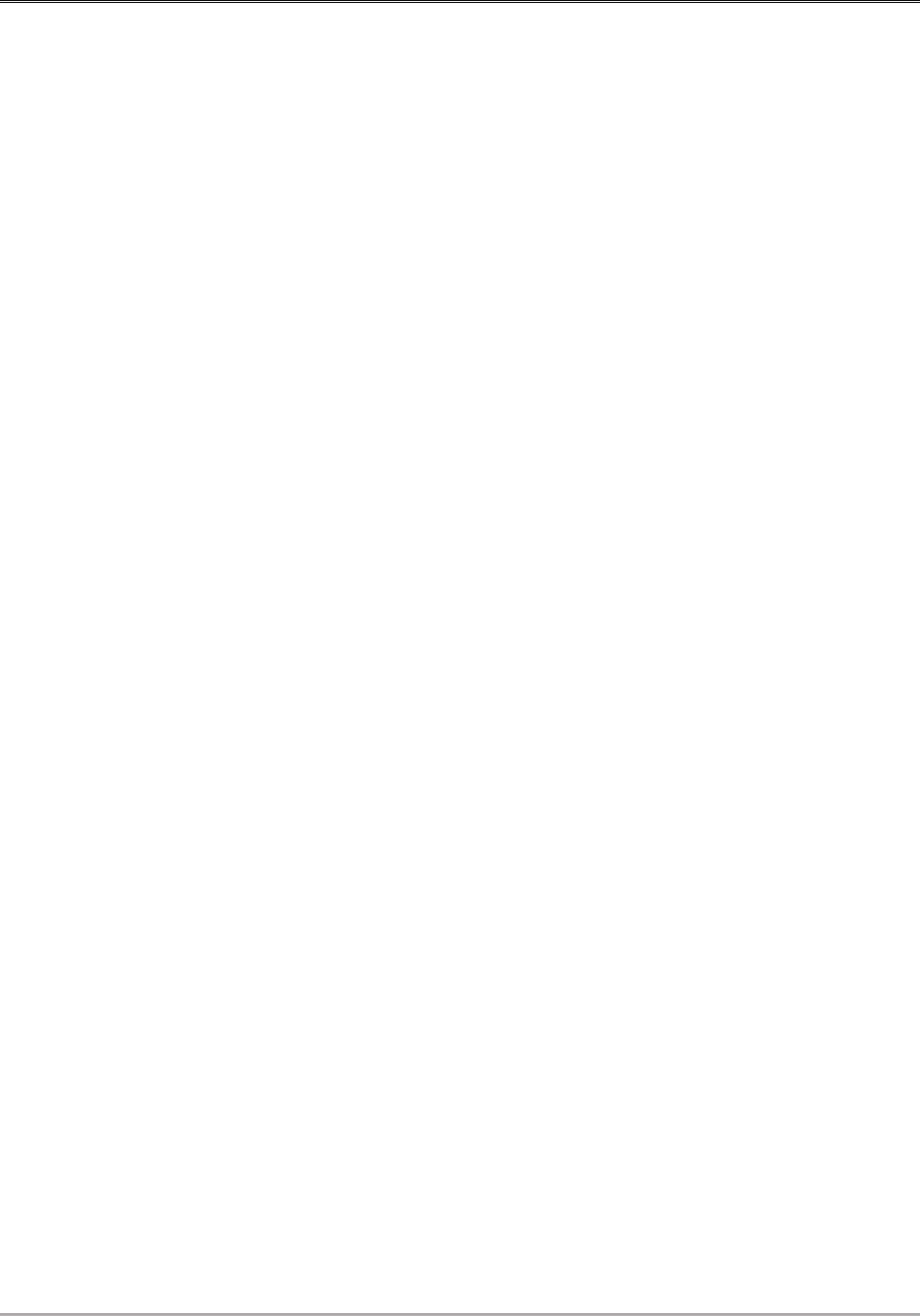
Columbia-Greene Community College 2023-2024 Catalog
161
Liberal Arts and Science – Mathematics/Science (A.S.)
Pharmacy Concentration
Curriculum Code: 0650
Semester Hours Required for Graduation: 61
People who succeed in pharmacy are detail-
oriented and enjoy interpreting complex
information to others.
Pharmacists compound and dispense
medication, following prescriptions issued by
physicians, dentists or other authorized
medical practitioners. They answer questions
and provide information to pharmacy
customers on drug interactions, side effect,
dosage and storage of pharmaceuticals.
LIBERAL ARTS REQUIREMENTS
30 Semester Hours
EN 101 Composition 3
EN 102 Composition & Literature 3
HU ELE Humanities Elective
or
SL ELE Social Science Elective 3
MA 102 Statistics 3
MA 110 College Algebra or higher* 4
BI 130 Anatomy & Physiology I 4
BI 131 Anatomy & Physiology II 4
PY 101 General Psychology 3
PY 201 Lifespan Development
or
PY 205 Child & Adolescence Psychology 3
PROGRAM REQUIREMENTS
31 Semester Hours
CE 101 College Experience 1
HI 101 Western Civilizations
13,000 BCE to 1517 CE
OR
HI 102 Western Civilizations
1517 to Present 3
HI 103 U.S. History 1492-1865
or
HI 104 U.S. History 1865-Present 3
BI 101 General Biology I 4
BI 102 General Biology II 4
BI 210 Microbiology 4
CH 101 General Chemistry I 4
CH 102 General Chemistry II 4
PX 101 College Physics I 4
Minimum Credits 61
*NOTE: MA 110, MA 111, MA 117, MA 122
OR MA 123 may be taken to fulfill this
requirement
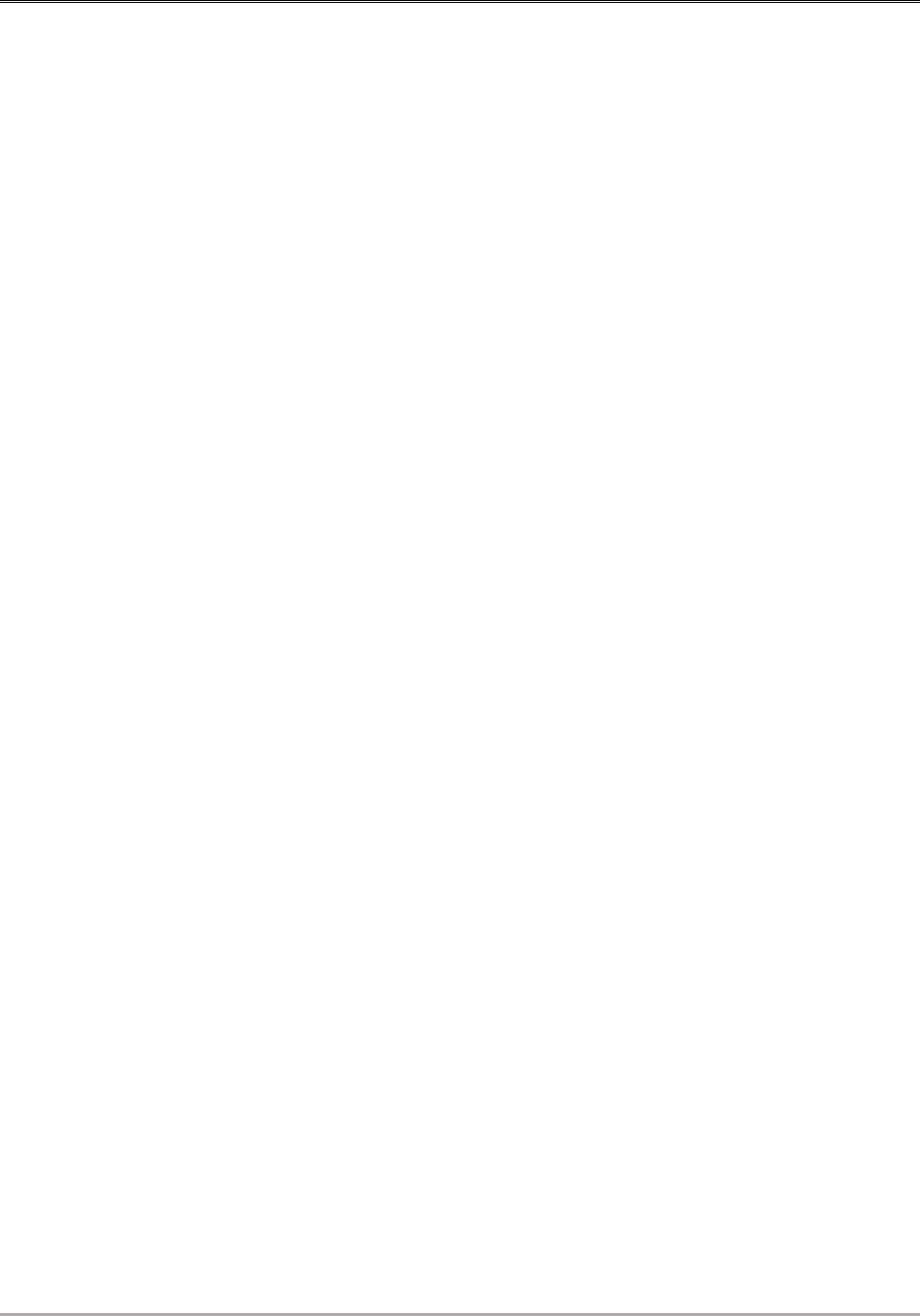
Columbia-Greene Community College 2023-2024 Catalog
162
Liberal Arts and Science – Mathematics/Science (A.S.)
Pharmacy Concentration
SUGGESTED PROGRAM SEQUENCE
1
st
Semester
CE 101 College Experience 1
EN 101 Composition 3
BI 130 Anatomy & Physiology I 4
CH 101 General Chemistry I 4
MA 110 College Algebra or higher 4
Total 16
2nd Semester
EN 102 Composition & Literature 3
BI 131 Anatomy & Physiology II 4
CH 102 General Chemistry II 4
MA 102 Statistics 3
PY 101 General Psychology 3
Total 17
3
rd
Semester
BI 101 General Biology I 4
PX 101 College Physics I 4
PY 205 Child Adolescence Psychology
or
PY 201 Lifespan Development 3
HI 101 Western Civilizations
13,000 BCE to 1517 CE
OR
HI 102 Western Civilizations
1517 to Present 3
Total 14
4
th
Semester
BI 102 General Biology II 4
BI 210 Microbiology 4
HU ELE Humanities Elective
or
SL ELE Social Science Elective 3
HI 103 U.S. History 1492-1865
or
HI 104 U.S. History 1865-Present 3
Total 14
Notes:
1. Two major transfer institutions for pharmacy are the University of Buffalo and Albany
College of Pharmacy.
2. Your program will be customized by your academic advisor based on specific transfer
plans.
3. The organic chemistry courses can be taken at a senior college or university.
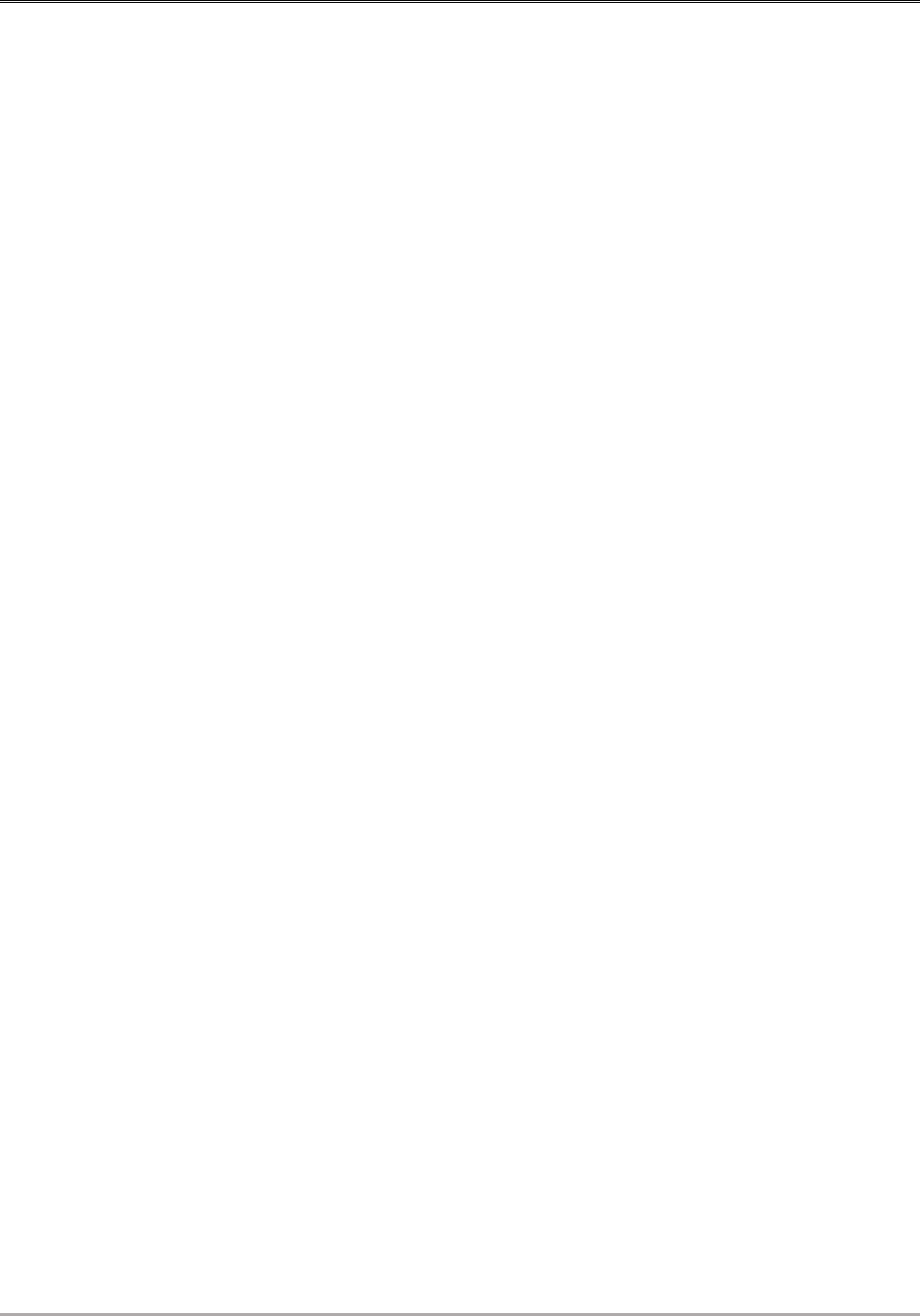
Columbia-Greene Community College 2023-2024 Catalog
163
Liberal Arts and Science – Mathematics/Science (A.S.)
Physician Assistant Concentration
Curriculum Code: 0652
Semester Hours Required for Graduation: 63
People who succeed as a physician assistant
(PA’s) enjoy working as part of a health care
team working under the direction of a
physician. PA’s need leadership skills, self-
confidence and emotional stability. They must
be willing to continue studying throughout
their career to keep up with medical advances.
Physician assistants (PA’s) provide health
care services with supervision by physicians.
PA’s are formally trained to provide
diagnostic, therapeutic and preventative care
services as delegated by a physician. Working
as members of the health care team, they take
medical histories, examine patients, order and
interpret laboratory tests and x-rays and make
diagnosis. They also treat minor injuries by
suturing, splinting and casting. PA’s record
progress notes, instruct and counsel patients
and order or carry out therapy.
LIBERAL ARTS REQUIREMENTS
30 Semester Hours
EN 101 Composition 3
EN 102 Composition & Literature 3
HU ELE Humanities Elective
or
SL ELE Social Science Elective 3
MA 102 Statistics 3
MA 110 College Algebra or higher* 4
BI 130 Anatomy & Physiology I 4
BI 131 Anatomy & Physiology II 4
PY 101 General Psychology 3
SL ELE Social Science Elective 3
PROGRAM REQUIREMENTS
33 Semester Hours
CE 101 College Experience 1
GN ELE General Electives 6
HI 101 Western Civilizations
13,000 BCE to 1517 CE
OR
HI 102 Western Civilizations
1517 to Present 3
HI 103 U.S. History 1492-1865
or
HI 104 U.S. History 1865-Present 3
BI 101 General Biology I 4
BI 102 General Biology II 4
BI 210 Microbiology 4
CH 101 General Chemistry I 4
CH 102 General Chemistry II 4
Minimum Credits 63
*NOTE: MA 110, MA 111, MA 117, MA 122
OR MA 123 may be taken to fulfill this
requirement
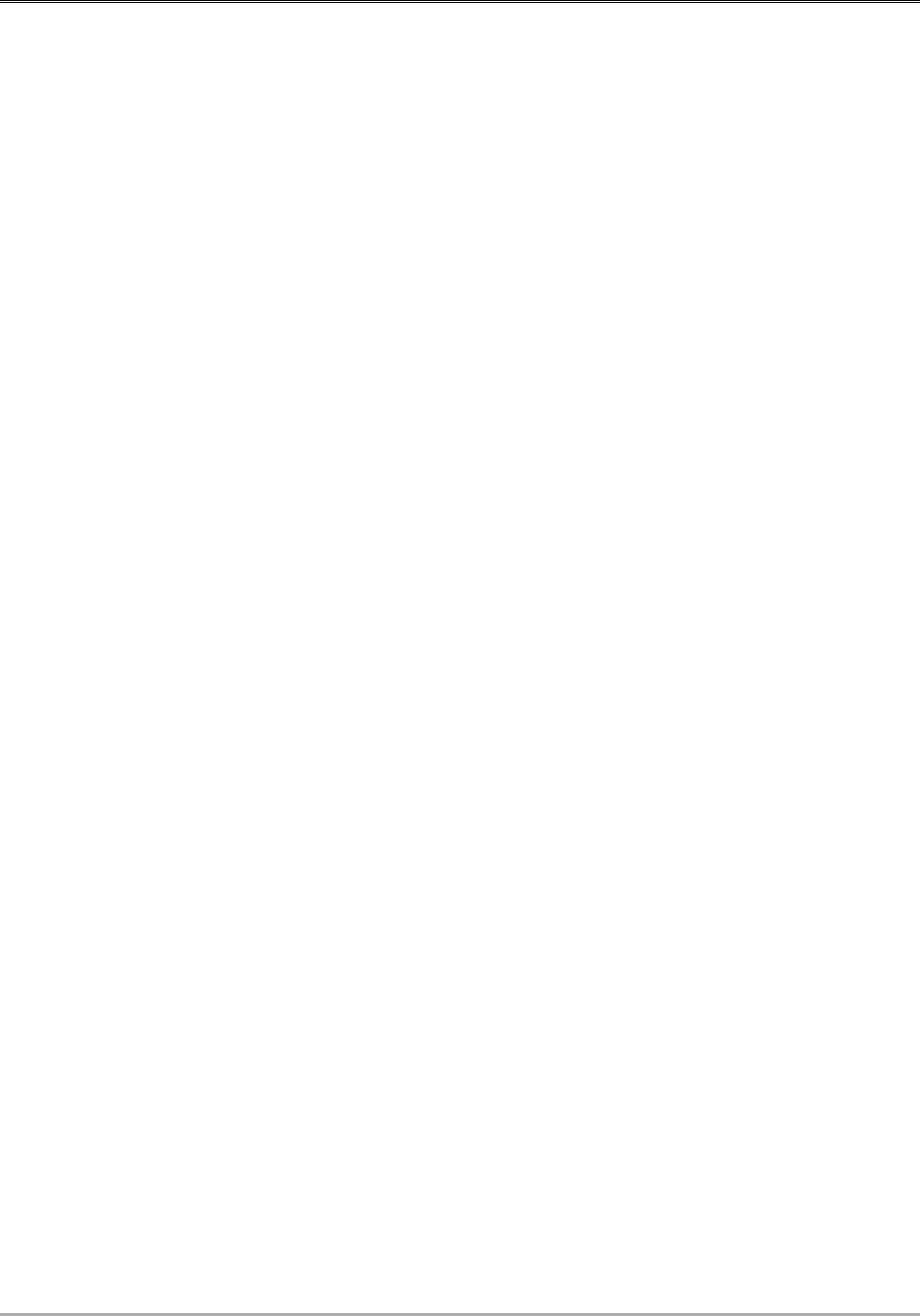
Columbia-Greene Community College 2023-2024 Catalog
164
Liberal Arts and Science – Mathematics/Science (A.S.)
Physician Assistant Concentration
SUGGESTED PROGRAM SEQUENCE
1
st
Semester
CE 101 College Experience 1
EN 101 Composition 3
MA 110 College Algebra or higher 4
BI 130 Anatomy & Physiology I 4
CH 101 General Chemistry 4
Total 16
2nd Semester
EN 102 Composition & Literature 3
MA 102 Statistics 3
BI 131 Anatomy & Physiology II 4
CH 102 General Chemistry II 4
PY 101 General Psychology 3
Total 17
3
rd
Semester
BI 101 General Biology I 4
HU ELE Humanities Elective
or
SL ELE Social Science Elective 3
HI 101 Western Civilizations
13,000 BCE to 1517 CE
OR
HI 102 Western Civilizations
1517 to Present 3
SL ELE Social Science Elective 3
Total 13
4
th
Semester
BI 102 General Biology II 4
BI 210 Microbiology 4
GN ELE General Electives 6
HI 103 U.S. History 1492-1865
or
HI 104 U.S. History 1865-Present 3
Total 17
Notes:
1. Major transfer institutions for the Master of Science in Physician Assistant are: Upstate
Medical University, Marist College and Albany Medical College.
2. Our two-year degree is a starting point for transfer into a bachelor’s degree program prior
to graduate studies. The M.S. in Physician Assistant is a two-year full-time commitment
with summer coursework involved.
See your academic advisor for more transfer details.
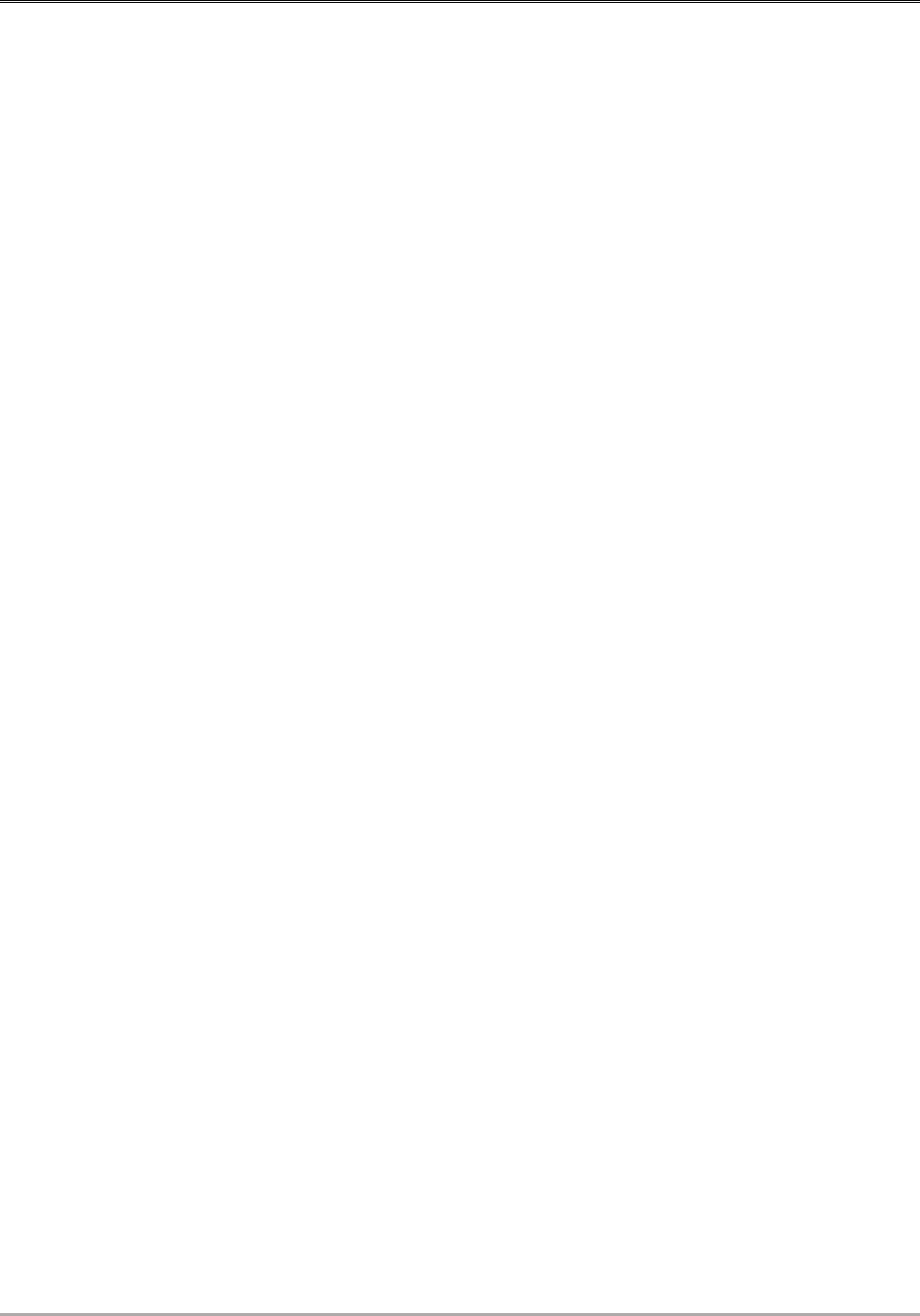
Columbia-Greene Community College 2023-2024 Catalog
165
Liberal Arts and Science–Social Science (A.A.)
Curriculum Code: 0212
Semester Hours Required for Graduation: 61
PROGRAM GOALS:
This program prepares students for transfer
into a bachelor’s degree program. Students
can complete concentrations in psychology,
history, or sociology which should give them
advance standing upon transfer to a bachelor’s
program in these areas.
PROGRAM LEARNING OUTCOMES:
• Analyze and interpret materials relating to
the human experience.
• Identify credible sources of information,
analyze collected data, and produce
evidence-based assignments.
• Demonstrate analytical and creative
approaches to problem solving.
• Demonstrate knowledge of the
development and distinctive features in
the history, economy, society, culture, etc.
of Western civilization or American
civilization or non-Western civilizations.
• Produce written material that
demonstrates abilities to conduct research,
develop an argument, and organize
supporting details.
ACADEMIC PREPARATION:
It is highly recommended that the following
criteria be met to begin this program, and it is
REQUIRED by the completion of 24 credits:
12th-grade reading level is required.
Placement test scores must indicate readiness
to begin EN 101-Composition.
Competency in Pre-Algebra or Pre-Statistics
is required.
LIBERAL ARTS REQUIREMENTS
45 Semester Hours
EN 101 Composition 3
EN 102 Composition and Literature 3
HI ELE History Electives 6
HU ELE Humanities Electives 6
MA ELE Mathematics Elective 3
SC ELE Lab Science Elective 3
SL ELE Social Science Electives 21
PROGRAM REQUIREMENTS
16 Semester Hours
CE 101 College Experience 1
GN ELE General Electives 15
Minimum Credits 61
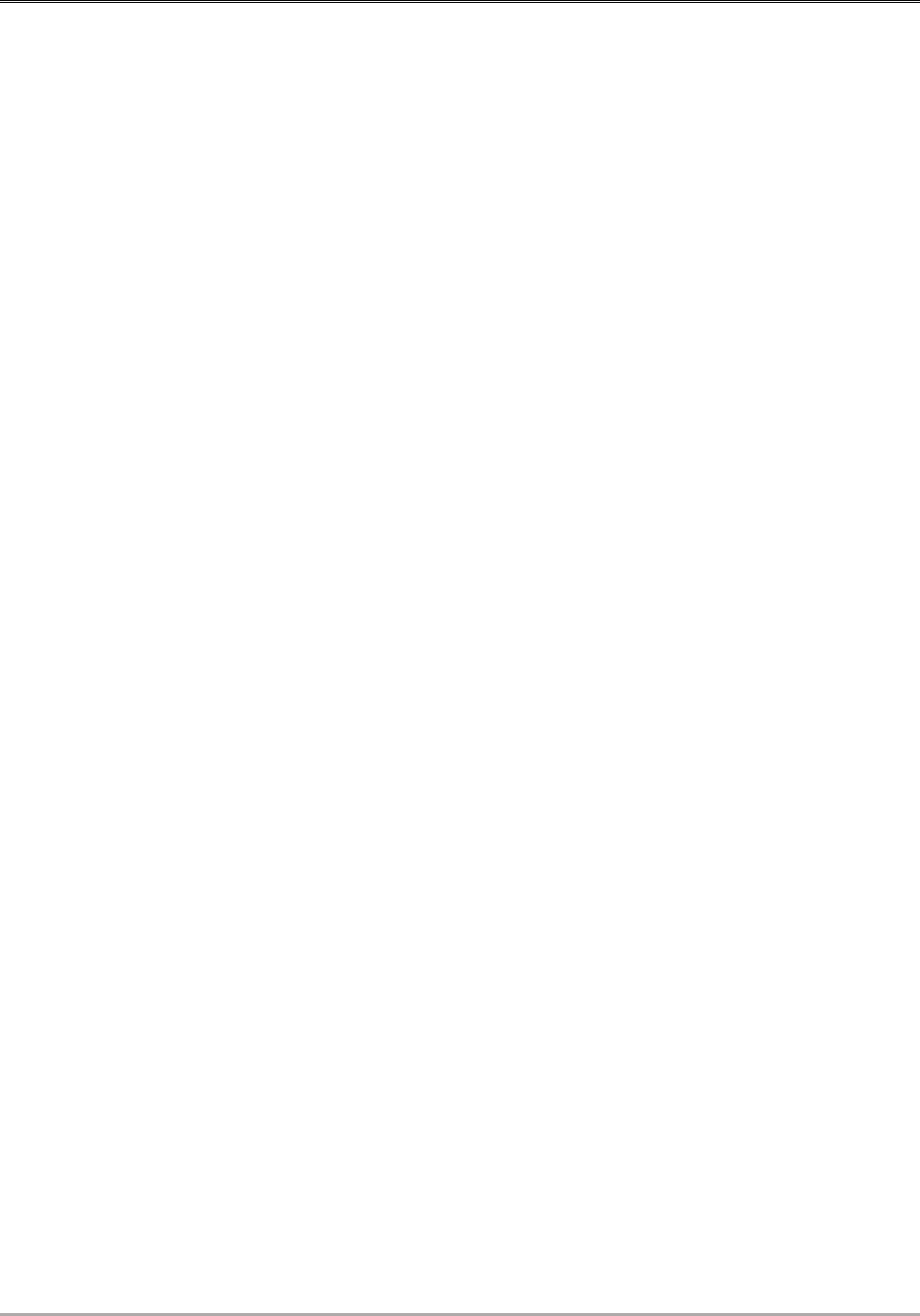
Columbia-Greene Community College 2023-2024 Catalog
166
Liberal Arts and Science–Social Science (A.A.)
SUGGESTED PROGRAM SEQUENCE
1st Semester
CE 101 College Experience 1
EN 101 Composition 3
HI ELE History Elective 3
HU ELE Humanities Elective 3
SL ELE Social Science Electives 6
Total 16
2nd Semester
EN 102 Composition and Literature 3
GN ELE General Elective 3
HI ELE History Elective 3
HU ELE Humanities Elective 3
MA ELE Mathematics Elective 3
Total 15
3rd Semester
GN ELE General Elective 3
SC ELE Lab Science Elective 3
SL ELE Social Science Elective 9
Total 15
4th Semester
GN ELE General Electives 9
SL ELE Social Science Electives 6
Total 15
Transfer opportunities include but are not limited to: University at Albany-SUNY, SUNY New
Paltz, SUNY Oneonta, SUNY Plattsburgh, The College of St. Rose, Marist College, Bard College,
and Syracuse University.
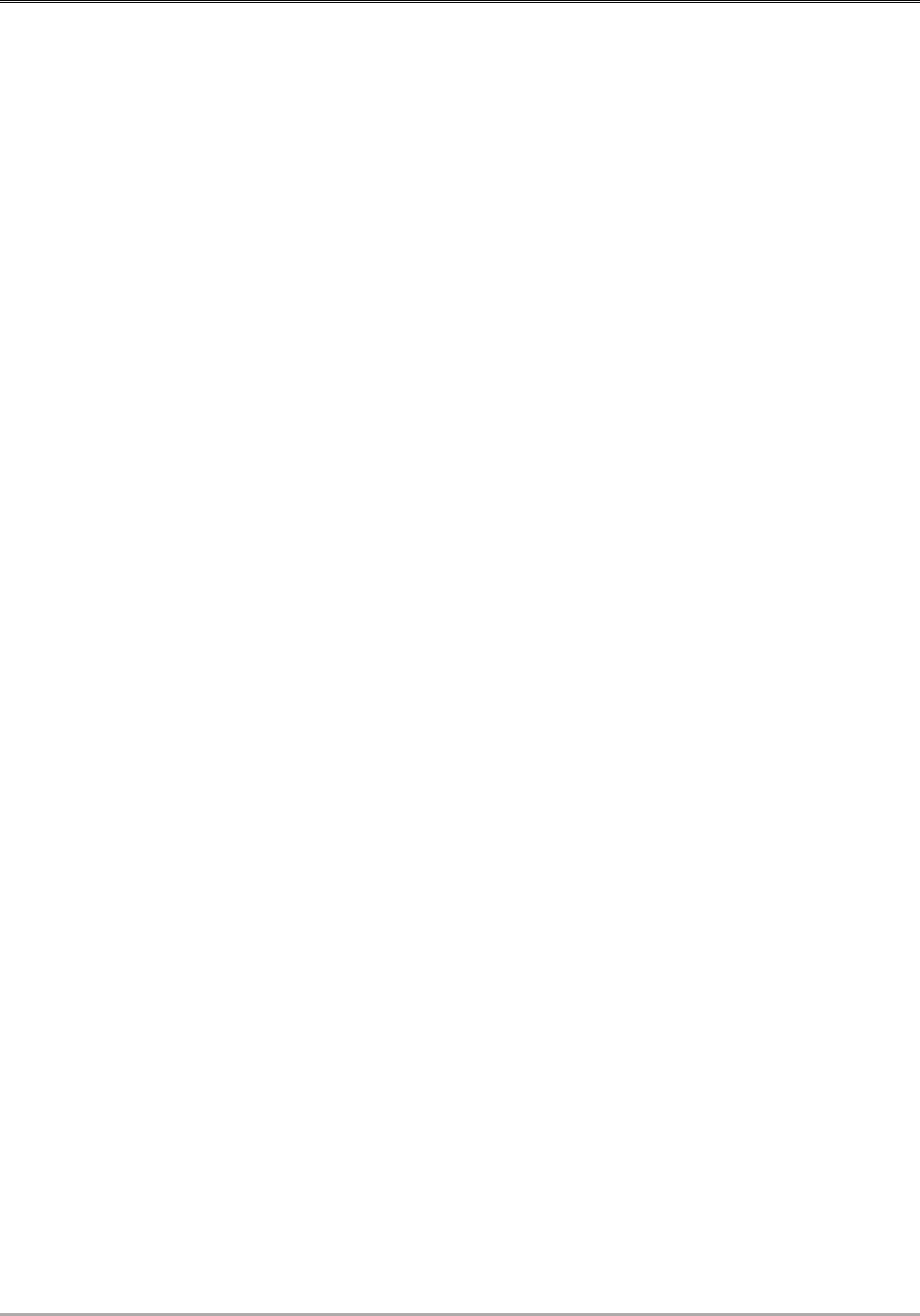
Columbia-Greene Community College 2023-2024 Catalog
167
Liberal Arts and Science–Social Science (A.A.)
Psychology Concentration
Curriculum Code: 0213
Semester Hours Required for Graduation: 61
PROGRAM GOALS:
This program provides an introduction to the
field of Psychology and prepares students for
transfer into a bachelor’s degree program.
Students will engage in the scientific study of
human behavior and will be challenged to
think critically about individual differences,
social behavior, human development, and
scientific inquiry. Students who successfully
complete this concentration can expect
advanced standing upon transfer to a
bachelor’s program in this area of study.
PROGRAM LEARNING OUTCOMES:
• Analyze and interpret materials relating to
the human experience.
• Identify credible sources of information,
analyze collected data, and produce
evidence-based assignments.
• Demonstrate analytical and creative
approaches to problem solving.
• Demonstrate knowledge of the major
concepts related to the scientific study of
human behavior including human
development, personality, social behavior,
and abnormal psychology.
• Produce written material that
demonstrates abilities to conduct research,
develop an argument, and organize
supporting details.
ACADEMIC PREPARATION:
It is highly recommended that the following
criteria be met to begin this program, and it is
REQUIRED by the completion of 24 credits:
12th-grade reading level is required.
Placement test scores must indicate readiness
to begin EN 101-Composition.
Competency in Pre-Algebra or Pre-Statistics
is required.
LIBERAL ARTS REQUIREMENTS
45 Semester Hours
EN 101 Composition 3
EN 102 Composition and Literature 3
HI ELE History Electives 6
HU ELE Humanities Electives 6
MA 113 Statistics for the
Behavioral Sciences * 3
PY 101 General Psychology * 3
PY 201 Life Span Development
or
PY 205 Child and Adolescence
Psychology * 3
PY 203 Social Psychology * 3
PY 215 Theories of Personality * 3
PY 299 Abnormal Psychology * 3
SC ELE Lab Science Elective 3
SL 113 Research Methods for the
Behavioral Sciences 3
SO 101 Introduction to Sociology 3
PROGRAM REQUIREMENTS
16 Semester Hours
CE 101 College Experience 1
GN ELE General Electives 15
Minimum Credits 61
* These courses meet the SUNY transfer path
for a psychology concentration.
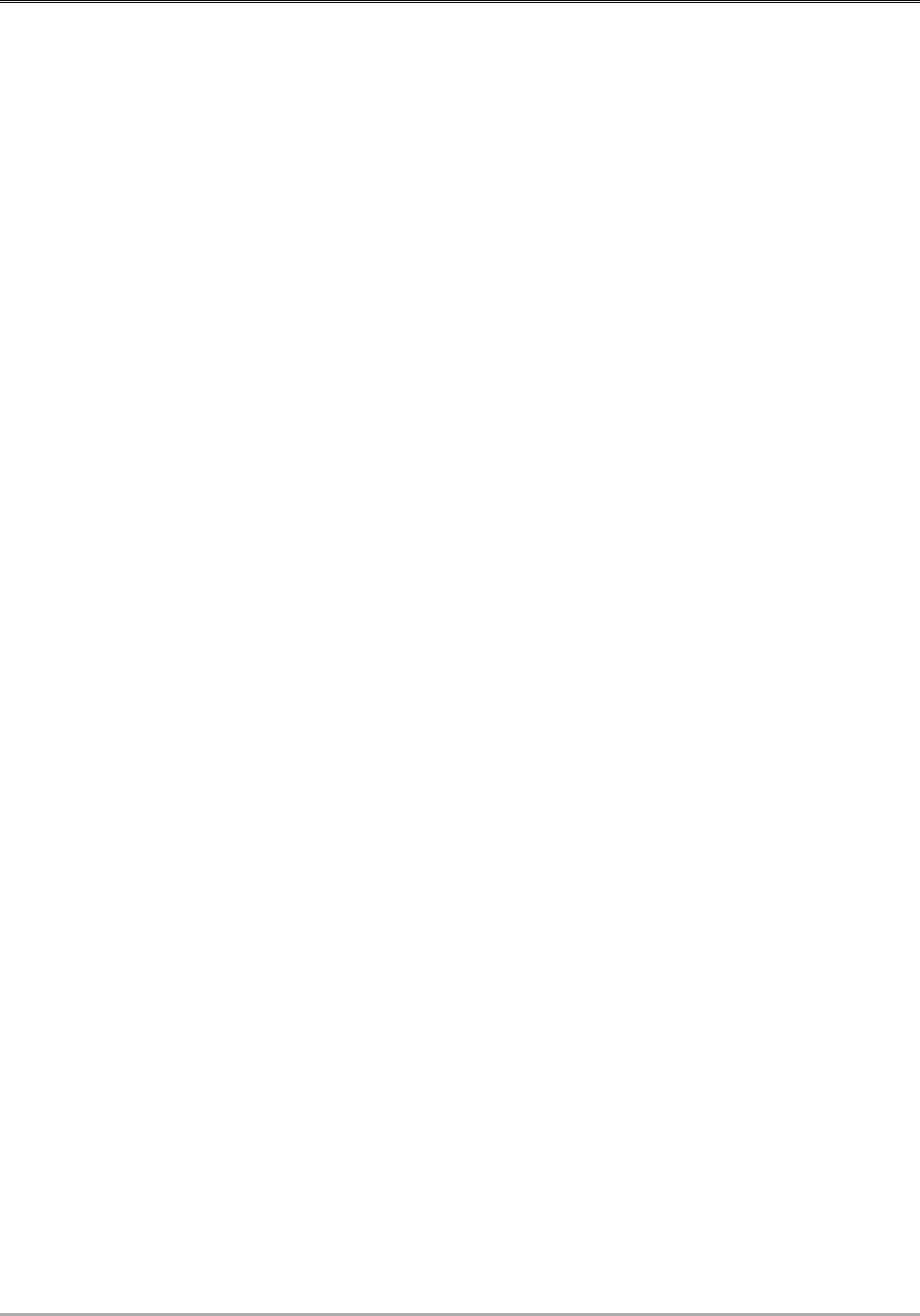
Columbia-Greene Community College 2023-2024 Catalog
168
Liberal Arts and Science–Social Science (A.A.)
Psychology Concentration
SUGGESTED PROGRAM SEQUENCE
1st Semester
CE 101 College Experience 1
EN 101 Composition 3
HI ELE History Elective 3
HU ELE Humanities Elective 3
PY 101 General Psychology 3
SO 101 Introduction to Sociology 3
Total 16
2nd Semester
EN 102 Composition and Literature 3
HU ELE Humanities Elective 3
MA 113 Statistics for the
Behavioral Sciences 3
PY 201 Life Span Development
or
PY 205 Child and Adolescence
Psychology 3
GN ELE General Elective 3
Total 15
3rd Semester
PY 203 Social Psychology 3
PY 215 Theories of Personality 3
PY 299 Abnormal Psychology 3
SC ELE Lab Science Elective 3
SL 113 Research Methods for the
Behavioral Sciences 3
Total 15
4th Semester
HI ELE History Elective 3
GN ELE General Electives 12
Total 15
Transfer opportunities include but are not limited to: University at Albany-SUNY, SUNY
Cobleskill, SUNY New Paltz, SUNY Oneonta, SUNY Plattsburgh, The College of St. Rose, Marist
College, Sage College, and Siena College.
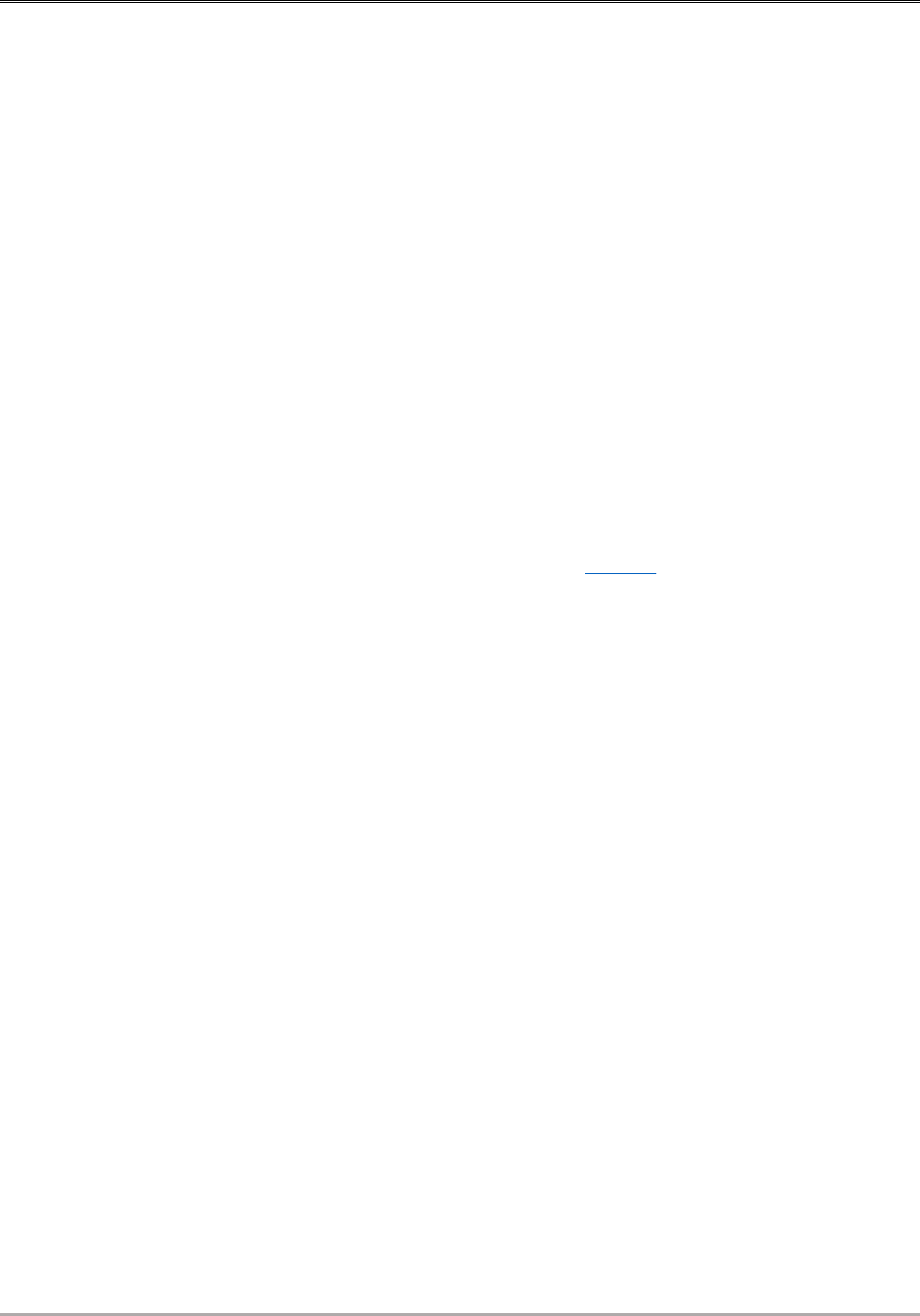
Columbia-Greene Community College 2023-2024 Catalog
169
Liberal Arts and Science–Social Science (A.A.)
History Concentration
Curriculum Code: 0214
Semester Hours Required for Graduation: 61
PROGRAM GOALS:
This program provides an introduction to the
field of history and prepares students for
transfer into a bachelor’s degree program.
Students will investigate the past, assess
primary sources and craft-evidence based
arguments while being challenged to consider
specific time periods, regions, cause, effect
and general change over time. Students who
successfully complete this concentration can
expect advanced standing upon transfer to a
bachelor’s program in this area of study.
PROGRAM LEARNING OUTCOMES:
• Analyze and interpret materials relating to
the human experience.
• Identify credible sources of information,
analyze collected data and produce
evidence-based assignments by locating a
range of primary sources and secondary
sources including unpublished texts,
maps, artifacts, archeological remains,
and images, scholarly journal and peer
reviewed resources.
• Produce written material that demonstrate
abilities to conduct research, develop an
argument and organize supporting
materials.
• Evaluate the impact of geography on the
development of societies throughout time.
• Compare and contrast past and
contemporary societies, politics and
cultures.
• Generate an appreciation and deeper
understanding of human values, diversity
and cultures throughout time and place.
• Understand and apply historiography.
LIBERAL ARTS REQUIREMENTS
45 Semester Hours
EN 101 Composition 3
EN 102 Composition and Literature 3
HI 101* Western Civilizations
13,000 BCE to 1517 CE 3
HI 102* Western Civilizations 1517 to
Present 3
HI 103* United States History 1492-1865 3
HI 104* United Stated History 1865-
Present 3
HI ELE History Elective 3
HI ELE History Elective (World History
and Global Awareness Elective see
page 73) 3
HU ELE Humanities Electives 6
MA ELE Mathematics Elective 3
PS 101 American Government
Or
PS 104 Contemporary Global Issues 3
PY 101 General Psychology 3
SC ELE Lab Science Elective 3
SL ELE Social Science Elective 3
PROGRAM REQUIREMENTS
16 Semester Hours
CE 101 College Experience 1
GN ELE General Electives 9
EC 101 Macroeconomics
Or
EC 102 Microeconomics 3
SO 101 Introduction to Sociology 3
Minimum Credits 61
* These courses meet the SUNY transfer path
for a history concentration.
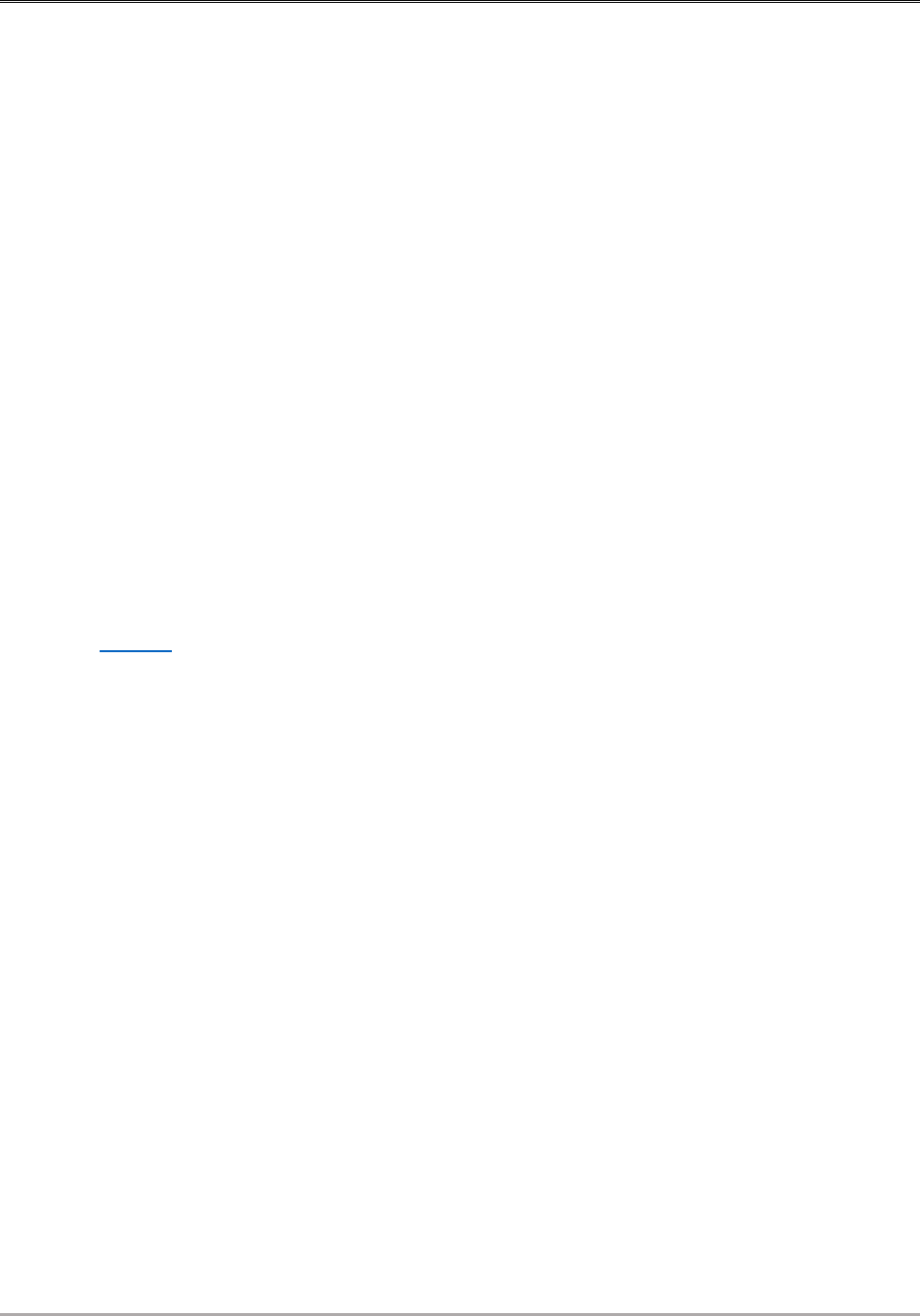
Columbia-Greene Community College 2023-2024 Catalog
170
Liberal Arts and Science–Social Science (A.A.)
History Concentration
1st Semester
CE 101 College Experience 1
EN 101 Composition 3
HI 101 Western Civilizations
13,000 BCE to 1517 CE 3
HI 103 United States History 1492-1865 3
MA ELE Mathematics Elective 3
GN ELE General Elective 3
Total 16
2nd Semester
EN 102 Composition and Literature 3
HI 104 United Stated History 1865-
Present 3
PS 101 American Government
Or
PS 104 Contemporary Global Issues 3
SC ELE Lab Science Elective 3
SO 101 Introduction to Sociology 3
Total 15
3rd Semester
EC 101 Macroeconomics
Or
EC 102 Microeconomics 3
HI ELE History Elective (World History
and Global Awareness Elective see
page 73) 3
HI 102 Western Civilizations 1517 to
Present 3
HU ELE Humanities Elective 3
PY 101 General Psychology 3
Total 15
4th Semester
GN ELE General Electives 6
HI ELE History Elective 3
HU ELE Humanities Elective 3
SL ELE Social Science Elective 3
Total 15
The history concentration provides exceptional transfer possibilities to public and private colleges
in-state and nationwide. Transfer opportunities include but are not limited to: University at
Albany-SUNY, SUNY Cobleskill, SUNY New Paltz, SUNY Oneonta, SUNY Plattsburgh, The
College of St. Rose, Marist College, Sage College, and Siena College.
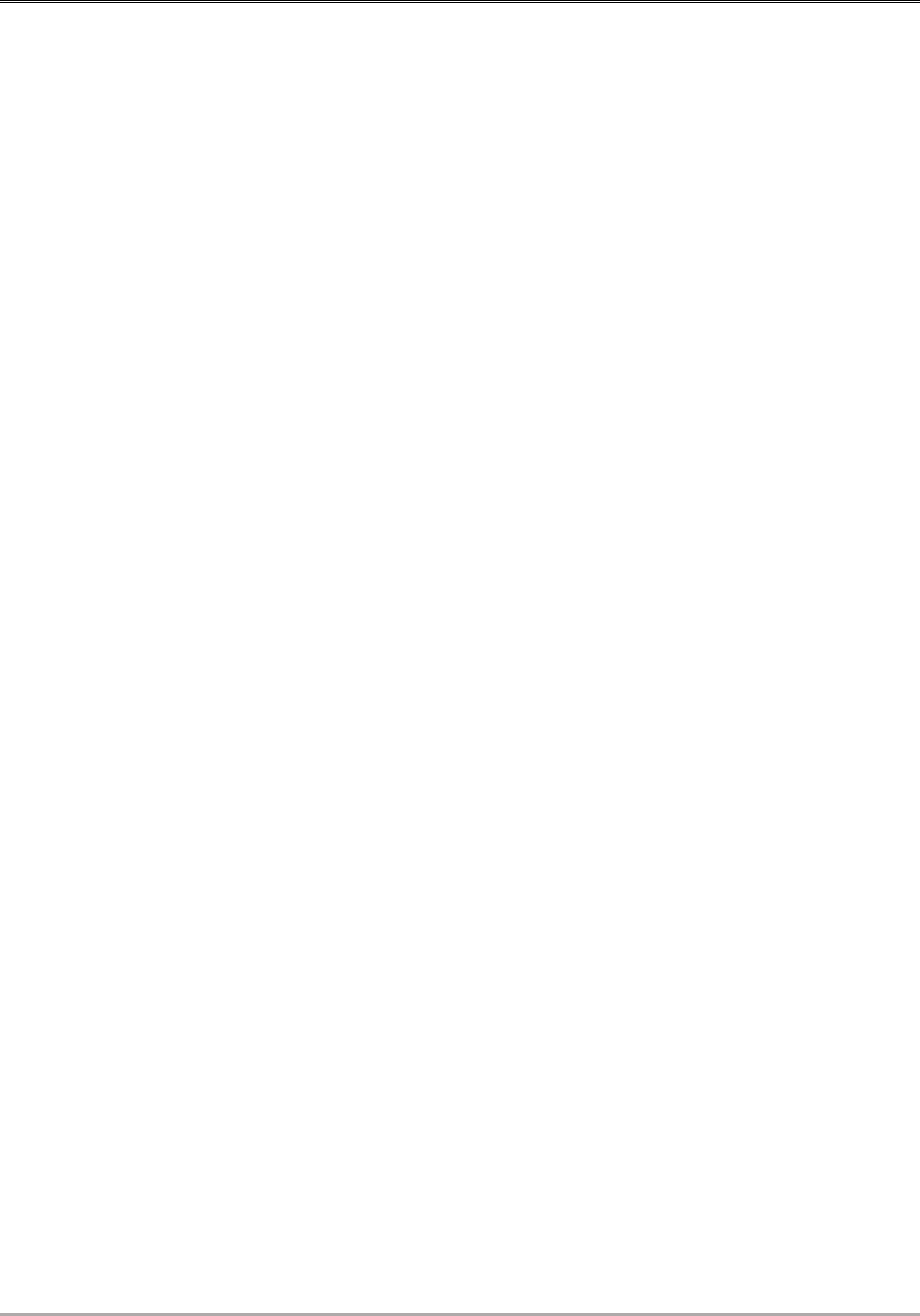
Columbia-Greene Community College 2023-2024 Catalog
171
Medical Assisting (A.A.S.)
Curriculum Code: 1967
Semester Hours Required for Graduation: 64
PROGRAM GOALS:
Medical Assistants are multi-skilled,
versatile, and essential members of the allied
health profession who perform a range of
professional duties. This includes routine
administrative, clinical responsibilities, and
tasks in a variety of healthcare settings
including hospitals, doctors’ and specialists’
offices.
All students successfully completing the
Medical Assisting A.A.S. will have received
exceptional instruction and appropriate
applied learning experiences to prepare them
as competent entry-level medical assistants in
the cognitive (knowledge), psychomotor
(skills), and affective (behavior) learning
domains.
Since they can work on both the
administrative and clinical side of a variety of
health care facilities, medical assistants are
viewed as vital members of the health care
team. A medical assistant’s administrative
duties may include using computer
applications, scheduling appointments,
updating, and filing patient medical records,
coding and filling out insurance forms, billing,
bookkeeping, and arranging hospital
admission and lab services.
Clinical duties include, but are not limited to
patient advocacy, taking vital signs, collecting
and preparing laboratory specimens and tests,
drawing blood, taking ECGs, and sterilizing
instruments.
PROGRAM LEARNING OUTCOMES:
Upon completion of this program, students
will become competent entry-level medical
assistants in the cognitive (knowledge),
psychomotor (skills), and affective (behavior)
learning domains.
We specifically map course learning
outcomes to program learning outcomes in the
following areas:
Cognitive (knowledge):
Students will
• follow established protocols, prepare
patients for examination, and perform patient
screening such as recording vital signs;
• assist in the preparation of space and
equipment used in routine procedures and
minor surgery;
• understand and describe the professional,
ethical, and legal responsibilities and
limitations of the medical assistant’s role
Psychomotor (skills):
Students will
• accurately and competently schedule
appointments utilizing various platforms and
technical tools,
• appropriately maintain office records,
prepare billing and insurance forms
• assist the physician with compassionate
patient care, the performance of venipuncture,
ECG, and CLIA-waived hematology,
chemistry, urinalysis, and immunology
testing
Affective (behavior):
Students will
• effectively and accurately communicate
doctors’ orders for prescriptions to
pharmacies
• define the professional role and scope of a
practicing medical assistant
• stimulate ideas through collaboration
between classmates to learn the best patient
care practices
• lead learning environments to work with
and collaborate on ideas with other classmates
• develop critical thinking skills to
understand cases scenarios related to
ambulatory care
• understand team development and work as
a cooperative team member in a healthcare
facility
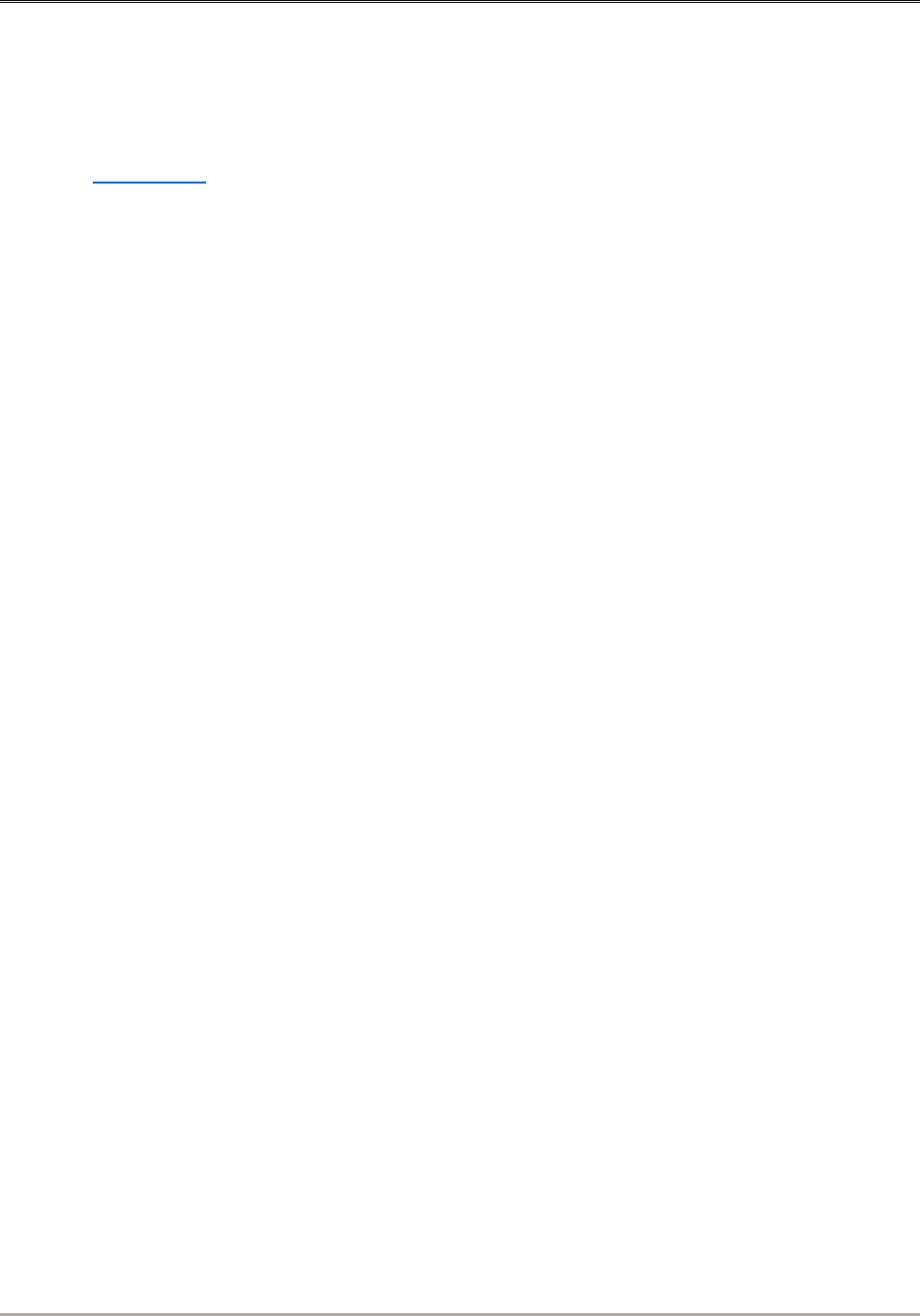
Columbia-Greene Community College 2023-2024 Catalog
172
ACADEMIC PREPARATION:
All Medical Assisting program applicants
must take the College placement test in
accordance with Admissions requirements
stated on pages 16-20.
Admission into the Medical Assisting
program requires the ability to begin EN 101
and MA 102, MA 103, or MA 110.
Admission for the Medical Assisting A.A.S. is
in the fall semester. Exceptions may be made
at the discretion of the Coordinator of Medical
Assisting.
ADDITIONAL REQUIREMENTS:
1. Motor skills and dexterity: In order to be
successful in the Medical Assisting
program, students must have sufficient
physical strength and coordination to be
able to assist patients and the physician in
a number of routine procedures. Students
must also have the dexterity to perform
activities using a variety of equipment and
instruments.
2. Academic standing: Students must
maintain a minimum grade of C in these
courses in the major (AH 106, AH 108,
AH 109, AH 207, AH 208, AH 202, BI
112, BI 115) and must receive a passing
grade in all other coursework. Courses in
the major may be repeated once if minimal
grades are not attained.
3. Professional conduct: Medical Assisting
students must demonstrate the ability to
communicate effectively and sensitively
both in oral and written form with a patient
and other members of a health care team.
The department reserves the right to
immediately remove the student from any
course and/or dismiss that student from
the program if it is determined that the
student has acted in an unprofessional
manner or if the student is unable to abide
by safe laboratory practices.
4. Externship: The student will complete an
externship in a healthcare facility and is
responsible for all transportation to the
externship site.
5. Program Orientation: All newly admitted
students must complete a safety and on-
boarding orientation to the program prior
to the beginning of their first semester. At
such time important information,
protocols, and procedures will be
discussed to ensure student-readiness and
set program expectations. Information
regarding the scheduling of the orientation
will be made available to newly accepted
students. The orientation will occur prior
the start of the academic year.
6. Certification in CPR/First Aid: Students
must have current certification in
CPR/First Aid at the time of their
externship (AH 203).
7. Health Assessment: Students should be in
good health to safely participate in the
Medical Assisting program. A medical
health examination is required of all
Medical Assisting students within a three-
month period prior to their externship and
must be submitted to the College Nurse.
Students will be notified of the due date
for the health assessment report at the time
of registration. Students with missing or
incomplete health assessment reports will
not be permitted to attend their externship
until completed.
8. Immunizations: In addition to the College
immunization requirements, we
recommend that students handling body
fluids be vaccinated against Hepatitis B.
Students must be tested for TB (PPD test)
within a three-month period prior to their
externship. Furthermore, the NYS
Department of Health mandates that all
students participating in their externship
receive the influenza vaccine or, if
declined, that they wear a mask when at
the externship site.
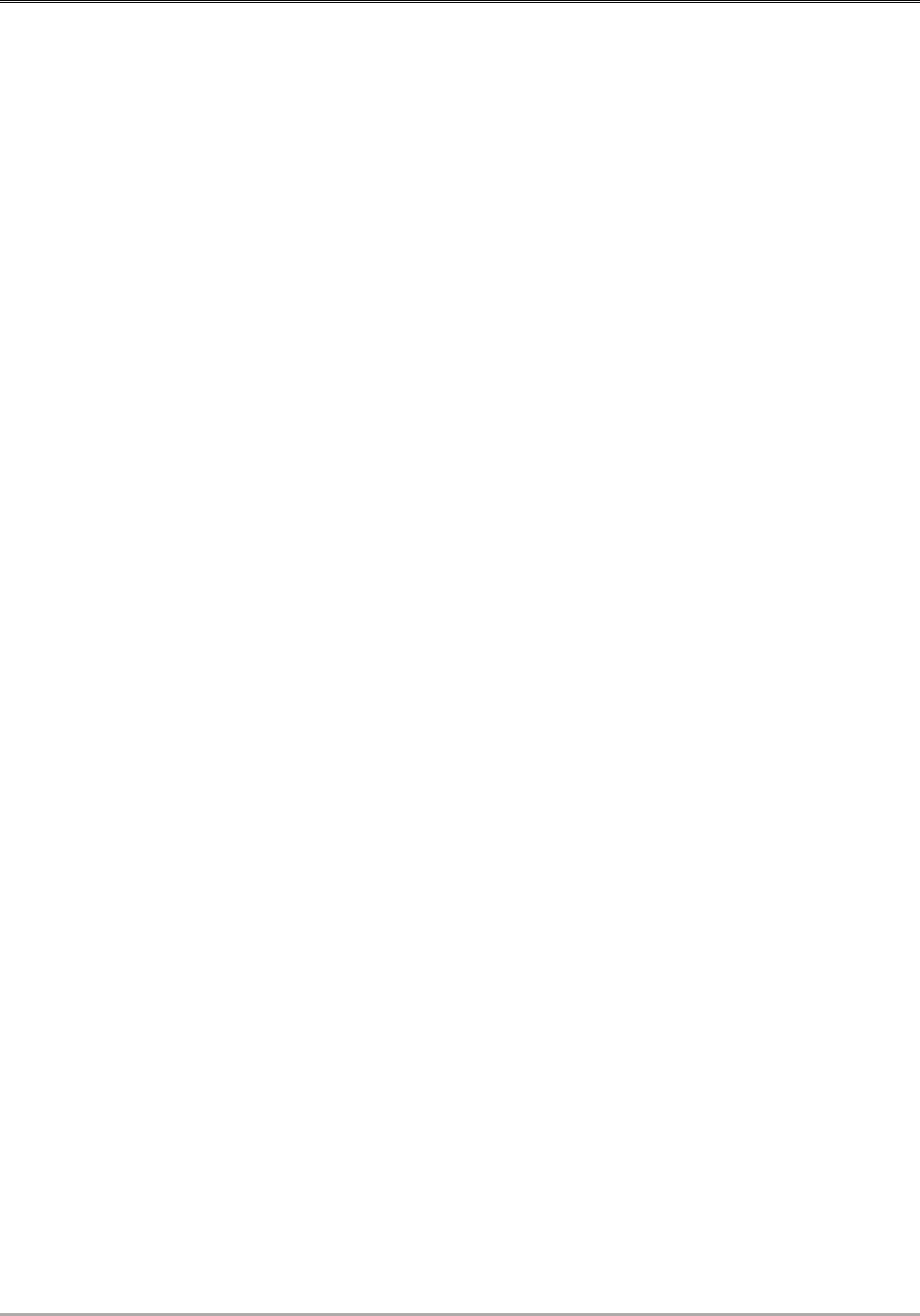
Columbia-Greene Community College 2023-2024 Catalog
173
9. Background checks and drug screening
test: Externship sites require a background
check and drug testing. Students are
responsible for all related fees. Any
student unable to pass a background check
and/or drug screening test will not be
allowed to continue in the Medical
Assisting program.
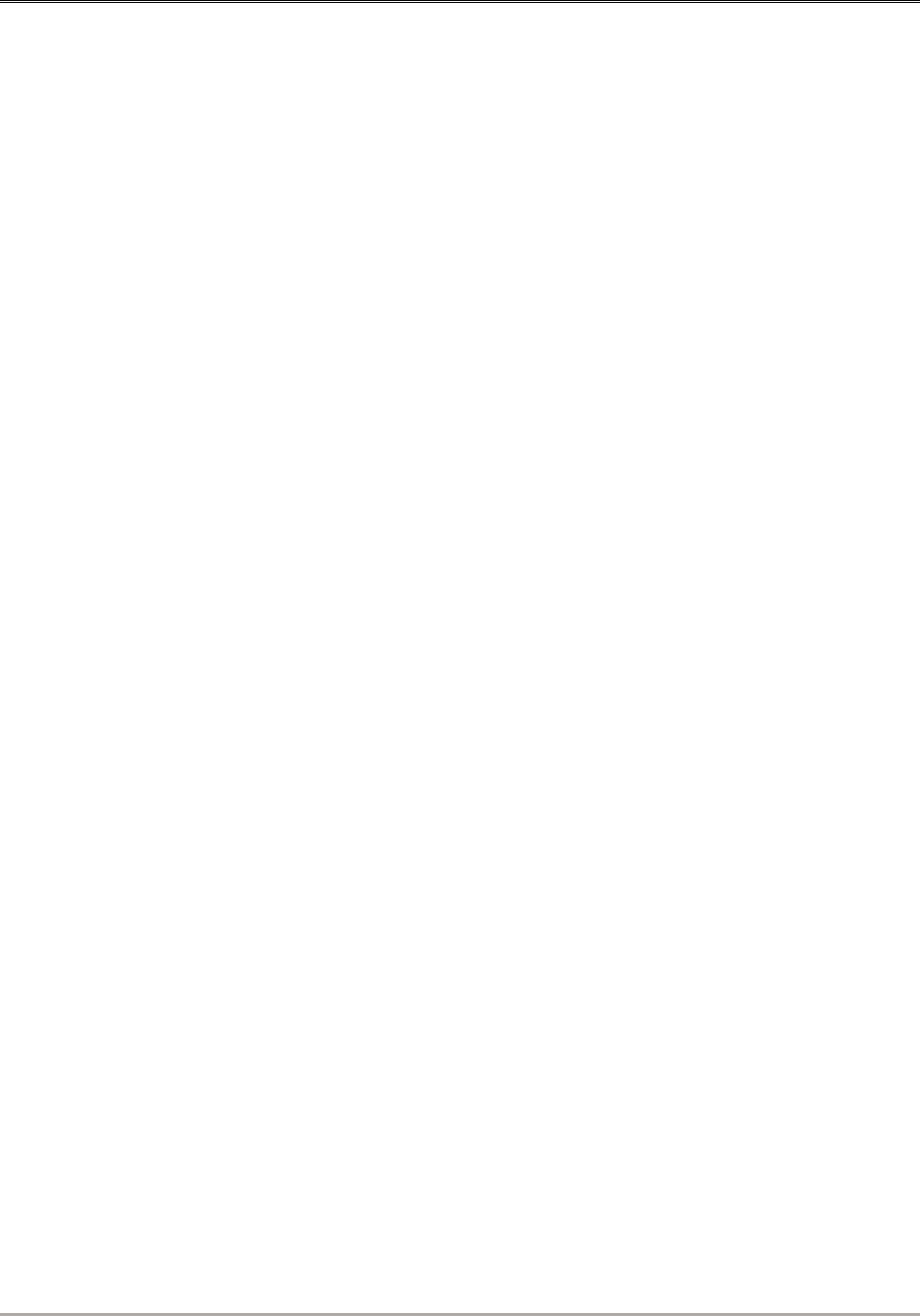
Columbia-Greene Community College 2023-2024 Catalog
174
LIBERAL ARTS REQUIREMENTS
21 Semester Hours
BI 112 Human Biology I 3
EN 101 English Composition 3
EN 102 Composition and Literature
or
EN 105 Technical Writing 3
HU ELE Humanities Elective 3
MA ELE Math Elective 3
PY 101 General Psychology 3
SL ELE Social Science Elective 3
PROGRAM REQUIREMENTS
43 Semester Hours
AH 106 Medical Assisting I 4
AH 108 Medical Assisting II 2
AH 109 EKG 2
AH 125 Medical Office Procedures 3
AH 126 Medical Billing 3
AH 129 Medical Terminology 3
AH 132 Medical Coding 3
AH 202 Pharmacology 3
AH 203 Medical Assisting Externship 3
AH 207 Medical Assisting III 2
AH 208 Venipuncture/Phlebotomy 2
BI 115 Human Biology II 3
CE 101 College Experience 1
CI 105 Computer Applications 3
CO 102 Interpersonal Communication 3
HE 201 First Aid & Safety 3
Minimum Credits 64
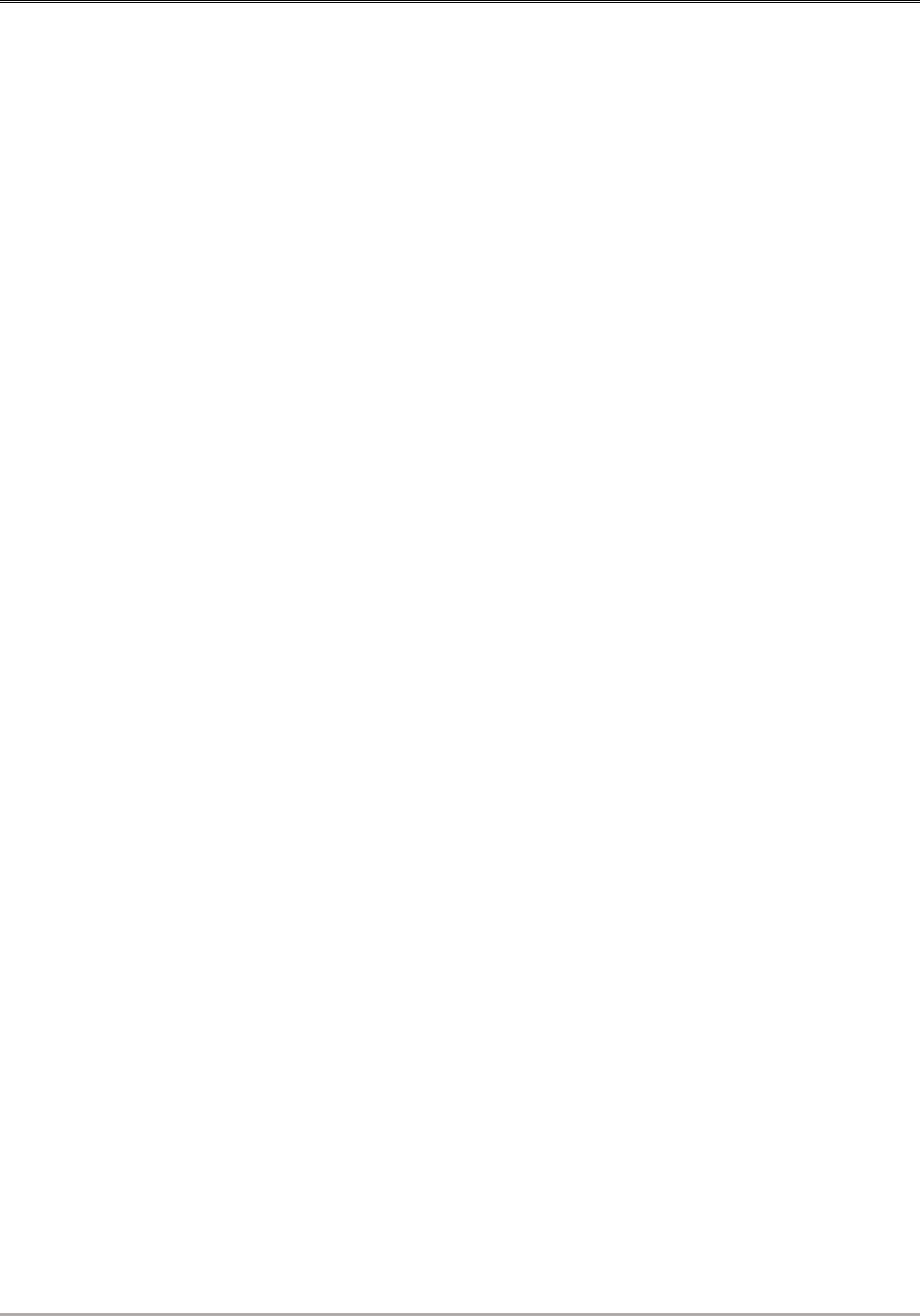
Columbia-Greene Community College 2023-2024 Catalog
175
Medical Assisting (A.A.S.)
SUGGESTED PROGRAM SEQUENCE
1st Semester
AH 106 Medical Assisting I 4
BI 112 Human Biology I 3
AH 129 Medical Terminology 3
CE 101 College Experience 1
EN 101 Composition 3
MA ELE Math Elective 3
Total 17
2nd Semester
AH 108 Medical Assisting II 2
AH 109 EKG 2
BI 115 Human Biology II 3
AH 126 Medical Billing 3
CI 105 Computer Applications 3
HE 201 First Aid & Safety 3
Total 16
3rd Semester
AH 207 Medical Assisting III 2
AH 208 Venipuncture/Phlebotomy 2
AH 202 Pharmacology 3
AH 125 Medical Office Procedures 3
CO 102 Interpersonal
Communication 3
PY 101 General Psychology 3
Total 16
4th Semester
AH 203 Medical Assisting Externship 3
AH 132 Medical Coding 3
EN102 Composition and Literature
or
EN 105 Technical Writing 3
HU ELE Humanities elective 3
SL ELE Social Science Elective 3
Total 15
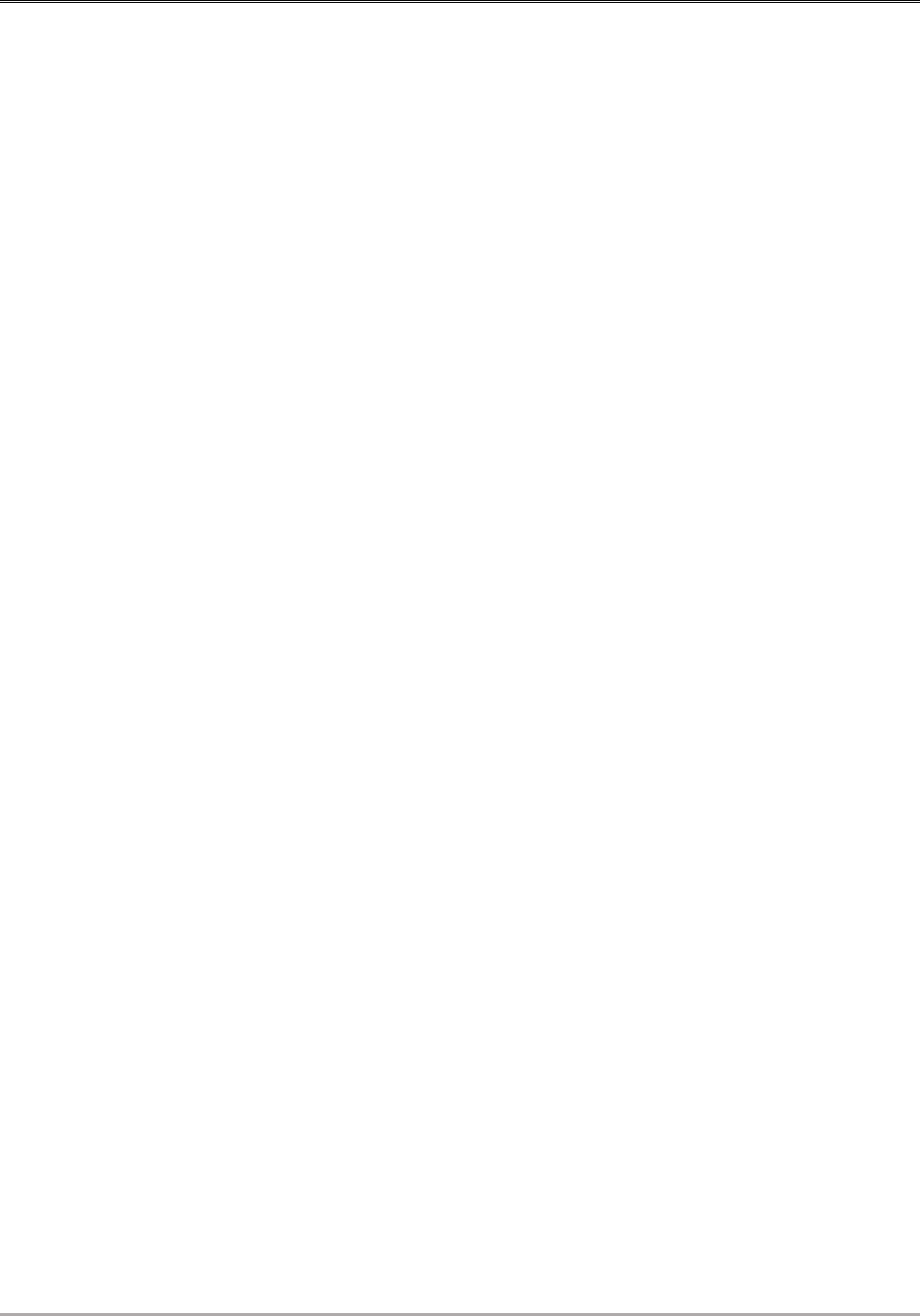
Columbia-Greene Community College 2023-2024 Catalog
176
Medical Office Assistant (Certificate)
Curriculum Code: 1797
Semester Hours Required for Graduation: 24
PROGRAM GOALS:
This program prepares students for entry into
the medical office field with a wide range of
skills such as transcription, updating and
filing patient medical records, completing
insurance forms, arranging for hospital
admission and laboratory services, billing,
and bookkeeping.
PROGRAM LEARNING OUTCOMES:
Upon completion students will be able to:
• Communicate effectively with all
stakeholders within the health care setting.
• Interact within the health care setting in a
legal and ethical manner.
• Demonstrate acceptable personal
behaviors that are consistent with
satisfactory job performance.
• Perform administrative and clerical duties
using appropriate information technology
tools and information.
• Demonstrate and apply those skills
necessary to effectively manage a medical
office.
• Perform the daily duties as prescribed by
standard office procedures.
ACADEMIC PREPARATION:
12th-grade reading level is required.
Placement test scores must indicate readiness
to begin EN 101-Composition.
Competency in keyboarding is required.
Competency in mathematics fundamentals is
required: Pre-Algebra or Pre-Statistics is
recommended.
LIBERAL ARTS REQUIREMENTS
0 Semester Hours
PROGRAM REQUIREMENTS
24 Semester Hours
AH 125 Medical Office Procedures 3
AH 126 Medical Billing 3
AH 129 Medical Terminology 3
AH 132 Medical Coding 3
AH 145 Administrative Office
Management 3
BI 112 Human Biology I* 3
BU 105 Business Communications 3
BU ELE Business Elective 3
Minimum Credits 24
* BI 130 Anatomy & Physiology I may be
substituted
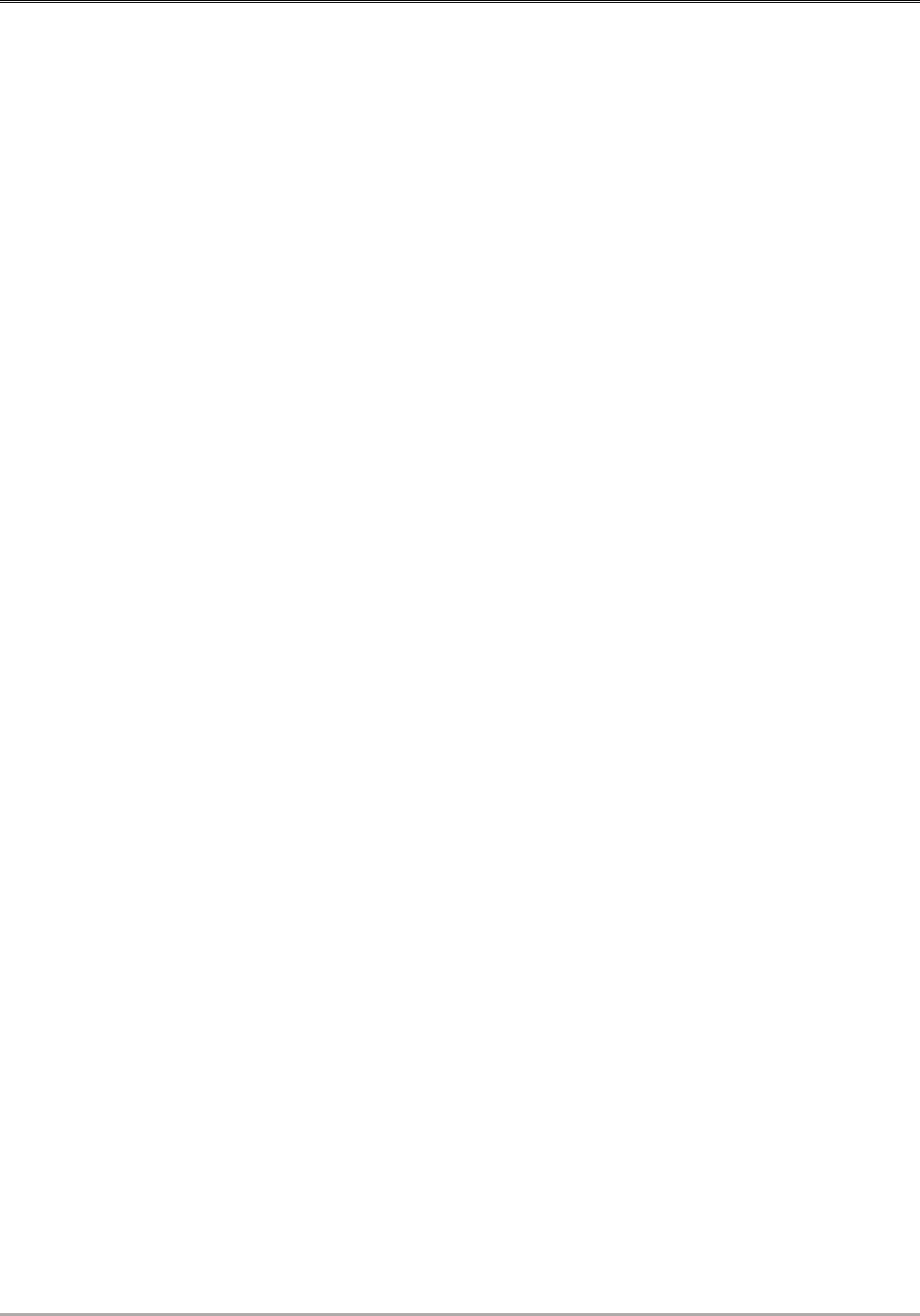
Columbia-Greene Community College 2023-2024 Catalog
177
Medical Office Assistant (Certificate)
SUGGESTED PROGRAM SEQUENCE
1st Semester
AH 125 Medical Office Procedures 3
AH 129 Medical Terminology 3
BI 112 Human Biology I* 3
BU ELE Business Elective 3
Total 12
2nd Semester
AH 126 Medical Billing 3
AH 132 Medical Coding 3
AH 145 Administrative Office
Management 3
BU 105 Business Communications 3
Total 12
* BI 130 Anatomy & Physiology I may be substituted
Career Opportunities: Hospital or medical office assistant
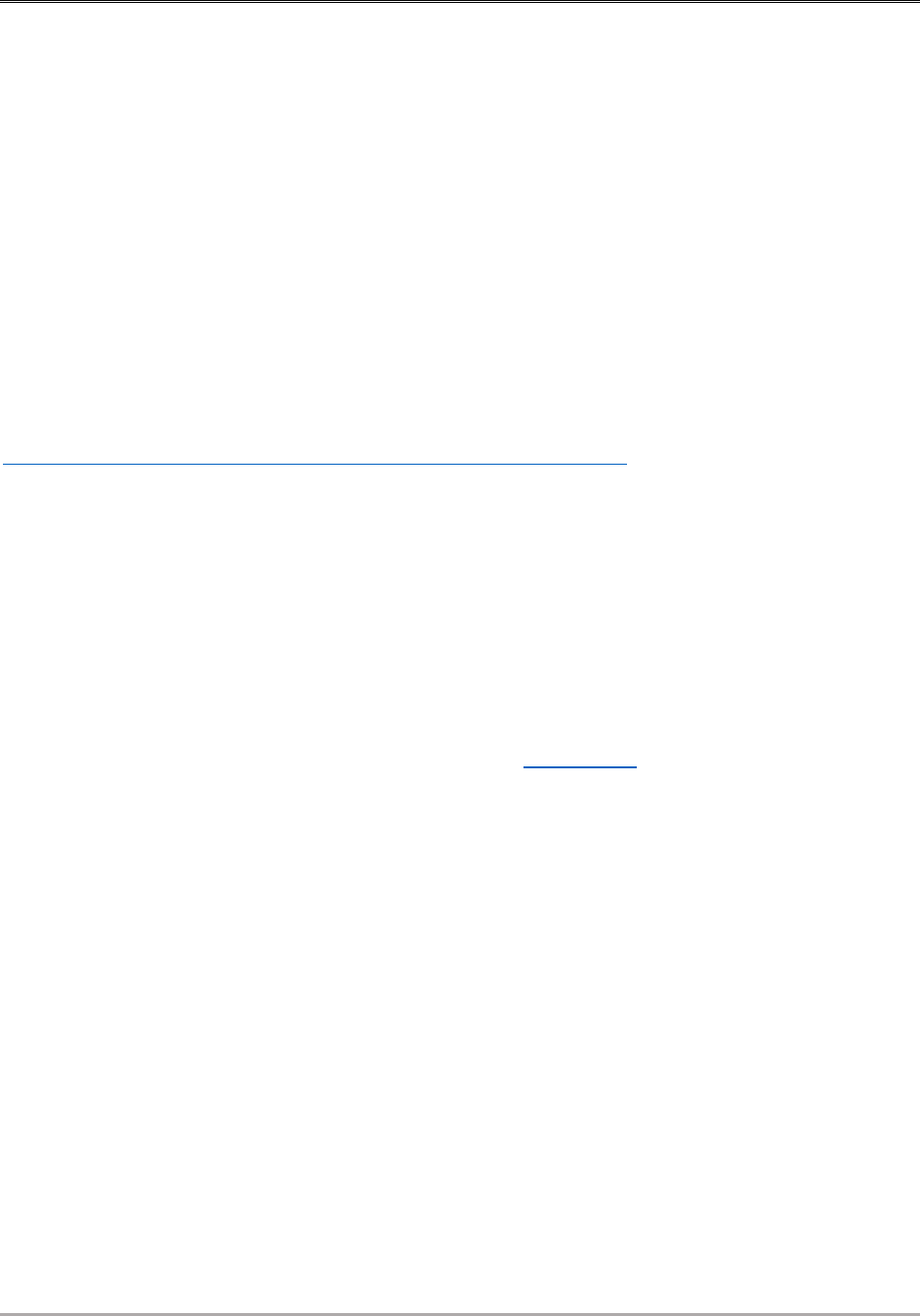
Columbia-Greene Community College 2023-2024 Catalog
178
Nursing
Nursing offers an outstanding associate degree program. The faculty of highly trained nursing
professionals is dedicated to working with their students. Agreements with hospitals and health
facilities provide excellent opportunities for clinical practice in the region.
The associate degree nursing program at Columbia Greene Community College located in Hudson,
NY is accredited by the:
Accreditation Commission for Education in Nursing (ACEN)
3390 Peachtree Road NE, Suite 1400 Atlanta, GA 30326
404-975-5000
The most recent accreditation decision made by the ACEN Board of Commissioners for the
associate degree program is continuing accreditation.
View the public information disclosed by the ACEN regarding this program at
http://www.acenursing.us/accreditedprograms/programSearch.htm
The nursing program is registered by the:
New York State Education Department
Division of Professional Education
89 Washington Avenue, 2nd Floor West Wing
Albany, NY 12234
Telephone 518.474.3817 extension 360
Nursing (A.S.)
Curriculum Code: 0622
Semester Hours Required for Graduation: 64
This program prepares students for a career in
nursing.
Criteria for Admission
A. Nursing Information Session (NIS):
Applicants must attend an information
session specific to nursing program
requirements. This must be done prior to
being considered for the nursing program.
A NIS expires after 5 years.
B. Students must have a GPA of 2.5 or above
(calculated by the most recent college
attended where a semester was completed)
and a score of 50 or above on the "Kaplan
Nursing Entrance Exam" to be considered
for the nursing program.
C. Nursing program applicants take the
college placement test in accordance with
the admissions requirements stated on
pages 16-20.
D. Applicants must submit official
transcript(s) from high school (or GED)
and ALL other colleges attended.
E. Admission to the nursing program
requires the readiness to begin EN 101,
MA 102, and BI 130. Students who do not
meet all of the nursing program criteria
will not be accepted into the nursing
program, but may be accepted to the
college while completing required
courses. Basic skills course work is
available for students who do not meet
placement criteria. Basic science courses
(Human Biology I, General Biology,
General Chemistry, and Introductory
Chemistry) are available for applicants
who do not meet the science requirements.
Students must receive a minimum grade of
C in the basic science course.
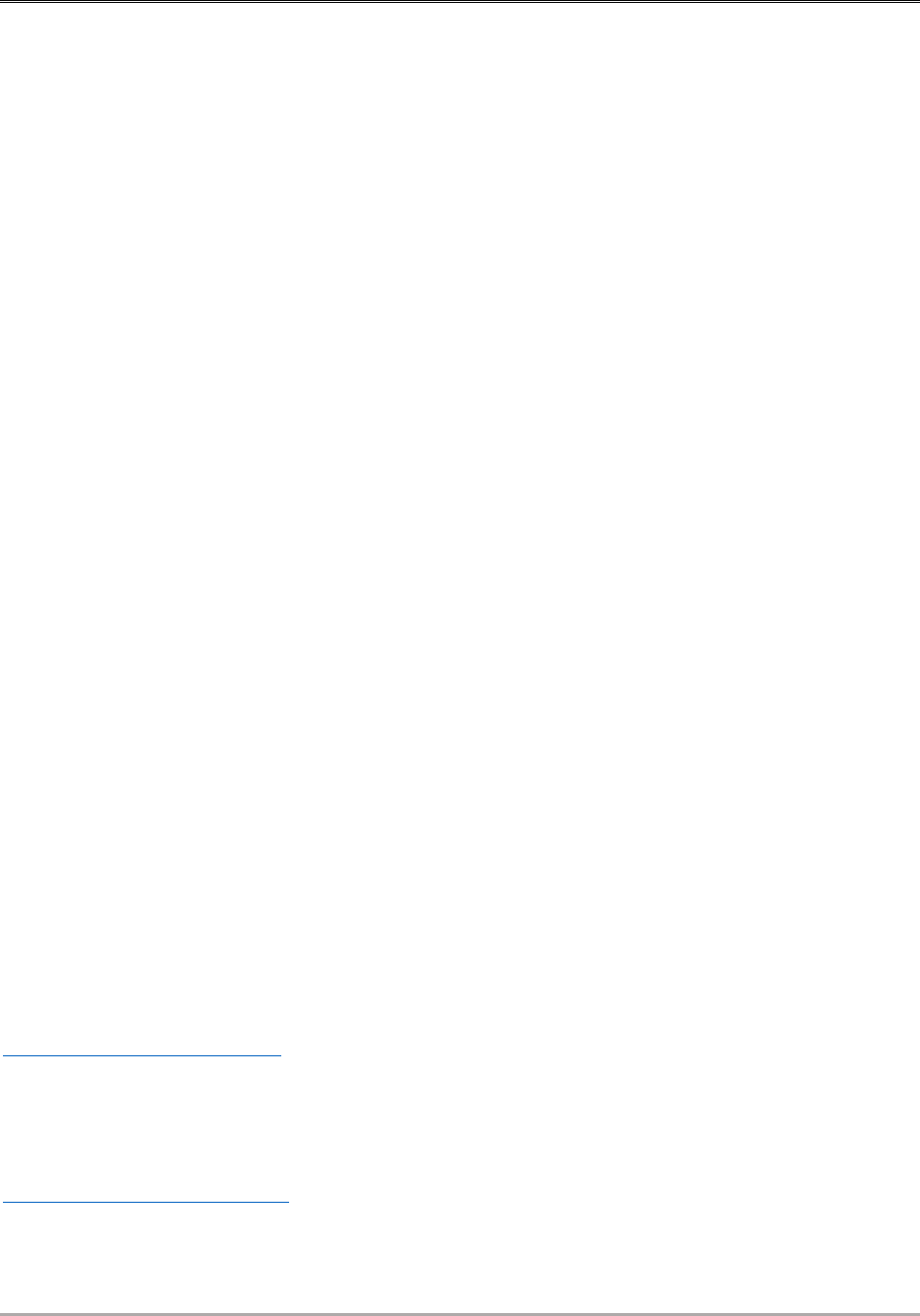
Columbia-Greene Community College 2023-2024 Catalog
179
F. Students who receive a grade of less than
C in a nursing course at another institution
will not be accepted into the C-GCC
nursing program. The only exception is
for LPN’s who received the less than C
grade PRIOR to successful completion of
an LPN program.
G. Entrance to the nursing program is based
on the following point system:
Points for Kaplan Nursing Entrance
Exam:
Students must be admitted into the college and
meet all requirements for acceptance into the
Nursing Pathway as Kaplan Ready before
they can take the Kaplan Nursing Entrance
Exam. These requirements must be met at
least 2 business days prior to being able to sign
up for a Kaplan exam.
"Kaplan Nursing School Entrance Exams"
book is available at most book suppliers to
help prepare for this exam.
Students must take the Kaplan Nursing
Entrance Exam and achieve a minimum score
of 50. Students with a score of less than 50 can
repeat the exam in an attempt to achieve a
score of 50 or above. Students who already
achieved the required minimum score of 50
can repeat the exam in an attempt to achieve a
higher score. Kaplan Nursing Entrance Exam
may be taken twice in an admissions cycle.
The exams will be offered January, April,
September, and December. The highest score
will be used. For exam dates and times, and to
register to take the exam, email
Students with a score of 50 or above on the
"Kaplan Nursing Entrance Exam" may submit
Nursing Program Entrance Form. Forms must
be e-mailed to the Nursing Division at
[email protected] by February
1st.
Students with a score of 50-59 on the “Kaplan
Nursing Entrance Exam” will receive 30
points.
Students with a score of 60 or above on the
"Kaplan Nursing Entrance Exam" will receive
points for the grade they received. For
example, grade of 60 = 60 points, grade of 68
= 68 points, etc.
Points for A&P I, A&P II, and
Microbiology:
10.0 points for a grade of A
9.0 points for a grade of A-
8.0 points for a grade of B+
7.0 points for a grade of B
• These courses do not need to be taken prior
to acceptance into the program.
• Minimum grade of C allowed. However, no
points will be given for a grade less than B.
• Science course must be less than 10 years
old at the time the student enters NU 101.
• Courses graded as "pass" will be counted as
a grade of C.
High School Students:
Students who meet all admission
requirements, are accepted to the college,
score 50 or higher on the "Kaplan Nursing
Entrance Exam," and submit a Nursing
Program Entrance Form by February 1st of
their senior year of high school will be
considered based on high school grades.
Acceptance will be contingent on final high
school grades upon graduation. High school
students who are offered a seat in the nursing
program have two options:
Option one: start Nursing 101 in the fall and
complete the program (nursing and non-
nursing courses) in two years.
Option two: (highly recommended option)
required to attend one year at C-GCC to
complete some or all of the non-nursing
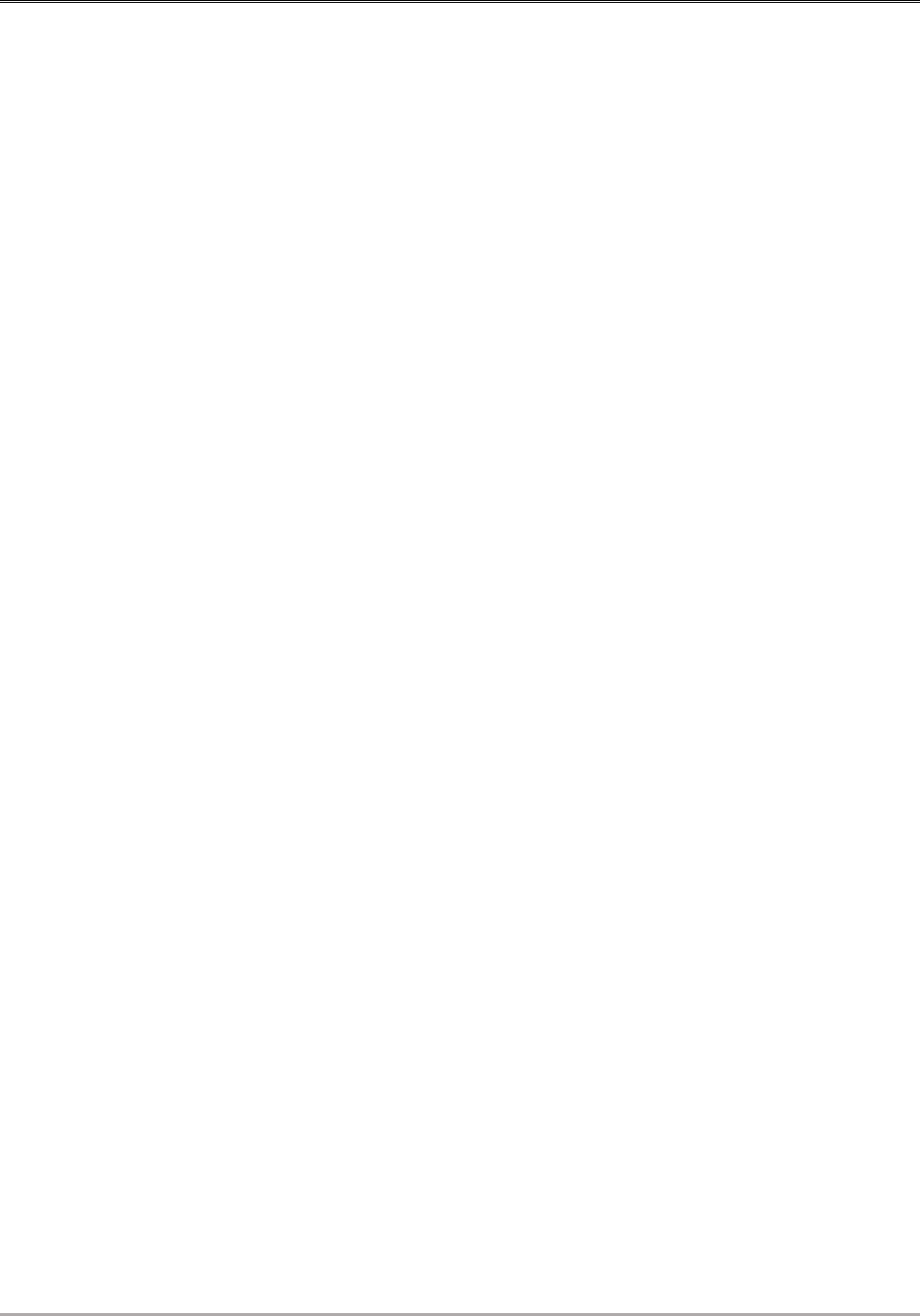
Columbia-Greene Community College 2023-2024 Catalog
180
courses required for the nursing program and
be guaranteed a seat in Nursing 101 the
following year (as long as their GPA is 2.5 or
higher and they submit a new “Nursing
Program Entrance Form”.
High School students who do not meet all
admission requirements or do not submit a
“Nursing Program Entrance Form” by
February 1st but meet all requirements
(including the Kaplan Exam) by the end of
August, will only be allowed Option two.
Application Procedure:
Students who meet all requirements for the
nursing program and have a score of 50 or
above on the "Kaplan Nursing Entrance
Exam," may apply for entrance into the
nursing program. The Nursing Program
Entrance Form must be received by February
1st. Seats will be given to students achieving
the highest number of points. Students
submitting the Nursing Program Entrance
Form after February 1st will be considered if
seats are available. Students are only admitted
into the nursing program once a year (in
March). Students who do not meet all
requirements for the nursing program, or
students who would like to take non-nursing
courses can be admitted to the college. If they
meet all requirements and are accepted into
the nursing program in March, their
curriculum will be changed to nursing.
Program Content
A. Nursing courses are comprised of
concepts and experiences that assist in
comprehending the health-illness theories
that promote the highest level of wellness
in clients. Courses in the behavioral and
biological sciences, as well as liberal arts,
are integral to the learner’s
comprehension of nursing. Nurses
facilitate activities for clients to attain,
maintain, or regain health, as well as
proceed to a peaceful death. The
interactive components of the health-
illness continuum are integrated
throughout all nursing courses.
B. Nursing campus laboratory sessions are
conducted at Columbia-Greene
Community College. A variety of health-
care agencies in Columbia and Greene, as
well as neighboring counties, are used to
provide students with the opportunity to
participate in the delivery of client care.
Students are responsible for transportation
to all clinical agencies.
C. During the first three weeks of the
semester in NU 201 and NU 202, clinical
laboratory may be conducted in the
campus laboratory setting.
Program Requirements
A. The nursing curriculum may be completed
in two years. The nursing courses must be
taken in sequential order. The non-nursing
courses which are part of the program
requirements must be taken and
successfully completed before or
concurrently with the nursing courses as
stated in nursing course descriptions.
Nursing students must receive a grade of
C or better in NU 101, NU 102, NU 201,
and NU 202, BI 130, BI 131, BI 210, EN
101 and PY 101 to continue taking nursing
courses. A grade of less than C in any
course from another college will not
transfer into the nursing program.
B. Candidates must be in good health to
safely participate in the nursing program.
An annual health assessment is required of
all nursing students and must be submitted
to the College Nurse. Nursing students
must not only submit immunization
records required of all students, but are
also required to have a yearly flu shot and
TB test, Hepatitis B vaccinations (or a
signed declination), document varicella
immunity, and meet current COVID
vaccination(s). The due date for the
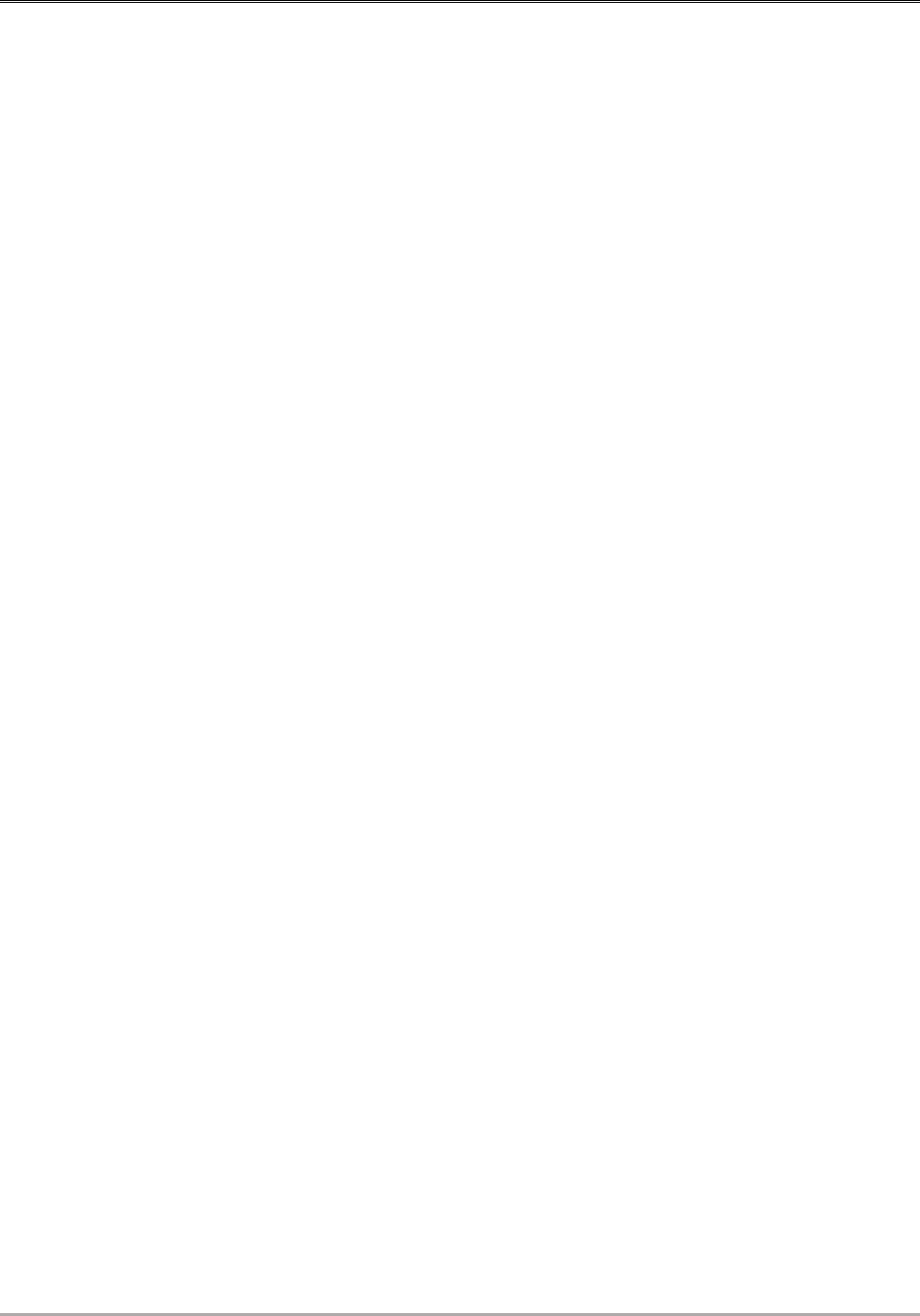
Columbia-Greene Community College 2023-2024 Catalog
181
completed health assessment form,
including immunizations, will be given to
the students during their registration
appointment. Any student not submitting
the completed form, including
immunizations, by the due date will be
deregistered from the nursing course.
C. Students must have an American Heart
Association CPR (Basic Life Support for
Healthcare Providers) card effective
through May of the current academic year.
The due date for submission for a copy of
the CPR card will be given to students
during their registration appointment. Any
student not submitting a copy of the CPR
card by the due date will be deregistered
from the nursing program.
D. There is a mandatory one-day Nursing
Orientation program in August for all
students entering NU 101. Students will
be notified of this date during their
registration appointment. Any student not
attending the orientation program will be
deregistered from NU 101.
E. Students will need to spend additional
time in classroom laboratory sessions to
develop required skills. Students must also
go to some clinical agencies prior to
scheduled clinical to research patients.
F. Liability insurance is required and is
available through the college at the time of
registration.
G. Special fees for nursing students’
uniforms and equipment amounts to
approximately $800 in the first semester.
H. Students will not be allowed to enter (or
continue in) the nursing program if any of
the following occur:
• The student is not allowed to practice in
the affiliated clinical agencies.
• The student is unable to pass a drug
screening test required by a clinical
agency.
• The student is unable to pass a
background check required by a clinical
agency.
• The student engages in unprofessional
behavior that jeopardizes confidentiality
of patient information.
I. Students will have selected evening
clinical assignments during the second
year nursing courses.
J. Any applicant who has been convicted of
a misdemeanor or a felony under New
York State law, Federal Law, or the law of
another jurisdiction will be subject to a
review by an investigator for the Office of
Professional Discipline, New York State
Education Department, prior to a licensing
decision. Upon acceptance to the program,
students must immediately notify the
division chairperson of any convictions. A
graduate of the program may apply for,
and take, the National Council Licensing
Exam for Registered Nurse. However, the
license will be held by the State Education
Department until any necessary
investigation or hearing is completed and
a decision is made by the Commissioner
of Education.
K. In order to be successful in the nursing
program students must be able to:
• Perform motor skills safely such as:
lifting, bathing, positioning, and
transporting patients; moving efficiently
enough to meet the needs of several
patients in a timely fashion; lifting,
positioning or moving an unconscious
patient in order to perform life-saving
procedures.
• Perform activities requiring manual
dexterity: giving injections, operating
equipment and devices such as
thermometers, blood pressure cuffs and
IV pumps; efficiently operating
equipment and devices in emergency
situations; inserting and/or maintaining
any patient catheters or other tubes.
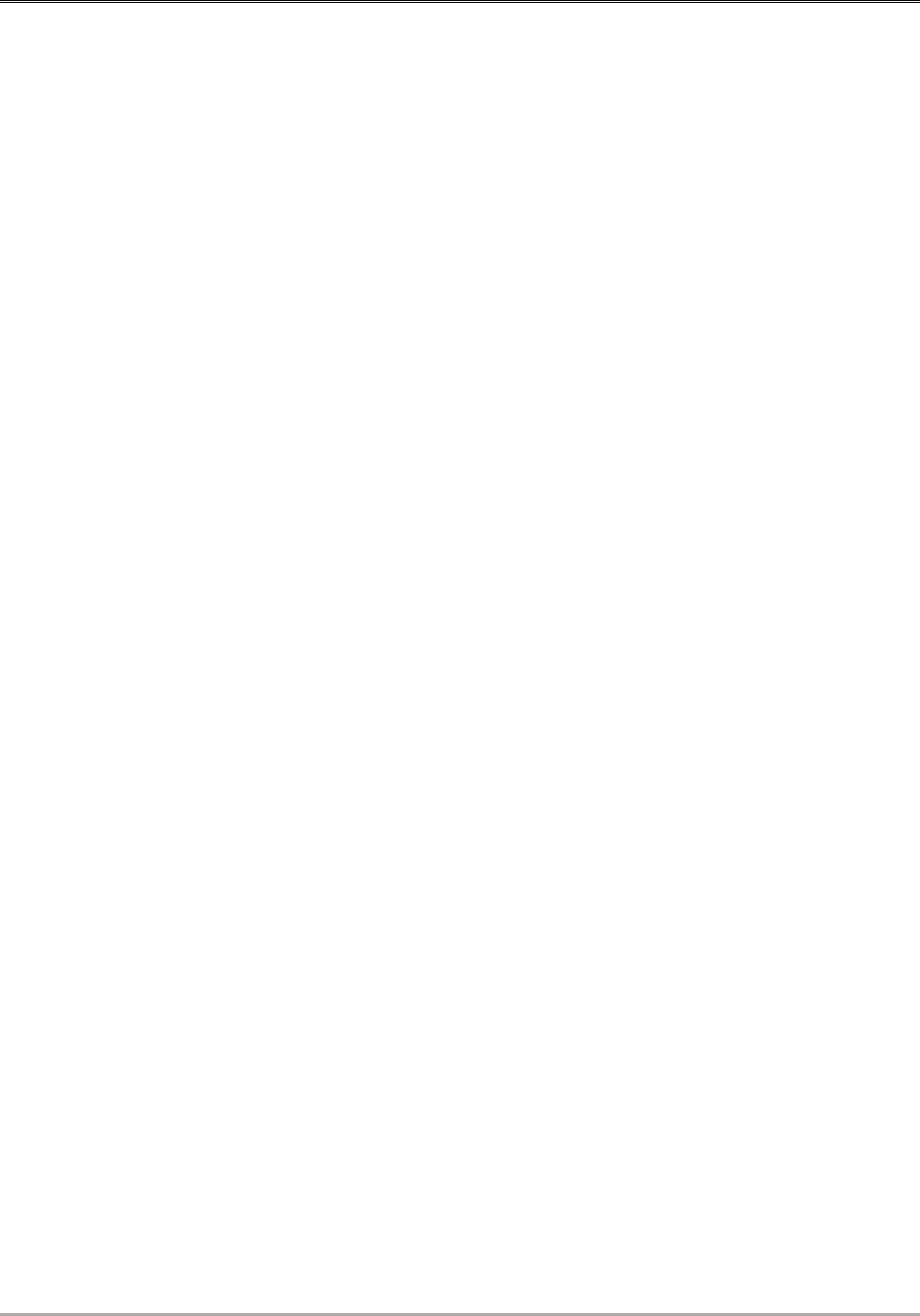
Columbia-Greene Community College 2023-2024 Catalog
182
• Perform activities requiring accurate
and efficient interpretation and
communication of information in
English, both written and spoken. For
example: responding to physician’s
orders, reading and recording
information, and directing staff.
• Respond to signals, alarms, and other
displays indicating urgent patient need,
and take immediate action.
• Perform effectively under stress.
• Demonstrate ability to analyze data,
calculate, and measure.
End of Program Student Learning
Outcomes
Upon completion of the Columbia-Greene
Community College nursing program,
graduates will have the following skills:
Critical Knowledge and Clinical Reasoning
Exercise critical thinking and clinical
reasoning to safely care for groups of clients
with complex needs.
Communication
Utilize effective communication techniques
that demonstrate caring with clients and
interprofessionals, and that empower clients to
advocate for their health care values.
Health Care Promotion
Analyze, and practice within, the
legal/ethical/professional nursing standards
when collaborating with interprofessionals to
provide safe, client-centered care.
Ethical Comportment
Prioritize and manage client care throughout
the lifespan, utilizing ethical decision making,
interprofessional collaboration, client
advocacy, cultural competency, and inclusion
of diversity.
Evidence-Based Practice
Incorporate evidence-based practice when
performing contemporary nursing skills and
caring for groups of clients in various health
care settings.
Transformational Leadership
Analyze nursing leadership roles, the
importance of lifelong learning, and the
pathways to achieve higher levels of
education.
Program Learning Outcomes
A. A minimum of 75% of the students
entering NU 101 will graduate from the
program.
B. Graduate passing rate on the NCLEX will
80% or higher.
C. 90% of graduates seeking employment
will be able to find employment in
nursing within six months after
graduation.
D. A minimum of 90% of the graduates will
rate program satisfaction as satisfactory
or above.
E. A minimum of 90% of employers will
rate graduate performance as satisfactory
or above.
Grading Policy
A. Students must maintain the minimum
grade of C in all nursing courses, a GPA
of 2.0 or above, and maintain accepted
standards of care in all nursing clinical
experiences in order to continue in the
nursing program. Each nursing course
consists of three components: classroom,
campus laboratory, and clinical. In NU
101 and NU 102, students must average
78% or better in both classroom and
campus laboratory, as well as
“satisfactory” in campus lab on skills and
in clinical. In NU 201 and NU 202,
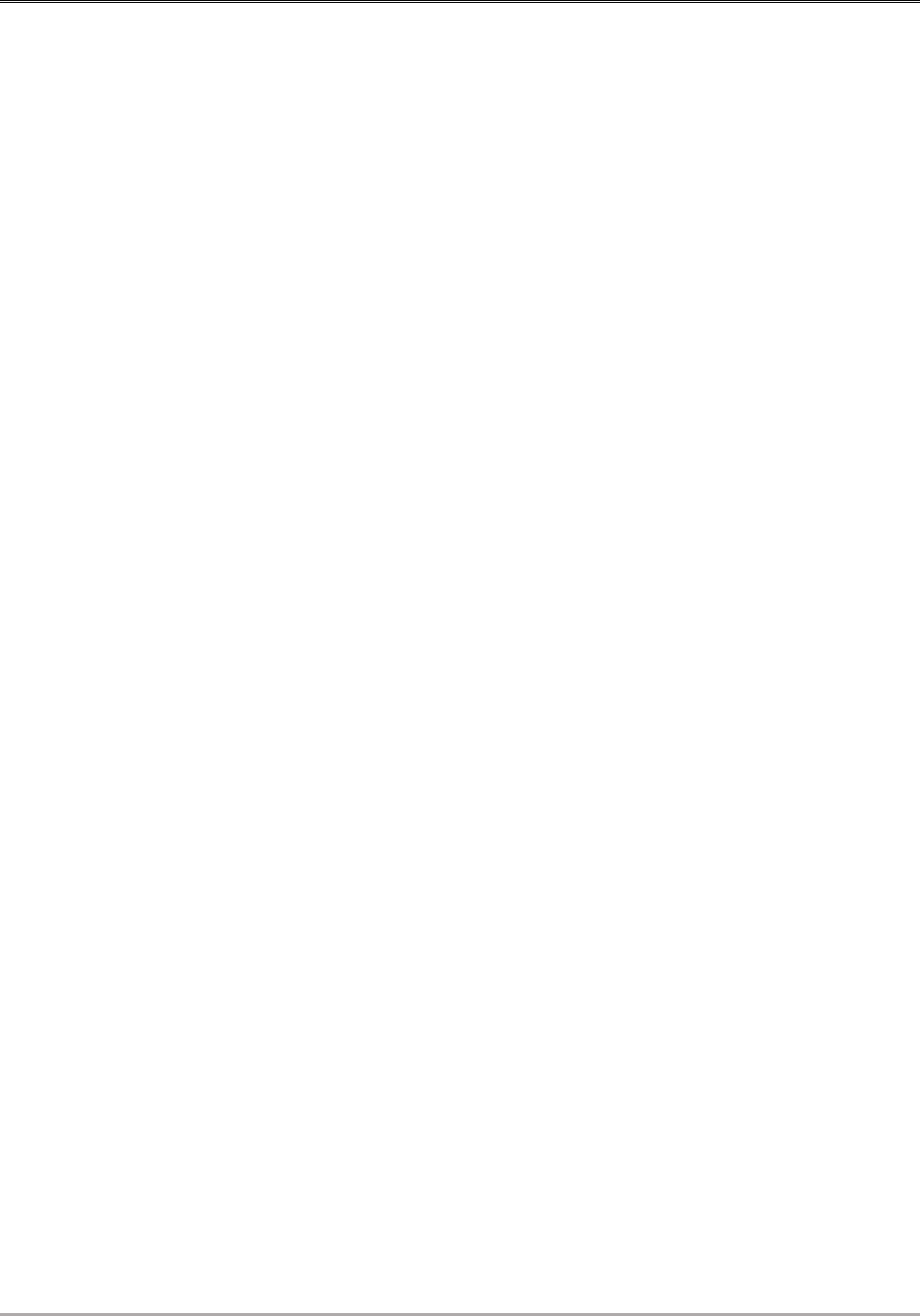
Columbia-Greene Community College 2023-2024 Catalog
183
students must average 78% or better in
classroom and a “satisfactory” in both
campus laboratory and clinical. A “U” in
either campus lab or clinical will result in
failure of the course regardless of the
classroom grade. If performance in
clinical is graded U, the student will be
notified in writing and given the
opportunity to demonstrate satisfactory
performance. A student exhibiting unsafe
behavior in clinical may not be given this
opportunity and may be dismissed from
the course at that time, as stated in each
nursing clinical evaluation tool.
Determination of safe practice is guided
by the ANA Code for Nurses (see the C-
GCC Student Handbook.) The student
may appeal the decision as outlined in the
College Catalog.
B. Students can only repeat one nursing
course one time.
Licensed Practical Nurse (LPN) Challenge
Opportunities
A. Eligibility requirements: LPN challenge
students must be current students and
meet all admissions criteria for acceptance
and program requirements. The challenge
applicant must be a currently licensed
LPN (and provide an official LPN
transcript, current registration, and
license). Providing official LPN transcript
and license will meet the prerequisite for
Anatomy and Physiology I (BI 130).
B. LPNs are not eligible to take a challenge
exam if they have already failed, or
withdrawn from, that nursing course. The
only exception is if the LPN program was
completed AFTER the withdrawal or
failure.
C. Licensed Practical Nurses attending
C-GCC who meet all admission
requirements for the nursing program may
request to challenge NU 101 & NU 102.
There is a $135 non-refundable fee paid
prior to each challenge exam. Only one
attempt will be allowed to pass each
challenge exam. The exam must be taken
no more than one year before the student
enters a nursing course.
D. To challenge nursing courses the
procedure must begin with the nursing
enrollment specialist where the student’s
eligibility requirements are evaluated. The
student must request via email the “LPN
Nursing Course Challenge Application”
from the nursing division assistant. The
application with the student’s signature
must be emailed to the nursing enrollment
specialist. The application should be
submitted at least two weeks before the
exam date. The exam for NU 101 can be
taken in September or January. The exam
for NU 102 can be taken in November or
April. A study guide for the exam will be
emailed to the student once the application
is approved. The challenge exam consists
of three parts – medication calculation,
lecture, and lab skills. Part 1 is the
medication calculation exam - passing is
95%. Part 2 covers the remainder of the
course content - passing is 78%. Part 3 is
the lab skills - this is scheduled if the
student obtains passing scores on Parts 1
and 2. Challenge exams are rated pass/fail.
Pass/fail grades are not counted toward
GPA. Successful challenge of NU 101,
completion of all corequisites, and a GPA
of 2.0 is required for the student to be
admitted into or challenge NU 102.
Successful challenge of NU 102,
completion of all corequisites, and a GPA
of 2.0 is required for the student to be
admitted into NU 201. Exams for both
courses (NU 101 & NU 102) cannot be
taken at the same time. Obtaining a
passing grade on the challenge exam does
not guarantee a seat in the requested
nursing course. Admission will be
considered based on: grades in other
courses, the grade received on the
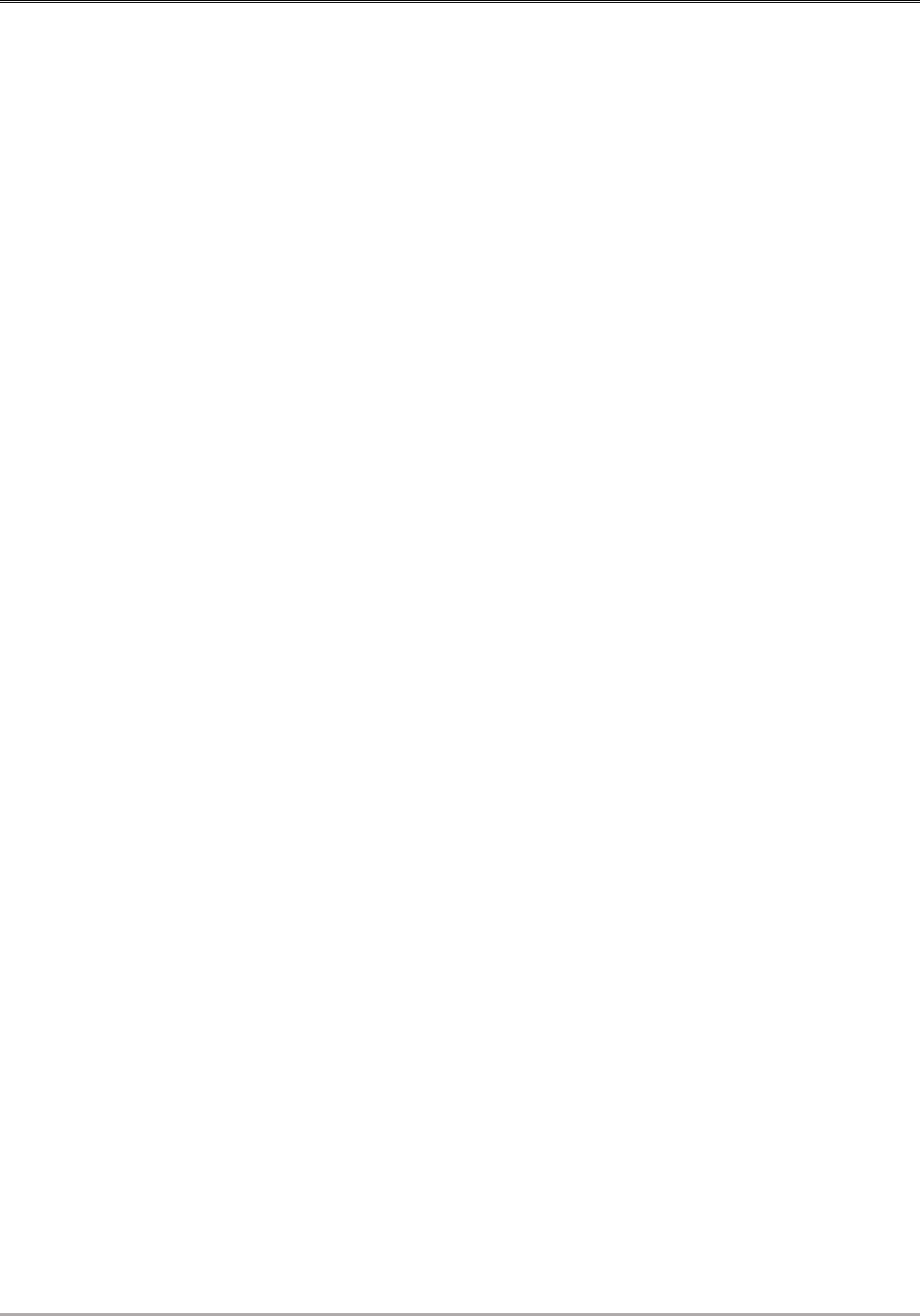
Columbia-Greene Community College 2023-2024 Catalog
184
challenge exam, current GPA, and
available seats. LPNs cannot register for
the nursing course until the end of the
semester (after students presently in the
program have registered and the number
of available seats can be determined).
Standardized examinations
Standardized examinations are allowed for
students who feel they are proficient in the
following non-nursing courses required in the
nursing curriculum. (EN 101, EN 102, PY
101, SO 101, MA 102, PY 201.) In addition,
internal challenge exams are available for BI
130 and BI 131. (Passing the BI 130 and BI
131 challenge exams is equivalent to a grade
of C.) However, it is important to note that a
minimum of 30 credits of C-GCC classroom
instruction must be completed for a degree to
be granted.
Returning Nursing Students
A. Students who fail, drop, or withdraw from
a nursing course or do not enter the next
nursing course the following semester are
not automatically readmitted to the
nursing program. They will be considered
for readmission the next time the course is
offered (if they meet the criteria and if
they apply). Students who do not enter the
course the next time it is offered will need
to start over in NU 101.
B. Students requesting to reenter NU 101 will
be considered with all other students
applying for NU 101.
C. In addition to applying to the college
(Application for Readmission form),
students must submit an application letter
emailed to the nursing division
chairperson, requesting readmission. The
letter should include the following:
• The reason the student was not
successful or withdrew from the
nursing course.
• What he/she has done to remediate.
• Specific plans for successful completion.
The readmission letter must be emailed to
the nursing division chairperson by
January 15 for students requesting to
reenter the nursing program into NU 101
or NU 201. The readmission letter must be
submitted by August 1 for students
requesting to reenter the nursing program
into NU 102 or NU 202. Nursing division
recommendation is required for the
student to be considered for readmission.
Faculty recommendation will be based on
the following:
• performance in prior nursing courses
• student accountability
• student honesty and professional
behavior
• potential for student to meet Program
Learning Outcomes
Student will be notified of division
decision via email.
D. Students requesting readmission to the
nursing program into NU 102, NU 201, or
NU 202 need to pass a readiness exam for
the last nursing course successfully
completed in order to demonstrate that the
information has been retained. To be
eligible to take the readiness exam, the
student must be matriculated at C-GCC,
meet all nursing program admission
criteria, have recommendation of the
nursing division, and have a minimum
GPA of 2.0.
E. Readiness exam for NU 102 (knowledge
of NU 101) can be taken in September.
Readiness exam for NU 201 (knowledge
of NU 102) can be taken in April.
Readiness exam for NU 202 (knowledge
of NU 201) can be taken in November. A
study guide for the exam will be emailed
to the student once the Nursing Division
Faculty approve readmission. The written
exam is composed of two parts: part 1 is a
medication calculation exam (passing is
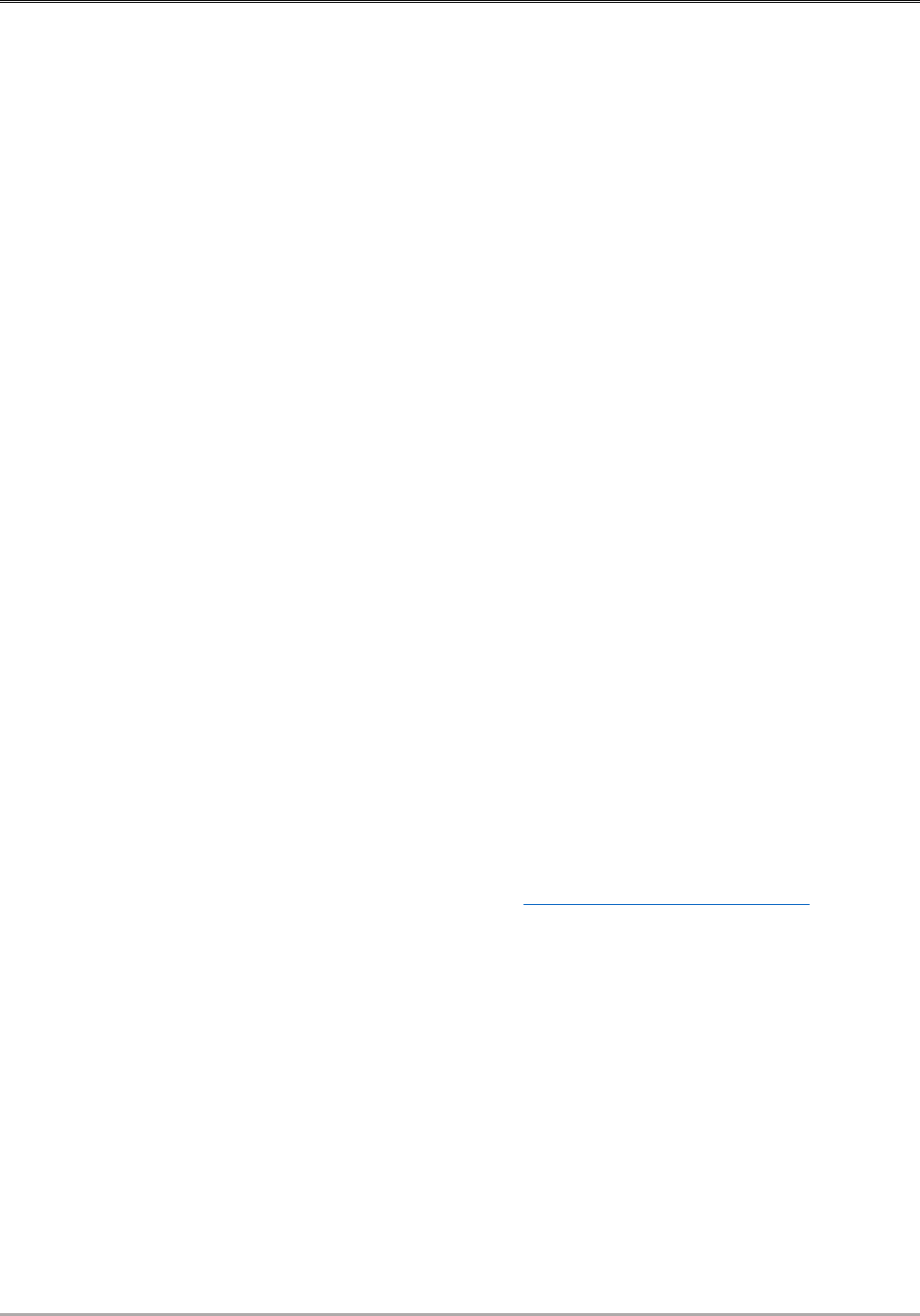
Columbia-Greene Community College 2023-2024 Catalog
185
95%); part 2 covers the remainder of the
course content (passing is 78%). Students
must pass BOTH part 1 and part 2 of the
written exam. If the readiness exam is not
passed, the student will not be readmitted.
The exam can only be taken once.
Students who are unsuccessful on the
readiness exam may apply to re-enter NU
101.
F. Students will be allowed one readiness
exam for only one nursing course.
G. Faculty recommendation for readmission
and passing a readiness exam (if required)
do not guarantee the student a seat in the
nursing course. Admission will be based
on prior academic performance in the
nursing courses, grades in other courses,
the grade on the readiness exam, current
GPA, and available seats. If admitted to
the college, returning students can register
for all non-nursing courses. However,
they cannot register for the nursing
courses until the end of the semester (after
students presently in the program have
registered and the number of available
seats can be determined.)
Transfer Students
A. Applicants must submit official
transcripts from high school (or GED),
and ALL other college (s) attended
B. Students requesting to transfer only non-
nursing courses will follow the same
procedure as any student requesting
admission to NU 101. The point system
will be applied to courses taken at the
transferring institution, as well as courses
taken at C-GCC.
C. A challenge exam for NU 101 only is
available for students who have taken a
nursing course at another college (that
covers the content of NU 101 at C-GCC)
and meets the criteria for challenge
indicated below. Nursing courses from
other colleges will be considered if the
student provides detailed course
information to the nursing division
chairperson by September 1.
D. Criteria for Challenge:
The following must be completed before
request to take a nursing challenge exam
will be considered. The student must:
• Be currently matriculated at C-GCC
and meet all admission criteria for the
nursing program.
• Provide official transcript documentation
of a grade of C+ or higher in the
nursing course (or courses) that have
been determined to be equivalent to
Nursing 101 at C-GCC.
• Submit a letter of recommendation
from a clinical instructor at the
institution the student is transferring
from.
Challenge exams must be taken no more
than one year prior to entering Nursing
102, and the student must enter Nursing
102 within one year of completion of the
nursing course at the college they
transferred from.
Challenge exam for NU 101 can be taken
in September or January. Email the
nursing division assistant at
[email protected] for exact
dates. A study guide for the exam will be
emailed to the student once the
application is approved.
The challenge exam consists of a written
test, graded as pass/fail. The written exam
is composed of two parts: part 1 is a
medication calculation exam (passing is
95%); part 2 covers the remainder of the
course content (passing is 78%). Students
must pass BOTH part 1 and part 2 of the
written exam. The exam can only be taken
one time.
Any student who successfully challenges
Nursing 101 must also successfully
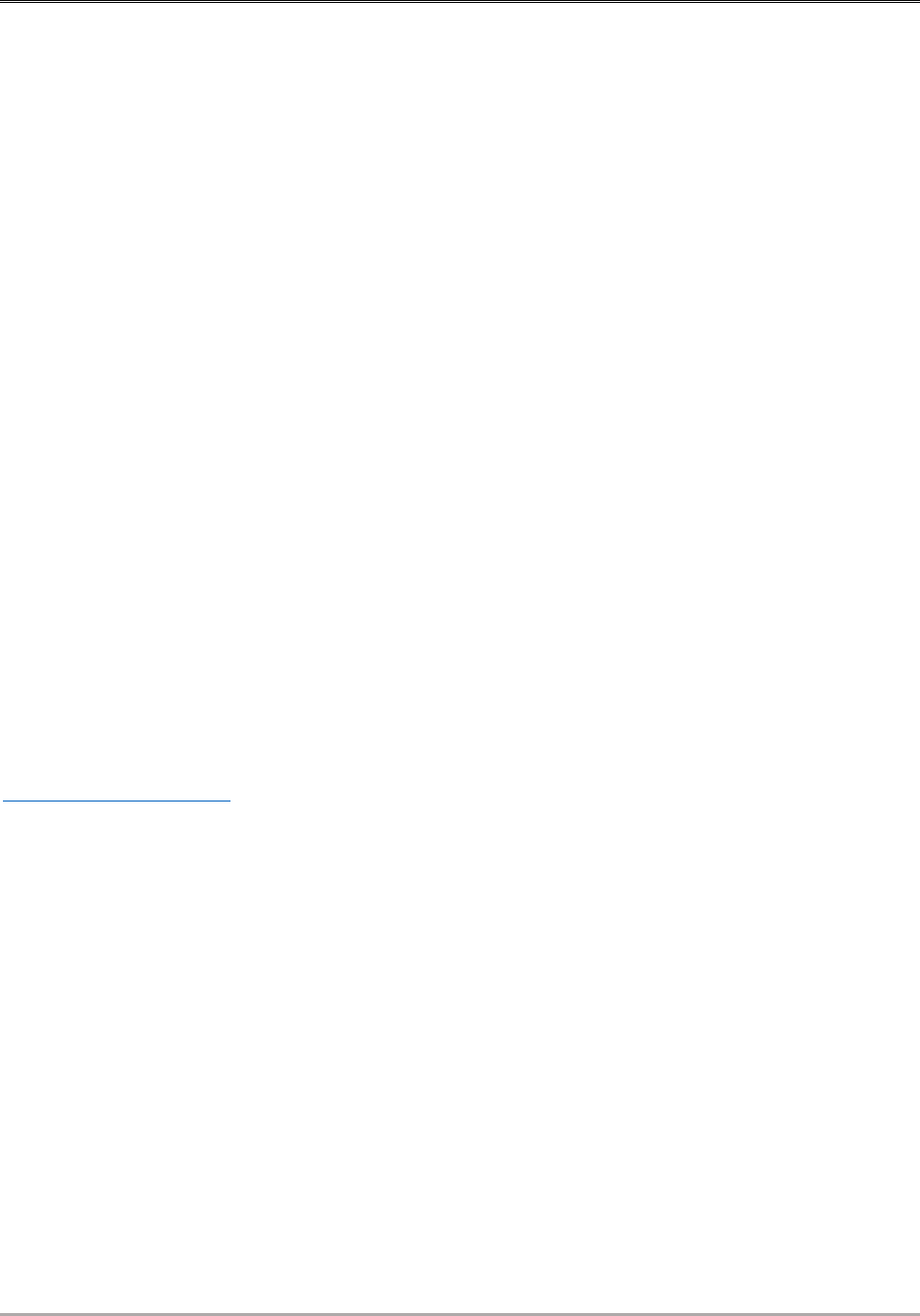
Columbia-Greene Community College 2023-2024 Catalog
186
complete all prerequisites for Nursing 102
in order to be considered for admission.
Passing a challenge exam does not
guarantee a seat in Nursing 102.
Admission will be considered based on:
grades in other courses, the grade received
on the challenge exam, current GPA, and
available seats. Transfer students cannot
register for the nursing course until the
end of the semester (after students
presently in the program have registered
and the number of available seats can be
determined.)
Licensure and Degree Transfer
Graduates are eligible to take the National
Council Licensing Exam for licensure as RNs.
Graduates are prepared to assume nursing
responsibilities in a variety of structured
health-care settings, such as acute care, long-
term care, and other community agencies.
They are also qualified to seek admission to
other institutions for continued study toward a
bachelor’s degree in nursing.
For transfer assistance, contact Advising,
Career and Transfer, room 112, email
[email protected], or call
518.697.6395.
Nursing Program Progression
The Nursing Program can be completed in
two years. However, because of family and/or
employment obligations, many students
choose to take longer.
In deciding which courses, and the number of
credits to take each semester, keep the
following in mind:
A. For each hour in class, plan two hours for
study/homework. (ex. 3-semester-hour
course, plan on 6 hours for
study/homework.)
B. Any non-nursing course can be taken prior
to taking the nursing courses. Many
students take some, or all, non-nursing
courses prior to registering for NU 101.
C. All nursing courses have prerequisites
and/or corequisites.
Prerequisites must be taken prior to the
nursing course.
Corequisites can be taken prior to or with
the nursing course.
NU 101:
Prerequisites: none
Corequisites: BI 130, EN 101
NU 102:
Prerequisites: NU 101, BI 130,
EN 101
Corequisites: BI 131, BI 210, PY 101
NU 201:
Prerequisites: NU 101, NU 102, BI
130, BI 131, BI 210, PY 101, EN 101,
MA 102 (MA 110 or higher level math
will be accepted)
Corequisites: PY 201, SO 101
NU 202:
Prerequisites: NU 101, NU 102, NU
201, BI 130, BI 131, BI 210, PY 101,
EN 101, PY 201, SO 101, MA 102
(MA 110 or higher level math will be
accepted)
Corequisites: EN 102
A student MAY NOT withdraw from
a corequisite and remain in the nursing
course.
D. Some non-nursing courses consist of
classroom and lab components. All
nursing courses consist of classroom,
campus lab, and clinical components.
Each clock hour of the classroom
component equals one semester hour.
Three clock hours of lab or clinical equal
one credit hour. The “Nursing Program
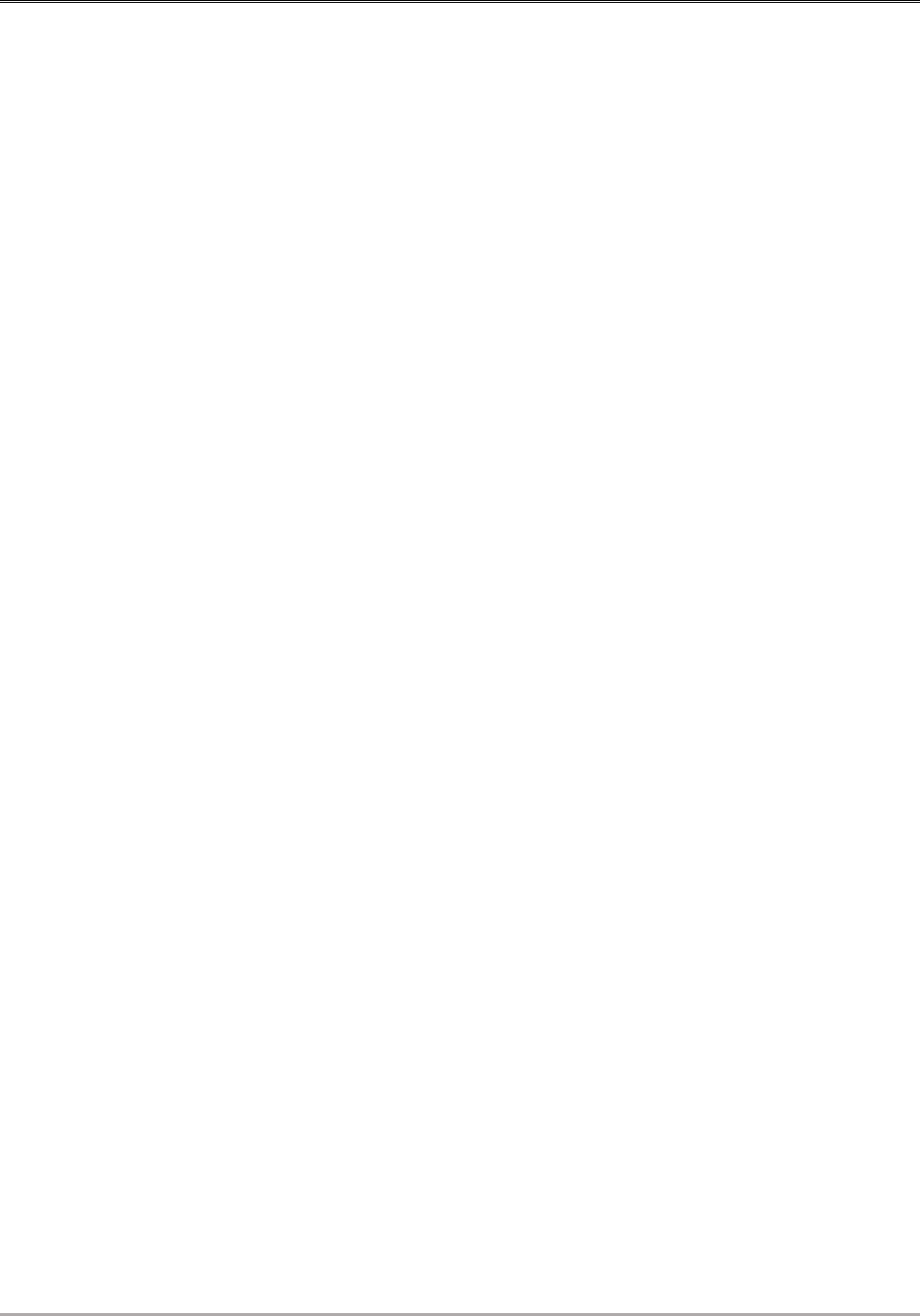
Columbia-Greene Community College 2023-2024 Catalog
187
Curriculum” on the following page
identifies the time spent in classroom, lab,
and clinical for all courses required in the
nursing curriculum.
Adjunct Faculty
The Nursing program has 3-4 adjunct nursing
faculty who teach some of the clinical groups
each semester.
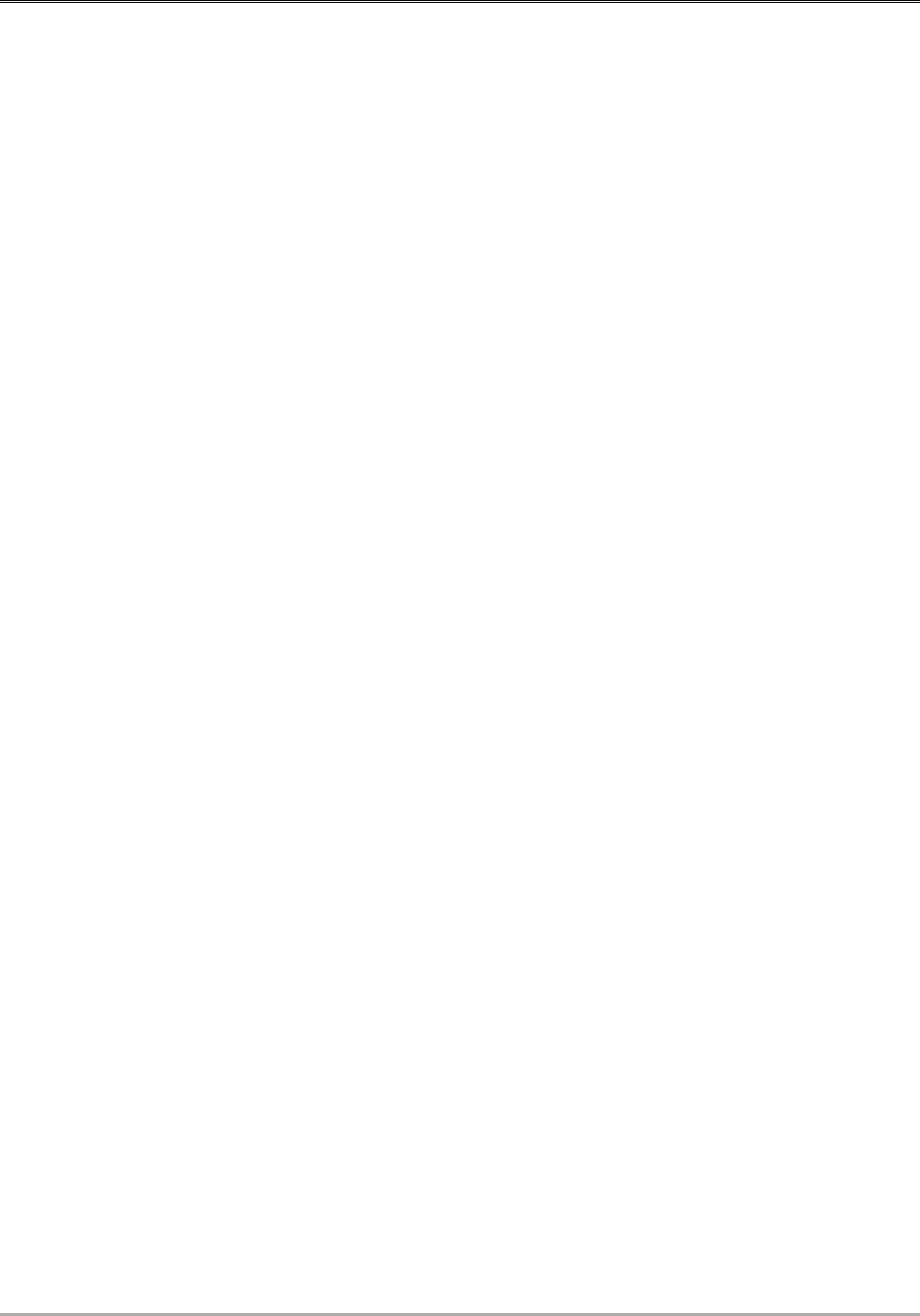
Columbia-Greene Community College 2023-2024 Catalog
188
Nursing Program Curriculum
Nursing Courses
Hours Per
Week
Classroom/
Lecture
Hours
Per Week Lab*
Clinicals**
Total
Clock Hrs
Per Week
Total Clock
Hrs Per
Semester
(15 Weeks)
Semester
Hours
NU 101
4
5
4
13
195
7
NU 102
4
5
4
13
195
7
NU 201
5
2
13
20
300
10
NU 202
5
2
13
20
300
10
*HOURS PER WEEK IN CLINICAL CONFERENCE, OR CAMPUS LAB
**HOURS PER WEEK AT OFF CAMPUS AGENCY CLINICALS
Non-Nursing Courses
Hours Per Week
Classroom/Lecture
Hours Per
Week Lab
Total Clock
Hrs Per
Week
Total Clock
Hrs Per
Semester
(15 Weeks)
Semester
Hours
EN 101
3
3
45
3
EN 102
3
3
45
3
BI 130
3
3
6
90
4
BI 131
3
3
6
90
4
BI 210
3
3
6
90
4
PY 101
3
3
45
3
PY 201
3
3
45
3
SO 101
3
3
45
3
MA 102
3
3
45
3
Total
64
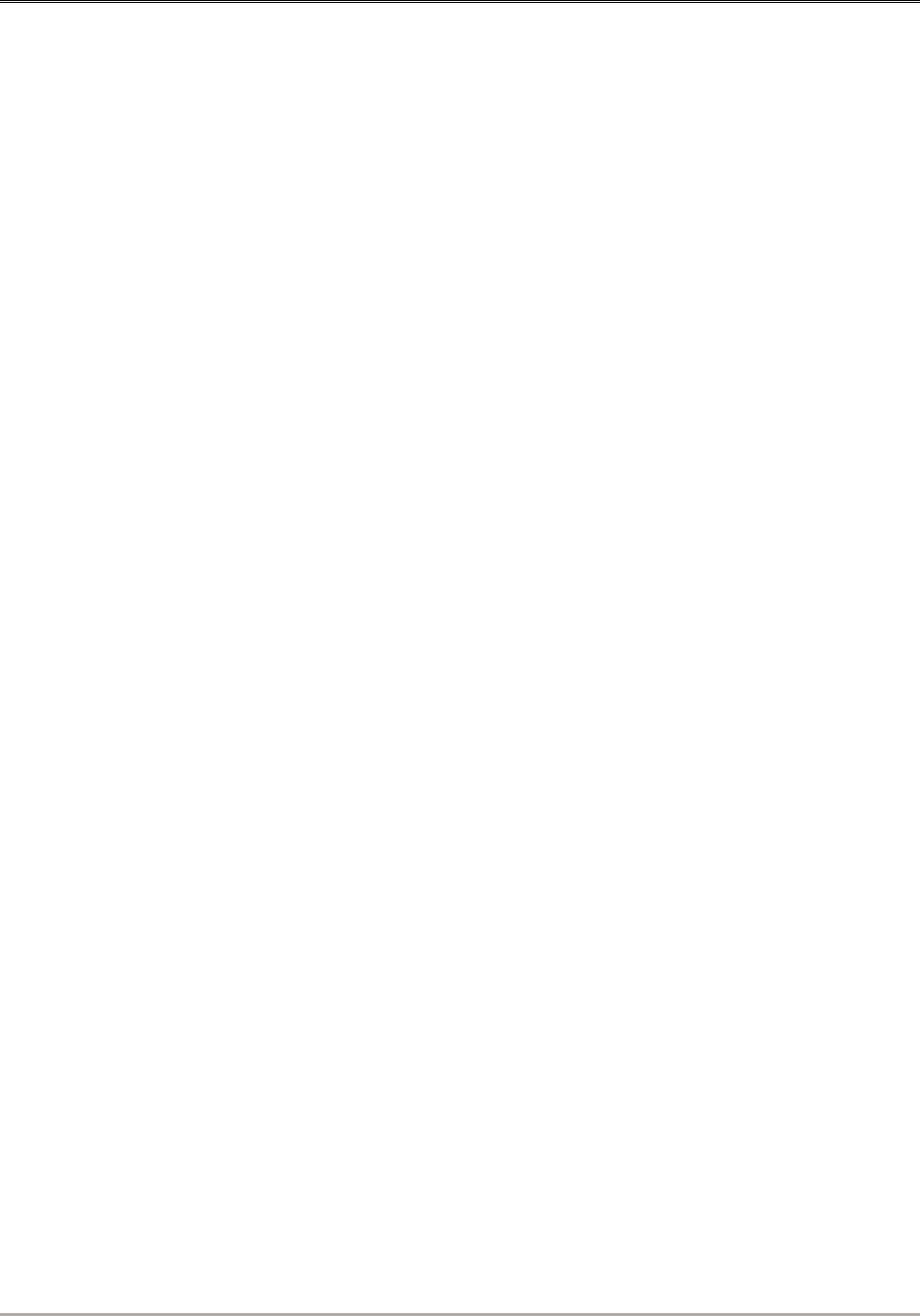
Columbia-Greene Community College 2023-2024 Catalog
189
LIBERAL ARTS REQUIREMENTS
30 Semester Hours
BI 130 Anatomy and Physiology I 4
BI 131 Anatomy and Physiology II 4
BI 210 General Microbiology 4
EN 101 Composition 3
EN 102 Composition and Literature 3
MA 102 Statistics* 3
PY 101 General Psychology 3
PY 201 Life Span Development 3
SO 101 Introduction to Sociology 3
PROGRAM REQUIREMENTS
34 Semester Hours
NU 101 Nursing I 7
NU 102 Nursing II 7
NU 201 Nursing III 10
NU 202 Nursing IV 10
Minimum Credits 64
*(MA 110-College Algebra or higher level
math will be accepted)
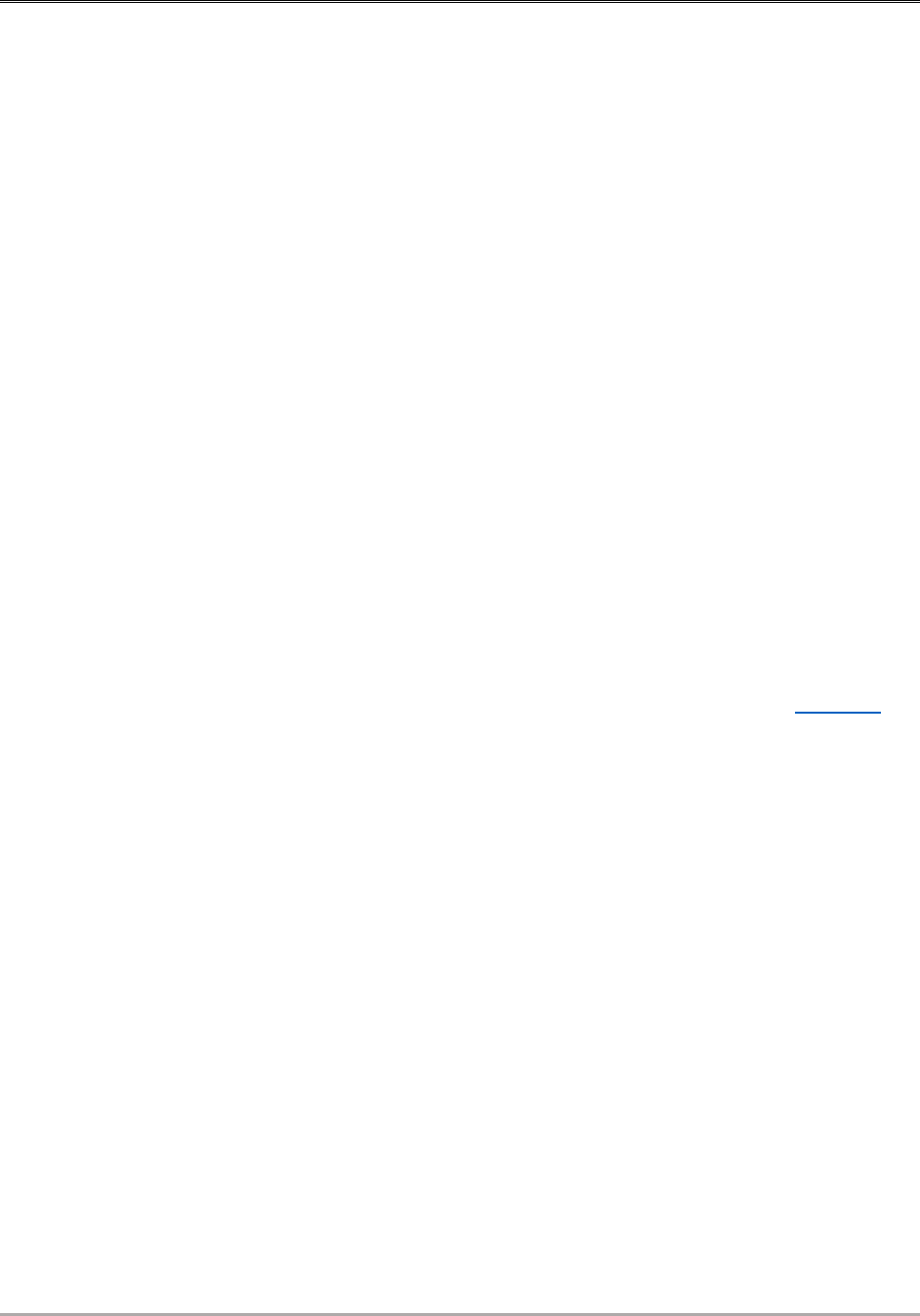
Columbia-Greene Community College 2023-2024 Catalog
190
Nursing (A.S.)
* SUGGESTED PROGRAM SEQUENCE FOR
COMPLETING THE PROGRAM IN TWO YEARS
1st Semester
BI 130 Anatomy and Physiology I 4
EN 101 Composition 3
MA 102 Statistics** 3
NU 101 Nursing I 7
Total 17
2nd Semester
BI 131 Anatomy and Physiology II 4
BI 210 General Microbiology 4
PY 101 General Psychology 3
NU 102 Nursing II 7
Total 18
3rd Semester
PY 201 Life Span Development 3
SO 101 Introduction to Sociology 3
NU 201 Nursing III 10
Total 16
4th Semester
EN 102 Composition and Literature 3
NU 202 Nursing IV 10
Total 13
*All Nursing courses have prerequisites or corequisites (refer to course descriptions page 240)
**(MA 110 or higher level math will be accepted)
Transfer opportunities include, but are not limited to: SUNY Delhi, University of Rhode Island,
SUNY Institute of Technology: Utica/Rome, SUNY Binghamton, Russell Sage College, New
York University, Syracuse University, SUNY Plattsburgh, University of Delaware, Maria College,
Excelsior College. For more information, contact Advising, Career, and Transfer, 518.697.6395.
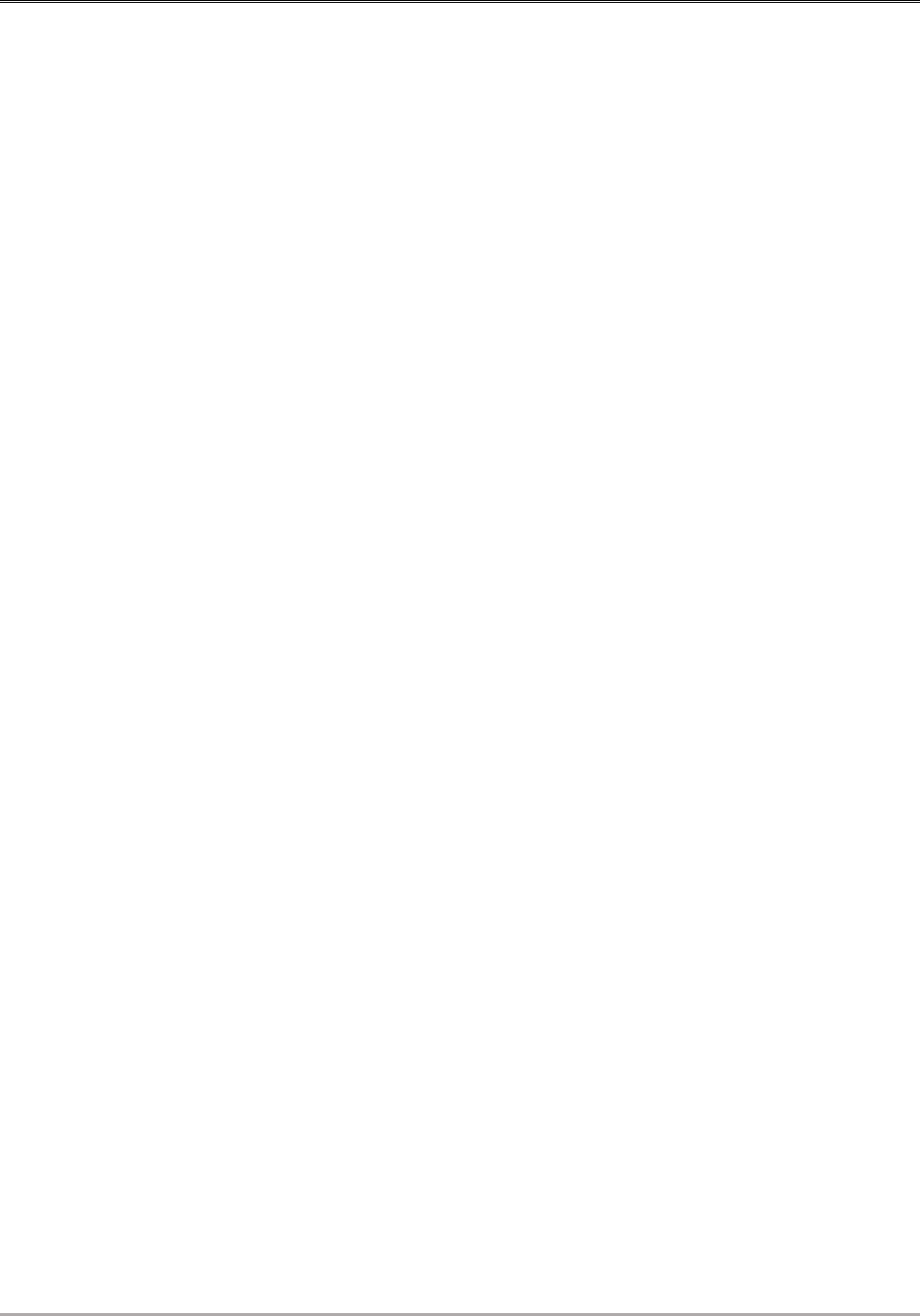
Columbia-Greene Community College 2023-2024 Catalog
191
Police Basic Training (Certificate)
Curriculum Code: 1510
Semester Hours Required for Graduation: 30
PROGRAM GOALS:
Upon completion of this program students
will:
1) Possess the knowledge and skills to fulfill
the requirements of Phase I Police Basic
Training as set forth by the New York
State Division of Criminal Justice
Services and
2) Be prepared to enter into a career in law
enforcement or related fields.
PROGRAM LEARNING OUTCOMES:
Upon completion of this program students
will:
• Demonstrate proficiency in the core
competences required of police
officers in New York.
• Apply the laws police officers utilize
and are governed by in the
performance of their duties.
• Exhibit the skills required of police
officers to effectively communicate
and interact with the communities they
serve.
ACADEMIC PREPARATION:
Possess a high school diploma or a General
Education Diploma.
A 12th-grade reading level is recommended.
Must also meet eligibility requirements as set
forth by the NYS Division of Criminal Justice
Services.
LIBERAL ARTS REQUIREMENTS
0 Semester Hours
PROGRAM REQUIREMENTS
30 Semester Hours
LE 101 Police Physical Fitness
& Wellness I 1
LE 102 Police Physical Fitness
& Wellness II 1
LE 110 Law for Police Officers 5
LE 120 Police Process & Procedure I 5
LE 122 Police Process & Procedure II 4
LE 124 Police Process & Procedure III 4
LE 130 Emergency Medical Services
for Police 3
LE 140 Investigative Techniques for
Police Officers 4
LE 150 Police Community Interactions 3
Minimum Credits 30
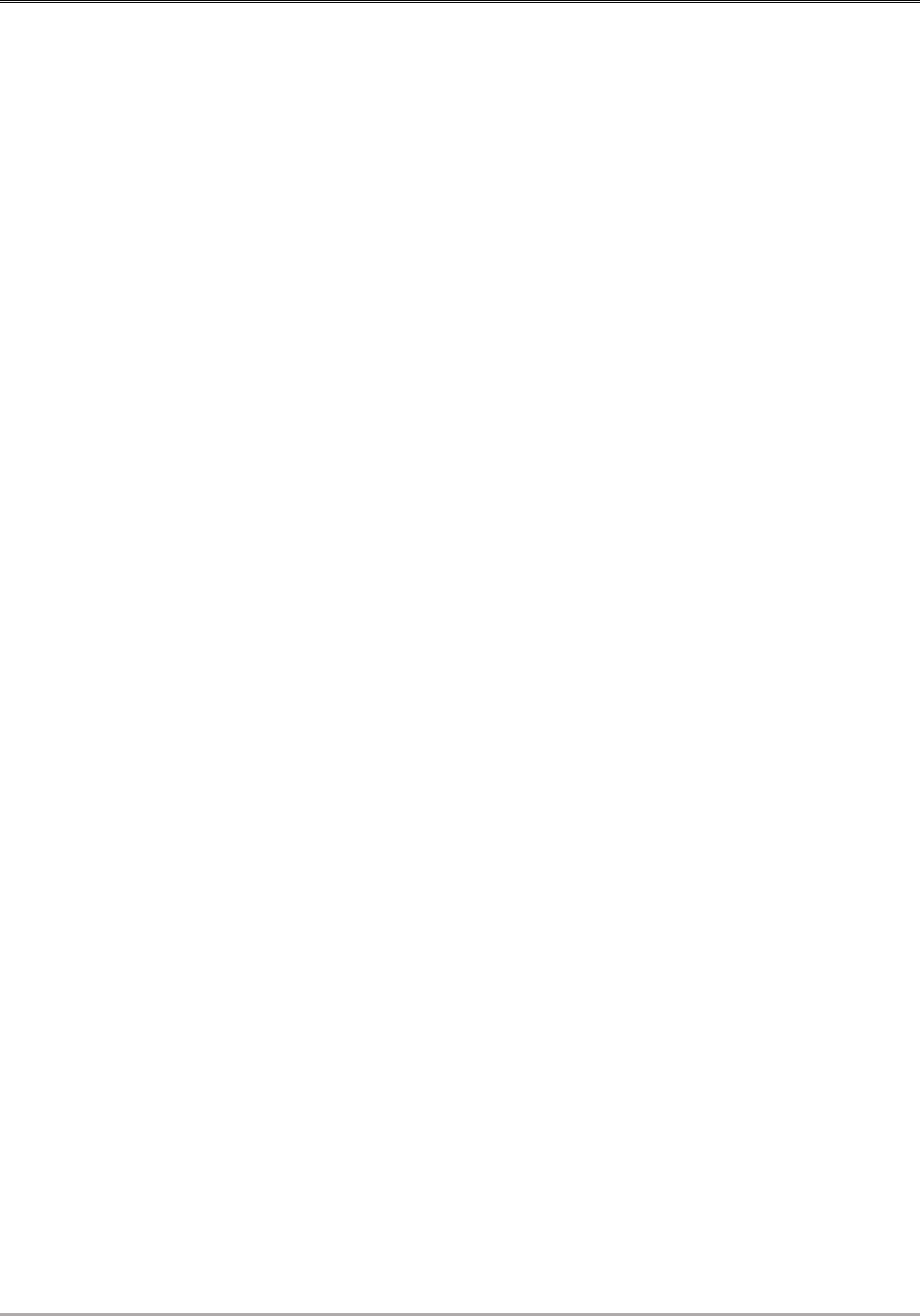
Columbia-Greene Community College 2023-2024 Catalog
192
Police Basic Training (Certificate)
SUGGESTED PROGRAM SEQUENCE
1st Semester
LE 101 Police Physical Fitness
& Wellness I 1
LE 110 Law for Police Officers 5
LE 120 Police Process & Procedure I 5
LE 130 Emergency Medical Services for
Police 3
Total 14
2nd Semester
LE 102 Police Physical Fitness
& Wellness II 1
LE 122 Police Process & Procedure II 4
LE 124 Police Process & Procedure III 4
LE 140 Investigative Techniques for
Police Officers 4
LE 150 Police Community Interactions 3
Total 16
LE courses must be completed in sequence in consecutive semesters as a cohesive unit.
Participation is required in all phases of the educational process. A course grade of C or better is
required in all courses for students to graduate from the program
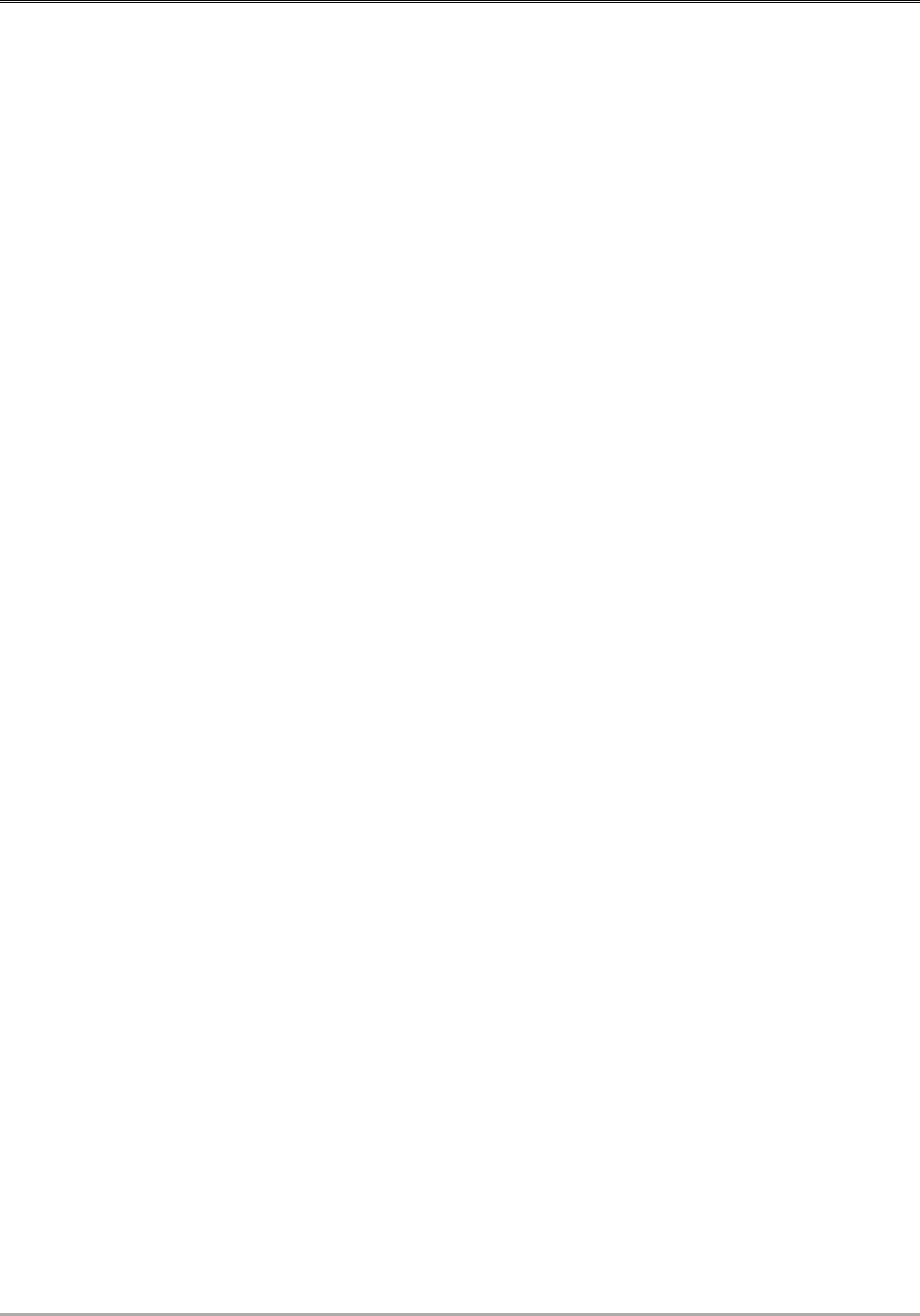
Columbia-Greene Community College 2023-2024 Catalog
193
Teaching Assistant (Certificate)
Curriculum Code: 1330
Semester Hours Required for Graduation: 24
PROGRAM GOALS:
1. Assist students in making a realistic
decision regarding Teaching Assistant as
a para-professional career.
2. Understand the opportunities and
challenges facing the Teaching Assistant
in today’s educational climate.
3. Provide eligible students with the
opportunity for continued education to
complete a two-year degree in a transfer or
non-transfer based program.
PROGRAM LEARNING OUTCOMES:
• Develop skills to enhance ability to speak
and write effectively.
• Interpret developmental theories to
understand the learning and behavior of
children and adolescents.
• Analyze and interpret trends in classroom
practices.
• Develop one’s personal philosophy of
education based on reading, research, and
class assignments.
• Respond to the daily classroom
management needs.
• Provide support and assistance for
students with special and/or diverse needs.
• Demonstrate understanding of
mathematics in preparation for teaching
basic math skills (if applicable)
• Demonstrate use of creativity and the arts
as teaching tools (if applicable)
ACADEMIC PREPARATION:
It is highly recommended that the following
criteria be met to begin this program, and it is
REQUIRED by the completion of 24 credits:
12th-grade reading level is required.
Placement test scores must indicate readiness
to begin EN 101-Composition.
Competency in Pre-Algebra or Pre-Statistics
is required for options 2 and 3.
Competency in mathematics fundamentals is
required for T.A. certificate options 1 and 4.
Pre-Algebra or Pre-Statistics is
recommended.
PROGRAM REQUIREMENTS
24 Semester Hours
EN 101 Composition 3
PY 101 General Psychology 3
PY 205 Child and Adolescence
Psychology 3
ED 101 Foundations of Education 3
AR ELE General Arts Elective 3
ELE Restricted Elective 3
ELE Restricted Elective 3
ELE Restricted Elective 3
Minimum Credits 24

Columbia-Greene Community College 2023-2024 Catalog
194
Teaching Assistant (Certificate)
SUGGESTED PROGRAM SEQUENCE
1st Semester
EN 101 Composition 3
PY 101 Psychology 3
AR ELE AR, MU, TH, DA Elective 3
ED 101 Foundations of Education 3
Total 12
2nd Semester
PY 205 Child and Adolescence
Psychology 3
ELE* Restricted Elective 3
ELE* Restricted Elective 3
ELE* Restricted Elective 3
Total 12
*RESTRICTED ELECTIVE OPTIONS:
Option 1:
Electives are restricted to the approved SUNY
General Education courses listed on (page 72).
One of these courses must be selected in the
knowledge and skill areas of American
History, Western Civilization or Other World
Civilization.
Option 2:
Designed for Teaching Assistants working
with the birth to 2nd grades. (Choose 3).
MA 105 Math for Elementary Teachers I 3
ED 110 Education of Diverse Populations 3
HI ELE History Elective 3
ELE SUNY Gen Ed Elective 3
Option 3:
Designed for Teaching Assistants working in
1st to 6th grades.
MA 105 Math for Elementary Teachers I 3
ED 110 Education of Diverse Populations 3
HI ELE History Elective 3
Option 4:
Designed for Teaching Assistants working in
7th to 12th grades.
HI ELE History Elective 3
ELE SUNY Gen Ed Elective 3
ELE SUNY Gen Ed Elective 3
SUNY General Education and History
courses must be applicable to educational
programs leading to teacher certification.
Option 5:
Most flexible. Designed to maximize
transferability to private colleges.
EN 101 Composition 3
MA 090 Mathematics Fundamentals 0
PY 101 Psychology 3
HU ELE Humanities Elective 3
ED 101 Foundations of Education 3
PY 205 Child and Adolescence
Psychology 3
GN ELE General Elective 9
Minimum Credits 24
Career Opportunities: Meets New York State requirements for Teaching Assistants and provides
transfer base for continued study in teacher education
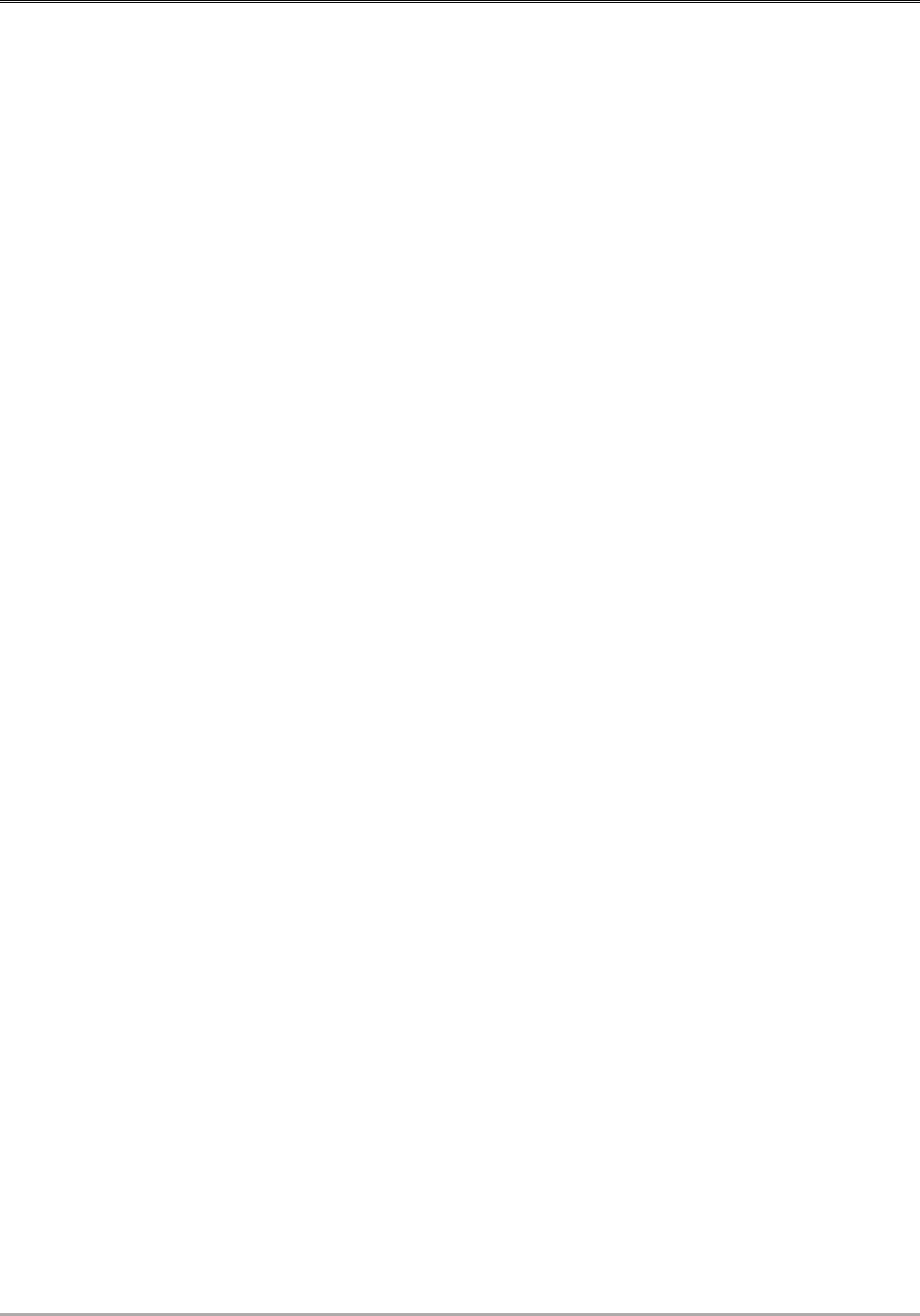
Columbia-Greene Community College 2023-2024 Catalog
195
Microcredentials
Cannabis Cultivation and Processing Microcredential
This microcredential is designed to provide our region with entry-level employees in the cannabis
industry. It can be completed in one semester, with three 3-credit courses. Students completing
this microcredential will develop the knowledge and skills for employment in the cannabis
cultivation and process sectors industry. This includes cannabis industry production and supply
chain information, overview of state regulations for each sector, and industry-specific training in
cultivation and processing.
PROGRAM LEARNING OUTCOMES:
• Demonstrate knowledge of the cannabis industry from cultivation through retail sales
• Demonstrate understanding of skill sets necessary for success in the cannabis cultivation
industry
• Demonstrate understanding of skill sets necessary for success in the cannabis processing
industry
REQUIRED COURSES:
• BU 170 Introduction to the Cannabis Industry (3 credits)
• TP 110 Introduction to Cannabis Cultivation (3 credits)
• TP 114 Introduction to Cannabis Processing (3 credits)
• Capstone Experience
CAPSTONE EXPERIENCE:
• Students will design a resume and cover letter specifically highlighting their learning in the
courses, as assessed with a rubric
REQUIREMENTS
Students enrolled in this microcredential may qualify for internships with local cannabis
businesses, and therefore must be 21+ years of age. Exceptions may be made at the discretion of
the Program Coordinator
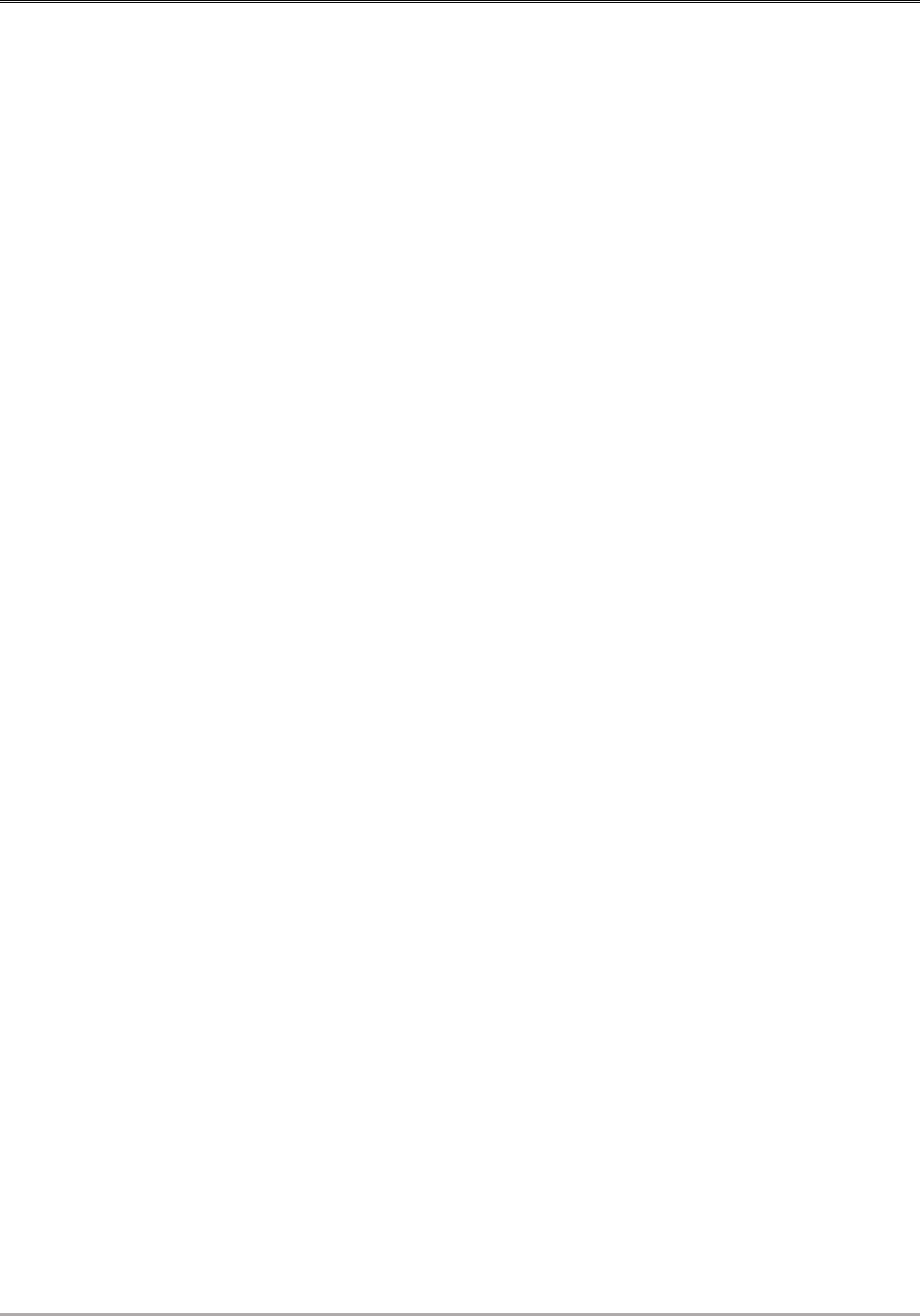
Columbia-Greene Community College 2023-2024 Catalog
196
Cannabis Retail and Sales Microcredential
The CGCC Cannabis Retail and Sales Micro-credential is designed to provide our region with
entry-level retail employees in the cannabis industry. It can be completed in one semester, with
three 3-credit courses. Students completing this micro-credential will develop the knowledge and
skills for employment in the cannabis retail industry. This includes historical and contemporary
contextualization for legalization, cannabis industry production and supply chain information, an
overview of state regulations for each sector, and industry-specific training in retail and sales,
including state-mandated Responsible Vendor Training.
PROGRAM LEARNING OUTCOMES:
• Demonstrate knowledge of the social and cultural contexts around criminalization and
legalization of cannabis in the United States
• Demonstrate knowledge of the cannabis industry from cultivation through retail sales
• Demonstrate understanding of skill sets necessary for success in the cannabis retail
industry
REQUIRED COURSES:
• SL 170 Social and Cultural History of Cannabis
• BU 170 Introduction to the Cannabis Industry
• BU 172 Cannabis Retail Operations and Sales
CAPSTONE EXPERIENCE:
• Students are expected to visit a legal cannabis retail operation as a customer and analyze
their experience via knowledge obtained during their micro-credential. The report will be
evaluated using a rubric designed to measure the learning objectives from each of the
courses within the micro-credential
REQUIREMENTS:
• Students enrolled in this microcredential may qualify for internships with local cannabis
businesses, and therefore must be 21+ years of age. Exceptions may be made at the
discretion of the Program Coordinator
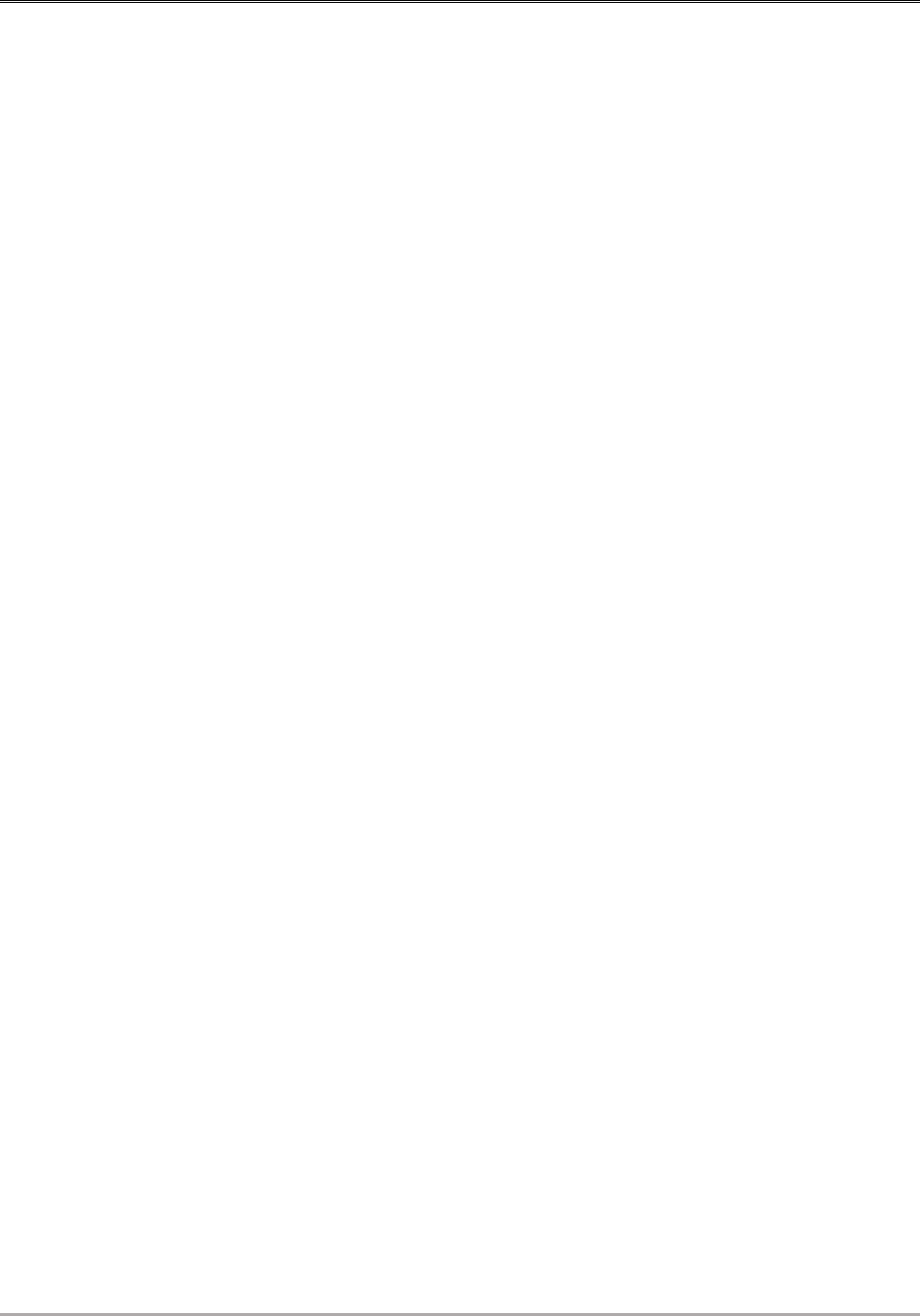
Columbia-Greene Community College 2023-2024 Catalog
197
Civic Engagement and Leadership Microcredential
The CGCC Civic Engagement and Leadership Microcredential is a nine-credit program designed
to develop individuals’ abilities to become active, engaged, and empowered members of society.
Through an examination of contemporary social justice issues at the local, national, and/or global
level, students will explore how public policy, law, governmental systems, methods of civic
engagement, and dynamic, culturally informed leadership models serve to guide transformative
change. In doing so, students will critically examine the role of individual and group participation
in communities and government, apply evidence to inform decision-making, and expand their
knowledge of a broad array of leadership theories and models to develop an action plan designed
to address an issue of choice.
PROGRAM LEARNING OUTCOMES:
Students will:
• Demonstrate knowledge of the structure and function of national, state, and local levels
of government.
• Demonstrate an understanding of social problems in contemporary American society and
will evaluate the strengths and weaknesses of the concepts and theories that shed light on
the critical issues which humans face.
• Recognize and consider the utility of various leadership approaches for addressing real-
life situations.
• Design a comprehensive action plan on a contemporary issue of their choice which
integrates knowledge obtained from the courses, an overview of the issue, and application
of leadership theory and practice that can be utilized to inform their community
engagement, and next steps.
REQUIRED COURSES:
• PS 101 American Government (3 credits) OR PS 102 American State and Local
Government (3 credits)
• PS 104 Contemporary Global Issues (3 credits) OR SO 102 Social Problems (3 credits)
• SL 150 Leadership Theory and Practice (3 credits)
• Capstone Experience
CAPSTONE EXPERIENCE:
Students will be required to complete an action plan that involves the research of a contemporary
issue of their choice, integration of the knowledge obtained from the courses, and application of
leadership theory and practice that can be utilized to inform their community engagement. The
action plan will be assessed using the AAC&U Civic Engagement VALUE rubric.
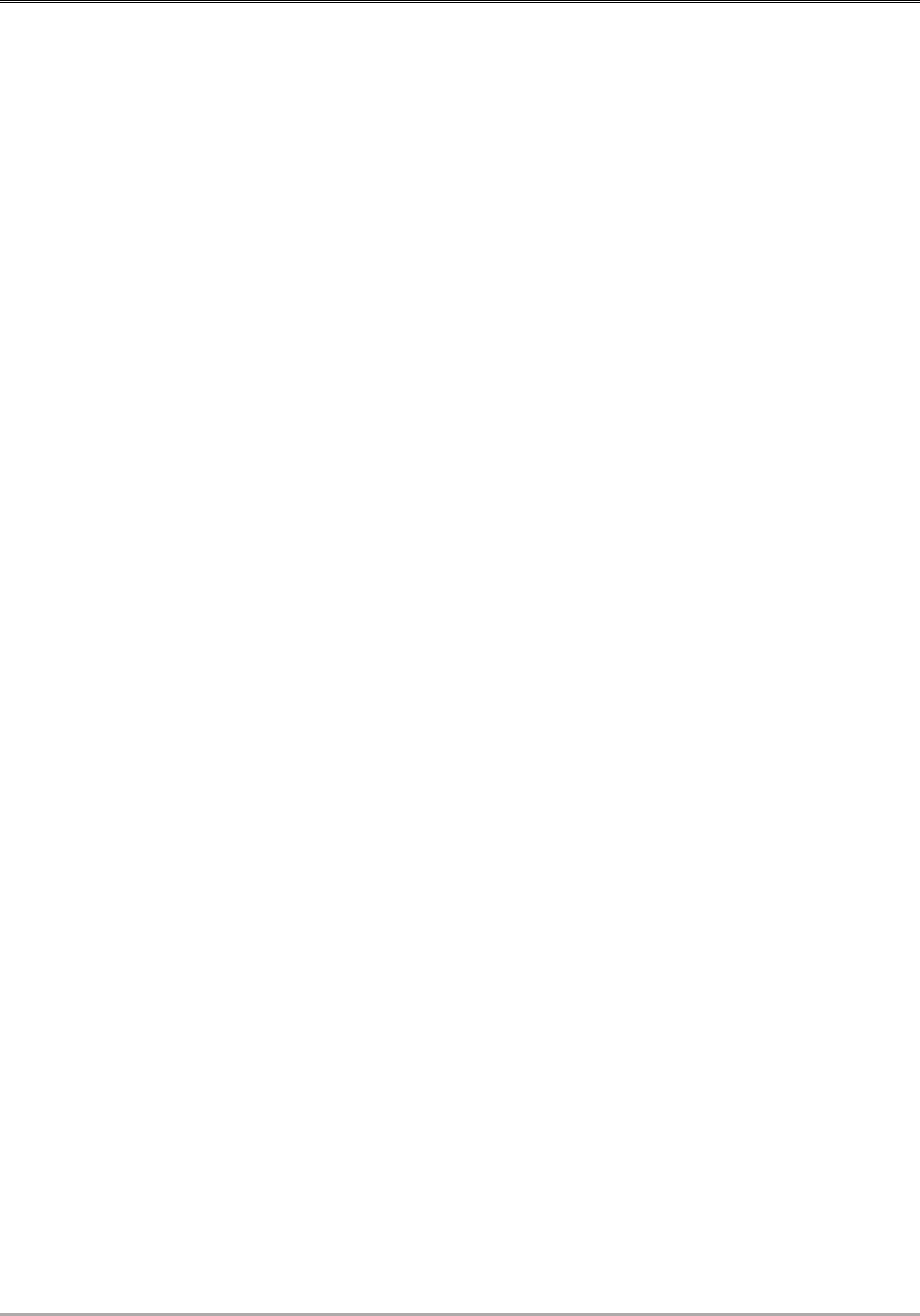
Columbia-Greene Community College 2023-2024 Catalog
198
Customer Skills for Professions Microcredential
Learners who complete the Customer Skills for Professions will demonstrate a thorough
understanding of their job-specific role in customer interactions. They will understand the benefits
of customer-centric service, as well as adapt to specific and diverse customer behaviors. By
employing customer-centric techniques to deal with stressful situations and challenging
conversations, successful completers will demonstrate their ability to overcome barriers to
outstanding delivery. Through the development of a personal action plan, they will identify areas
for continued growth and professional development in job-specific customer service.
PROGRAM LEARNING OUTCOMES:
• Recognize foundational principles of customer service applied to their profession
• Identify and communicate the benefits of customer-centric service
• Demonstrate an understanding of effective communication, professional delivery,
recognizing the barriers to the delivery of outstanding customer service specific to their
profession
• Adapt to specific and diverse customer behavior styles
• Reflect, identify, and set personal goals for exceptional customer service
PROGRAM REQUIREMENTS:
• 16-hour non-credit employer/industry-specific course
• Capstone Experience
CAPSTONE EXPERIENCE:
After practice with several scenarios, students will be assigned a case study related to their
industry/workplace. Students will gather information about the situation, evaluate the approaches
applied, and suggest successful strategies. In addition, students will identify their own strengths
and weaknesses in communicating with customers and submit a personal action plan for growth
and professional development in this area.
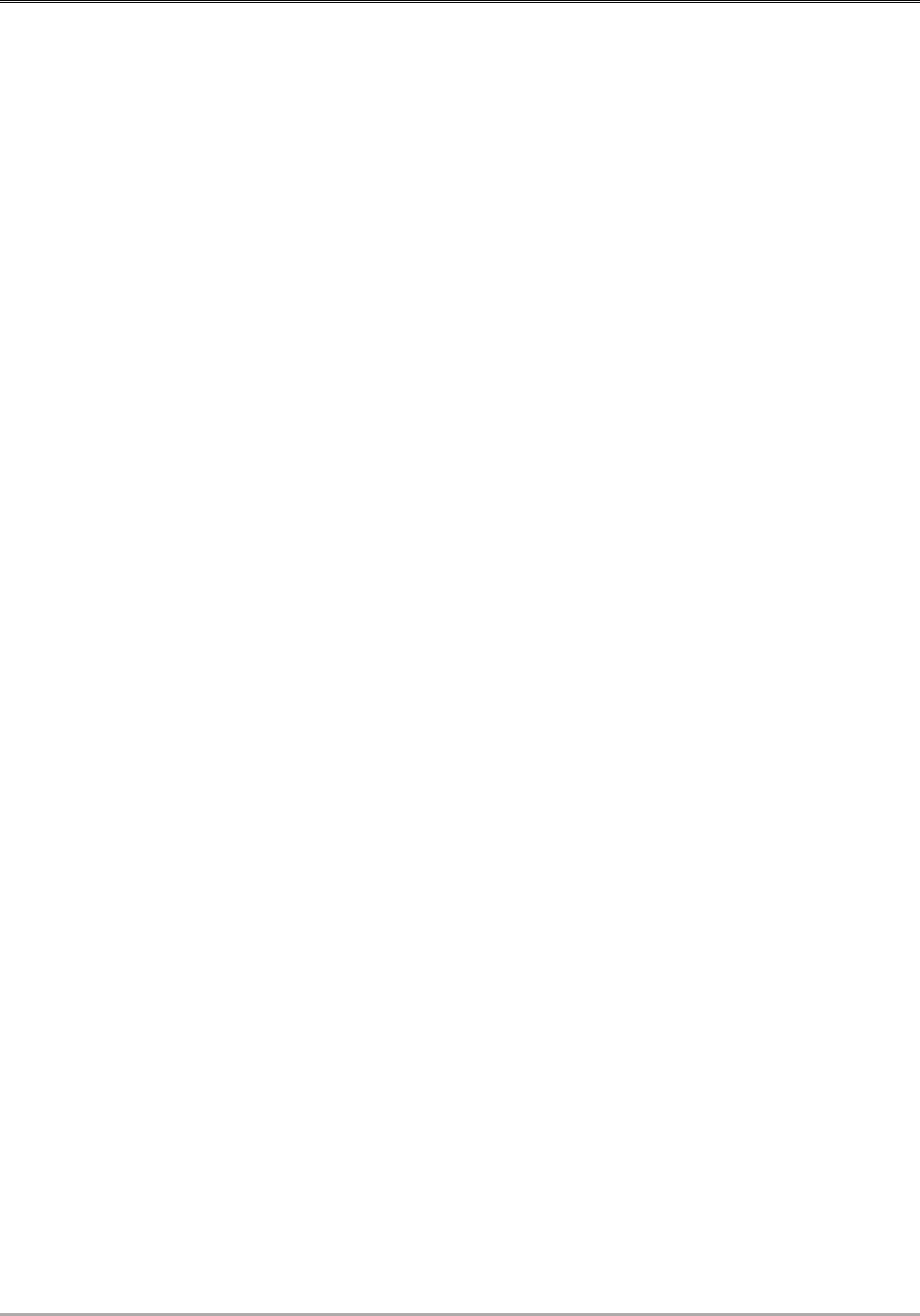
Columbia-Greene Community College 2023-2024 Catalog
199
Foundations of Diversity, Equity and Inclusion (DEI)
Microcredential
The CGCC Foundations of Diversity, Equity, and Inclusion (DEI) Microcredential is a nine-credit
program designed to broaden students’ understanding of multiculturism in the United States today.
Through an examination of the major social institutions present in American society and their
relationship to power, conflict, and social change, students will investigate concepts such as
privilege, justice, oppression, and bias as it pertains to social class, gender, sexual orientation, race,
religion, and ethnicity. Students will expand their knowledge of diversity issues, thereby increasing
awareness and sensitivity to cultural differences.
PROGRAM LEARNING OUTCOMES:
Students will:
• Demonstrate an understanding of the major concepts, models, and DEI issues
investigated by past and present sociologists
• Demonstrate an understanding of sociological research on contemporary American social
problems related to diversity, equity, and inclusion
• Demonstrate a basic understanding of cultural diversity.
• Demonstrate an ability to apply their knowledge of sociological theory and research,
along with their understanding of cultural diversity, to a real-world problem
PROGRAM REQUIREMENTS:
• SO 101 Introduction to Sociology (3 credits)
• SL 110 Cultural Diversity (3 credits)
• SO 102 Social Problems (3 credits)
• Capstone Experience
CAPSTONE EXPERIENCE:
Students will be required to complete a paper or project that involves an integration of the
knowledge obtained from the aforementioned courses and applied to a practical experience. The
paper/project will be assessed using the Integrative Learning Rubric – Grose, A., Burke, A. &
Toston, T. (2017) Internship semester capstone reflection essay. Washington, DC: The
Washington Center for Internships and Academic Seminars.
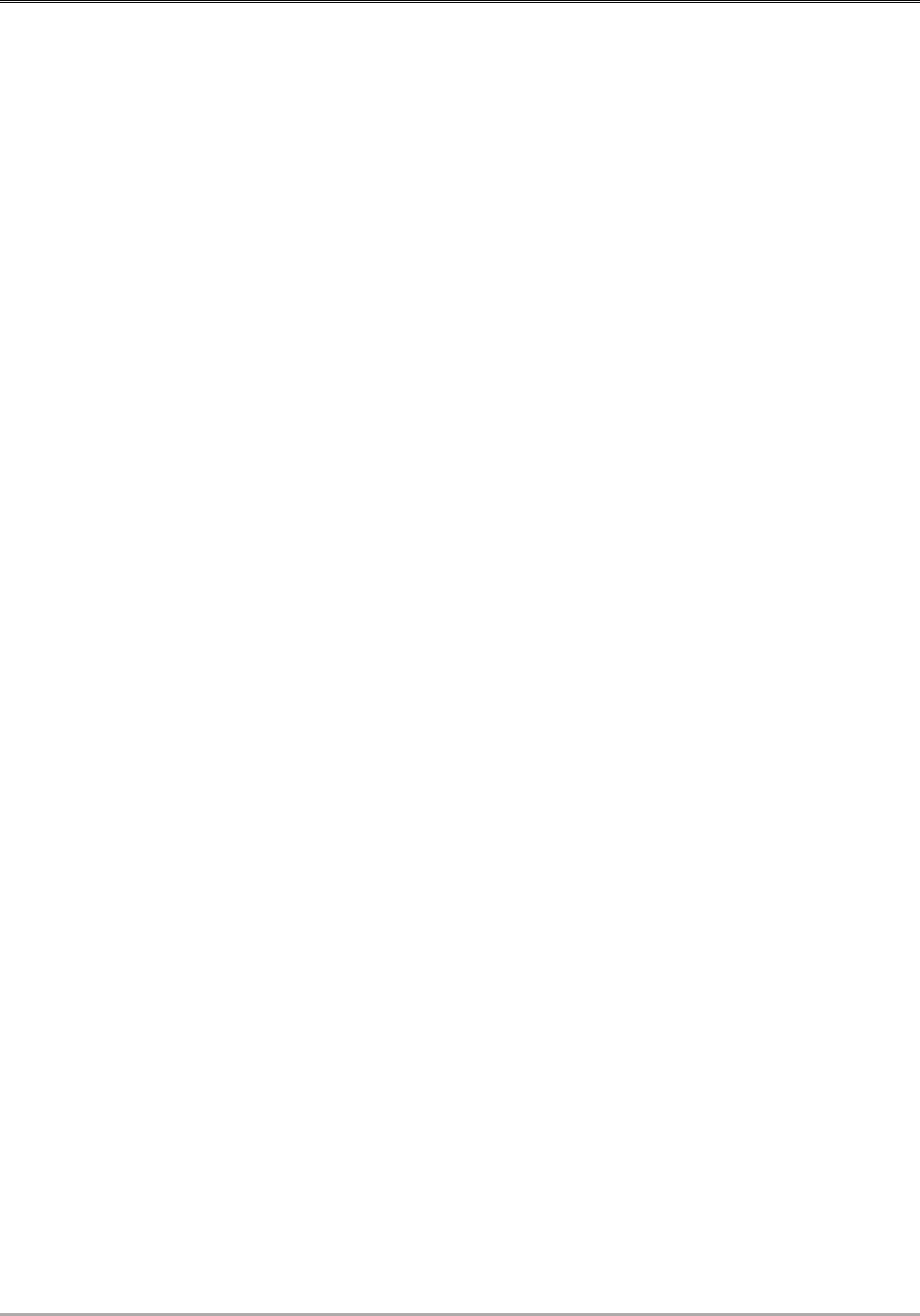
Columbia-Greene Community College 2023-2024 Catalog
200
Health Care Facilitator Microcredential
This microcredential provides students with the skills and knowledge to help healthcare facilities
and providers in their telemedicine endeavors. The Health Care Facilitator is a knowledgeable
person who will provide confidential one-on-one assistance in connecting patients with their
healthcare providers.
PROGRAM LEARNING OUTCOMES:
• Demonstrate a proficiency in common abbreviations, acronyms, symbols, and common
medical terms
• Demonstrate a proficiency in various computer applications utilized for patient care records
• Employ professional ethics, values, and honesty when remaining in compliance with HIPAA
• Understand terminology related to patient medical records, insurance, and billing
REQUIRED COURSES:
• AH 125 Medical Office Procedures (3 credits)
• AH 129 Medical Terminology (3 credits)
• CI 105 Computer Applications (3 credits)
• Capstone Experience
CAPSTONE EXPERIENCE:
Students will complete a comprehensive exam that will incorporate a hands-on practicum of the
use of the computer platform systems, and students’ ability to manage a set of data related to a
hypothetical patient case study. Students must score an 80 or above on the comprehensive exam
and will have two opportunities to successfully complete it.
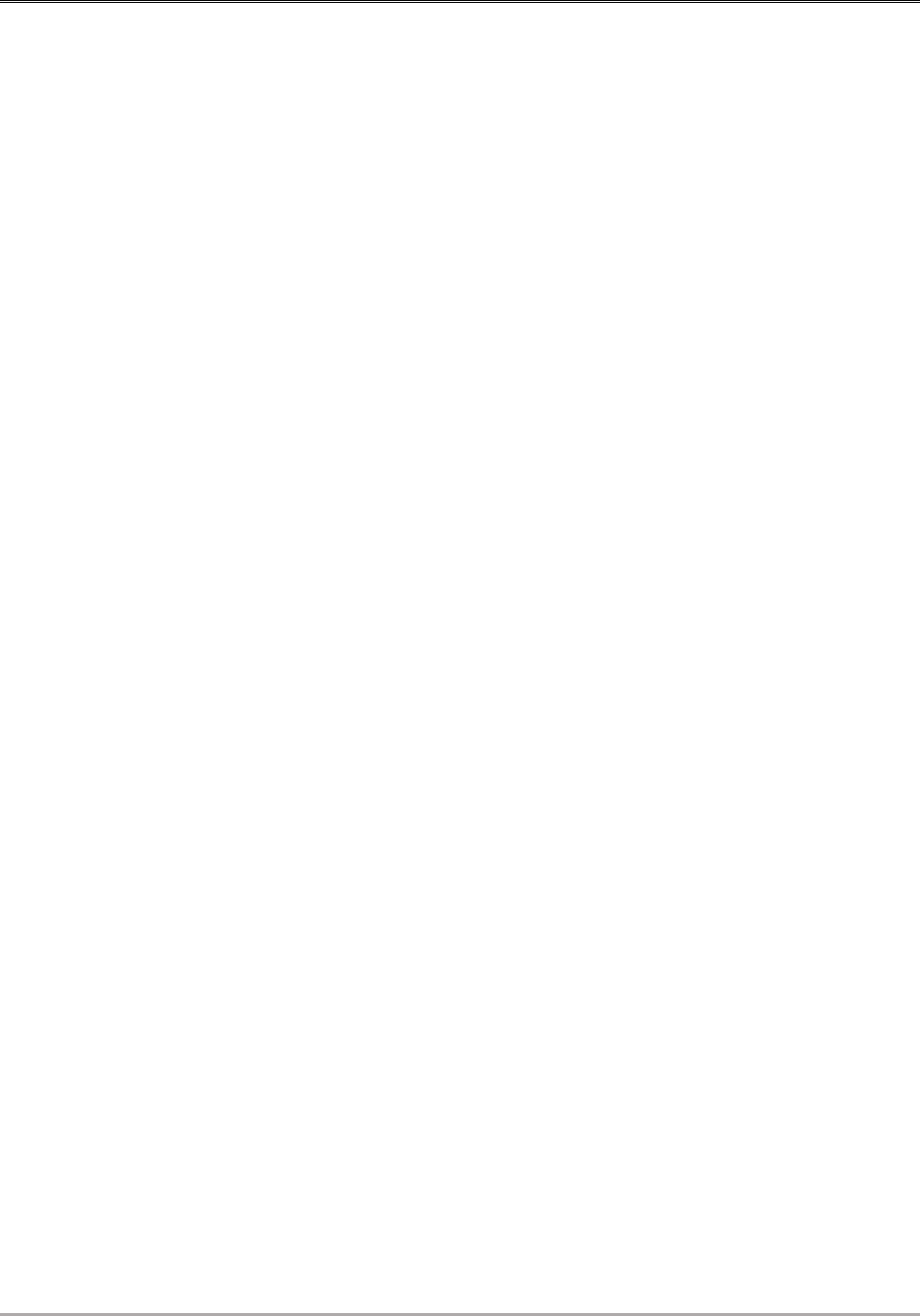
Columbia-Greene Community College 2023-2024 Catalog
201
Small Business Microcredential
This program provides a toolkit of skills and materials to those who would like to start their own
business. Students develop their business idea, access and use the resources necessary to
implement their idea, and have completed plans reviewed by an expert panel for feedback on
feasibility and funding. This nine-credit series integrates three courses: Foundation of Business,
Business Professional Development and Entrepreneurship. Class includes in-person, remote, and
self-paced online content.
PROGRAM LEARNING OUTCOMES:
• Apply management and market principles as necessary
• Use business-related computer software applications
• Employ professional values, honesty, and etiquette appropriate for the workplace
• Demonstrate an availability to utilize generally accepted introductory accounting principles
• Demonstrate proficiency in written and oral communications
REQUIRED COURSES:
• BU 103 Foundations of Business (3 credits)
• BU 113 Entrepreneurship (3 credits)
• BU 209 Business Professional Development (3 credits)
• Capstone Experience
CAPSTONE EXPERIENCE:
Students will participate in a Columbia-Greene Community College sponsored Business Plan
Presentation event. External judges from the region will review the presentations (final format
TBD) and provide feedback to the students on the concept feasibility and overall readiness of the
plan to be implemented and/or seek funding for further development.
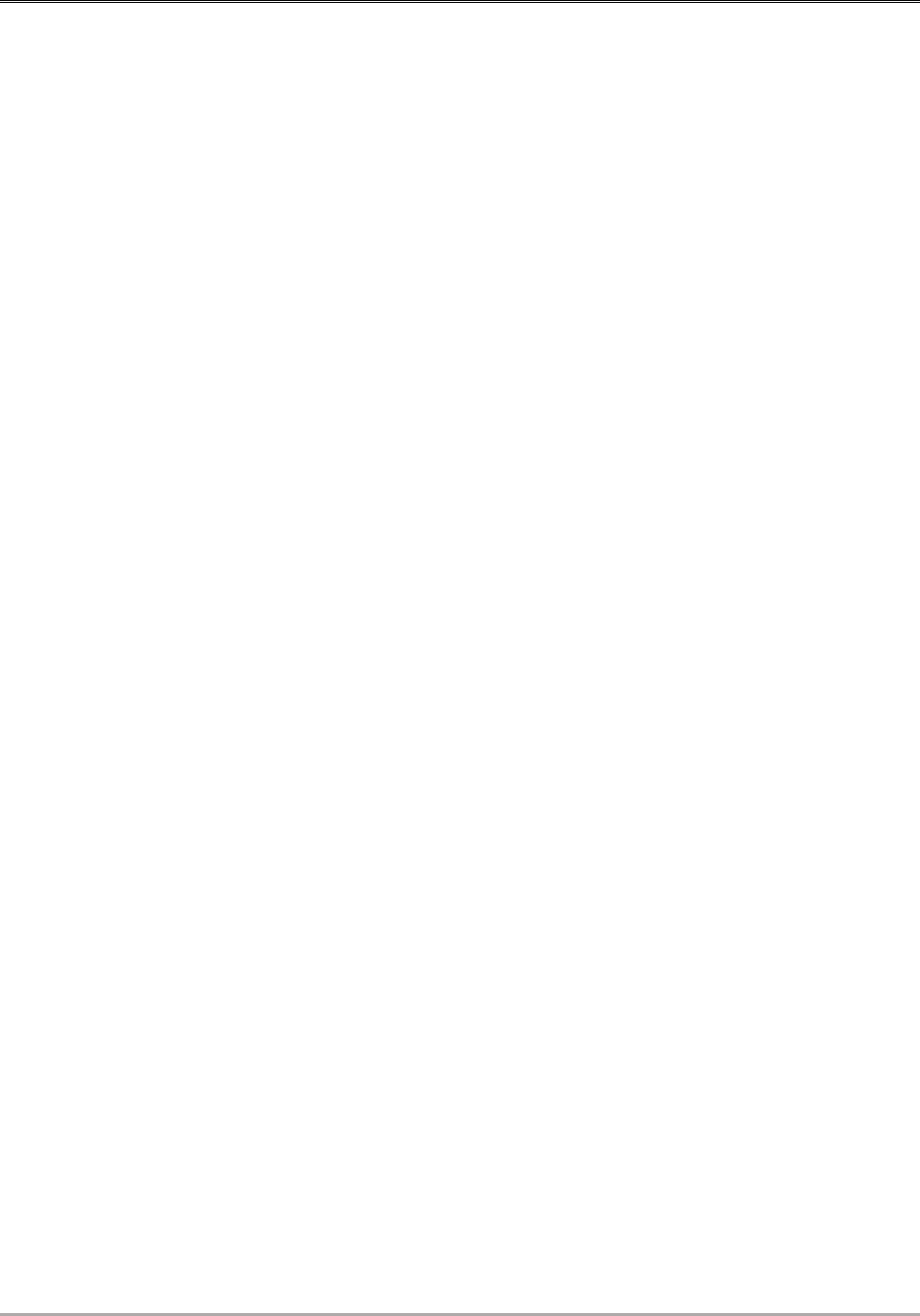
Columbia-Greene Community College 2023-2024 Catalog
202
Workplace Professionalism Microcredential
Earners of the Workplace Professionalism microcredential demonstrate achievement in leadership,
communication and productive workplace relationships. They can identify effective methods of
communication and conflict resolution in workplace scenarios, and utilize those methods through
written email and face-to-face presentation. Through a statement of professionalism, they reflect
the skills and behaviors of their professional identity, and complete an applied learning project on
one professional skill of their choice.
PROGRAM REQUIREMENTS:
• Attendance at the Career Institute (12-hour non-credit course)
• Interview, Social Media, and Professional Competency Project
• Capstone Experience
PROGRAM LEARNING OUTCOMES:
• Describe specific elements of professionalism in the workplace and develop a list of skills and
behaviors important to professional identity
• Identify effective methods of communication and conflict resolution for common workplace
scenarios
• Write concise, professional business emails
• Effectively describe skills and competencies verbally and in writing
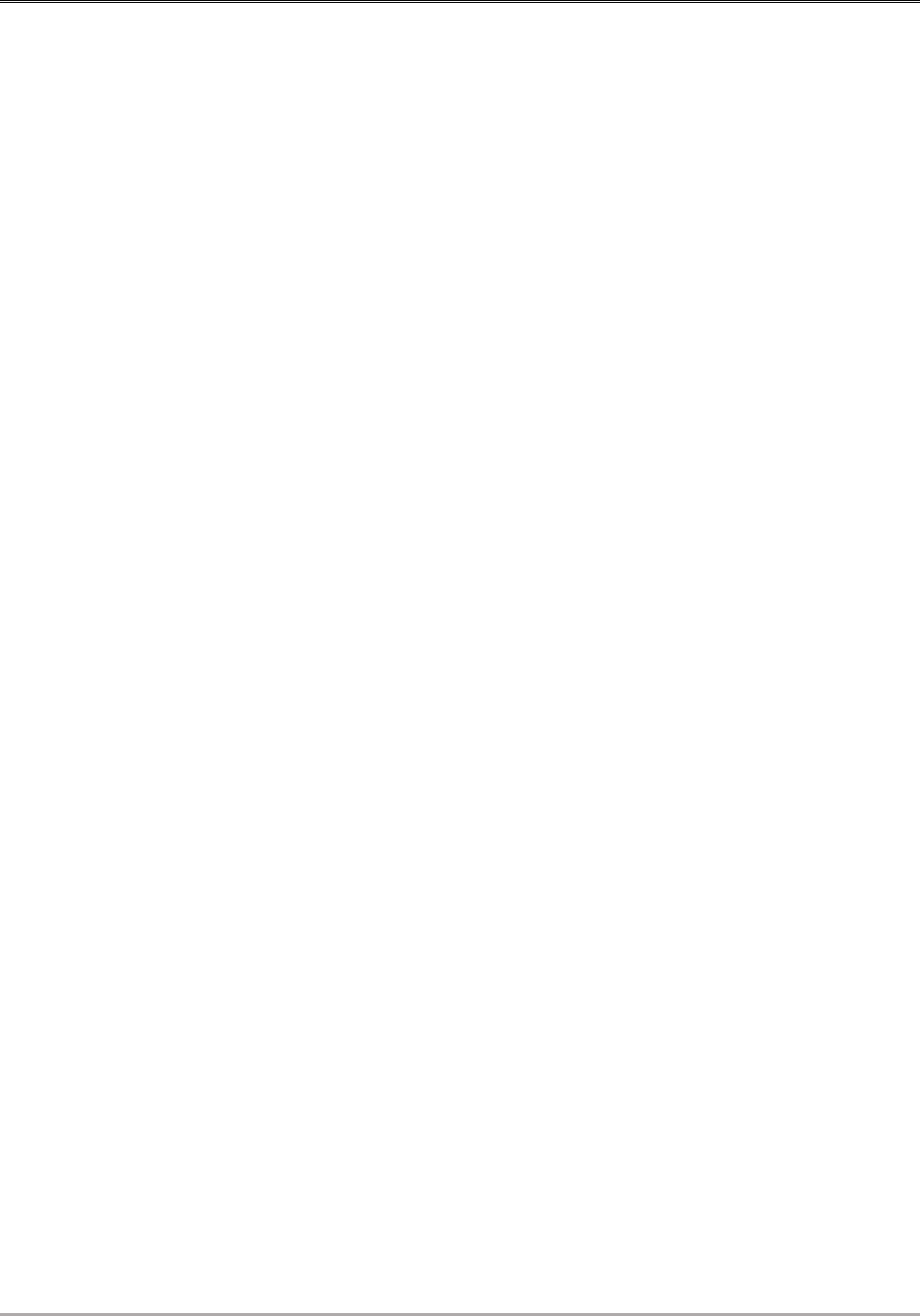
Columbia-Greene Community College 2023-2024 Catalog
203
Course Descriptions
Courses offered at Columbia-Greene Community College are identified as follows:
AC Accounting
AH Allied Health
AR Art
AU Automotive
BI Biology
BU Business
CC Construction Technology
CD Chemical Dependency
CE College Experience
CH Chemistry
CI Computer Information
CJ Criminal Justice
CO Communications
CP Career Planning
CS Computer Science
DA Dance
EC Economics
ED Education
EN English
ES English as a Second Language
FR French
GE Geology
HE Health
HI History
HS Human Services
HU Humanities
ID Independent Study
IT Italian
LE Law Enforcement
MA Mathematics
MK Marketing
MU Music
NU Nursing
PE Physical Education
PL Philosophy
PS Political Science
PX Physics
PY Psychology
RS Reading Skills
SA Spanish
SC Science
SL Social Science
SN Sign Language
SO Sociology
TH Theater
TP Technical Professions
Fall, Spring, Summer: Notations indicate the semester or semesters a course is normally offered
during the year. E/O indicates the course will run every other fall or spring as indicated. For classes
noted as Special Rotation, contact chairperson of the appropriate division for scheduling.
Prerequisite: a course which must be successfully completed in order to succeed at a higher level
of study.
Corequisite: a course of study required to be taken previously or simultaneously with another.
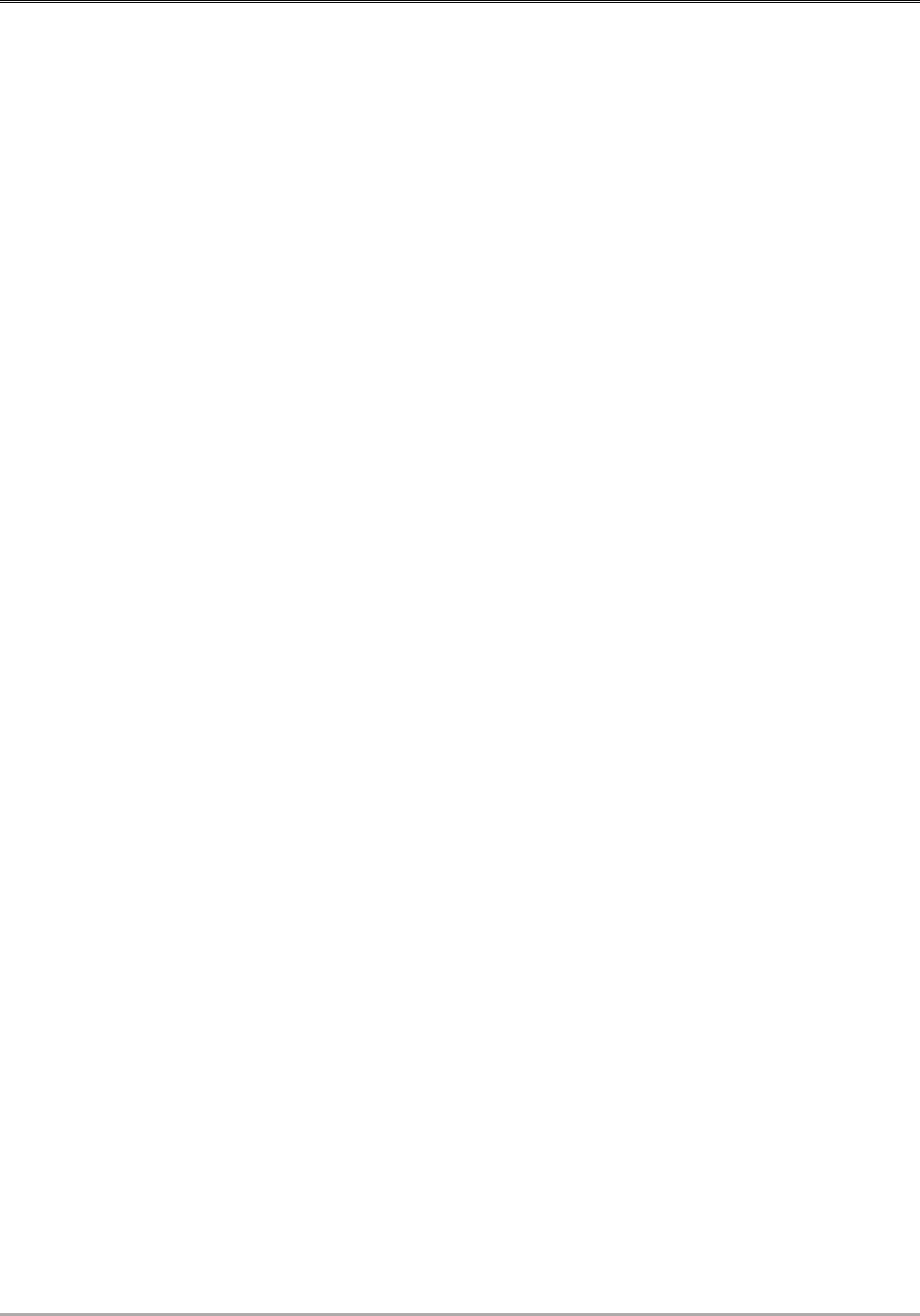
Columbia-Greene Community College 2023-2024 Catalog
204
ACCOUNTING
AC 101 – Financial Accounting
Introduces general concepts and basic
principles of financial accounting.
Applications include the accounting cycle,
internal control, reporting the results of
operations and financial position. NOTE:
Repeat of Principles of Accounting I. (3
semester hours) Fall/Spring
AC 102 – Managerial Accounting
Introduction to managerial accounting.
Applications include cash flow analysis, cost
system designs, planning and controlling
business operations, and decision making.
NOTE: Repeat of Principles of Accounting II.
Prerequisite: AC 101. (3 semester hours)
Spring
AC 116 – QuickBooks
An in-depth application of the uses of the
computerized accounting package
QuickBooks. Students will learn to use the
software to deal with all the accounting
applications for a small business including
invoices, receipts, payroll, bank
reconciliations, tracking inventory and all
year-end procedures. NOTE: Repeat of AC
222 and BU 116. Prerequisite or Corequisite:
AC 101. (3 semester hours) Spring
ALLIED HEALTH
AH 106 – Medical Assisting I
This course is the first of a three-course
sequence which introduces topics and clinical
skills essential to students in the Medical
Assisting AAS degree program. The course is
designed to provide safe, technically
proficient, and professional medical assistants
to work in physicians’ offices and a variety of
other healthcare provider offices.
Matriculation in the Medical Assisting AAS
degree program is required to take this course.
(3 lecture hours/3 lab hours) (4 semester
hours) Fall
AH 108 – Medical Assisting II
This course is a continuation of Medical
Assisting I. This course provides valuable
information about an individual's health and
teaches medical assistants the skills and
techniques necessary to take and record vital
signs accurately. Main topics include vital
signs (blood pressure, pulse, respiration),
temperature conversions, and calculating
Body Mass Index. NOTE: This course, in
combination with AH 109, is a repeat of AH
107. Prerequisite: AH 106 with a grade of C
or better. (2 semester hours) Spring
AH 109 – EKG
This course is designed to provide safe,
technically proficient, and professional EKG
technicians to work in a variety of healthcare
provider offices. Topics include: anatomy of
the heart, cardiac conduction system,
performing a 12 lead EKG, analyzing and
interpreting a six second rhythm strip. Upon
completion of this course, students are eligible
to take the EKG certification exam through
numerous certification agencies. NOTE: This
course, in combination with AH 108, is a
repeat of AH 107. (1 lecture hour/3 lab hours)
(2 semester hours) Spring
AH 125 – Medical Office Procedures
This course will provide knowledge of
administrative support in today’s health care
environment. Students will learn to input
patient information, schedule appointments,
handle billing, and produce medical office
lists and reports. NOTE: Repeat of OT 134
and BU 125. (3 semester hours) Fall
AH 126 – Medical Billing
This course is an introduction to medical
billing and the coding process.
Documentation and medical necessity
guidelines, claims submission, and
reimbursement protocols, both electronically
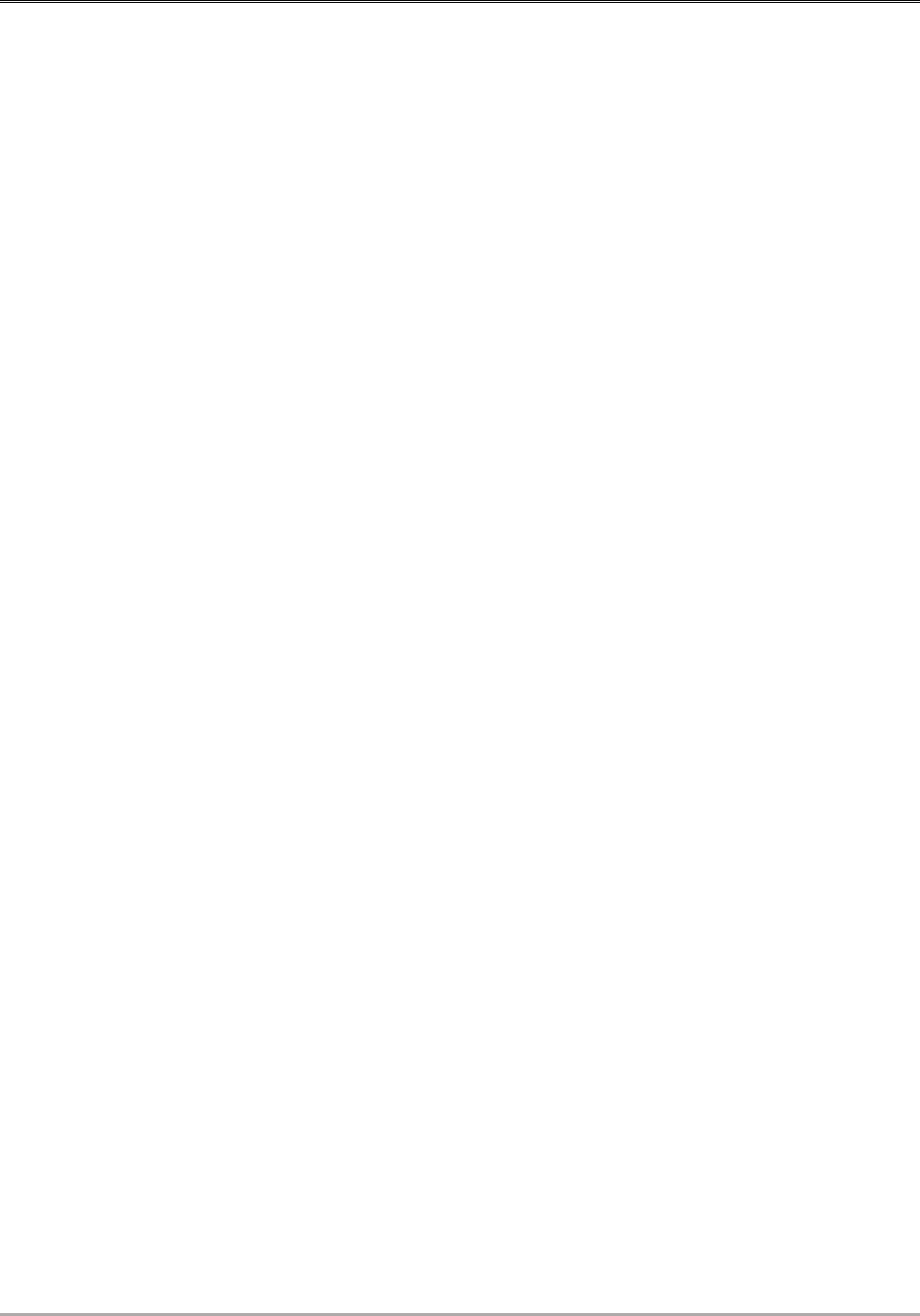
Columbia-Greene Community College 2023-2024 Catalog
205
and via mail, and working with different
payers (HMOs, Medicare) will be presented.
NOTE: Repeat of BU 126. (3 semester hours)
Spring
AH 129 – Medical Terminology
An introduction to prefixes, roots, combining
forms, and suffixes which are the component
parts used to build medical terminology.
These terms are then defined. Abbreviations,
drug highlights, information on diagnostic
tests and human anatomy are integrated
throughout. NOTE: Repeat of AH 114 and BU
129. (3 semester hours) Fall/Spring
AH 132 – Medical Coding
This course will cover the unique aspects of
medical billing known as medical coding with
a concentration on CPT and ICD9 or ICD10
coding along with modifiers that are
commonly used in medical billing. NOTE:
Repeat of BU 132. (3 semester hours) Spring
AH 145 – Administrative Office
Management
This course studies the principles of
administrative office management, the office
environment, managing office employees,
office systems, and office functions. NOTE:
Repeat of OT 206 and BU 145. (3 semester
hours) Spring
AH 202 – Pharmacology
Pharmacology is a survey course designed to
meet the needs of students in the Medical
Assisting AAS degree program. Students will
gain an understanding of the principles of
pharmacology. Major topics will include:
Legal regulations, prescriptions, calculations,
interactions and uses of drugs, as well as
toxicology. Prerequisites: BI 115 or BI 131
with a grade of C or better. (3 semester hours)
Fall
AH 203 – Medical Assisting Externship
Medical assisting students will have the
opportunity to study and take part in the
functioning of a private practice medical
office or a hospital office. A total of 160 hours
of work experience will be required. Students
are required to complete 80 hours on the
administrative side and 80 hours on the
clinical side of the medical practice during
their externship. Students will meet with the
instructor for a 1-hr. class four times during
the course of the semester. Grading is
Satisfactory (S) or Unsatisfactory (U).
Prerequisites: AH 207, AH 208 and AH 202
with a grade of C or better, must have current
CPR/First Aid certification at the time of
externship. (3 semester hours) Spring
AH 207 – Medical Assisting III
This is the last in the sequence of five courses,
including AH 106, AH 108, AH 109, and AH
208. The course is designed to provide safe,
technically proficient medical assistants to
work in physicians’ offices and a variety of
other healthcare provider offices. Topics
include blood function, formation and
components, reading and interpreting
Laboratory reports, slide preparation and
microscopic evaluation, and interpretation of
formed elements and associated tests. NOTE:
This course, in combination with AH 208, is a
repeat of AH 201. Prerequisites: AH 106 and
AH 108 with grades of C or better. (2 semester
hours) Fall
AH 208 – Venipuncture/Phlebotomy
This course is designed to provide safe,
technically proficient medical assistants to
work in physicians’ offices and a variety of
other healthcare provider offices. Topics
include performing capillary punctures,
performing venipuncture using the vacutainer
and winged infusion set, centrifuging blood
cells, proper specimen testing, and
understanding lab value and norm ranges.
Note: This course, in conjunction with AH
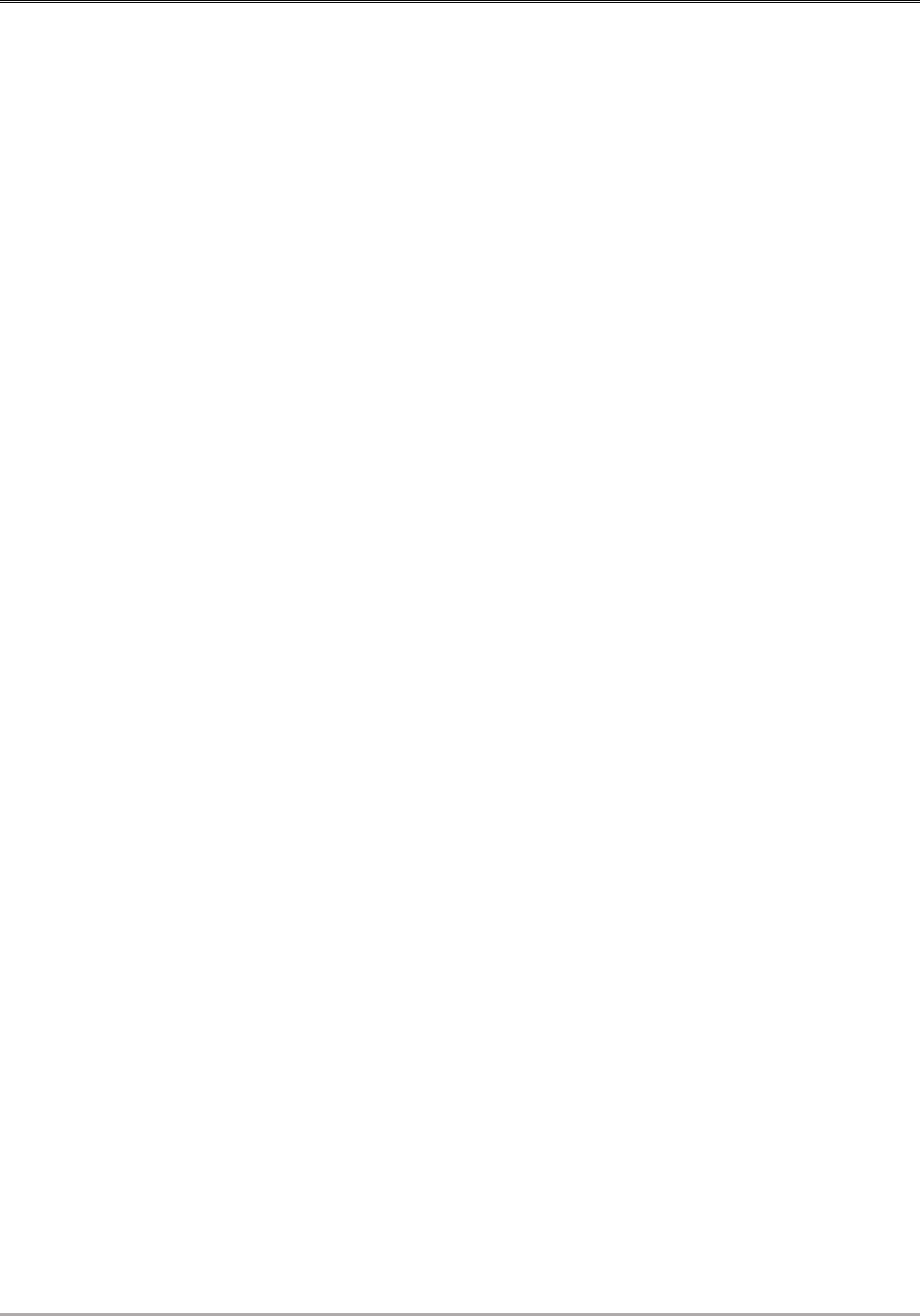
Columbia-Greene Community College 2023-2024 Catalog
206
207, is a repeat of AH 201 (1 lecture hour/3
lab hours) (2 semester hours) Fall
AH 220 – Phlebotomy Externship
Phlebotomy students will have the
opportunity to study and take part in the
functioning of an inpatient/outpatient
laboratory setting. Skill development in the
performance of a variety of blood collection
methods using proper techniques and standard
precautions will be stressed throughout this
clinical experience. Emphasis on infection
prevention, patient identification, specimen
labeling, quality assurance, specimen
handling, processing, accessing, and ethics are
incorporated into 54-hour clinical experience.
Upon completion of this course, students are
eligible to sit for the National Certification
Exam. Grading is Satisfactory (S) or
Unsatisfactory (U). Prerequisite: AH 208
Venipuncture/Phlebotomy. (1 semester hour)
Spring
ART
AR 104 – Basic Painting
An introduction to the basic materials and
methods of painting. Emphasis will be on
color and value perception, mixing,
brushwork application as well as perspective
and the control of pictorial space. Students
will also learn how to stretch and build their
own canvases and will work in oil paint. No
prior experience in painting required All
levels of experience welcome. (2 lecture/2
studio hours) (3 semester hours) Spring
This course fulfills the SUNY General
Education requirements for The Arts.
AR 106 – Ceramics I
A general course involving hand-building
techniques to construct forms out of clay
through coiling, slab construction, molding,
and beginning wheel. Projects will introduce
students to various ideas and uses of clay, both
traditional and nontraditional. Creative work
will be encouraged. (2 lecture hours/2 studio
hours) (3 semester hours) Fall/Spring
This course fulfills the SUNY General
Education requirements for The Arts.
AR 107 – Visual Arts 2-D
This studio course serves as an introduction
to, and foundation for, all two-dimensional
artistic forms such as painting, photography,
graphic design, and digital media. Through
weekly and monthly projects, students will
explore design basics, composition, and
materiality. In-class lectures and video
presentations will supplement studio time
working on projects. (2 lecture hours/2 studio
hours) (3 semester hours) Fall
This course fulfills the SUNY General
Education requirements for The Arts.
AR 108 – Visual Arts 3-D
This studio course serves as an introduction to
three-dimensional artistic forms such as
sculpture, design, and installation. Through
weekly and monthly projects, students will
explore the physical aspects of the 3-D object
world in different materials and methods
including woodworking, textiles, and mold
making and casting with plaster and wax. (2
lecture hours/2 studio hours) (3 semester
hours) Spring
This course fulfills the SUNY General
Education requirements for The Arts.
AR 116 – Art History: Pre-history to 14C
A survey of world art history from the pre-
classical to 1400 a.d., investigating forms in
art and their link with history. Emphasis will
be on the development of visual skills and
visual memory. Written assignments and class
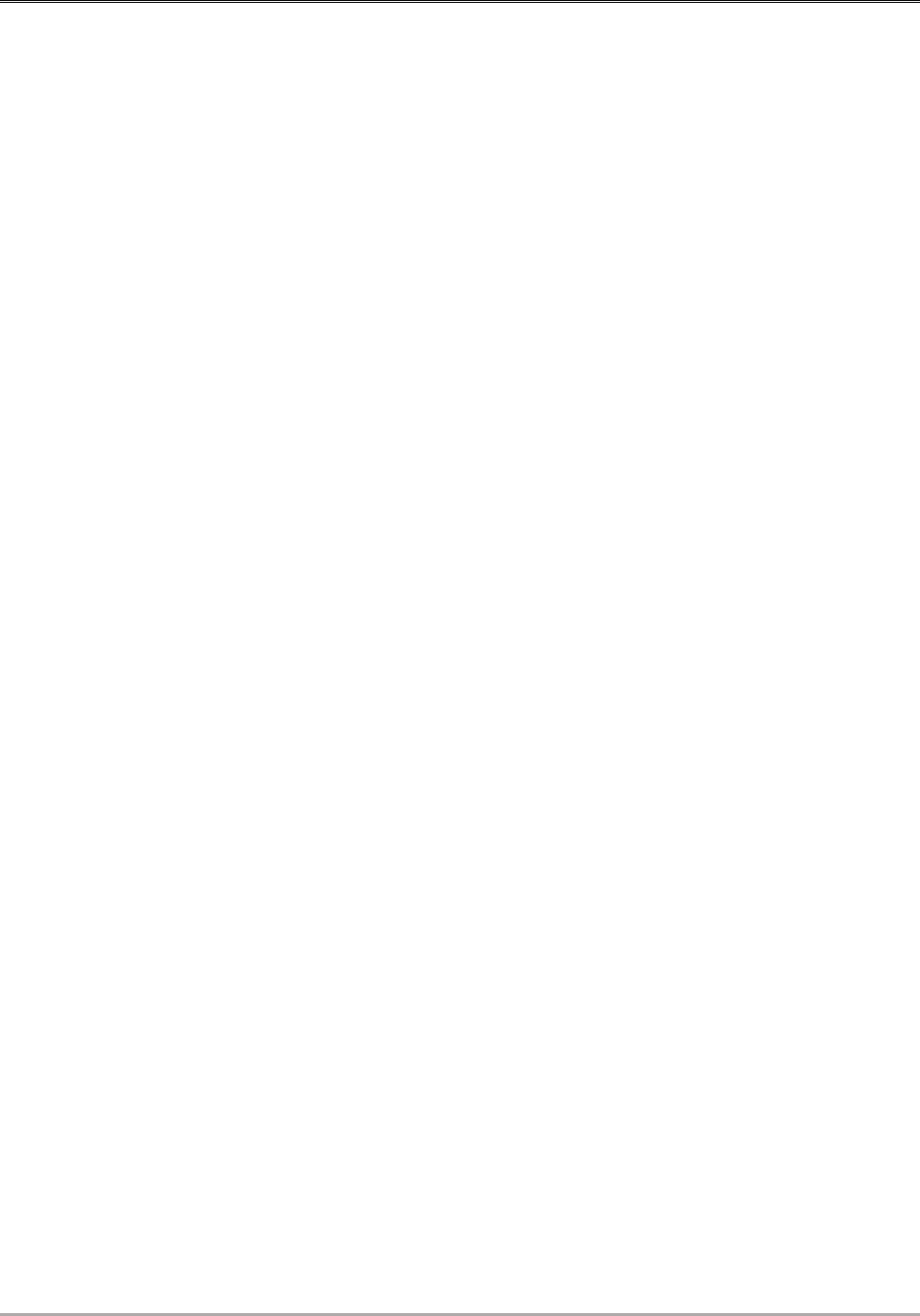
Columbia-Greene Community College 2023-2024 Catalog
207
discussions will be important factors in
students’ evaluations. (3 semester hours) Fall
This course fulfills the SUNY General
Education requirements for The Arts.
AR 117 – Art History: 14C to Present
A continuation of AR 116 with the history of
world art from 1400 a.d. to present. A research
project on current art trends will be required.
Students’ visual skills and visual memory will
be heightened through the observed
relationship of history and art. (3 semester
hours) Spring
This course fulfills the SUNY General
Education requirements for The Arts.
AR 118 – Figure Drawing
A traditional figure drawing course
emphasizing the accurate perception and
rendering of the human figure incorporating
nude models. Drawing materials will include
charcoal, pencil, ink and chalk pastels. No
prior experience in figure drawing required.
All levels of experience are welcome,
however, taking AR 119 Basic Drawing
before this course is highly recommended. (2
lecture hours/2 studio hours) (3 semester
hours) Spring
This course fulfills the SUNY General
Education requirements for The Arts.
AR 119 – Basic Drawing
Drawing natural and fabricated objects,
students will study the uses of line, light, and
shade and be introduced to the basic principles
of perspective and composition. A variety of
materials, including charcoal, pencil, ink, and
chalk pastels will be used. No prior experience
in drawing required. All levels of experience
are welcome. (2 lecture hours/2 studio hours)
(3 semester hours) Fall
This course fulfills the SUNY General
Education requirements for The Arts.
AR 124 – Figure in Clay
The student will learn to construct a human
figure in natural fired clay by participating in
a series of exercises designed to develop
correct observation and memory from a live
model. Clay chemistry, firing, and
construction techniques will be explored. (2
lecture hours/2 studio hours) (3 semester
hours) Spring
AR 135 – Digital Photography
This course is an introduction to the
fundamentals of photography using the digital
camera, photo-editing software, and inkjet
printing. A strong emphasis will be placed on
developing aesthetic judgment through a
series of assignments and critiques.
Classroom lectures will be a combination of
technical instruction and discussion on the
history of photography as an art form.
Printmaking time is an integral part of the
course and facilities will be available outside
of class hours. Students should expect to
spend approximately $100 on supplies.
NOTE: Students must provide their own
DSLR (digital single-lens reflex) camera.
Camera phones are not acceptable. There are
a limited number of DSLR cameras that are
available to borrow for the semester. (2 lecture
hours/2 lab hours) (3 semester hours) Spring
This course fulfills the SUNY General
Education requirements for The Arts.
AR 140 – Computer Graphics
An introductory course for students with little
or no computer graphics background.
Students will learn how various computer
software and hardware components can be
used to enhance creative expression. This
course is specially designed for those students
needing to develop their creative abilities
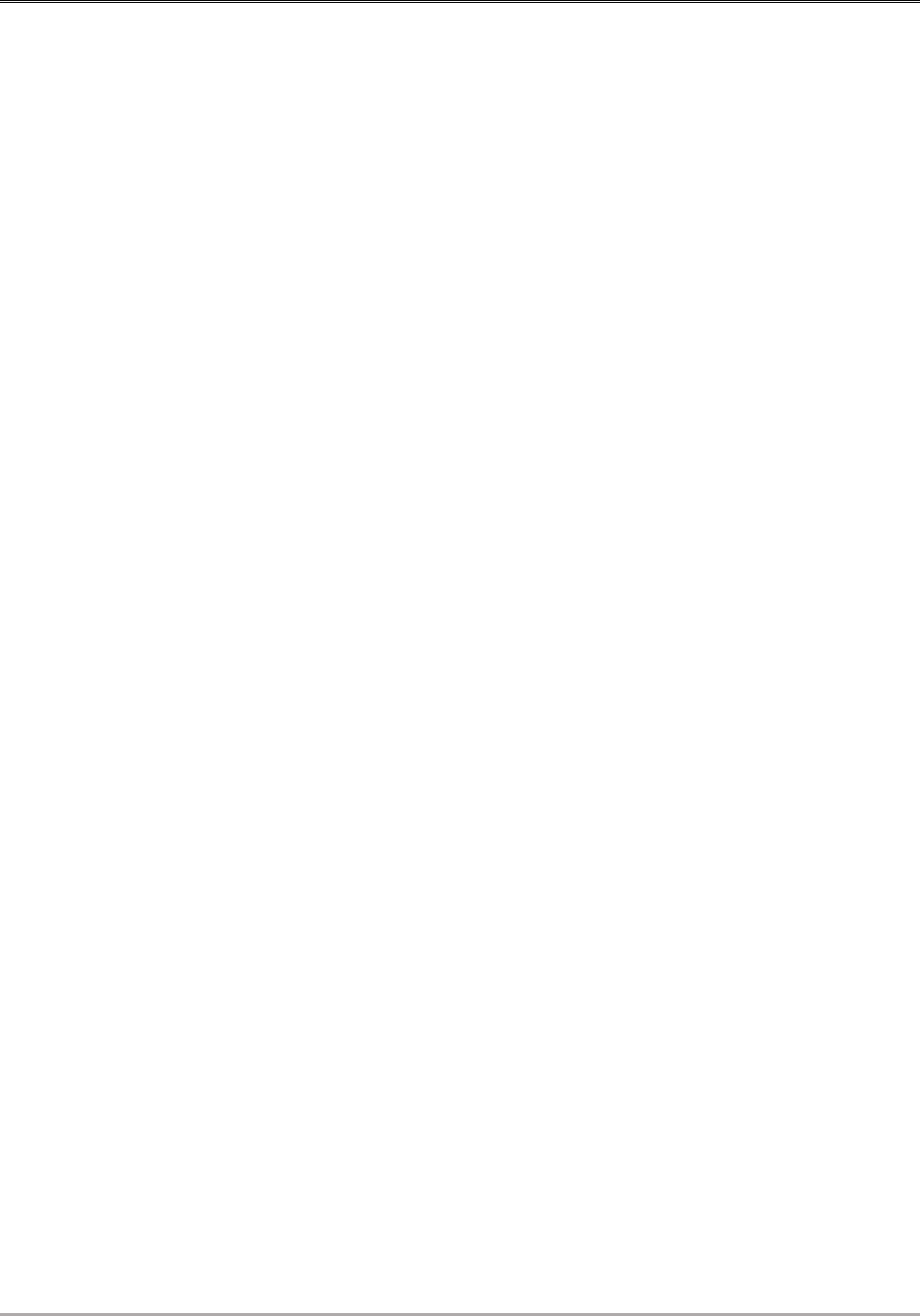
Columbia-Greene Community College 2023-2024 Catalog
208
using the computer. To enroll in this course, a
subscription to Adobe Creative Cloud may be
required. (3 semester hours) Fall/Spring
This course fulfills the SUNY General
Education requirements for The Arts.
AR 145 – Motion Graphics
Introduction to the fundamentals of motion
graphics design. This project-based course
will explore video compositing, editing,
animation, and graphic effects from both a
technological and aesthetic perspective.
Students will not need to own a video camera.
The software used will be Adobe After
Effects. (3 semester hours) Fall
This course fulfills the SUNY General
Education requirements for The Arts.
AR 205 – 3-D Graphics and Animation
This course is designed to provide students
who have some computer graphics knowledge
with the ability to create artwork in the 3-D
computer environment. Students will learn to
create their own models, create surfaces for
the models, set up lighting and cameras, and
finally render still illustrations and
animations. (3 semester hours) Fall
This course fulfills the SUNY General
Education requirements for The Arts.
AR 218 – Fine Arts Seminar
This course is designed to develop the
inventive abilities of students beyond the
foundation level. Students will be mentored
through a series of individually directed
weekly assignments designed to promote
inventive art-making. There will be group
discussions of works-in-progress, in-class
presentations, and visits to museums and art
exhibitions. There will be production of
artwork that can be utilized for portfolio
purposes. Prerequisite: Any 3 credit art
course. (2 lecture hours/2 studio hours) (3
semester hours) Spring
AR 240 – Digital Imagery
A course in digital photographic manipulation
and design, intended for students who already
possess a basic understanding of computer
graphics. Students will learn how to acquire,
manipulate, and enhance digital images using
current computer technology. Prerequisite:
AR 140. (3 semester hours) Spring
AR 245 – Web Page Design
In this course students will learn the basic
skills required to construct and program web
pages using basic HTML and CSS scripting
languages. Web and screen design principles
will be covered as students learn the basics of
wireframing, page design and core web
development skills. Software used will be
Adobe Dreamweaver, Photoshop, and
Illustrator. Prerequisite: AR 140. To enroll in
this course, a subscription to Adobe Creative
Cloud may be required. (3 semester hours)
Spring
AR 250 – Art for Game Design
This course is designed to introduce students
to the fundamentals of creating artwork and
models for use in computer games. Students
will investigate production techniques such as
low-poly modeling, UVW mapping, creating
textures, animating, and other aspects of game
art creation. Programs used will be 3ds Max
and Adobe Photoshop. Prerequisite: AR 205.
(3 semester hours) Spring
AUTOMOTIVE
AU 117 – Gas and Diesel Engines
Operational principles of the internal
combustion engine will be discussed and
include gasoline and diesel units. Emphasis is
placed on proper use of precision measuring
equipment, specialty tools, manuals, and
diagnostic evaluations. Location and
interpretation of specifications are included.
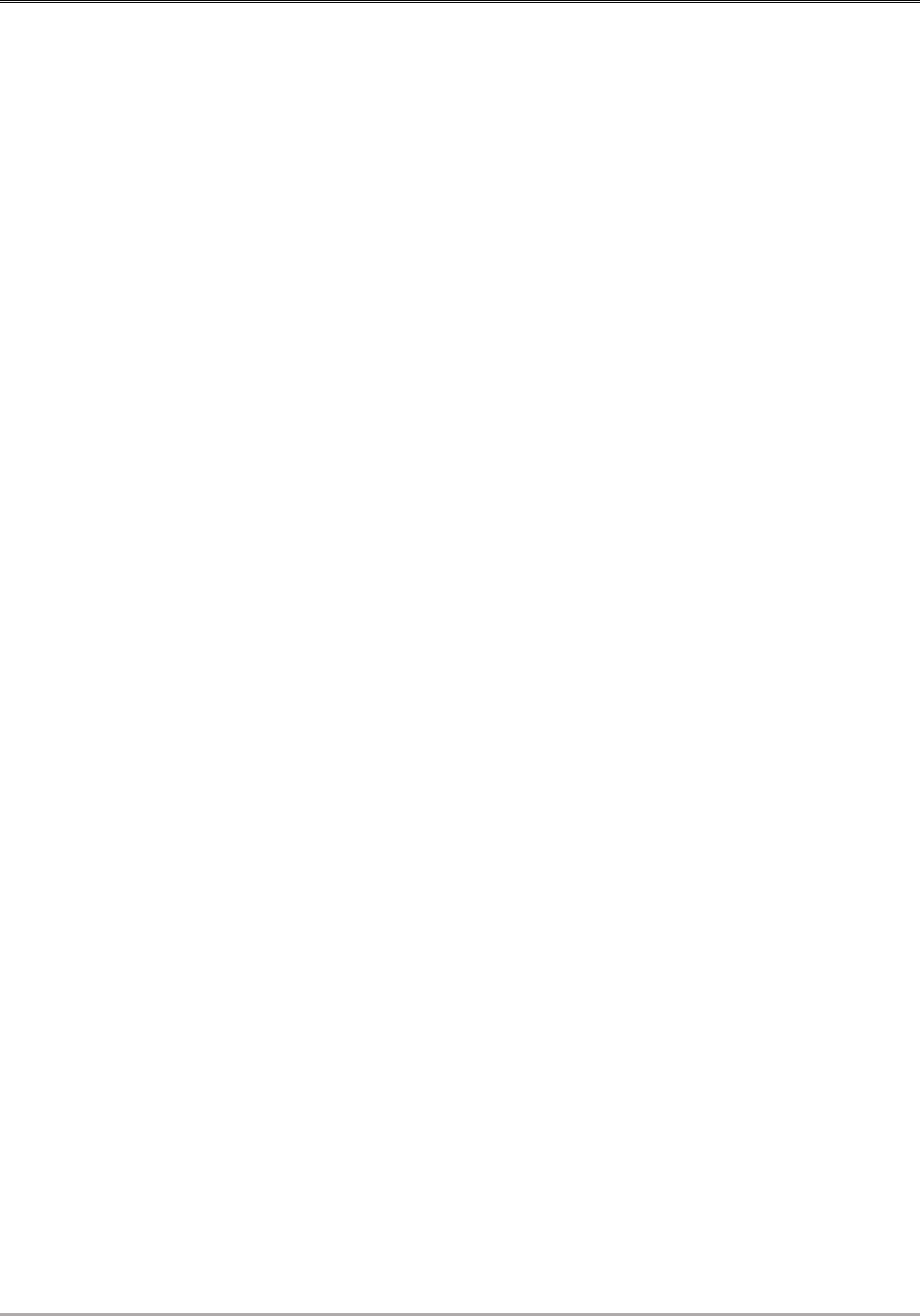
Columbia-Greene Community College 2023-2024 Catalog
209
Alternate sources of fuel as well as non-
polluting power plants will be explored.
Prerequisite: AU 128. (2 lecture hours/6 lab
hours) (4 semester hours) Spring
AU 128 – Introduction to Automotive
Repair
This course introduces the student to the field
of automotive technology and to develop the
basic skills, knowledge and professional
ethics necessary as an entry-level technician
in areas of automotive maintenance, service
repair, parts and pre-delivery device. The
objectives of this course are developed
through classroom and laboratory activities.
Personal and shop safety, and the proper
utilization of service information are
emphasized. This course is open to students
who are not currently enrolled in the
automotive technology program but would
like to learn the basics of repair. A minimum
set of tools is required only for students
matriculated in an automotive technology
program. See our website for the list. (2 lecture
hour/6 lab hours) (4 semester hours) Fall
AU 129 – Heating, Ventilation and Air
Conditioning (HVAC)
This course is designed to introduce the
student to the theory of HVAC systems and to
develop the skills and knowledge necessary to
diagnose and service automotive heating and
air conditioning systems, and environmental
effects of chlorofluorocarbons on the earth’s
atmosphere. Also included: principles of
refrigeration, reclaiming, evacuation,
recycling and recharging, and other diagnostic
testing. Prerequisite or Corequisite: AU 128
and AU 132. (1 lecture hour/ 6 lab hours) (3
semester hours) Fall
AU 130 – Basic Steering, Suspension &
Brakes
This course is intended to develop the skills,
knowledge and professional ethics required to
service general automotive steering,
suspension and brake systems. The objectives
of this course are developed through
classroom and laboratory activities. Special
emphasis is placed on personal and shop
safety, component identification and
inspection, proper use of service information,
special service tools and equipment,
interpretation of data and adjustment
techniques. Prerequisite or Corequisite: AU
128 and AU 132. (2 lecture hours/6 lab hours)
(4 semester hours) Fall
AU 131 – Work-Study I
Students completing their second semester in
automotive technology must work at their
sponsoring dealership or full-service
independent repair facility for a 12-week
period with a minimum of 30 hours per week.
This hands-on job experience introduces
students to actual work situations and
reinforces skills learned during the year.
Grading is Satisfactory (S) or Unsatisfactory
(U). NOTE: Many employers require a DMV
driver’s background check. Having a poor
driving record can prevent your employment
in an automotive repair facility. Prerequisite:
Successful completion of the first year of the
A.A.S. or A.O.S. Automotive Program. (2
semester hours) Summer
AU 132 – Electricity and Electronics
Develops those skills needed by today’s
technicians to diagnose, service, and repair the
electrically and/or electronically operated
systems of automobiles. Topics covered
include basic electrical and electronic
principles and components, electrical wiring
diagrams, the battery, starting, and charging
systems. Component location and system
operation will be stressed. Prerequisite or
Corequisite: AU 128. (2 lecture hours/6 lab
hours) (4 semester hours) Fall
AU 134 – Engine Performance
This course is designed to provide those skills
necessary for the diagnosis and repair of the
engine’s ignition, fuel and emission systems.
Emphasis will be placed on computer-
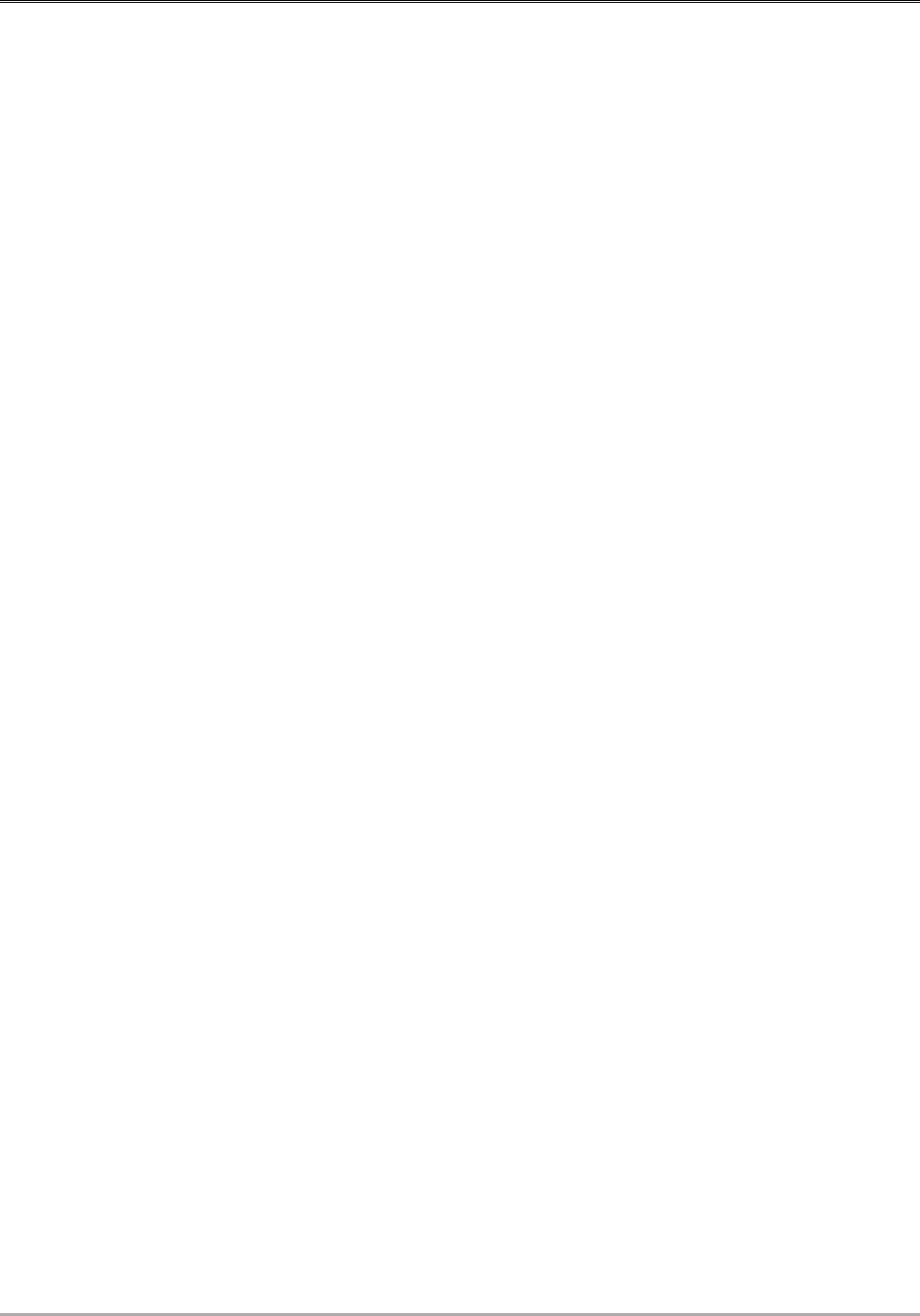
Columbia-Greene Community College 2023-2024 Catalog
210
controlled engine management, scan tool
usage, and correct diagnostic philosophy.
Optimum engine performance will be assured
through classroom and laboratory study. This
course will be taught from a general
perspective. Prerequisite: AU 128 and AU
132. (3 lecture hours/9 lab hours) (6 semester
hours) Spring
AU 203 – Advanced Automotive
Operations
This course is intended to develop the skills,
knowledge and professional ethics required to
service and diagnose antilock braking
systems, computer-controlled suspension
systems, manual and automatic transmissions.
Special emphasis is placed on personal and
shop safety, component identification, use of
service information, special service tools and
equipment, and interpretation of data and
specific diagnostic techniques. Prerequisites:
AU 128, AU 130, and AU 132. (2 lecture
hours/6 lab hours) (4 semester hours) Spring
AU 211 – Manual Transmissions and
Drivelines
Studies operation, diagnosis, and repair of
clutches, standard transmissions, drivelines,
differentials, front-wheel-drive, and four-
wheel-drive units. Emphasis is placed on
understanding the principles of speed
reduction through the use of gearing.
Prerequisite AU 128 and AU 132. (2 lecture
hours/6 lab hours) (4 semester hours) Fall
AU 212 – Automotive Diagnostics
This course is designed to develop those skills
needed to successfully diagnose engine-,
body- and chassis-related problems. Emphasis
is placed on correct use of diagnostic
equipment, proper procedures, use of
specifications, and interpretation of test
results to enable quick isolation of
malfunctions of a particular system or
component. Prerequisites: AU 128, AU 132,
AU 134 and AU 215. (2 lecture hours/6 lab
hours) (4 semester hours) Spring
AU 213 – Automatic Transmissions and
Transaxles
Studies operation, diagnosis, maintenance,
and overhaul procedures of automatic
transmissions and transaxles. Emphasis is
placed on automatic transmission hydraulic
systems, principles of torque multiplication,
and electronic control. Prerequisite: AU 128
and AU 132. (2 lecture hours/6 lab hours) (4
semester hours) Spring
AU 215 – Body Electrical and Electronics
This course is intended to develop the skills,
knowledge and professional ethics required to
service body electrical and electronics
systems. The objectives of this course are
developed through classroom and laboratory
activities with special emphasis placed on
personal and shop safety, component
identification, testing and inspection, proper
use of service information and wiring
diagrams. The use of electronic diagnostic
tools and equipment will be discussed also.
Prerequisites: AU 128 and AU 132. (1 lecture
hour/6 lab hours) (3 semester hours) Fall
AU 231 – Work-Study II
Students completing their fourth semester in
automotive technology must work at their
sponsoring dealership or full-service
independent repair facility for a 12-week
period with a minimum of 30 hours per week.
This program is similar to AU 131; however,
the breadth and depth of the work experience
is expanded to include all areas instructed
during the two-year program. Grading is
Satisfactory (S) or Unsatisfactory (U).
NOTE: Many employers require a DMV
driver’s background check. Having a poor
driving record can prevent your employment
in an automotive repair facility. Prerequisite:
Successful completion of four semesters of
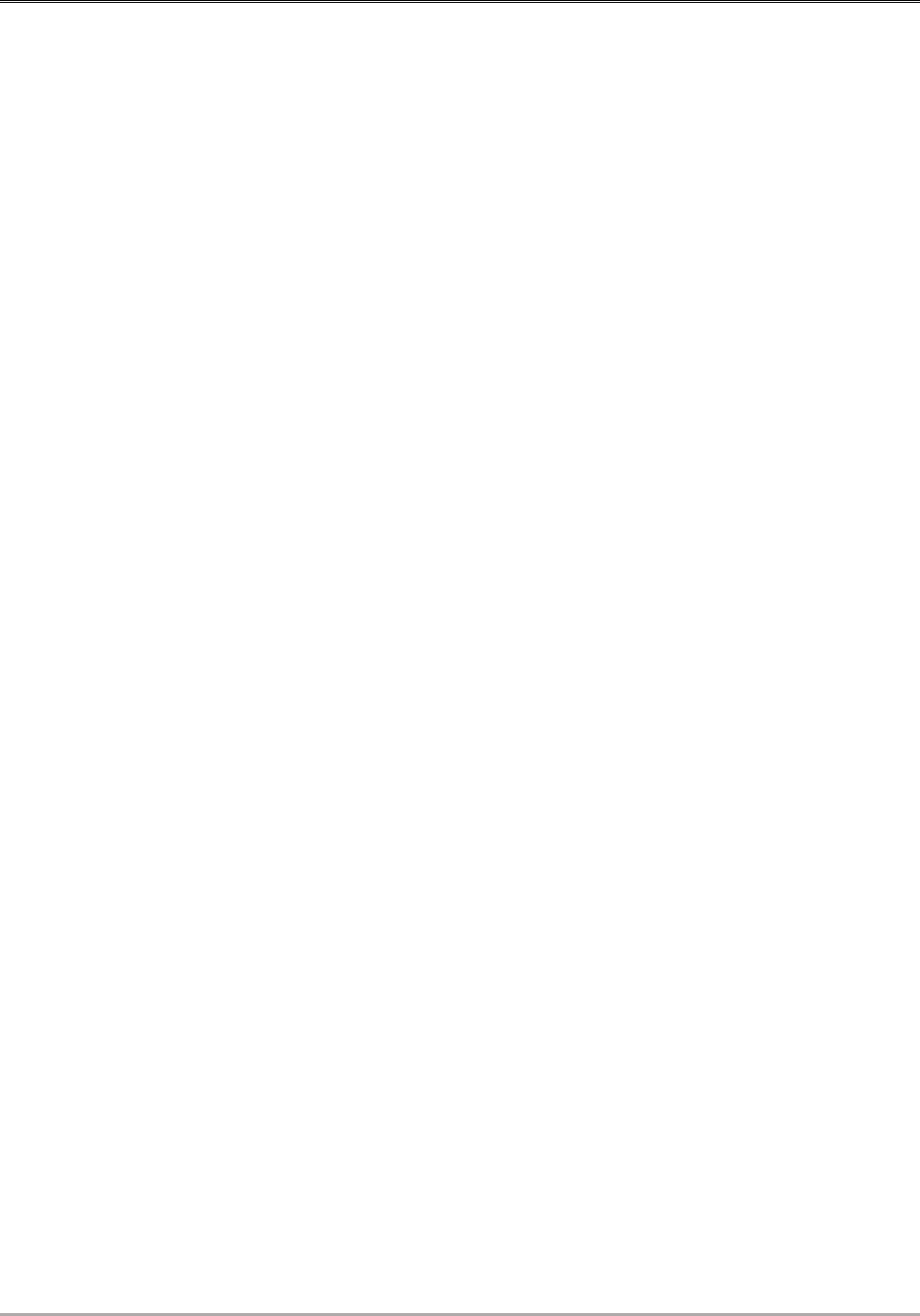
Columbia-Greene Community College 2023-2024 Catalog
211
Automotive Study. (2 semester hours)
Summer
BIOLOGY
BI 101 – General Biology I
The first in a two-course sequence (BI 101 and
102) designed for students who plan to major
in the life sciences. Topics covered in this
course include the chemical basis of life, cell
structure, cellular metabolism, cell division,
as well as Mendelian and molecular genetics.
The laboratory portion of the course focuses
on the scientific method, use of the
microscope and other lab equipment, and
methods for data analysis and presentation.
Lab activities will complement the lecture
topics. Prerequisites (any ONE of the
following): Minimum score of 80% in
Regents-level Chemistry taken within the last
five years. College-level Biology or
Chemistry lab science course with a grade of
C or better taken within the last five years
(includes high-school AP Biology). A score of
75% or better on the College science
placement exam or permission of instructor.
(3 lecture hours/3 lab hours) (4 semester
hours) Fall
This course fulfills the SUNY General
Education requirements for Natural Sciences
(and Scientific Reasoning).
BI 102 – General Biology II
The second in a two-course sequence (BI 101
and 102) designed for students who plan to
major in the life sciences. Topics covered in
this course include evolution and cladistics
analysis, history of life on Earth, a survey of
anatomy and physiology of major groups of
living organisms, and an introduction to
ecological principles. The laboratory portion
of the course focuses on the scientific method,
use of the microscope and other lab
equipment, and methods for data analysis and
presentation. Lab will include some
dissections of animals or mammalian organs.
Lab activities will complement the lecture
topics. Prerequisite: BI 101 with a grade of C
or better, or permission of instructor. (3
lecture hours/3 lab hours) (4 semester hours)
Spring
This course fulfills the SUNY General
Education requirements for Natural Sciences
(and Scientific Reasoning).
BI 103 – General Ecology
A study of aquatic and terrestrial ecology.
Laboratory work will include plot analysis,
aquatic study of lentic and lotic systems,
symbiosis, and animal and plant studies.
Extensive outdoor field study is an integral
part of this course. This is an intensive field
course using the C-GCC Hudson River Field
Station and other environmental resources. (3
lecture hours/3 lab hours) (4 semester hours)
Spring
This course fulfills the SUNY General
Education requirements for Natural Sciences
(and Scientific Reasoning).
BI 109 – Contemporary Environmental
Issues
This course is designed to expose students to
contemporary environmental issues. Topics
will include policy development, use of and
access to natural resources, hazardous waste
management, global climate, and the effects
of the growing population. NOTE: Repeat of
BI 209. (3 semester hours) Special Rotation
BI 112 – Human Biology I
This foundational biology course is a study of
the human organism from the perspective of
modern biology. Covered are basic chemistry
of life, cells, tissues, organ systems, and
ecology. Discussion, writing, and laboratory
work are integral parts of this course. (2
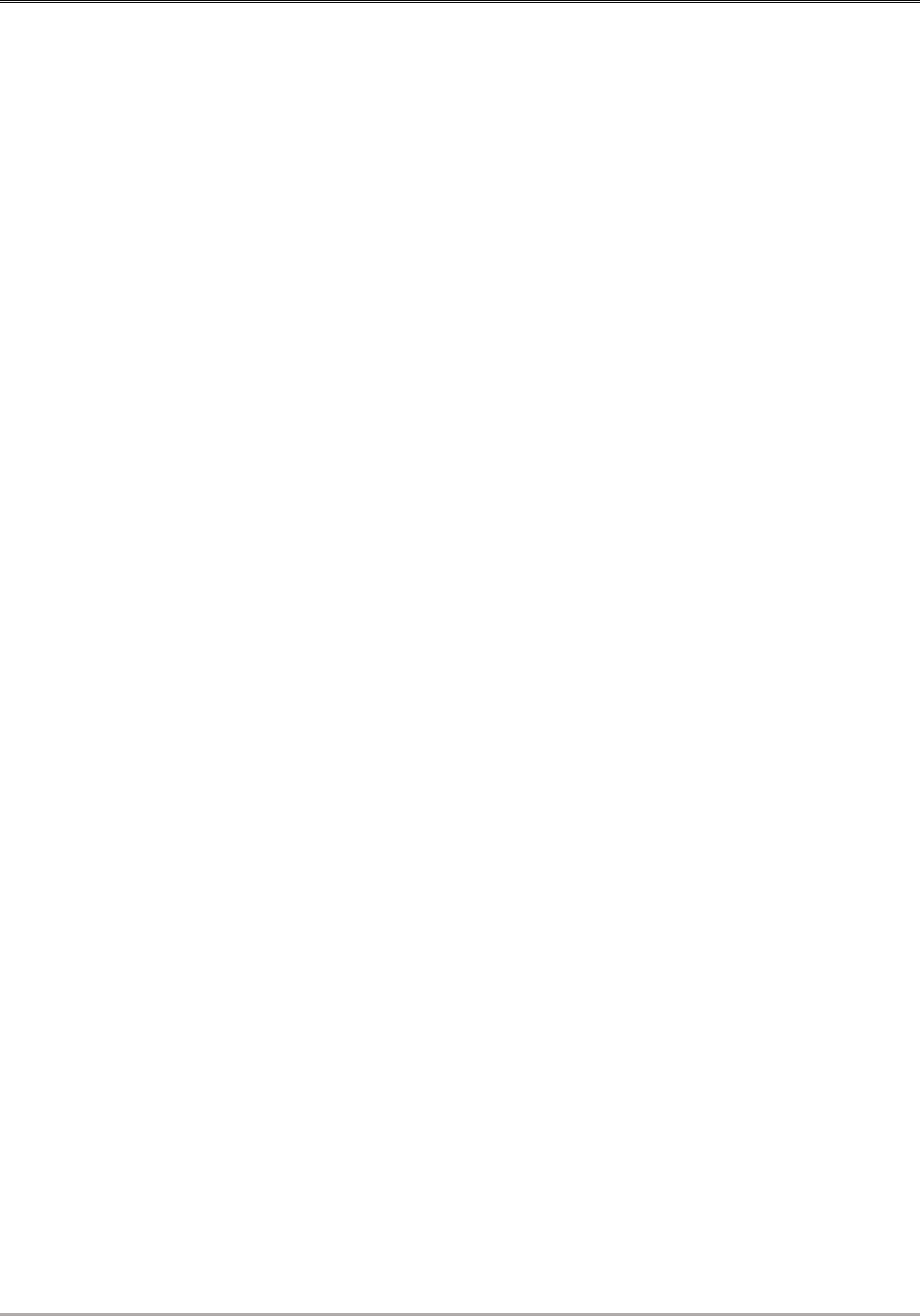
Columbia-Greene Community College 2023-2024 Catalog
212
lecture hours/3 lab hours) (3 semester hours)
Fall/Spring
This course fulfills the SUNY General
Education requirements for Natural Sciences
(and Scientific Reasoning).
BI 113 – Environmental Science
Provides in-depth study of important
environmental issues, including pollution,
energy conservation, land use, biological
impacts, the urban environment, and human
population. Students will monitor current
events and perform laboratory exercises to
become familiar with methods used in the
field of ecology and natural resources
management. (3 lecture hours/3 lab hours) (4
semester hours) Fall
This course fulfills the SUNY General
Education requirements for Diversity: Equity,
Inclusion, and Social Justice AND for Natural
Sciences (and Scientific Reasoning).
BI 115 – Human Biology II
This course is a continuation of Human
Biology I and introduces body systems not
covered in the first course in the sequence, in
addition to relevant health topics and an
introduction to microbiology. Prerequisite: BI
112 with a grade of C or better, or BI 130 with
a grade of C or better. This course may be
waived if student has completed BI 131 with
a grade of C or better taken within the last five
years. (2 lecture hours/3 lab hours) (3
semester hours) Spring
BI 119 – River Ecology
An intensive field ecology course in which
students will gain a working knowledge of
flora, fauna, and ecosystem processes
associated with streams and rivers. With more
than ½ of the learning taking place in the
outdoors (in most weather conditions), this
field work offers opportunities for students to
examine live organisms in their natural
habitats and in the laboratory. Group and
individual research is conducted. This course
is based at the C-GCC Hudson River field-
station, and students will hike and sometimes
kayak to gain access to the ecosystems along
the Hudson River and its tributaries. Both
local and distant habitats are studied, as is the
human impact on the environment. An
appreciation and resilience for natural weather
conditions and terrain is advisable. NOTE:
Meets lab science requirement. (2 lecture
hours/3 lab hours) (3 semester hours) Summer
This course fulfills the SUNY General
Education requirements for Natural Sciences
(and Scientific Reasoning).
BI 125 – Plant Identification
A field-oriented course to develop expertise in
the ability to recognize the wide variety of
plants that occur in the Northeast, including
learning the scientific names and
characteristics of the plant species
encountered. Students will collect plants and
make museum-quality herbarium mounts. (3
lecture hours/3 lab hours) (4 semester hours)
Special Rotation
This course fulfills the SUNY General
Education requirements for Natural Sciences
(and Scientific Reasoning).
BI 128 – Bird Study
Provides an opportunity to learn to recognize
the many species of birds represented in the
college’s study skin collection. Emphasis is
placed on diagnostic characteristics useful in
field identification. This course introduces
students to the fundamentals of avian
taxonomy and includes a survey of the
museum collection plus a curatorial project
that teaches students how to use a collection
to do research. (2 lecture hours/3 lab hours) (3
semester hours) Special Rotation
BI 130 – Anatomy and Physiology I
An in-depth survey of the scientific principles
involved in the study of human anatomy and
physiology. Pertinent concepts of chemistry,
physics, and biology are reviewed, with
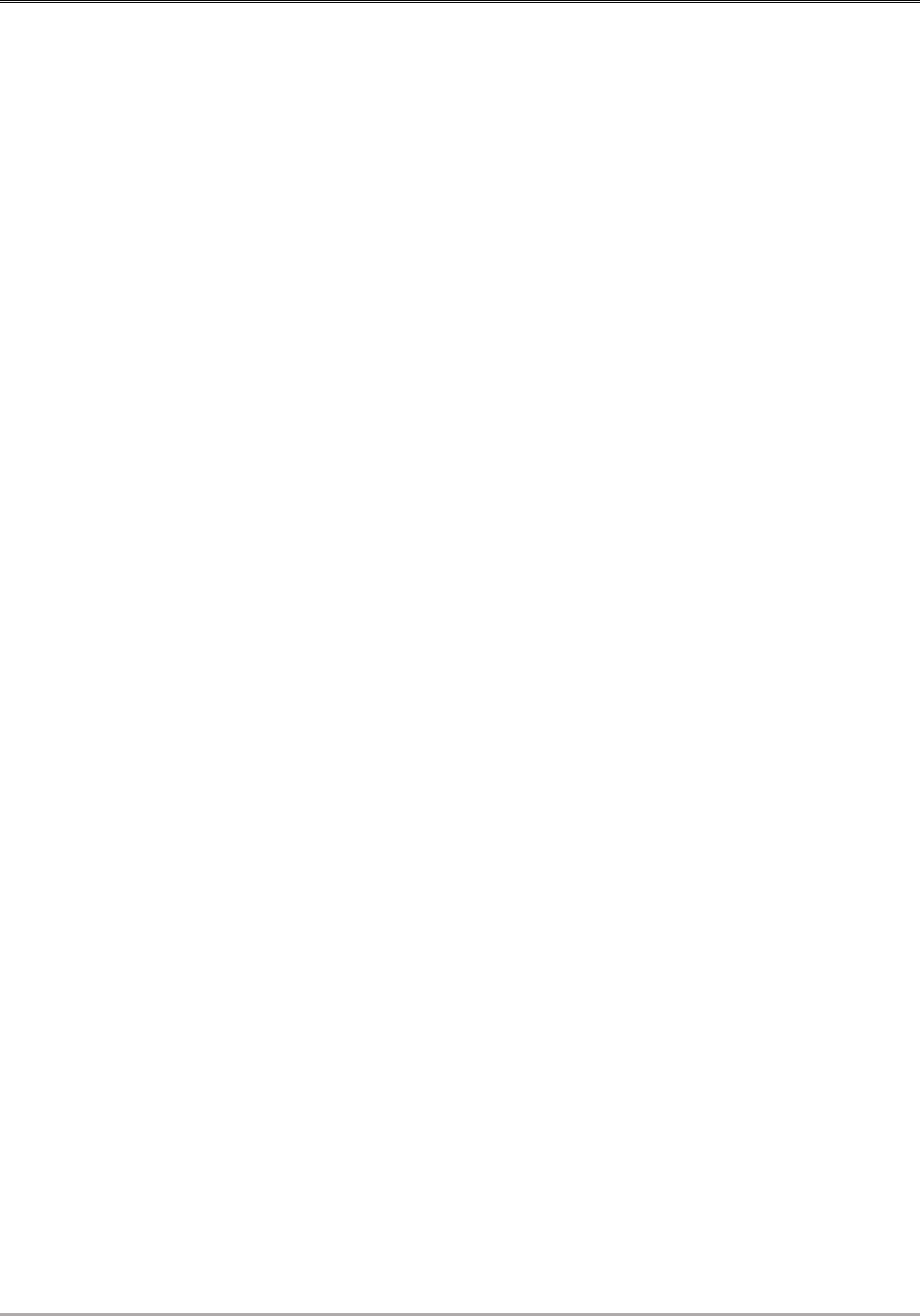
Columbia-Greene Community College 2023-2024 Catalog
213
emphasis on their application to human form
and function. Topics include cytology,
histology, and the integumentary,
skeletomuscular, and neurological systems.
The laboratory consists of an organized study
of the body, including some dissection, the
use of human and other mammalian organs
and anatomical models, and the use of
appropriate anatomy and physiology
software. Evaluation is based on testing and
laboratory work. NOTE: Repeat of BI 205.
Prerequisite: A minimum score of 80% in
Regents-level Chemistry taken within the last
five years, OR AP Biology with a score of
three or better taken within the last five years,
OR any college-level Biology or Chemistry
lab science course with a grade of C or better
taken within the last five years, OR holding a
current license in a health field (for example:
LPN, Paramedic, EMT, MT, OT, PT,
Dietician), OR a score of 75 or better on the
College science placement exam. (3 lecture
hours/3 lab hours) (4 semester hours)
Fall/Spring
This course fulfills the SUNY General
Education requirements for Natural Sciences
(and Scientific Reasoning).
BI 131 – Anatomy and Physiology II
Emphasizes more advanced physiological
concepts and homeostasis. Laboratory topics
involve some in-depth dissection of specific
organs and organ systems along with
extensive use of anatomical models and the
use of anatomy and physiology software.
Evaluation is based on testing and laboratory
work. NOTE: Repeat of BI 206. Prerequisite:
BI 130 with a grade of C or better. (3 lecture
hours/3 lab hours) (4 semester hours)
Fall/Spring
BI 210 – General Microbiology
Studies the fundamentals of microbiology.
Emphasis is placed on the significance of
microorganisms as well as societal diseases
and the role of bacteria in infection, immunity,
and the host-resistance mechanism of the
body. Serology and diagnostic procedures will
also be discussed. Laboratory will involve the
identification, isolation, and proper handling
of bacteria. Prerequisite: BI 101 or BI 130
with a grade of C or better. (3 lecture hours/3
lab hours) (4 semester hours) Fall/Spring
BUSINESS
BU 103 – Foundations of Business
A foundation course for students in the
Department of Business. Organizations are
examined as they relate to the economic
system. Included are topics such as
supervision, marketing, finance, production,
employee regulations, international business,
and union-management relations. Theoretical
principles of management and organization
are also covered. (3 semester hours)
Fall/Spring
BU 104 – Human Resource Management
A study of the sociological problems in
organizations, including topics such as
supervision, labor relations, motivation,
delegation, communications, decision-
making techniques, and a review of policies
and legislation affecting labor/management
relations. (3 semester hours) Fall
BU 105 – Business Communications
Instruction and practice in written and oral
business communication. Emphasis is placed
on effectively writing specific types of
business letters. Role playing and small group
evaluation techniques may be used.
Techniques for finding and applying for
employment are presented. Students will have
to make several oral presentations on both
business and non-business topics. The
fundamentals of word usage and sentence
structure are reviewed. NOTE: Keyboarding
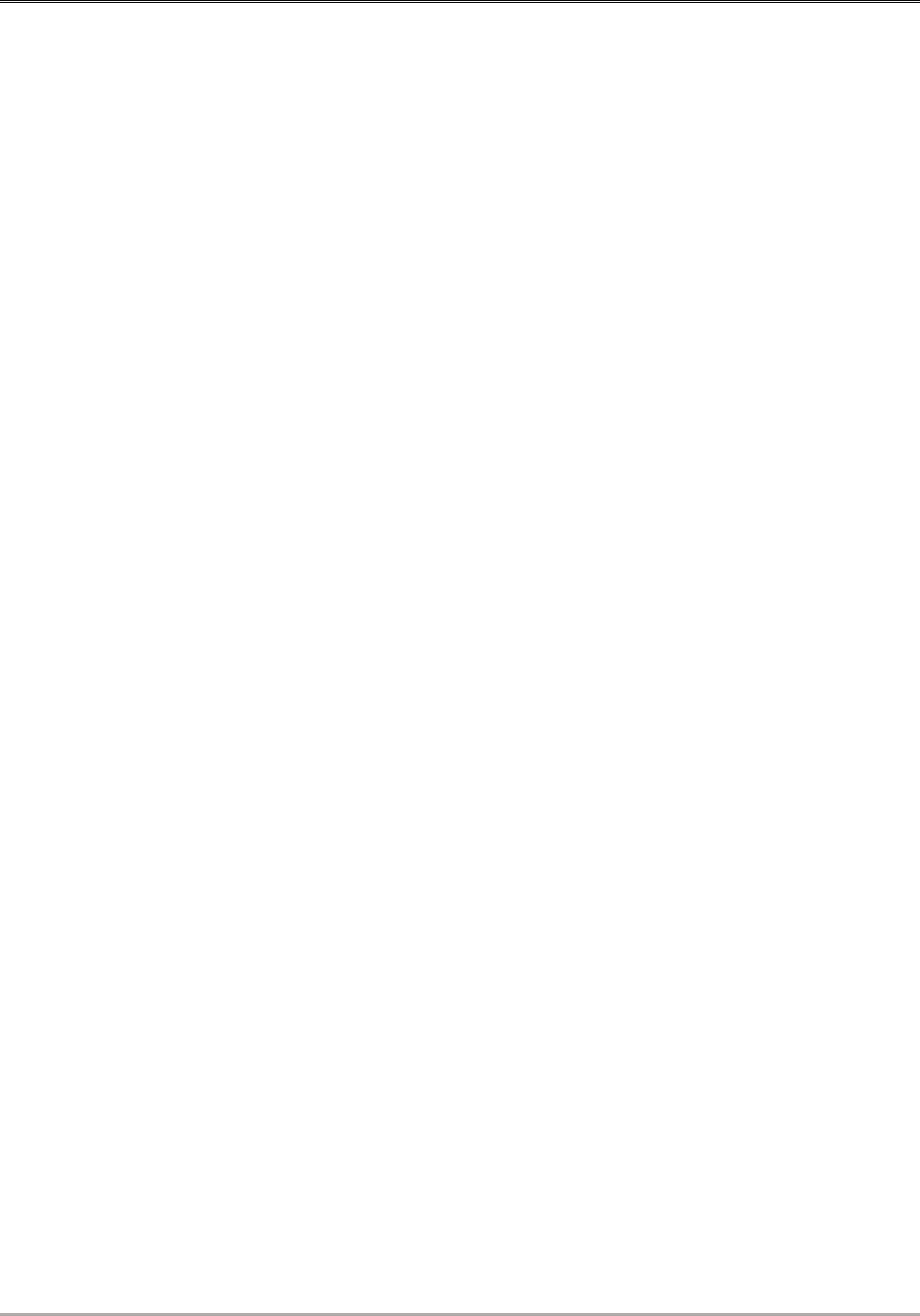
Columbia-Greene Community College 2023-2024 Catalog
214
skills are required. (3 semester hours)
Fall/Spring
This course fulfills the SUNY General
Education requirements for Communication –
Written and Oral.
BU 107 – Business Law I
Studies the fundamentals of legal liability and
growth of our legal institutions, the principles
of law and contracts, personal property and
bailments, and sales. (3 semester hours)
Fall/Spring
BU 108 – Business Law II
Topics include commercial paper, agency and
employment, partnerships, corporations, real
property and the environment, estates, and
bankruptcy. Prerequisite: BU 107. (3 semester
hours) E/O Spring
BU 113 – Entrepreneurship
Provides the foundation for entrepreneurs to
start and build a successful business
enterprise, acquire and continue an existing
business, or to acquire a franchise operation.
Key topics include developing a business
plan, legal structures of business
organizations, site location, financing,
marketing, pricing, promotional, and growth
strategies for the small business owner or
manager. The psychology of entrepreneurs
and their role in American business will also
be discussed. (3 semester hours) Spring
BU 150 – Financial Planning
This course will emphasize managing
personal finances. Topics will include
financial planning, tax planning, asset
management, the role of open credit,
consumer loans, insurance, managing
investments, and estate planning. (3 semester
hours) Fall
BU 170 – Introduction to the Cannabis
Industry
This course introduces students to all sectors
of the cannabis industry production and
supply chain. Students will learn and analyze
key operational definitions, economic
considerations and regulatory issues affecting
each sector, as well as resource opportunities,
challenges and best practices. Upon
completion of the course, students will have a
foundational knowledge of this unique
industry from the cultivation stage through to
final retail sale. (3 semester hours) Fall/Spring
BU 172 – Cannabis Retail Operations and
Sales
This course prepares students for work in the
cannabis retail industry. The content focuses
on specific knowledge and skill sets to work
at dispensaries, including: basic supply chain
information specific to the cannabis industry;
basic marketing and sales techniques and how
they are applied in the cannabis industry;
various medical uses of cannabis and the
effects on the endocannabinoid system as they
apply to the sale of cannabis to potential
customers. Includes New York State
Responsible Vendor Training certification. (3
semester hours) Fall/Spring
BU 203 – International Business
International business is a dynamic force for
change in the modern world. Students will
examine the opportunities as well as the
challenges of conducting business in the
global arena. Students will become familiar
with the concepts and practices of
international business, including cultural,
political, economic, and legal aspects.
Students will also learn about international
business operations, trading partners, and
trading blocs. Prerequisite: BU 103. (3
semester hours) Spring
BU 209 – Business Professional
Development
This course provides students an opportunity
to integrate their learning from previous
courses into an applied learning experience.
Students will evaluate their career readiness,
build workplace and teamwork skills, and
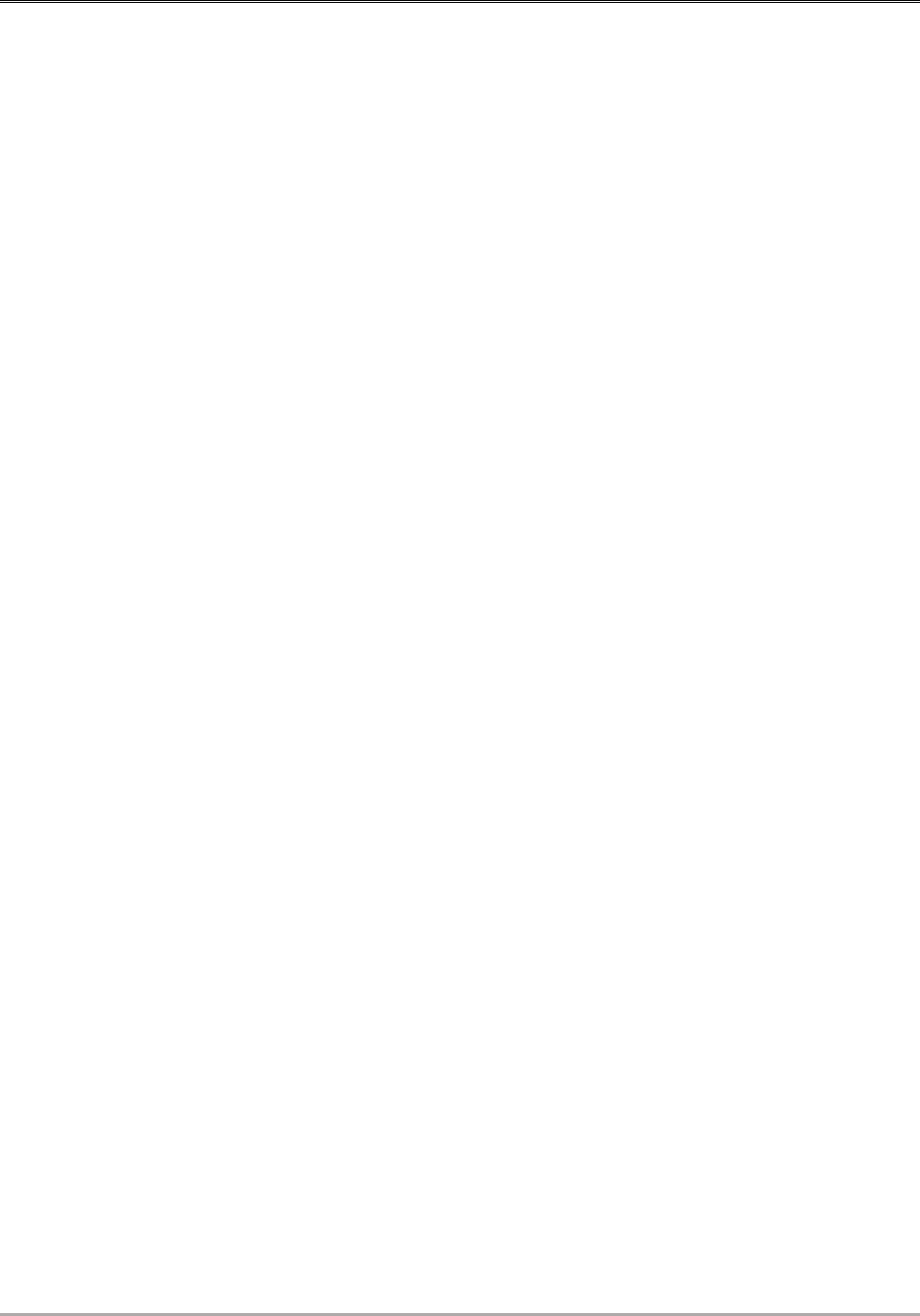
Columbia-Greene Community College 2023-2024 Catalog
215
learn to document work in a professionally
appropriate manner. Class culminates in an
Applied Learning Action Plan which will be
implemented for a business or community
organization. (3 semester hours) Fall/Spring
BU 211 – Business Experience Internship
On-the-job experience in various phases of
business, with emphasis on student’s major
area of preparation. Students will maintain
daily logs and prepare reports that are
integrated with their employment. Students
must complete 135 hours of work during the
semester to earn 3 semester hours. Grading is
Satisfactory (S) or Unsatisfactory (U).
Prerequisite: Permission of instructor
required. Must be in good academic standing
with a minimum GPA of 2.5 and a minimum
of 12 semester hours completed. (3 semester
hours) Fall/Spring
BU 220 – Business Ethics
This course examines the role of ethics in the
business world, paying particular attention to
decision-making processes. Students will
examine dilemmas common to employees and
leaders including issues of: education and
training, hiring and continued employment,
diversity and inclusion, and legal
responsibilities. Prerequisite: BU 103 (3
semester hours) E/O Spring
This course fulfills the SUNY General
Education requirements for Diversity: Equity,
Inclusion, and Social Justice.
BU 230 – Management
Management theory, the nature of
management, the traditional functions of
management – planning, organizing, staffing,
directing, and controlling; the decision-
making process, delegation, leadership styles
and theories, and motivational theories will be
covered. Prerequisite: BU 103 or permission
of instructor. (3 semester hours) Spring
CHEMICAL DEPENDENCY
CD 208 – Chemical Dependency and
Addiction
A survey of the current theories of chemical
dependency and addiction; including current
biological, psychological and social theories
of chemical dependency and addiction that
inform our current treatment approaches:
including a review and analysis of historical
and contemporary chemical dependency and
addiction treatment modalities. Prerequisite:
PY 101 (3 semester hours) Fall/Spring
COLLEGE EXPERIENCE
CE 101 – College Experience
Students will explore the role of higher
education in their personal and professional
development. Students will be introduced to
various strategies and thought processes that
will maximize their time in college. In order
to acclimate students to the academic
environment, reflective writing, student
projects and activities, along with guest
speakers will be incorporated into the learning
environment to demystify the process of
higher education. NOTE: Repeat of FS 101. (1
semester hour) Fall/Spring/Summer
CHEMISTRY
CH 101 – General Chemistry I
A comprehensive introduction to chemical
theories. Major topics include dimensional
analysis, atomic structure, chemical formulas,
names and equations, stoichiometry, ideal gas
laws, periodic properties of elements,
chemical bonding, and molecular geometry.
NOTE: The CH 101/CH 102 sequence is
intended for students majoring in scientific
and technical fields. Students planning to take
both CH 101 and CH 102 should register for
the fall section of CH 101. Prerequisite: High
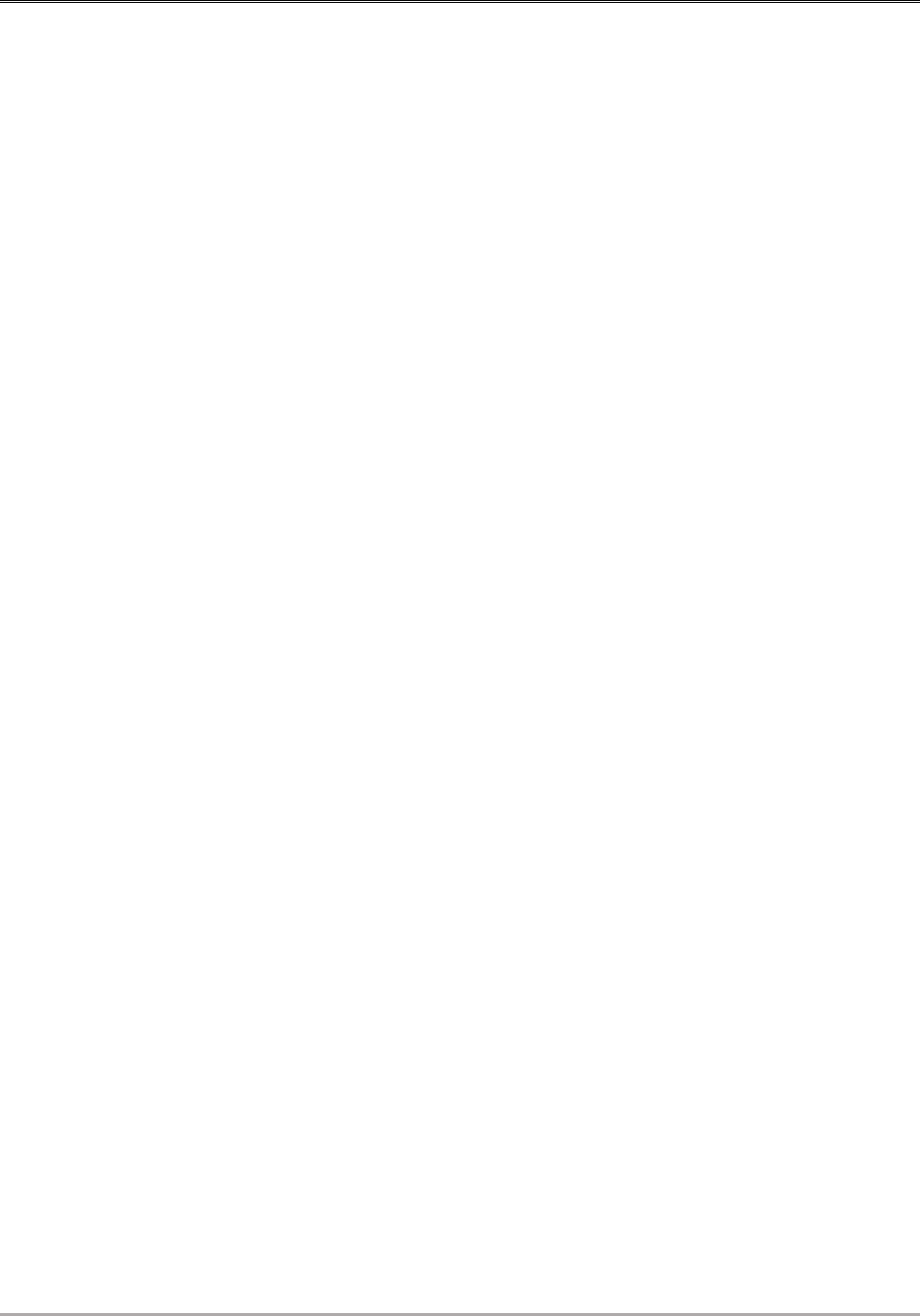
Columbia-Greene Community College 2023-2024 Catalog
216
school Algebra II/Trigonometry (third math
class in high school) with a grade of 75% or
better or Prerequisite/Co-requisite: MA 110.
High school chemistry is recommended (3
lecture hours/3 lab hours) (4 semester hours)
Fall/Spring
This course fulfills the SUNY General
Education requirements for Natural Sciences
(and Scientific Reasoning).
CH 102 – General Chemistry II
A continuation of General Chemistry with
emphasis on systems at equilibrium. Major
topics include properties of solid, liquid, and
gaseous matter, phase changes, solution
characteristics, chemical kinetics, chemical
equilibrium, acid-base equilibria,
thermodynamics, and electrochemistry.
Prerequisite: CH 101 with a grade of C or
better. (3 lecture hours/3 lab hours) (4
semester hours) Spring
This course fulfills the SUNY General
Education requirements for Natural Sciences
(and Scientific Reasoning).
CH 121 – The Chemistry of Food, Drugs
and Behavior
This course will explore the chemical
composition of ingested compounds and their
effects on the human body. This course will
cover the major macromolecules
(carbohydrates, nucleic acids, proteins, and
lipids) of living things and the basic chemistry
of vitamins, minerals, and food additives. This
course will also cover common drugs
(depressants, stimulants, opioids, and
hallucinogens) and their effects on the body.
The goal of this course is to encourage a
lifelong interest in chemistry and its relevance
to everyday life. (3 semester hours) Spring
This course fulfills the SUNY General
Education requirements for Natural Sciences
(and Scientific Reasoning).
CH 201 – Organic Chemistry I
A study of organic compounds.
Nomenclature, bonding, structure,
stereochemistry, and reaction mechanisms
with emphasis on substitution and elimination
reactions are presented. Alkanes, alkyl
halides, alkenes, alcohols, and basics of
spectroscopy are studied. Prerequisite: CH
102 with a grade of C or better. (3 lecture
hours/3 lab hours) (4 semester hours) Special
Rotation
CH 202 – Organic Chemistry II
A continuation of Organic Chemistry with a
focus on structure and reactions of alcohols,
aldehydes, ketones, conjugated and aromatic
compounds, carboxylic acids and derivatives,
amines, and alpha-carbon chemistry. Organic
synthesis and spectroscopic techniques will be
presented. Prerequisite: CH 201 with a grade
of C or better. (3 lecture hours/3 lab hours) (4
semester hours) Offered by special rotation.
CONSTRUCTION TECHNOLOGY
CC 101 – Introduction to Construction
Carpentry/Historic Preservation
An entry-level course for students interested
in the building trades. This class covers
beginning elements of construction used to
complete, repair, and/or restore a residential
structure. Topics included in this course are:
demolition, framing, roofing, doors and
windows, hardware, insulation, interior trim,
and the basics of construction contracting. An
introduction to preservation with an emphasis
on historic restoration techniques will be
covered where appropriate. The student will
learn to operate common construction tools
(power saws, electric drills, hammers, levels,
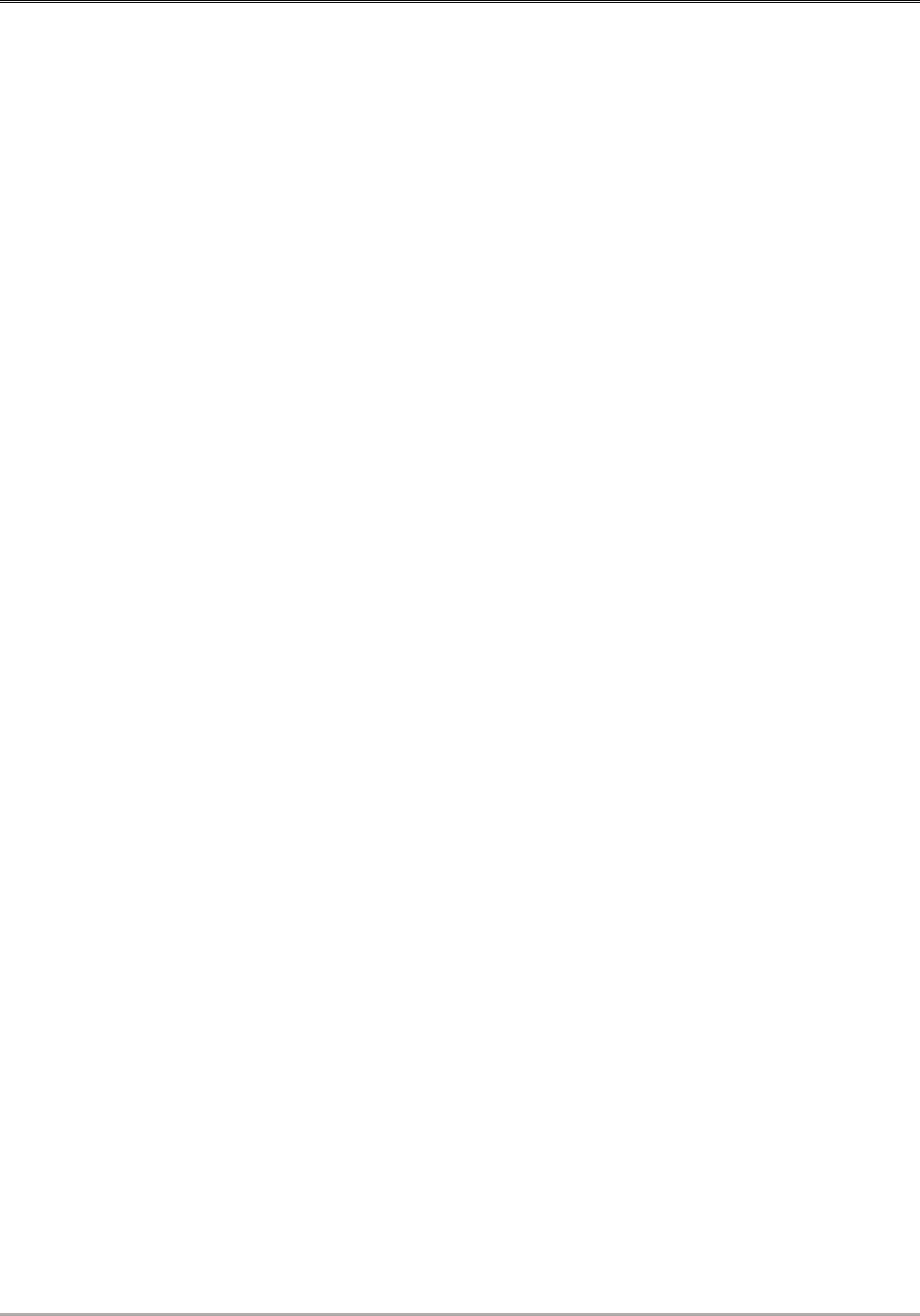
Columbia-Greene Community College 2023-2024 Catalog
217
and staple and nail guns) complying with
OSHA and EPA health and safety standards.
Completing the OSHA 10-hour training
course for construction is a required
component of the course. NOTE: With the
exception of CC 103, Construction Carpentry
(CC) courses are open only to students
accepted and enrolled in the Construction
Technology/Preservation Carpentry Certificate
Program. (2 lecture hours/3 lab hours) (3
semester hours) Fall
CC 103 – Construction Drawing and
Blueprint Reading
This course is designed to introduce students
to concepts, practices, standards and drafting
techniques needed to both read and create
architectural drawings in the construction
industry. It focuses on the organization of
drawings, reading floor plans and elevations
drawings, symbols and notations, scaling and
dimensioning practices, and materials of
construction. Students will learn how to
develop “shop drawings” from architectural
drawings, extrapolate information from
architects’ drawings, and create the necessary
construction details needed to execute the
design and build the project as they would in
a job-site situation. Both hand drawing and
computer assisted drawing methods will be
explored. (3 semester hours) Fall
CC 105 – Building Layout and Framing
A study of the sequential framing techniques
used to build a residential home. Instruction
on conventional floor, wall and roof systems
common to wood frame construction are the
main components of the course, with an
introduction to steel stud and traditional
timber frame methodology. Other topics
include: math to solve construction problems,
identification of building components, basic
site and building layout, fundamentals of site
work, and understanding the construction
process. Safe work practices and the use,
maintenance and selection of tools and
equipment is integrated throughout the course.
NOTE: With the exception of CC 103,
Construction Carpentry (CC) courses are open
only to students accepted and enrolled in the
Construction Technology/Preservation Carpentry
Certificate Program. Prerequisite/Corequisite:
CC 101. (2 lecture hours/6 lab hours) (4
semester hours) Fall
CC 107 – Exterior Building Envelope and
Finish
A study of the exterior finish materials and
techniques for residential buildings. The
major topics include windows and doors,
roofing, siding, decks, and gutter installation.
Historic restoration principles will be covered
when appropriate. Special attention will be
given to historic window repair and
restoration. NOTE: With the exception of CC
103, Construction Carpentry (CC) courses are
open only to students accepted and enrolled in
the Construction Technology/Preservation
Carpentry Certificate Program. (2 lecture
hours/6 lab hours) (4 semester hours) Fall
CC 109 – Introduction to Mechanicals,
Electrical, Plumbing and HVAC
A course that allows students to develop a
basic understanding of electrical wiring,
residential plumbing, Heating Ventilation and
Air Conditioning, and other electro-
mechanical systems common to light
construction. The electrical component of this
course concentrates on residential application
of codes, practices, terminology and
equipment. The plumbing component will
involve learning water supply and
distribution, drain, waste and vent systems.
General plumbing installation, maintenance
and repair will also be covered. Electrical and
plumbing safety and use of power and hand
tools will be integrated throughout the course.
Hands-on lab time will reinforce lecture and
reading assignments. NOTE: With the
exception of CC 103, Construction Carpentry
(CC) courses are open only to students accepted
and enrolled in the Construction
Technology/Preservation Carpentry Certificate
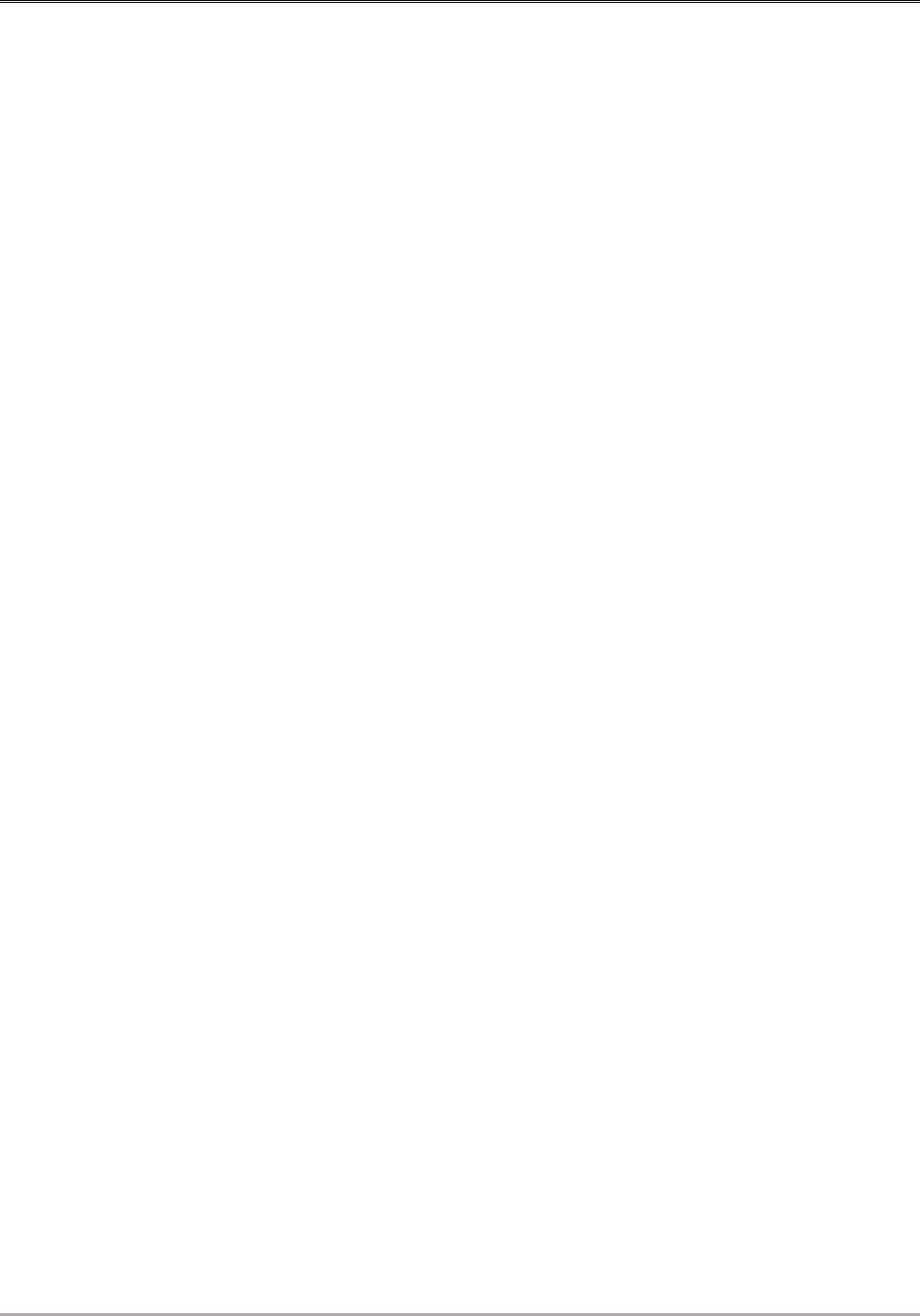
Columbia-Greene Community College 2023-2024 Catalog
218
Program. (2 lecture hour/6 lab hours) (4
semester hours) Spring
CC 111 – Interior Finish Basic
Interior finish is the study and practice of the
common materials and procedures used for
finishing the interior of residential housing.
Students will participate in lecture and lab
activities that include techniques and best
practices for hanging drywall, compound and
taping, interior molding and trim work,
modern and reproduction floor and ceiling
finishes, and materials estimating. Safety
procedures, proper use of hand and power
tools, and specific math calculations will be
integrated throughout the class. NOTE: With
the exception of CC 103, Construction Carpentry
(CC) courses are open only to students accepted
and enrolled in the Construction
Technology/Preservation Carpentry Certificate
Program. Prerequisites: CC 101 and CC 105.
(2 lecture hours/3 lab hours) (3 semester
hours) Spring
CC 114 – Interior Finish Intermediate
Students learn about stair layout, stair
components and assembly, hanging interior
doors, advanced molding techniques,
interpreting kitchen and bath drawings, and
installation of manufactured cabinetry.
Students will also learn to evaluate countertop
materials and perform entry level fabrication
and installation. Basic math, historic features,
safety procedures, and proper use and
maintenance of both hand and power tools are
integrated throughout the course. NOTE: With
the exception of CC 103, Construction Carpentry
(CC) courses are open only to students accepted
and enrolled in the Construction
Technology/Preservation Carpentry Certificate
Program. Prerequisites: CC 101 and CC 105.
(2 lecture hours/3 lab hours) (3 semester
hours) Spring
CC 116 – Building Codes and Regulations
Explores codes, regulations and specifications
governing construction of residential and
historic buildings. Students learn to locate and
interpret technical information available from
the NYS Building Code, County Zoning
Regulations, local governments, and product
literature. Concepts of building science and
the engineering principles foundational to
code development will be conveyed, along
with an overview of construction labor
regulation. Following classroom review and
discussion, students will be evaluated on their
ability to comply with rules and regulations
during a simulated building construction
project. NOTE: With the exception of CC
103, Construction Carpentry (CC) courses are
open only to students accepted and enrolled in
the Construction Technology/Preservation
Carpentry Certificate Program. (2 semester
hours) Spring
CC 119 – Historic Preservation
An introductory course taught to provide
students with an overview of 18th, 19th, and
early 20th century residential architecture and
the societal case for historic building
preservation. Through lectures,
demonstrations and site visits, students are
exposed to a range of construction,
preservation and restoration methods,
including stabilizing endangered buildings,
and preserving and recovering architectural
details. Students develop an understanding of
building components and systems and learn to
compare current technology with traditional
tools and practices. NOTE: With the
exception of CC 103, Construction Carpentry
(CC) courses are open only to students
accepted and enrolled in the Construction
Technology/Preservation Carpentry Certificate
Program. Prerequisites: CC 101 and CC 105.
(2 lecture hours/3 lab hours) (3 semester
hours) Spring
CC 124 – Construction Technology
Internship
This capstone course provides opportunities
for students to apply knowledge, aptitude and
skills that were learned in previous
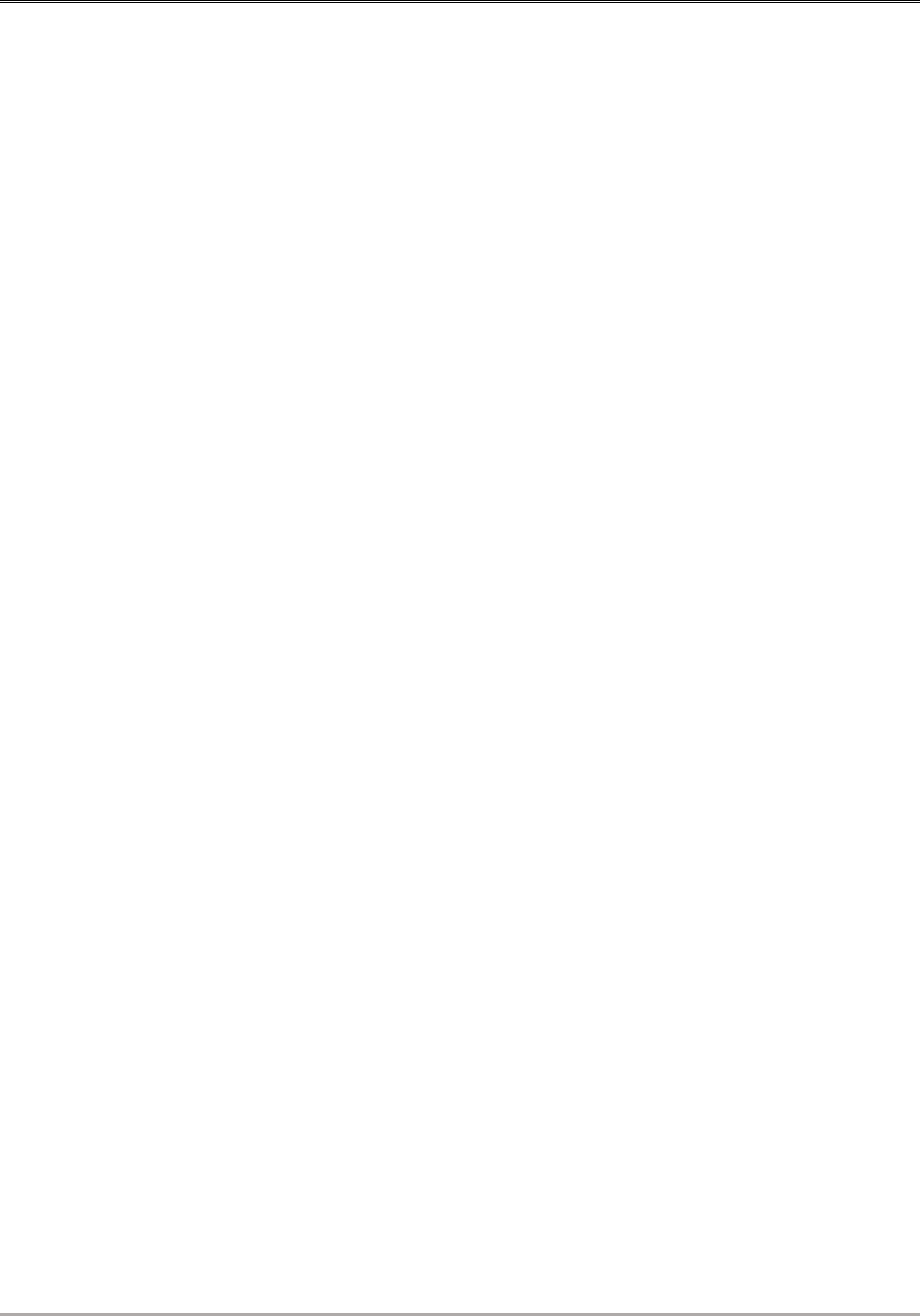
Columbia-Greene Community College 2023-2024 Catalog
219
coursework in a more comprehensive and
authentic way. Under supervision of the
college and through community partnerships,
students will be involved in new site
construction and/or repairs, and the
rehabilitation of existing and historic
buildings. Site location and project will be
determined by current opportunities available
and, when possible, by student preference.
Grading for this 145-hour course is
Satisfactory (S) or Unsatisfactory (U). NOTE:
With the exception of CC 103, Construction
Carpentry (CC) courses are open only to students
accepted and enrolled in the Construction
Technology/Preservation Carpentry Certificate
Program. Prerequisite: Completion of all
coursework of CC certificate program. (3
semester hours) Summer
CRIMINAL JUSTICE
CJ 102 – Introduction to Criminal Justice
An overview of the United States criminal
justice system designed to present the
introductory student with a basic
understanding of both the theoretical and the
practical aspects of, as well as the
interrelationship between, law enforcement,
the courts, and corrections. Topics to be
covered include: criminal law; types of and
measurement of crime; the conflict between
crime control and due process; police history,
development, organization and training; state
and federal court systems; history and role of
corrections and a brief overview of the
changing juvenile justice system. (3 semester
hours) Fall/Spring
CJ 110 – Ethics for Criminal Justice
This course is designed to challenge students
to consider their professional ethical
responsibilities when faced with dilemmas in
the areas of policing, the courts, and
corrections. Students will be introduced to
ethical theory and required to apply ethical
decision-making in a variety of contexts to
address contemporary issues in the criminal
justice system. (3 semester hours) Fall
CJ 114 – Corrections: Institutional and
Community
This course will introduce the student to the
correctional systems used in the United States,
the ideological and historical roots of
corrections as well as sanctions used within
the community (probation, parole,
intermediate sanctions) and those within
institutions (jails, prisons, women’s facilities,
juvenile facilities, death penalty). Discussions
on the different incarceration categories such
as minimum, medium, maximum and “super
max” facilities, constitutional rights of
offenders and the role of the correctional
worker, is included. (3 semester hours) Spring
CJ 115 – American Policing
This course is designed to familiarize students
with the history, responsibilities, functions
and organization of policing in the United
States. The legal and procedural restraints
upon the practices of the police in a free
society are emphasized along with the causes
of police deviance. Traditional processes and
procedures are analyzed along with an
examination of contemporary issues affecting
the police. (3 semester hours) Spring
CJ 150 – Terrorism and Homeland
Security
This course examines the historical and
contemporary threat posed by terrorism to the
United States. The causation and organization
of terrorism will be examined along with the
impact of terrorism on intelligence, law
enforcement and homeland security agencies.
An examination of the challenge posed by the
desire to maintain safety and security in a free
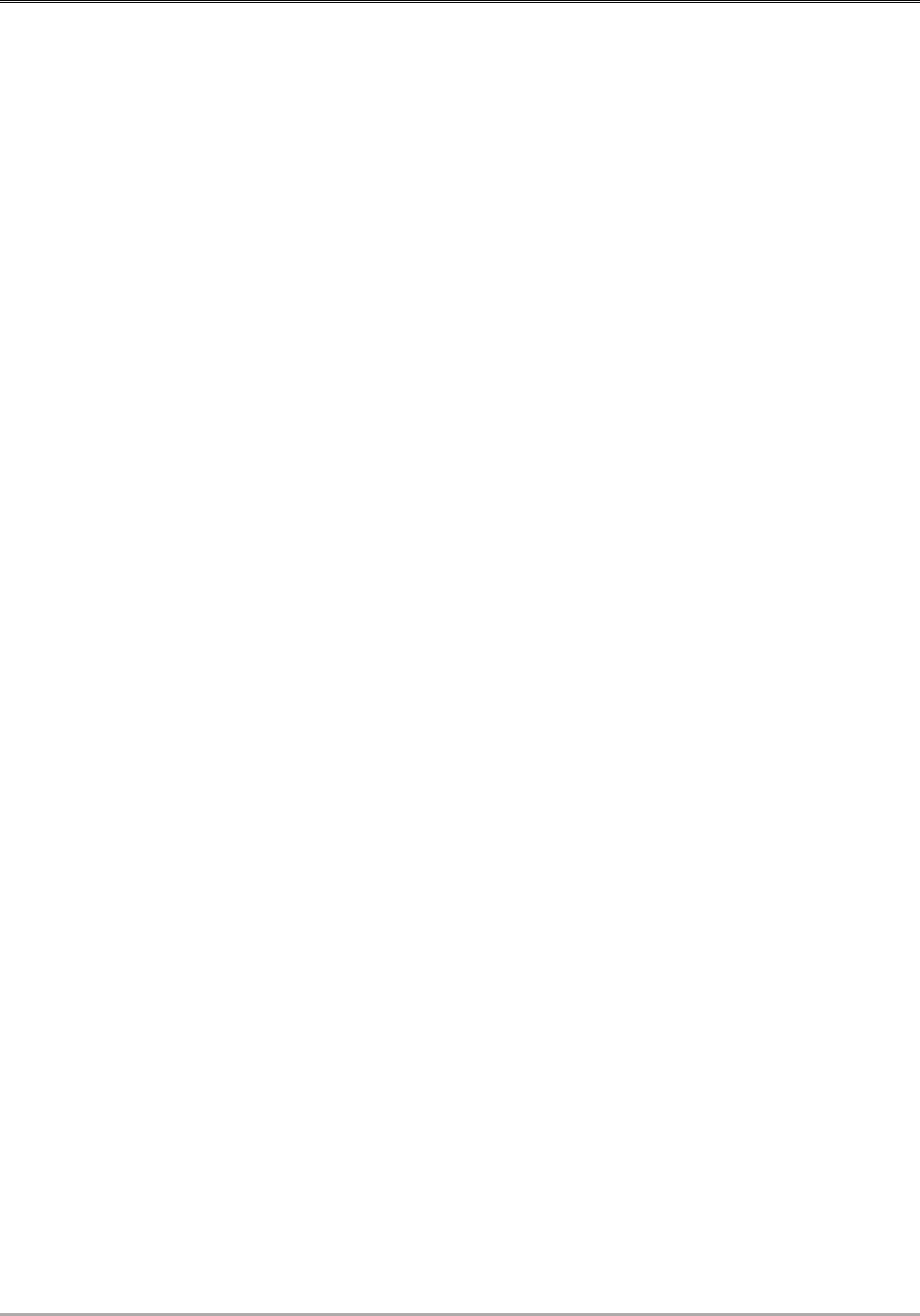
Columbia-Greene Community College 2023-2024 Catalog
220
society while preserving civil liberties will
also be addressed. (3 semester hours) Fall
CJ 160 – Security Operations &
Administration
This course will focus on the role and function
of security operations and administration in
both private and public settings. Internal and
external threats to safety and security will be
examined and possible solutions explored. (3
semester hours) Special Rotation
CJ 204 – Criminal Investigation
An analysis of the nature and purpose of
criminal investigation. Discussion will
include various methods of investigation, the
interview and interrogation of witnesses and
suspects, collection and preservation of
evidence, use of informants, techniques of
surveillance, and documentation of
investigative activities. NOTE: This course is
a repeat of CJ 104. Prerequisite: CJ 102 or CJ
115. (3 semester hours) Spring
CJ 211 – Substantive Criminal Law
Studies the law of crimes, including the scope,
purpose, definitions, and classifications of
criminal acts. In addition to surveying the
history and philosophy of criminal law,
significant time will be devoted to the study
and analysis of offenses against the person,
offenses against property, aspects of criminal
liability, jurisdiction, and criminal defenses
such as justification, necessity, entrapment
and insanity. NOTE: Repeat of CJ 111.
Prerequisite: CJ 102. (3 semester hours) Fall
CJ 212 – Procedural Criminal Law
An examination of the Law of Criminal
Procedure and the constitutional limitations
placed on those charged with the
responsibility of crime control and the
administration of criminal justice in the
United States. Major topics include: the laws
of arrest, search and seizure, confessions,
statements and admissions, trial rights and
civil liabilities of those who deny others their
constitutional rights. Prerequisite: CJ 102. (3
semester hours) Spring
CJ 251 – Criminal Justice Professional
Development
This course is a culmination of the Criminal
Justice student’s academic experience and is
designed to assist students in the transition
from the community college to entry-level
career positions in the criminal justice system.
Students will engage in projects that require
them to think critically about themselves and
reflect on the knowledge gained during their
community college experience. Students will
explore potential career paths and develop
skills to enhance their employment prospects.
This course should be taken during a student’s
final semester of study. Prerequisites: CJ 102,
CJ 114, CJ 115. Corequisite: CJ 211 or CJ 212
(3 semester hours) Fall/Spring
CJ 294 – Criminal Justice Internship
An opportunity for students to participate in a
program of observational and professional
experience with a local criminal justice
agency. Students will prepare reports and
summaries of their activities. Students are also
required to meet with the instructor
throughout the semester. Permission of
instructor is required. Pre-requisites are
available upon request. A minimum of 90
hours at the field study site is required.
Grading is Satisfactory (S) or Unsatisfactory
(U). (2 semester hours) Fall/Spring
CJ 295 – Criminal Justice Internship
An opportunity for students to participate in a
program of observational and professional
experience with a local criminal justice
agency. Students will prepare reports and
summaries of their activities. Students are also
required to meet with the instructor
throughout the semester. Permission of
instructor is required. Pre-requisites are
available upon request. A minimum of 135
hours at the field study site is required.
Grading is Satisfactory (S) or
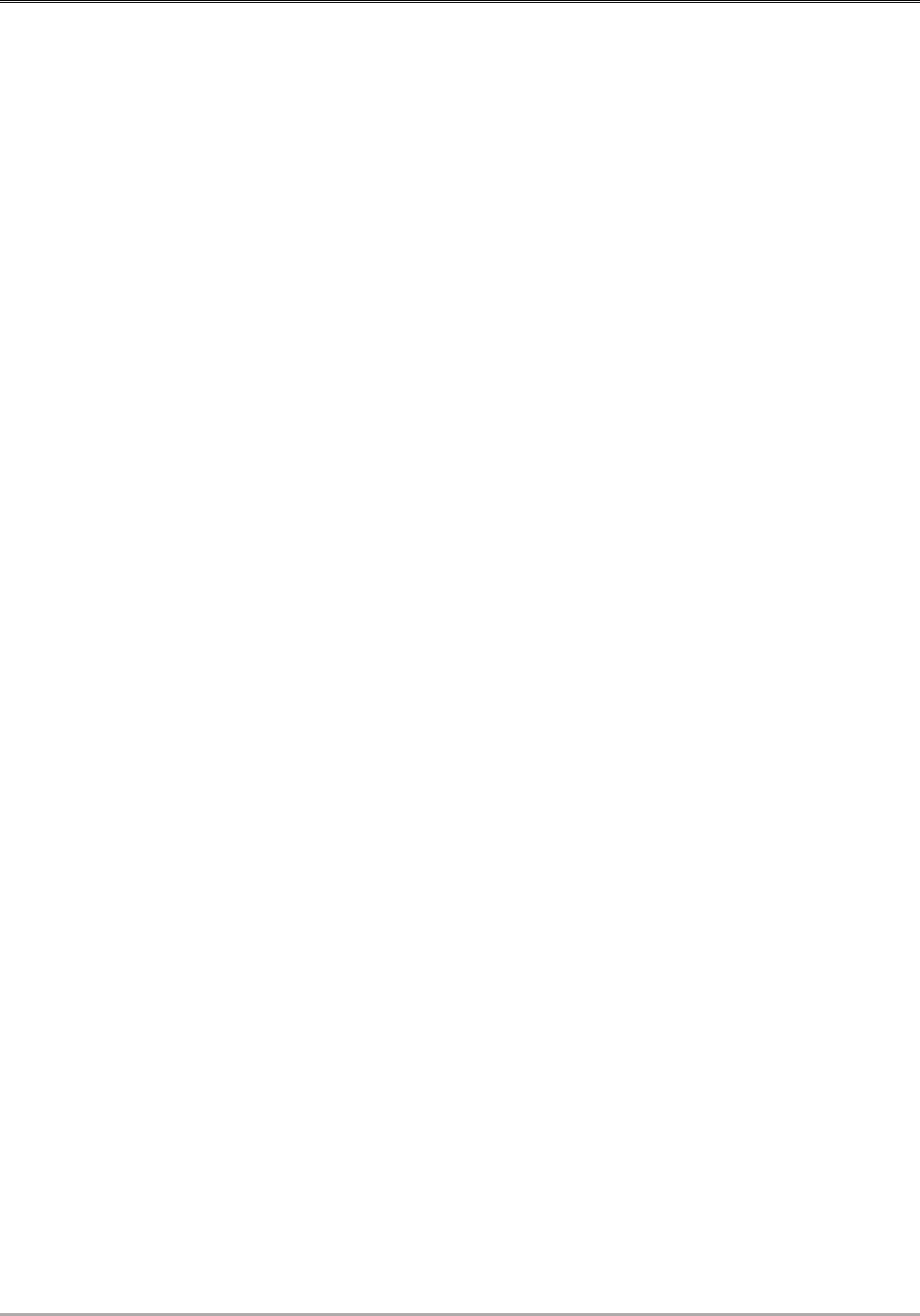
Columbia-Greene Community College 2023-2024 Catalog
221
Unsatisfactory(U). (3 semester hours)
Fall/Spring
CJ 298 – National Criminal Justice Study
An opportunity for students to learn about and
participate in a program of criminal justice on
a national and local level in the District of
Columbia metropolitan area, including
Virginia and Maryland. The inception,
history, and current method of operation of
selected federal and local agencies will be
examined. NOTE: Trip costs are borne by
each student and include a course fee of $300
to cover expenses related to the trip. Repeat of
CJ 297. Prerequisite: Students must have
successfully completed six credits of
coursework in Criminal Justice. SO 207
(Criminology) and SO 209 (Juvenile
Delinquency) will also satisfy the coursework
requirement. Permission of the instructor is
required. (1 semester hour) Special Rotation
COMMUNICATIONS
CO 102 – Interpersonal Communication
This is an introductory course that blends
research and theory to help students build
effective interpersonal communication skills.
The course explores such basic topics as self-
concept and self-disclosure, listening, verbal
and non-verbal messages, perception,
emotions, and conflict management. Other
communications topics include sex and
gender roles, cultural differences, power and
relationships, and communication ethics. (3
semester hours) Fall/Spring
This course fulfills the SUNY General
Education requirements for Humanities.
CO 104 – Public Communication
Strategies and techniques for making
informative and persuasive public
presentations. Topics include audience
analysis, issue framing, patterns of
development, visual aids, and oral delivery.
Classroom instruction emphasizes
presentations based on simulated situations in
public forums, panel discussions, symposia,
briefings, and debates. (3 semester hours)
Spring
CO 106 – Introduction to Film
This course will familiarize students with the
different artistic elements of cinema,
including cinematography, editing, music and
sound, and screenwriting. These elements of
film will be discussed and viewed in a mix of
clips and full-length films. (3 semester hours)
Spring
CO 120 – Foundations of Contemporary
Communication
This course will explore the foundations of
human communication in social and personal
interactions and examine the ways in which
digital channels influence both the sending
and receiving of messages. Content will focus
on the definition and analysis of rhetoric and
presentation; media literacy; cultural
orientations; small-group interaction; and
interpersonal skills such as listening,
language, and non-verbal communication.
Assignments will utilize digital platforms, and
are designed to encourage students to become
more perceptive, aware, and confident
communicators in any computer mediated
setting. (3 semester hours) Fall
CO 122 – Social Media for Professional
Use
This online course will introduce students to
various forms of social media, and teach them
how to use these platforms appropriately and
strategically for commercial and professional
applications. Subject matter will focus on
writing and visual content, but will also
include usability, organization, credibility,
and other skills necessary to connect with a
prospective user. Students will be expected to
apply their knowledge through participation
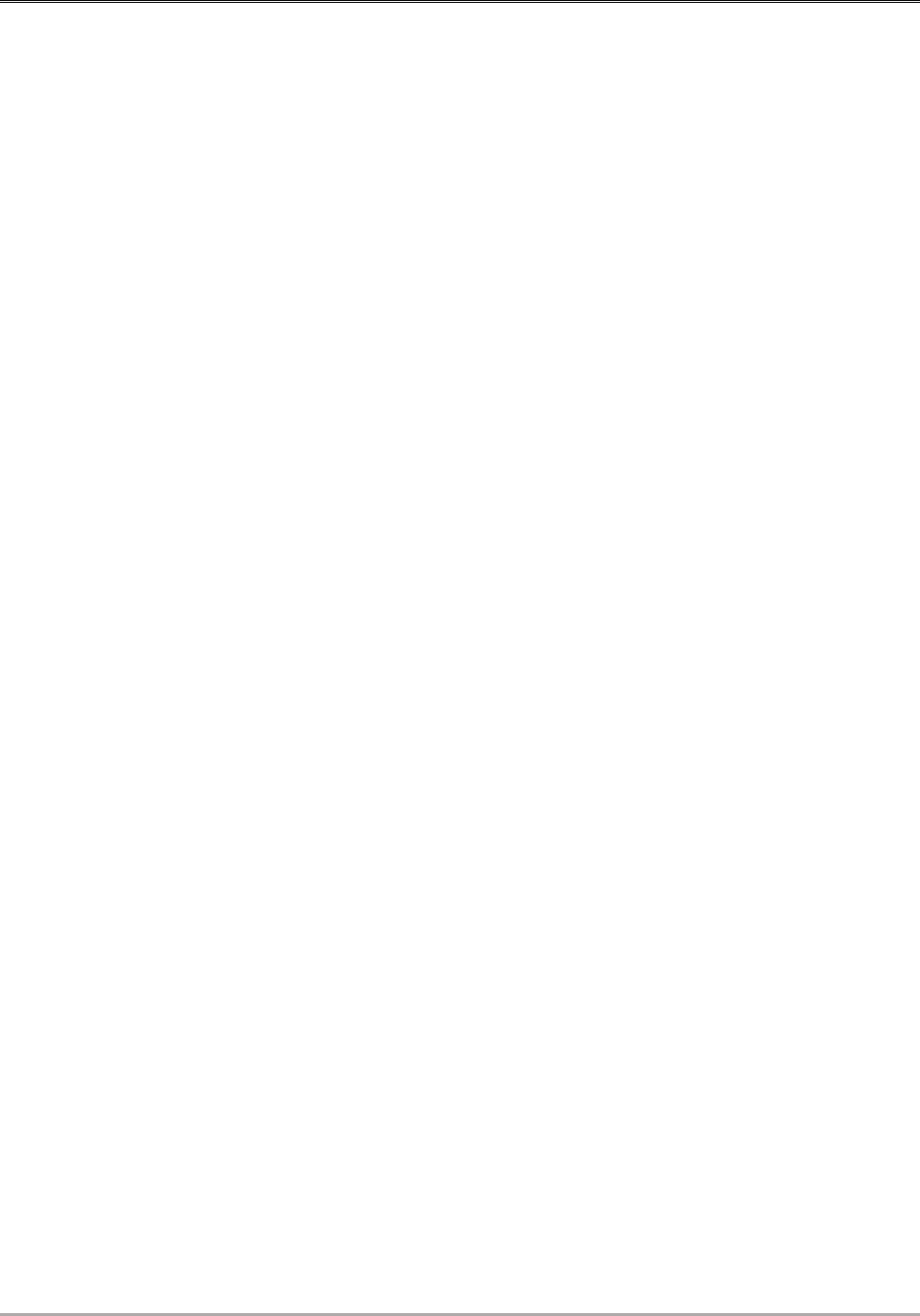
Columbia-Greene Community College 2023-2024 Catalog
222
on different digital platforms and interactive
class projects. (3 semester hours) Fall
CO 205 – Intercultural Communication
This is an introductory course that studies the
nature of intercultural communication.
Topics such as cultural communication
contexts, cultural variables and values, and
subcultures will all be discussed. By the end
of the semester, students are expected to be
more perceptive, aware, and confident
communicators, both within their own culture
and others. Prerequisite: EN 101 (3 semester
hours) Fall/Spring
This course fulfills the SUNY General
Education requirements for Diversity: Equity,
Inclusion, and Social Justice.
CO 207 – Media and Society
This course explores the many relationships
between media and contemporary society.
Topics include the effects of media on human
behavior, media ethics, media content,
specific media industries operations, the
convergence of media technologies, political
uses and abuses of media, advertising
practices, and media law. NOTE: Repeat of
CO 103. Prerequisite: EN 101. (3 semester
hours) Spring
This course fulfills the SUNY General
Education requirements for Humanities.
CAREER PLANNING
CP 101 – Job Search Preparation
A comprehensive job search strategies course
including skills assessment, targeted resume
and cover letter development, networking,
interviewing techniques, effective use of
internet resources, and developing an
effective job search plan. (1 semester hour)
Spring
CP 112 – Career Experience Internship
Provides students with directed exposure to an
actual job situation. Students will be placed in
a work site for 90 hours of fieldwork that will
provide exposure to a career of interest to the
student. Grading is Satisfactory (S) or
Unsatisfactory (U). Prerequisite: Permission
of instructor required. Must be in good
academic standing with a minimum GPA of
2.5 and a minimum of 12 semester hours
completed. (2 semester hours) Fall/Spring
CP 113 – Career Experience Internship
Provides students with directed exposure to an
actual job situation. Students will be placed in
a work site for 45 hours of fieldwork that will
provide exposure to a career of interest to the
student. Grading is Satisfactory (S) or
Unsatisfactory (U). Prerequisite: Permission
of instructor required. Must be in good
academic standing with a minimum GPA of
2.5 and a minimum of 12 semester hours
completed. (1 semester hour) Fall/Spring
CP 114 – Career Experience Internship
Provides students with directed exposure to an
actual job situation. Students will be placed in
a work site for 135 hours of fieldwork that will
provide exposure to a career of interest to the
student. Grading is Satisfactory (S) or
Unsatisfactory (U). Prerequisite: Permission
of instructor required. Must be in good
academic standing with a minimum GPA of
2.5 and a minimum of 12 semester hours
completed. (3 semester hours) Fall/Spring
COMPUTER INFORMATION
CI 105 – Computer Applications
This course examines how to use Windows-
based Microsoft Office to solve problems,
write reports, and present data. Students learn
basic file management, terminology, and
skills related to word processing (Word),
spreadsheets (Excel), and presentation
software (PowerPoint). Programming a
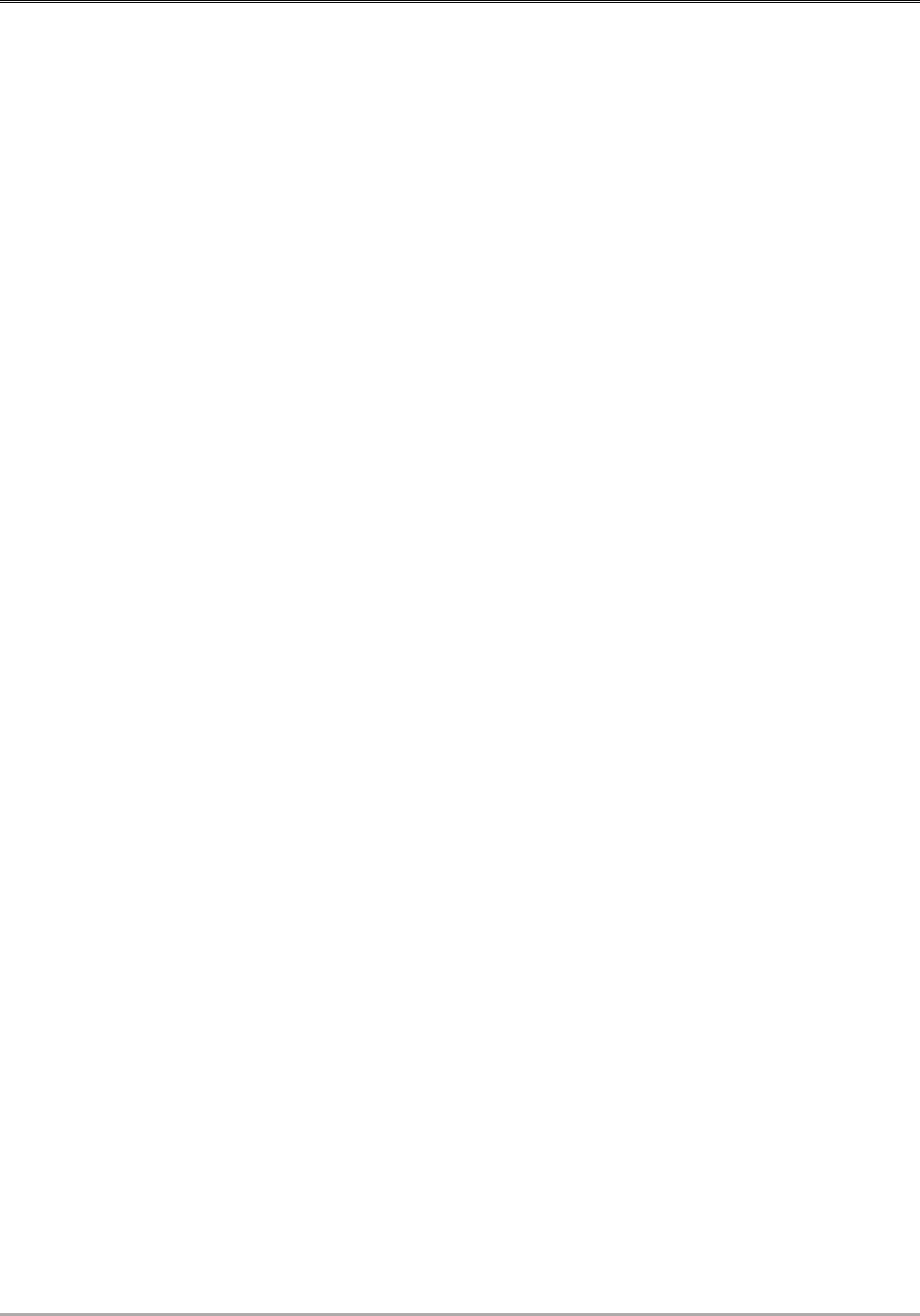
Columbia-Greene Community College 2023-2024 Catalog
223
computer will not be studied. (3 semester
hours) Fall/Spring
CI 141 – Desktop Publishing
Students will use desktop publishing software
to import and manipulate text and graphics to
create brochures, flyers, pamphlets and other
documents. They will also learn the elements
of good design, creating and using templates,
libraries, and style sheets, and the use of color.
Prerequisite: CI 105 or equivalent
(competency in Microsoft Office) is required.
(3 semester hours) Spring
CI 150 – EXCEL
Students will utilize the principles of
computerized spreadsheet tools in solving
analytical problems within Windows-based
Microsoft Excel. Topics include: charts and
graphs, formulas, what-if analysis and
financial functions, table queries, pivot tables,
data validation and macros. VBA will also be
introduced. Students will create, format, and
manage multiple worksheets and workbooks
using features of the software. NOTE: Repeat
of CS 142, CS 143, CS 144, CS 145. (3
semester hours) E/O Fall
COMPUTER SCIENCE
CS 116 – Contemporary Computer
Concepts
This is an introductory course which studies
contemporary computer technology and how
it is used in society. Students will be provided
with a hands-on experience using current
technology for research, communications,
education, and business. Topics include
computer hardware, operating systems,
networking, contemporary uses of the
internet, and social issues. (3 semester hours)
Fall
CS 126 – Introduction to Cyber Security
This course will introduce students to the
fundamental principles of cyber security;
security problems; and the relationship of
cyber security to businesses, society, and
people. Topics include basic cyber security
concepts, networking concepts related to
cyber security, intrusion detection, risk
management, security policies, vulnerabilities
analysis, legal issues, psychological and
ethical issues of cyber security. Special topics
include cyber warfare, malware, and protocol-
based attacks. NOTE: Students should have
basic functional computer skills to take this
course. (3 semester hours) Fall
CS 127 – Practical Programming
Students learn the concepts, techniques, skills,
and tools needed for developing programs in
Python. Core topics include types, variables,
functions, iteration, conditionals, data
structures, classes, objects, modules, and I/O
operations. Students get an introductory
experience with several development
environments, including Jupyter Notebook, as
well as selected software development
practices, such as test-driven development,
debugging, and style. Course projects include
real-life applications on enterprise data and
document manipulations, web scraping, and
data analysis. (3 semester hours) Spring
CS 134 – Computer and Informatics
Science I
Provides an introduction to computers and
informatics science. Topics include computer
hardware, software, programming theories,
operating systems, network technology, and
the social impact of computers. (2 lecture
hours/3 lab hours) (4 semester hours)
Fall/Spring
CS 156 – Networking Essentials
This course is designed to provide students
with an understanding of computer networks.
Topics include: network hardware, software,
and architecture; communication protocols;
local-area and wide-area networks; installing,
troubleshooting and managing networks; and
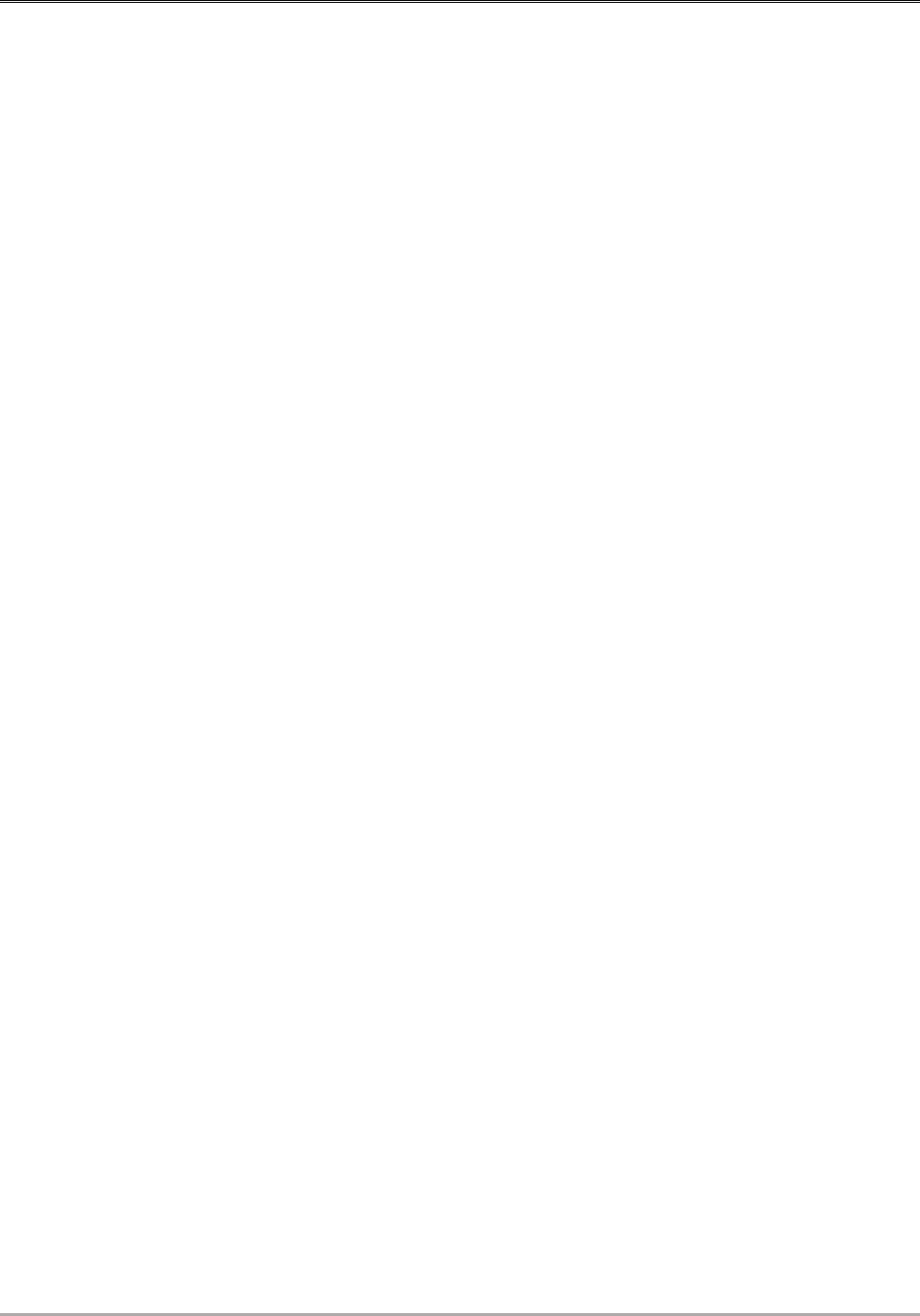
Columbia-Greene Community College 2023-2024 Catalog
224
network security issues. (3 semester hours)
Fall
CS 203 – Database Concepts
A study of the uses and types of database
management systems. The main focus will be
a combination of practical database design
principles with hands-on experience in the
computer lab. It will cover hierarchical and
relational design, input and report formats,
database programming techniques, query
languages, and integration with other
applications. Prerequisite: CS 134. (3
semester hours) Fall
CS 216 – Linux Operating Environments
This course introduces the concepts and
features of the Linux operating system.
Students will install, administer, and test
Linux operating system software and
applications. Topics include file management,
application installation, scripting, system and
network configuration, kernel management,
OS security, and system and server
administration. Prerequisite: CS 134. (3
semester hours) Spring
CS 219 – Data Analytics Programming
This course will introduce students to data
analytics concepts and programming.
Students will use a shell scripting language to
sort, search, and clean data. The Python
programming language and libraries will be
used to process large datasets. Students will be
expected to engage in data analysis with
Python in the Linux operating system
environment. Prerequisite: CS 134. (3
semester hours) Spring
CS 235 – Network Security
This course takes an in-depth look at the
network security concepts, secure system
design techniques, and network encryption.
Students will be introduced to a practical,
hands-on approach to securing networks,
detecting unauthorized access and using
encryption to secure networks. Students will
learn how to track and identify the packets
involved in a simple TCP connection. They
will learn to use networking tools such as
WireShark, and network mapping tools, such
as NMap. Other topics will include
identifying types of attacks, methods used by
attackers, protecting e-mail systems, securing
internet systems and implementing security
policies. Pre-requisite: CS 156. (3 semester
hours) Spring
CS 241 – Computer Forensics
This course prepares students to analyze data
collected from electronic devices. Students
will be introduced to the proper techniques
and tools to secure, analyze, and properly
document digital and multimedia evidence.
This course will also be an introduction to
selected computer forensics hardware and
software used to investigation a digital crime
scene. Other topics include evidence chain of
custody, digital crime scene reports and
digital crime scene investigative procedures.
NOTE: Students should have basic functional
computer skills to take this course. (3 semester
hours) Spring
CS 256 – Computer Science II
An introduction to C++ and JAVA
programming languages and the
programming techniques associated with
them. Topics include input/output, data types,
program controls, Object-Oriented
Programming (OOP), pointers, recursive
programming, stacks, queues, lists and trees,
and their applications. Prerequisite: CS 134.
(2 lecture hours/3 lab hours) (4 semester
hours) Spring
DANCE
DA 101 – Dance I
An introduction to ballet, modern, jazz, and
improvisational dance through representative
warm-ups and dance combinations. Balance,
turning, jumping, falls, and recovery are
explored with a special focus on their
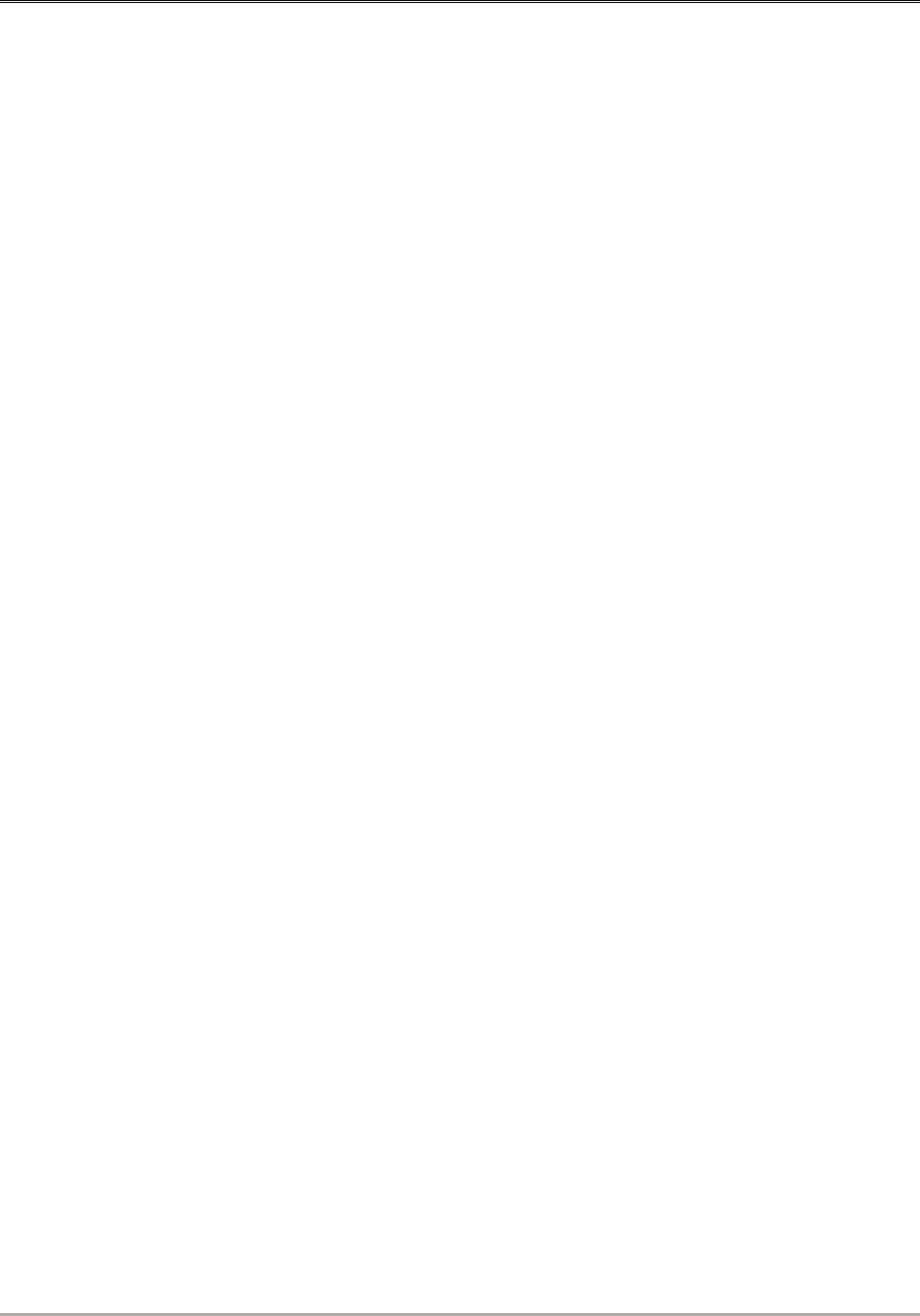
Columbia-Greene Community College 2023-2024 Catalog
225
relationship to athletics. Students will create
brief dance studies, attend a professional
dance performance, and work backstage on a
college dance production. The historic role of
dance in the human experience and use of
music and props will also be explored. NOTE:
Repeat of HU 116. (3 semester hours) Fall
This course fulfills the SUNY General
Education requirements for The Arts.
DA 102 – Dance II
Focuses on jazz, modern dance, and
improvisation while continuing work on the
ballet components of warm-ups. Technical
skills begun in DA 101 will be developed,
with a special focus on the relationship to
athletic skill, increasingly complex movement
combinations will be perfected, and dance
composition will be explored. Students will
perform or assist backstage in the production
of a college dance concert. NOTE: Repeat of
HU 117. Prerequisite: DA 101 or permission
of instructor. (3 semester hours) Spring
ECONOMICS
EC 101 – Macroeconomics
An overview of the American economic
system, beginning with the theories of the
classical economists, progressing to the Laws
of Supply and Demand, use of economic
indicators to predict future performance
indicators, theories of the business cycle, the
Federal Reserve System and monetary policy,
government spending and taxation. Students
will analyze information including that which
is presented graphically. (3 semester hours)
Fall/Spring
This course fulfills the SUNY General
Education requirements for Social Sciences.
EC 102 – Microeconomics
An analysis of industry structures: pure
competition, monopoly, monopolistic
competition (oligopoly), business costs and
the determination of optimal production
levels. An in-depth examination of important
economic issues such as financial insecurity,
the environment and energy policies and a
discussion of alternative approaches to
addressing these issues. Students will analyze
information including that which is presented
graphically, and use concepts such as
externalities and cost-benefit analysis. (3
semester hours) Spring
This course fulfills the SUNY General
Education requirements for Social Sciences.
EC 104 – Consumer Economics
A practical course in developing educated-
consumer skills. Topics include: personal
budget plans, credit and consumer loans,
investments, insurance, and tax laws.
Consumer protection laws are also studied.
Although math is utilized, this is not a math-
focused course. (3 semester hours) Fall
EDUCATION
ED 101 – Foundations of Education
An introductory study of education as a major
social institution with special attention being
given to the philosophies, patterns, cultural
diversity, and issues which have characterized
the American system. Designed for those
planning careers as teachers and for those
interested in the study of education as a social
process. This course is for Teacher Education
majors transferring to specific approved
Teacher Education programs. NOTE: Repeat
of SL 108. (3 semester hours) Fall/Spring
ED 110 – Education of Diverse
Populations
This course is designed as an introduction to
the education of children in America. Specific
emphasis is given to the exploration of the
fields of early childhood and elementary
education. Topics to be examined include an
overview of current issues in American
schooling; the diverse constituencies that
compose the learning environments in the
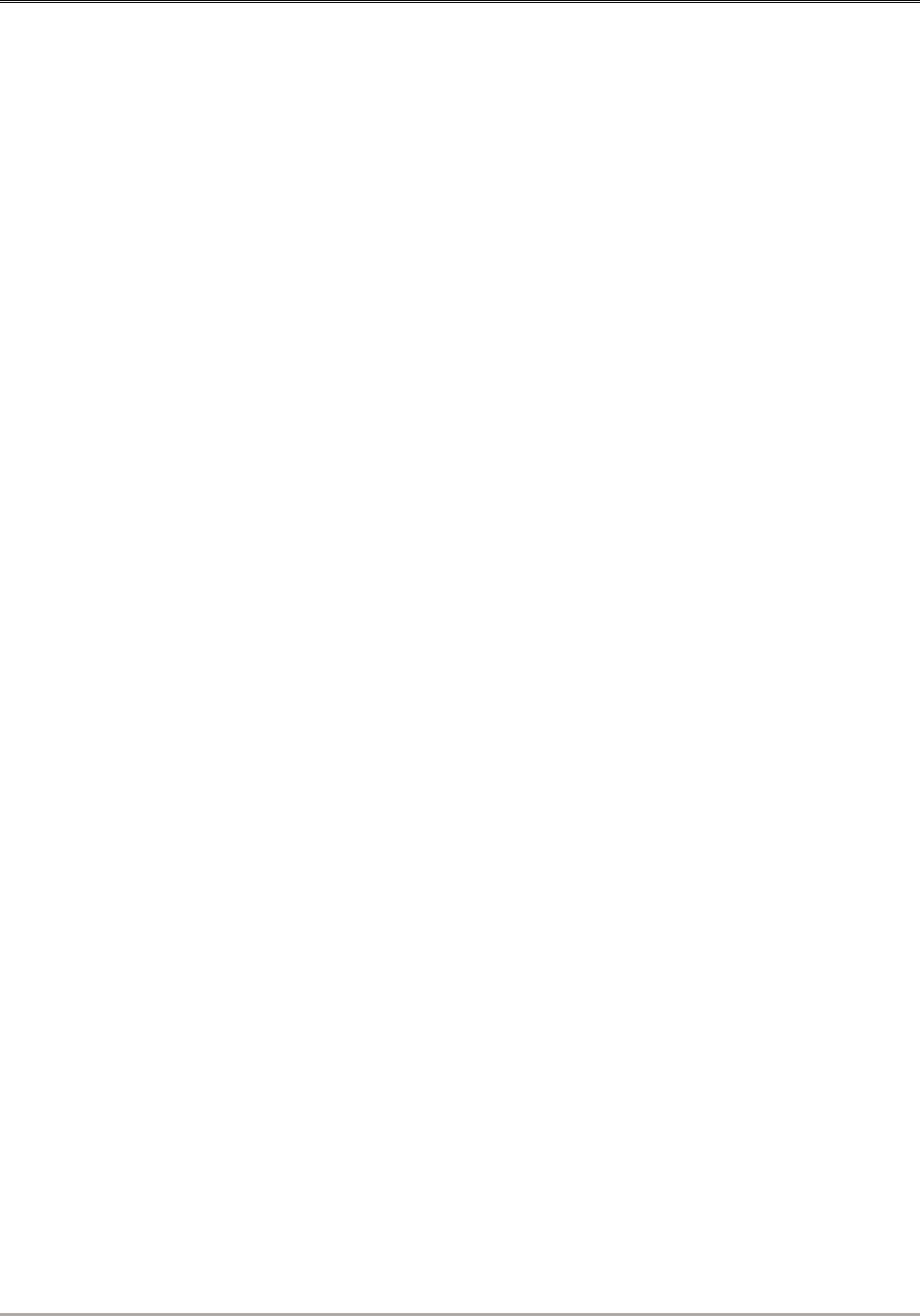
Columbia-Greene Community College 2023-2024 Catalog
226
early childhood and elementary school
classroom; curriculum with a multicultural
and inclusive perspective; the increasing
collaboration between culturally diverse
families and the school of education of
children; and choosing a career in teaching.
Active participation in field activities is
required. (3 semester hours) Fall/Spring
This course fulfills the SUNY General
Education requirements for Diversity: Equity,
Inclusion, and Social Justice.
ED 201 – Symbolic Representation,
Language and Literacy
Focused on exploration of how young
children learn language and literacy, the
course will investigate the interaction between
symbolic development, language, and literacy
acquisition in children birth through five years
of age. Development of strategies to
encourage language and literacy in very
young children is also covered. Prerequisite:
ED 101. (3 semester hours) E/O Spring
ENGLISH
EN 090 – English Fundamentals
EN 100 – English Skills
ES 096 – English as a Second Language-
Intermediate Level
ES 098 – English as a Second Language-
Advanced Level
See Transitional.
NOTE: Papers for the following EN courses
must be typed.
EN 101 – Composition
An introductory course emphasizing the
process and patterns of writing college-level
expository prose. Included are reading
assignments; extensive practice in writing
clear, well-developed, grammatically correct
essays; a research paper; and an oral
presentation. (3 semester hours) Fall/Spring
This course fulfills the SUNY General
Education requirements for Communication –
Written and Oral.
EN 102 – Composition and Literature
This course continues the reading and writing
of EN 101. Readings range from short stories
and poetry to plays and/or novels. Writing
includes both formal and informal criticism or
analysis of the texts. Prerequisite: EN 101. (3
semester hours) Fall/Spring
This course fulfills the SUNY General
Education requirements for Humanities.
EN 105 – Technical Writing
Technical Writing is an introductory writing
course designed to prepare students to
effectively communicate specialized
information in professional and workplace
settings. Students will learn skills and
strategies to produce technical information for
differing audiences and will create documents
such as formal and informal reports,
proposals, and cover letters and resumes.
Emphasis will be placed on audience
awareness, document layout and design, and
the ability to use clear, concise grammatically
correct language in their communication.
Prerequisite: EN 101. (3 semester hours)
Fall/Spring
This course fulfills the SUNY General
Education requirements for Communication –
Written and Oral.
EN 211 – Creative Writing
Weekly writing assignments in fiction, poetry,
and drama emphasize the creative process and
specific techniques from initial idea through
final revision. Class sessions are devoted to
examining students’ written work. There will
also be in-class writing assignments. Students
are encouraged to work on creative efforts for
publication as well as share poems and stories
by writers they admire with classmates and

Columbia-Greene Community College 2023-2024 Catalog
227
the instructor. The dos and don’ts of
submitting for publication will also be
covered. Prerequisites: EN 101 and EN 102.
(3 semester hours) Fall/Spring
This course fulfills the SUNY General
Education requirements for The Arts.
EN 212 – Expository Writing
This course is designed to develop the ability
to produce clear expository prose. Emphasis is
placed on the writing process including
audience analysis, topic selection, thesis
support and development, editing, and
revision. Students will study and practice
advanced techniques of effective expository
prose, including explanation, logic and
persuasion analysis, and evaluation. Upon
completion, students should be able to
produce unified, coherent, well-developed
essays. Prerequisite: EN 101. Corequisite: EN
102. (3 semester hours) Spring
This course fulfills the SUNY General
Education requirements for Communication –
Written and Oral.
ENGLISH - LITERATURE
COURSES
EN 201 – American Literature: Colonial-
1899
This course examines the development of
American Literature, and familiarizes
students with representative authors and
intellectual currents from the Colonial period
up to Realism. Works will be placed in
historical context as well as studied for their
portrayal of universal human values and their
authors’ particular visions. Prerequisites: EN
101 and EN 102. (3 semester hours) Fall
This course fulfills the SUNY General
Education requirements for Diversity: Equity,
Inclusion, and Social Justice.
EN 204 – American Literature: 1900 to
Present
This course familiarizes students with
representative authors and intellectual
currents from Naturalism up to today. Works
will be placed in historical context as well as
studied for their portrayal of universal human
values and their authors’ particular visions.
Prerequisites: EN 101 and EN 102. (3
semester hours) Spring
This course fulfills the SUNY General
Education requirements for Diversity: Equity,
Inclusion, and Social Justice.
EN 205 – British Literature
Study of representative authors and
intellectual currents in British literature from
Anglo-Saxon times to the present.
Prerequisites: EN 101 and EN 102. (3
semester hours) Spring
This course fulfills the SUNY General
Education requirements for Humanities.
EN 215 – African-American Literature
Review of literary works by African-
American writers focuses on contributions of
authors like Richard Wright, Toni Morrison,
and August Wilson. Students will examine
poetry, plays, novels, and short stories. Small
and large group discussion, combined with
formal and informal writing, will propel
students’ participation in literary analysis.
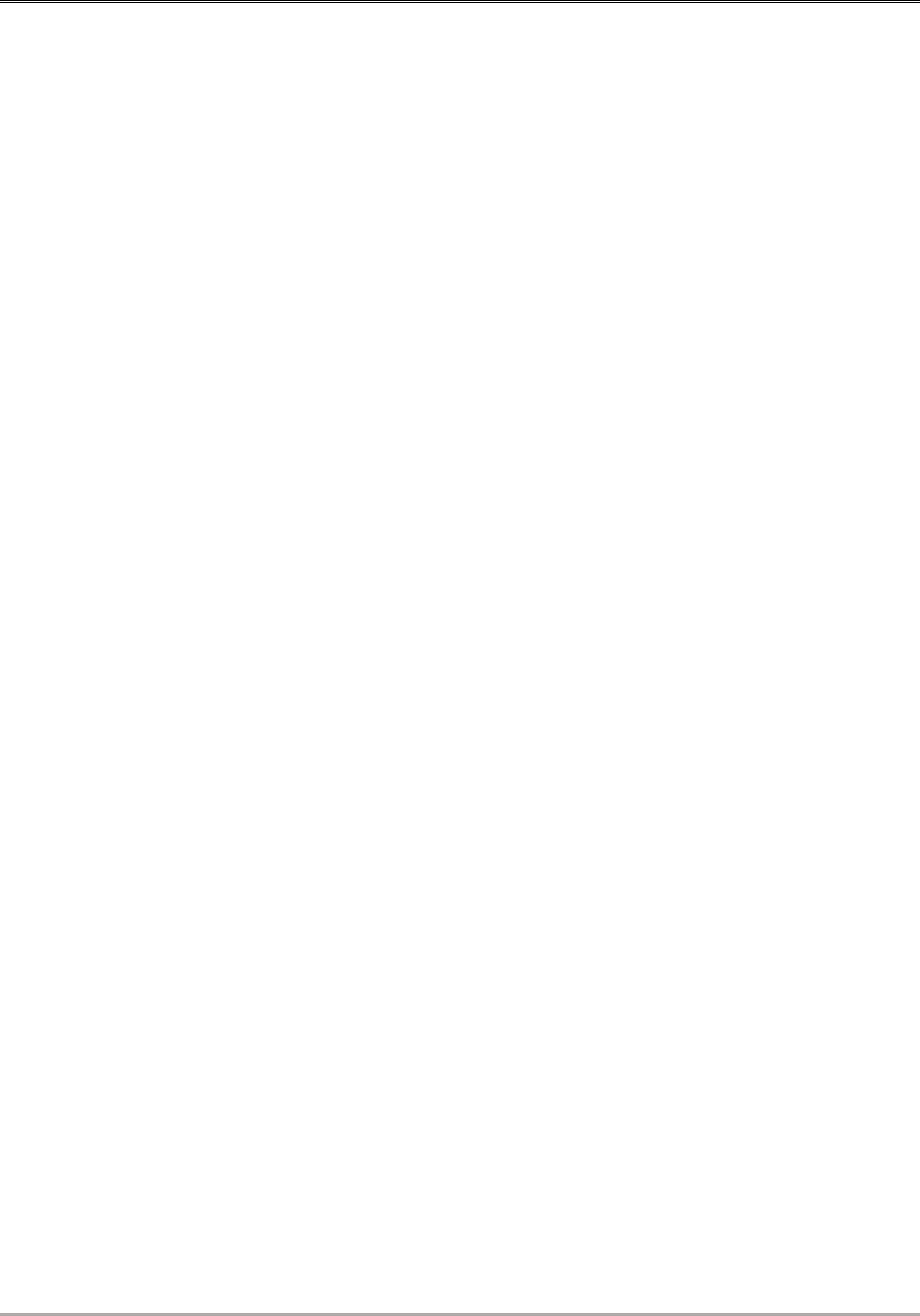
Columbia-Greene Community College 2023-2024 Catalog
228
Prerequisites: EN 101 and EN 102. (3
semester hours) Special Rotation
This course fulfills the SUNY General
Education requirements for Diversity: Equity,
Inclusion, and Social Justice.
EN 216 – Women in Literature
Women in Literature explores conscious and
unconscious stereotypes of women in novels,
short stories, poetry, drama and prose.
Students will learn how gender roles develop
and change women’s views of themselves.
Students will also learn historical, cultural and
religious information to help increase
understanding of the works. Emphasis will be
placed on critical analyses of selected works
from traditional and feminist points of view.
Prerequisites: EN 101 and EN 102. (3
semester hours) E/O Summer (beginning
Summer 2023)
This course fulfills the SUNY General
Education requirements for Diversity: Equity,
Inclusion, and Social Justice.
EN 232 – Short Stories
Representative short stories of the nineteenth
and twentieth centuries are read and
discussed. Includes American, British, and
Continental authors. Prerequisites: EN 101
and EN 102. (3 semester hours) Spring
This course fulfills the SUNY General
Education requirements for Diversity: Equity,
Inclusion, and Social Justice.
EN 235 – Latin American Literature
This course introduces students to the varied
literatures of Latin America. Students will
study forms of literature such as short stories,
poetry, drama, and novels by a wide array of
Latin American authors. Emphasis will be
placed on the cultural and political
environments in which the texts were written.
Prerequisites: EN 101 and EN 102. (3
semester hours) Fall
This course fulfills the SUNY General
Education requirements for Diversity: Equity,
Inclusion, and Social Justice.
EN 236 – Poetry
Familiarizes students with the nature,
techniques, and structure of poetry. To
increase appreciation of the poem, historical,
intellectual, and literary backgrounds are
considered. Representative British and
American poets are studied. Prerequisites: EN
101 and EN 102. (3 semester hours) Special
Rotation
This course fulfills the SUNY General
Education requirements for Humanities.
EN 237 – Modern Fiction
A study of recent works of fiction. Special
attention is directed to how experimentation in
fictional forms relates to the social realities
and philosophical attitudes of the
contemporary world. Prerequisites: EN 101
and EN 102. (3 semester hours) Special
Rotation
This course fulfills the SUNY General
Education requirements for Humanities.
FOREIGN LANGUAGES
See French, Italian, and Spanish
FRENCH
FR 101 – French I
For students with little or no background in
French. While the four basic comprehension
skills (reading, writing, speaking, and
listening) are all emphasized, class time is
used primarily to practice listening to and
speaking French. Proficiency is achieved in
the present and future tenses and in the use of
articles and everyday vocabulary. An
awareness of contemporary Francophone
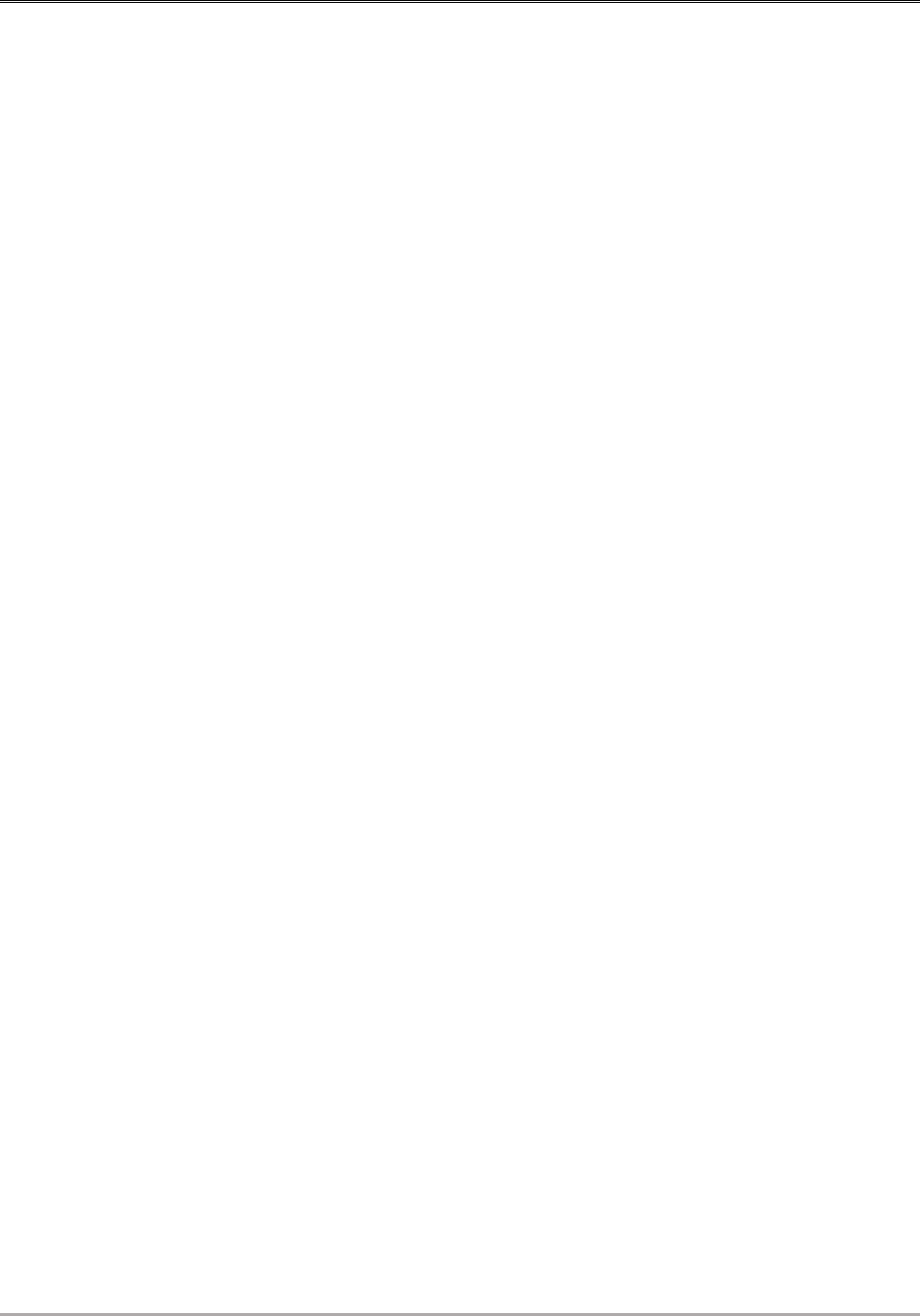
Columbia-Greene Community College 2023-2024 Catalog
229
cultures is also emphasized. (3 semester
hours) Offered by Special Rotation
This course fulfills the SUNY General
Education requirements for World
Languages.
FR 102 – French II
A continuation of FR 101. Emphasizes all four
basic comprehension skills, the passe
compose and imperfect, the use of direct and
indirect pronouns, frequently used
vocabulary, and contemporary Francophone
civilization. Class time is spent primarily
practicing, listening to, and speaking French.
Prerequisite: FR 101. (3 semester hours)
Special Rotation
This course fulfills the SUNY General
Education requirements for World
Languages.
FR 201 – French III
A continuation of FR 102. Emphasizes the
four basic comprehension skills and focuses
on the following areas: reflexives, the present
subjunctive, and Francophone culture. Class
is conducted entirely in French for extensive
practice in listening and speaking skills.
Prerequisite: FR 102. (3 semester hours)
Special Rotation
FR 202 – French IV
A continuation of FR 201. Emphasizes the
four basic comprehension skills, the use of the
subjunctive and cultural readings and
discussions. Class is conducted entirely in
French for extensive practice in listening and
speaking skills. Prerequisite: FR 201. (3
semester hours) Special Rotation
GEOLOGY
GE 101 – Physical Geology
A study of the composition of Earth’s crustal
materials, processes of change, geologic time,
plate tectonics, and sociologic and economic
impact. Laboratory will include field trips,
rock and mineral identification, and use of
topographic and geologic maps. NOTE: Prior
knowledge of high school earth science and/or
chemistry recommended. (3 lecture hours/ 3
lab hours) (4 semester hours) Special Rotation
HEALTH
HE 103 – Critical Issues in Health
An introductory course dealing with the
current critical issues involved in promoting
and maintaining a wellness lifestyle.
Emphasis is placed on viewing health in a
multidimensional manner and assuming
responsibility for maintaining one’s health.
Major issues to be addressed include stress,
cardiovascular diseases, cancer, drugs,
nutrition, environmental health, and physical
conditioning. (3 semester hours) Spring
HE 104 – Nutrition and Wellness
This course introduces students to the basics
of nutrition and nutritional trends and the role
of supplementation and lifestyle in
maintaining and promoting health as well as
disease prevention. It explores the role of
oxidative stress and antioxidants on health and
disease, and introduces students to lifestyle
changes to retard the aging process, enhance
quality of life, and manage weight. (3
semester hours) Fall
HE 201 – First Aid and Safety
Develops functional first aid capabilities to
provide the initial emergency care necessary
to sustain life support to victims of accidents
or sudden illness. Students will be eligible to
become certified in CPR and First Aid by
satisfying the requirements established by the
American Heart Association or National
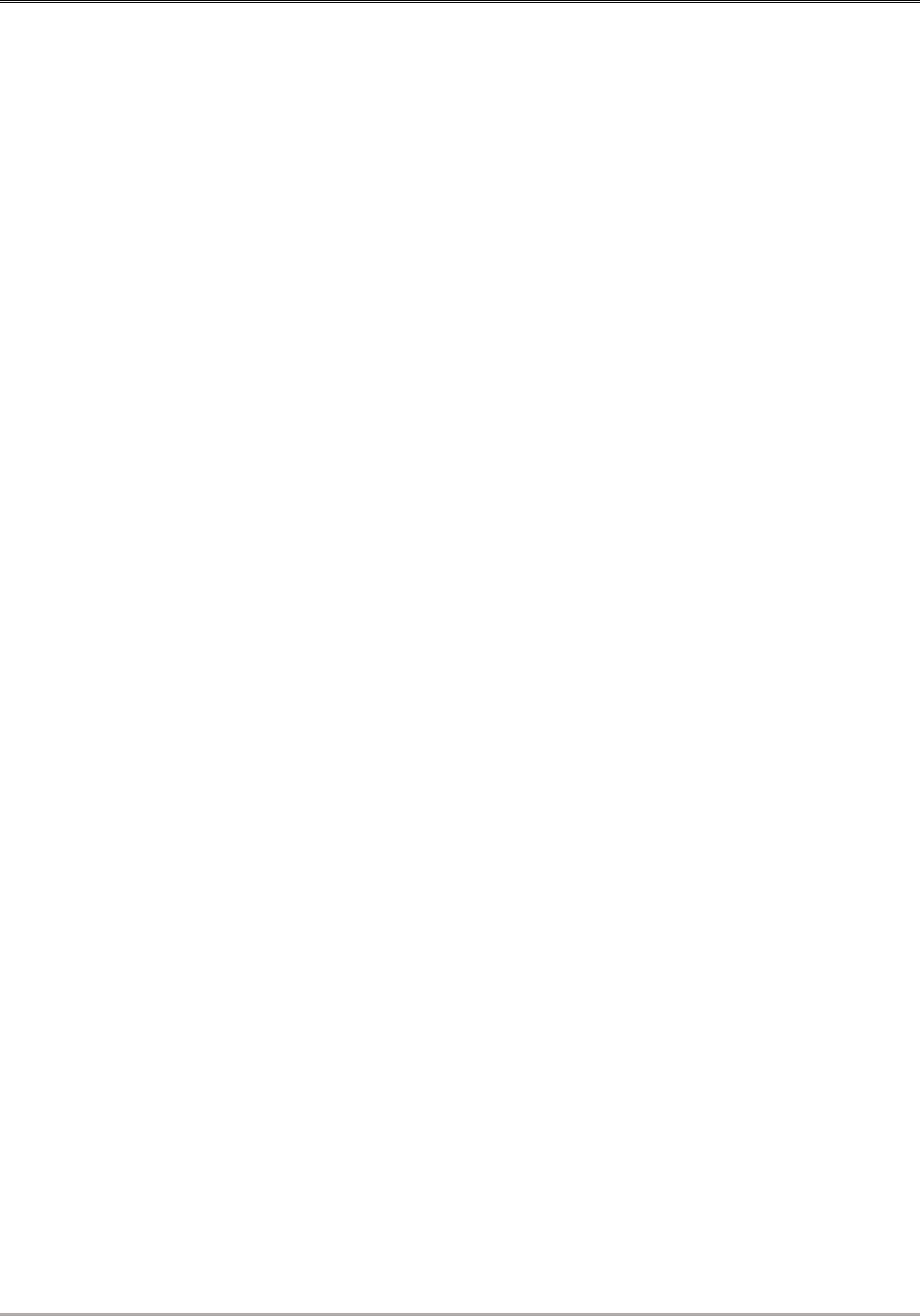
Columbia-Greene Community College 2023-2024 Catalog
230
Safety Council. (3 semester hours)
Fall/Spring
HISTORY
HI 101 – Western Civilizations 13,000
BCE to 1517 CE
This course is a survey of the political,
economic, social, cultural, and intellectual
origins of Western Civilizations from the
Neolithic Revolution to the Protestant
Reformation. Emphasis is placed on the
importance of agriculture, the rise and fall of
civilizations such as Greece and Rome, the
growth of Christianity, cultural aspects of the
Middle Ages and the Renaissance, and the
legacies of the Protestant Reformation.
Students will also explore the influences of
transformational figures from the era that have
shaped subsequent history. (3 semester hours)
Fall/Spring
This course fulfills the SUNY General
Education requirements for World History
and Global Awareness.
HI 102 – Western Civilizations 1517 to
Present
This course is a survey of Europe and the
modern world, from the Protestant
Reformation to the present. Emphasis is
placed on the historical evolution of the major
events and transformations that occurred
during the age of absolutism and exploration,
the Enlightenment, French Revolution, World
Wars and the Cold War. Students will focus
on the questions and ideas that have arisen
from these transformational periods, and have
shaped the politics, social organization,
culture, technology and economies of the
West. Students will also explore the
influences of important figures who have had
a lasting impact on history. (3 semester hours)
Fall/Spring
This course fulfills the SUNY General
Education requirements for World History
and Global Awareness.
HI 103 – United States History 1492-1865
A survey course that begins with an overview
of United States history from colonial times
into the 21st century. The primary emphasis
will focus on the development of a
constitutional system as well as the social and
economic events that helped shape early
America. Topics include the Colonial period,
American Revolution, the ratification of the
Constitution, Jacksonian democracy, the
forces that led to the development of the Civil
War, and the lingering impact of the war on
contemporary America. (3 semester hours)
Fall
This course fulfills the SUNY General
Education requirements for US History and
Civic Engagement.
HI 104 – United States History 1865-
Present
A survey course that begins with an overview
of United States history from colonial times
into the 21st century. The primary emphasis
will focus on the major forces that shaped the
social, political and economic developments
of post-Civil War America. Topics will
include Reconstruction, westward expansion,
the Industrial Revolution, immigration, the
Great Depression, the world wars, and the
emergence of the United States as a world
power. (3 semester hours) Spring
This course fulfills the SUNY General
Education requirements for US History and
Civic Engagement.
HI 108 – History of the Hudson Valley
This course will focus on the history of both
Columbia and Greene Counties. There are two
main areas of study. 1. People, places and
events that are representative of the grand
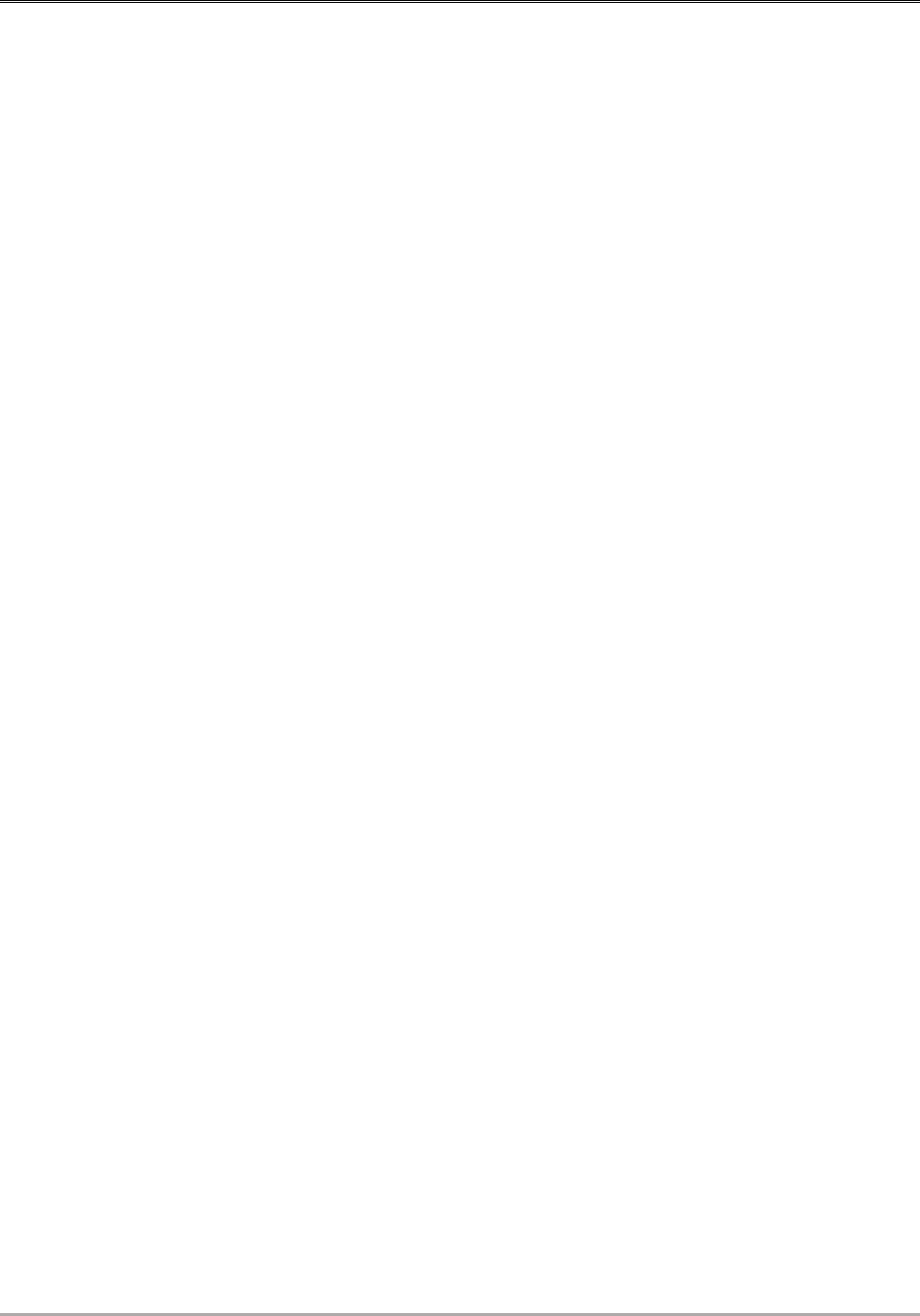
Columbia-Greene Community College 2023-2024 Catalog
231
themes of American History will be
investigated. 2. Identification of remnants and
artifacts and the historical sketches they
represent will also be covered. (3 semester
hours) Special Rotation
This course fulfills the SUNY General
Education requirements for US History and
Civic Engagement.
HI 109 – Historical and Social Impact of
the Automobile
Students will develop a deeper understanding
of the positive and negative impact the
automobile has had on American society
through the study of the following areas: the
birth of the automobile, acceptance by the
populace, infrastructure changes, early
inventors, assembly line production,
competition and environmental concerns. (3
semester hours) Special Rotation
HI 114 – World History I
World history seeks a global perspective on
the past, one that acknowledges and integrates
the historical experiences of all of the world’s
people. Only by examining humanity’s shared
past is it possible to view today’s world in
meaningful historical context. In this class, we
will explore seven eras of global history
through the lens of traditions: political, social,
economic and cultural traditions that have
guided the dynamics of societies. In addition,
encounters will be explored: mass migrations,
infectious diseases, imperial expansion, long
distance trade and other human interactions.
Topics will include: formation of societies,
the development of writing and
communication, the rise of religions of
salvation, and the creation of empires. (3
semester hours) Special Rotation
This course fulfills the SUNY General
Education requirements for World History
and Global Awareness.
HI 115 – World History II
World history seeks a global perspective on
the past, one that acknowledges and integrates
the historical experiences of all of the world’s
people. Only by examining humanity’s shared
past is it possible to view today’s world in
meaningful historical context. In this class, we
will explore seven eras of global history
through the lens of traditions: political, social,
economic and cultural traditions that have
guided the dynamics of societies. In addition,
we will explore encounters: mass migrations,
infectious diseases, imperial expansion, long
distance trade and other human interactions
that have impacted the development of the
world. Topics will include: exploration and
conquest, Columbian exchange, Reformation,
absolutism, colonialism, the spread of Islam,
revolution, industrialization, world war and
globalization. (3 semester hours) Special
Rotation
This course fulfills the SUNY General
Education requirements for World History
and Global Awareness.
HI 120 – History of the Modern Middle
East
An introduction to the emergence of the
modern Middle East in the period, roughly
from the late 18th century to the present. It
deals with reformist attempts to meet the
European challenge, Orientalism, the age of
colonialism and imperialism, the rise of Arab
nationalism, the quest for modernity, the
impact of Israeli and Palestinian nationalism,
the petroleum factor, the Islamic Revolution
in Iran, Saddam Hussein’s Iraq, the Gulf War,
and the war on terror. Consideration will also
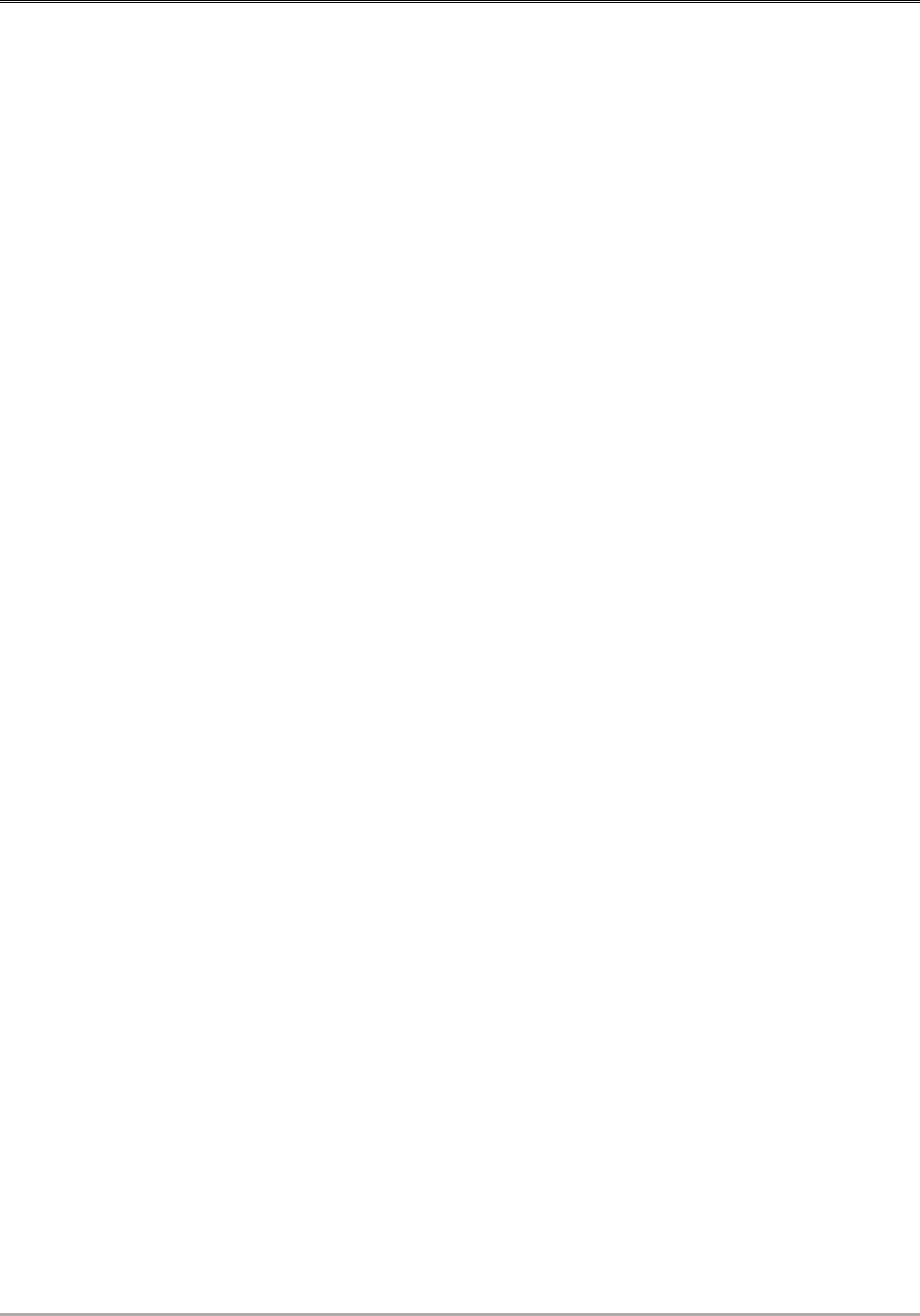
Columbia-Greene Community College 2023-2024 Catalog
232
be given to the Islamic religion. (3 semester
hours) Fall
This course fulfills the SUNY General
Education requirements for World History
and Global Awareness.
HI 122 – African American History
Students will discover history organized
through five principles: oppression and
power, agency and perseverance, Africa and
the African diaspora, Black culture, resiliency
and contribution to trajectory and narrative of
the American experience. This course
includes an exploration of the history of
African American origins in Africa, slavery
and emancipation, resistance and revolution in
the Atlantic world, migration, religious,
artistic, and cultural expression, participation
in wars, Civil Rights and Black power
movements to present social justice issues.
Students will analyze primary sources and
participate in learning activities designed to
frame questions about social justice, culture,
and identity particular to the American
experience. (3 semester hours) Fall
This course fulfills the SUNY General
Education requirements for Diversity: Equity,
Inclusion, and Social Justice AND for US
History and Civic Engagement.
HI 125 – U.S. Environmental History
This course will focus on the human impact
on the environment since colonial times, the
progress of the environmental ethic in
American culture, from its roots in the Hudson
River School and Thoreau to Rachel Carson
and Aldo Leopold, and the development of
legal environmental protections. (3 semester
hours) Special Rotation
This course fulfills the SUNY General
Education requirements for US History and
Civic Engagement.
HI 127 – History of Latin America
This course is an examination of race,
ethnicity, and gender and how that has shaped
Latin American politics and societies from
colonial times to the present. Themes include:
interactions of Iberian, American, African and
Asian peoples; official and unofficial
management of multiethnic and multicultural
societies; scientific racism; and the relation
between theories of race and development of
ideas about class, gender, and nation. (3
semester hours) Special Rotation
This course fulfills the SUNY General
Education requirements for Diversity: Equity,
Inclusion, and Social Justice AND for World
History and Global Awareness.
HI 209 – Europe in the Twentieth Century
An analysis of European development in the
twentieth century. Emphasis is placed on
intellectual, political, economic, and social
factors. Special attention is given to the World
Wars I and II, the Cold War, fascism,
communism, the rise of the dictators, and
possibilities for this century. Prerequisite: 3
semester hours in social science. (3 semester
hours) Special Rotation
This course fulfills the SUNY General
Education requirements for World History
and Global Awareness.
HI 219 – Women in U.S. History
Introduces the history of women within the
western tradition with a focus on the
experience of women in the United States.
Places the female experience at the center of
our historical analysis, examining the various
intersections of women’s relations with
others: their families, society, and the state.
American history is viewed from the
perspective of the women who have
contributed to its growth and development and
who have made significant contributions to
the development of society. Prerequisite: 3
semester hours in social science. (3 semester
hours) Special Rotation
This course fulfills the SUNY General
Education requirements for Diversity: Equity,
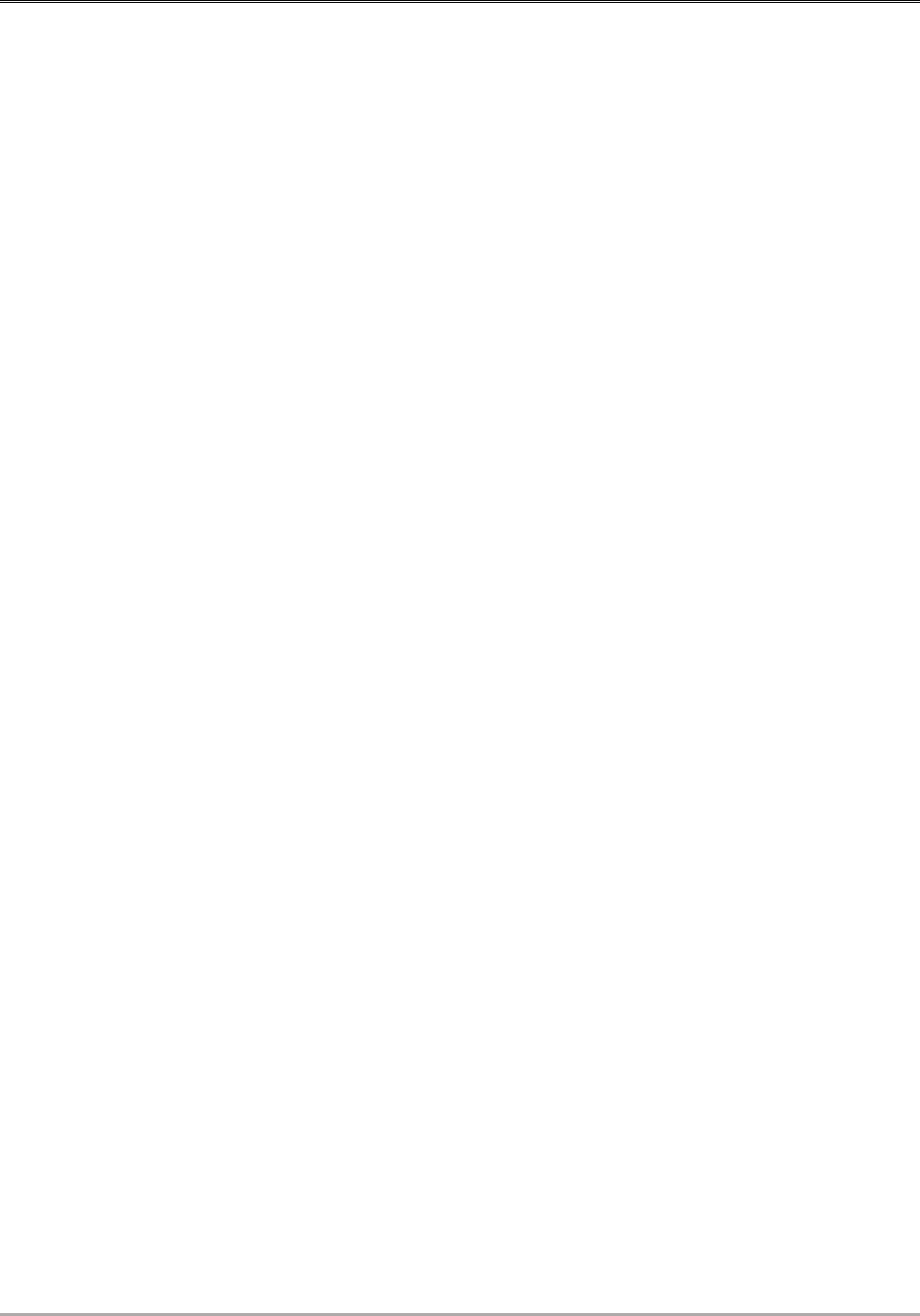
Columbia-Greene Community College 2023-2024 Catalog
233
Inclusion, and Social Justice AND for US
History and Civic Engagement.
HI 220 – History of the Arab-Israeli
Conflict
Explores the origins and development of the
Arab-Israeli conflict, as well as its
implications presently. Examines the
complexities and dynamism of this conflict
through a critical examination of its origins,
the actors involved, and the key historical and
political factors that have shaped it.
Prerequisite: 3 semester hours of history, and
EN 101 recommended. (3 semester hours)
Special Rotation
This course fulfills the SUNY General
Education requirements for World History
and Global Awareness.
HI 221 – American Civil War
This course is an in-depth study of the events
leading up to the American Civil War and the
military and political history of the war. It will
also include a short look at the consequences
of the war. Students will examine military and
political objectives and strategies, evaluate
different versions of the same events, and
explore alternative resolutions to historical
issues. This course will require reading of
primary and secondary texts, critical thinking,
round table-type classroom discussion, and
persuasive writing. NOTE: Repeat of HI 123
and HI 221H. (3 semester hours) E/O Spring
This course fulfills the SUNY General
Education requirements for US History and
Civic Engagement.
HI 222 – Revisiting American Civil Rights
This course will examine the Civil Rights
Movement in America. The movement
changed those who participated in it, made
America a more democratic society, gave rise
to a host of other movements that transformed
the face of American culture, and influenced a
new generation of American leadership. As a
critical examination, the period from 1955-
1965 receives special attention, but the roots
of the freedom struggle in an earlier era and
the effect of the movement on recent
American history also warrants investigation.
This course will use primary source
documents, film, interpretive literature, and
music in order to fully study the most
powerful mass protest movement in modern
U.S. history. The course will be presented in a
seminar style. (3 semester hours) Special
Rotation
This course fulfills the SUNY General
Education requirements for Diversity: Equity,
Inclusion, and Social Justice AND for US
History and Civic Engagement.
HI 265 – History of Modern China
An exploration of the main political and
cultural themes in the history of modern China
from the late Ming Dynasty to the present day.
Topics will include exploring the notion of
modernity; the fall of the Ming and Qing
Dynasties; the Western imperialist challenge;
nationalism; the development of communism;
the Second World War and Civil War; the
Great Leap Forward and the Cultural
Revolution; and, after Mao’s death, the
economic liberalization of the economy.
Concludes with an examination of China in
the years after Tiananmen Square.
Prerequisite: 3 semester hours of history. (3
semester hours) Special Rotation
This course fulfills the SUNY General
Education requirements for World History
and Global Awareness.
HI 266 – History of Japan
Undertakes a chronological survey of
political, economic, social, cultural, religious
and intellectual life in Japan from the third
century to the present day. Emphasis is placed
on both the origin and development of
traditional Japanese civilization before the
arrival of the modernizing West and the
subsequent Japanese quest for international
acceptance thereafter. Provides a background
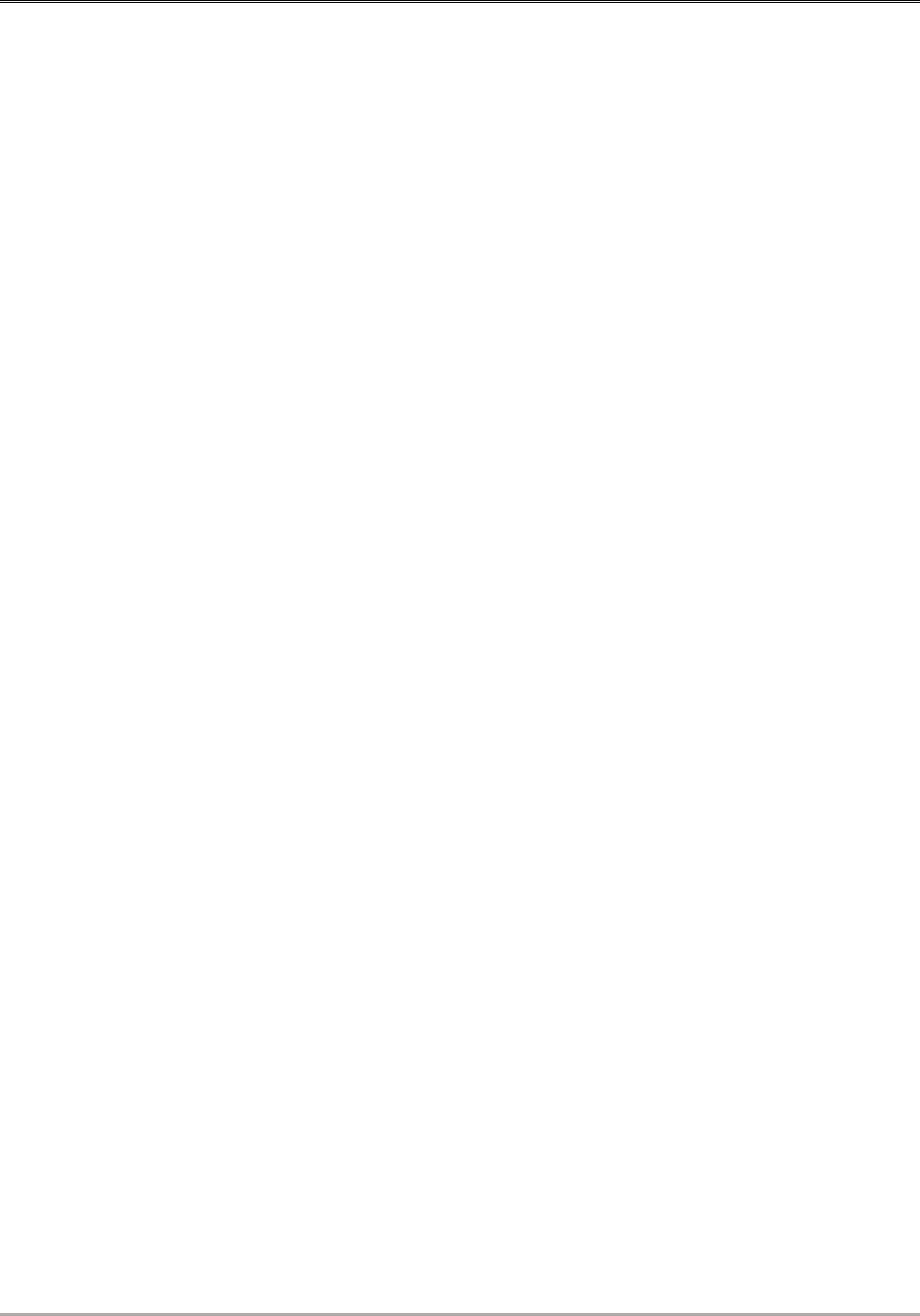
Columbia-Greene Community College 2023-2024 Catalog
234
against which contemporary Japan might be
better understood and appreciated. Stresses
the origin and development of various systems
and institutions (social, political, economic
and religious) within both the traditional and
modern Japanese cultural milieu. Explores the
modernization process; the Westernization
process; and the fate of traditional institutions,
systems, and customs. Considers Japan’s
quest for acceptance as a major power in the
modern world order. Prerequisite: 3 semester
hours of history. (3 semester hours) Special
Rotation
This course fulfills the SUNY General
Education requirements for World History
and Global Awareness.
HUMAN SERVICES
HS 103 – Introduction to Human Services
A survey of the history, philosophy, and
development of human services in the United
States. Topics include theoretical approaches
to meeting human needs, target populations,
careers in human services, and the service
delivery system, with particular emphasis on
Columbia and Greene Counties. This course
serves as an introduction to the Human
Services curriculum and prepares students for
continuation in the program. (3 semester
hours) Fall
HS 105 – Interventions in Human Services
A combination of classroom and field study to
introduce students to the various roles in
human services, to learn fundamentals of the
helping process, and be acquainted with the
nature of care giving in human-service
practice. Students are required to participate
in a 30-hour supervised community service
experience. Prerequisite: HS 103. (3 semester
hours) Spring
HS 110 – Interviewing Techniques
Students will develop skills through intensive
role playing and real-life interviews in and out
of class. Skills covered include listening,
focusing, attending behavior, maintaining
communication, structuring, confronting, and
observation. Students will also learn interview
structure and process. The micro-skills
hierarchy concept will guide students through
successive steps of intentional interviewing.
Prerequisite: HS 103. (3 semester hours)
Spring
HS 212 – Community Organizing
Examines the field of human services,
utilizing a community counseling perspective.
Emphasis is placed on prevention of human
services problems and client advocacy. Focus
is on community organizing strategies to
produce systems changes and community
change. NOTE: Repeat of HS 211.
Prerequisites: HS 103, HS 105, and HS 110.
(3 semester hours) Fall
HS 230 – Human Services Internship I
Students participate in fieldwork experience
in a local human service agency for a total of
135 hours during the semester. Requirements
include keeping a weekly journal of activities,
plus evaluation of the fieldwork itself and the
fieldwork experience. Grading is Satisfactory
(S) or Unsatisfactory (U). Prerequisites: HS
105 and HS 110. Corequisite: HS 212. (4
semester hours) Fall
HUMANITIES
HU 113 – World Mythology
An in-depth study of various myths and
legends from classical Greece and Rome and
selected other-world cultures. Mythical
patterns, character types, and themes are
studied as well as the relationship of myth to
art and literature. (3 semester hours) Special
Rotation
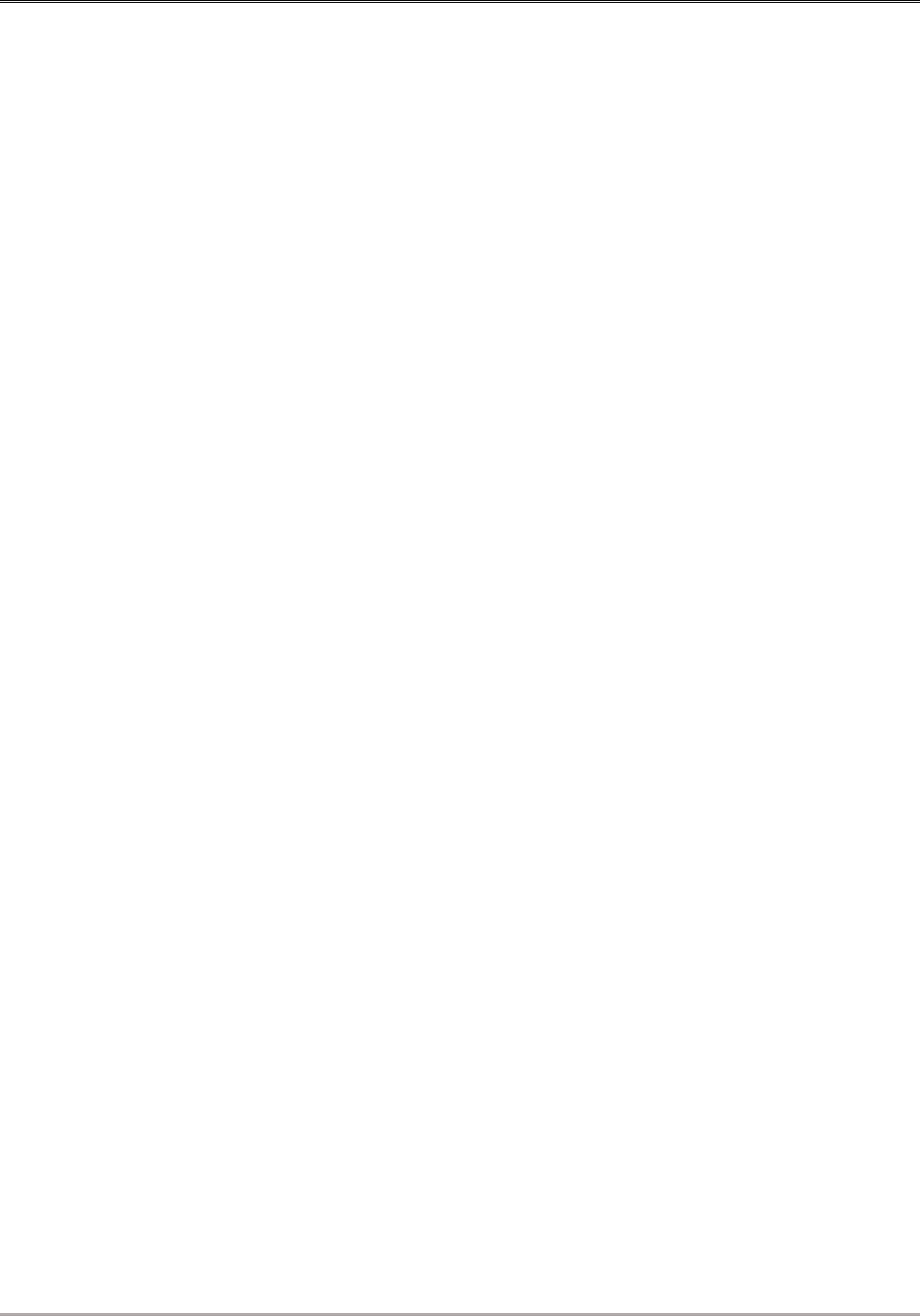
Columbia-Greene Community College 2023-2024 Catalog
235
INDEPENDENT STUDY
ID 299 – Independent Study
Independent Study is a form of learning
whereby a supervising Columbia-Greene
Community College faculty member and a
student cooperatively design a written
contract equivalent to college-level study in a
specific discipline. (Independent Study
cannot, however, be a substitute for regularly
scheduled course offerings.) To qualify, the
student must have completed at least 12
semester hours with a minimum grade of 3.0
from an accredited college. Independent
Study Contract forms and regulations are
available in the Office of the Dean of
Academic Affairs. The student must present
the completed and signed contract when
registering. Deadlines for registration and
completion of projects will follow the regular
college calendar as published in the current
catalog. Fall/Spring
ITALIAN
IT 101 – Italian I
This course is for students with little or no
background in Italian. Emphasizes the four
comprehension skills (reading, writing,
speaking, and listening), although class time
is used primarily to practice listening to and
speaking Italian. Proficiency is achieved in
the present tenses, the use of articles, and
everyday vocabulary. An awareness of
contemporary Italian culture is also
emphasized. (3 semester hours) Offered by
Special Rotation
This course fulfills the SUNY General
Education requirements for World
Languages.
IT 102 – Italian II
A continuation of IT 101. Emphasizes the four
basic comprehension skills, the past tenses,
direct and indirect pronouns, reflexives,
frequently used vocabulary, and Italian
culture. Class time is spent primarily
practicing, listening to, and speaking Italian.
Prerequisite: IT 101. (3 semester hours)
Special Rotation
This course fulfills the SUNY General
Education requirements for World
Languages.
IT 201 – Italian III
A continuation of IT 102. Emphasizes the four
basic comprehension skills and focuses on the
differences between the imperfect and passato
prossimo, the future and conditional tenses,
and Italian culture. Class is conducted entirely
in Italian for extensive practice in listening
and speaking skills. Prerequisite: IT 102. (3
semester hours) Special Rotation
IT 202 – Italian IV
A continuation of IT 201. Emphasizes the four
basic comprehension skills, the use of the
subjunctive, and cultural readings and
discussions. Class is conducted entirely in
Italian for extensive practice in listening and
speaking skills. Prerequisite: IT 201. (3
semester hours) Special Rotation
LAW ENFORCEMENT
LE 101 – Police Physical Fitness &
Wellness I
Students will participate in a comprehensive
program of physical fitness and wellness to
enable them to meet the minimum
requirements for physical fitness in
accordance with the New York State Division
of Criminal Justice Services by the end of
training program. This course includes both a
pre-test and post-test to assess student
progress towards the graduation requirement
of meeting the fiftieth percentile Cooper
Standard. Also included is information related
to wellness and stress awareness. The New
York State Division of Criminal Justice
Services mandates the content of this course
for Phase 1 of the Basic Course for Police
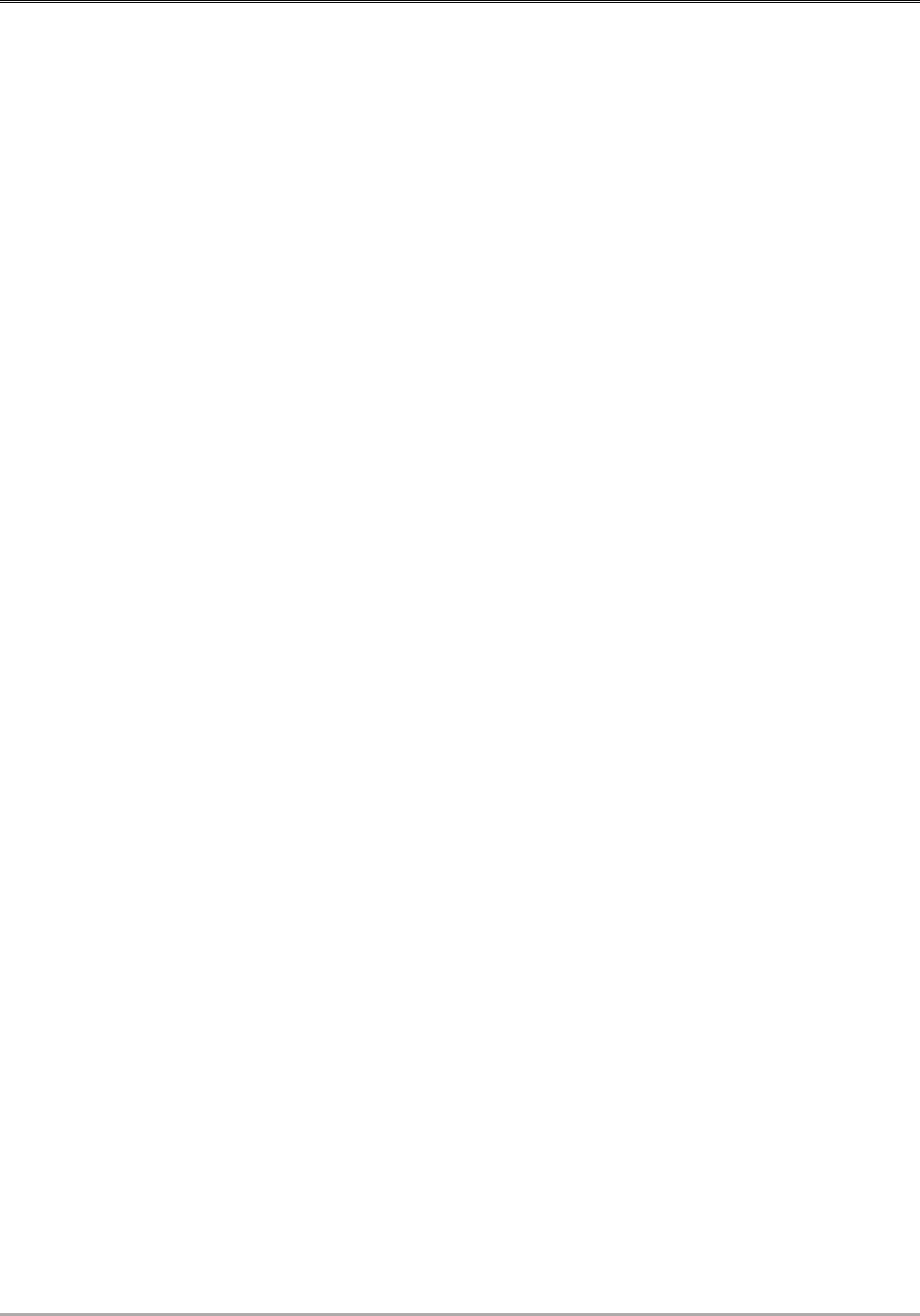
Columbia-Greene Community College 2023-2024 Catalog
236
Officers. Open only to students accepted and
enrolled in the Police Basic Training Program.
Co-Requisites: LE 110, LE 120, LE 130. (1
semester hour) Fall
LE 102 – Police Physical Fitness &
Wellness II
This is a continuation of Police Physical
Fitness & Wellness I. Students participate in a
comprehensive program of physical fitness
and wellness to enable them to meet the
minimum requirements for physical fitness in
accordance with the New York State Division
of Criminal Justice Services by the end of
training program. The fiftieth percentile
Cooper Standard must be met before the end
of the training program. Also included is
information related to wellness and stress
awareness. The New York State Division of
Criminal Justice Services mandates the
content of this course for Phase 1 of the Basic
Course for Police Officers. Open only to
students accepted and enrolled in the Police
Basic Training Program. Prerequisite: LE
101. Co-Requisites: LE 122, LE 124, LE 140,
LE 150. (1 semester hour) Spring
LE 110 – Law for Police Officers
This course examines the laws that a police
officer will be expected to utilize in the
performance of their duties. Constitutional,
penal, procedural, vehicle & traffic, and
juvenile laws are covered along with the laws
governing the use of physical & deadly force,
civil liability, and other statutes police officers
are expected to be knowledgeable of. The
laws and their applications to the police
officers’ work environment are explained.
The New York State Division of Criminal
Justice Services mandates the topics covered
by this course for Phase 1 of the Basic Course
for Police Officers. Open only to students
accepted and enrolled in the Police Basic
Training Program. Co-Requisites: LE 101, LE
120, LE 130. (5 semester hours) Fall
LE 120 – Police Process & Procedure I
This course is designed to introduce students
to the processes and procedures that police
officers are required to be knowledgeable of
and perform in carrying out their
responsibilities in the community. As part of
the course, students will apply these skills in
scenario-based learning exercises. Topics
include report writing, electronic
communications, observation & patrol, arrest
processing, professional communications,
crisis intervention, traffic direction & control,
off-duty encounters, standardized response
for unusual events, and basic crash
management and reporting. The New York
State Division of Criminal Justice Services
mandates the topics covered by this course for
Phase I of the Basic Course for Police
Officers. Open only to students accepted and
enrolled in the Police Basic Training Program.
Co-Requisites: LE 101, LE 110, and LE 130.
(5 semester hours) Fall
LE 122 – Police Process & Procedure II
This course is designed to introduce students
to the processes and procedures that police
officers are required to be knowledgeable of
and perform in carrying out their
responsibilities in the community. As part of
the course, students will apply these skills in
performance- and scenario-based learning
exercises. Topics include emergency vehicle
operation & control, defensive tactics and
principles of control, aerosol subject restraint,
and the nature and control of civil disorder.
The New York State Division of Criminal
Justice Services mandates the topics covered
by this course for Phase I of the Basic Course
for Police Officers. Open only to students
accepted and enrolled in the Police Basic
Training Program. Prerequisite: LE 120. Co-
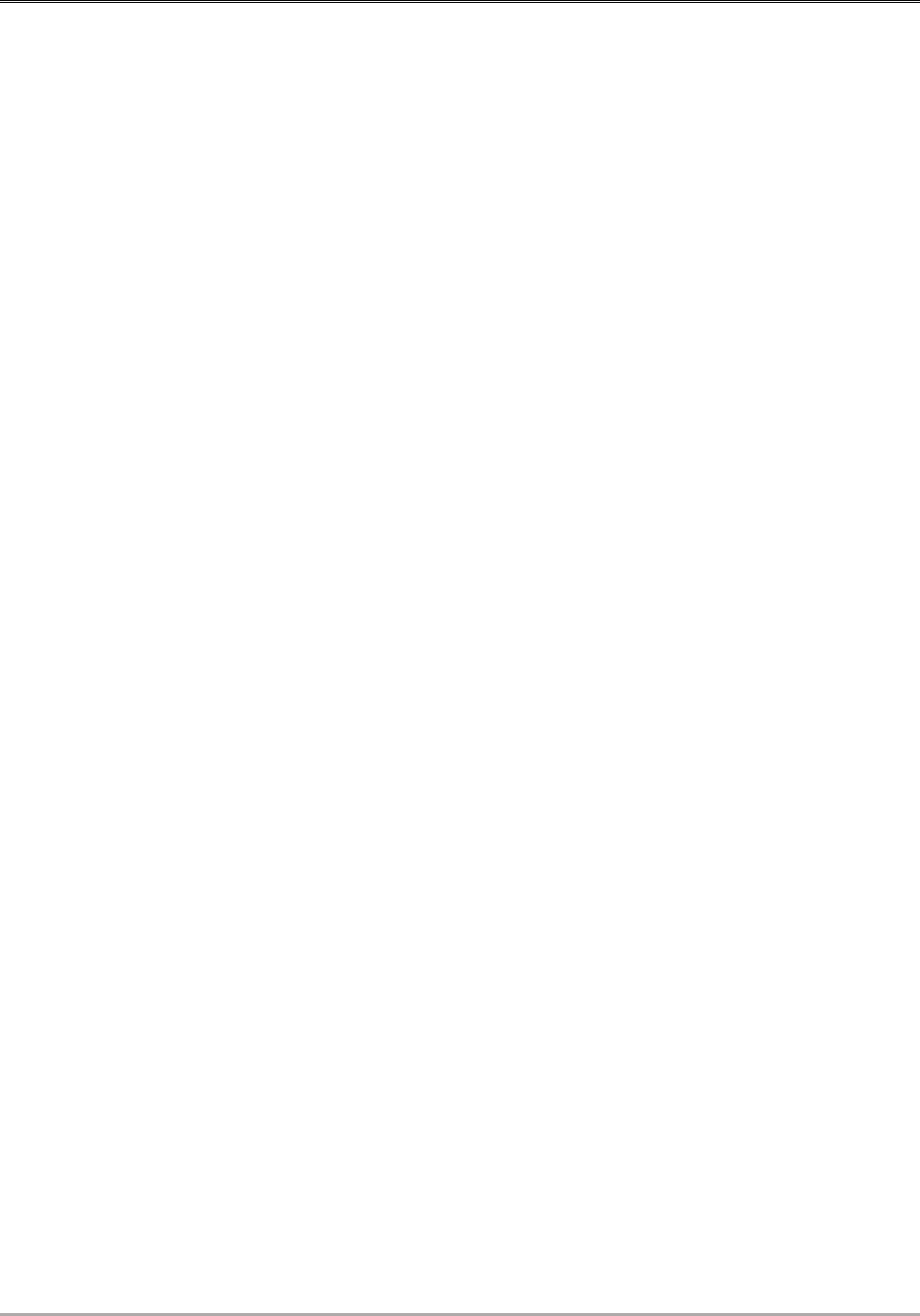
Columbia-Greene Community College 2023-2024 Catalog
237
Requisites: LE 102, LE 124, LE 140, LE 150.
(4 semester hours) Spring
LE 124 – Police Process & Procedure III
This course is designed to introduce students
to the processes and procedures that police
officers are required to be knowledgeable of
and perform in carrying out their
responsibilities in the community. As part of
the course, students will apply these skills in
scenario-based learning exercises. Topics
include vehicle stops and traffic enforcement,
recognizing the cannabis impaired motorist,
impaired driver detection and standardized
field sobriety testing, active shooter and
reality-based training. The New York State
Division of Criminal Justice Services
mandates the topics covered by this course for
Phase I of the Basic Course for Police
Officers. Open only to students accepted and
enrolled in the Police Basic Training Program.
Prerequisite: LE 120. Co-Requisites: LE 102,
LE 122, LE 140, LE 150. (4 semester hours)
Spring
LE 130 – Emergency Medical Services for
Police
This course will provide students the
information relevant to provide immediate
and temporary care of persons with medical
emergencies encountered by police officers.
Demonstrated proficiency in these skills is
required. The standards of the course meet the
standards of the U.S. Department of
Transportation. The New York State Division
of Criminal Justice Services mandates the
content of this course for Phase I of the Basic
Course for Police Officers. Open only to
students accepted and enrolled in the Police
Basic Training Program. Co-Requisites: LE
101, LE 110, LE 120. (3 semester hours) Fall
LE 140 – Investigative Techniques for
Police Officers
This course examines the processes and
techniques to conduct investigations. Students
will develop the skills required to conduct
preliminary investigations, obtain information
and identify, collect & document evidence.
Students will be familiarized with the
processes to investigate specific types of
crimes and incidents. The New York State
Division of Criminal Justice Services
mandates the topics covered by this course for
Phase I of the Basic Course for Police
Officers. Open only to students accepted and
enrolled in the Police Basic Training Program.
Co-Requisites: LE 102, LE 122, LE 150. (4
semester hours) Spring
LE 150 – Police Community Interactions
This course examines the community needs
and concerns that can affect the police-
community relationship and the skills police
officers need to address them. Emphasis is
placed on developing skills to utilize
discretion and decision-making skills fairly
and acting in a procedurally just and ethical
manner. The New York State Division of
Criminal Justice Services mandates the topics
covered by this course for Phase I of the Basic
Course for Police Officers. Open only to
students accepted and enrolled in the Police
Basic Training Program. Co-Requisites: LE
102, LE 122, LE 124, LE 140. (3 semester
hours) Spring
MATHEMATICS
MA 090 – Mathematics Fundamentals
See Transitional.
MA 098 – Pre-Statistics
See Transitional.
MA 100 – Pre-Algebra
See Transitional.
MA 102 – Statistics
This is a first course in statistics and data
analysis. Topics in descriptive statistics,
probability and probability distributions and
inferential statistics will be covered. NOTE:
The TI-83/84 Plus calculator is required.
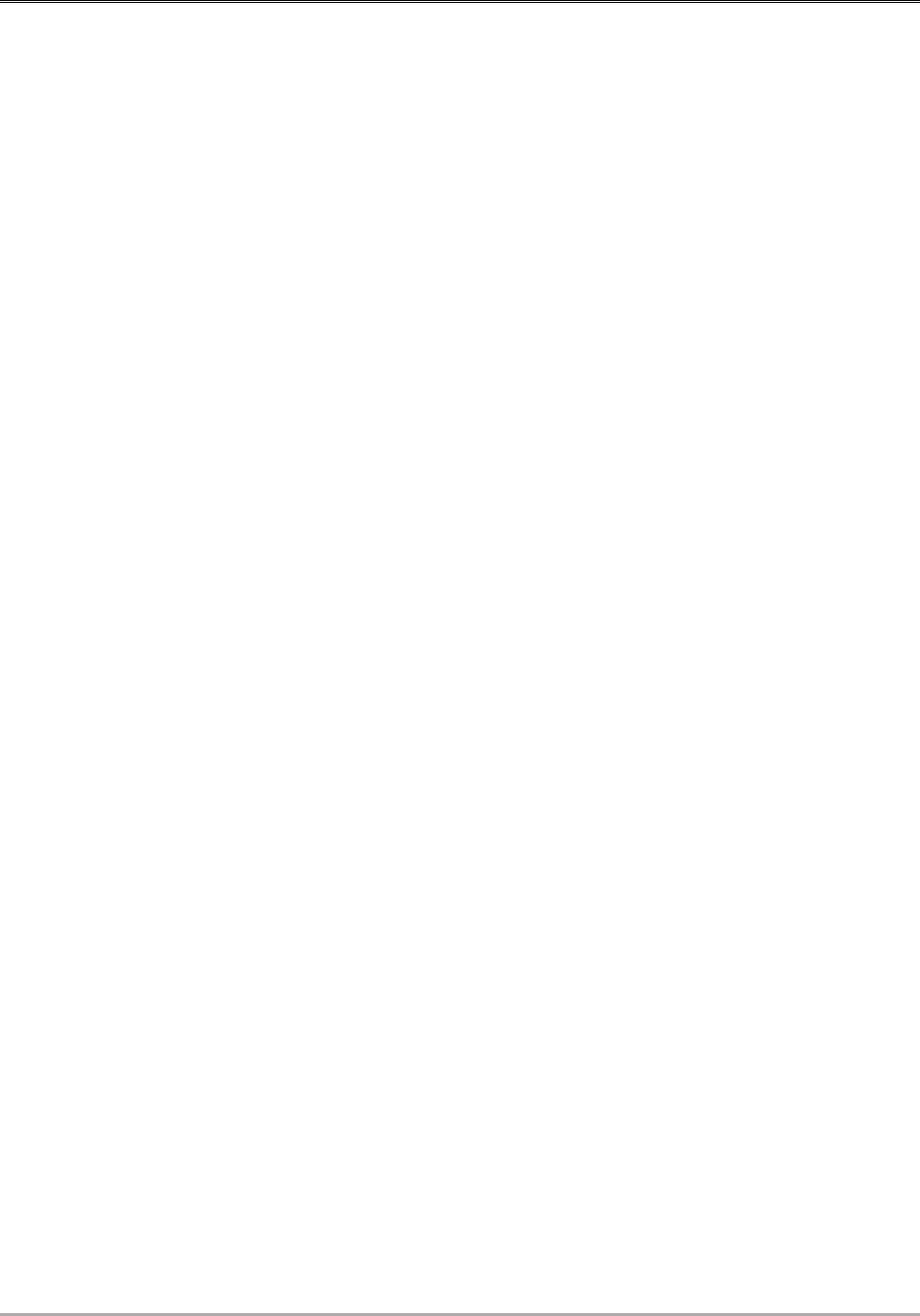
Columbia-Greene Community College 2023-2024 Catalog
238
Pre/co-requisite: Pre-Statistics (MA 098), if
required based on multiple measures. (3
semester hours) Fall/Spring
This course fulfills the SUNY General
Education requirements for Mathematics
(and Quantitative Reasoning).
MA 103 – Business Mathematics
Studies the application of basic principles of
business mathematics to provide skill in
calculating and solving practical business and
financial mathematical problems.
Mathematics relating to retailing,
manufacturing, banking, and consumers will
be covered. Some algebra skills will be taught
and used within the context of business
mathematics problems. Prerequisite:
Mathematics Fundamentals (MA 090). (3
semester hours) Fall/Spring
This course fulfills the SUNY General
Education requirements for Mathematics
(and Quantitative Reasoning).
MA 105 – Math for Elementary
Teachers I
This course is designed for students
transferring into elementary education
programs. This course provides prospective
elementary school teachers with a clear and
broad understanding of the major
mathematical concepts and skills commonly
taught in elementary math classes. The
emphasis will be on problem solving as it
relates to the number system. Probability and
statistics are also introduced. NOTE: Does not
satisfy any mathematics requirement.
Prerequisite: Pre-Algebra (MA 100). (3
semester hours) Fall
MA 110 – College Algebra
This is a reform math course. Students will
work in collaborative groups on activities in
which the mathematics arises from context.
Real life data is interpreted numerically,
symbolically and graphically. Topics include:
linear, quadratic, rational and exponential
functions. NOTE: The TI-83/84 Plus
calculator is required. Pre/co-requisite:
Elementary Algebra (MA 100), if required
based on multiple measures. (4 semester
hours) Fall/Spring
This course cannot be taken as a pre-requisite
for Precalculus.
This course fulfills the SUNY General
Education requirements for Mathematics
(and Quantitative Reasoning).
MA 111 – Precalculus
This is a study of functions that model real
world behavior. Linear, exponential,
logarithmic, trigonometric, polynomial and
rational functions are studied. This course
serves as a foundation for students going on to
Calculus. NOTE: The TI-83/84 Plus
calculator is required. Pre-requisite: MA 117
with a course grade of C or better. (4 semester
hours) Fall/Spring
MA110 may not be taken as a prerequisite for
this course.
This course fulfills the SUNY General
Education requirements for Mathematics
(and Quantitative Reasoning).
MA 113 – Statistics for the Behavioral
Sciences
The purpose of this course is to introduce
students to the statistical procedures used in
social science research. Using a combination
of hands-on activities, lecture, and discussion,
students will learn how to select appropriate
statistical tests and how to conduct data
analyses. Upon completion of the course,
students will have developed an
understanding of statistical terminology,
descriptive and inferential statistics, and the
ethics of reporting. Prerequisite: Pre-Statistics
(MA 098) or Pre-Algebra (MA 100). (3
semester hours) Fall/Spring
This course fulfills the SUNY General
Education requirements for Mathematics
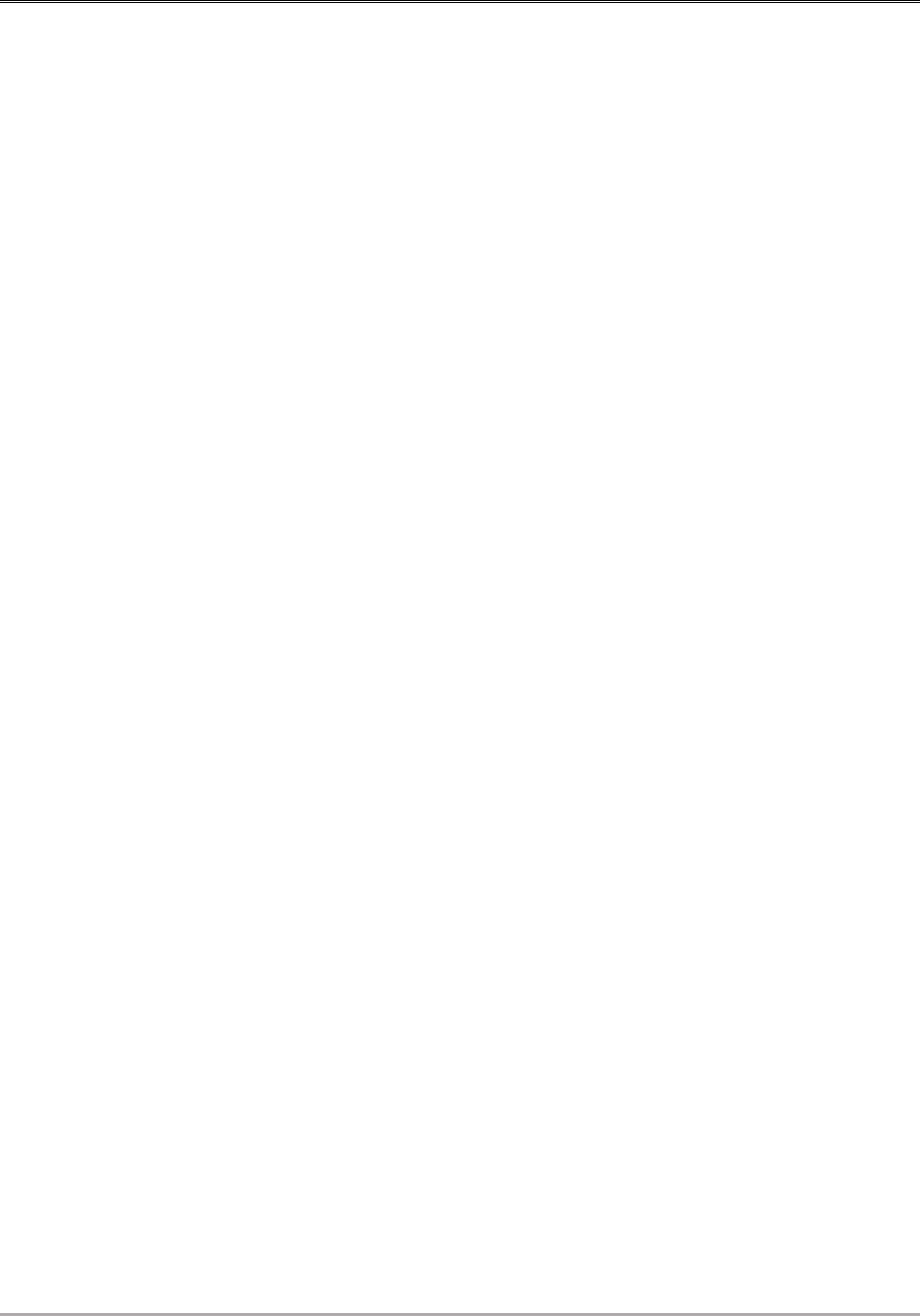
Columbia-Greene Community College 2023-2024 Catalog
239
(and Quantitative Reasoning) AND for Social
Sciences.
MA 114 – Math for Elementary Teachers
II
Second course of a two-semester sequence
covering problem solving, logic, analysis of
geometric shapes and solids, measurement,
congruence, similarity, constructions,
coordinate geometry, transformations,
calculator and measurement, and conversions
in English and metric systems. Prerequisite:
MA 105. (3 semester hours) E/O Spring
MA 117 – Algebra and Trigonometry
This is a study of linear, exponential,
logarithmic, radical, quadratic, polynomial,
rational, and trigonometric functions and
equations with an emphasis on real world
applications. This course serves as a
foundation for students going on to
Precalculus. NOTE: The TI-83/84 Plus
graphing calculator is required. Pre-requisite:
MA 100. (4 semester hours) Fall/Spring
This course fulfills the SUNY General
Education requirements for Mathematics
(and Quantitative Reasoning).
MA 122 – Calculus I
This is the first course in the study of the
concepts and procedures of Calculus. Topics
include: Limits, The Derivative, Applications
of the Derivative, and the Definite Integral.
NOTE: The TI-83/84 Plus calculator is
required. Prerequisite: MA 111 with a course
grade of C or better within 5 years. (4 semester
hours) Fall/Spring
This course fulfills the SUNY General
Education requirements for Mathematics
(and Quantitative Reasoning).
MA 123 – Calculus II
A continuation of MA 122. Topics include the
integral, applications of the definite integral,
differential equations, Taylor expansions.
NOTE: The TI-83/84 Plus calculator is
required. Prerequisite: MA 122 with a course
grade of C or better. (4 semester hours) Spring
This course fulfills the SUNY General
Education requirements for Mathematics
(and Quantitative Reasoning).
MARKETING
MK 101 – Principles of Marketing
A survey of marketing theory and practice.
Covers marketing planning and management,
marketing strategy, sales forecasting,
consumer buying behavior, product
development, pricing, placement, and
promotion methods. (3 semester hours)
Fall/Spring
MK 160 – Introduction to Digital
Marketing
This course examines the basic principles and
concepts of digital marketing. Topics include:
social media marketing, search engine
optimization, content creation and designing
effective advertising campaigns, email
marketing, and analysis of online marketing
programs. NOTE: Students who successfully
complete all required elements of MK 160 and
MK 161 will earn a professional certificate in
Google Digital Marketing and E-Commerce.
NOTE: Repeat of CI 160. (3 semester hours)
Fall
MK 161 – Introduction to E-Commerce
Students will explore terminology, trends, and
techniques related to conducting digital
commerce. Current platforms for operating a
digital storefront will be identified and
utilized throughout the course. Audience
identification and analysis of success metrics
will also be covered. NOTE: Students who
successfully complete all required elements of
MK 160 and MK 161 will earn a professional
certificate in Google Digital Marketing and E-
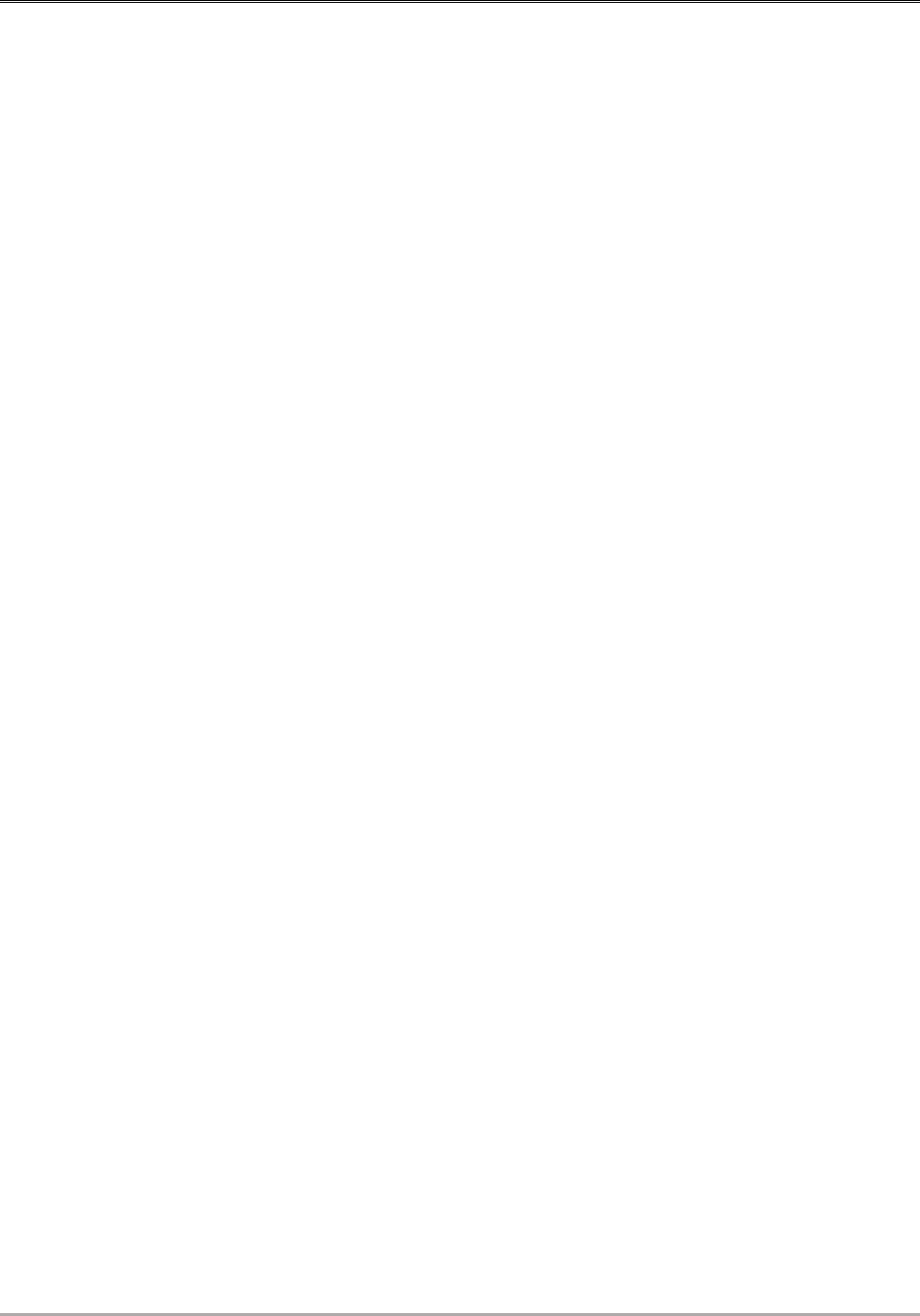
Columbia-Greene Community College 2023-2024 Catalog
240
Commerce. NOTE: Repeat of BU 130. (3
semester hours) Spring
MUSIC
MU 101 – Introduction to Music
Teaches students how to listen to music and
understand it by identifying the basic
materials of music and relating them to other
areas; e.g., poetry, painting, sculpture, and
architecture. By way of reading, lectures, and
listening to music, the course proceeds from
basic concepts in music to an understanding of
form, movement, and style. (3 semester
hours) Fall
This course fulfills the SUNY General
Education requirements for The Arts.
MU 103 – History of Jazz
A brief history of jazz from its beginning to
the present through lectures, listening, and
reading. The various styles will be presented
as well as the lives and history of selected
performers. (3 semester hours) Special
Rotation
This course fulfills the SUNY General
Education requirements for The Arts.
MU 104 – History of Rock Music
This course surveys the history of the genre,
starting with music's roots in Africa to its
emergence as one of America's global cultural
legacies. Key trends, subgenres and artists
will be examined, as will rock music's place,
influence, and reflection of American and
British society. A music background is not
required. (3 semester hours) Spring
This course fulfills the SUNY General
Education requirements for The Arts.
NURSING
NU 101 – Nursing I
In this course, the student examines the
concepts which form the health-illness
framework of the nursing program.
Professional standards are introduced. The
nursing process is utilized as the basis for all
nursing practice throughout the life cycle.
Emphasis is placed upon acquiring a body of
knowledge that will permit individualization
of nursing care, based on evidence-based
practice and scientific rationales from the
biological and behavioral sciences, and the
liberal arts. The major focus will be care of
clients with alterations in mobility, skin
integrity, and alterations in cellular
functioning. Laboratory practice provides the
opportunity to develop beginning skills in
both technical and interpersonal aspects of
nursing. This course includes fundamental
concepts upon which subsequent courses will
build. Corequisites: BI 130, EN 101, and
matriculation in the Nursing Program. (4
lecture hours/9 lab hours) (7 semester hours)
Fall
NU 102 – Nursing II
A continuation of NU 101 with emphasis on
the care of the client with common health
needs related to oxygenation, fluid and
electrolyte balance, and elimination.
Laboratory experiences provide the student
with the opportunity to utilize the nursing
process in the care of the healthy and the ill
client throughout the life span. Students are
expected to independently review classroom
theory from NU 101 throughout this course.
Prerequisites: NU 101, BI 130, EN 101.
Corequisites: BI 131, BI 210 and PY 101. (4
lecture hours/9 lab hours) (7 semester hours)
Spring
NU 201 – Nursing III
NU 201 will prepare the second-year student
to apply the nursing process when caring for
clients with physiological, psychosocial, and
expanding family needs. Laboratory
experiences will provide the student
opportunity to increase their proficiency in
meeting client needs. There is no new
medical-surgical theory presented in this
course. However, clinical conference time is
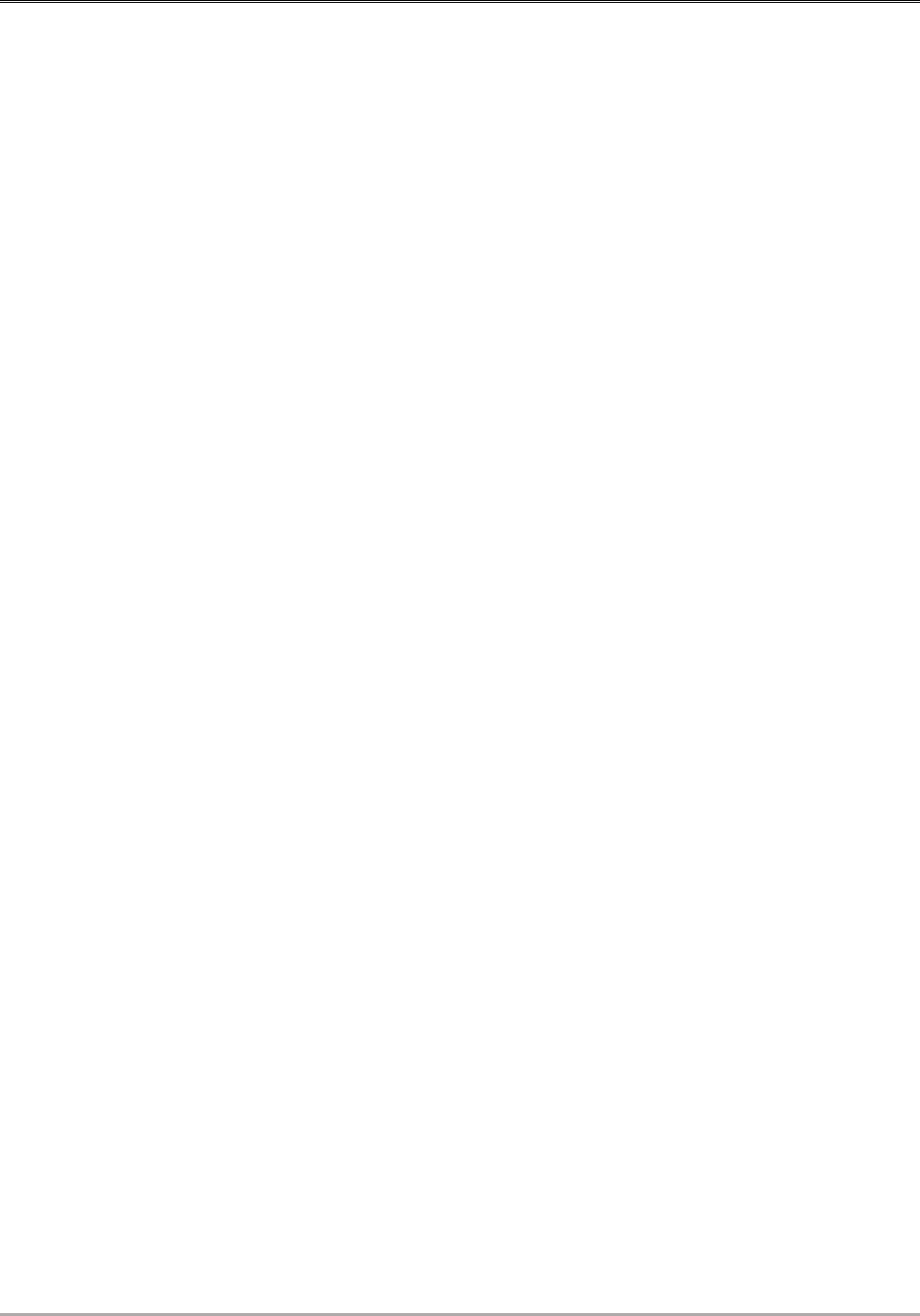
Columbia-Greene Community College 2023-2024 Catalog
241
utilized to reinforce medical-surgical and
pharmacology content presented in Nursing
101 and 102. This is done through case
studies, clinical vignettes, and discussion of
situations encountered in the clinical setting.
Students are expected to independently
review theory from NU 101 and NU 102
throughout this course. Prerequisites: NU
101, NU 102, BI 130, BI 131, BI 210, EN 101,
MA 102, and PY 101. Corequisites: PY 201
and SO 101. (5 lecture hours/15 lab hours) (10
semester hours) Fall
NU 202 – Nursing IV
NU 202 will prepare the second-year student
to care for clients with complex psychosocial
and medical-surgical needs. The nursing
process will be applied to clients throughout
the life span who are experiencing alteration
in the following systems: metabolic,
endocrine, gastrointestinal, sensory,
neurological, and burns. New pediatric
content is presented. In addition, pediatric
disorders that the student was introduced to
earlier in the program, are now discussed in
more depth. There is a great deal of emphasis
on clinical application of classroom theory
and critical thinking. This is done through
case studies, clinical vignettes, and discussion
of situations encountered in the clinical
setting. Clinical experiences will provide the
student opportunity to increase their
proficiency in caring for clients with complex
health needs. Students will explore the
professional and personal adjustments
required for transition to the graduate nurse
role. Students are expected to independently
review theory from NU 101, NU 102, and NU
201 throughout this course. Prerequisites: NU
101, NU 102, NU 201, BI 130, BI 131, BI 210,
EN 101, MA 102, PY 101, PY 201 and SO
101. Corequisite: EN 102. (5 lecture hours/15
lab hours) (10 semester hours) Spring
PHYSICAL EDUCATION
PE 112 – Canoeing/Kayaking
An introductory course designed to give
participants the opportunity to acquire skills
and knowledge in open water canoeing and
kayaking. Topics will include paddling,
navigating techniques, small craft equipment
selection, water safety, route planning and
relevant physical conditioning information.
Prerequisite: Basic swimming ability. (1
semester hour) Special Rotation
PE 118 – Physical Fitness for Law
Enforcement
This course is designed to acquaint students
with information regarding physical fitness
requirements for employment in law
enforcement. This course will give students
the skill necessary to establish fitness goals
for themselves as well as the knowledge of
how to achieve and maintain standards of
physical fitness. (1 semester hour) Special
Rotation
PE 162 – Total Cardio Fitness
This course will introduce students to
cardiovascular fitness. Upon completion of
the course, students will be able to design
physical fitness plans tailored to specific
interests and abilities. Students will also be
able to describe the health benefits and safety
concerns related to a variety of aerobic
activities. The course will also promote an
awareness of the lifelong benefits of regular
aerobic exercise. (1 semester hour) Special
Rotation
PE 185 – Weight Training
Educates students in the principles of weight
training plus offers them a supervised
personal weight training program. Students
will be instructed in proper weight-training
techniques, safety measures, and specific
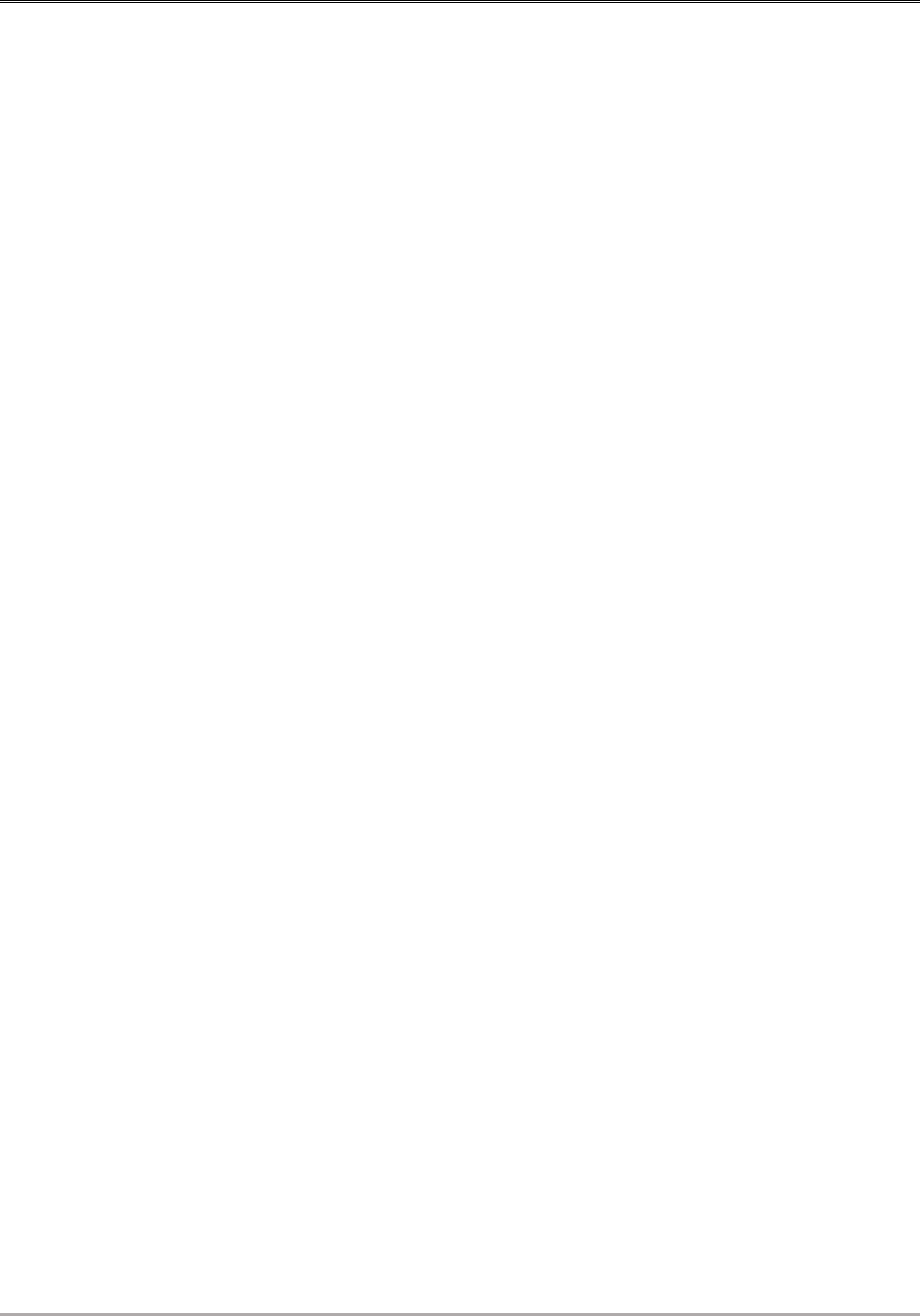
Columbia-Greene Community College 2023-2024 Catalog
242
exercises for each major muscle group.
Universal and free-weight equipment will be
used. (1 semester hour) Special Rotation
PE 190 – Advanced Weight Training
Designed to enable students to continue to
learn about the physiology of strength training
as well as participate in a regular weight
training program. Prerequisite: PE 185. (1
semester hour) Special Rotation
PE 218 – Criminal Justice Fitness
Leadership
This course is designed to allow students to
continue their own physical preparation for
potential employment in law enforcement and
to begin developing leadership skills in the
training and motivating of others who are
beginning fitness training. Students will be
trained within the guideline of FitForce, a
national comprehensive fitness program for
law enforcement personnel. Prerequisite: PE
118. (1 semester hour) Special Rotation
PE 262 – Advanced Total Cardio Fitness
This course is designed to enable students to
continue their cardiovascular fitness journey
by building upon their existing knowledge of
aerobic activities. Upon completion of the
course, students will be able to design
physical fitness plans tailored to specific
interests and abilities. Students will also be
able to describe the health benefits and safety
concerns related to a variety of aerobic
activities. The course will also promote an
awareness of the lifelong benefits of regular
aerobic exercise. Prerequisite: PE 162. (1
semester hour) Special Rotation
PHILOSOPHY
PL 101 – Introduction to Philosophy
A study of philosophical ethics, metaphysics,
logic, epistemology, and aesthetics in the
thinking of Western and Eastern philosophers.
Special attention is given to the cultural
setting and impact of philosophy and thinking
philosophically. (3 semester hours) Fall
This course fulfills the SUNY General
Education requirements for Humanities.
PL 102 – Philosophical Approaches to
Morality
This course is a survey of ethics and morality
in western and eastern philosophical
traditions. The following topics will be
addressed: definitions of ethics and morality,
ethical relativism, egoism, ethical theories,
virtue, feminist ethics, the ethics of
compassion and suffering (Buddhism),
Benevolence (Confucius) and Taoism.
Applied ethics will be explored via the
analysis of current issues in media ethics,
political ethics, business ethics, educational
ethics and bioethics. (3 semester hours)
Special Rotation
PL 103 – Philosophy of Eastern Religion
An introduction to the philosophies and
religions of the East. Particular attention is
given to Hinduism, Buddhism, Confucianism,
Taoism, and Islam. (3 semester hours) Spring
This course fulfills the SUNY General
Education requirements for Diversity: Equity,
Inclusion, and Social Justice AND for World
History and Global Awareness.
POLITICAL SCIENCE
PS 101 – American Government
An analysis of the American political system,
with emphasis on the Constitution. Topics
include American conservative and liberal
political traditions, political parties, and the
organization and operation of the executive,
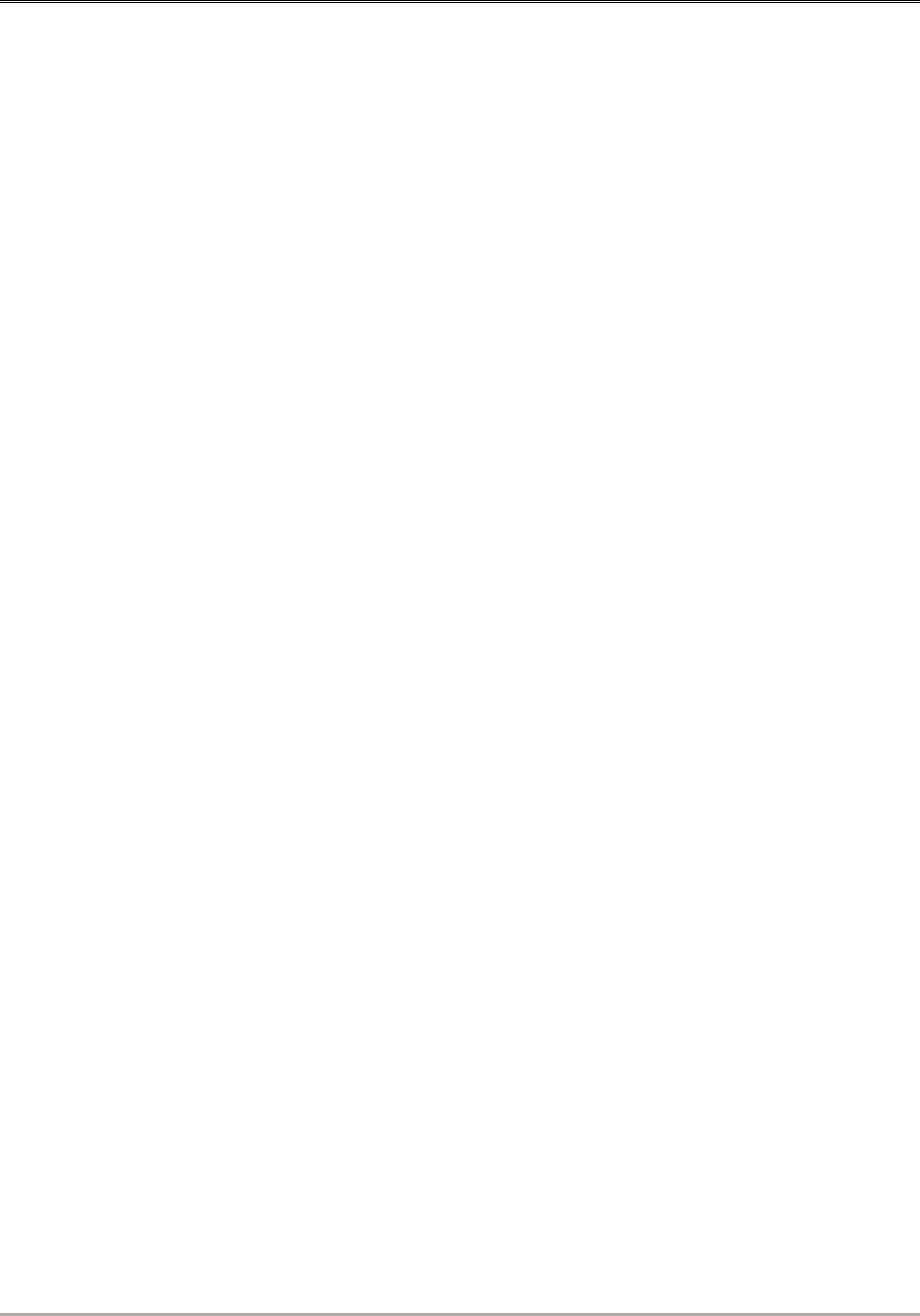
Columbia-Greene Community College 2023-2024 Catalog
243
judicial, and legislative branches of
government. (3 semester hours) Fall
This course fulfills the SUNY General
Education requirements for Social Sciences.
PS 102 – American State and Local
Government
This course studies the structure and functions
of American governments, the American
pattern of local government, relationship of
local to state government, and of both to the
Federal government. Special emphasis will be
on the political institutions and legal system of
the State of New York and the municipalities
of Columbia and Greene counties. (3 semester
hours) Special Rotation
PS 104 – Contemporary Global Issues
Wars, revolutions, human rights, terrorism,
natural and man-made disasters, international
trade and economic issues impact the entire
global community. This course is designed to
acquaint the student with the tools and
methods to analyze the historical, political,
and industrial precursors leading up to these
events. With this practical and theoretical
foundation, students will be able to
understand and engage in informed
discussions about the important global issues
in the coming decades. (3 semester hours) Fall
This course fulfills the SUNY General
Education requirements for Diversity: Equity,
Inclusion, and Social Justice.
PS 105 – Comparative Politics
This course provides a broad overview of the
comparative politics subfield by focusing on
substantive questions about the world today.
Students will use their knowledge of these
concepts to help understand past and current
developments in a variety of geographical
settings, including developing countries. The
course invites students to grapple with ideas
central to political structures around the
world. For example, the state’s role enforcing
order, the differences between autocracies and
democracies and the institutional forms of
democratic governments. Students will
consider how some institutions are more
likely than others to produce desirable social
outcomes such as accountability,
redistribution and political stability. (3
semester hours) Special Rotation
PS 123 – Presidential Elections in America
This course will have three major
components. It will investigate the history and
the process of Presidential elections in
America. It will also present the multiple
viewpoints on the major issues of the current
Presidential campaign. Finally, there will be a
discussion of the value and practice of critical
thinking. (3 semester hours) Fall (during
Presidential election years)
PS 130 – Contemporary Constitutional
Issues
Provides an introduction to constitutional law
and public policy. Seminars emphasize
effective reasoning on a range of
contemporary issues, determining each credit
on the basis of relevance to present-day
concerns of American citizens. NOTE: Active
participation in class discussions is required.
(3 semester hours) Fall
PS 202 – Introduction to Political Thought
This course is a chronological introduction to
a selection of influential works in Western
political theory. Some of the central themes
that the course will cover are: justice, human
nature and political action. The course will
draw on the works of important thinkers,
including: Plato, Aristotle, Machiavelli,
Hobbes, Locke, Rousseau, Marx, and
Tocqueville. Students are introduced to the
ideologies of liberalism, conservatism,
fascism, socialism, and nationalism, and
consider how assumptions about human
nature in general, and political ideals of order,
liberty, equality, and justice, in particular,
affect choice of ideology. Prerequisite: one
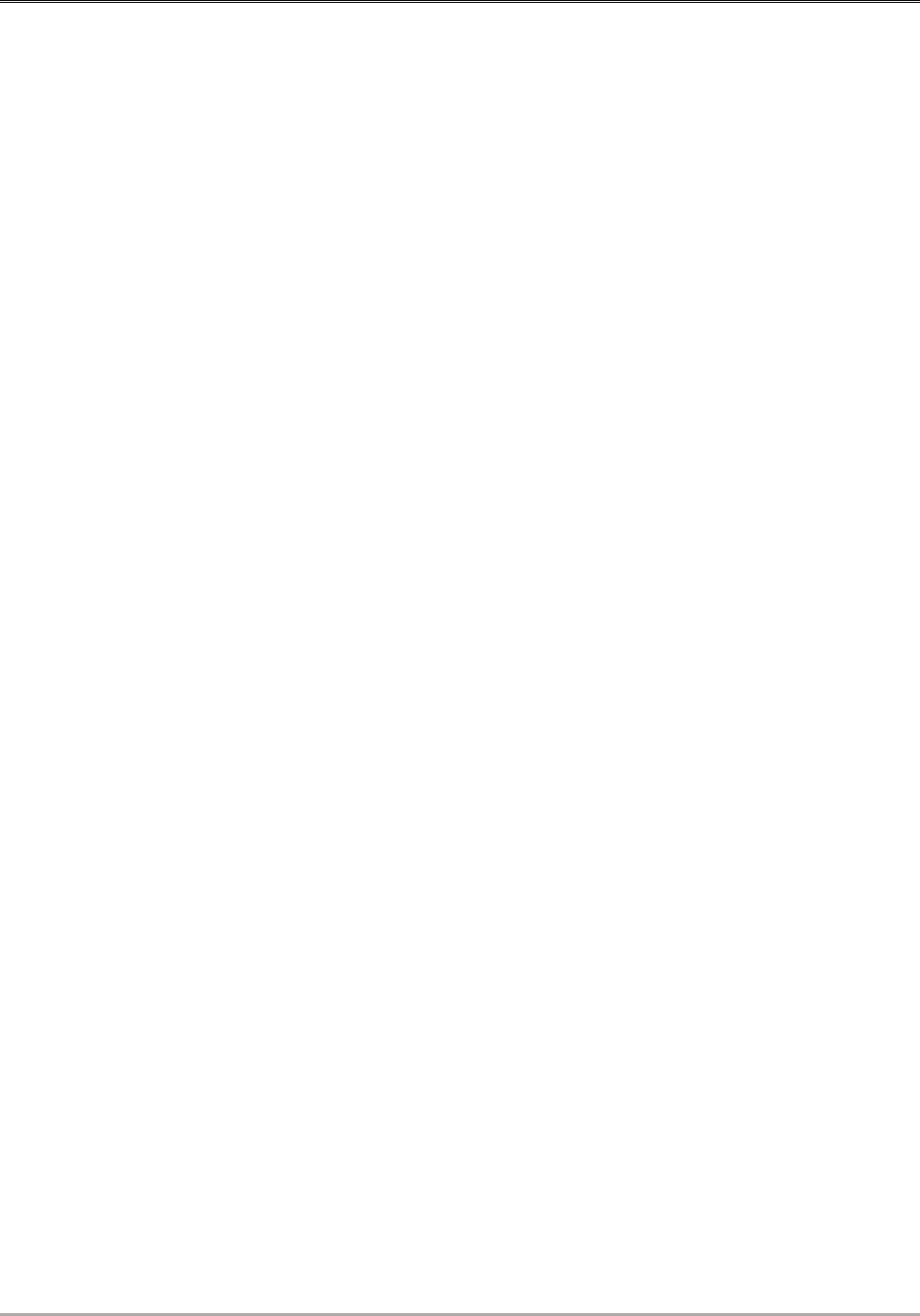
Columbia-Greene Community College 2023-2024 Catalog
244
100-level Political Science or History course.
(3 semester hours) Special Rotation
PHYSICS
PX 101 – College Physics I
An algebra-based theory and laboratory
course covering the physics of mechanics,
thermodynamics, and wave motion.
Prerequisite: MA 110, or MA 111, or MA
117, or MA 122, or MA 123. (3 lecture
hours/3 lab hours) (4 semester hours) Fall
This course fulfills the SUNY General
Education requirements for Natural Sciences
(and Scientific Reasoning).
PX 102 – College Physics II
A continuation of PX 101, covering the
physics of optics, electricity and magnetism,
and modern physics. Prerequisite: PX 101. (3
lecture hours/3 lab hours) (4 semester hours)
E/O Spring
PX 103 – University Physics I
A calculus-based theory and laboratory course
covering the physics of mechanics, including
applications in rotation, static equilibrium,
and fluids. Provides the material needed to
transfer into engineering, physics, or other
physical science programs. Corequisite: MA
122. (3 lecture hours/3 lab hours) (4 semester
hours) Special Rotation
This course fulfills the SUNY General
Education requirements for Natural Sciences
(and Scientific Reasoning).
PX 104 – University Physics II
A continuation of PX 103, covering
gravitation, oscillations, and electricity and
magnetism. Prerequisite: PX 103.
Corequisite: MA 123. (3 lecture hours/3 lab
hours) (4 semester hours) Special Rotation
PSYCHOLOGY
PY 101 – General Psychology
An overview of the scientific discipline of
psychology, including some of the methods
and basic concepts of the field and major
aspects of human behavior, such as emotion,
learning, conditioning, motivation,
personality, and development. (3 semester
hours) Fall/Spring
This course fulfills the SUNY General
Education requirements for Social Sciences.
PY 104 – Psychology for Business
Survey of effective interpersonal and
leadership behaviors that allow for team and
human development. Topics include work
motivation, stress management,
communication strategies, psychological
testing, coping with change, and personal and
organizational improvement. (3 semester
hours) Fall/Spring
This course fulfills the SUNY General
Education requirements for Social Sciences.
PY 106 – Psychology of Effectiveness
This course is designed to introduce students
to psychological concepts related to personal,
relational, and occupational effectiveness.
This course will assist students in building
psychological resiliency, increase
understanding of others, communicate more
effectively, find life direction, and appreciate
the complexity of society and those living
within it. Psychological principles and
research will form the foundation for each
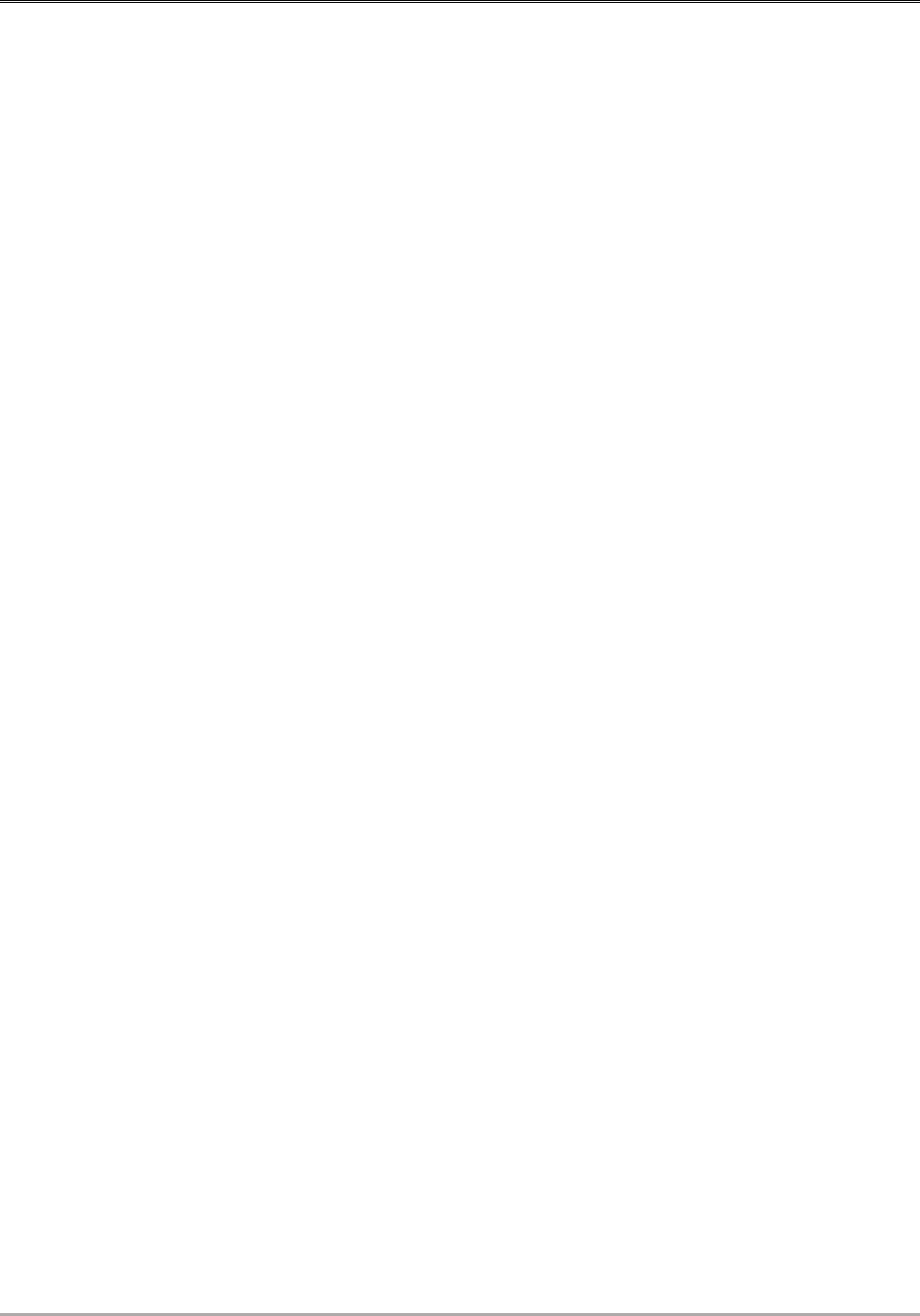
Columbia-Greene Community College 2023-2024 Catalog
245
topic with emphasis given to skill
development. (3 semester hours) Fall/Spring
This course fulfills the SUNY General
Education requirements for Social Sciences.
PY 201 – Lifespan Development
A survey of current theory on development
from conception to death. Topics include
physical growth and maturation, cognitive and
personality development, concerns of
adolescence and young adulthood, and the
special challenges of middle and late
adulthood in our society. Prerequisite: PY
101. (3 semester hours) Fall/Spring
This course fulfills the SUNY General
Education requirements for Social Sciences.
PY 203 – Social Psychology
Will focus on how individuals influence and
relate to one another. Attention will be given
to dynamics of interpersonal relationships,
their effect on group processes, and personal
adjustment. Topics include conformity,
obedience, aggression, altruism, attraction,
and persuasion. Prerequisite: PY 101. (3
semester hours) Fall/Spring
This course fulfills the SUNY General
Education requirements for Diversity: Equity,
Inclusion, and Social Justice AND for Social
Sciences.
PY 205 – Child and Adolescence
Psychology
An introduction to physical, cognitive, and
socio-emotional development occurring from
conception through adolescence. Topics
include personality and identity, moral and
social development, language development,
changes in cognition, and intelligence.
Prerequisite: PY 101. (3 semester hours)
Fall/Spring
This course fulfills the SUNY General
Education requirements for Social Sciences.
PY 210 – Learning Disabilities
A general survey of major learning
disabilities, their classification, etiology, and
prognosis. Special education legislation,
service procurement and provisions, and some
methods of instruction for children with
learning disabilities are also covered.
Prerequisite: PY 101. (3 semester hours) Fall
PY 212 – Behavioral Change
Principles of operant conditioning and
application of these principles to modify
behavior. Focus will be on practical
procedures for changing behavior in the
natural environment. Prerequisite: PY 101. (3
semester hours) Spring
PY 215 – Theories of Personality
Designed to investigate the nature of the
personality, how it develops, and why we
differ and act similarly. The goal is to expose
students to a variety of approaches to
personality, including psychoanalytical,
behavioral, cognitive, humanistic, and traits.
The ultimate goal is to give students the tools
with which to derive their own answers about
human personality and behavior. Prerequisite:
PY 101. (3 semester hours) Fall/Spring
This course fulfills the SUNY General
Education requirements for Social Sciences.
PY 217 – Sport Psychology
Examines the major psychological theories
related to sport and exercise behavior. Topics
covered will include the history and
development of sport psychology, the
personality and motivation of the athlete,
arousal and anxiety, social influences,
intervention techniques, and
counseling/clinical issues that are especially
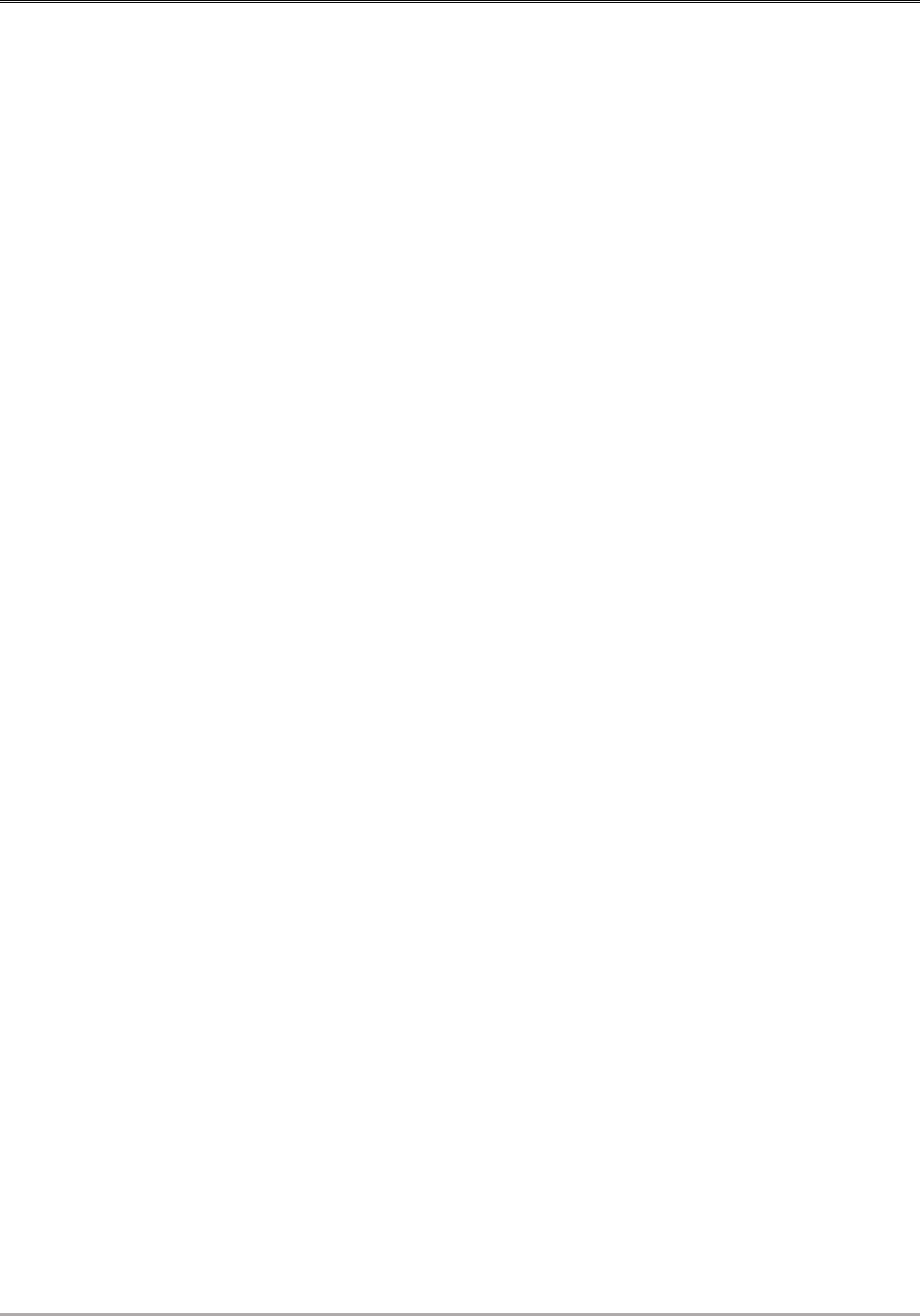
Columbia-Greene Community College 2023-2024 Catalog
246
relevant to athletes. Prerequisite: PY 101. (3
semester hours) Summer
PY 230 – Criminal Psychology
An examination of the dynamics of the
physiological, cognitive and learning factors
involved in criminal behavior from a
psychological perspective. Criminal profiling,
forensic analysis, victim profiling and victim
analysis will also be discussed. Prerequisite:
PY 101. (3 semester hours) Fall
PY 250 – History of Psychology
This course is designed to assist students in
developing a historical perspective of
psychology. Students will examine
psychological theory and ideas in relation to
their social, cultural, and historical roots.
Attention will be given to the development of
psychology, both as a natural and
experimental science. This course will
provide students with a thorough overview of
the philosophical underpinnings, scientific
progression, and theoretical evolution of the
study of the mind. Prerequisite: PY 101. (3
semester hours) E/O Spring
PY 292 – Educational Psychology
This course is an in-depth study of
fundamental concepts and principles of
psychology that have broad applicability to
classroom practice. Topics include the nature
of learning as it relates to children and
adolescents; cognitive and linguistic
development; personal, social and moral
development; individual and group
differences; special needs; instructional
strategies; and classroom management. Case
study analysis will be used to translate theory
into practice. Prerequisite: PY 101. (3
semester hours) Spring
PY 299 – Abnormal Psychology
Examines the dimensions, theories, and
findings in human psychopathology with
emphasis on cultural considerations when
defining abnormality. Topics include
concepts of abnormality, theories of
classification, disorders, etiology, assessment,
and treatment. Prerequisite: PY 101. (3
semester hours) Fall/Spring
This course fulfills the SUNY General
Education requirements for Social Sciences.
READING SKILLS
RS 100 – Reading Skills
See Transitional.
SPANISH
SA 101 – Spanish I
For students with little or no background in
Spanish. While all four comprehension skills
(reading, writing, speaking and listening) are
emphasized, class time is used primarily to
practice listening to and speaking Spanish.
Proficiency is achieved in the present and
immediate future tenses, comparatives and
superlatives, and the use of everyday
vocabulary. An awareness of contemporary
Hispanic cultures is also emphasized.
Laboratory CDs supplement the course. (3
semester hours) Fall/Spring
This course fulfills the SUNY General
Education requirements for World
Languages.
SA 102 – Spanish II
A continuation of SA 101. Emphasizes the
four basic comprehension skills plus the past
tenses, direct and indirect pronouns,
frequently used vocabulary, and
contemporary Hispanic civilization. Class
time is spent primarily practicing, listening to,
and speaking Spanish. Laboratory CDs
supplement the course. Prerequisite: SA 101
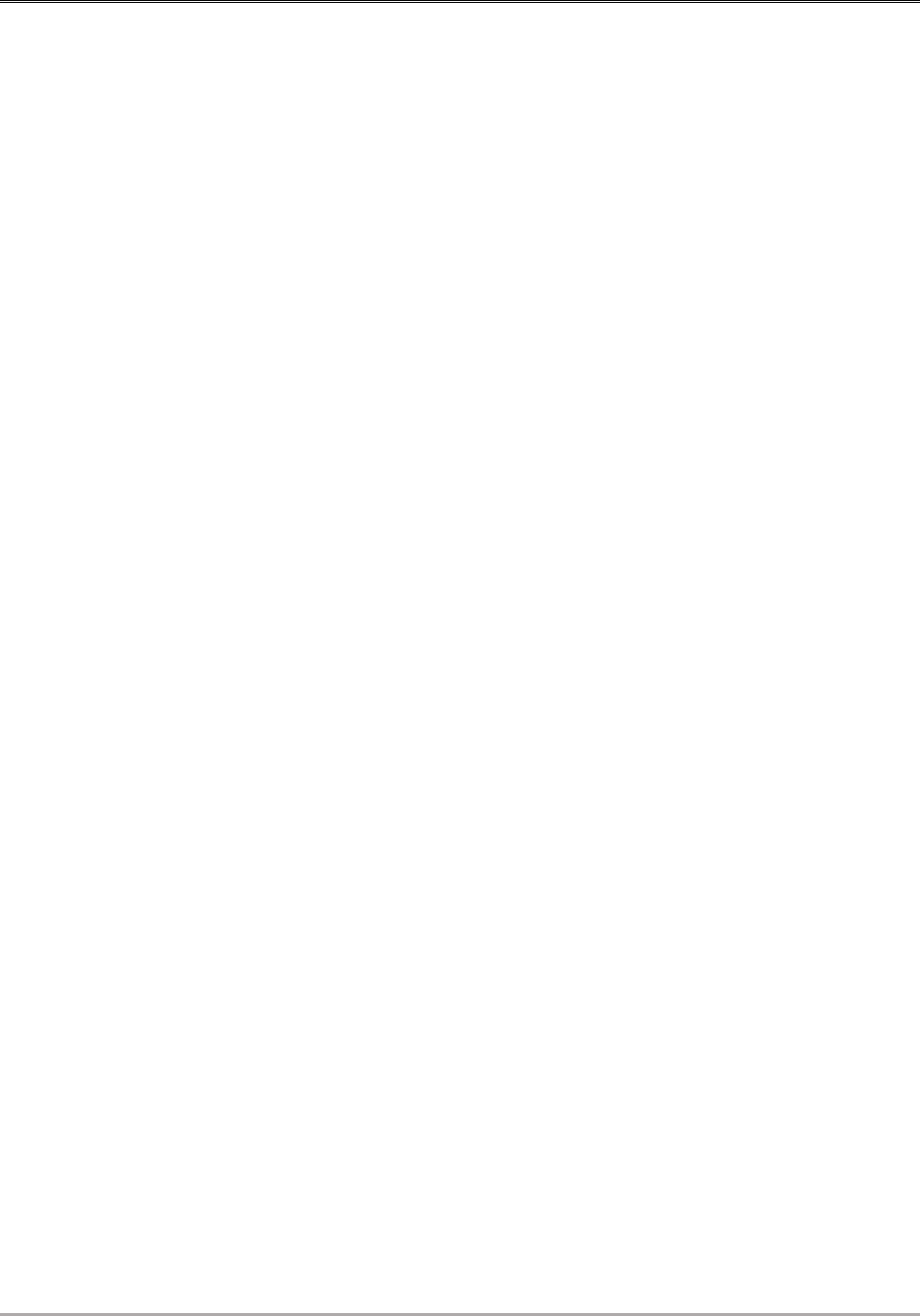
Columbia-Greene Community College 2023-2024 Catalog
247
or three years of high school Spanish or
equivalent. (3 semester hours) Spring
This course fulfills the SUNY General
Education requirements for World
Languages.
SA 201 – Spanish III
A continuation of SA 102. Emphasizes the
four basic comprehension skills plus the
reflexives, the present subjunctive, the present
perfect, and Hispanic culture. Class is
conducted entirely in Spanish for extensive
practice in listening and speaking skills.
Prerequisite: SA 102. (3 semester hours)
Special Rotation
This course fulfills the SUNY General
Education requirements for World
Languages.
SA 202 – Spanish IV
A continuation of SA 201. Emphasizes the
four basic comprehension skills plus the use
of the subjunctive and cultural readings and
discussions. Class is conducted entirely in
Spanish for extensive practice in listening and
speaking skills. Prerequisite: SA 201. (3
semester hours) Special Rotation
This course fulfills the SUNY General
Education requirements for World
Languages.
SCIENCE
SC 141 – Forensic Science
For the non-science major, an introduction to
the basic scientific theory and techniques used
in criminal investigation. Topics include:
proper handling and preservation of crime-
scene evidence; glass, soil, fingerprint, drug
and paint chip examination, hair analysis;
cloth, fiber, the uses of spectrophotometry,
chromatography, and other instrumental
methods in evidence analysis. Also, the
description of serological techniques, DNA
profiling, and toxicological techniques.
Course covers sufficient inorganic and
organic chemical concepts for students to gain
an elementary understanding of the various
analytical techniques. NOTE: Repeat of CH
125 (3 lecture hours/3 lab hours) (4 semester
hours) Fall/Spring
This course fulfills the SUNY General
Education requirements for Natural Sciences
(and Scientific Reasoning).
SC 143 – Astronomy and Culture
This online course will focus on the influence
of the sky on both ancient and modern
civilization. The course covers basic
astronomy concepts including: solar system
alignments (solstices, equinoxes, and
eclipses), the phases of the Moon,
constellations, and calendars. It features case
studies of historic sites with cultural and
astronomical significance such as
Stonehenge, The Great Pyramids, Templo de
las Siete Muñecas and The Octagon
Earthworks. Through the use of online tools,
students will explore different views of the
night sky related to traditional star stories.
Emphasis will be placed on the interpretation
of evidence involved in evaluating an
archaeological site for astronomical
importance. (3 semester hours) Fall
This course fulfills the SUNY General
Education requirements for Natural Sciences
(and Scientific Reasoning).
SC 150 – Fundamentals of Agribusiness
Fundamentals of Agribusiness is designed to
appeal to a wide variety of people interested
in exploring the possibility of using their
property for agricultural purposes or
exploring the possibility of a career in an
agricultural occupation. Lecture topics will
focus on the fundamentals of running an
agricultural business. In lab, students will
learn about the interrelationship between the
business of agriculture and the scientific
principles underlying a successful farm.
Students will visit local farms, interview local
farmers to discuss their strategies for success
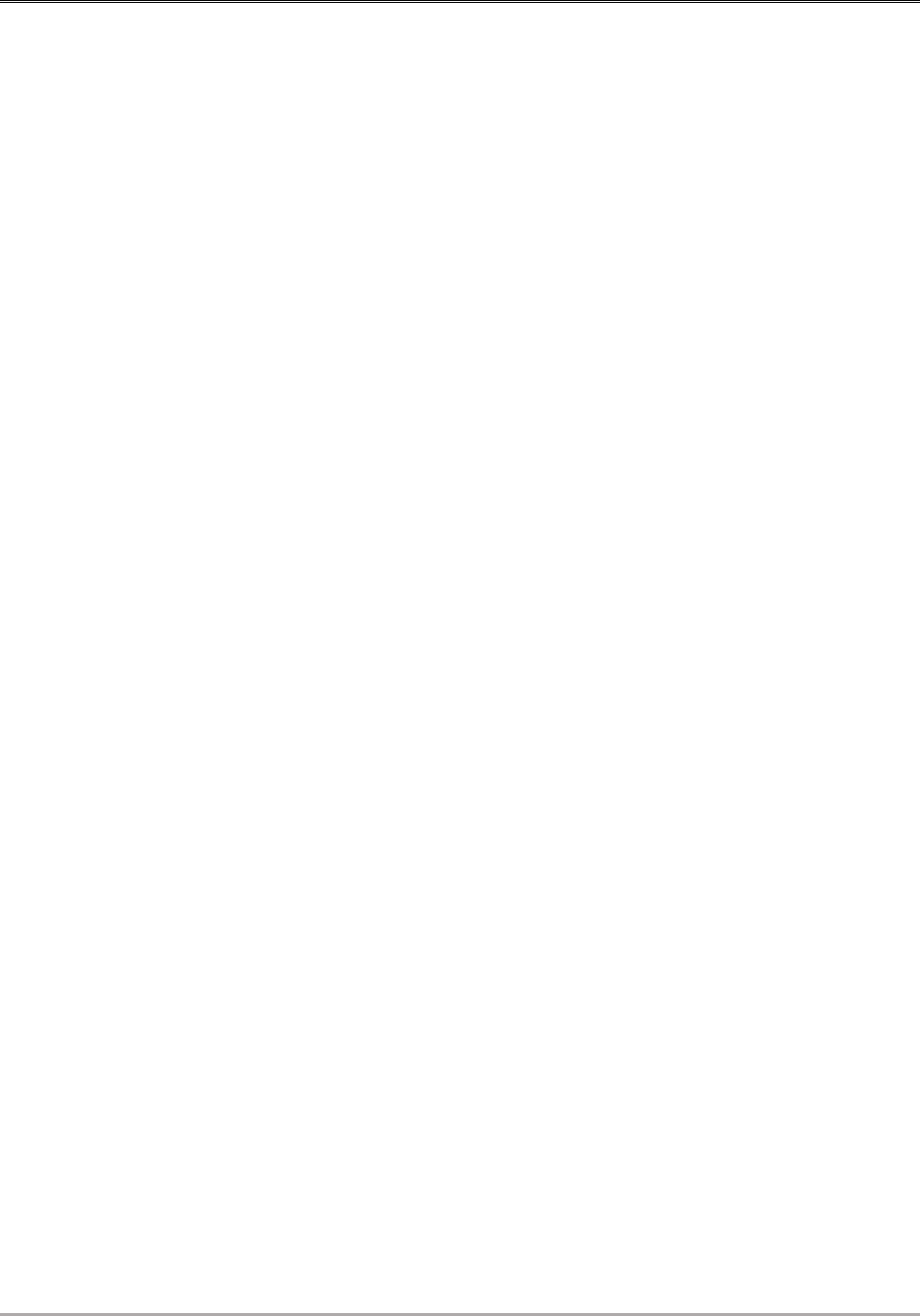
Columbia-Greene Community College 2023-2024 Catalog
248
and problems to avoid, and collect data related
to operations of a farm. Students will also
become familiar with the New York State
Agricultural Tax Exemptions Schedule F. (3
lecture hours/3 lab hours) (4 semester hours)
Special Rotation
This course fulfills the SUNY General
Education requirements for Natural Sciences
(and Scientific Reasoning).
SC 160 – Extreme Weather and Climate
Change
A study of extreme weather events (e.g.,
hurricanes, floods, tornadoes, blizzards,
drought, etc.) from a variety of perspectives.
This non-lab course examines the atmospheric
processes involved in the formation,
evolution, and destruction caused by these
events as well as the human impact in the
region affected. Historic cases and real-time
events will be utilized to illustrate these
processes and impacts. In addition, the impact
of the recent rapid warming of Earth’s climate
system on the number and severity of different
extreme weather events will be studied. In
particular, evidence will be examined to help
determine if there has already been a change
over the past century and whether further,
perhaps more profound, change is likely in the
future. The physical basis for these proposed
changes and possible impacts on human
society will also be examined. (3 semester
hours) Special Rotation
This course fulfills the SUNY General
Education requirements for Natural Sciences
(and Scientific Reasoning).
SOCIAL SCIENCE
SL 110 – Cultural Diversity
An introduction to cultural pluralism in the
United States by closely investigating issues
in American culture such as power, privilege,
social class, gender, sexual orientation, race,
and ethnicity. The two-fold goal is to increase
information about cultural diversity issues and
thereby increase sensitivity, understanding,
and appreciation of diversity. Diversity will
be examined from the perspectives of
psychology, sociology, and anthropology, the
problems presented by cultural differences in
the United States, and the consequences for
individuals and groups who live in a
pluralistic society. (3 semester hours)
Fall/Spring
This course fulfills the SUNY General
Education requirements for Diversity: Equity,
Inclusion, and Social Justice.
SL 113 – Research Methods for the
Behavioral Sciences
The purpose of this course is to introduce
students to the methods and experimental
procedures used in research in the behavioral
sciences. Using a combination of hands-on
activities, lecture, and discussion, students
will learn how to plan and conduct research.
Students will gain knowledge of the scientific
method, ethical standards in research,
descriptive methodology, correlational
research, experimental design, data analysis,
statistical interpretation, and scientific
writing. (3 semester hours) Fall
This course fulfills the SUNY General
Education requirements for Social Sciences.
SL 115 – Conflict Resolution: Theory and
Practice
This course will focus on the understanding of
interpersonal and intergroup conflict. The
significant factors leading to conflict and
strategies for conflict intervention will be
examined. Students will gain skills in de-
escalating conflictual interactions, applying
conflict analysis, conflict prevention and
conflict management. (3 semester hours) E/O
Spring
SL 150 – Leadership Theory and Practice
This course serves as an introduction to
various theories of leadership and their
applications in real-life situations. Students
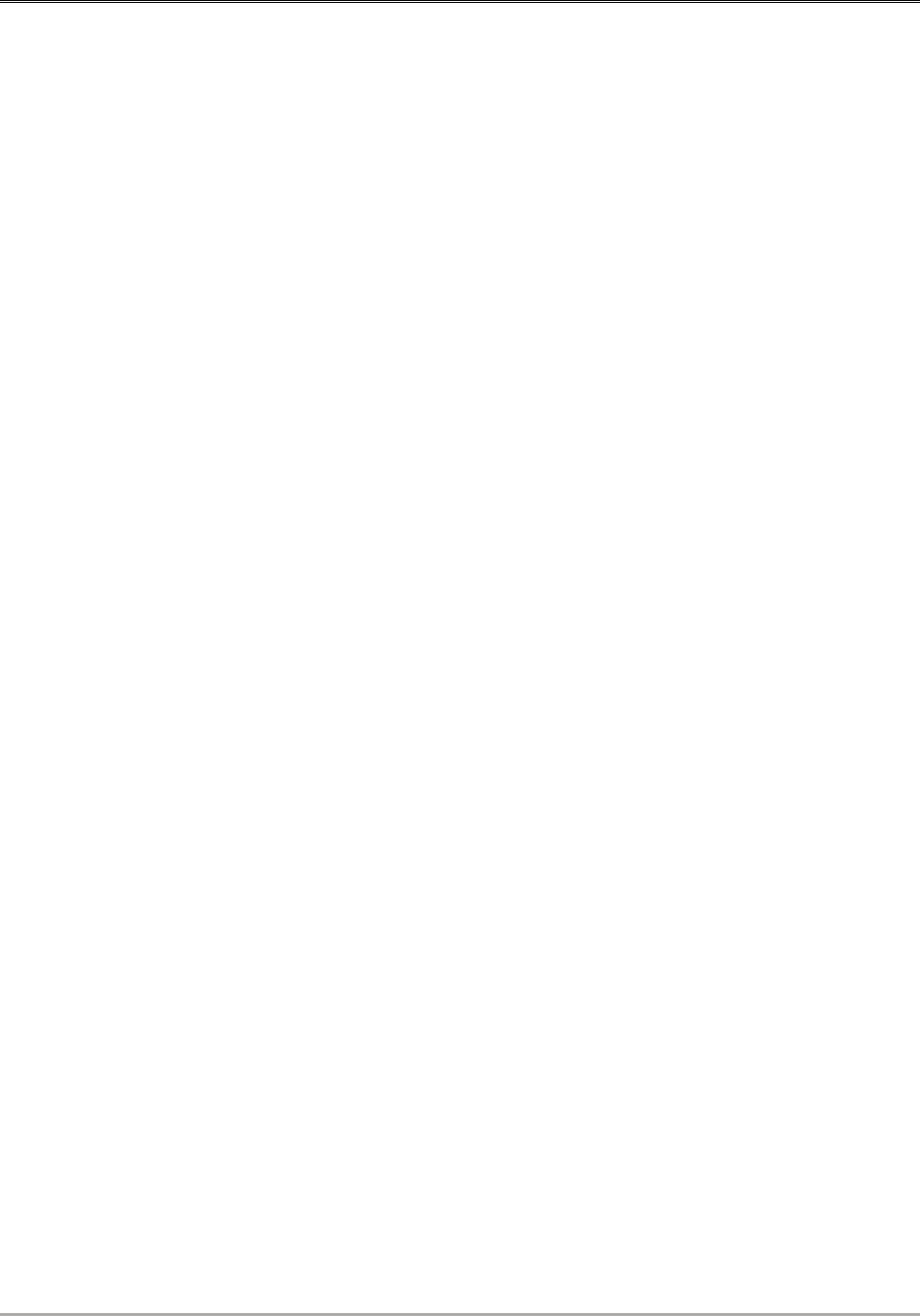
Columbia-Greene Community College 2023-2024 Catalog
249
who take this course will develop an
understanding of the traits, skills, and
behaviors associated with various leadership
approaches through an examination of
existing theoretical models. Students will
have an opportunity to discuss and analyze the
utility of multiple styles of leadership and will
be able to identify ethical and culturally
informed leadership skills that can be applied
in a variety of settings. (3 semester hours) Fall
This course fulfills the SUNY General
Education requirements for Social Sciences.
SL 170 – Social/Cultural History of
Cannabis
This course explores cannabis culture through
various historical, sociological,
psychological, and anthropological
perspectives. Topics include historical and
current uses, criminalization and
discrimination, pop culture and media
coverage, activism and movements toward
legalization. Students taking this class will
develop a foundational understanding of
cannabis as both a medicinal and recreational
tool in historic and contemporary societies. (3
semester hours) Fall/Spring
This course fulfills the SUNY General
Education requirements for Diversity: Equity,
Inclusion, and Social Justice.
SL 205 – Trauma and Resilience
This course is an exploration into the history
of the traumatic syndromes, the neuroscience
of the body-brain connection, developmental
trauma theory, acute trauma, post-traumatic
stress disorder, traumatic brain injury and
secondary and tertiary trauma. Subject matter
also includes an examination of the recovery
process including an introduction into how
evolutionary theory, cognitive behavioral
therapy, narrative, EMDR, yoga,
neurofeedback, community building and
psychopharmacology have influenced
contemporary treatment approaches.
Prerequisite: PY 101. (3 semester hours) Fall
SIGN LANGUAGE
SN 101 – American Sign Language I
An introduction to the study of sign language
and its various forms. Students will learn the
use of the manual alphabet for fingerspelling
and how to develop vocabulary through sign
production. Opportunities to use and practice
American Sign Language are provided. (3
semester hours) Fall
This course fulfills the SUNY General
Education requirements for World
Languages.
SN 102 – American Sign Language II
Advanced instruction in the use of American
Sign Language (ASL). This course will allow
participants to continue to develop their
ability to use linguistic features, cultures,
protocols, and core vocabulary to function in
ASL conversations that include ASL
grammar. Prerequisite: SN 101. (3 semester
hours) Spring
This course fulfills the SUNY General
Education requirements for World
Languages.
SOCIOLOGY
SO 101 – Introduction to Sociology
An introduction to and overview of the field
of sociology. Gives students a basic working
knowledge of the major institutions present in
American society and their relationship to
power, conflict, and social change. (3
semester hours) Fall/Spring
This course fulfills the SUNY General
Education requirements for Diversity: Equity,

Columbia-Greene Community College 2023-2024 Catalog
250
Inclusion, and Social Justice AND for Social
Sciences.
SO 102 – Social Problems
This course is designed to introduce students
to a variety of contemporary social problems.
Using sociological theory and concepts,
students will come to better understand
potential origins and remedies of modern-day
social concerns. (3 semester hours)
Fall/Spring
This course fulfills the SUNY General
Education requirements for Diversity: Equity,
Inclusion, and Social Justice AND for Social
Sciences.
SO 207 – Criminology
This course provides an overview of the
nature of crime, causes of criminal behavior,
and the main sources of crime data. Major
emphasis is given to the principal theories of
criminality and the application of these
theories to contemporary crime issues. A
discussion of the characteristics and
behavioral patterns of the offender will be
included as well as the relevance of these
factors for prediction, prevention, and control
of crime. Prerequisite: SO 101. (3 semester
hours) Fall
This course fulfills the SUNY General
Education requirements for Social Sciences.
SO 209 – Juvenile Delinquency
This course explores the nature and extent of
juvenile delinquency in the United States. An
emphasis will be placed on the biological,
sociological, and psychological factors
contributing to the phenomenon of juvenile
delinquency. Examines the history,
philosophy, and development of the American
juvenile and family court system with an
emphasis on the rights of juveniles,
dispositional alternatives, and current trends.
Corequisite: SO 101 or CJ 102. (3 semester
hours) Spring
SO 213 – Sociology Through Literature
This course is designed to assist students in
developing a sociological imagination
through an examination and analysis of
literature. Works of fiction and nonfiction can
serve as effective vehicles for social
commentary, analysis, and criticism. To that
end, this course will examine key social
relations, concepts, and theoretical models,
using a sociological perspective, through the
study of literary texts. Prerequisite: EN 101
and SO 101. (3 semester hours) Special
Rotation
SO 243 – Sociology of Gender
This course is a sociological analysis of
gender in a variety of socio-economic and
cultural contexts. After exploring the origins
and evolution of gender, students analyze both
the social construction of gender and the
gendered structure of social life in
contemporary U.S. society. The course
examines the impact gender has on the lives
of women and men in the areas of family,
education, work, friendship, love, sexuality
and violence. Prerequisite: SO 101. (3
semester hours) Fall
This course fulfills the SUNY General
Education requirements for Diversity: Equity,
Inclusion, and Social Justice.
SO 250 – Environment and Society
This course is designed to illuminate the
relationship between society and the
environment. Particular attention will be
given to the issues of sustainability and
justice. Topics include the means of
production, consumption, population, health
and legislation. After completing this course,
students will be able to apply sociological
theory to environmental concerns utilizing
critical analysis that examines both the social
institutions of society and the practices of
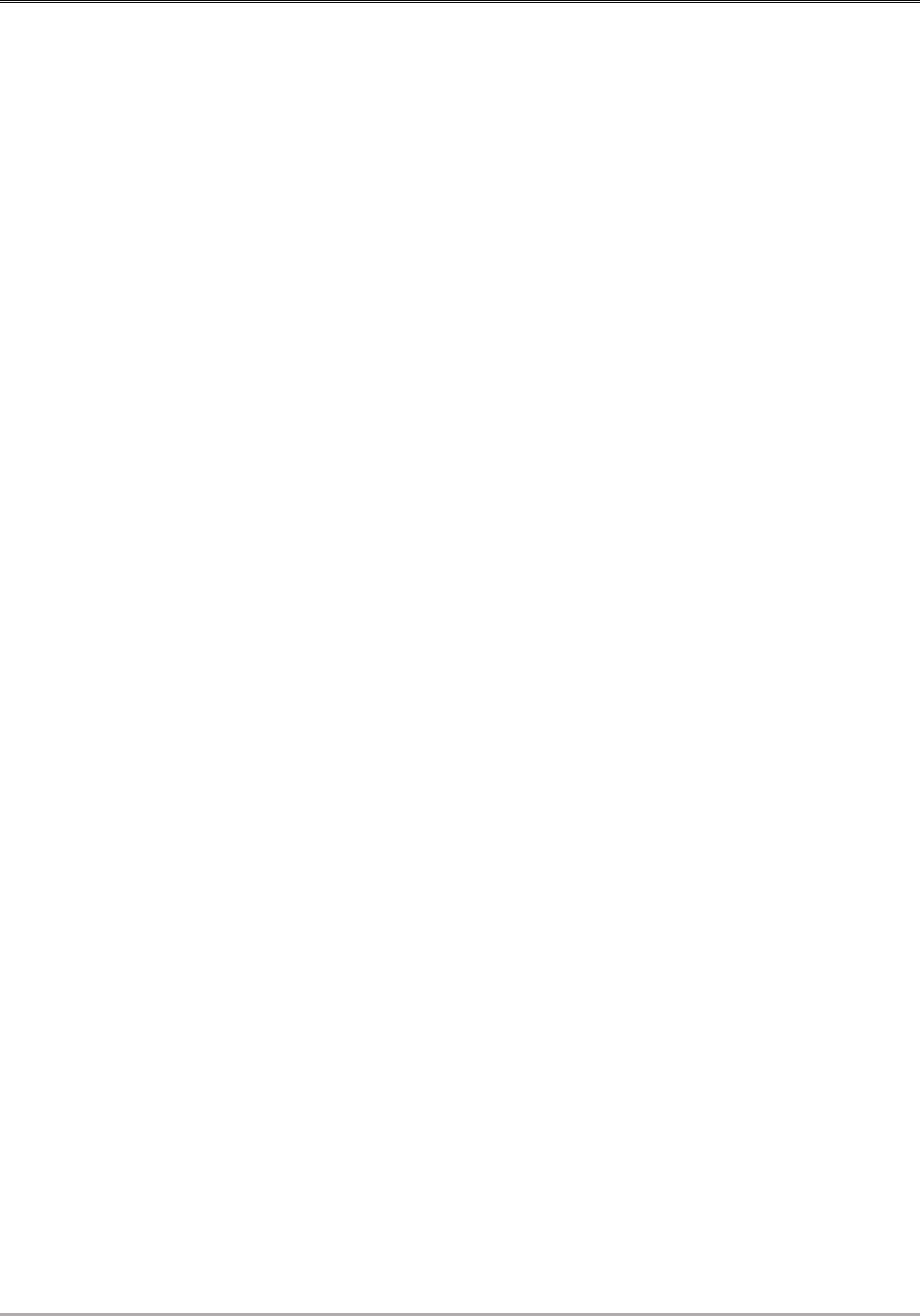
Columbia-Greene Community College 2023-2024 Catalog
251
individuals. Prerequisite: SO 101. (3 semester
hours) E/O Spring
This course fulfills the SUNY General
Education requirements for Social Sciences.
THEATER
TH 102 – Acting I
An introductory course in the theory and
techniques of acting as a craft. Emphasis is on
physical and vocal training, improvisation,
theater games, monologue work, basic scene
work, and ease in speaking and movement. (3
semester hours) Special Rotation
This course fulfills the SUNY General
Education requirements for The Arts.
TH 110 – Introduction to Theater
The course provides an introduction to
historical, aesthetic, and technical aspects of
theatrical production. To be experientially
involved in theater, students will write,
produce, stage and perform an original play
developed through improvisational
techniques. (3 semester hours) Special
Rotation
This course fulfills the SUNY General
Education requirements for The Arts.
TECHNICAL PROFESSIONS
TP 110 – Introduction to Cannabis
Cultivation
This course prepares students for work in the
cannabis cultivation industry. The content
focuses on specific knowledge and skill sets
to work in both indoor and outdoor grow
facilities, including greenhouses. Students
will learn about the cannabis growth cycle,
elements of plant health, agricultural
cultivation techniques, cannabis plant
tracking systems, state regulations and
inspections, and biosecurity measures. (3
semester hours) Spring
TP 114 – Introduction to Cannabis
Processing
This course prepares students for work in the
cannabis processing industry. The content
focuses on specific knowledge and skill sets
for employability in a variety of cannabis
processing positions. Students will learn how
to properly harvest, dry, trim, and cure raw
plant material, as well as the various methods
for refining cannabis. (3 semester hours)
Spring
TRANSITIONAL
EN 090 – English Fundamentals
This course emphasizes the writing process
which includes grammatical and written
structures. It is intended for students who need
to develop their skills in writing with
emphasis in the development of sentence
structure to paragraph structure. It is expected
that students will master specific writing
genres (narrative, descriptive, illustration,
compare/contrast, and persuasive). Grading is
Satisfactory (S) or Unsatisfactory (U). NOTE:
This course does not satisfy the English
requirement for an associate degree.
Prerequisite: NEXT GENERATION
ACCUPLACER score 237-246 or course
placement using Multiple Measures. (0
semester hours) (3 equivalent hours) Fall
EN 100 – English Skills
This corequisite course, linked with EN 101,
emphasizes the writing process which
includes grammatical and written structures. It
is intended for students who need to develop
their skills in writing with emphasis in the
development of paragraph structure to essay
structure. It is expected that students will
master specific writing genres (narrative,
descriptive, illustrative, compare/contrast,
and persuasive). Grading is Satisfactory (S) or
Unsatisfactory (U). Note: This course does
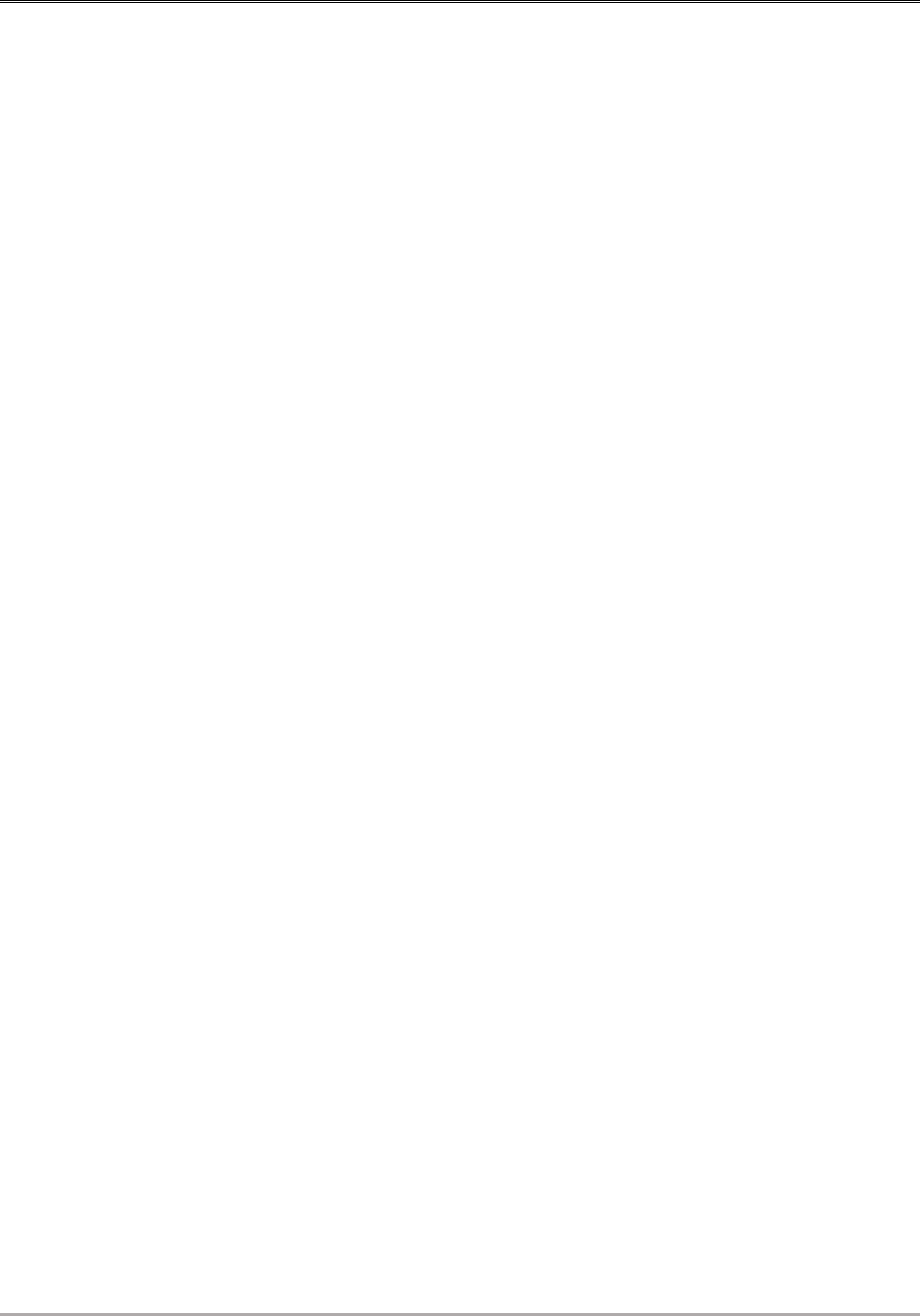
Columbia-Greene Community College 2023-2024 Catalog
252
not satisfy the English requirement for an
associate degree. Prerequisite: NEXT
GENERATION ACCUPLACER score 247-
262, or ACCUPLACER WritePlacer (essay)
scores 3 and 4, or successful completion of
EN 090, or course placement using Multiple
Measures. (0 semester hours) (1 equivalent
hour) Fall/Spring
ES 096 – English as a Second Language –
Intermediate Level
This course is designed for students whose
native language is not English. The purpose of
the course is to develop and to promote
intermediate level proficiencies in all areas of
language acquisition – reading, writing,
listening, and speaking – necessary for
students to become college ready. Emphasis
will be on vocabulary and their applications,
and phonetic development within a literacy-
based learning environment. (0 semester
hours) (3 equivalent hours) Fall/Spring
ES 098 – English as a Second Language –
Advanced Level
This course is designed for students whose
native language is not English. The purpose of
the course is to develop and to promote
advanced level proficiencies in all areas of
language acquisition – reading, writing,
listening, and speaking – necessary for
students to become college ready. Emphasis
will be on oral and written expressions,
reading and listening skills, grammatical
structures, every day and academic
vocabulary and their applications, and
phonetic development within a literacy-based
learning environment. (0 semester hours) (3
equivalent hours) Fall/Spring
MA 090 – Mathematics Fundamentals
This course is designed for students who need
to master basic arithmetic computations,
concepts and applications in order to advance
to other math courses for their major area of
study. Topics include operations with whole
numbers, fractions, decimals and percent.
There will be an emphasis on introductory
algebra. Grading is Satisfactory (S) or
Unsatisfactory (U). NOTE: This course does
not satisfy the mathematics requirement for an
associate degree. Prerequisite: NEXT
GENERATION ACCUPLACER Arithmetic
score 236-244 or course placement using
Multiple Measures. (0 semester hours) (3
equivalent hours) Fall/Spring
MA 098 – Pre-Statistics
This course will prepare students for a
college-level Statistics class. It covers basic
math calculations with fractions, decimals,
and percents, data collection, descriptive
statistics, basic probability and the use of the
TI-83-84 graphing calculator. Grading is
Satisfactory (S) or Unsatisfactory (U). NOTE:
This course does not satisfy the mathematics
requirement for an associate’s degree.
Prerequisite: ACCUPLACER Arithmetic
score 90-120 or Elementary Algebra 39-76 or
successful completion of MA 090, or course
placement using Multiple Measures. (0
semester hours) (2 equivalent hours)
Fall/Spring
MA 100 – Pre-Algebra
This course is designed for students who need
to master basic algebraic computations,
concepts and applications in order to advance
to other math courses for their major area of
study. Topics include evaluating and solving
word problems; polynomials and algebraic
functions, including factoring; and graphing
and systems of linear equations. Grading is
Satisfactory (S) or Unsatisfactory (U). NOTE:
This course does not satisfy the mathematics
requirement for an associate degree.
Prerequisite: NEXT GENERATION
ACCUPLACER score of 245 or greater in
Arithmetic, or 237-259 in Quantitative
Reasoning, Algebra & Statistics, or successful
completion of MA 090, or course placement
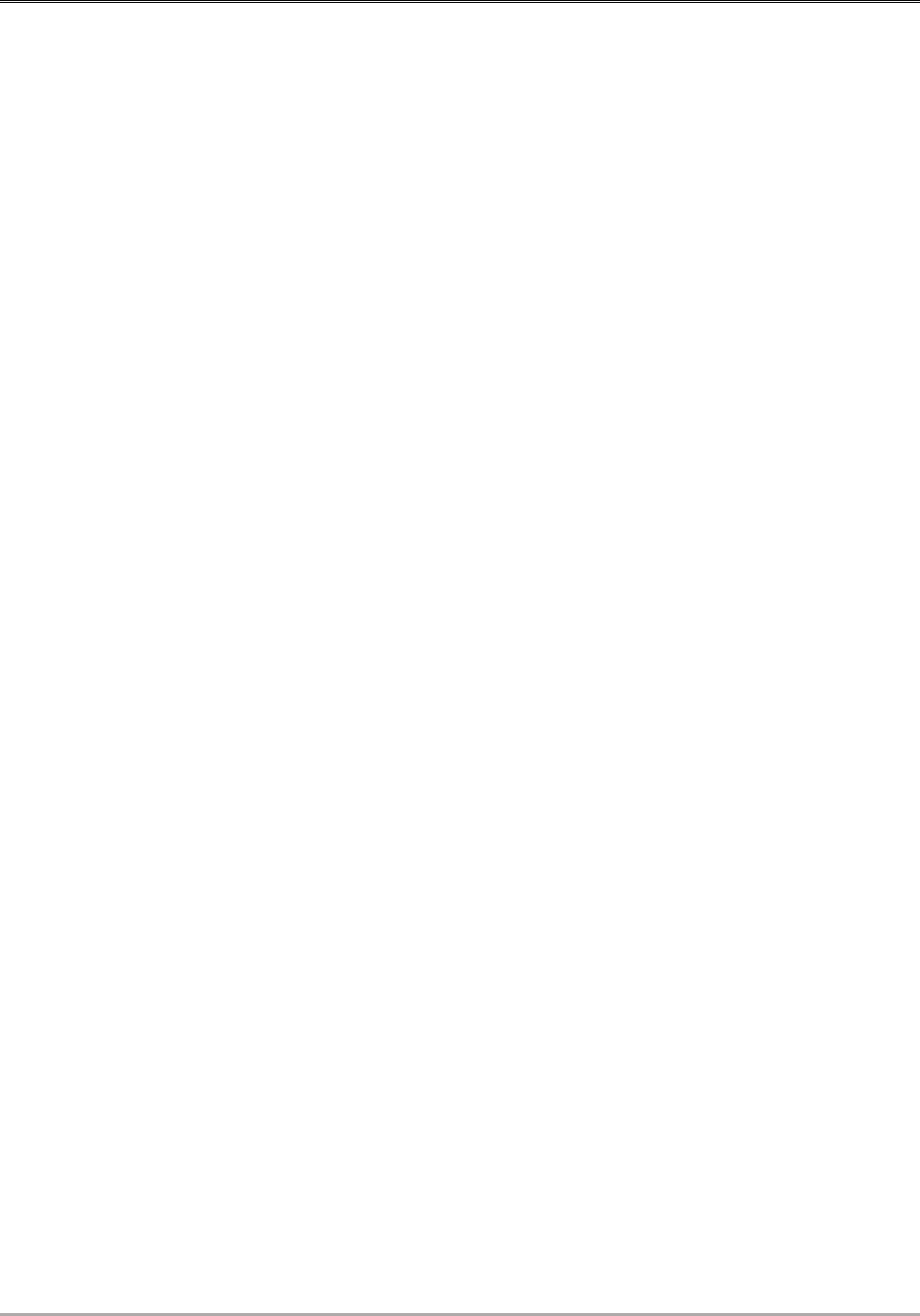
Columbia-Greene Community College 2023-2024 Catalog
253
by using Multiple Measures. (0 semester
hours) (2 equivalent hours) Fall/Spring
RS 100 – Reading Skills
This course provides a comprehensive
laboratory approach for strengthening and
improving reading skills/strategies for
students. Topics include reading
comprehension, research, vocabulary
acquisition and usage, textbook usage, exam
preparation, and test taking. Frequent
informal conferences with the instructor will
aid students in reaching the goal of obtaining
mastery in specific reading areas based upon
the student’s individualized reading learning
path and needs. Grading is Satisfactory (S) or
Unsatisfactory (U). NOTE: This course does
not satisfy any requirement for an associate
degree. Prerequisite: NEXT GENERATION
ACCUPLACER score 260-300, or course
placement by using Multiple Measures. (0
semester hours) (3 equivalent hours)
Fall/Spring
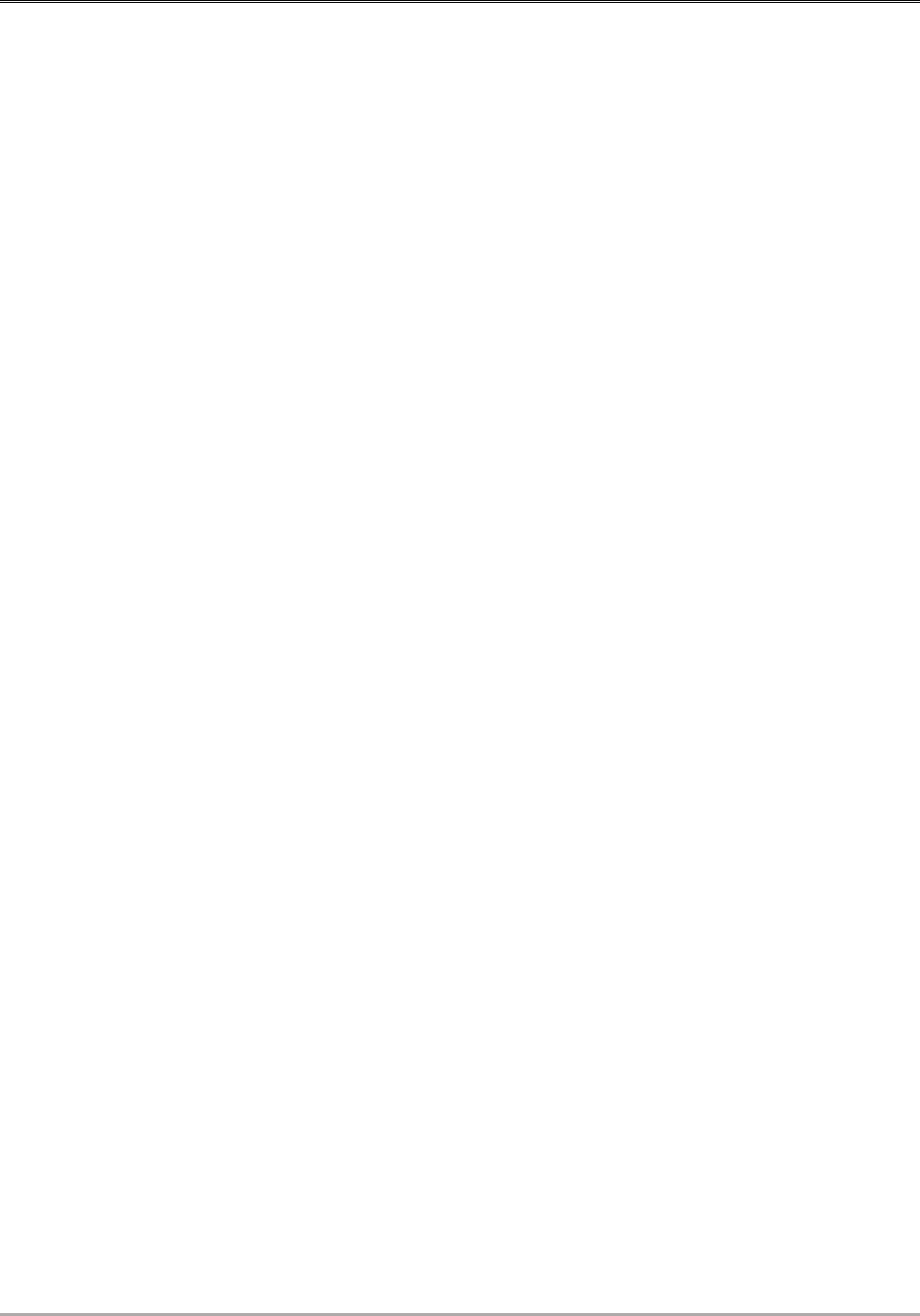
Columbia-Greene Community College 2023-2024 Catalog
254
Administration, Faculty, and Staff
OFFICERS OF THE COLLEGE
Carlee Drummer
President
B.A. Wittenberg University; M.A. SUNY
Stony Brook; Ph.D. SUNY Stony Brook
Dianne Topple
Vice President for Administration and Chief
Financial Officer
B.S., SUNY Oswego; President's Award –
Administration: 2016
Matthew Green
Dean of Enrollment Management
B.S., University of Mount Olive
Andrew Ledoux
Dean of Student Development
B.A., American International College; M.S.,
The College of St. Rose
Casey O’Brien
Dean of Academic Affairs
B.S., Siena College; M.P.H., SUNY Albany;
Ed.D., St. John Fisher College; Chancellor's
Award for Excellence in Professional
Service: 2017
PRESIDENT EMERITUS
James R. Campion
DEANS EMERITI
Phyllis Carito (Vice President)
Bernardine J. LaMantia (Dean of Students)*
A. Joseph Matties (Vice President and CFO)
*deceased
FACULTY
Frankie Beaver-Timmons
Professor of Criminal Justice/Sociology and
Chief Diversity Officer
B.A., Norfolk State University; M.A.,
Hampton University; Chancellor's Award for
Excellence in Teaching: 2017
Berne Bendel
Professor of Education/Psychology
B.A., Fairleigh Dickinson University;
M.P.S., SUNY College New Paltz;
President’s Award - Administration: 2006;
Chancellor’s Award for Excellence in
Teaching: 2014
Gregg Berninger
Professor of English
A.S., Columbia-Greene Community College;
B.A., M.A., SUNY Albany; President’s
Award – Faculty: 2003; Chancellor’s Award
for Excellence in Teaching: 2008
Melissa Boles
Assistant Professor of Biological Science and
Chairperson for the Division of Natural
Sciences
B.S., Spring Hill College, Ph.D., Baylor
College of Medicine
Mel Bruschetti
Instructor of Criminal Justice
A.A.S., Dutchess Community College; B.S.,
St. John’s University; M.P.A., Villanova
University
Nicole Childrose
Associate Professor of History and
Chairperson for Division of Technical
Professions
B.A., M.S., The College of Saint Rose; Ph.D.
Capella University; President’s Award –
Faculty: 2015
Dari Cook-McGibbon, APRN, ANP
Associate Professor of Nursing
A.S., A.S., Columbia-Greene Community
College; B.S., M.S., The Sage Colleges
Michael Cotrone
Assistant Professor of Biological Science
B.S., M.S., Long Island University
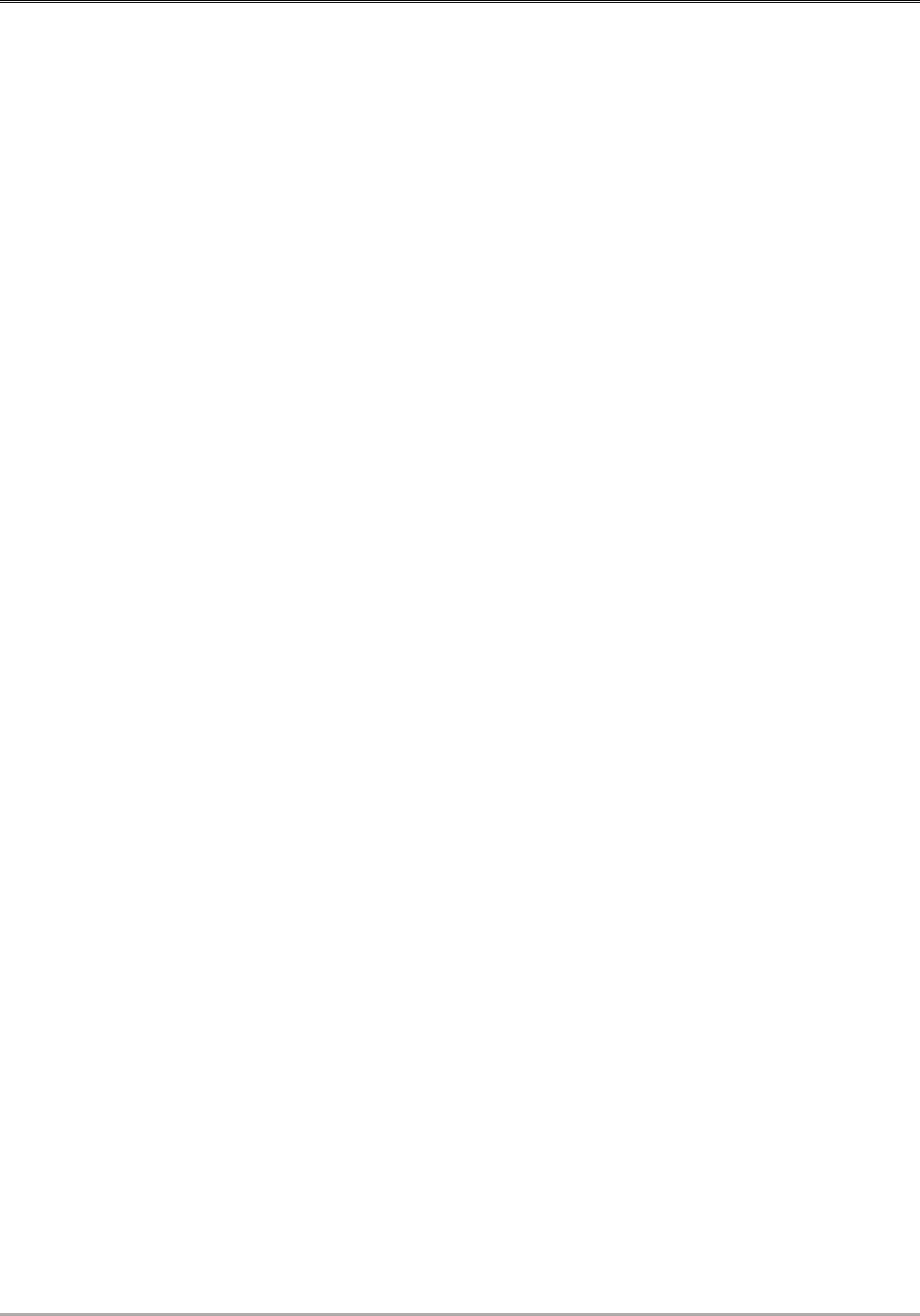
Columbia-Greene Community College 2023-2024 Catalog
255
Jessica Curley
Assistant Professor and Coordinator of
Medical Assisting
A.A., Suffolk County Community College;
Medical Assisting Certificate at Hunter
Business School
Geralynn Demarest
Professor, Librarian and Department
Chairperson for Library and Media Services
A.A.S., Columbia-Greene Community
College; B.S., SUNY College Plattsburgh;
M.L.S., M.S., SUNY Albany; President’s
Award – Classified Staff: 1995; Chancellor’s
Award for Excellence in Professional
Services: 1999; Chancellor’s Award for
Excellence in Librarianship: 2004
Elizabeth Devereux
Assistant Professor of Nursing
A.S., Columbia-Greene Community College;
M.S., D.N.P., Frontier Nursing University
Steven Gavlik
Associate Professor of Biological Sciences
B.S., Southampton College of Long Island;
M.S., University of South Carolina; Ph.D.,
University of Rhode Island
Marc Gilbert
Associate Professor of Automotive Technology
and Co-Chairperson for Division of Technical
Professions
A.S., SUNY Delhi; B.P.S. SUNY Empire
State College
Maya Greene
Professor of Communication/English
B.S., Bridgewater State College; M.A.,
University of Arkansas
Stacey Hills
Assistant Professor of Business
B.A., Russell Sage College; M.B.A. and
Ph.D., Rensselaer Polytechnic Institute
Gloria Houng
Assistant Professor of Fine Arts
B.A., University of California – Berkeley;
B.F.A, School of Visual Arts, NYC; M.F.A.,
Goldsmith, University of London
Kristen Isabelle
Associate Professor of English and Co-
Chairperson of Division of Arts and
Humanities
B.S., Syracuse University; M.A., University
of Puerto Rico
Matthew Kenny
Professor of Biological Sciences
B.A., SUNY College Purchase; NYS
License, Connecticut Center for Massage
Therapy; M.P.S., SUNY College New Paltz
Diane Lew-Snider, R.N.
Professor of Nursing
R.N., St. Joseph’s Hospital Health Center
School of Nursing; B.S., SUNY College
Utica/Rome; M.S., Russell Sage College;
Ph.D., Boston College
William Mathews
Professor, Counselor and Department
Chairperson for Advising, Career and
Transfer Services
B.A., SUNY College Plattsburgh; M.S.,
C.A.S., M.S., SUNY Albany; President’s
Award – Faculty: 1984; Chancellor’s Award
for Excellence in Professional Service: 1995
Ryan McCann
Associate Professor of Mathematics
B.A., Boston College; M.A., Bard College
Stephanie Olstad
Associate Professor of Mathematics
B.S., SUNY Stony Brook; M.S., SUNY New
Paltz; President’s Award – Faculty: 2016
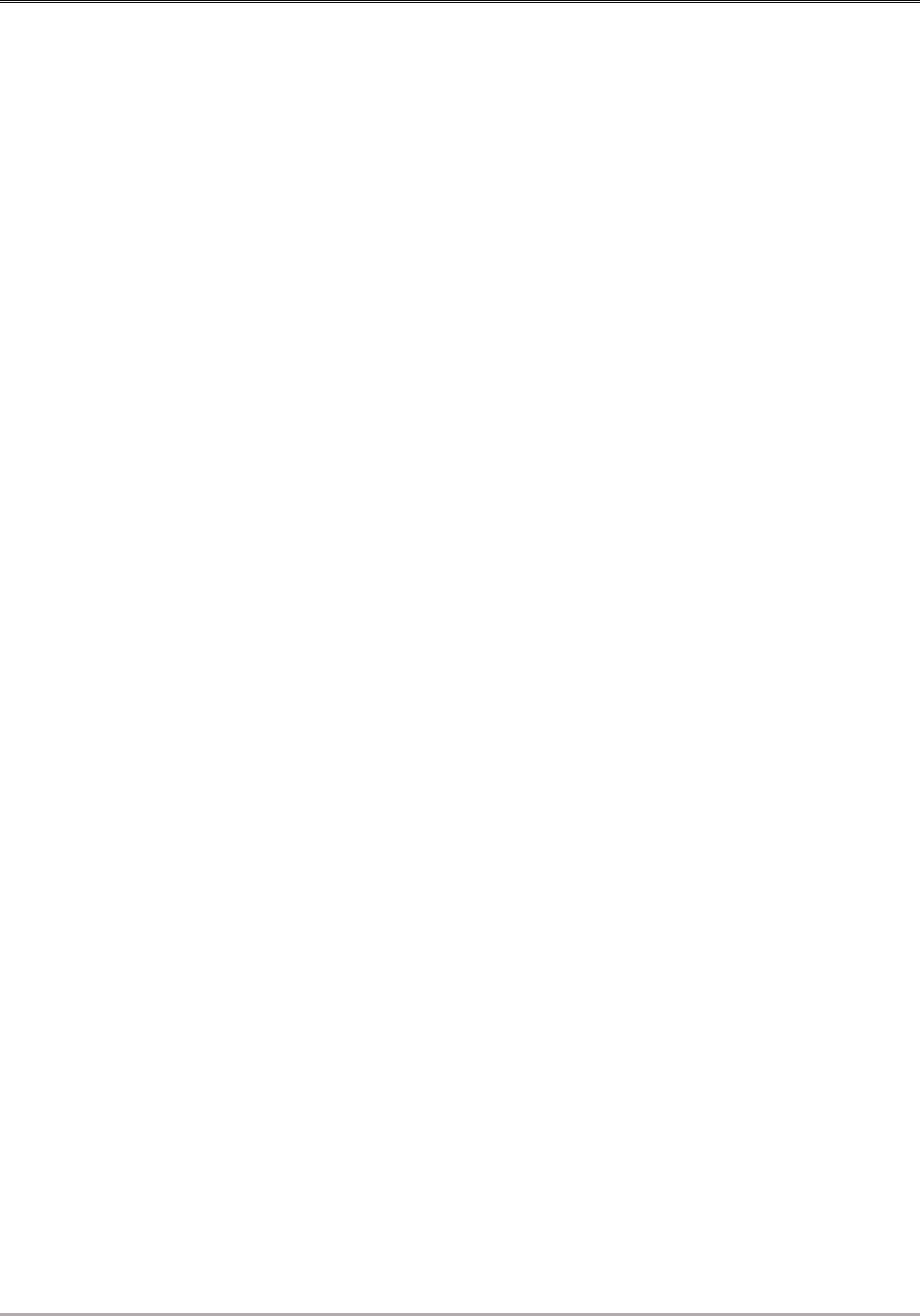
Columbia-Greene Community College 2023-2024 Catalog
256
Michael Phippen
Professor of Transitional Studies, Director of
Honors Studies Program, and Co-
Chairperson of Division of Arts and
Humanities
B.A., SUNY College Oneonta; M.A., SUNY
Binghamton; President’s Award – Faculty:
2004; Athletic Director's Award: 2004
Rebecca Pinder
Associate Professor of Biological Sciences
B.S., SUNY Cortland; M.S., John Carroll
University; Ph.D., SUNY Albany
Julia Podpora
Instructor, Academic Advisor and Transfer
and Career Counselor
B.A., SUNY Purchase; M.S., SUNY New
Paltz
Marjorie Reilly, R.N., CNE
Associate Professor of Nursing, Campus Lab
Coordinator
A.A.S., Columbia-Greene Community
College; B.A., SUNY Potsdam; B.S.N.,
M.S., SUNY Delhi
Leslie Rousseau
Associate Professor, Transfer and Career
Counselor/Advisor for Advising, Career and
Transfer Services
B.S., Southern Vermont College; M.S., The
College of St. Rose; Chancellor’s Award for
Excellence in Professional Service: 2023
John Santana
Assistant Professor, Reference and
Circulation Librarian
B.A., University of Nevada, Las Vegas;
M.S., SUNY Albany
Joseph Scampoli
Professor of Computer Science/Mathematics
and Chairperson of Business and Technology
Division
A.A.S., Columbia-Greene Community
College; B.S., M.S., Marist College;
President’s Award – Classified Staff: 1998;
Chancellor’s Award for Excellence in
Teaching: 2005; President's Award –
Faculty: 2019
Barbara Shaffer
Professor of Psychology/Sociology and
Chairperson for Division of Social Sciences
B.A., M.S., Mount Aloysius College;
Athletic Director's Award: 2013; President’s
Award – Faculty: 2018; Chancellor's Award
for Excellence in Teaching: 2021
Paula Shelley
Assistant Professor of Business
B.A., Marymount at Fordham University;
M.S., Western Connecticut State University;
M.B.A., Post University; Ed.D. University of
Phoenix
Edward Smith
Assistant Professor of Automotive Technology
A.A.S., Hudson Valley Community College;
B.P.S., SUNY Empire State College
Andrew Soltano
Instructor of Construction Technology
B.S., SUNY Stonybrook; M.S. New York
Institute of Technology
John Valliere
Assistant Professor of English
A.A., Seminole Community College; B.A.,
University of Virginia; M.A., Florida Gulf
Coast University
Jared Wagner
Assistant Professor of Biological Sciences
A.A., A.S., Columbia-Greene Community
College; B.S., UAlbany; M.A., SUNY New
Paltz; Chancellor’s Award for Excellence in
Teaching: 2023
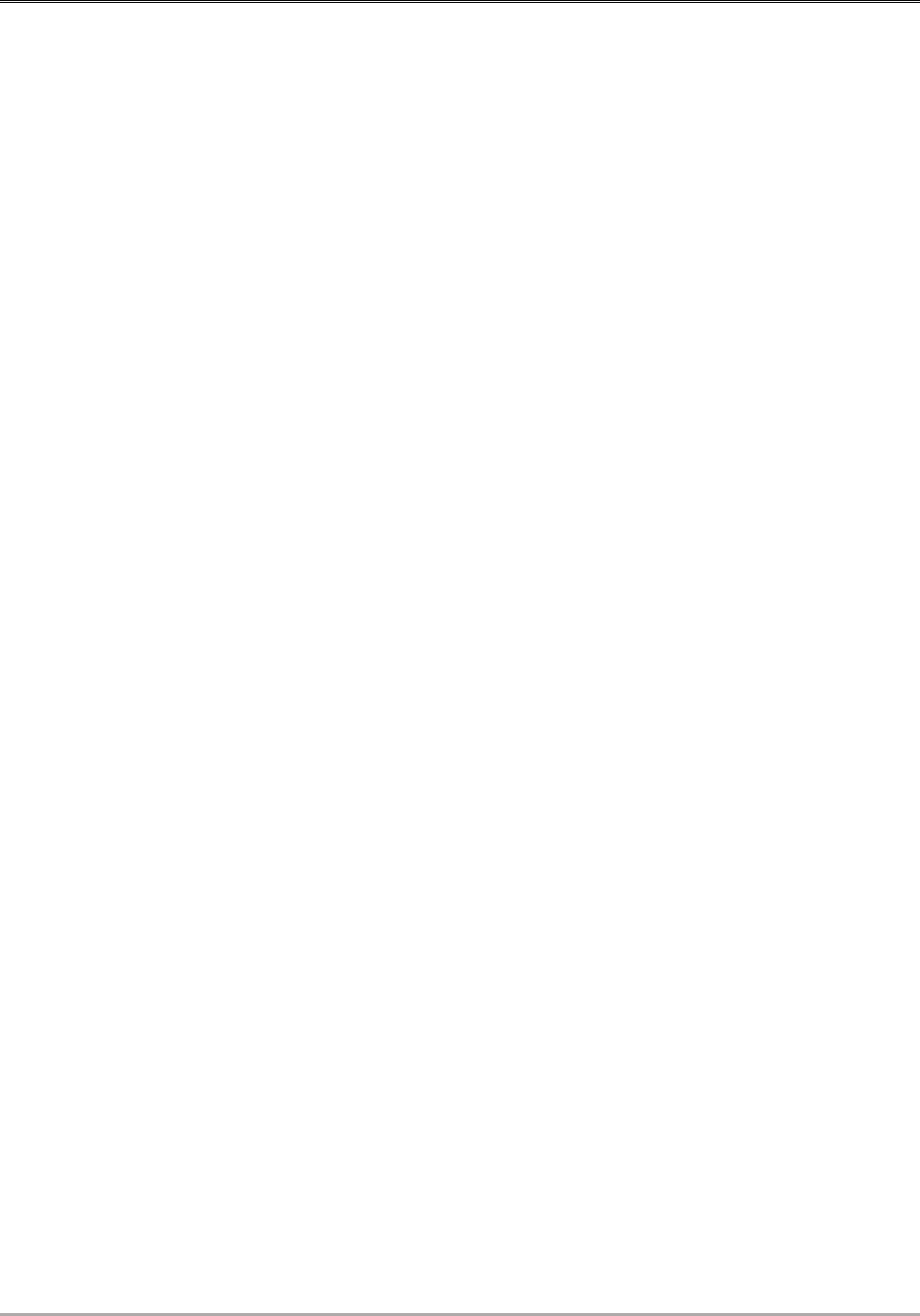
Columbia-Greene Community College 2023-2024 Catalog
257
Dawn Wrigley, R.N.
Professor of Nursing and Chairperson for
Division of Nursing
B.S., SUNY College Plattsburgh; M.S.,
Russell Sage College; President’s Award–
Faculty: 1993; Chancellor’s Award for
Excellence in Teaching: 2011
Christine Yerks
Instructor of Transitional Studies
B.A., Loyola Marymount University; M.A.,
California State University at Northridge
PROFESSORS EMERITI
Peter J. Ambrose
Binnie Antolowitz
Ralph Bertelle
Judith F. Blake
Anita Broast
Steve Careau
Siri Carlisle
Daniel Connor
William E. Cook
Anna Cortese
William DeLuca
Nancy Donahue*
Donald A. Drum
Thomas J. Gerry
Jeanne Gizara
J. Theodore Hilscher
Dawn Holsapple
Douglas Jones*
Robert Judd*
Diane Koenig*
Gary Levine*
Rosemary Lyons
John C. McCreight Jr.
Robert Pagnani
Ronald Payson*
Susan Powell
Thomas J. Powers*
Richard Schmonsky*
Nancy Smith*
Sandra Speenburgh
Marcia Sullivan*
Leonard L. Symansky*
Joseph Tyrol*
Terry Valentine
Richard Vuolo
Clifford Wexler
Patricia Wiswell
*deceased
ADMINISTRATORS
Robert Albertson
Associate Director of Information
Technology
A.S., Columbia-Greene Community College;
Chancellor’s Award for Excellence in
Classified Service: 2016
Andrew Baker
Enrollment Services Manager
A.A., Columbia-Greene Community College
Amanda Bishop
Assistant Director of Accounting
B.S., M.P.A., Marist College
Catherine Carlson
Director of Accessibility Services
B.A., SUNY Oswego; Chancellor’s Award
for Excellence in Professional Services: 2015
Racheal Chubb
Director of Institutional Research, Planning
and Effectiveness
A.S., Jefferson Community College; B.A.,
SUNY Potsdam; M.S., Syracuse University
Jonathan Coller-Takahashi
Registrar
B.A., Ursinus College; M.A., SUNY Albany
Douglas Colwell
Director of Security and Safety
A.S., Columbia-Greene Community College;
B.S., SUNY New Paltz
Katherine Davis
Assistant Director of Community
Engagement and Professional Development
M.A., M.S., SUNY Albany
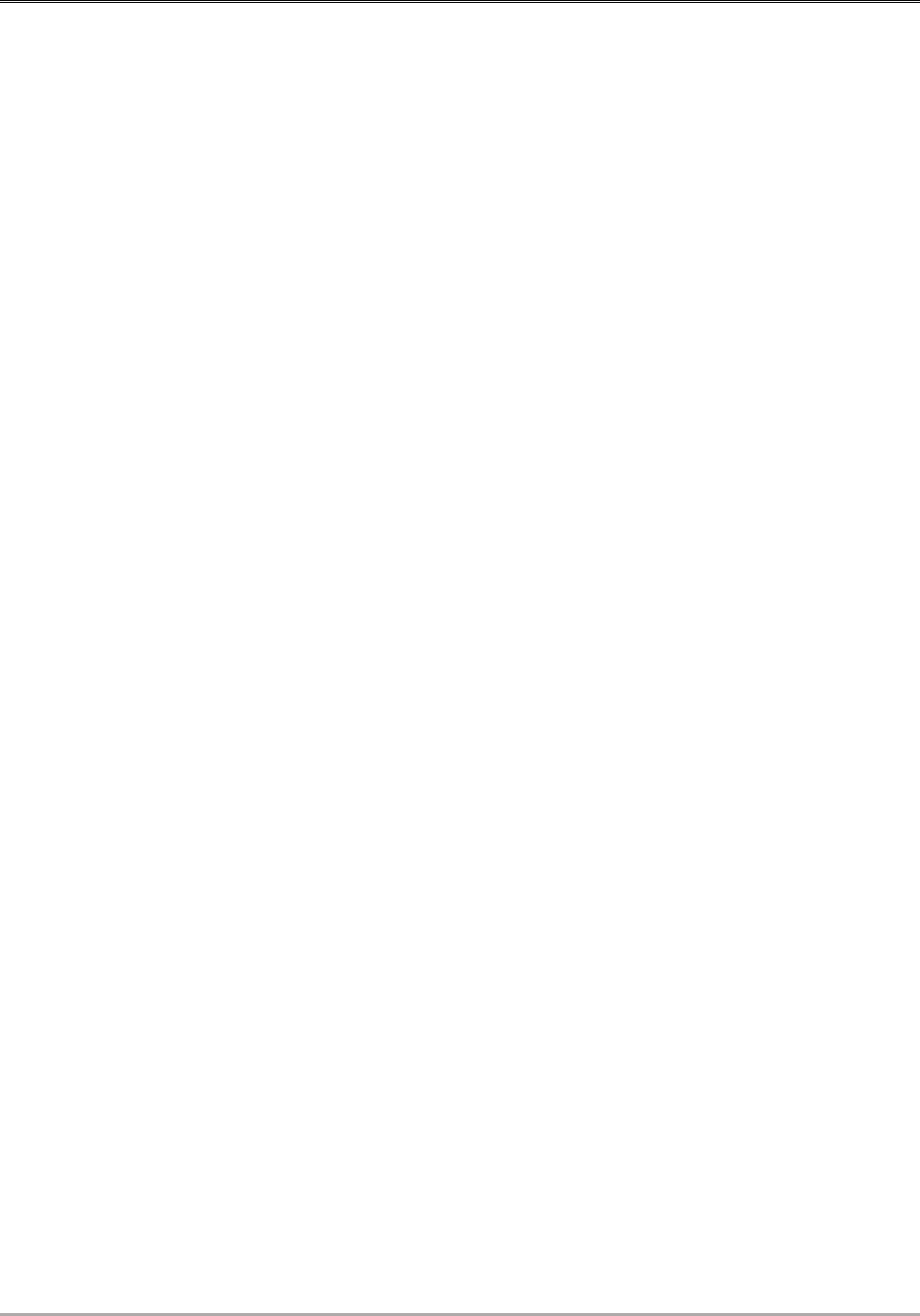
Columbia-Greene Community College 2023-2024 Catalog
258
Laura Decker
Assistant Director of Student Financial
Services and Counselor for Direct Loans
A.A., Columbia-Greene Community College;
B.S., SUNY Empire State College;
President’s Award – Part-Time Staff: 2007;
President’s Award – Administration: 2017
Nicolas Dyer
Director of Athletics
B.S., Salem International University
Melissa Fandozzi
Director of Human Resources
A.A.S., Maria College of Albany; B.B.A.,
Pace University; M.S., Sage College;
President’s Award – Administration: 2010;
Chancellor’s Award for Excellence in
Professional Service: 2018
Mary Garafalo
Assistant to the President
Clerk/Typist Certificate; A.A.S., Columbia-
Greene Community College; President’s
Award-Classified Staff: 2008; Chancellor’s
Award for Excellence in Classified Service:
2015
Wanda Gerber
Assistant Director of Student Financial
Services
A.A.S., Columbia-Greene Community
College
Matthew Hertzog
Chief Information Officer
Ph.D., Illinois State University; M.Ed.,
Valdosta State University; B.S. Georgia
Southern University
Amanda J. Karch
Director of Community Engagement and
Professional Development
B.A., University of Albany; M.S., The
College of St. Rose
Joan Koweek
Executive Director of Development
B.A., Ithaca College; Athletic Director's
Award: 2009; Chancellor’s Award for
Excellence in Professional Service: 2010;
President’s Award - Administration: 2015
Kevin Kropp
Assistant Director of Admissions
A.S., Columbia-Greene Community College;
B.A., M.S., SUNY Albany
Alison Murphy
Director of Buildings and Grounds
B.A., Michigan State; M.S., Swedish
Institute; M.A., New School for Social
Research
Christopher Nardone
Director of Workforce Investment
B.S. SUNY Empire State College
Jeanette O'Neil
Assistant Director of Workforce Investment
B.S. SUNY Albany
Maria Ostrander
Director of Health Services
A.A.S., Maria College
Danielle Palleschi
Assistant Director of Workforce Investment
A.A.S., Hudson Valley Community College;
B.A., Empire State College
Christine Perry
Director of Alumni Relations
Joel Phelps
Director of Student Financial Services
B.S., M.S., The College of St. Rose
Rebecca Preusser
Assistant Director of Workforce Investment
B.S., SUNY Empire State College
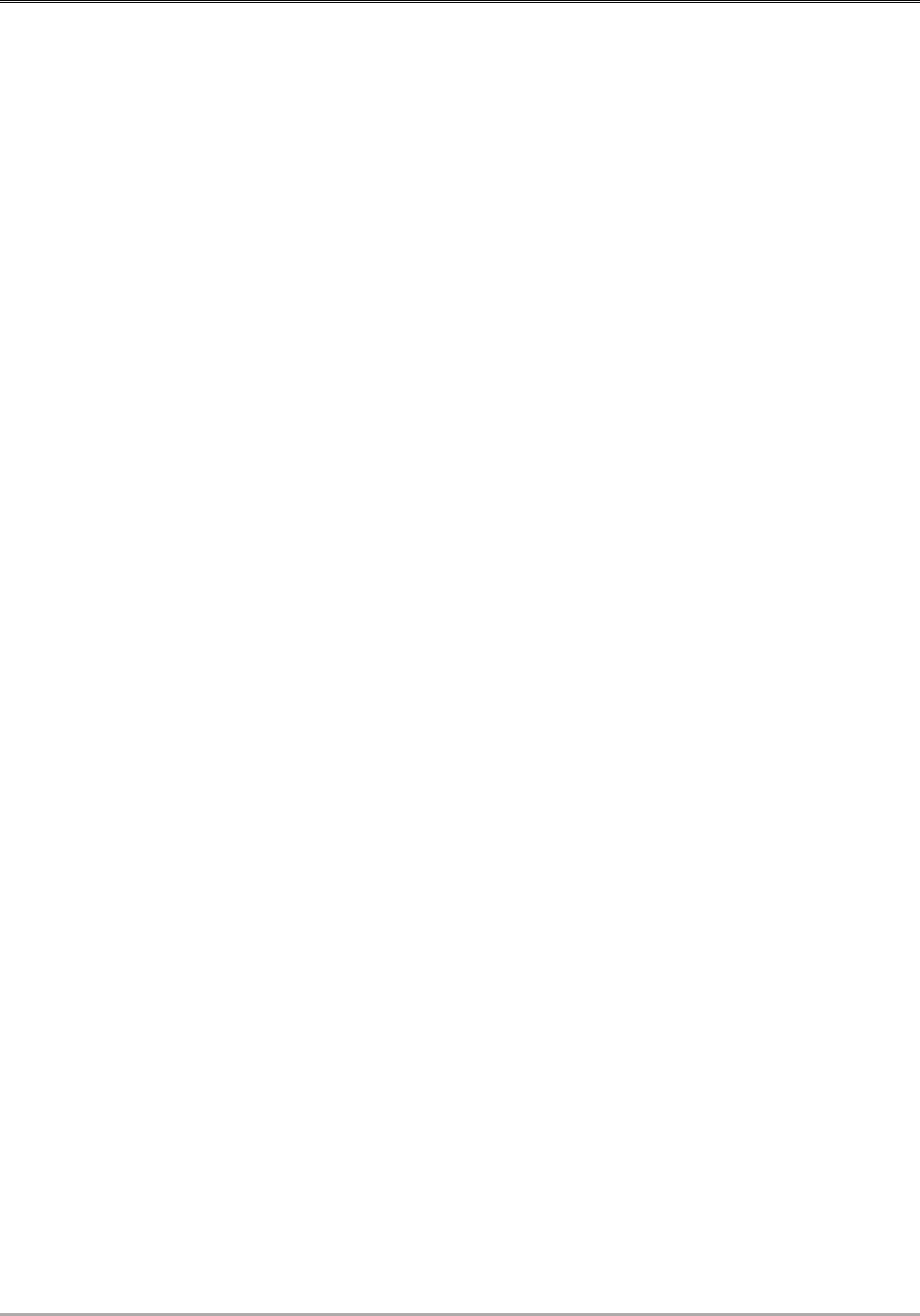
Columbia-Greene Community College 2023-2024 Catalog
259
Kelly Ann Radzik
Director of Career Success and Experiential
Learning
B.S., Rochester Institute of Technology;
M.Ed., University of Georgia; Chancellor's
Award for Excellence in Professional
Service: 2021
P. Gino Rizzi
Director of Information Technology
A.S., Columbia-Greene Community College;
B.A., SUNY College Potsdam; Chancellor’s
Award for Excellence in Professional
Service: 2008; President’s Award -
Administration: 2014
Nancy Rudberg
Director of Accounting
A.S., Dutchess Community College; B.S.,
University of Phoenix
Jessica Sachs
Bursar
A.S., Columbia-Greene Community College;
B.S., SUNY New Paltz
Maureen Sager
Director of Marketing and Communications
B.A., Rutger’s University; M.F.A., American
Film Institute; Fordham University School of
Business
Ember Traino
Director of Student Success
B.A., Siena College; M.S., SUNY Albany
Caitlin Twomey
Director of Student Activities and Leadership
Development
B.A., M.A., Western Connecticut University
Christy Ward
Director of College in the High School
A.A., Columbia-Greene Community College;
B.S., SUNY Albany; M.S., Capella
University; President’s Award for
Excellence: 2008
STAFF
Natalie Amendola
Associate for College in the High School and
Student Development
A.A., Columbia-Greene Community College;
B.A., SUNY Albany
Terri Bellanger
Webmaster Coordinator/Programmer for
Information Technology
A.A., Columbia-Greene Community College;
Chancellor’s Award for Excellence in
Classified Service: 2018
Charles Bost
Cleaner, Maintenance
Shelly Bowes
Payroll Officer
B.B.A., Siena College
Dennis Brink
Cleaner
Beverly Burka
Senior Associate for the Dean of Student
Development
A.O.S., Columbia-Greene Community
College; President’s Award – Classified
Staff: 2010; Athletic Director's Award: 2012
Margaret Choinsky-Farrell
Senior Clerk for Automotive, Faculty
Secretary
Jennifer Colwell
Associate for Bursar
A.A.S., Columbia-Greene Community
College
Caitlin Dorrer
Associate for Admissions
B.S., SUNY New Paltz; M.Ed., Hunter
College
Delsie Favicchio
Associate for Accounting
A.A.S., Columbia-Greene Community
College; President’s Award- Classified Staff:
2007; Chancellor's Award for Excellence in
Classified Service: 2017
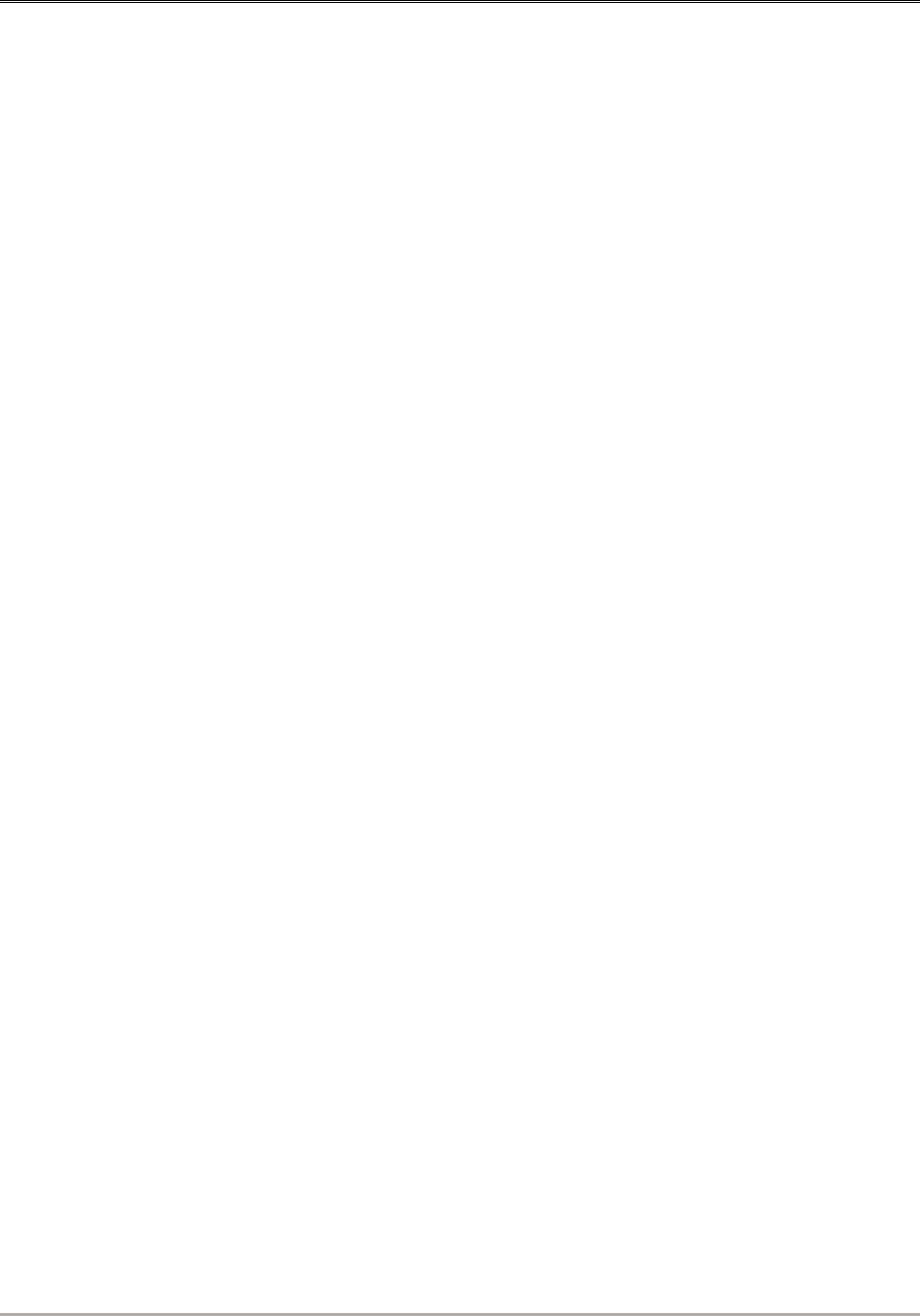
Columbia-Greene Community College 2023-2024 Catalog
260
Peter Girardi
General Mechanic
Angela Guglielmini
Assistant for Natural Sciences
A.A.S., Suffolk County Community College;
B.S., SUNY Farmingdale State College
Kevin Hammond
Cleaner
Christina Judisky
Assistant for Medical Assisting, A.A.S.,
Columbia-Greene Community College
John Kenny
Associate – Theatre
Harold Lansing, Jr.
Head Maintenance Worker
A.A.S., Columbia-Greene Community
College; President’s Award - Classified
Staff: 2015; Chancellor’s Award for
Excellence in Classified Service: 2023
Mark Marchionne
Cleaner, Maintenance
Lori Mashaw
Associate for Academic Affairs
A.O.S., Albany Business College;
President’s Award – Classified Staff: 2018
Marc Miller
Help Desk Associate for Information
Technology
A.A.S., Columbia-Greene Community
College
Lesa Milsom
Assistant for the Business Office
A.A., Saint Peter’s University
Carleen Moore
Assistant for Records and Registration
A.A.S., Columbia-Greene Community
College, B.S., Everglades University
Johnny Moree
Associate for Construction Technology
A.O.S., B.F.A., Rochester Institute of
Technology
Carl Nabozny
Multi-Media Coordinator
A.A.S., Columbia-Greene Community
College; B.S., Excelsior College; M.P.S.,
SUNY New Paltz; President’s Award-
Classified Staff: 2007; Chancellor’s Award
for Excellence in Classified Service: 2012
Albert Osuch
Associate for Student Success Center
A.A.S., Columbia-Greene Community
College
Vicky Pecord
Senior Clerk – Advising, Career & Transfer
Services
Chancellor's Award for Excellence in
Classified Service: 2019
Eugene Peduzzi
Cleaner, Maintenance
Barbara Pilatich
Stenographer, Library and Media Services
A.S., Columbia-Greene Community College;
B.A., M.S., SUNY New Paltz
Kimberly Rhinehart-Rizzi
Senior Associate for Business Office/Human
Resources
A.A.S., Mohawk Valley Community
College; Chancellor’s Award for Excellence
in Classified Service: 2021
Angela Rolon
Assistant for Marketing
A.A., Columbia-Greene Community College;
B.A., Siena College
Barbara Sanson
Senior Associate for Student Success Center
A.A.S., Columbia-Greene Community
College; President’s Award – Classified
Staff: 2005
Tina Marie Santiago
Senior Library Clerk
A.A.S., Columbia-Greene Community
College; Athletic Director's Award: 2010;
President’s Award - Classified Staff: 2012
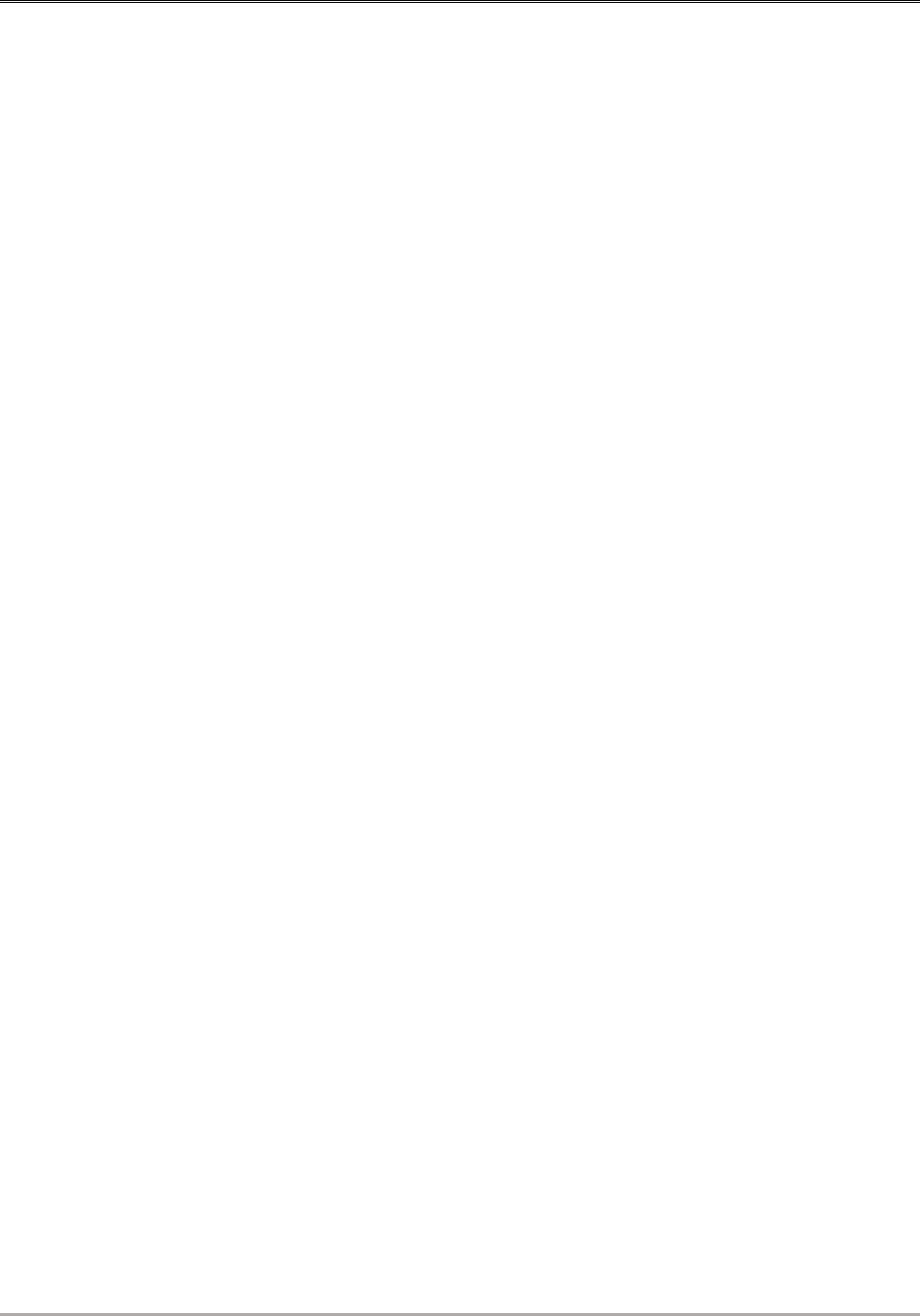
Columbia-Greene Community College 2023-2024 Catalog
261
Angela Rolon
Marketing Assistant
A.A., Columbia-Greene Community College;
B.A., Siena College
Yvonne Scribner
Assistant for Nursing
Carl Simmons
Coordinator Building Maintenance
Mechanic
Scott Shanley
Cleaner
Diana C. Smith
Coordinator for Institutional Effectiveness
A.A., A.A.S., Columbia-Greene Community
College; B.S., Empire State College;
President’s Award - Classified Staff: 2013
Adrianne Tyrrell
Associate for Science
A.A.S., SUNY College Cobleskill
Pedro Velazquez
Cleaner, Maintenance
Kenneth Ward
Cleaner, Maintenance
PART-TIME EMPLOYEES
(as of July 1, 2023)
Daryl Blanks
Security Guard for Security and Safety
Carl Brash
Cleaner for Buildings and Grounds
Elyse Browne
Library Assistant
William Burka Jr.
Security Guard for Security and Safety
Joseph Carr
Cleaner for Buildings and Grounds
Lifelong Learner Award 2023
Joseph Cordato
Cleaner for Buildings and Grounds
Austin Dacey
Hudson Link Program Liaison
Brian DiCamillo
Security Guard for Security and Safety
Carol Doerfer
Consultant to Academic Affairs
Frank Donoso
Security Guard for Security and Safety
Michael Esslie
Head Coach – Women's Soccer
Austin Haley-Berry
Assistant for Athletics, Assistant Coach –
Baseball
William Hanna
Security Guard for Security and Safety
President’s Award Part-time Staff: 2013
J. Dean Hapeman
Security Guard for Security and Safety
Marisa Hayes
Assistant for Accessibility Services
R. Skip Ingham
Head Coach – Baseball
Richard Juliano
Security Guard for Security and Safety
Michael Koskowski
Security Guard for Security and Safety
Corinne Lasher
Assistant for Community Engagement and
Professional Development
Terrence Lover
Professional Tutor, Mathematics
Angelo Melino
Security Guard for Security and Safety
Erica Nance
Academic Success Coach
Michael Natransky
Cleaner for Buildings and Grounds
Eileen Ordu
Professional Tutor, ESL and Writing
Galen Pell
Security Guard for Security and Safety
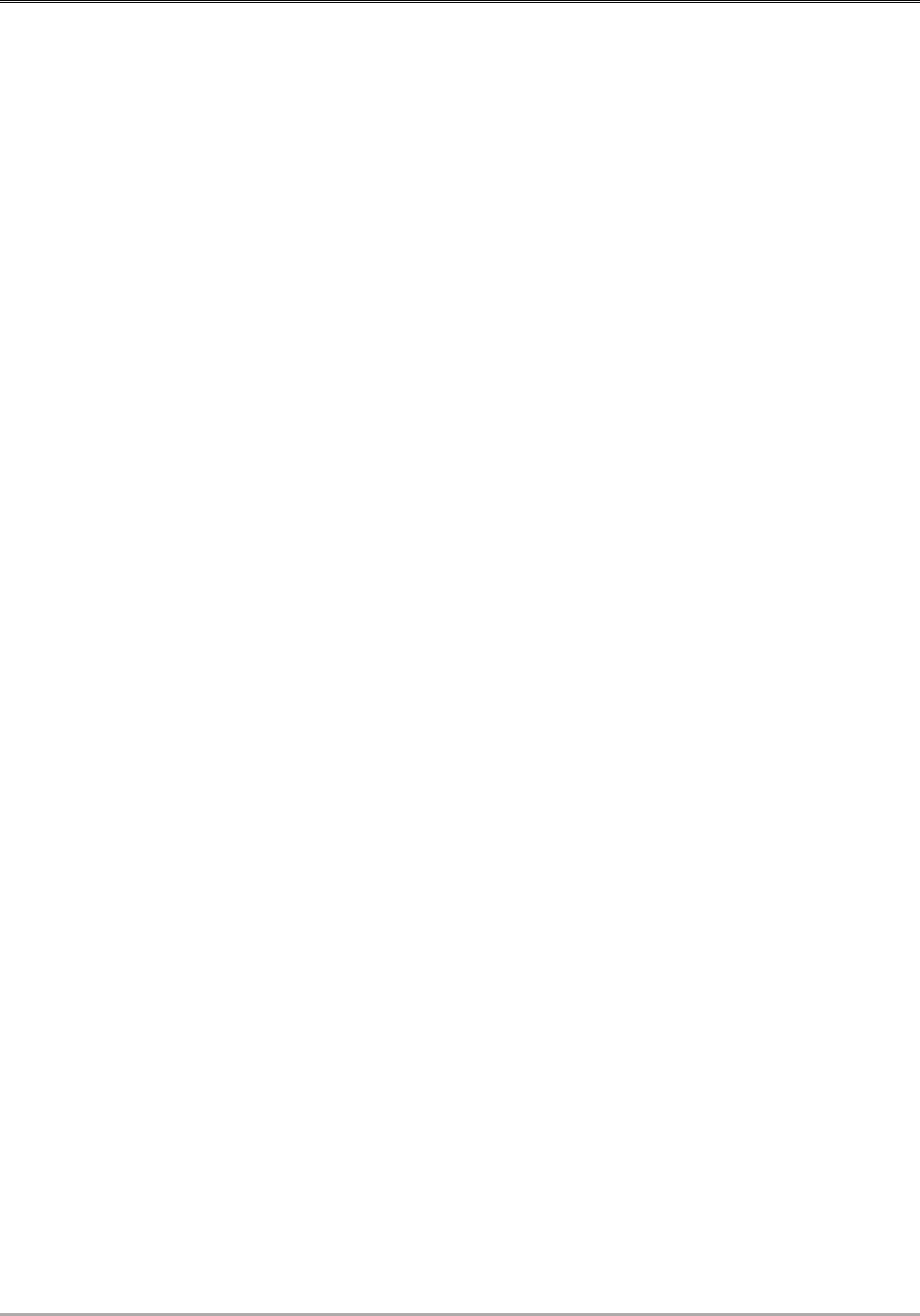
Columbia-Greene Community College 2023-2024 Catalog
262
Robert Pilatich
Security Guard for Security and Safety
Michael Pousada
Security Guard for Security and Safety
Michael Quirk
Security Guard for Security and Safety
Joseph Ross
Head Coach – Men's Basketball
Dewan Sarowar
Security Guard for Security and Safety
Skyler Scampoli
Assistant for Media Services
Philip Simmons
Security Guard for Security and Safety
Kenneth Scott
Security Guard for Security and Safety
John Szatko
Security Guard for Security and Safety
Michael Tarallo
Security Guard for Security and Safety
Holly Wanek
Part Time Assistant Director for Workforce
Development
Cassandra Whitehead
Bookkeeper for Business Office
AFFILIATED ORGANIZATIONS:
Bookstore
Lesa Milsom
Day Care
Bronwyn Taylor
Director
ADVISORY COMMITTEES
Columbia-Greene Community College
incorporates the assistance of Advisory
Committees in the following areas:
• Automotive Technology (General)
• Business/Information Technology
• Criminal Justice
• Human Services
• Nursing
An Advisory Committee is an officially
established and recognized body of
individuals from the business, industrial, and
labor community selected to assist and advise
the faculty and administration of the college
in the structure and operation of
occupational/technical education programs.
They are a valuable resource in the college’s
continuing goal of meeting program
efficiency and student development.
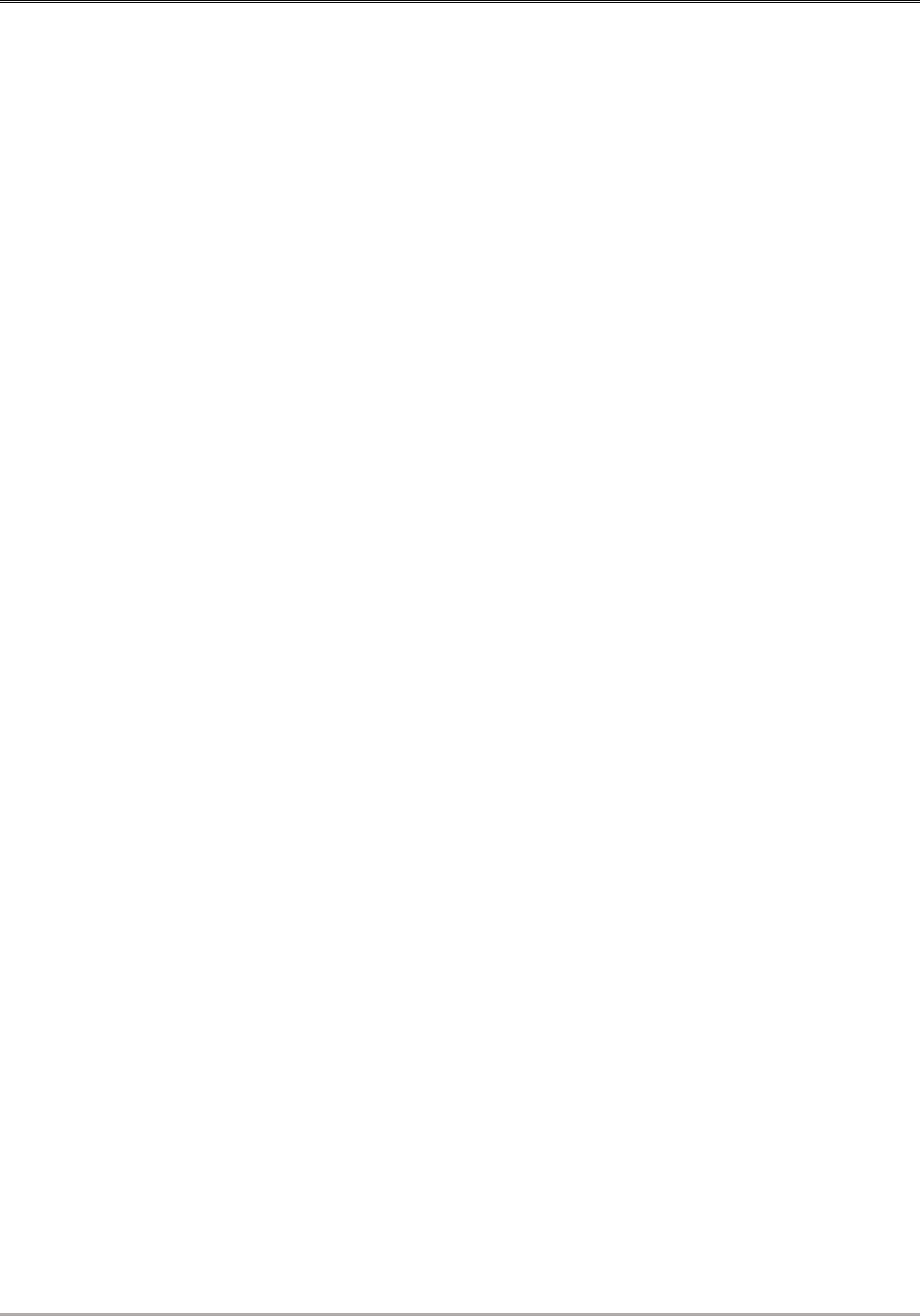
Columbia-Greene Community College 2023-2024 Catalog
263
State University of New York
STATE UNIVERSITY OF NEW YORK
The sixty-four geographically dispersed
campuses of the State University of New York
bring educational opportunity within
commuting distance of virtually every New
Yorker and comprise the nation’s most
diverse system of public higher education.
Because of its structure and comprehensive
programs, SUNY offers students a wide
diversity of educational options to select from:
short-term vocational/technical courses,
certificate programs, baccalaureate degrees,
graduate degrees, and postdoctoral studies.
The university offers access to almost every
field of academic or professional study
somewhere within the system – some 7,500
programs of study overall.
The thirty locally sponsored two-year
community colleges operating within the
SUNY network offer programs that are
directly and immediately job related as well as
degree programs that provide job-entry
educational experience or a transfer
opportunity to a baccalaureate degree at a
senior campus. In the forefront of efforts to
meet the accelerating pace of technological
developments and the requirements of
continuing educational opportunity,
community colleges furnish local industry
with trained technicians and help companies
and employees with retraining and skills
upgrading.
As a public university, SUNY has a special
responsibility to make its rich and varied
resources accessible to all. By focusing its
educational system on the needs of the state,
the university – whose motto is To Learn – To
Search – To Serve – becomes a valuable
resource for meeting those needs for today
and tomorrow. SUNY is committed to serving
as the state's strongest economic and quality-
of-life driver and providing quality education
at an affordable price to New Yorkers and
students from across the country and the
world.
EDUCATION LAW, STATE OF NEW
YORK
A7224-a. Students unable because of religious
beliefs to register or attend classes on certain
days.
1. No person shall be expelled from or be
refused admission as a student to an
institution of higher education for the
reason that he or she is unable, because of
his or her religious beliefs, to register or
attend classes or to participate in any
examination, study or work requirements
on a particular day or days.
2. Any student in an institution of higher
education who is unable, because of his or
her religious beliefs, to attend classes on a
particular day or days shall, because of
such absence on the particular day or days,
be excused from any examination or any
study or work requirements.
3. It shall be the responsibility of the faculty
and of the administrative officials of each
institution of higher education to make
available to each student who is absent
from school because of his or her religious
beliefs an equivalent opportunity to
register for classes or make up any
examination, study, or work requirements
that he or she may have missed because of
such absence on any particular day or
days. No fees of any kind shall be charged
by the institution for making available to
the said student such equivalent
opportunity.
4. If registration, classes, examinations,
study, or work requirements are held on
Friday after four o’clock post meridian or
on Saturday, similar or makeup classes,
examinations, study, or work
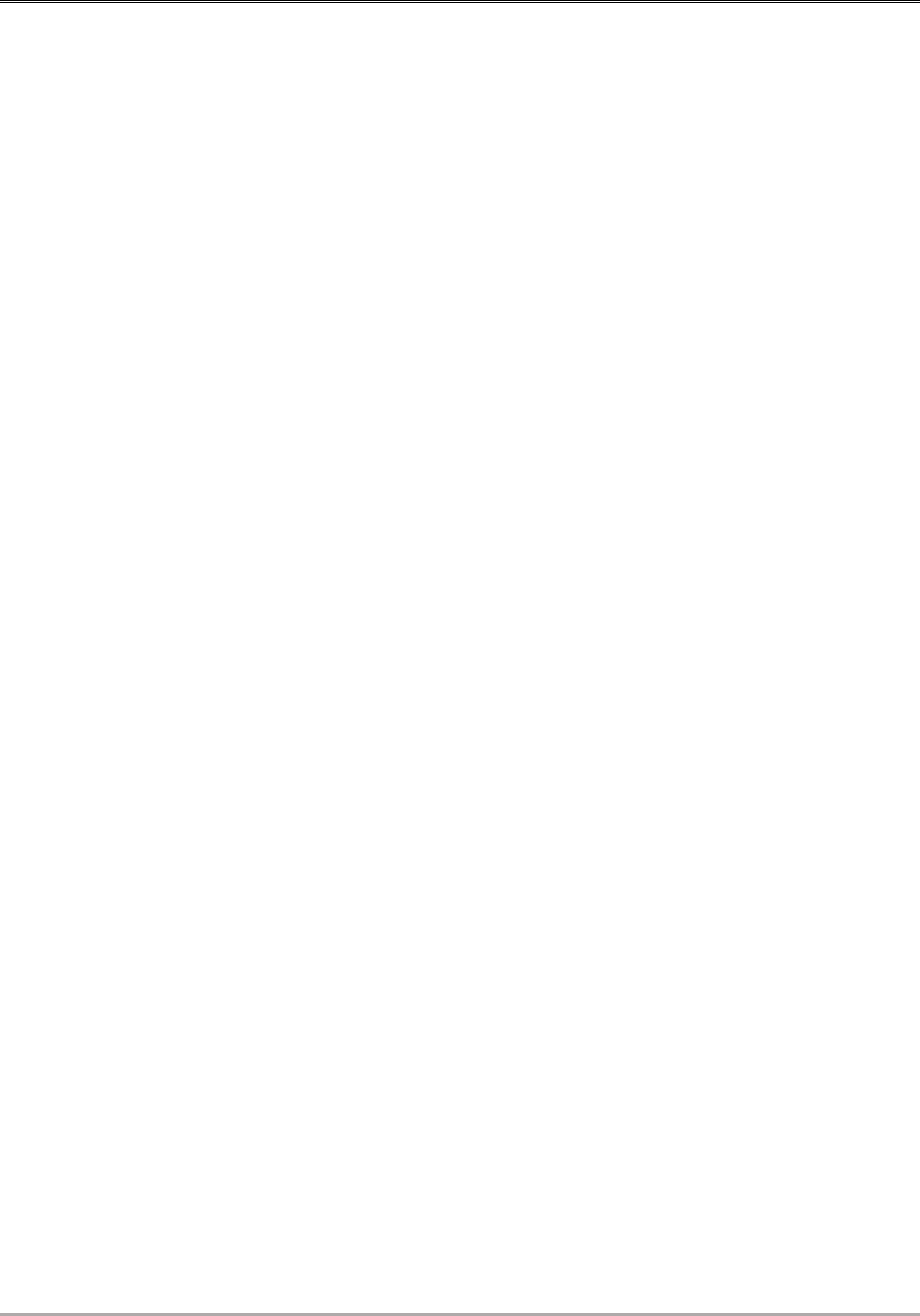
Columbia-Greene Community College 2023-2024 Catalog
264
requirements or opportunity to register
shall be made available on other days,
where it is possible and practicable to do
so. No special fees shall be charged to the
student for these classes, examinations,
study, or work requirements or
registration held on other days.
5. In effectuating the provisions of this
section, it shall be the duty of the faculty
and of the administrative officials of each
institution of higher education to exercise
the fullest measure of good faith. No
adverse or prejudicial effects shall result
to any student because of his or her
availing himself or herself of the
provisions of this section.
6. Any student who is aggrieved by the
alleged failure of any faculty or
administrative officials to comply in good
faith with the provisions of this section
shall be entitled to maintain an action or
proceeding in the supreme court of the
county in which such institution of higher
education is located for the enforcement of
his or her rights under this section.
6a. It shall be the responsibility of the
administrative officials of each institution
of higher education to give written notice
to students of their rights under this
section, informing them that each student
who is absent from school because of his
or her religious beliefs must be given an
equivalent opportunity to register for
classes or make up any examination,
study, or work requirements that he or she
may have missed because of such absence
on any particular day or days. No fees of
any kind shall be charged by the
institution for making available to such
student such equivalent opportunity.
As used in this section, the term “institution of
higher education” shall mean any institution
of higher education, recognized and approved
by the Regents of the University of the State
of New York, that provides a course of study
leading to the granting of a post-secondary
degree or diploma. Such term shall not include
any institution that is operated, supervised, or
controlled by a church or by a religious or
denominational organization whose
educational programs are principally designed
for the purpose of training ministers or other
religious functionaries or for the purpose of
propagating religious doctrines. As used in
this section, the term “religious belief” shall
mean beliefs associated with any corporation
organized and operated exclusively for
religious purposes, which is not disqualified
for tax exemption under section 501 of the
United States Code
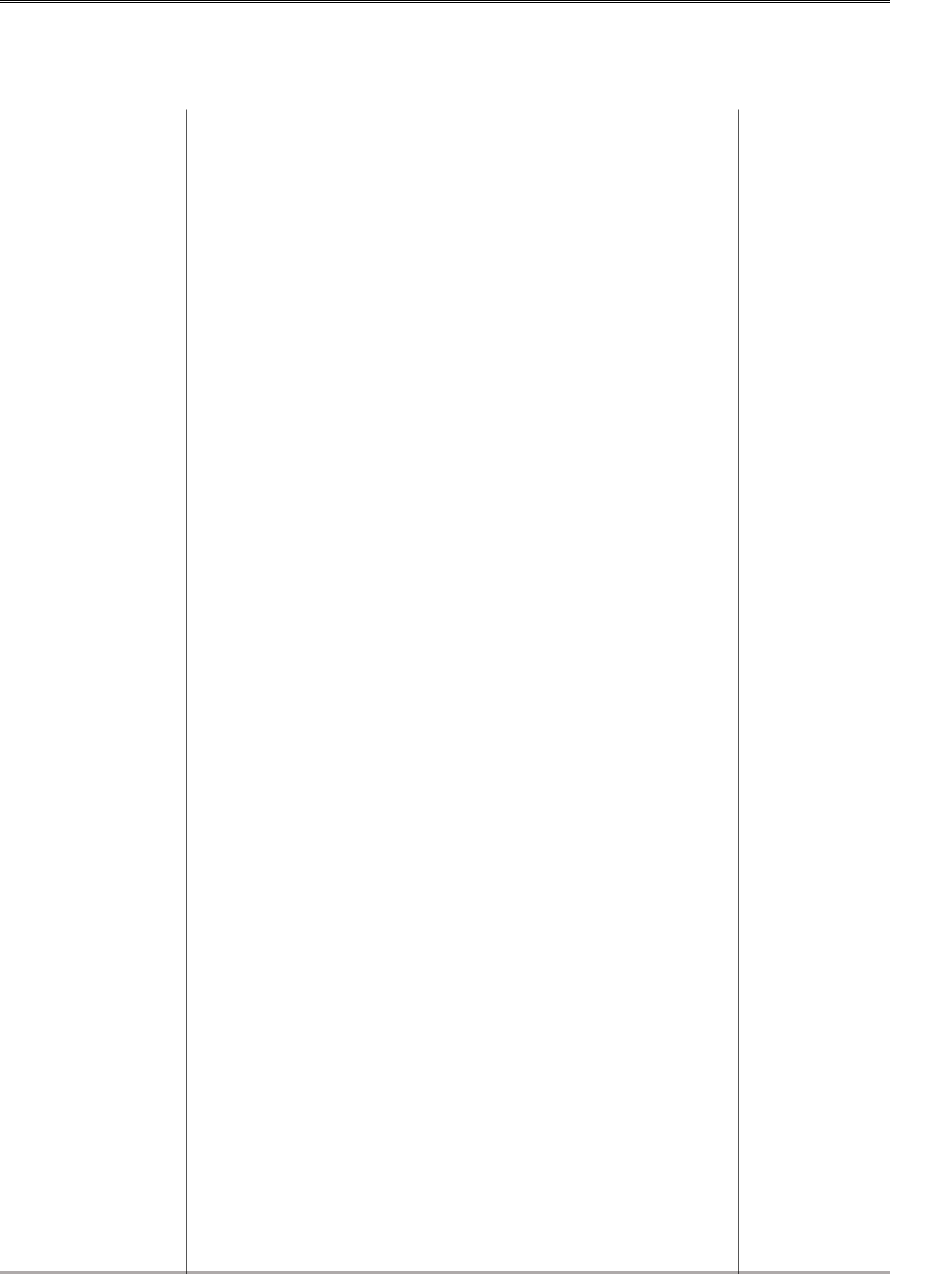
Columbia-Greene Community College 2023-2024 Catalog
265
Disclosure of Completion, Persistence, and Transfer Rates
DISCLOSURE OF COMPLETION, PERSISTENCE, AND TRANSFER RATES
PURSUANT TO TERMS OF THE STUDENT RIGHT-TO-KNOW ACT
INSTITUTION: COLUMBIA-GREENE COMMUNITY COLLEGE
Gender
Race
Initial Cohort
Entered Fall 2019
(1)
Graduated Within
Three Years
(2)
Transferred
Out
(3)
Still Enrolled
as of Fall 2022
(4)
No Longer Enrolled
as of Fall 2022
(5)
Men
American Indian or Alaska Native
---
---
---
---
---
Asian
100%
67%
0%
33%
0%
Black or African American
100%
11%
11%
0%
78%
Hispanic/Latino
100%
25%
17%
0%
58%
Native Hawaiian or Other Pacific Islander
---
---
---
---
---
White
100%
30%
17%
7%
46%
Two or more races
----
---
---
---
---
Nonresident alien
---
---
---
---
---
Unknown
100%
100%
0%
0%
0%
Subtotal
100%
29%
16%
6%
49%
Women
American Indian or Alaska Native
---
---
---
---
---
Asian
100%
50%
25%
0%
25%
Black or African American
100%
0%
37%
13%
50%
Hispanic/Latino
100%
43%
0%
14%
43%
Native Hawaiian or Other Pacific Islander
---
---
---
---
---
White
100%
39%
23%
12%
26%
Two or more races
100%
0%
20%
0%
80%
Nonresident alien
---
---
---
---
---
Unknown
100%
100%
0%
0%
0%
Subtotal
100%
36%
22%
11%
31%
Total 100% 33% 19% 9% 39%
Cohort: First-time, full-time, degree/certificate-seeking students who entered in Fall 2019
Col 1 = Cols 2+3+4+5
Source: IPEDS Graduation Rates 2022-23
Office of Institutional Research, Planning, and Effectiveness
April 2023
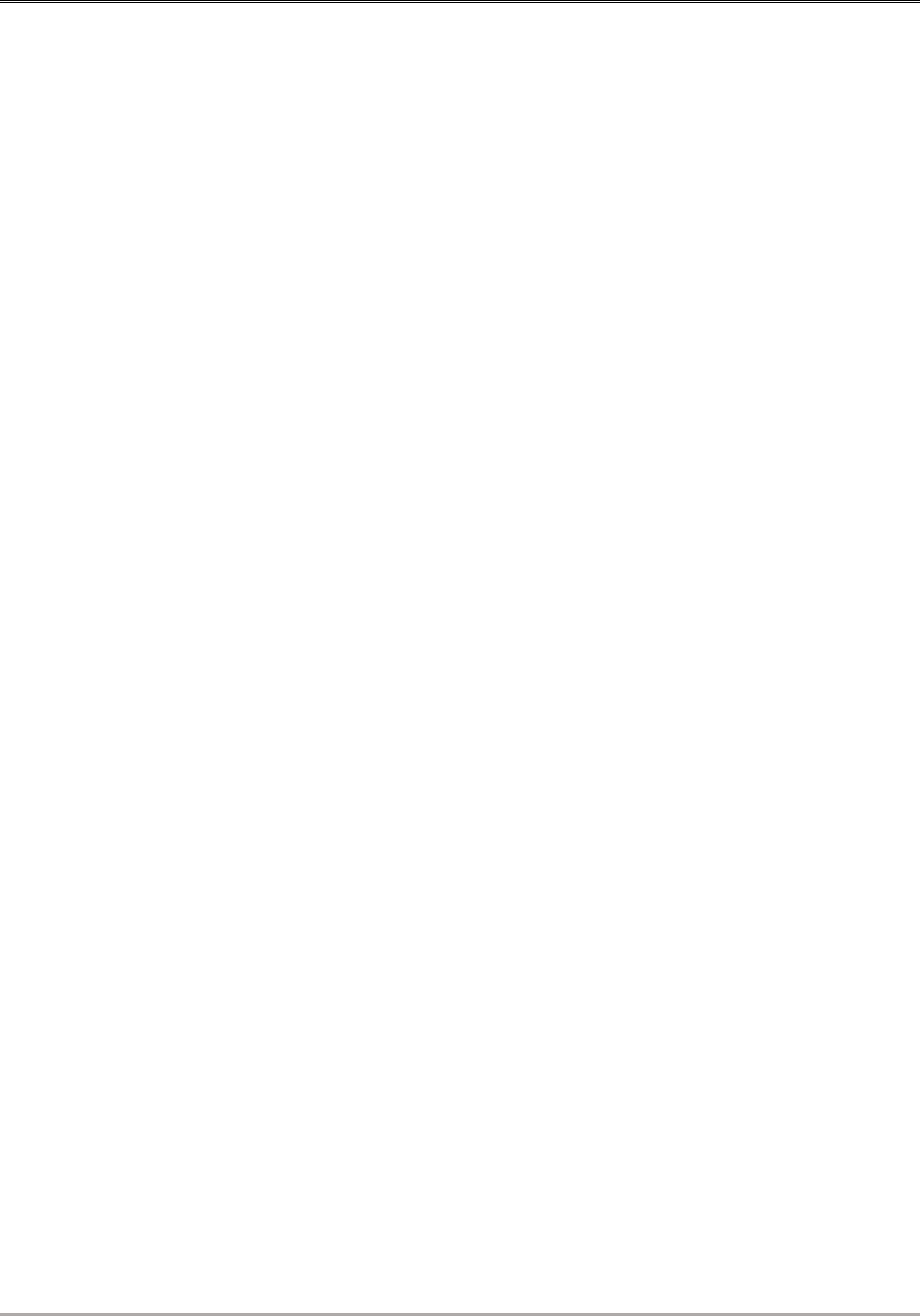
Columbia-Greene Community College 2023-2024 Catalog
266
Index
Academic Advisement ..................................... 45
Academic Advising .......................................... 46
Academic and Student Services ....................... 44
Academic Appeals ........................................... 41
Academic Calendar ............................................ 6
Academic Divisions ......................................... 77
Academic Grievance Procedure ....................... 41
Academic Integrity ........................................... 37
Academic Philosophy ...................................... 10
Academic Progress ........................................... 40
Academic Progress Charts ............................... 40
Academic Requirements for NYS Programs ... 55
Academic Standards and Regulations .............. 29
Academic Status............................................... 38
Acceptance Criteria .......................................... 18
Accounting Studies (Certificate) (Business) .... 90
Accreditation of the College ............................ 10
Accreditations .................................................... 1
Adding a Course .............................................. 30
Administration, Faculty and Staff .................. 254
Admission of Persons with Prior Felony
Convictions .................................................. 19
Admissions ....................................................... 16
Adolescence Education - Teacher Education
Program/Humanities (A.A.) English
Concentration ............................................ 126
Adolescence Education - Teacher Education
Program/Mathematics and Science (A.S.)
Biology Concentration ............................... 122
Adolescence Education - Teacher Education
Program/Mathematics and Science (A.S.)
Chemistry Concentration ........................... 130
Adolescence Education - Teacher Education
Program/Mathematics and Science (A.S.)
Mathematics Concentration ....................... 124
Adolescence Education - Teacher Education
Program/Social Science (A.A.) Social
Studies Concentration ................................ 128
Adult Learning Institute ..................................... 15
Adult Student Honor Society ........................... 42
Adult Student Orientation ................................ 49
Advanced Standing .......................................... 25
Advising, Career & Transfer Services ............. 46
Advisory Committees .................................... 262
Affiliated Organizations ................................. 262
Affirmative Action ............................................. 1
ALPHA BETA GAMMA Honor Society ........ 43
Alumni Association ......................................... 13
Appeal for Maximum Timeframe .................... 59
Appeal of Federal Aid Ineligibility Decision .. 59
Applicants with an IEP Diploma or CDOS
Credential .................................................... 21
Applicants without a High School Diploma .... 21
Application for Graduation .............................. 69
Application Procedures and Requirements ...... 16
Approved Grading System .............................. 38
Armed Forces Credit ....................................... 28
Arts Center ....................................................... 11
Associate in Applied Science .......................... 70
Associate in Arts .............................................. 70
Associate in Occupational Studies ................... 71
Associate in Science ........................................ 70
Asynchronous Online Course Delivery ........... 75
Athletics and Intramurals ................................. 45
Attendance Policy ............................................ 36
Audit Policy ..................................................... 29
Automotive Technology .................................. 82
Automotive Technology (A.O.S.) ................... 84
Automotive Technology (Certificate) .............. 86
Board of Trustees ............................................... 2
Book Vouchers ................................................ 58
Books and Supplies, Aid for ............................ 58
Bookstore ......................................................... 45
Business A.A.S. (Online Delivery) .................. 92
Business—Accounting (A.A.S.) ...................... 88
Business—Business Administration (A.A.S.) . 96
Business–Business Administration (A.S.) ....... 94
Cannabis Careers (Certificate) ......................... 98
Cannabis Cultivation and Processing
Microcredential ......................................... 195
Cannabis Retail and Sales Microcredential ... 196
Career & Transfer ............................................ 46
Catalog Title Page ............................................. 1
Certificate Programs ........................................ 71
Change of Curriculum ..................................... 39
Child Care Center ............................................ 45
Childhood Education - Teacher Education
Program/Humanities (A.A.) English
Concentration ............................................ 117
Childhood Education - Teacher Education
Program/Mathematics and Science (A.S.)
Biology Concentration .............................. 113
Childhood Education - Teacher Education
Program/Mathematics and Science (A.S.)
Mathematics Concentration....................... 115
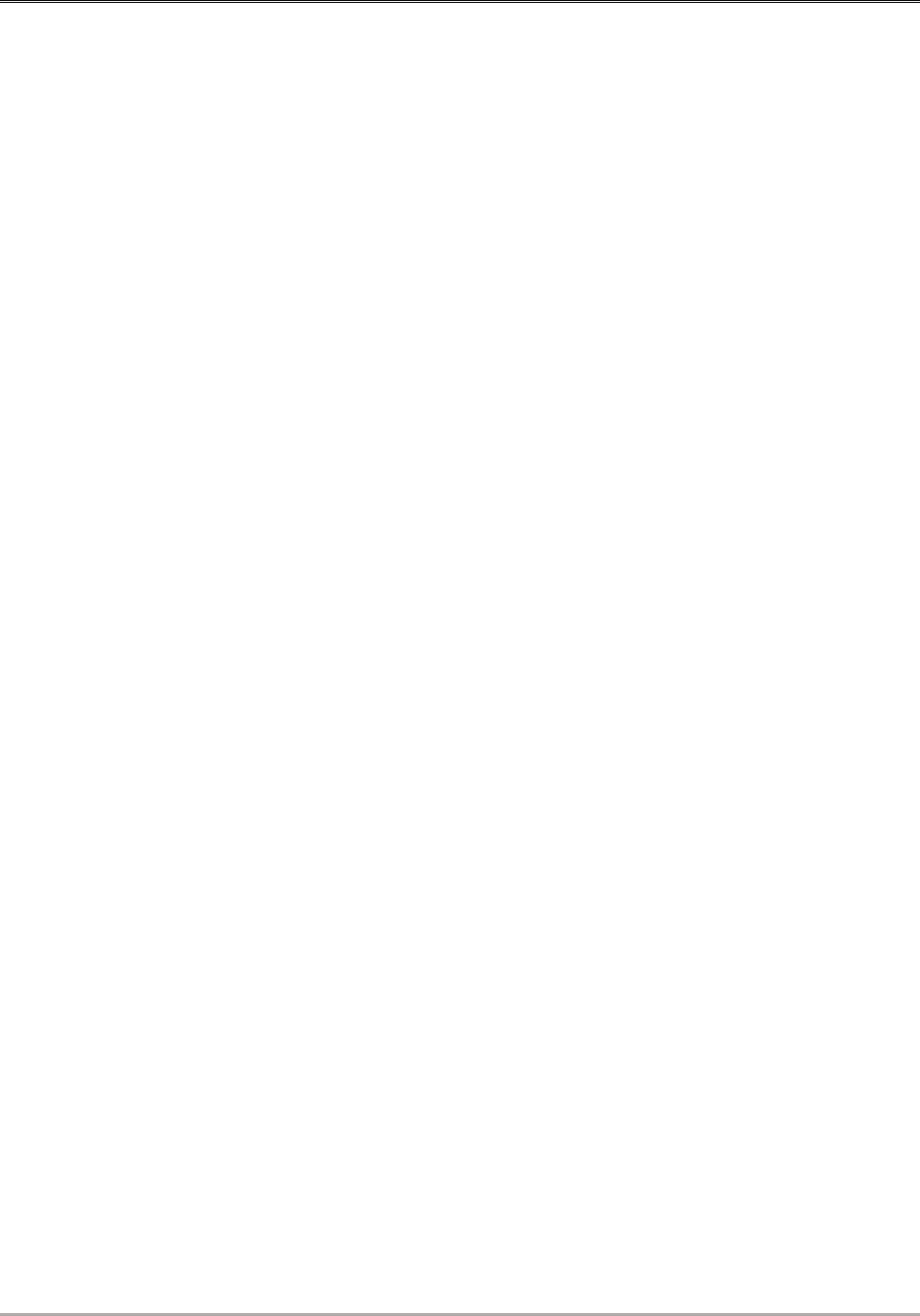
Columbia-Greene Community College 2023-2024 Catalog
267
Childhood Education - Teacher Education
Program/Social Science (A.A.) History
Concentration ............................................ 119
Civic Engagement and Leadership
Microcredential .......................................... 197
Classroom Expectation .................................... 35
CoGreene Presents ............................................ 15
College Board Advanced Placement Exam ..... 27
College Campus ............................................... 11
College Central ................................................ 47
College in the High School (CIHS) ................. 21
College Level Examination Program (CLEP) . 26
College or University Transcripts .................... 24
Columbia County Board of Supervisors ............ 3
Columbia-Greene Community College
Foundation Board of Directors ...................... 2
Columbia-Greene Community Foundation
Award Programs .......................................... 61
Community ...................................................... 10
Community Engagement and Professional
Development................................................ 14
Computation of Cumulative Average .............. 38
Computer Science (A.S.) ............................... 100
Concurrent Enrollment at Columbia-Greene
Community College ..................................... 22
Concurrent Enrollment Program for Qualified
High School Students .................................. 21
Construction Technology Building .................. 12
Construction Technology/Preservation
Carpentry (Certificate) ............................... 104
Cost of Attendance Estimated .......................... 51
Course Delivery Modalities ............................. 75
Course Descriptions ....................................... 203
Course Electives Key ....................................... 81
Course Load Limitations .................................. 29
Course Requirements ....................................... 36
Course Substitutions ........................................ 29
Credit for Life Experience ............................... 28
Crime Statistics ................................................ 49
Criminal Justice (A.A.) .................................. 107
Criminal Justice (A.A.S.) ............................... 109
Criteria for Testing ........................................... 18
Cross Registration of Full-Time Students ........ 29
Curriculum Changes and Second Degrees ....... 61
Customer Skills for Professions
Microcredential .......................................... 198
Cyber Security/Digital Forensics (A.S.) ........ 102
Day Care Center ............................................... 45
Deadline Dates for Verification ....................... 50
Dean's List and President’s List ....................... 40
Definitions........................................................ 16
Degree and Certificate Programs ..................... 69
Degree and Certificate Requirements .............. 69
Degree Applicable Credit Hours ..................... 50
Degree, Certificate and Microcredential
Programs ..................................................... 78
Delinquent Accounts ....................................... 64
Direct Loan Program ....................................... 53
Directory Information ...................................... 34
Disclosure of Completion, Persistence, and
Transfer Rates ........................................... 265
Discount Grades/Fresh Start ............................ 39
Dismissal ......................................................... 41
Dropping a Course ........................................... 30
DSST (DSST Subject Standardized Tests) ...... 26
ELL/ESL Placement Test ................................ 19
Employment..................................................... 75
English Proficiency .......................................... 23
Enrollment Status and Repeat Coursework ..... 59
Environmental Biology (A.S.) ....................... 133
Estimated Costs – Non NY Residents ............. 52
Estimated Costs – NY Residents ..................... 51
Excelsior External Degree Examinations ........ 28
Excelsior Scholarship ...................................... 57
Fall Academic Calendar .................................... 6
Federal College Work Study Programs
(FCWS) ....................................................... 53
Federal Financial Aid Programs ...................... 52
Federal Financial Aid Refund Policy for Total
Withdrawals ................................................ 68
Federal Student Aid Satisfactory Academic
Progress ....................................................... 58
Federal Supplemental Educational Opportunity
Grant (FSEOG) ........................................... 52
FERPA ............................................................. 31
Final Grades ............................................... 38, 39
Financial Aid ................................................... 50
Financial Need and Expected Family
Contribution ................................................ 51
Fine Arts (A.A.) ............................................. 135
FOCUS2 Career Tool ...................................... 46
Foreign Student Financial Statement ............... 23
Foundations of Diversity, Equity and Inclusion
(DEI) Microcredential ............................... 199
Fresh ................................................................ 39
Further Education ............................................ 75
Further Education and Employment Outcomes
Measures ..................................................... 75
Galleries ........................................................... 12
General Financial Aid Requirements ............... 50
General Information .......................................... 9
Goals .................................................................. 9
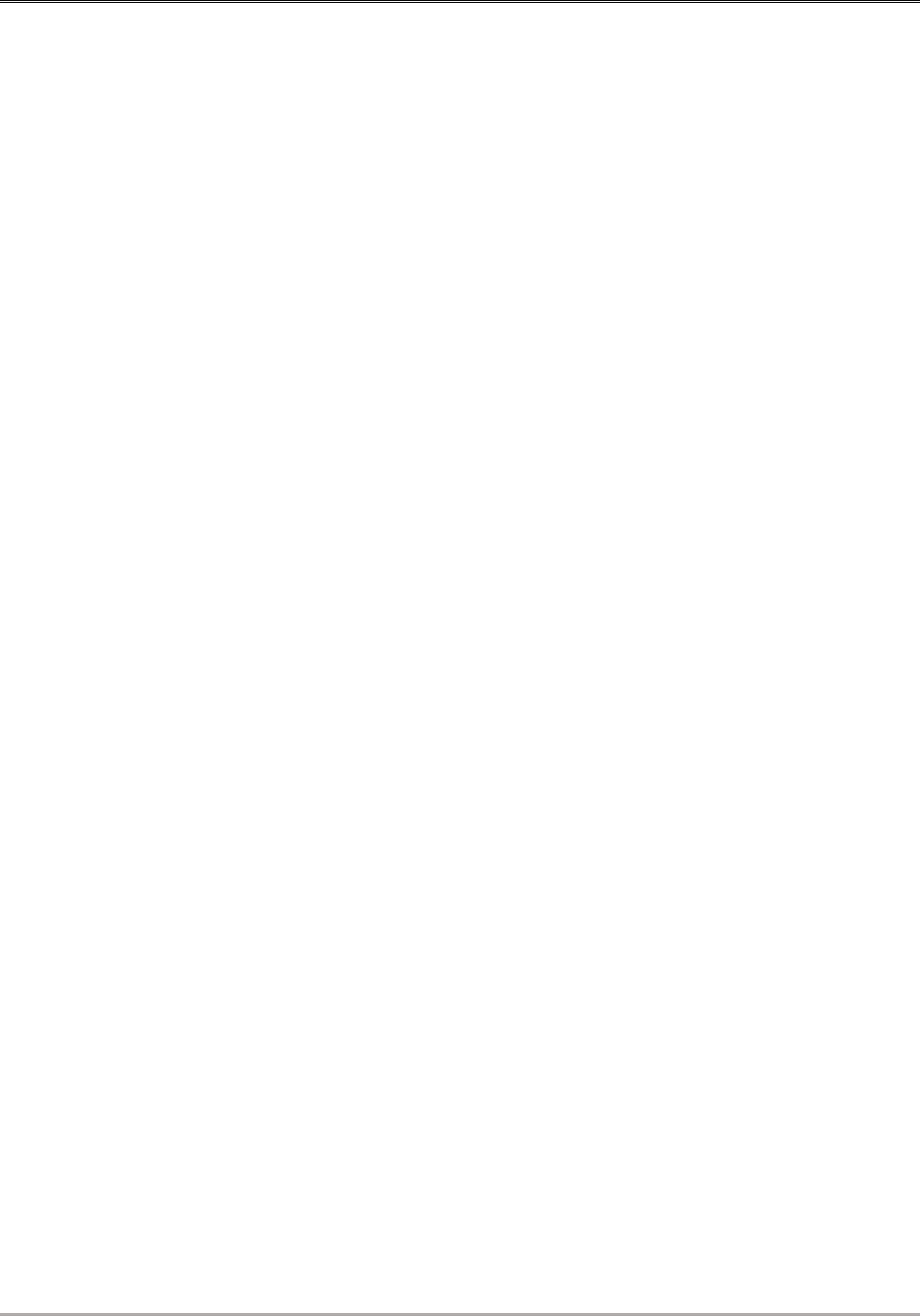
Columbia-Greene Community College 2023-2024 Catalog
268
Good Academic Standing ................................ 40
Grade Change................................................... 39
Graduation with Honors or High Honors ......... 69
Greene County Legislators ................................ 3
Health Care Facilitator Microcredential ........ 200
Health Services/College Nurse ........................ 49
High School Completion Status ....................... 51
High School or Secondary School Transcript .. 23
Homeschooled Applicants ............................... 22
Honors Studies Program .................................. 41
Hudson River Environmental Field Station ..... 12
Human Services (A.S.) .................................. 137
Hybrid Course Delivery ................................... 75
Hybrid Remote Course Delivery...................... 75
Hyflex Course Delivery ................................... 75
Identity and Statement of Educational Purpose60
Immunization Requirements for College
Students ....................................................... 20
In Person with Remote Option Course
Delivery ....................................................... 76
Independent Study ........................................... 31
Individual Studies (A.A.) ............................... 139
Individual Studies (A.A.S.) ............................ 141
Individual Studies (A.O.S.) Automotive
Technology Concentration ........................ 142
Individual Studies (A.O.S.) Automotive
Technology Concentration;
Business/Accounting Concentration;
Computer Science Concentration;
Construction Technology Concentration ... 142
Individual Studies (A.O.S.)
Business/Accounting Concentration.......... 142
Individual Studies (A.O.S.) Computer Science
Concentration ............................................ 142
Individual Studies (A.O.S.) Construction
Technology Concentration ........................ 142
Individual Studies (A.O.S.) Police Basic
Training Concentration .............................. 142
Individual Studies (A.S.) ................................ 140
In-Person Course Delivery ............................... 75
Institutional Degree Requirements................... 70
Internal (C-GCC) Challenge Examinations ..... 27
International Students ...................................... 23
Jointly Registered Teacher Education Program
with SUNY New Paltz ............................... 112
Jointly Registered Teacher Education Program
with SUNY New Paltz/Certification Option
Adolescence ............................................... 132
Jointly Registered Teacher Education Program
with SUNY New Paltz/Certification Option
Childhood .................................................. 121
Laptop and Calculator Loan Programs ............ 47
Liberal Arts and Science – Mathematics/Science
(A.S.) Chiropractic Medicine
Concentration ........................................... 153
Liberal Arts and Science – Mathematics/Science
(A.S.) Health Concentrations .................... 150
Liberal Arts and Science – Mathematics/Science
(A.S.) Health Sciences Concentration ....... 151
Liberal Arts and Science – Mathematics/Science
(A.S.) Medical Imaging/Radiography X-ray
or Ultrasound Concentration ..................... 155
Liberal Arts and Science – Mathematics/Science
(A.S.) Occupational Therapy
Concentration ............................................ 159
Liberal Arts and Science – Mathematics/Science
(A.S.) Pharmacy Concentration ................ 161
Liberal Arts and Science – Mathematics/Science
(A.S.) Physical Therapy Concentration ..... 157
Liberal Arts and Science – Mathematics/Science
(A.S.) Physician Assistant Concentration . 163
Liberal Arts and Science–Humanities (A.A.) 144
Liberal Arts and Science–Humanities (A.A.)
Communication Concentration ................. 146
Liberal Arts and Science—Mathematics/Science
(A.S.) ......................................................... 148
Liberal Arts and Science–Social Science
(A.A.) ........................................................ 165
Liberal Arts and Science–Social Science
(A.A.) History Concentration .................... 169
Liberal Arts and Science–Social Science (A.A.)
Psychology Concentration................. 167, 170
Library and Media Services ............................. 44
Licensed Practical Nurse (LPN) Challenge
Opportunities ............................................. 183
Location of the OAS ........................................ 48
Main Building .................................................. 11
Medical Assisting (A.A.S.) ............................ 171
Medical Office Assistant (Certificate) ........... 176
Microcredentials ............................................ 195
Mission .............................................................. 9
Multiple Degrees at C-GCC ............................ 24
Multiple Measures and Placement Tests ......... 19
New York State Aid for Part Time Study
(APTS) ........................................................ 56
New York State Financial Aid ......................... 55
New York State Part-Time Scholarship (PTS) 56
New York State Satisfactory Academic
Progress ....................................................... 55
Non-credit Courses .......................................... 14
Non-Traditional Degrees ................................. 75
Note to Parents ................................................. 34
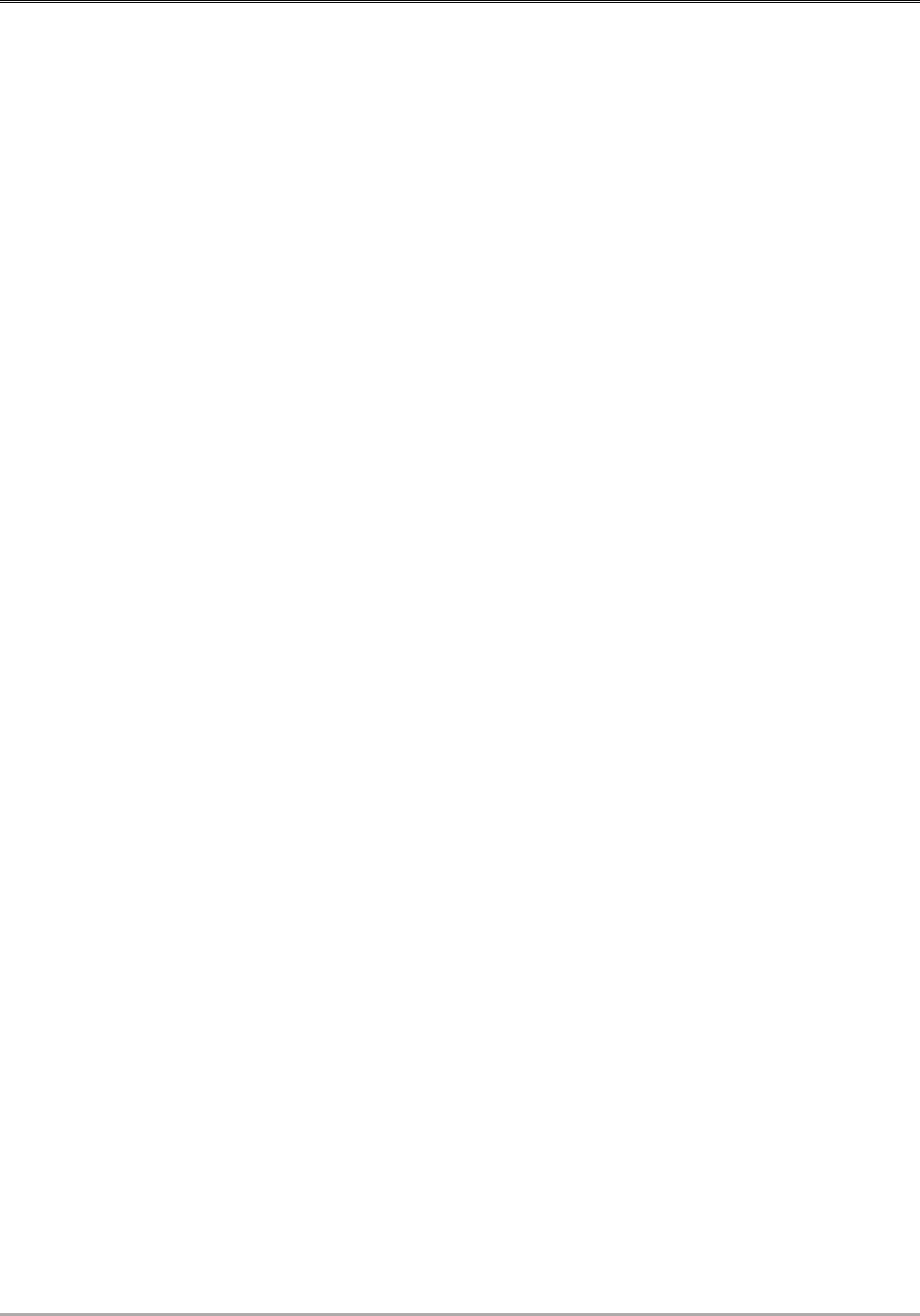
Columbia-Greene Community College 2023-2024 Catalog
269
Notification to Student of Required
Documentation of Verification .................... 50
Nursing ........................................................... 178
Nursing Licensure and Degree Transfer ........ 186
Nursing Program Curriculum......................... 188
Nursing Program Progression ........................ 186
Nursing Scholarships ....................................... 62
NVRA .............................................................. 48
NYS Scholarship Programs ............................. 57
Off-Campus Housing ....................................... 48
Office of Accessibility Services ....................... 47
Office of Career Success .................................. 46
Older Adult Audit ............................................ 29
Orientation ....................................................... 49
Other Scholarships ........................................... 63
Pell Grants ........................................................ 52
PHI THETA KAPPA Honor Society ............... 43
Placement Test Retesting ................................. 18
Police Basic Training (Certificate) ................ 191
President’s List................................................. 40
Presidential Scholarships ................................. 62
Prior Learning Assessment .............................. 25
Probation .......................................................... 40
Professional Academic Center ......................... 11
Re-admission.................................................... 24
Refund Policy................................................... 67
Regaining Eligibility for Federal Student Aid . 59
Registration Policies ........................................ 29
Repeating Courses ........................................... 39
Returning Nursing Students ........................... 184
Schedule of Tuition and Fees ........................... 66
Semester Credit Hour ....................................... 39
Sexual Harassment Policy ................................ 49
Small Business Microcredential..................... 201
Sponsors ........................................................... 10
Spring Academic Calendar ................................ 7
State University of New York ........................ 263
Student Access to Records ............................... 35
Student Activities and Clubs ............................ 45
Student Conduct ............................................... 35
Student Loan Program ..................................... 53
Student Records ............................................... 31
Student Review Committee ............................. 18
Student Rights .................................................. 35
Student Success Center .................................... 44
Summer Academic Calendar ............................. 8
SUNY .............................................................. 74
SUNY Board of Trustees ................................... 3
SUNY Chancellor’s Office ................................ 3
SUNY General Education Knowledge and Skill
Areas ........................................................... 72
SUNY General Education Program ................. 72
Synchronous Remote Course Delivery ............ 75
Table of Contents ............................................... 4
TAP – NYS Tuition Assistance Program ........ 55
TAP (with ADA) ............................................. 56
TAP Payments ................................................. 56
Teacher Education Program .......................... 111
Teaching Assistant (Certificate) .................... 193
Technology Center .......................................... 11
Testing in the Student Success Center ............. 44
Timing of Evaluations and Evaluation Process 58
Title IX .............................................................. 1
Training for Business and Industry .................. 14
Transcripts ................................................. 38, 39
Transfer Articulation Agreements ................... 74
Transfer Credit ................................................. 25
Transfer Credit - Previous College Work ........ 25
Transfer Opportunities ..................................... 71
Transfer Opportunities/Articulation
Agreements ................................................. 74
Transfer Policies and Prior Learning Assessment
for Advanced Standing ................................ 25
Transfer Students in Nursing ......................... 185
Tuition and Fees .............................................. 64
Tuition Refunds ............................................... 64
Tuition Residency ............................................ 64
Unsatisfactory Academic Progress Status ....... 58
Unusual Enrollment History ............................ 60
Values ................................................................ 9
Verification Procedures (Financial Aid) .......... 50
Veteran's Tuition Deferrals .............................. 65
Vision................................................................. 9
Waiver of Requirements .................................. 29
Warning Notices ........................................ 38, 39
William D. Ford Direct Loan Program ............ 53
Withdraw/Drop ................................................ 61
Withdrawal ...................................................... 30
Work Study ...................................................... 53
Workforce New York ...................................... 14
Workplace Professionalism Microcredential . 202
Year Round Federal Pell Grants ...................... 52
